PROJECTS > WILD PLACE
Micah Blumenthal, Artist, Community Activist, Greenhouse Director, Good Work Institute
ABOUT THE PROJECT: Wild Place is the English translation of Wiltwyck, the original name given to Kingston, New York, in 1661 by Peter Stuyvesant and the Dutch who were facing fierce resistance from local Native Americans. My wife Tereza and I recently moved back to Kingston after a decade away and can see lots of changes, with more to come. It seems like an important moment. As a documentary photographer and artist I am very interested in understanding our community and finding connections that remind us of our shared humanity in the midst of transition. By shooting a series of portraits and video interviews of folks from all walks of Kingston life, I’m doing just that. There are more artists per capita here than any city in America, according to BusinessWeek, and a large number of young people, families and retirees arriving every week from New York City, Austin, Seattle, San Francisco and all over. There are a host of new world-class restaurants, small tech startups, new factory to loft conversions, boutique hotels and even two new movie studios. This growth means that the challenge of gentrification is rising along with income disparity. Concerns about these changes are apparent in some interviews, which you can watch below. When I look back on the places we’ve lived over the years it was always the relationships that made a place our home - this project is starting to make us feel at home. Thanks to everyone who has participated and to those who participate in the future.
A special thanks to artist Deborah Mills Thackrey for producing the project.
Now Available: WILD PLACE: PEOPLE OF KINGSTON VOL. 1
GRAZIANO TECCHIO
“My plan for the future is to basically stay healthy. Physically and mentally healthy. Because a good chef is burnt out. A great chef is burned out twice. ”
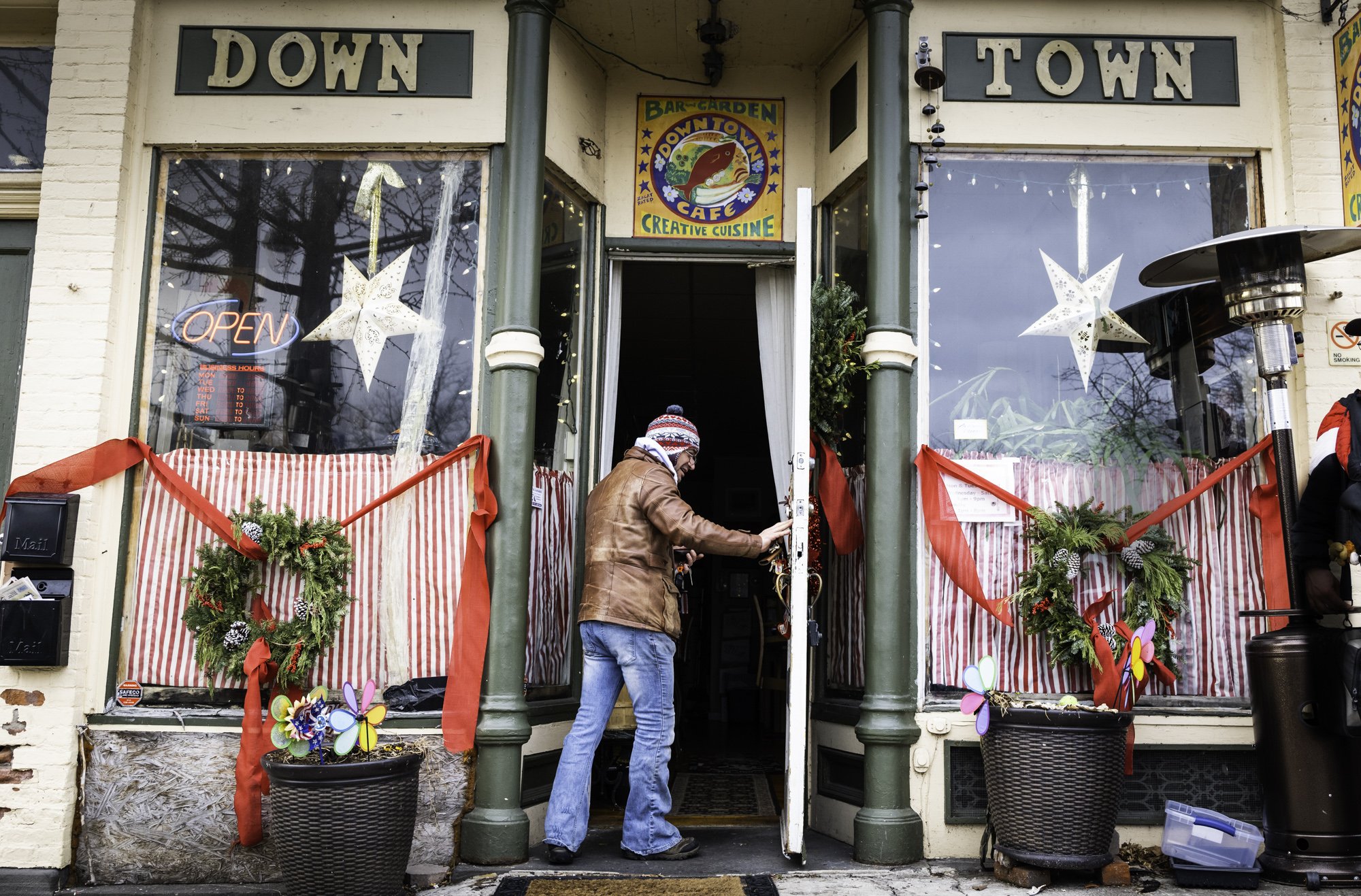
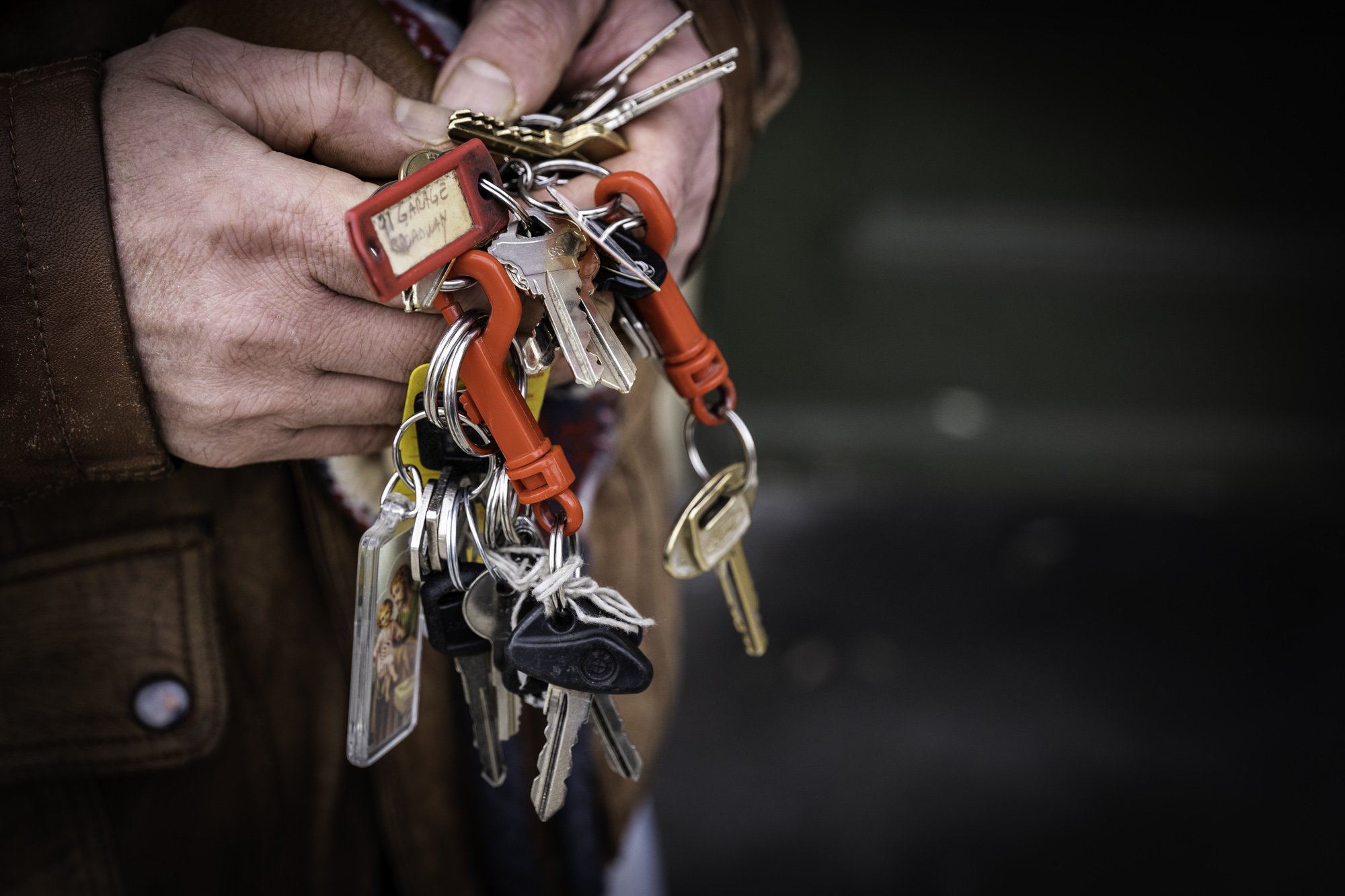
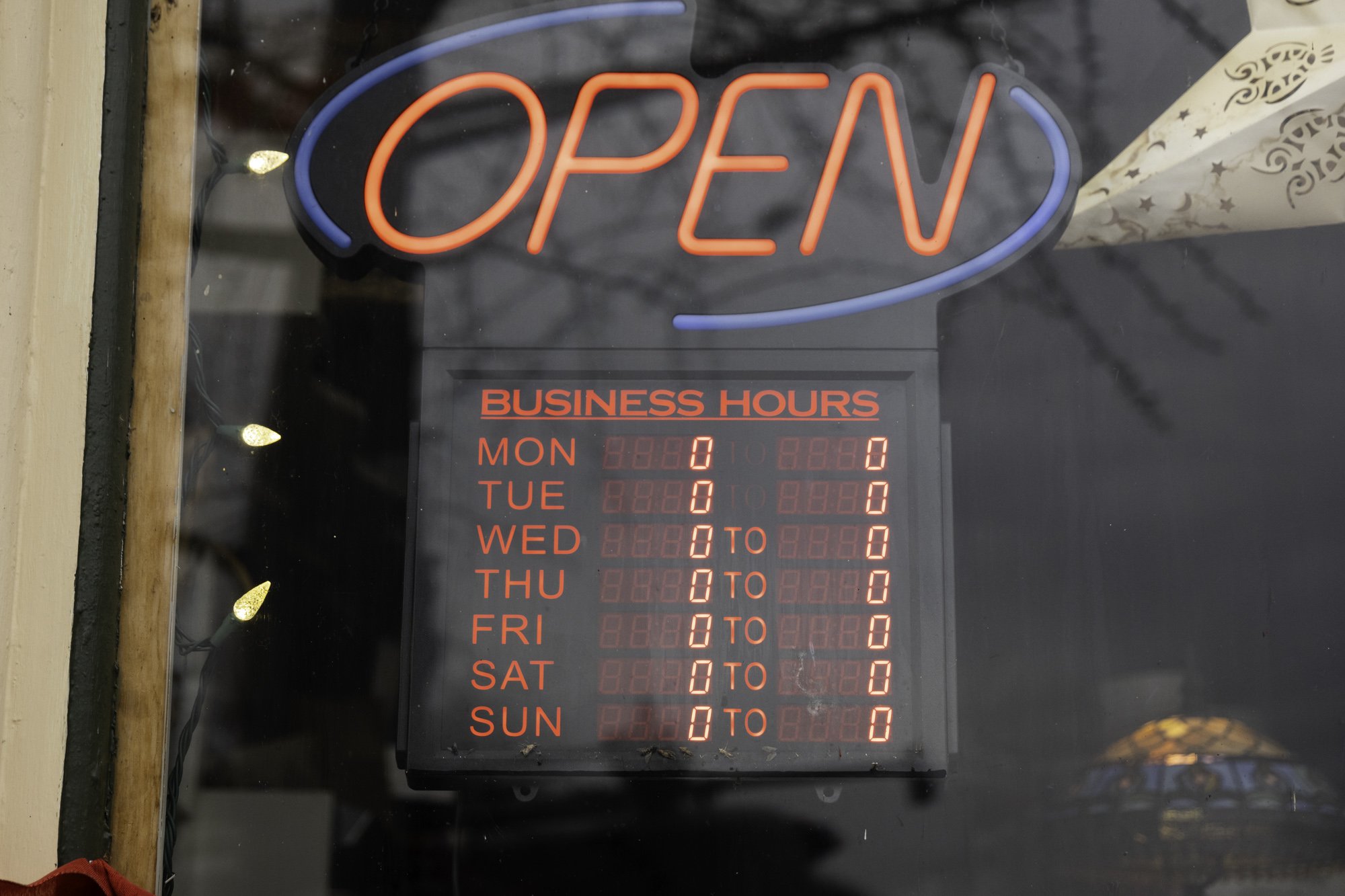
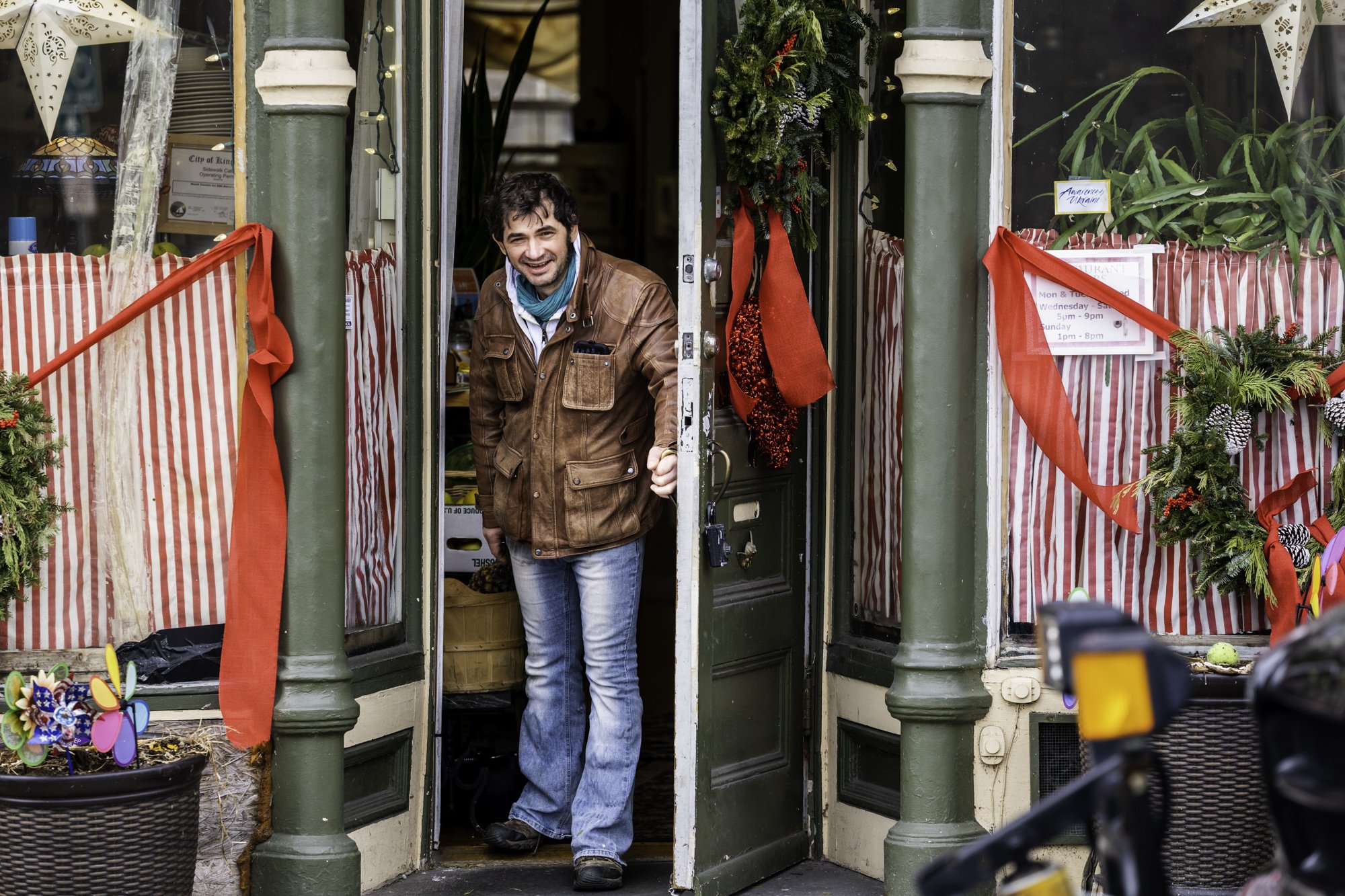
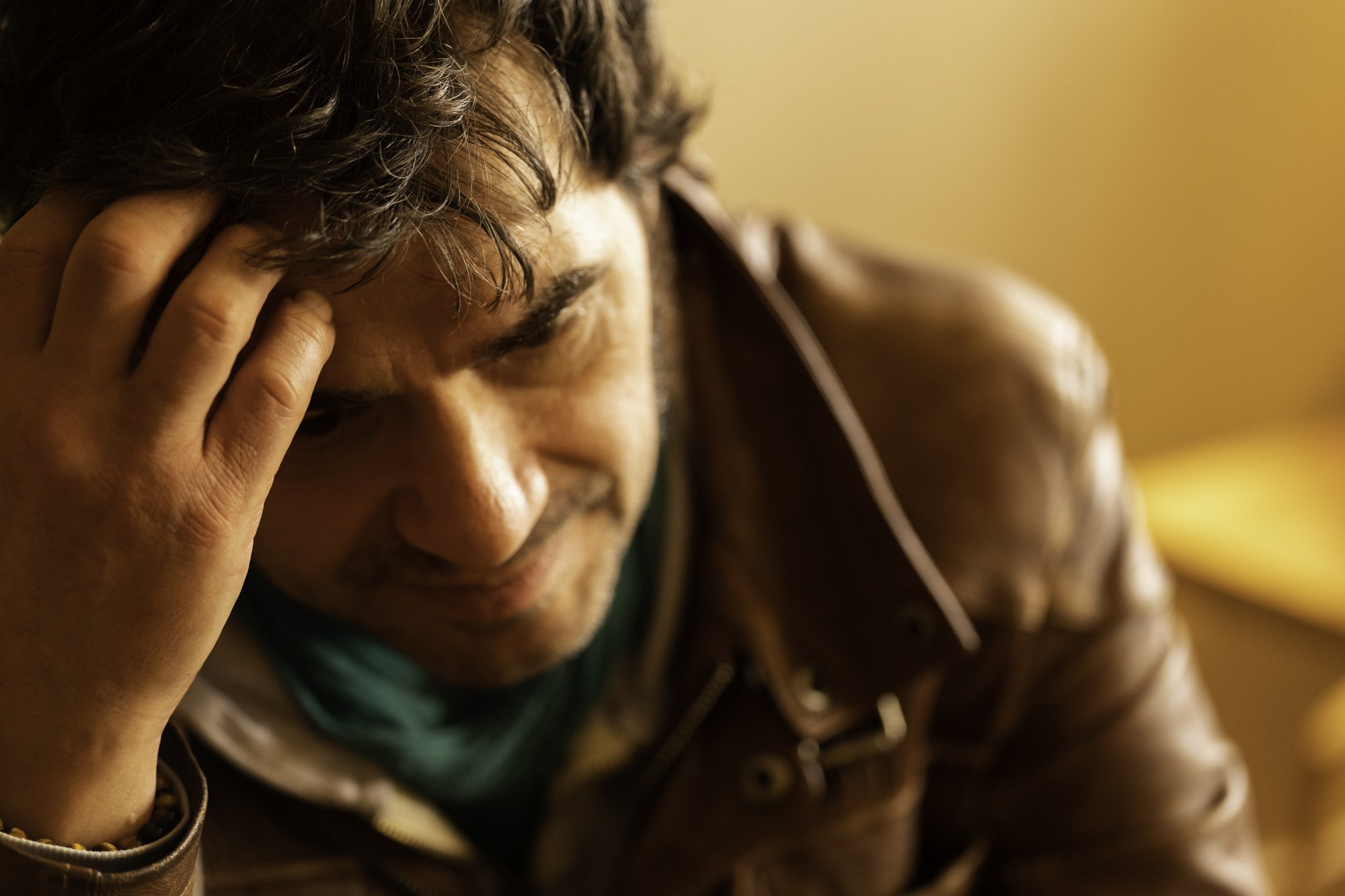
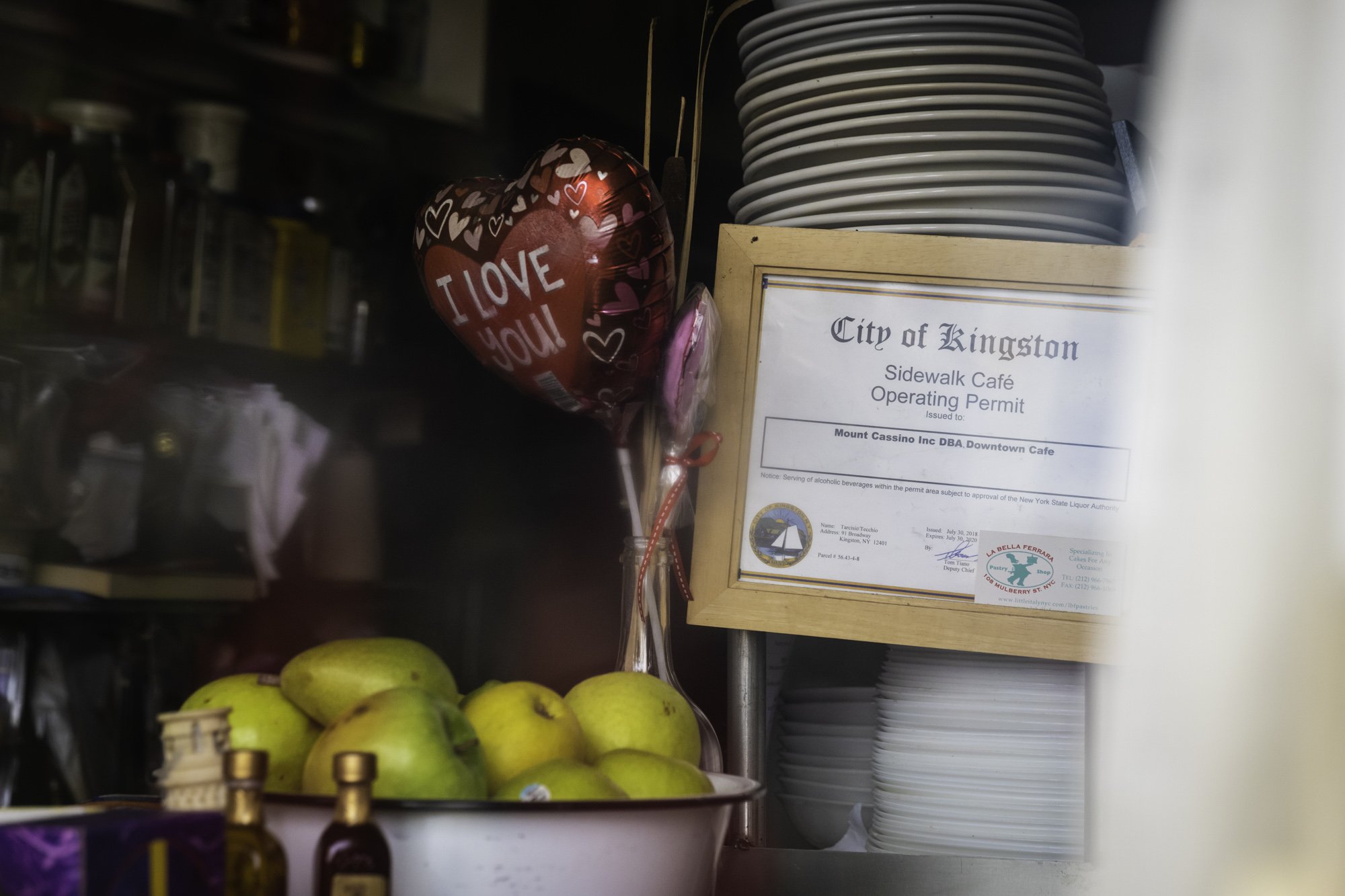
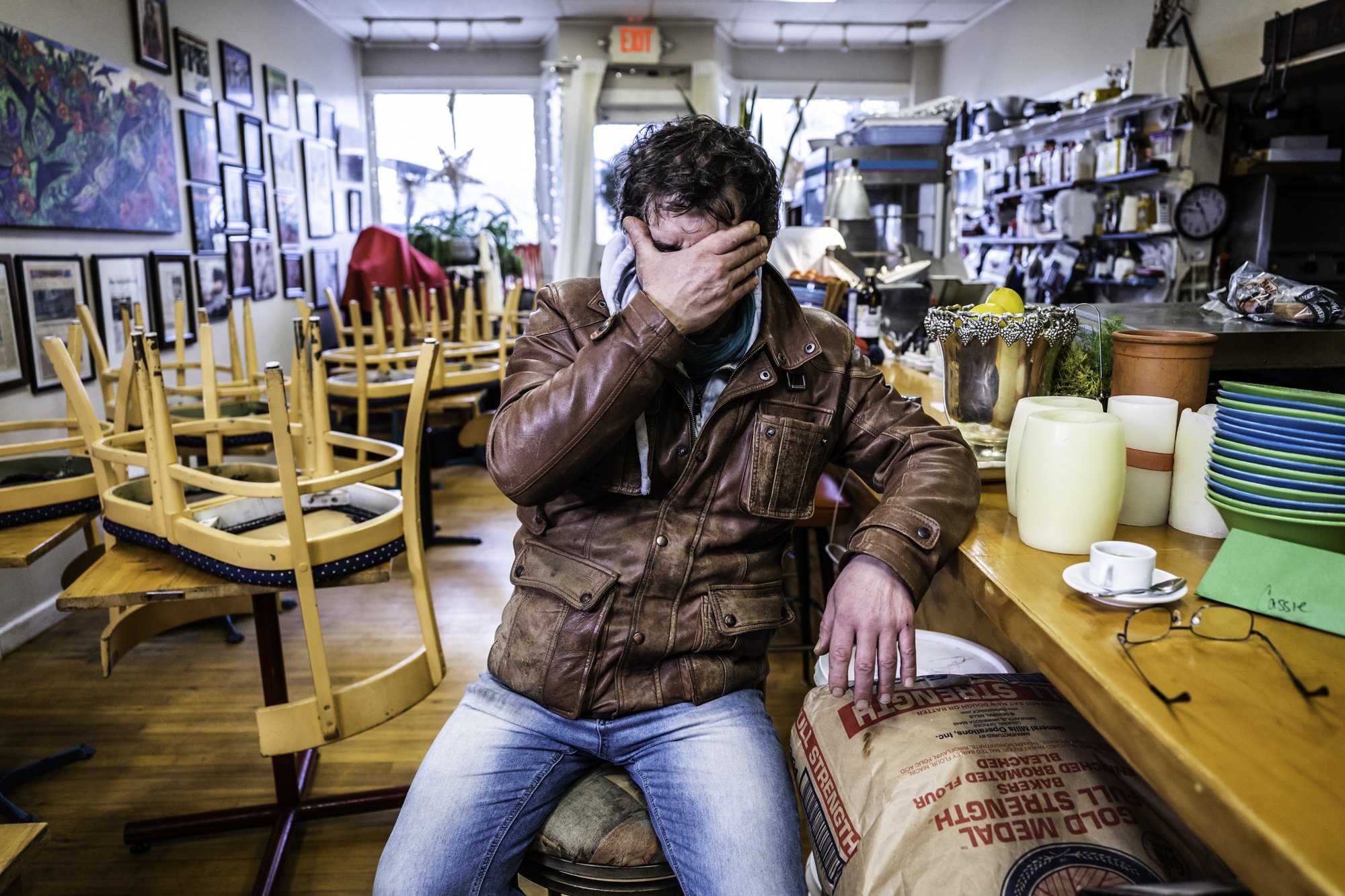
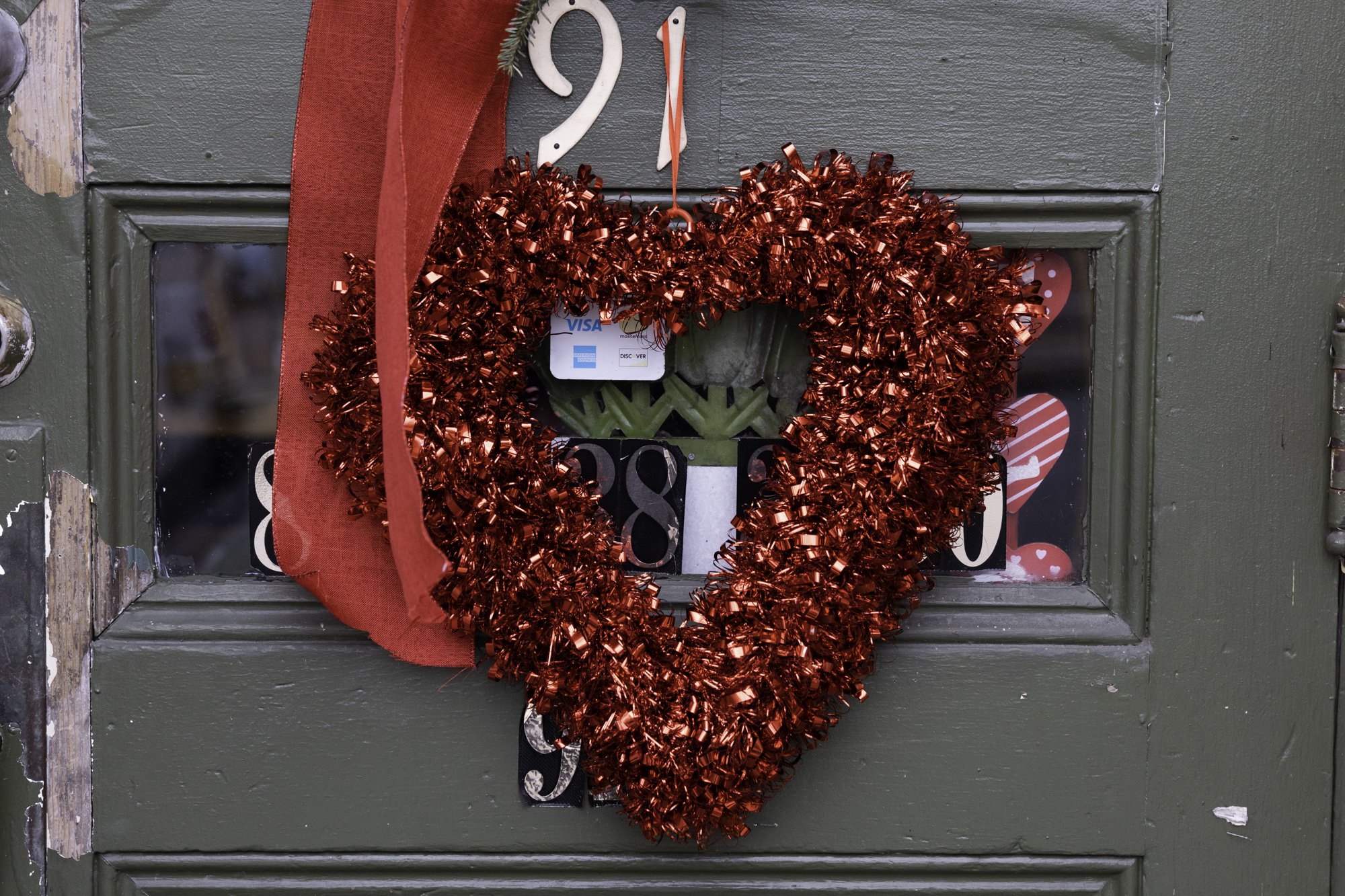
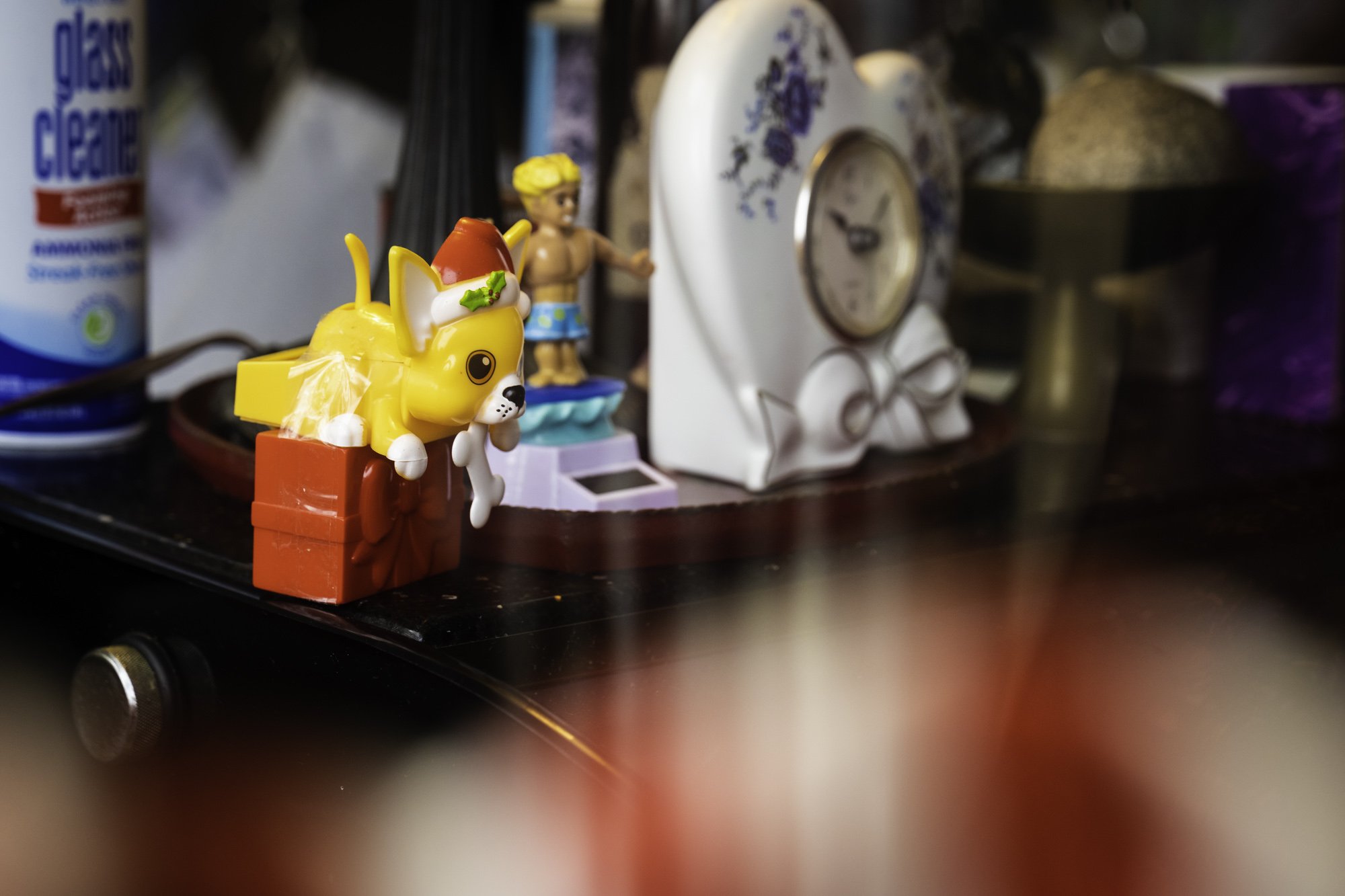
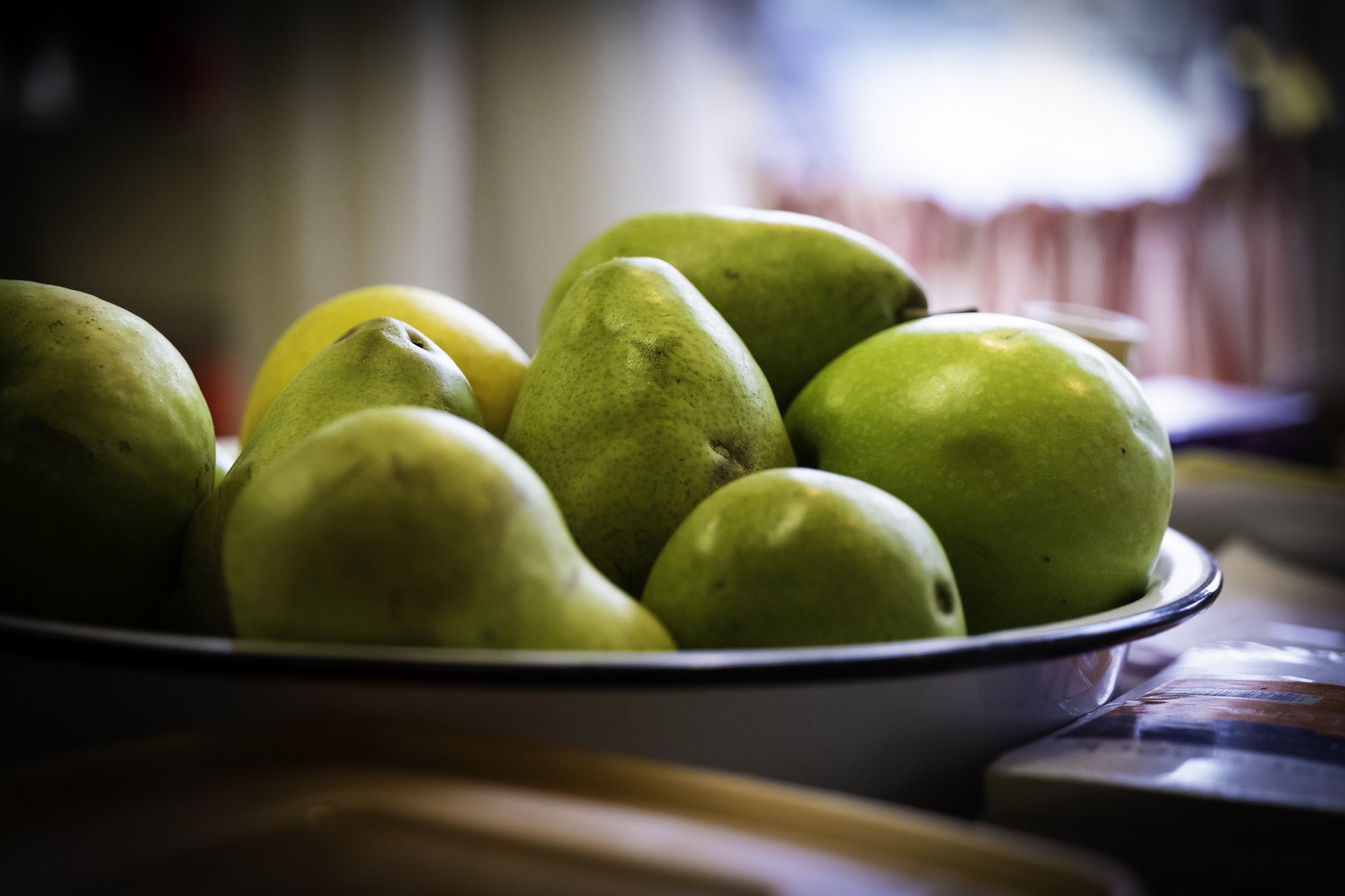
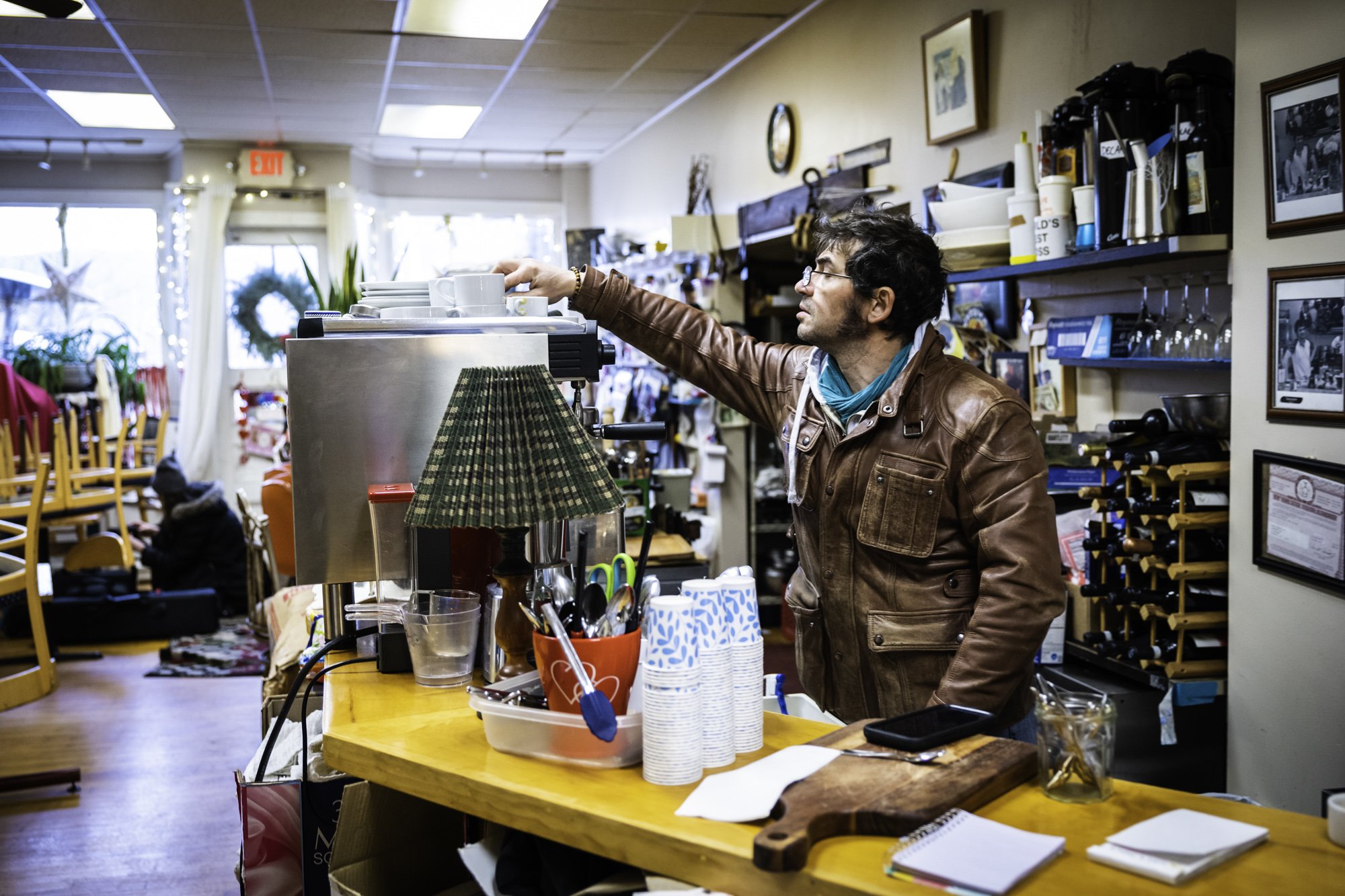
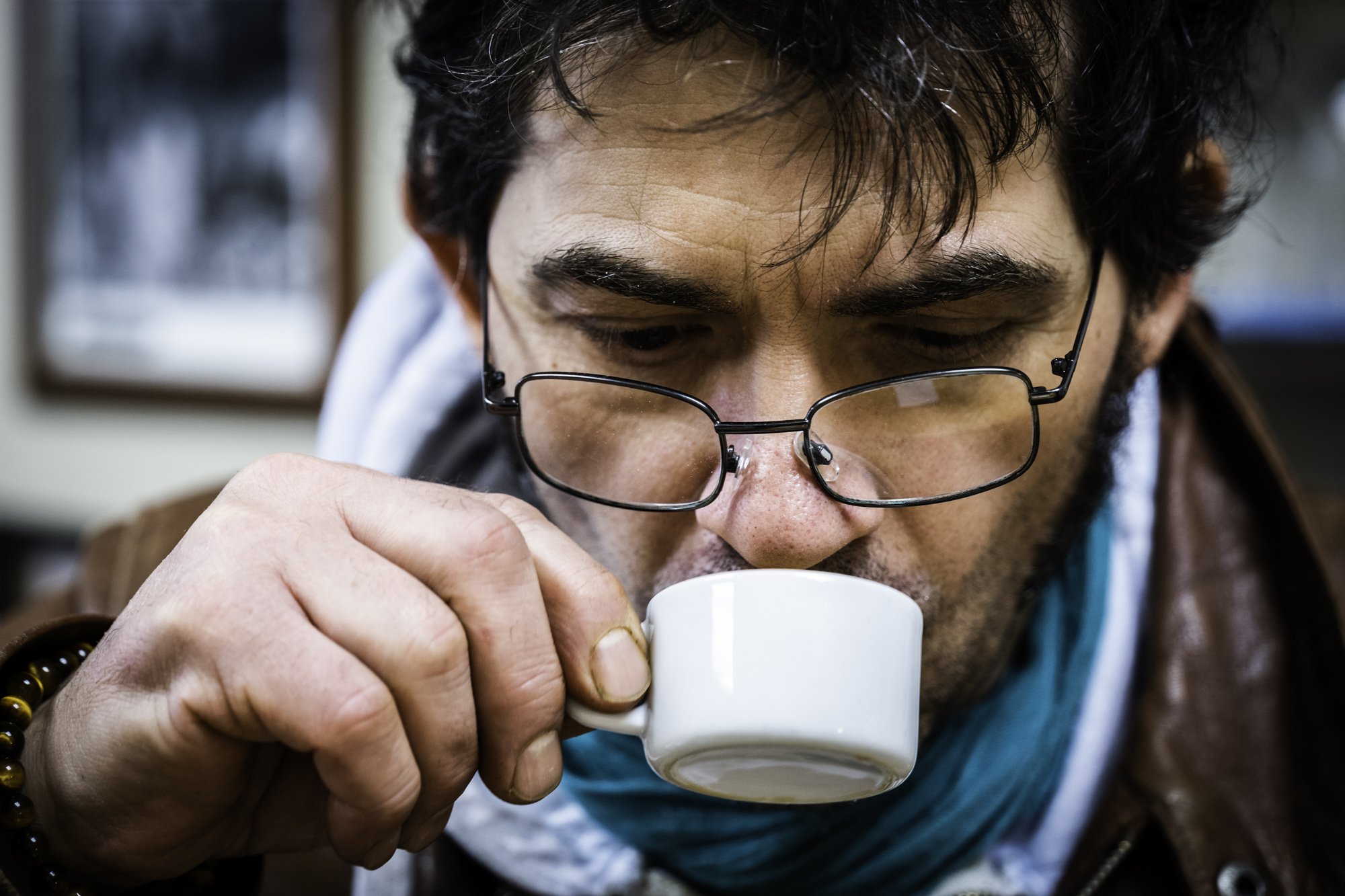
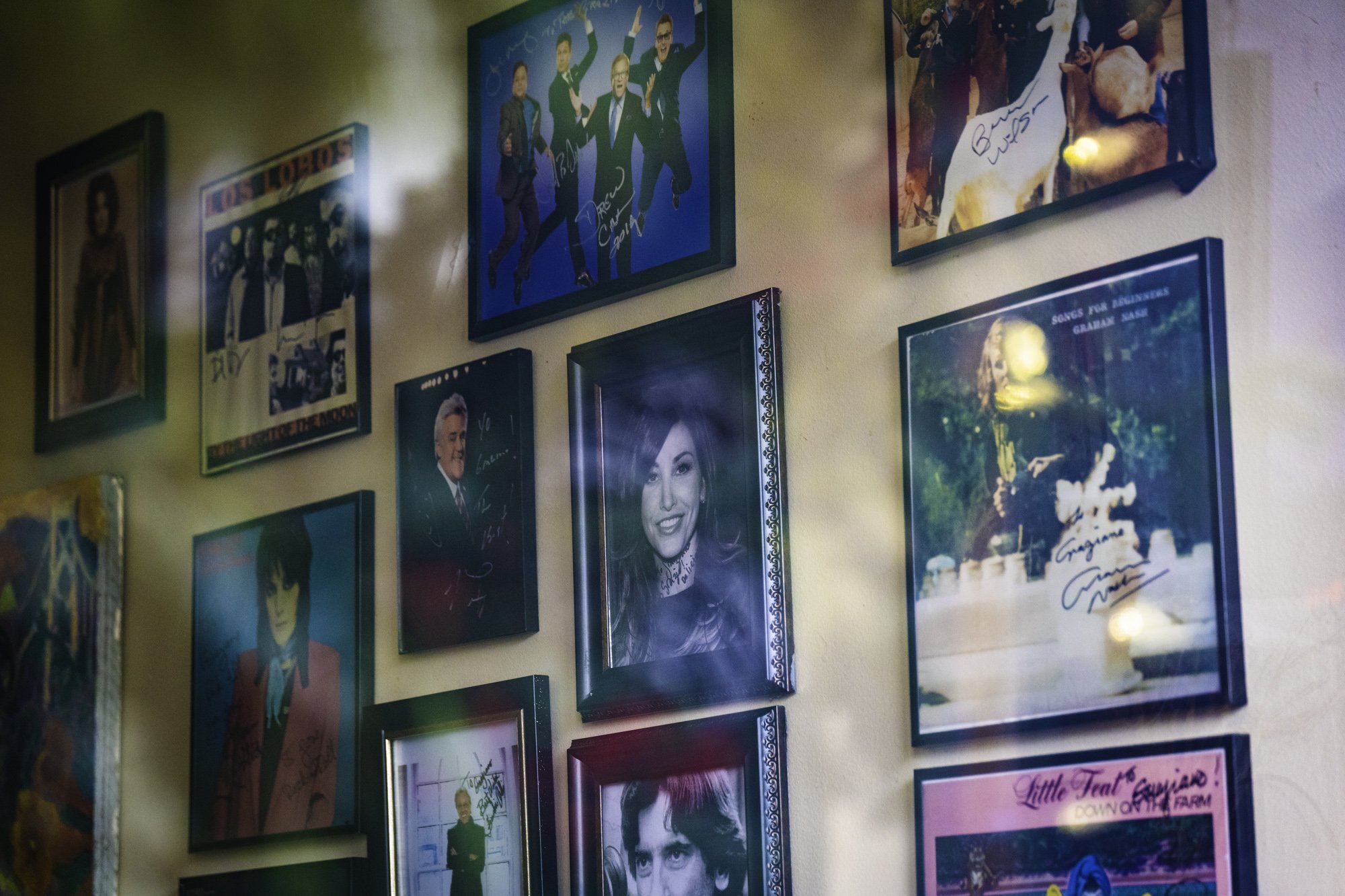

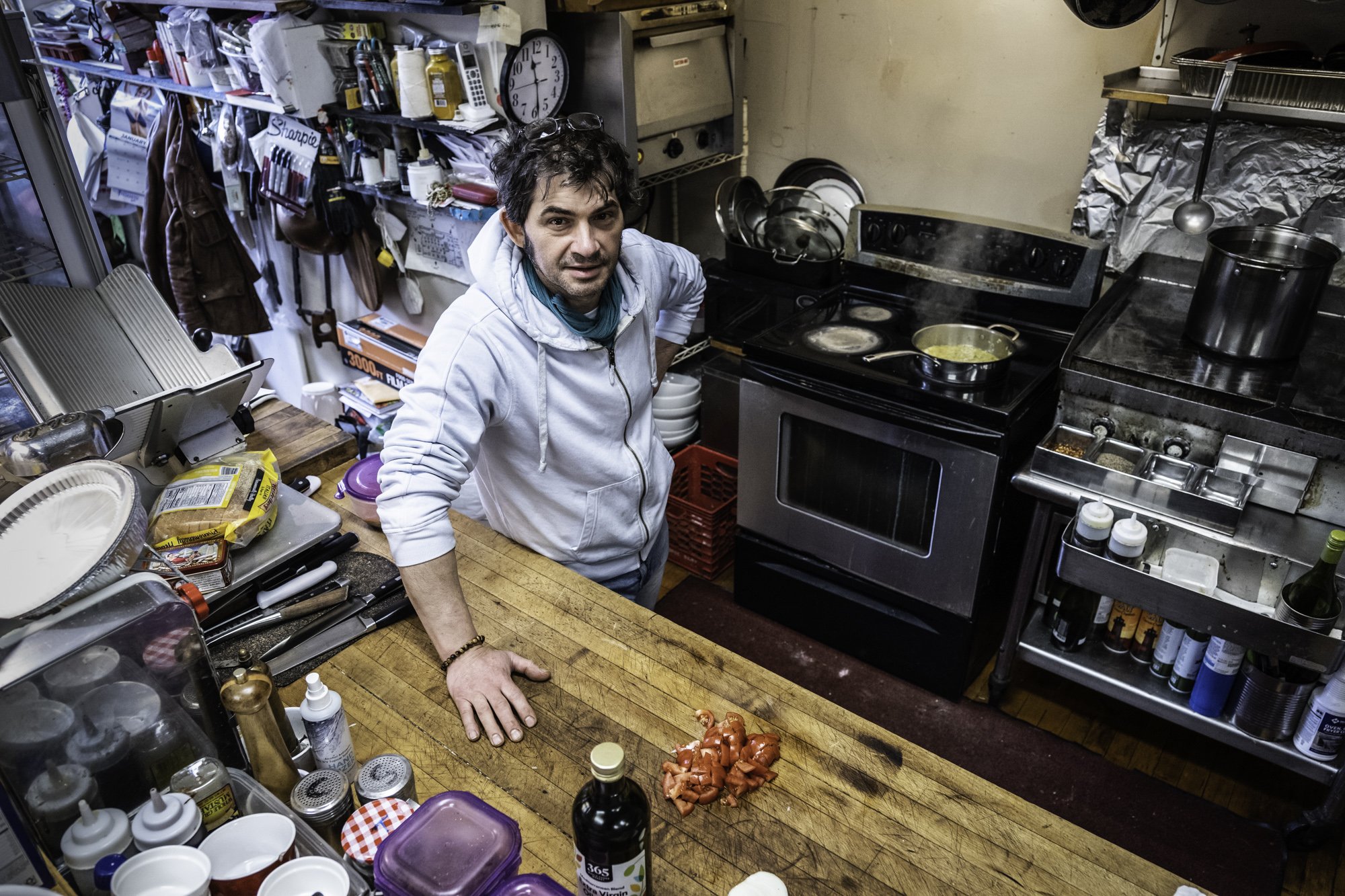
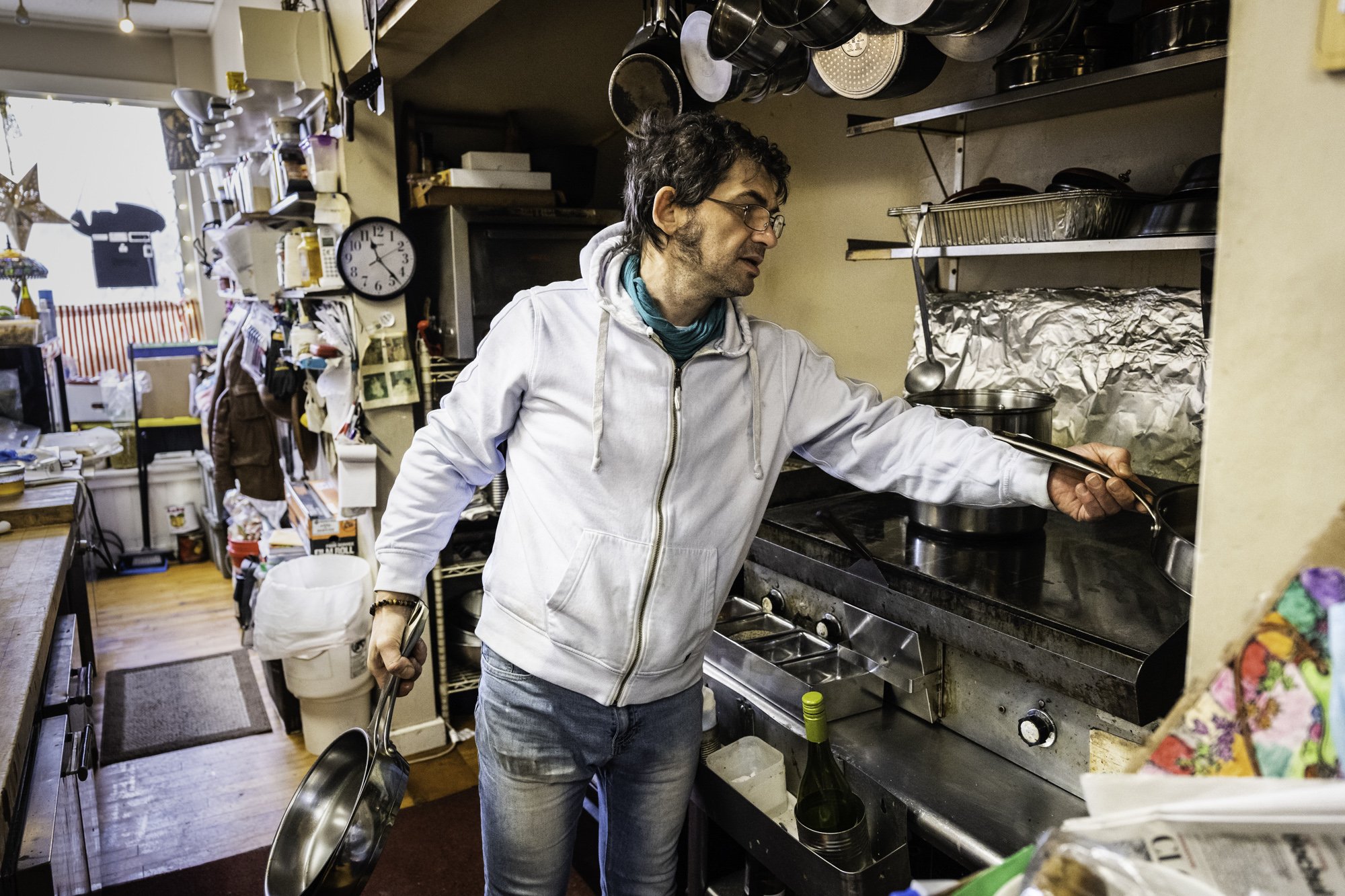
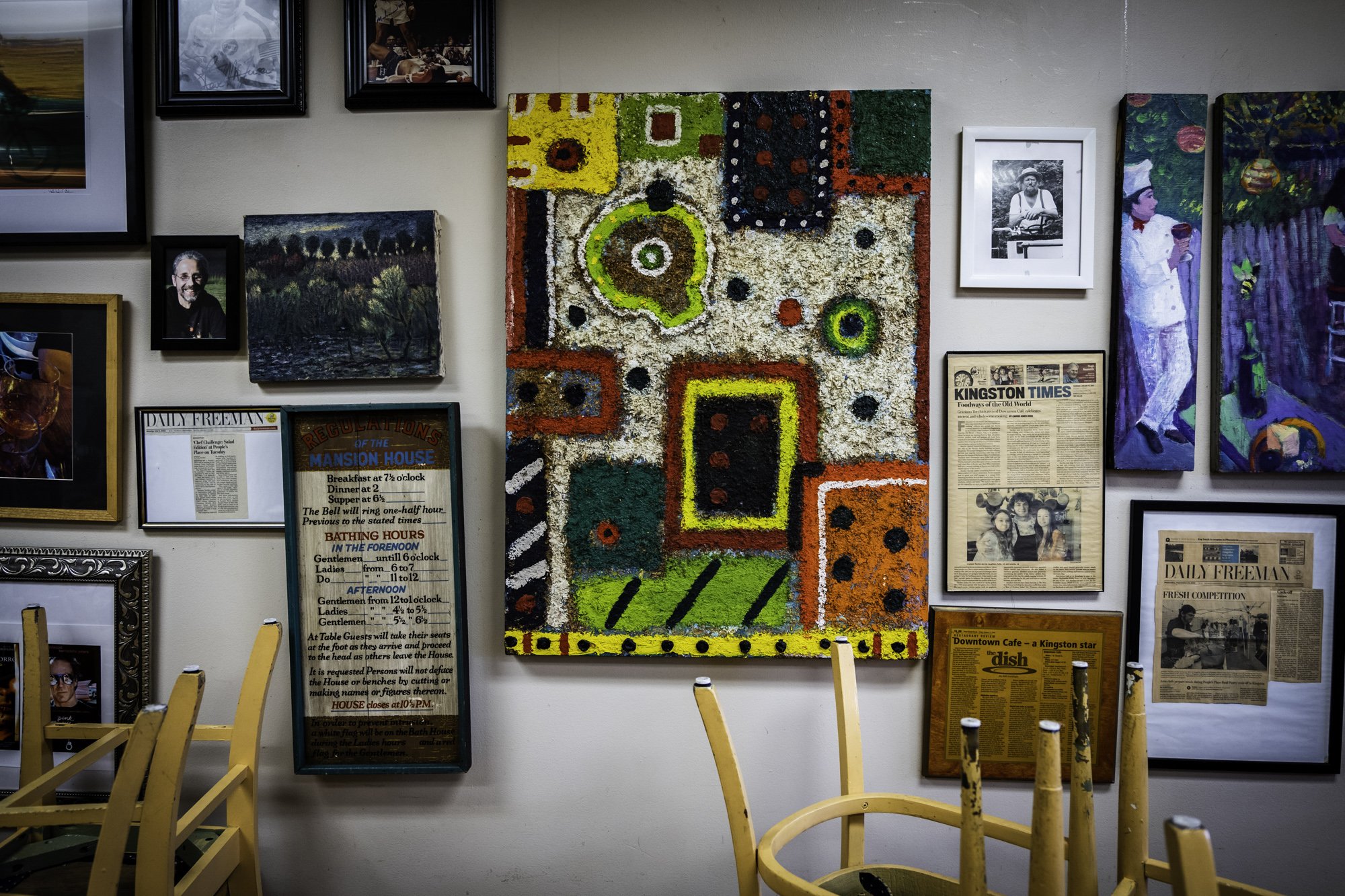
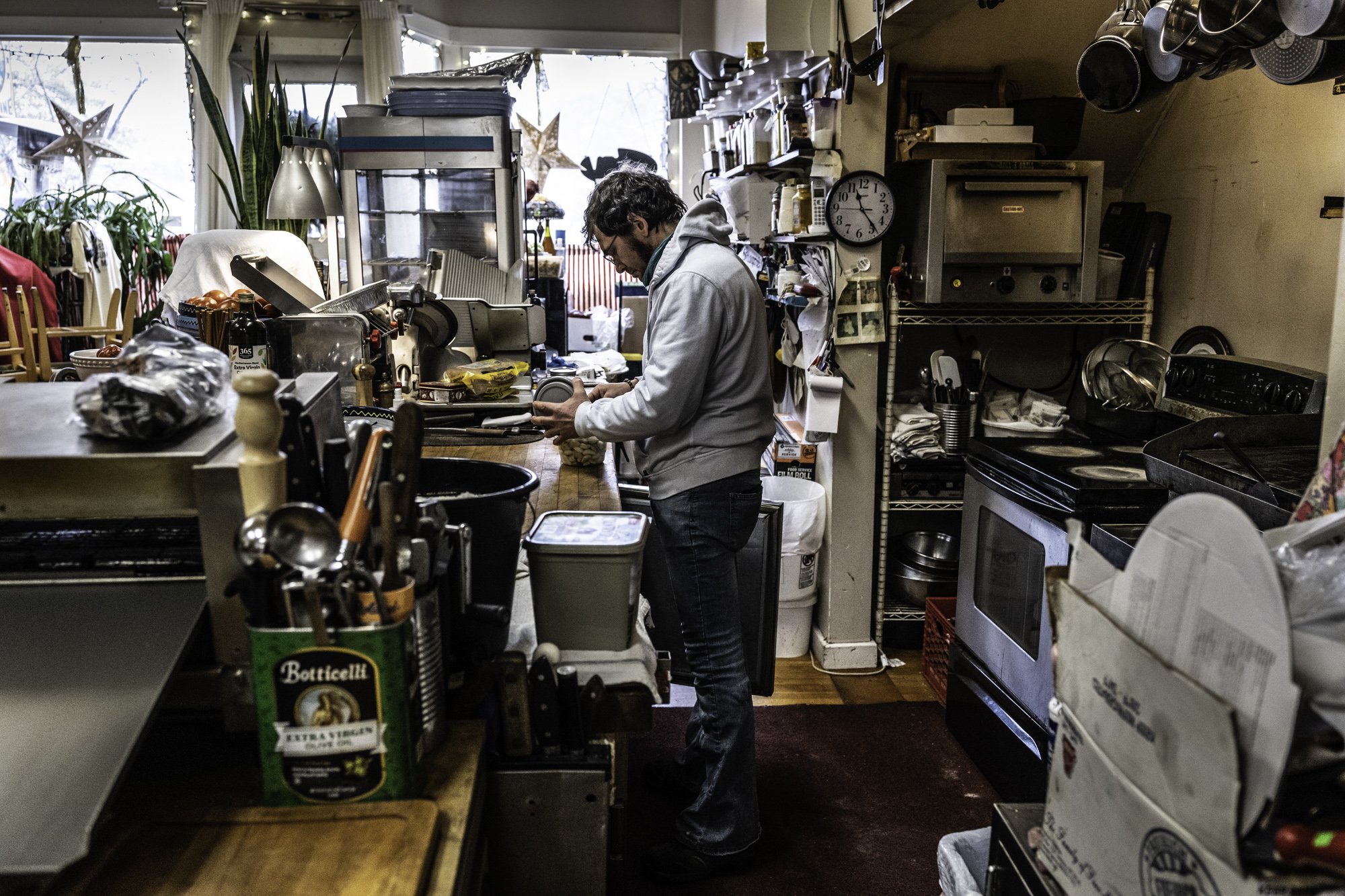
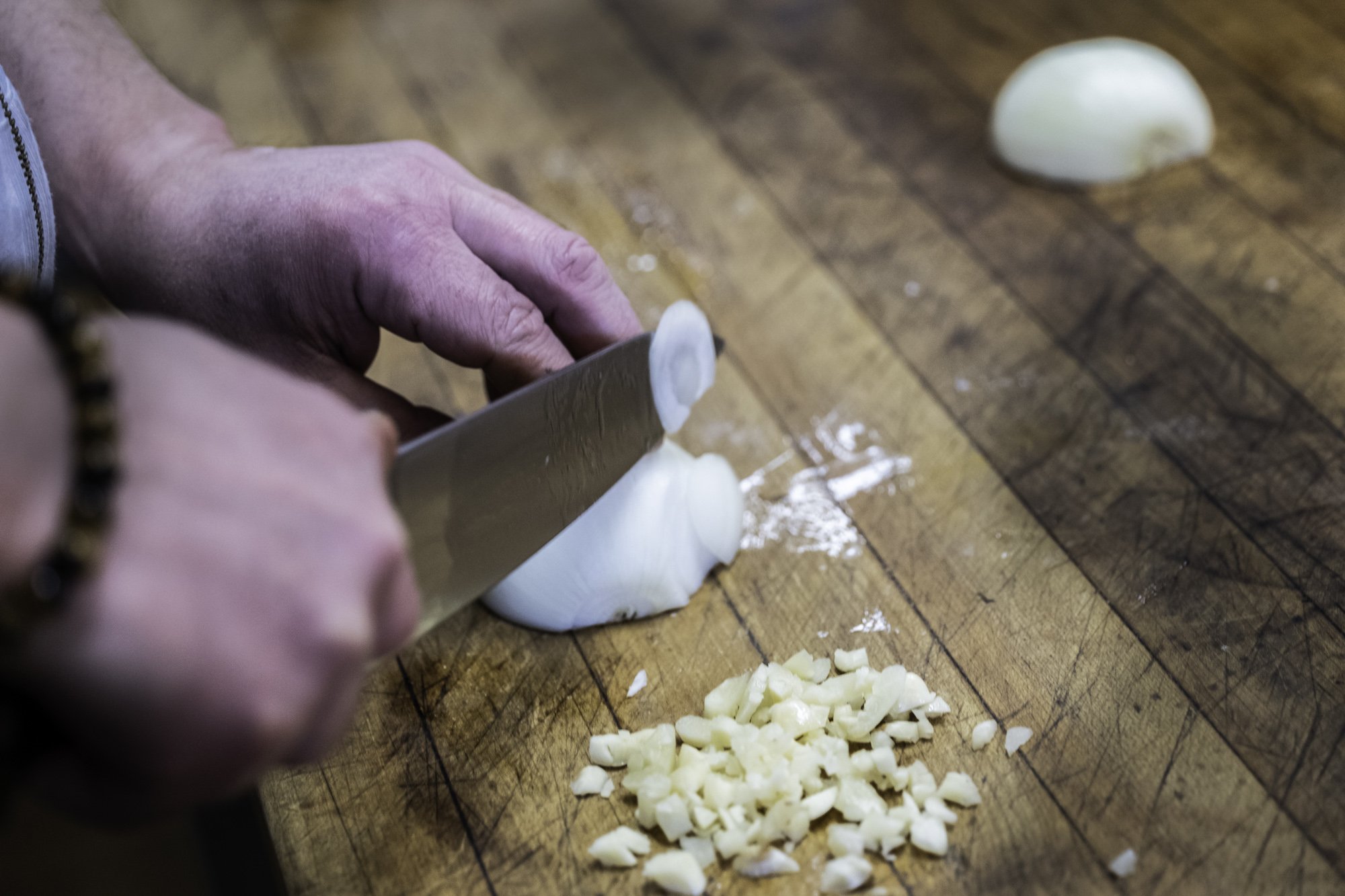
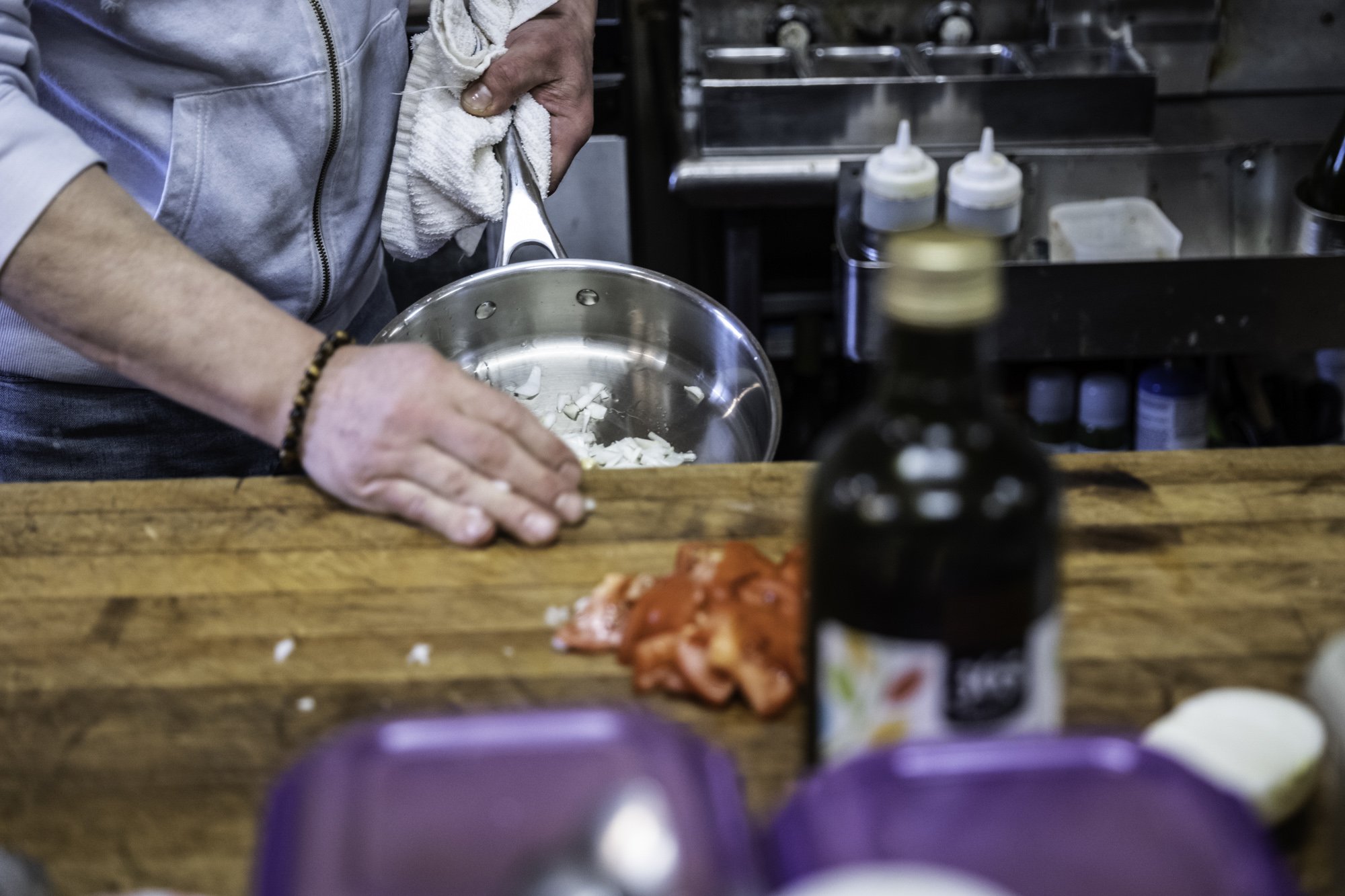
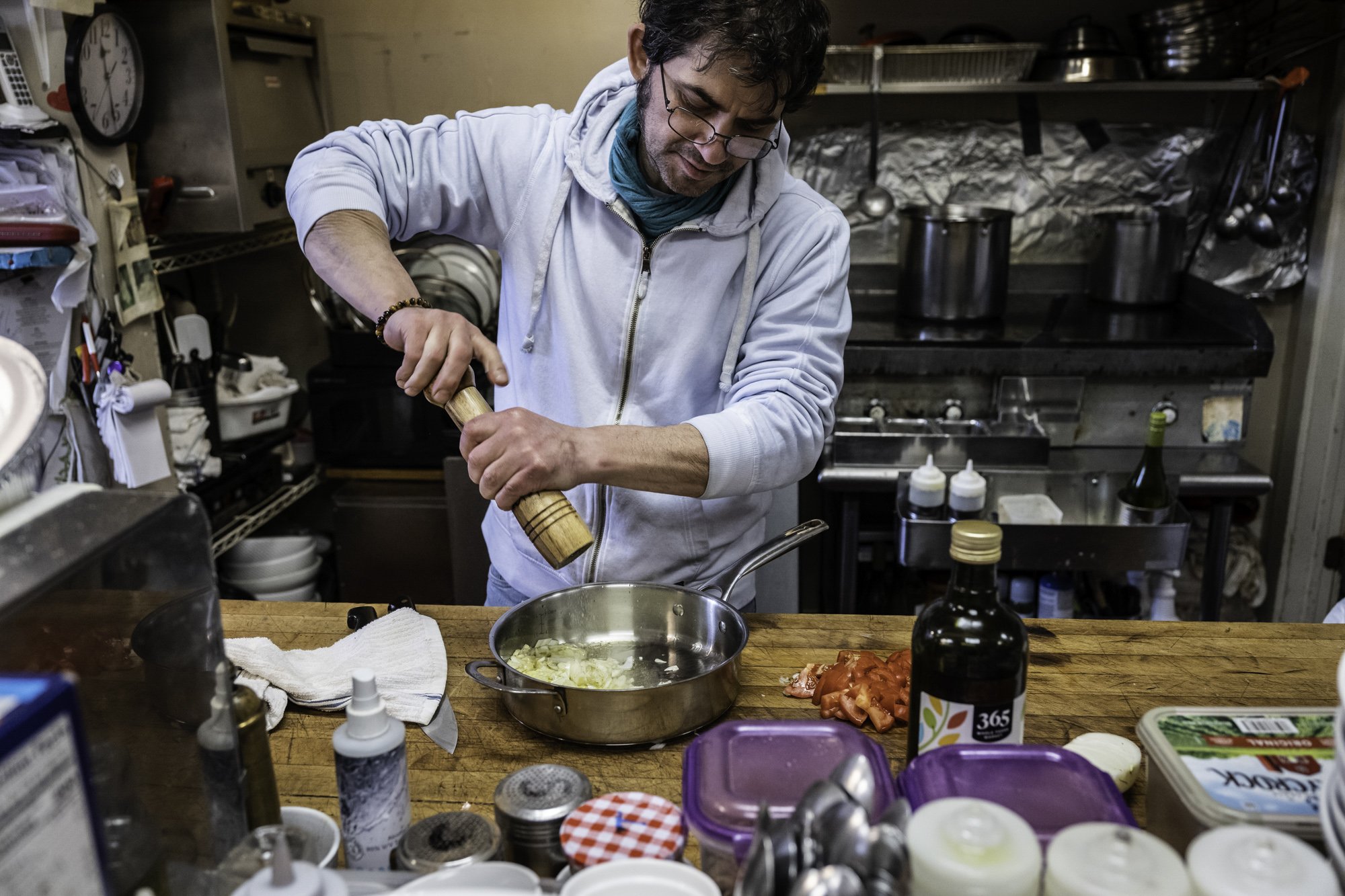
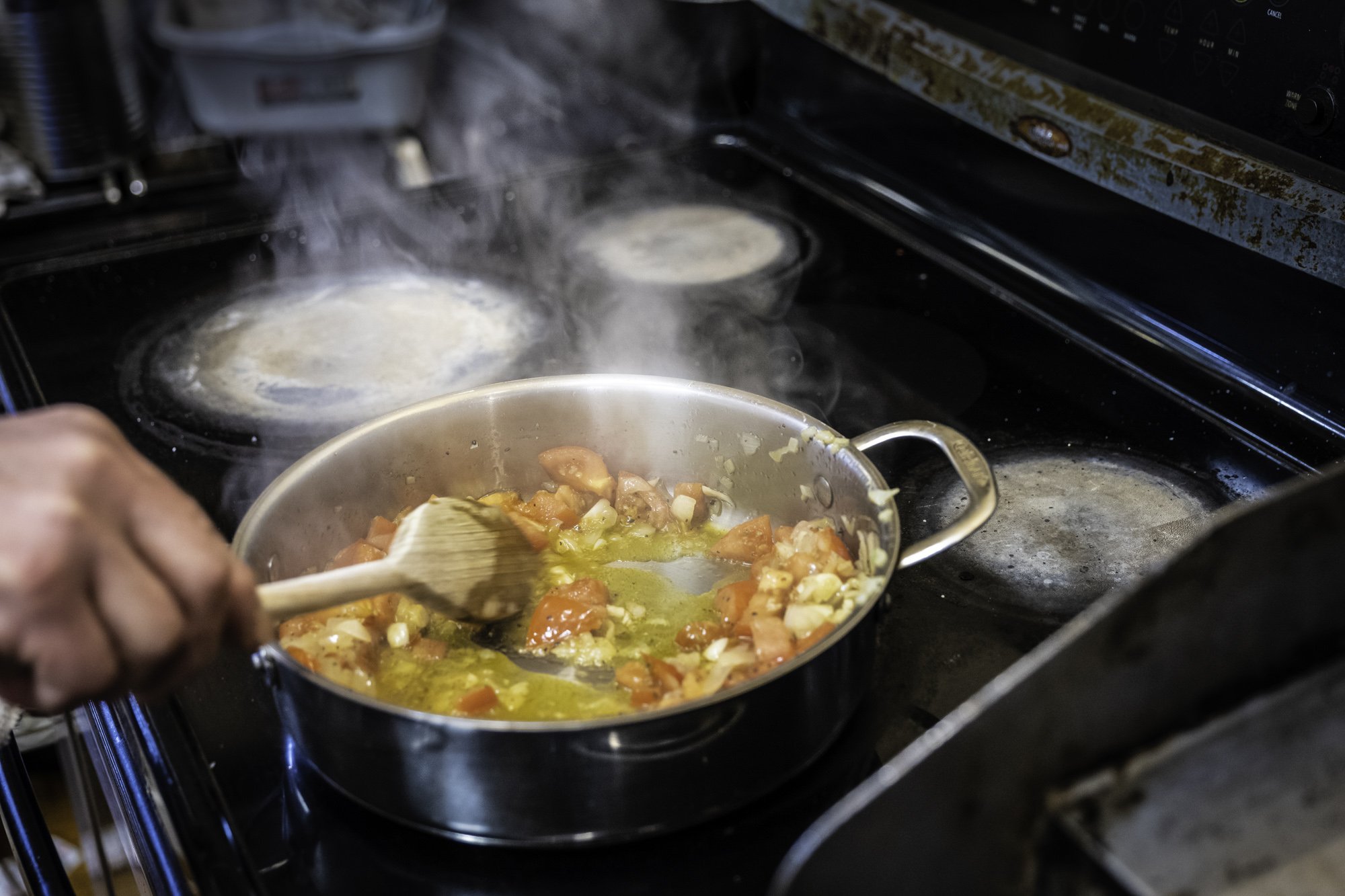
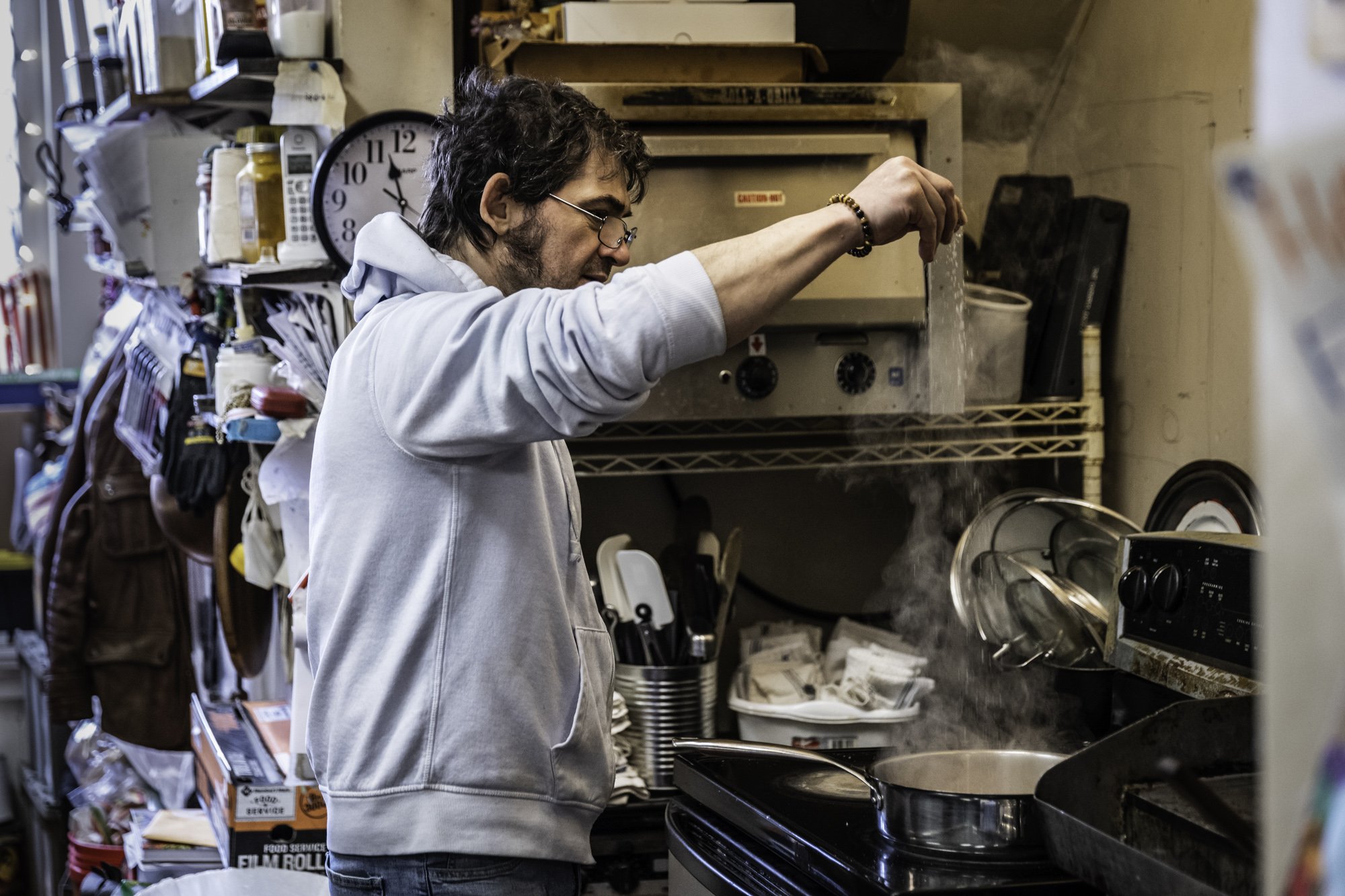
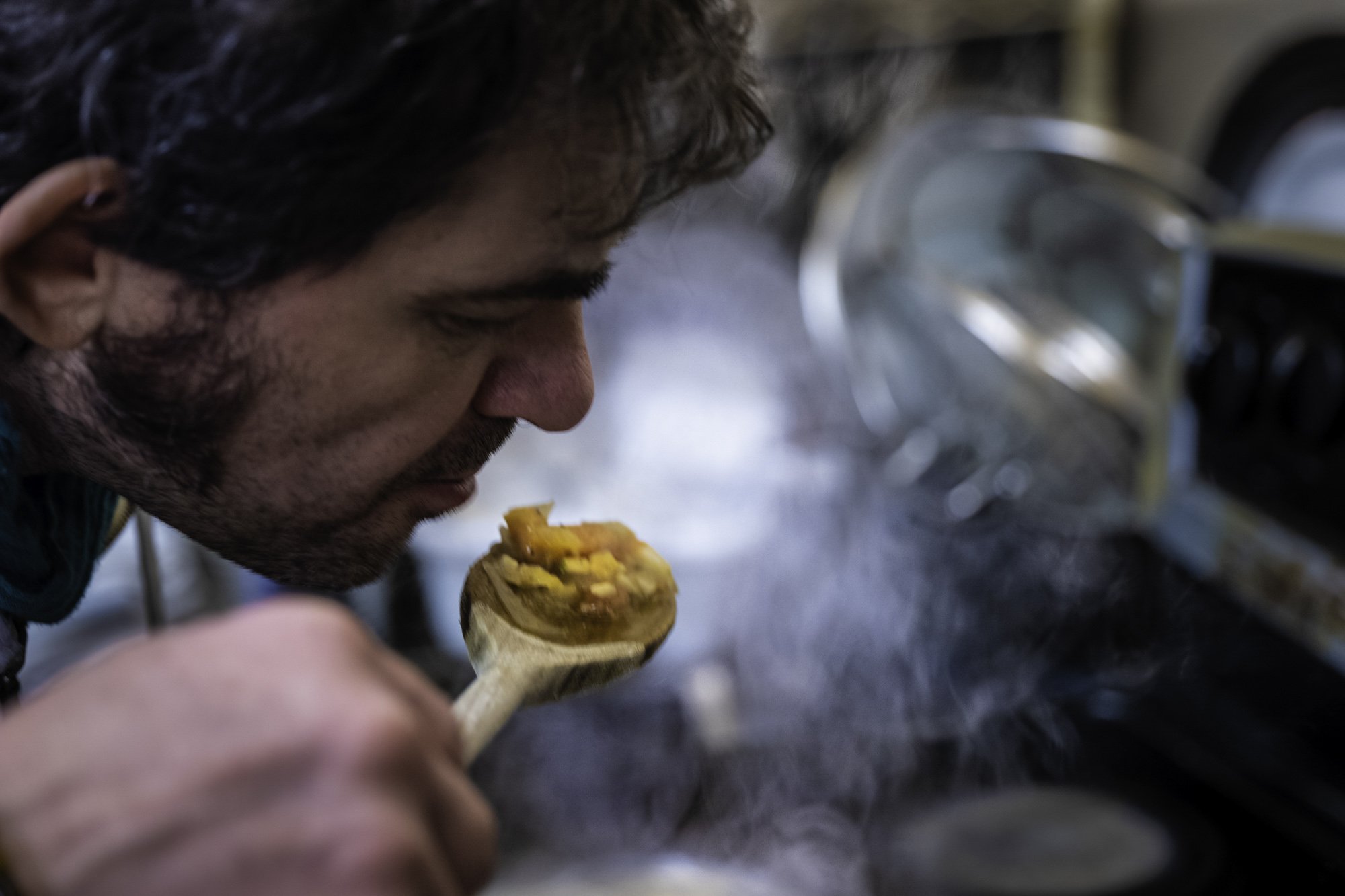
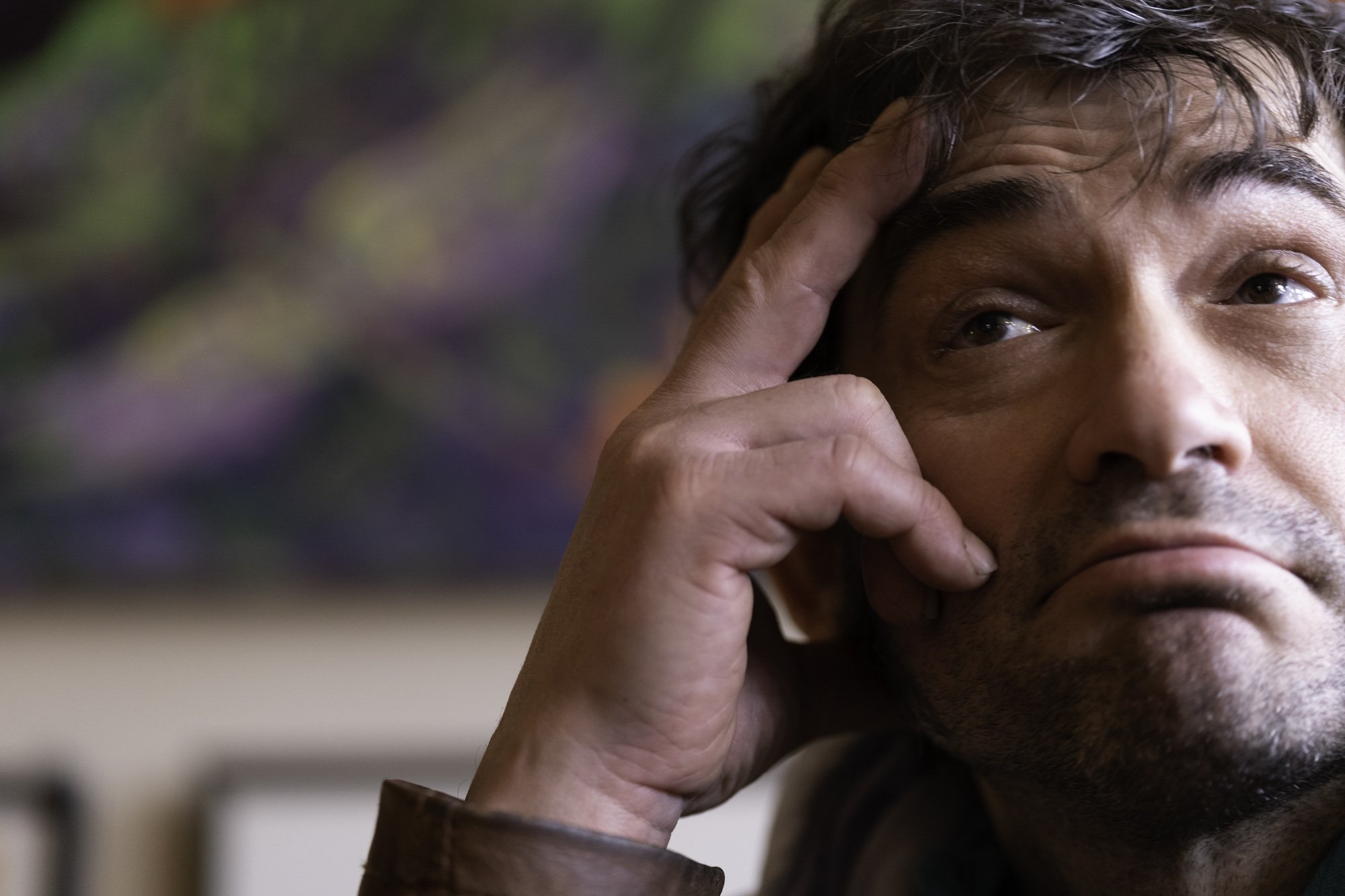
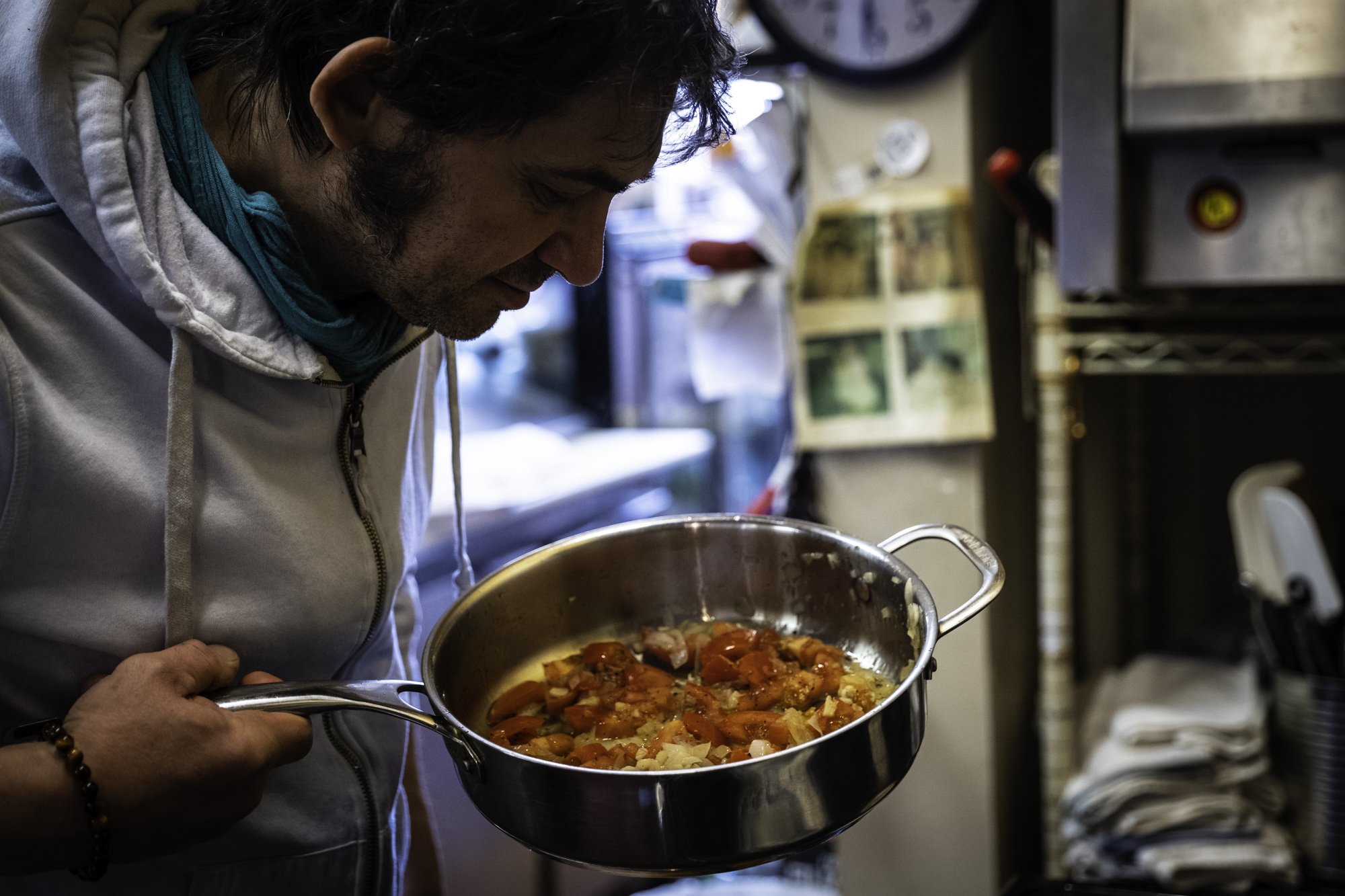
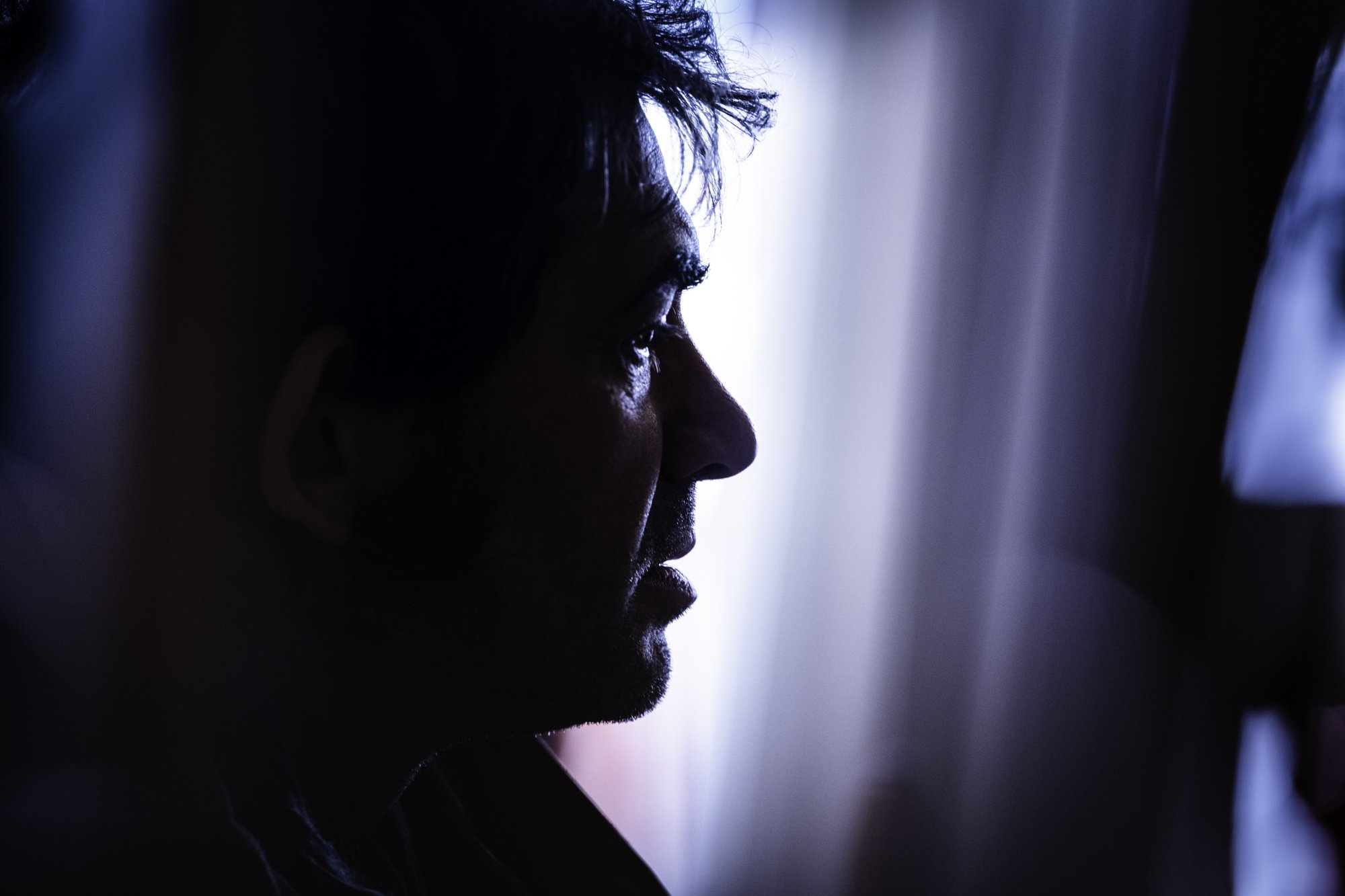
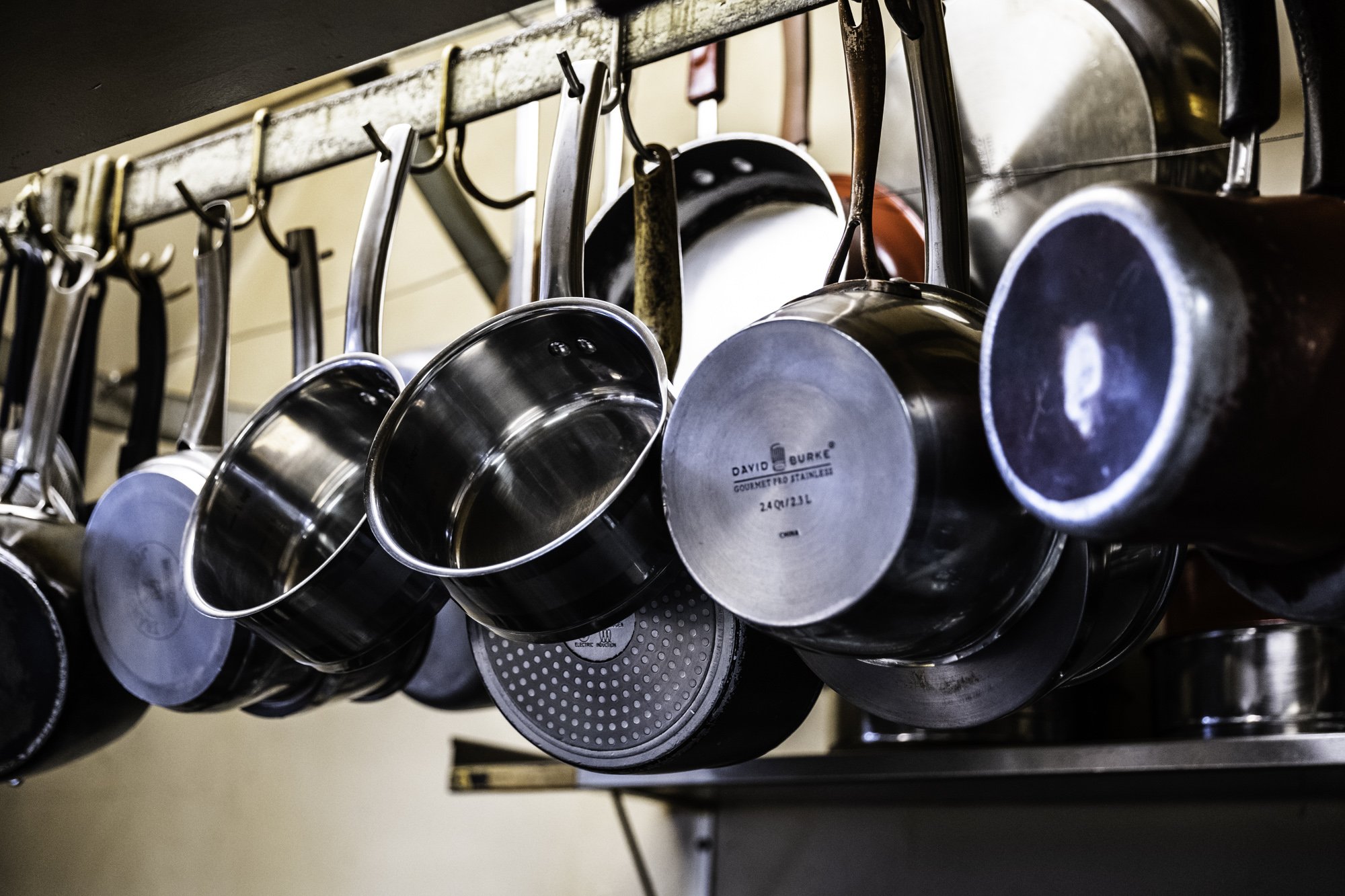
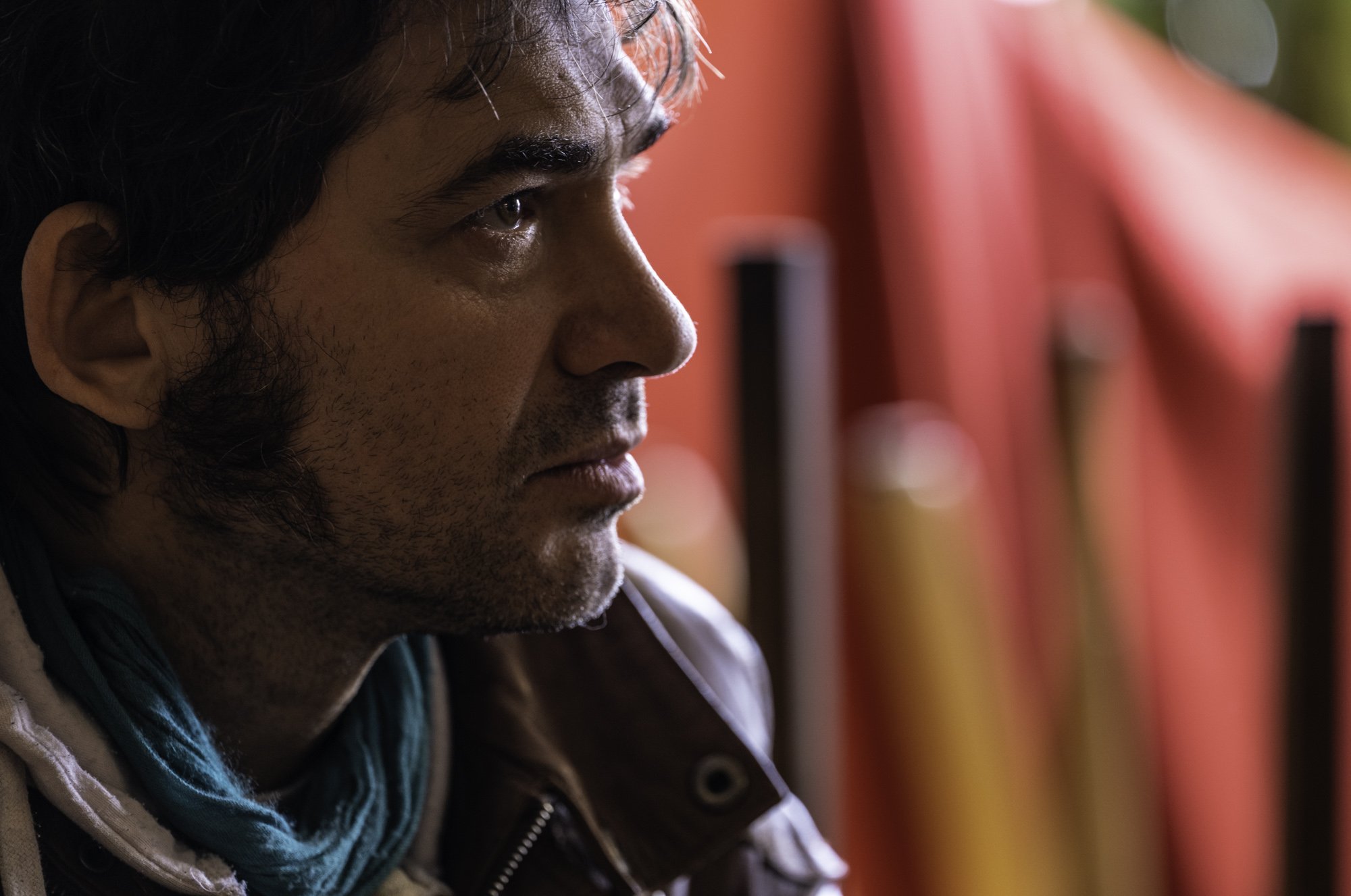
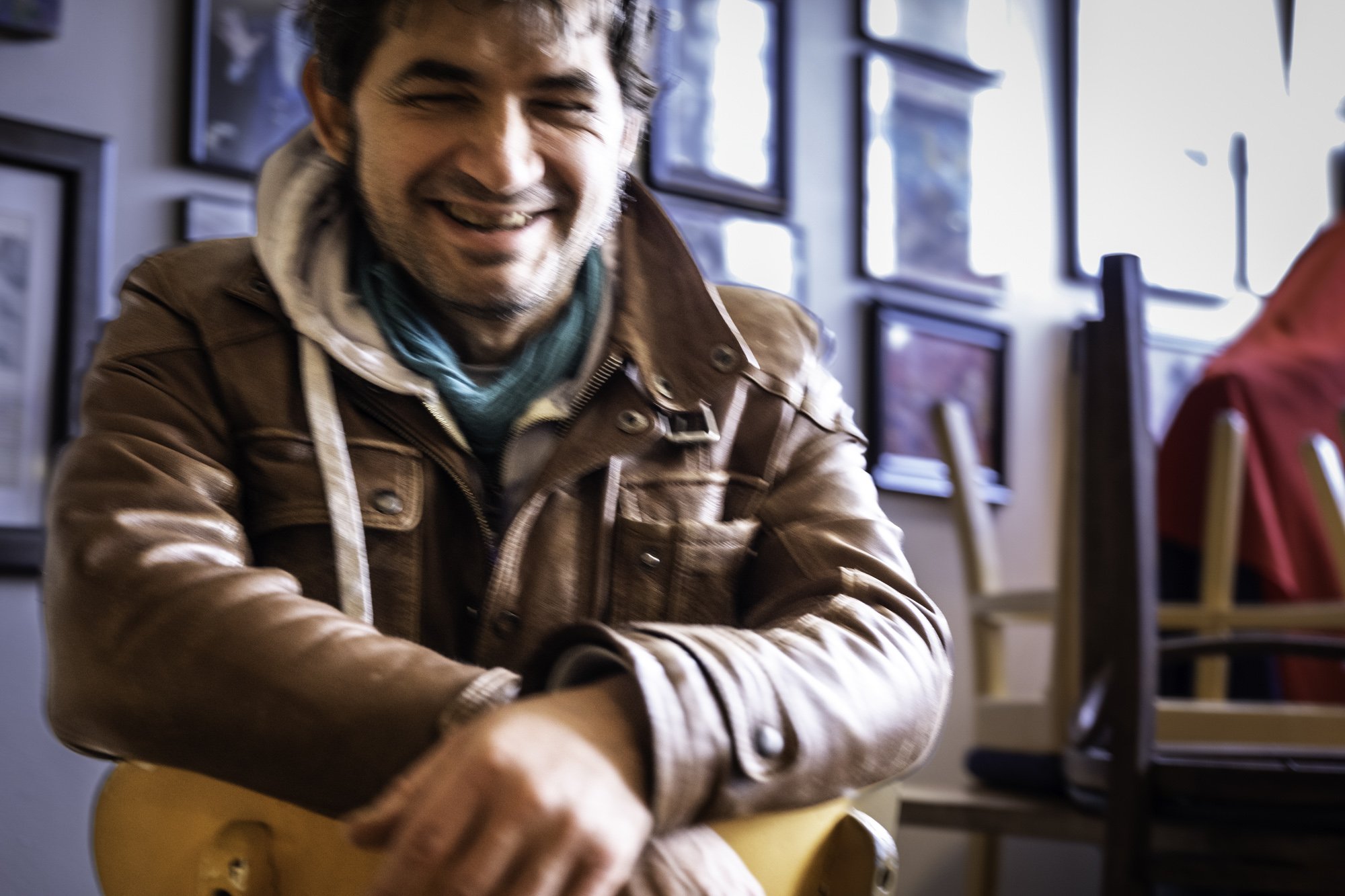
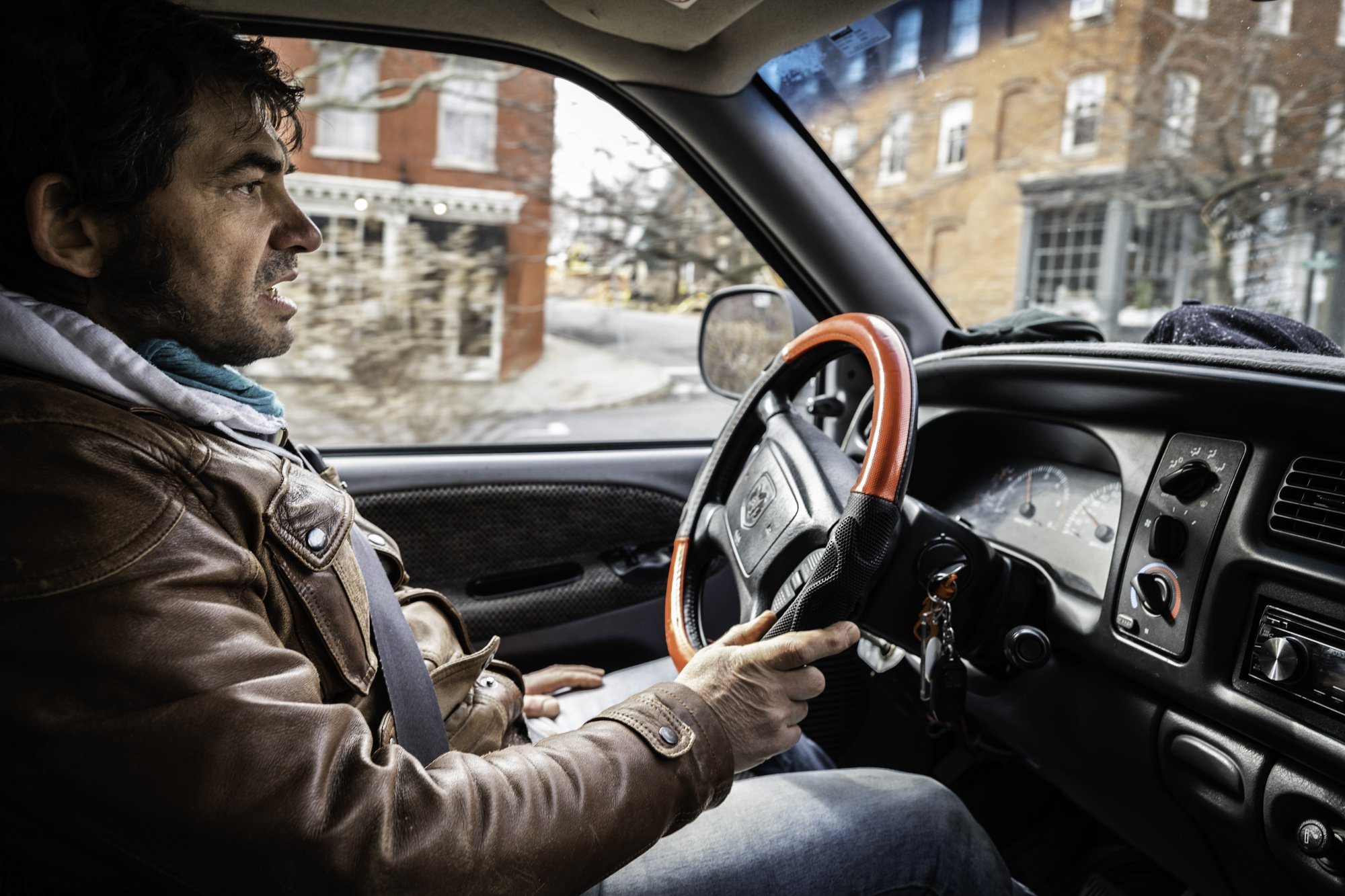
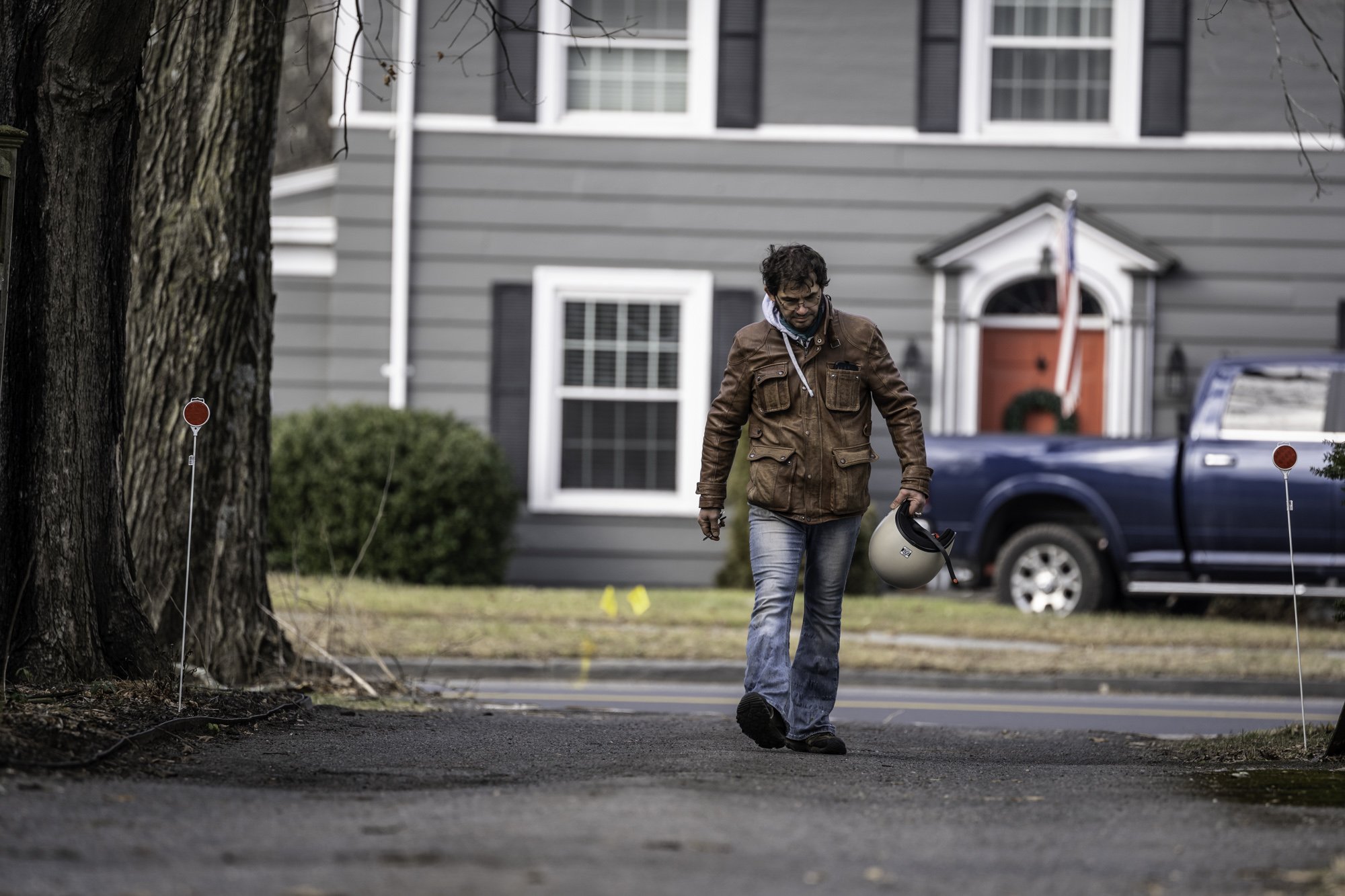
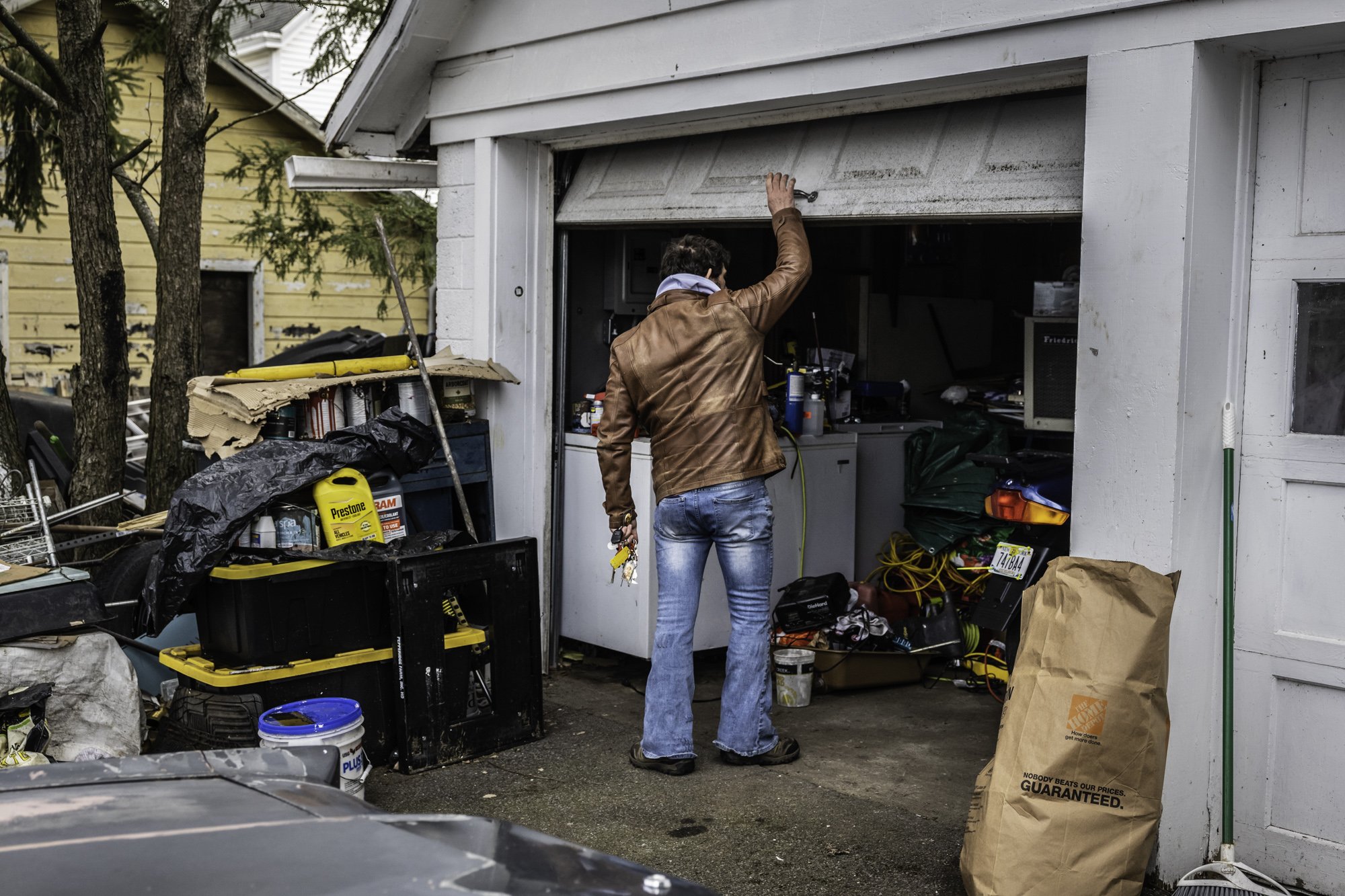
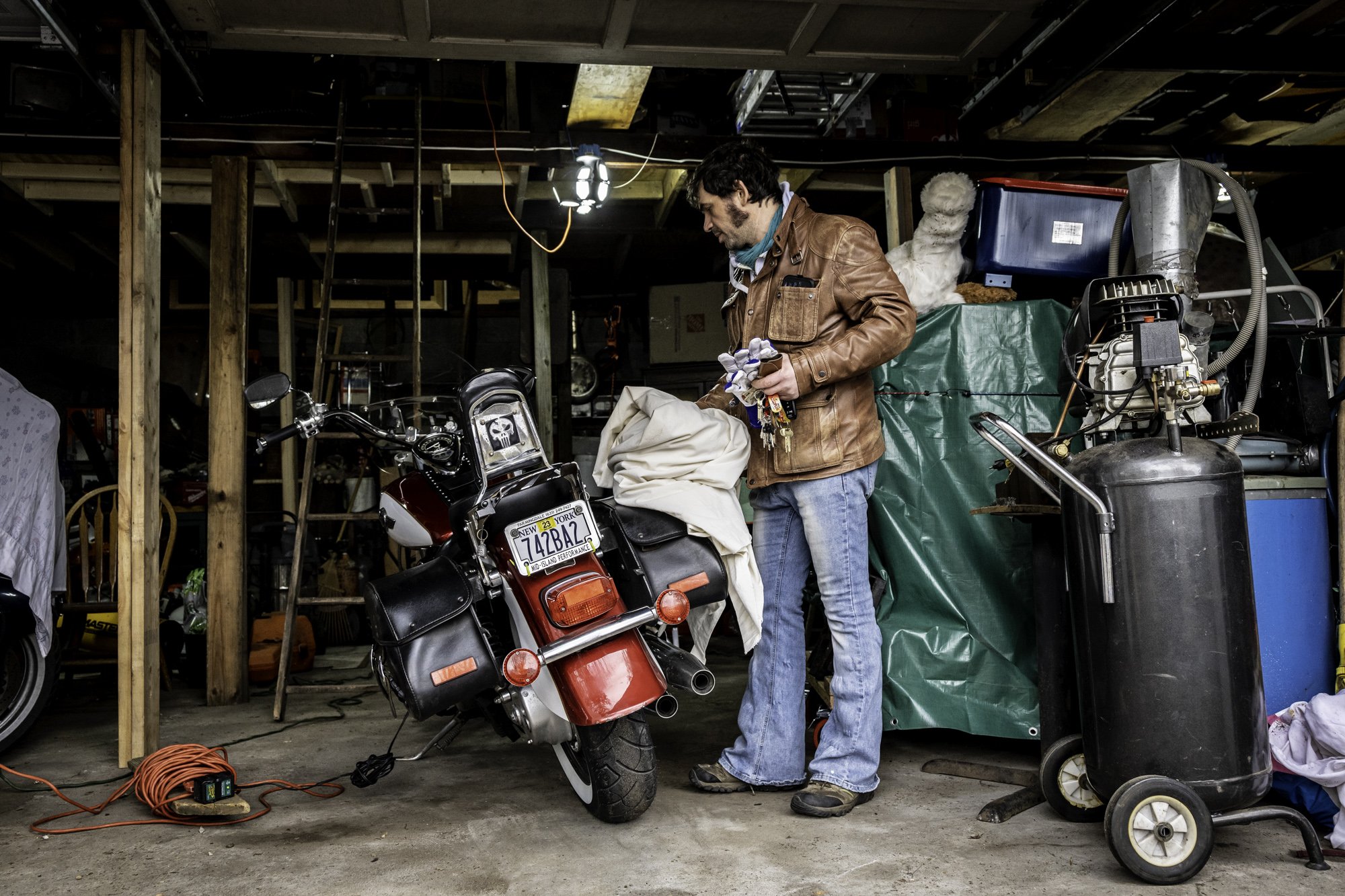
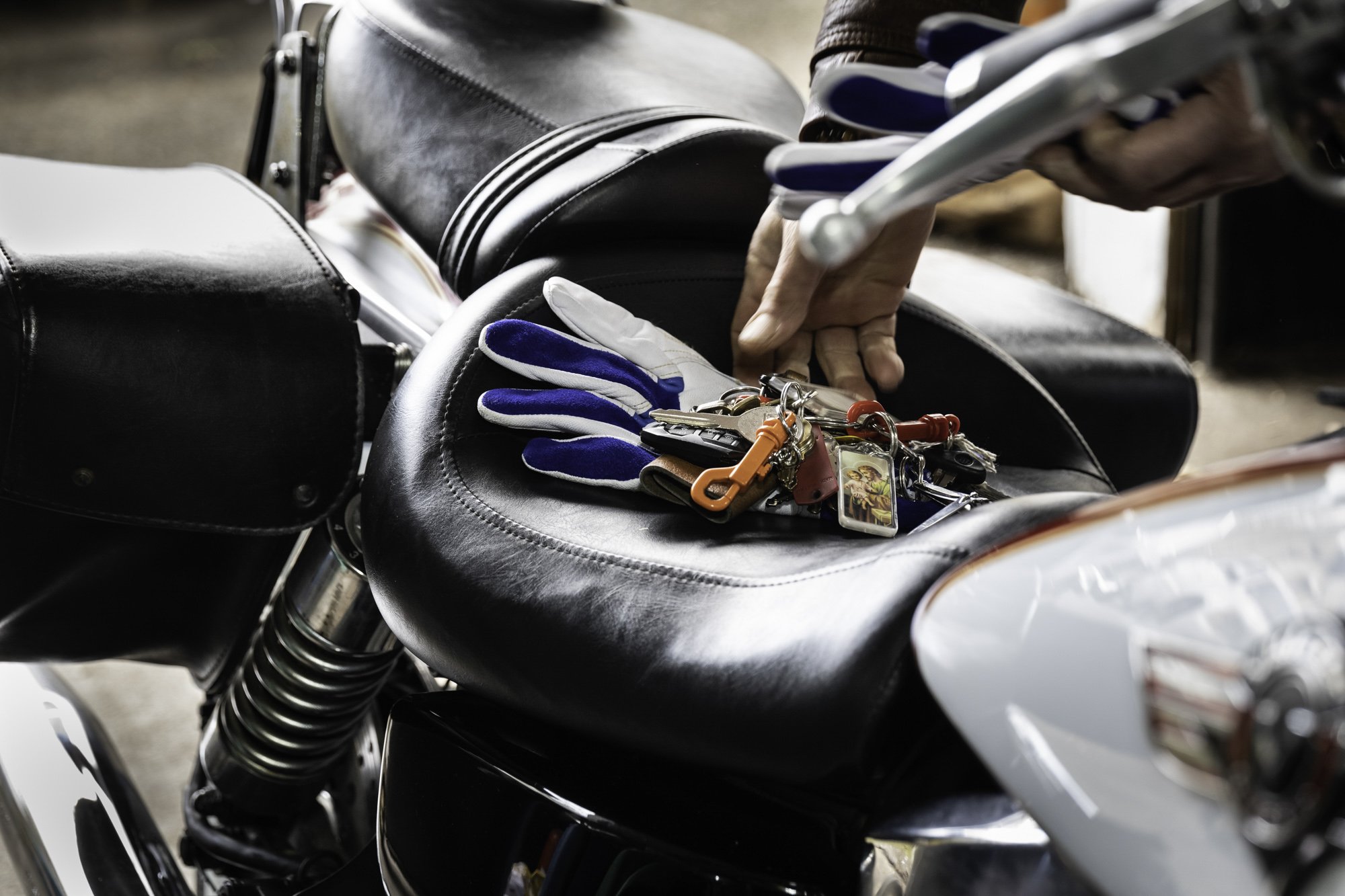
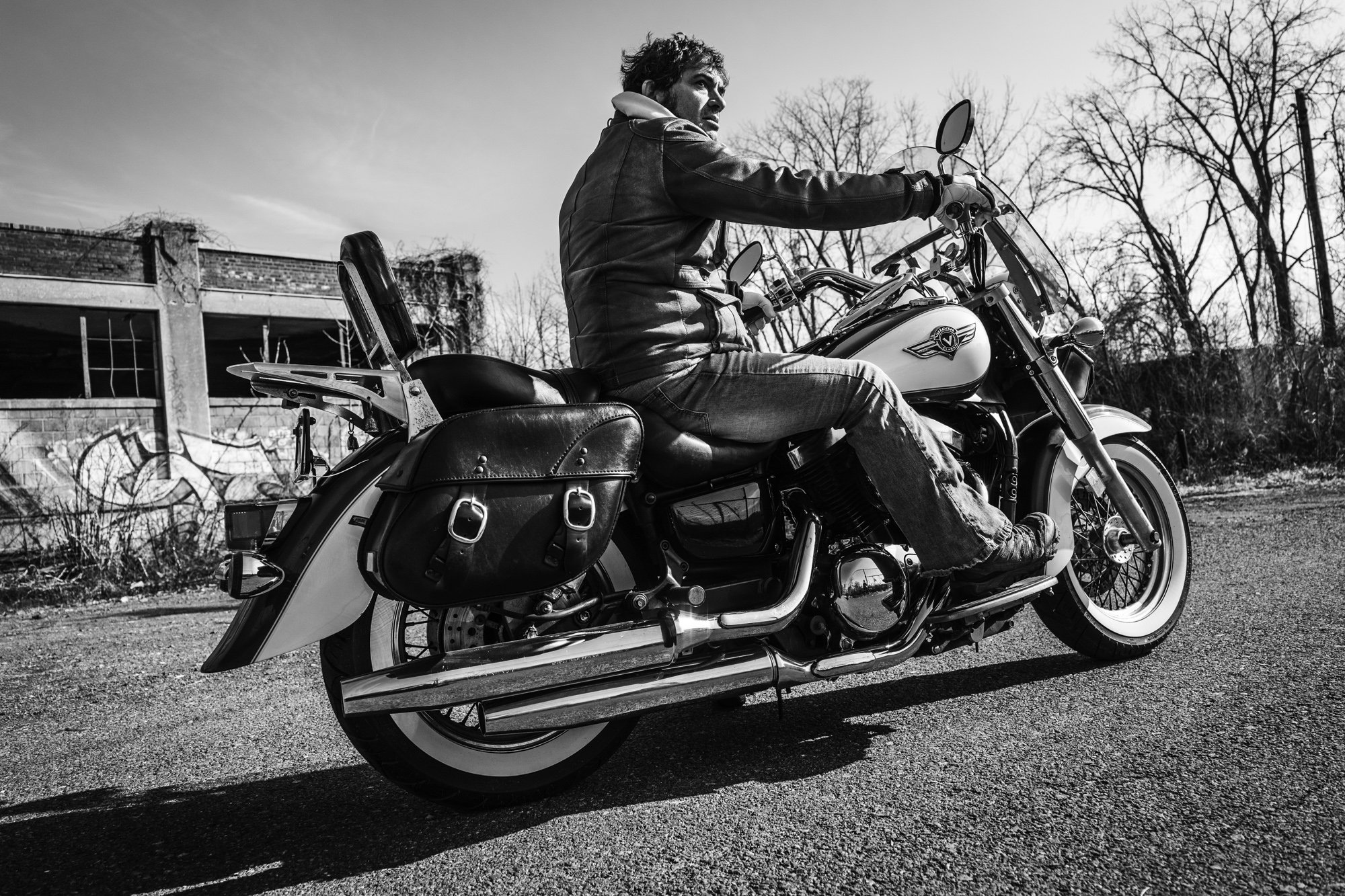
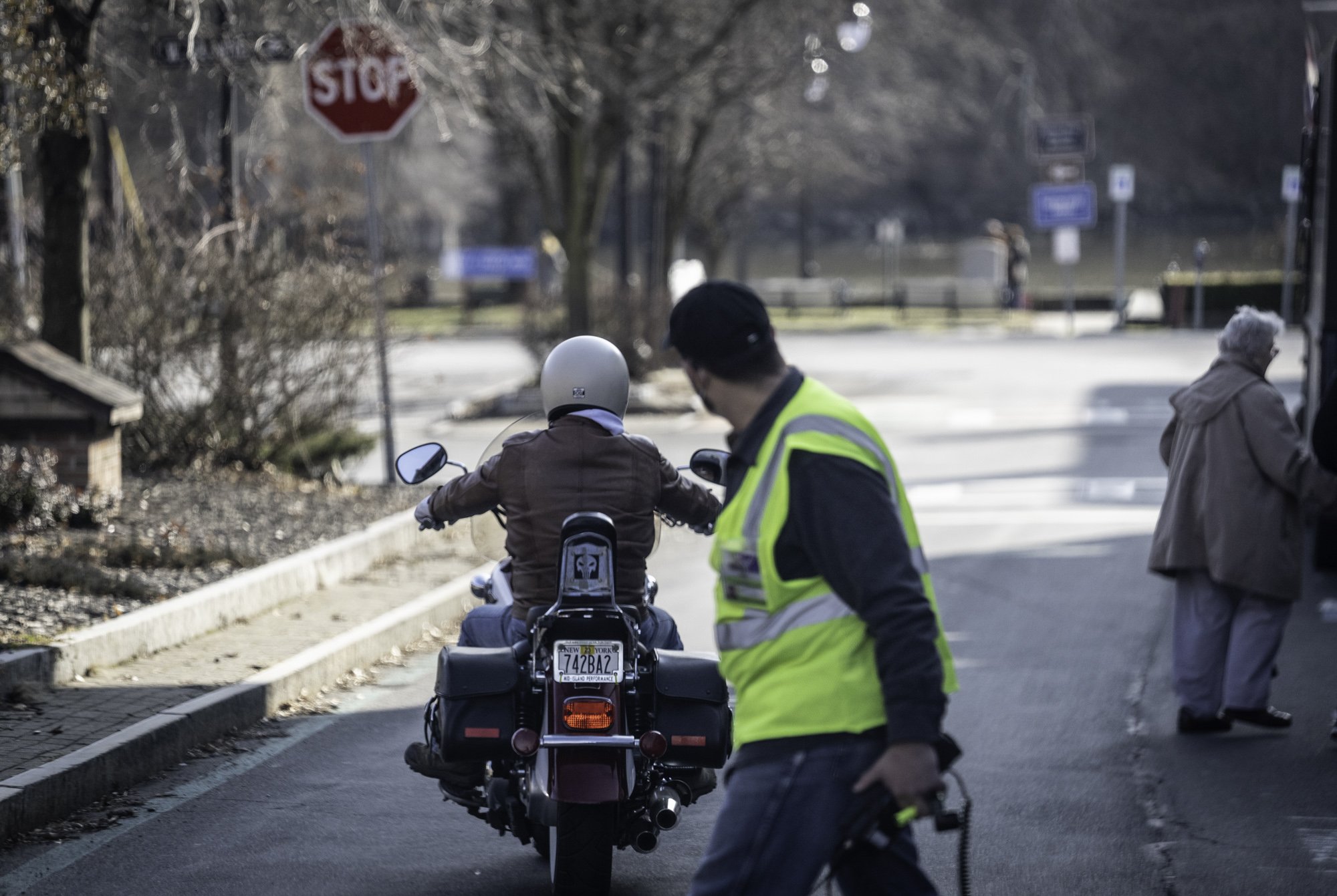
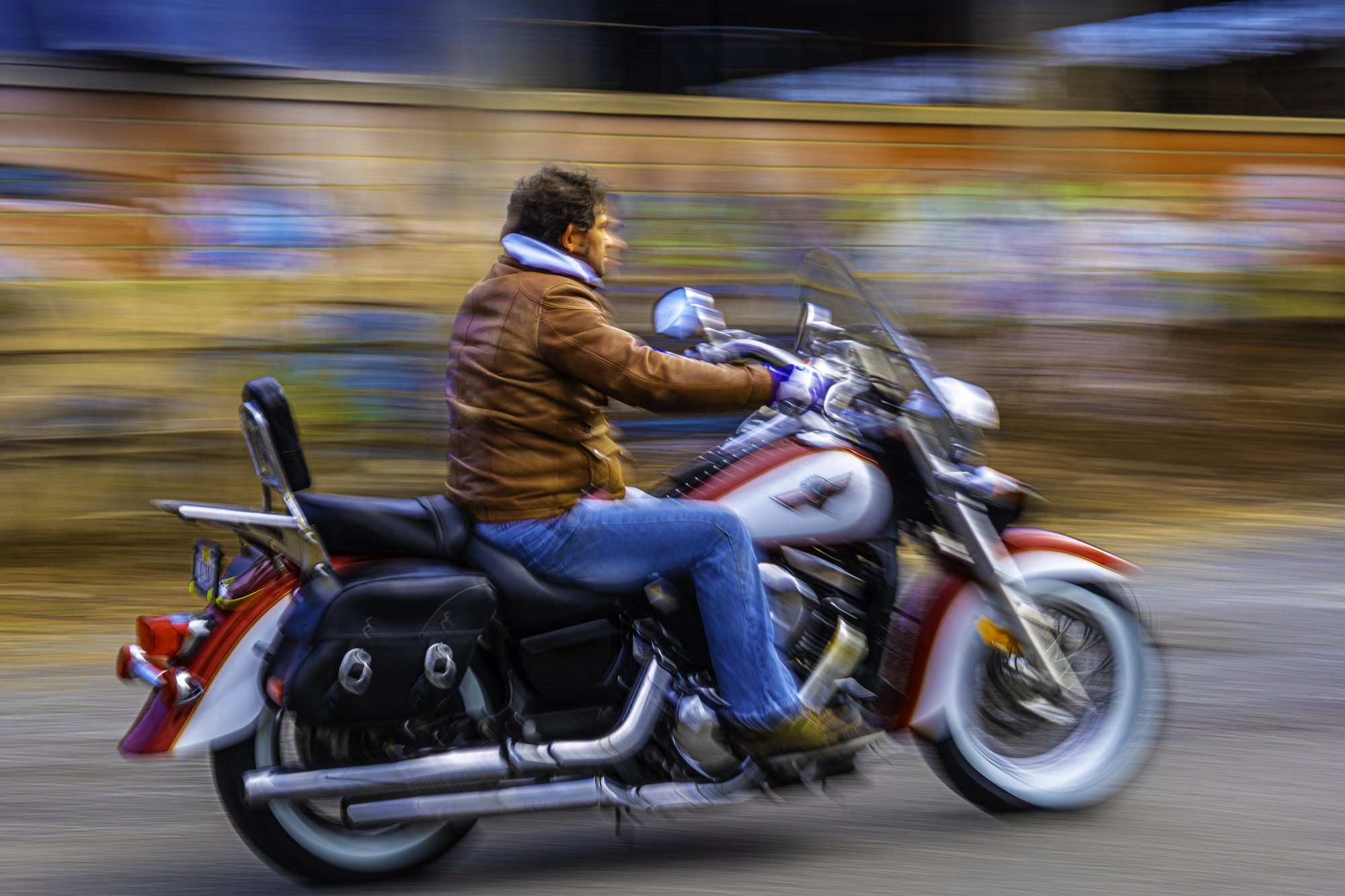
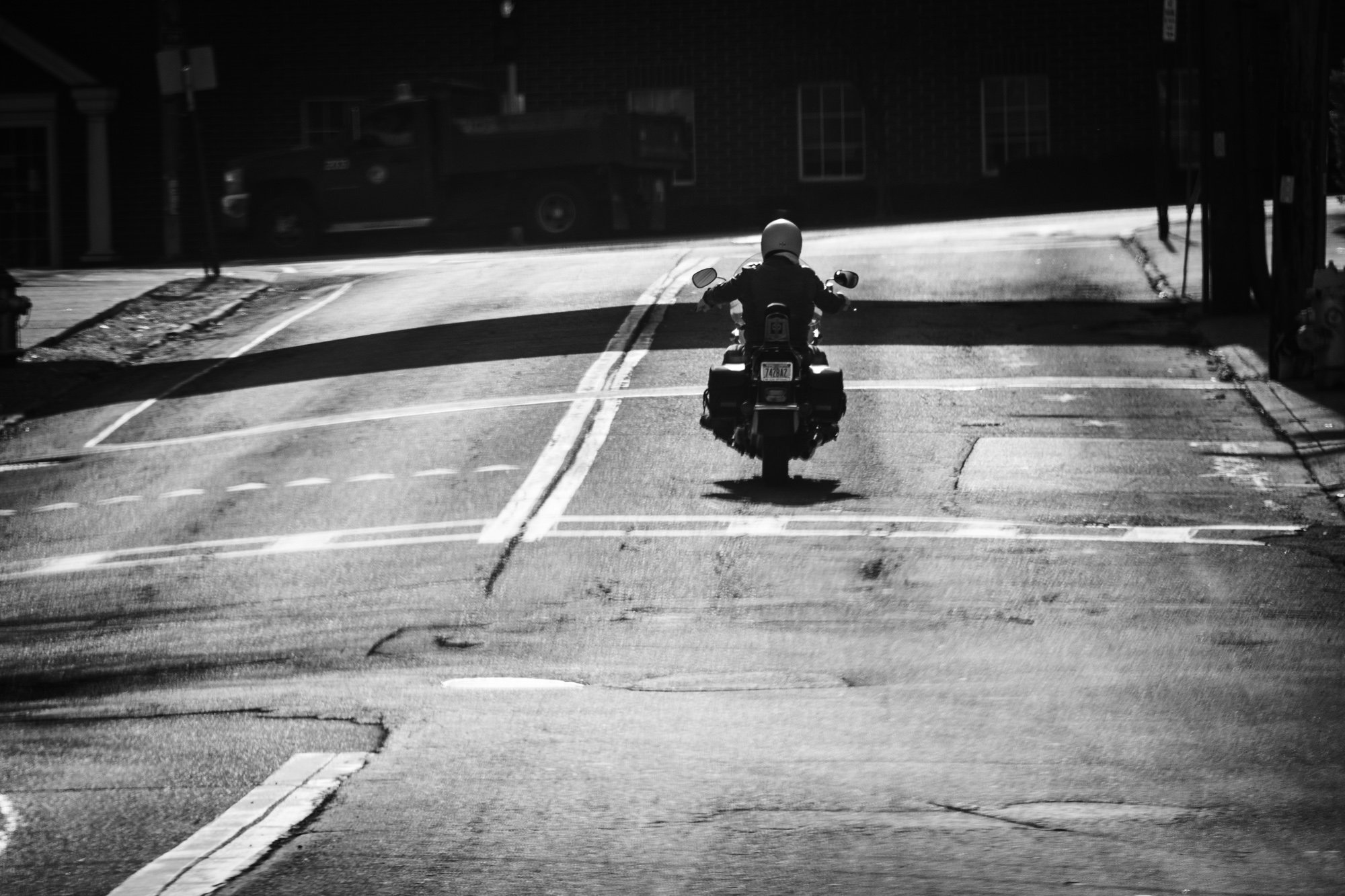
Who are you?
My name is Graziano Teccio, and in this particular moment I'm the owner of Down Town Cafe, which is located in Kingston, New York at 91 Broadway. I have two beautiful daughters, going to college. That's my take right now. And I love to cook.
How long have you been in Kingston?
I've been in Kingston from October 28th, 1987, at 11 o'clock, at JF. Flying with a PanAm flight, and I got an egg sandwich. That flight actually dropped the tail coming in. And I was scared. I was scared. I was like, I'm dead. That's it. It's over.
What gives you joy about Kingston?
I feel it's becoming my second home... from Venice. It gives me a chance to be creative. I have a great response from my customers. They really enjoy what I do and I enjoy doing it for them. So it's more than, satisfaction. It's more like, giving self-esteem to them and they give it to me. The people gives you energy, exchange the energy. So it's a wonderful thing about Kingston, right?
What, if anything, would you change about Kingston?
You know, in general, Kingston is, is perfect. I think Kingston is perfect. It needs improvement like any place on earth, right? I mean, I come from Italy...I travel around, then it's, it doesn't matter. But, you know, the thing is the, the town can't do more than what's needed, right? So people have to live in a good vibe. That's basically it.
What is your secret hope for the future?
My plan for the future is to basically stay healthy. Physically and mentally healthy. Because a good chef is burnt out. A great chef is burned out twice. If you are still willing to stay in this kind of business, or any other, I guess you need to really like, think about it. You gotta make sure you're doing the right thing. So pretty much that's my take on that.
BETHANY OBRECHT
“If I could change something about Kingston, it would be the possibility
of more affordable housing for my employees.
”
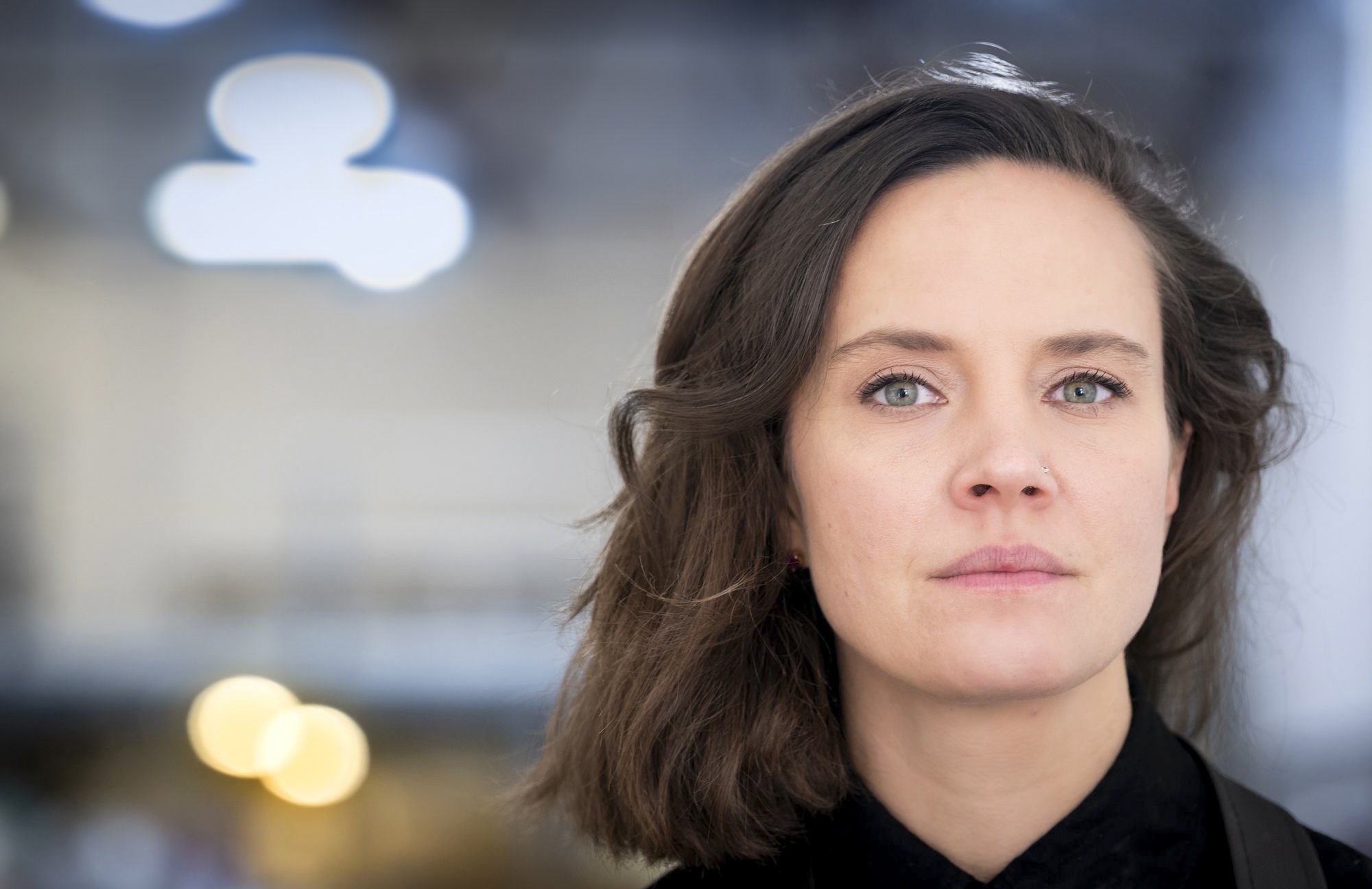
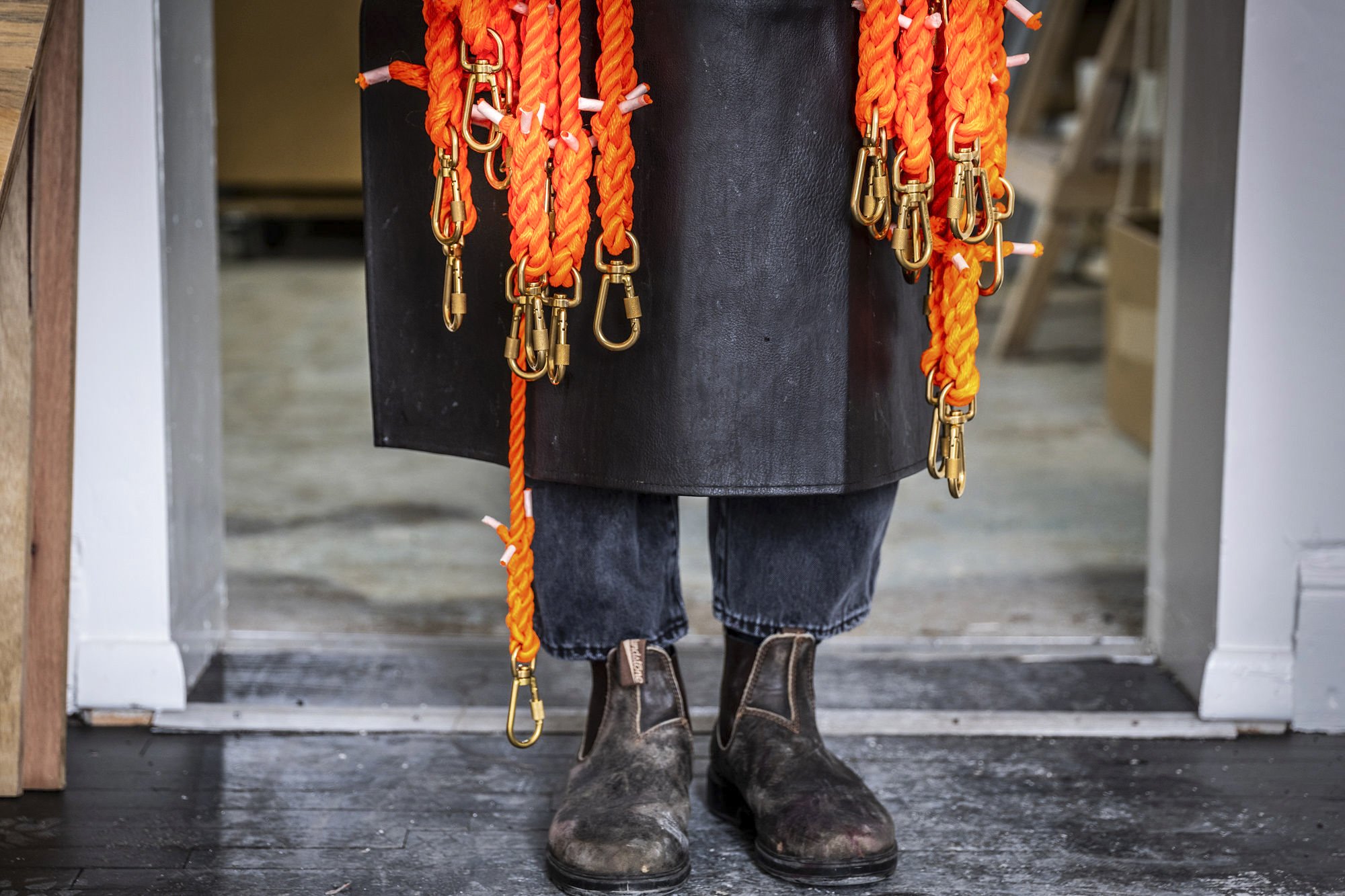
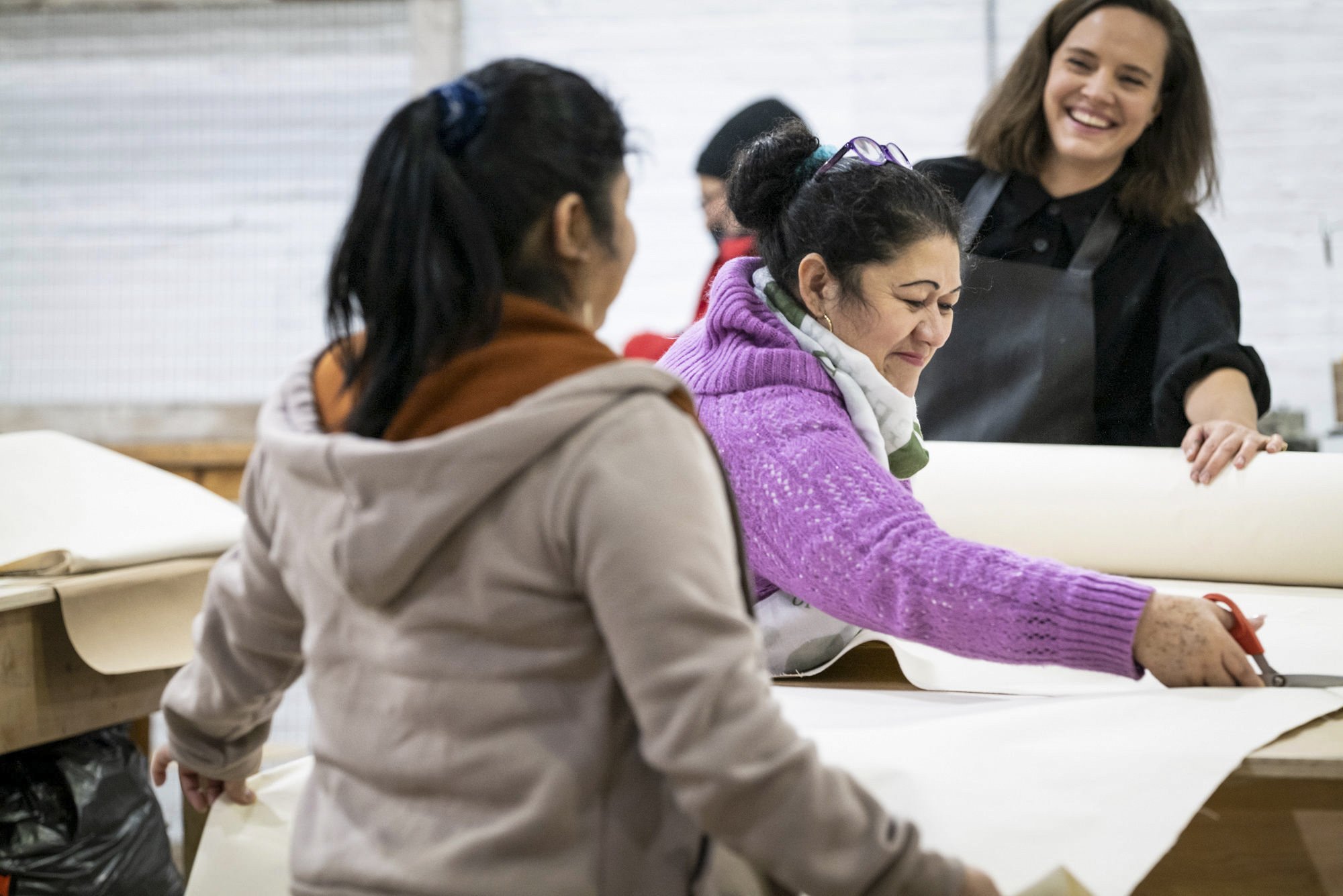
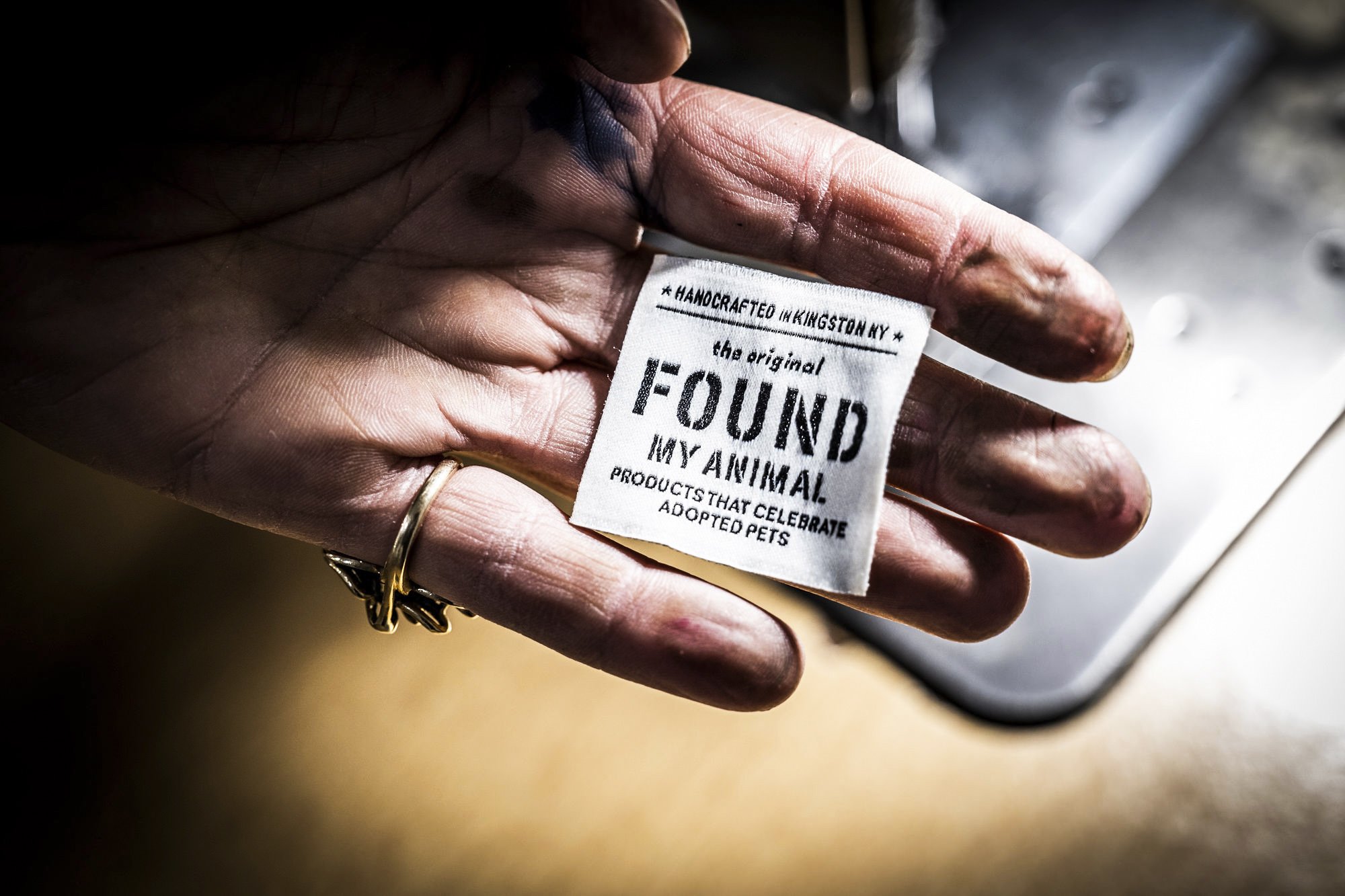
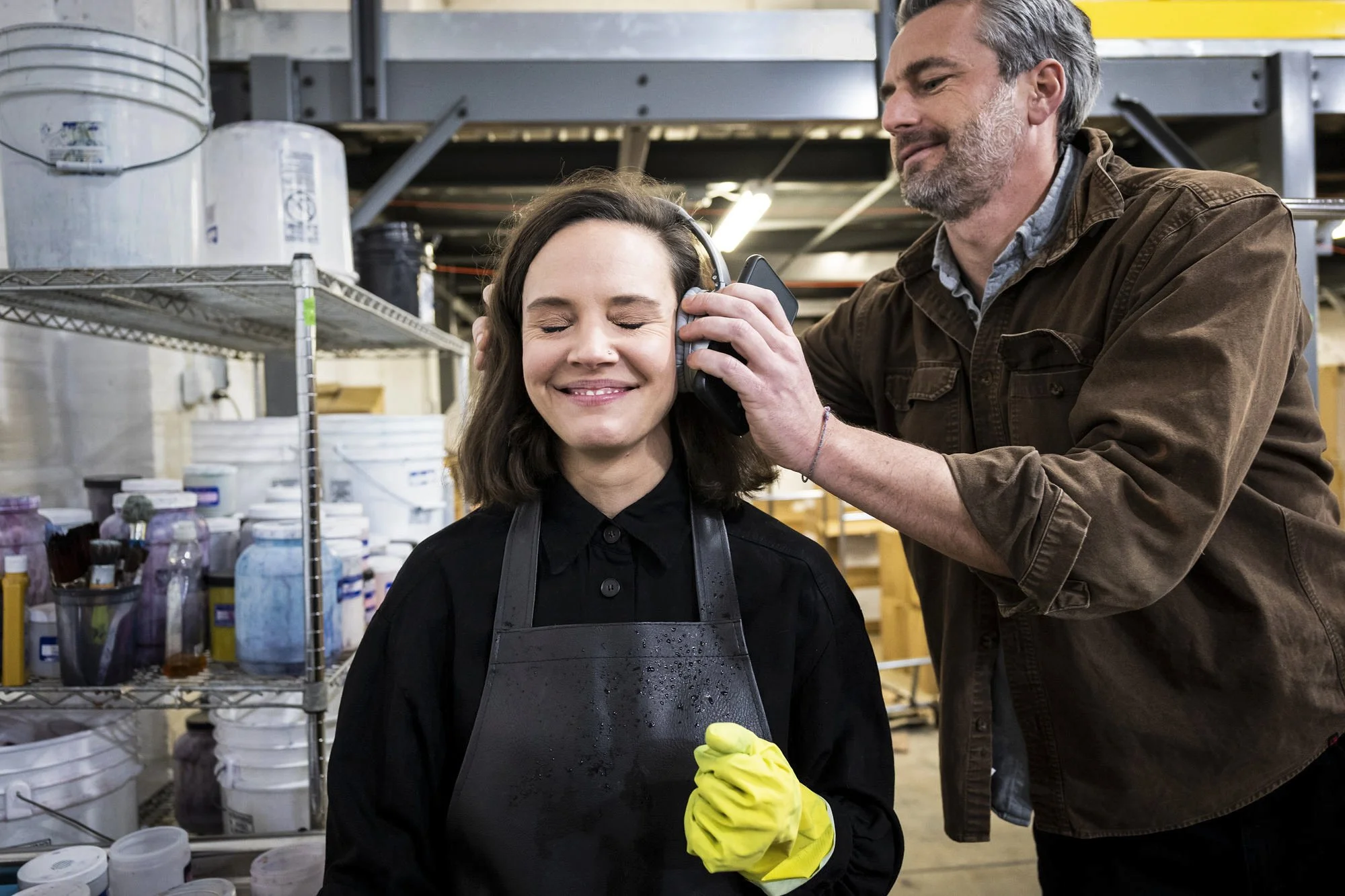
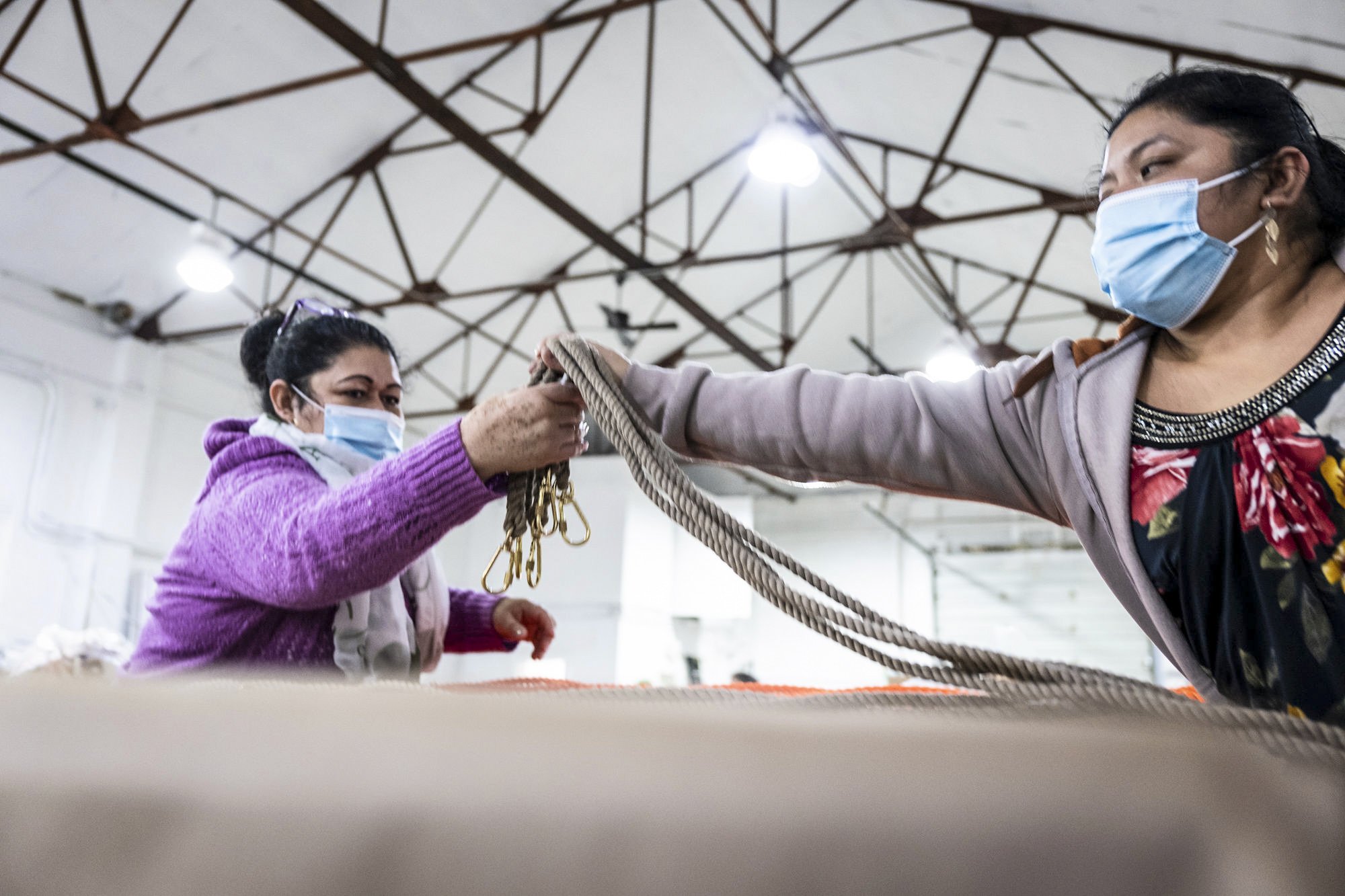
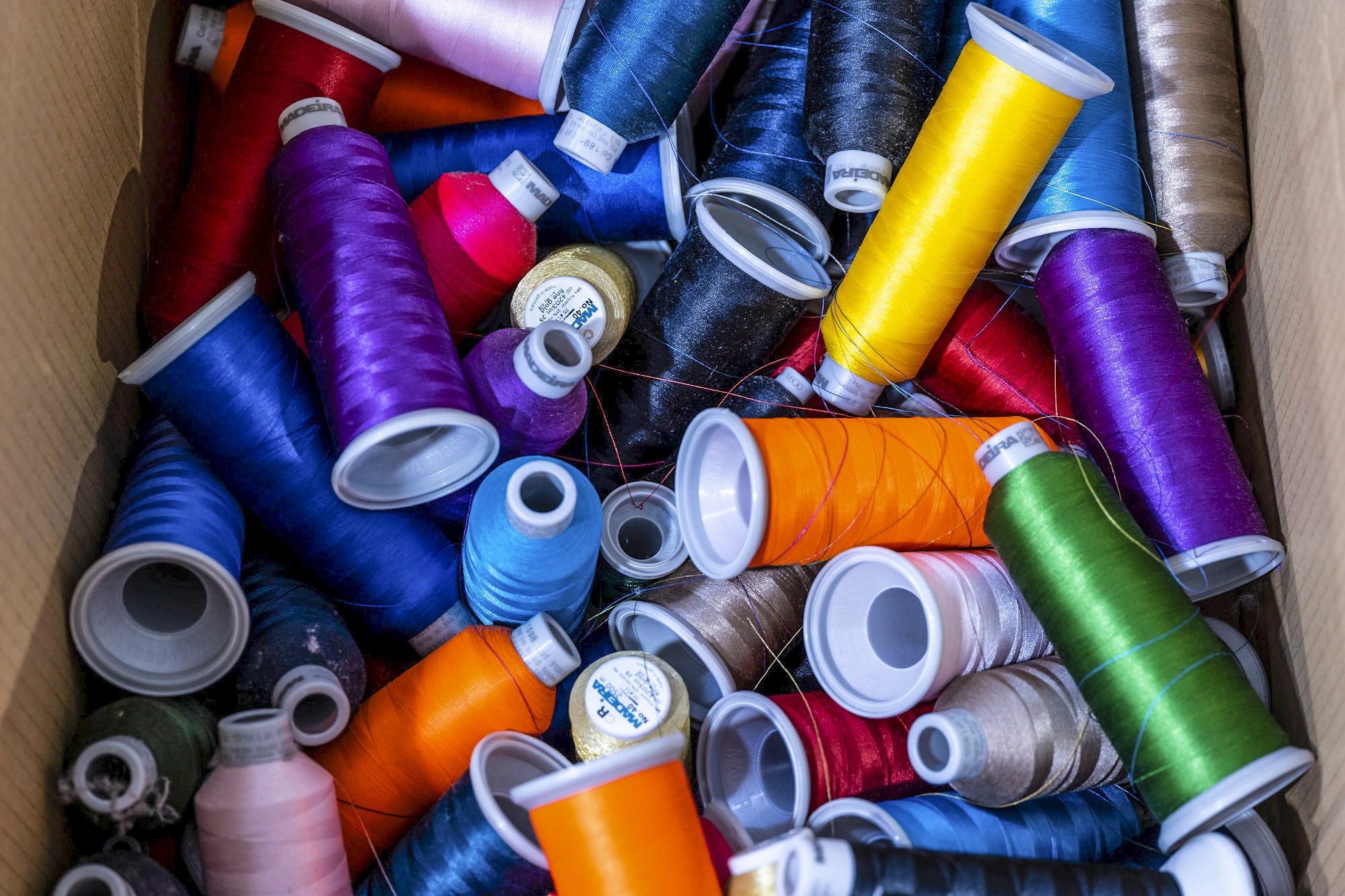
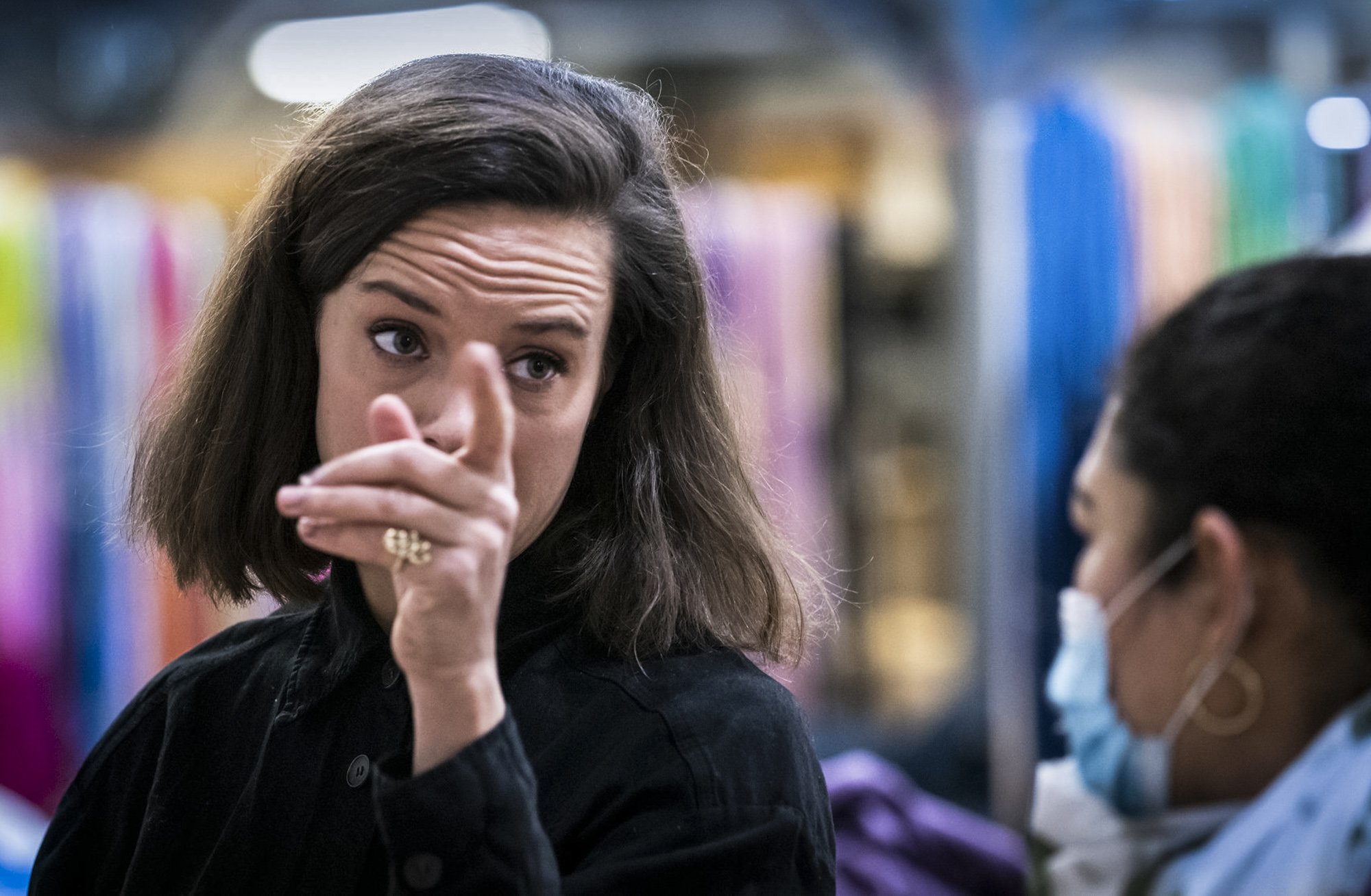
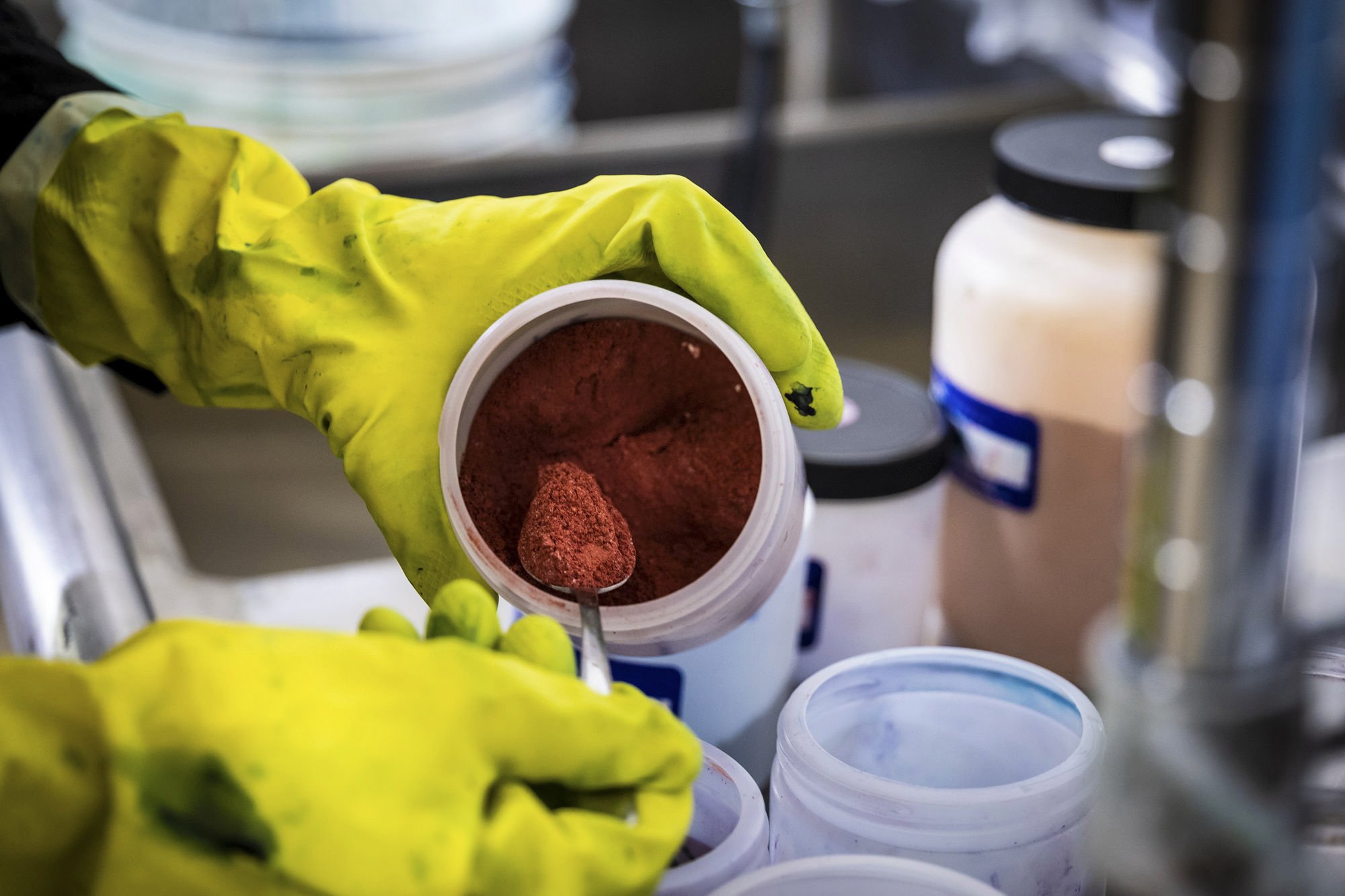
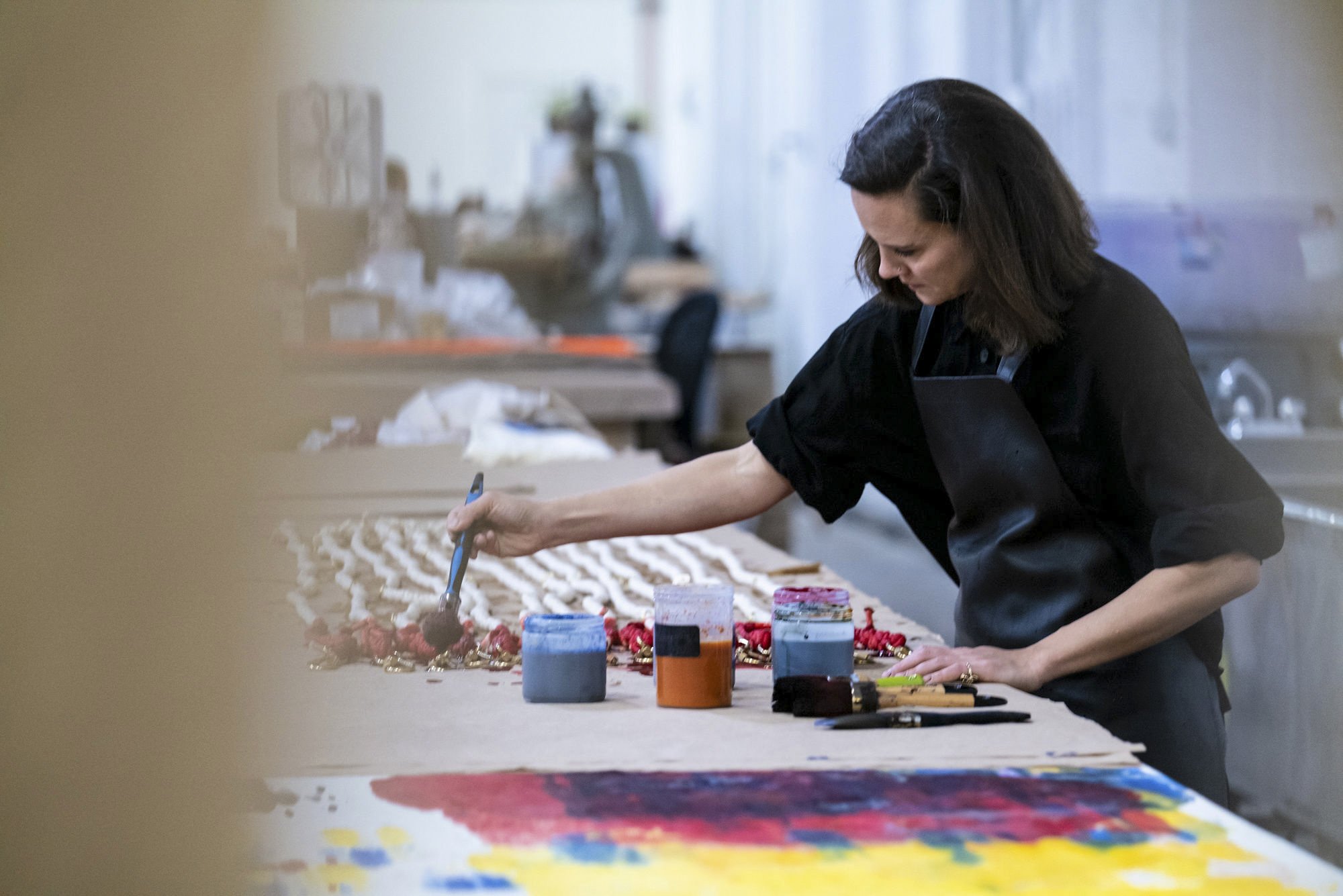
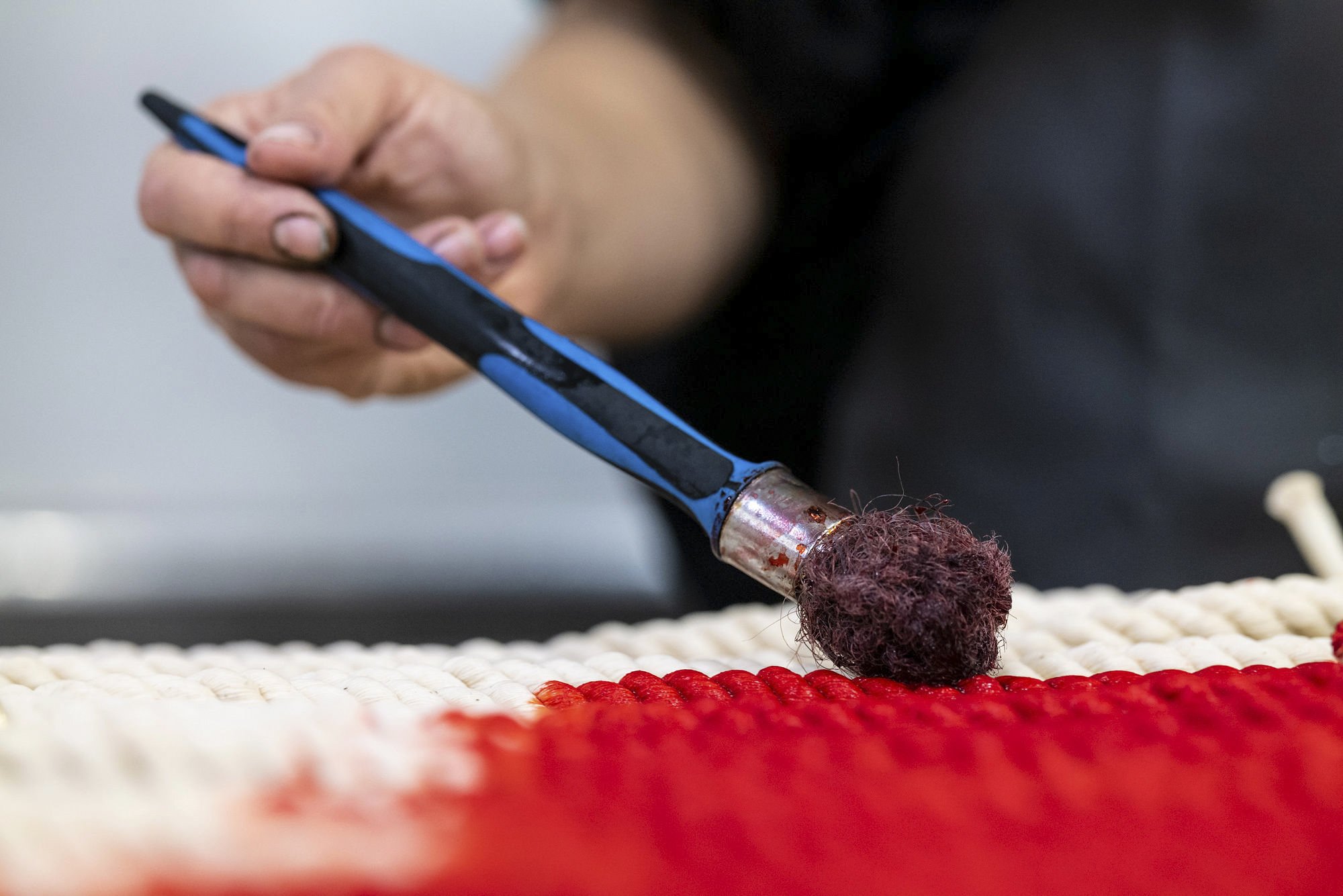
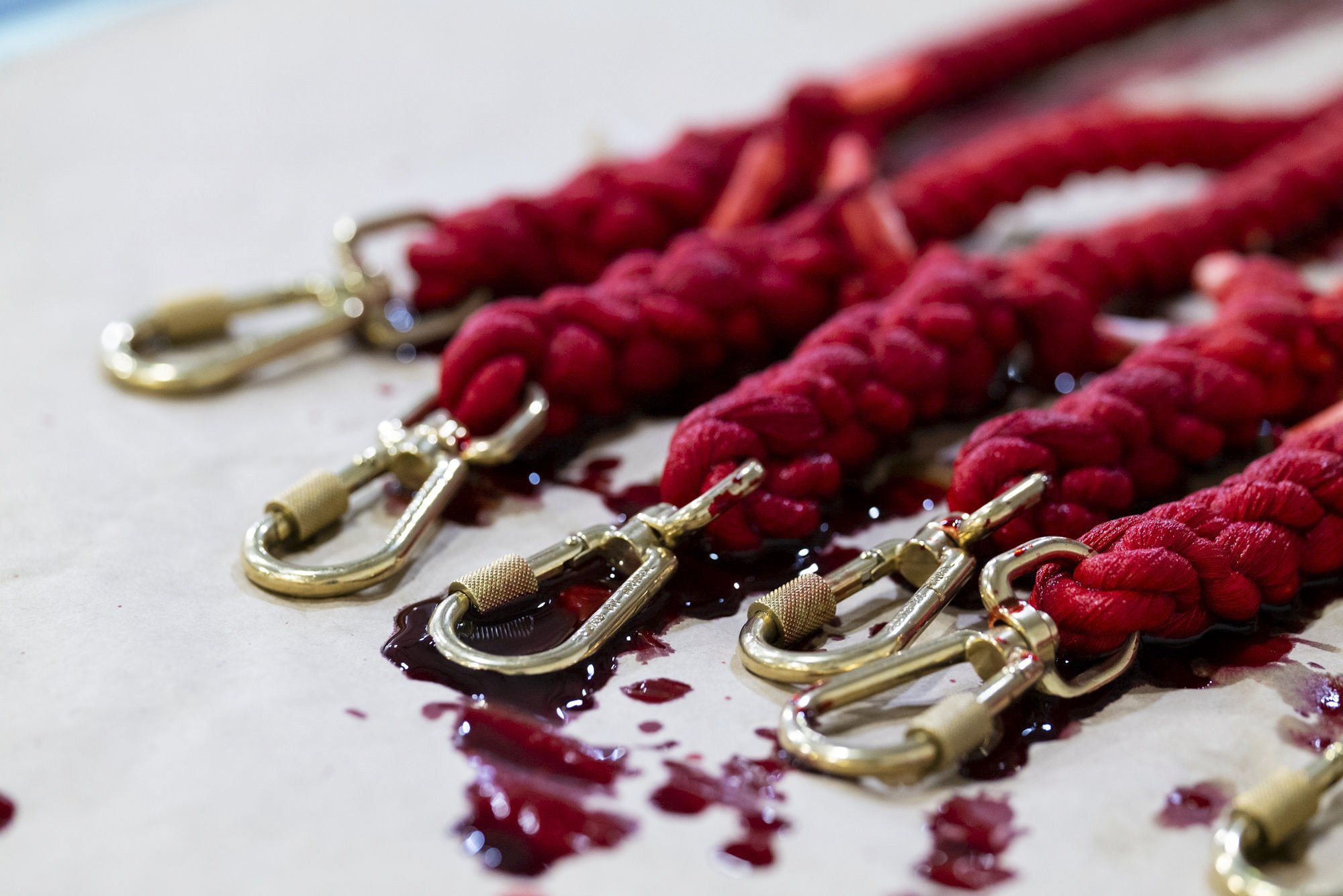
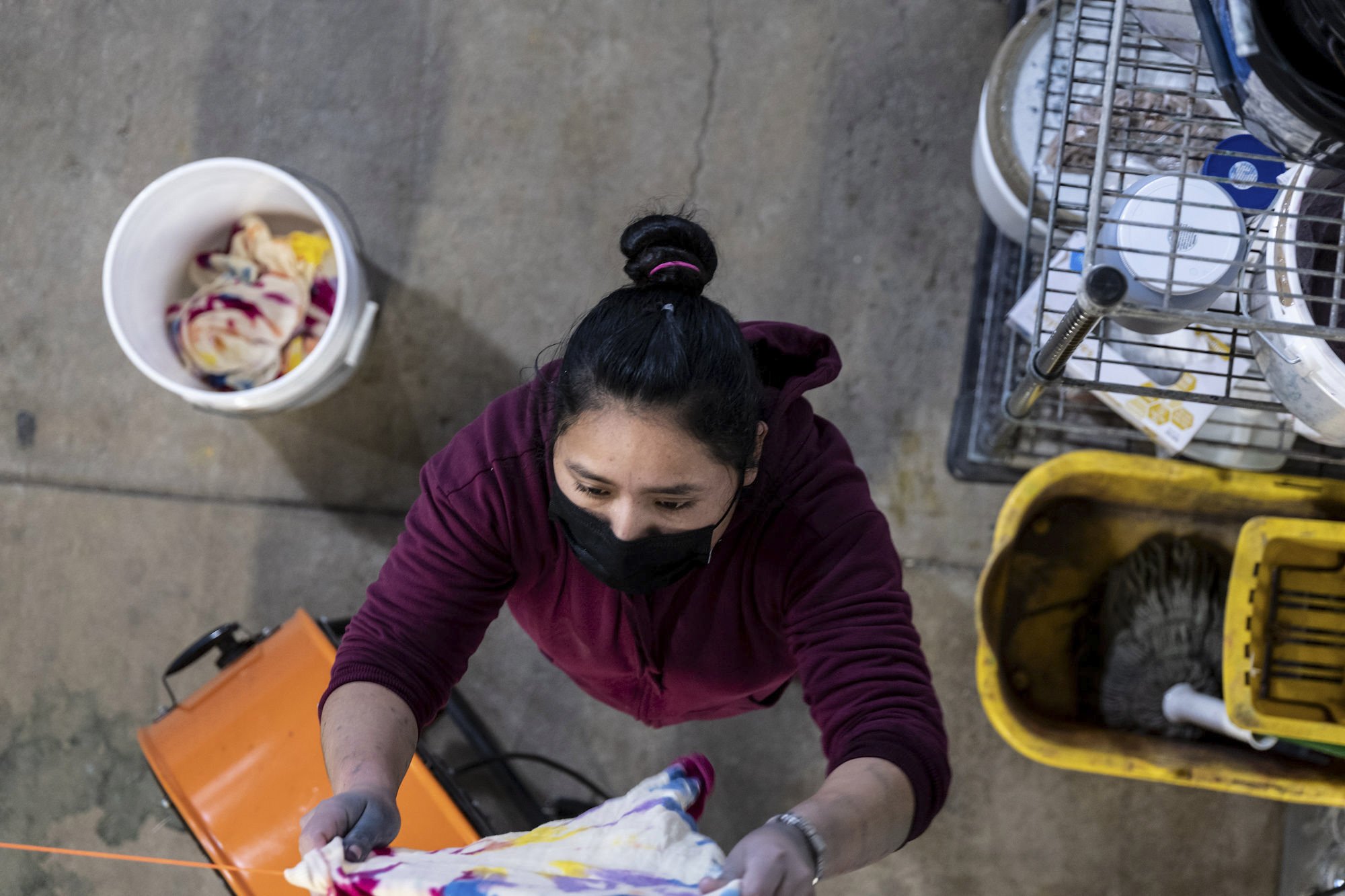
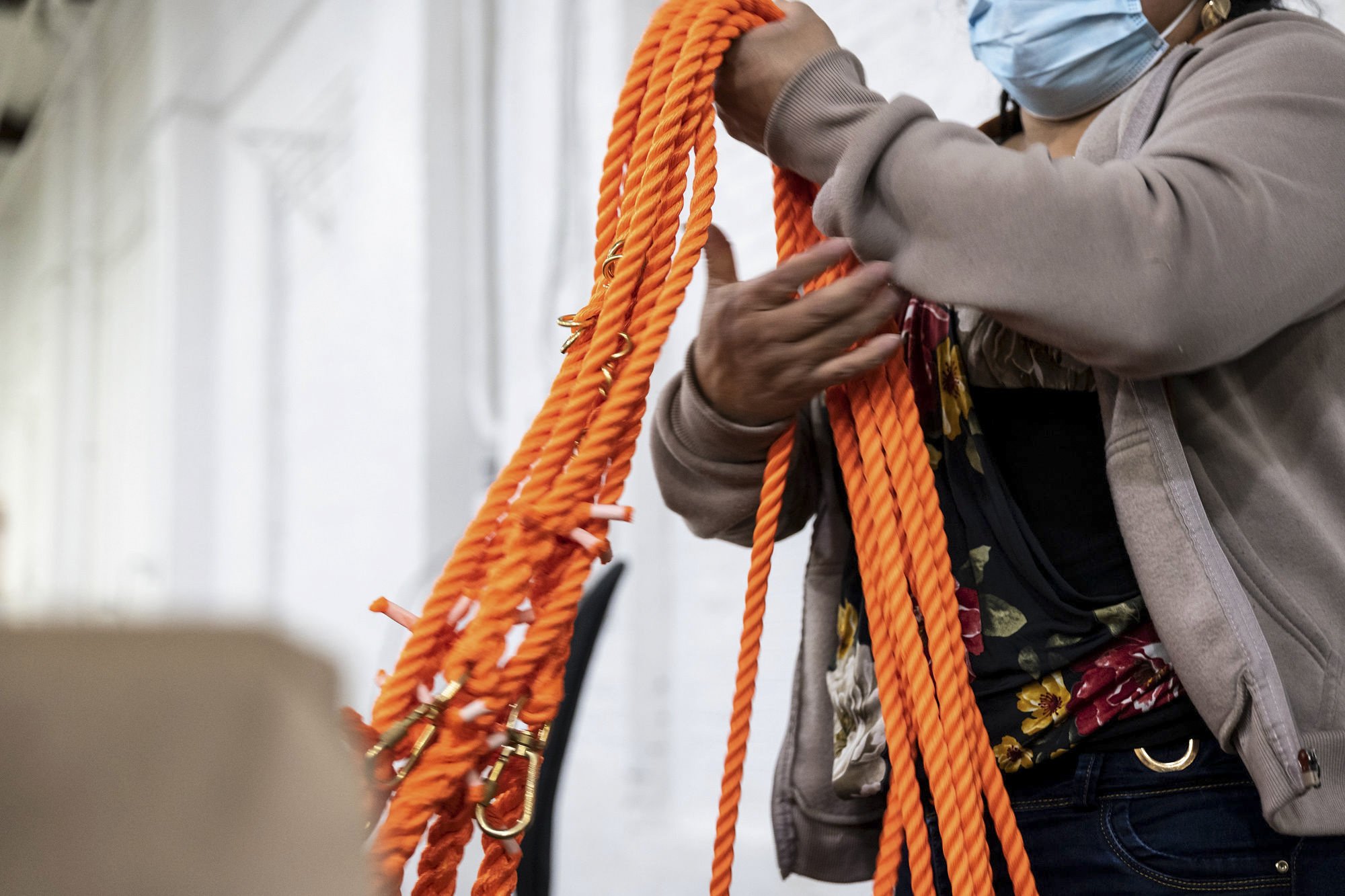
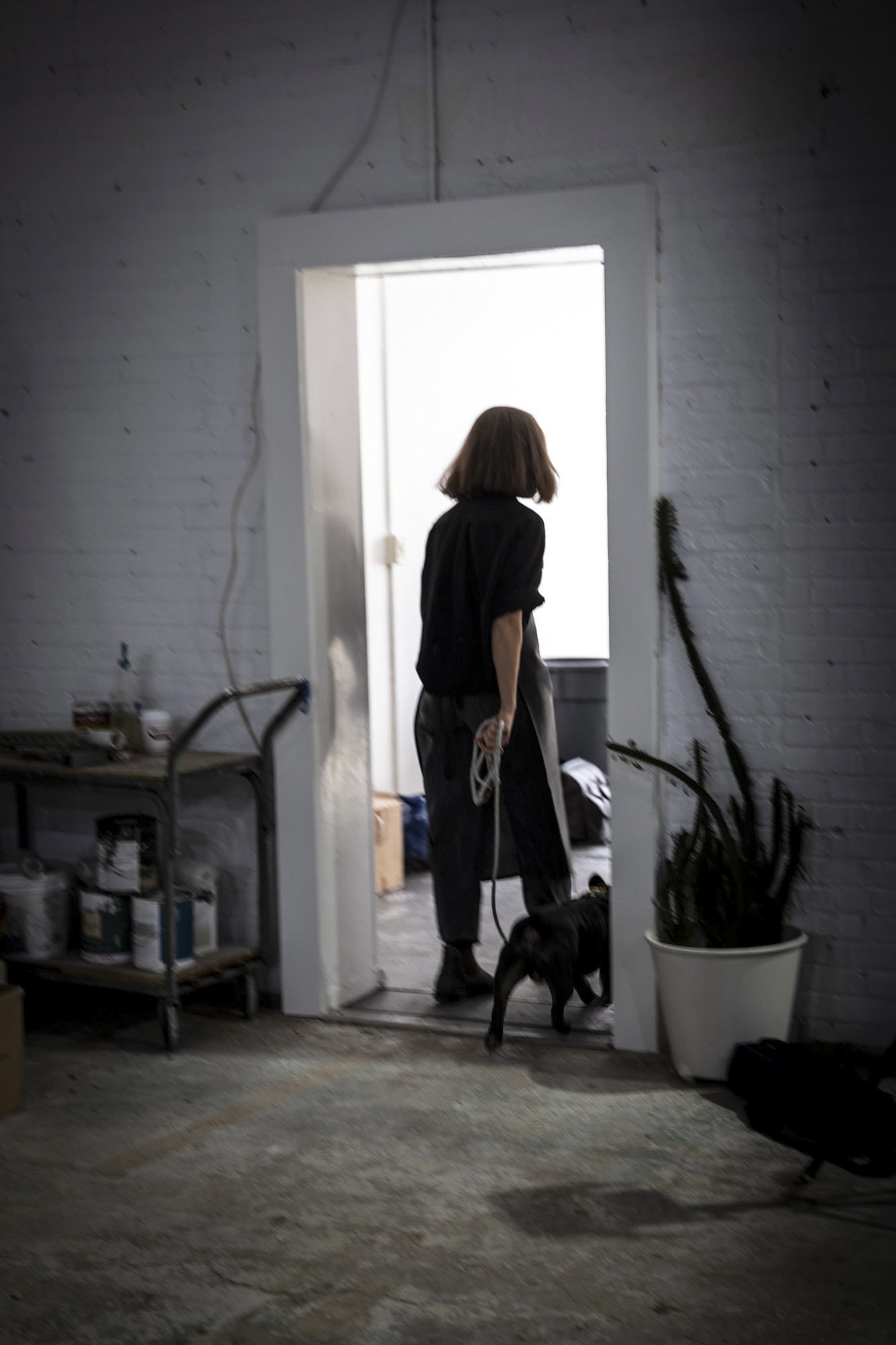
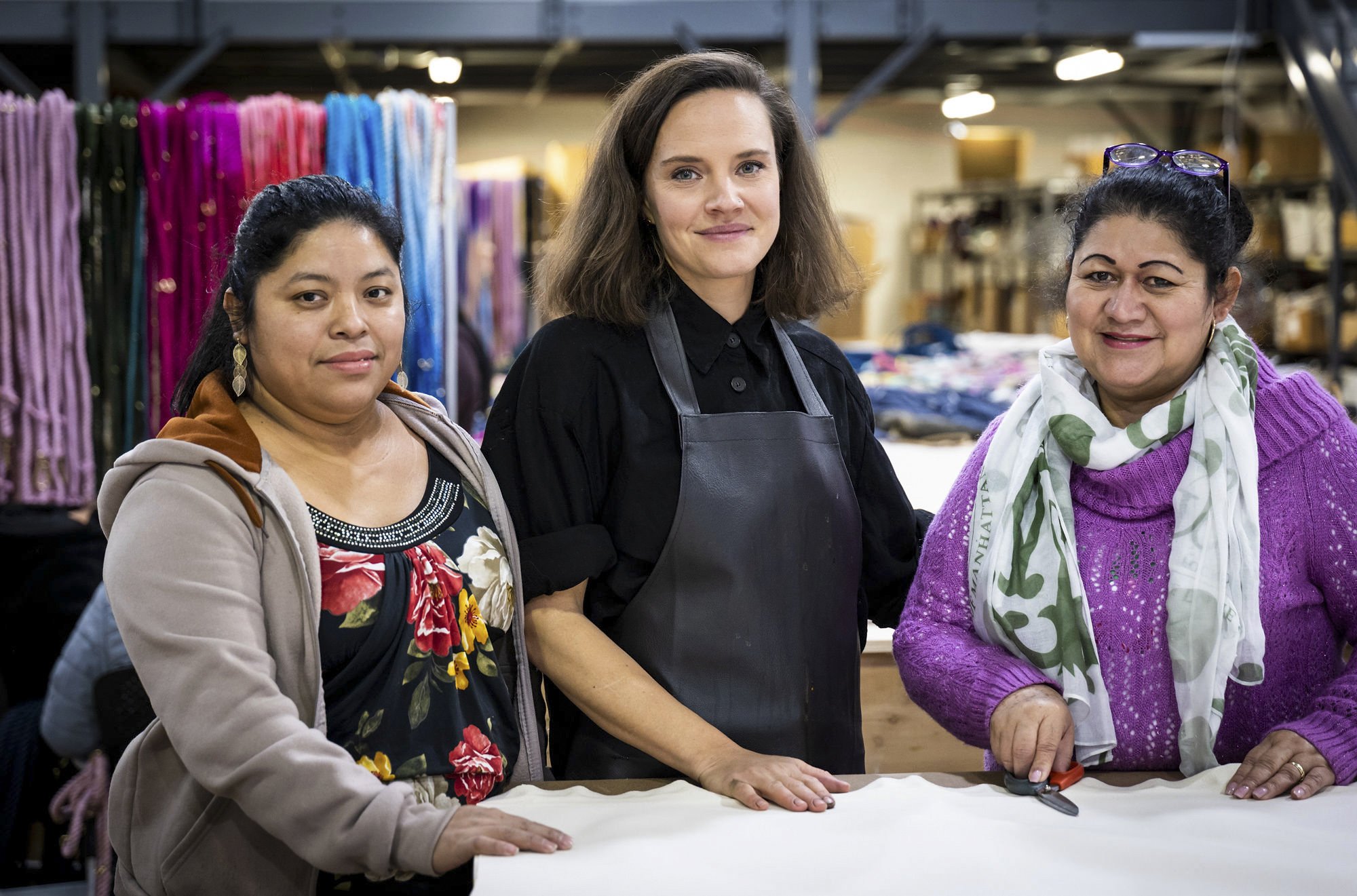
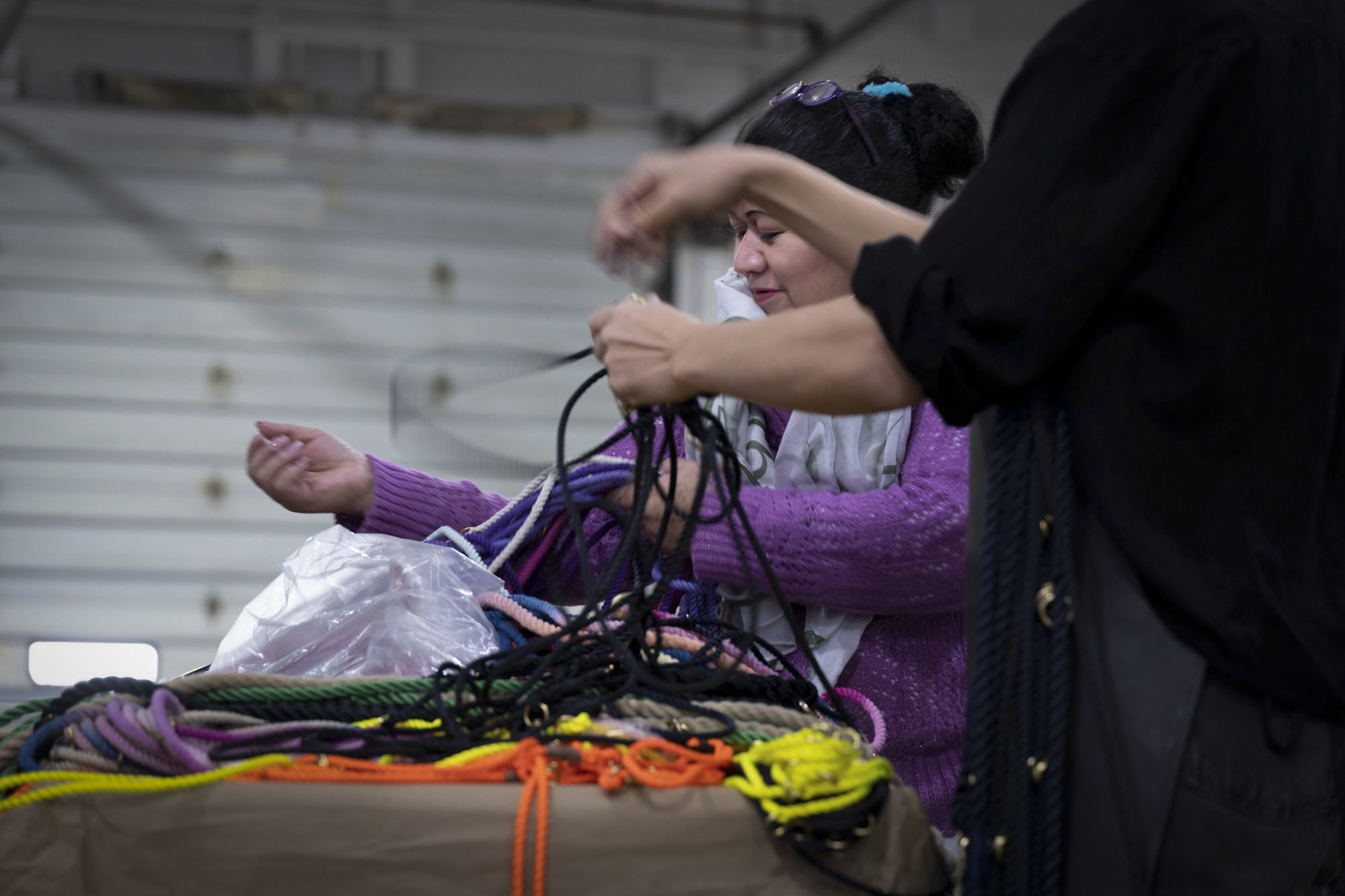
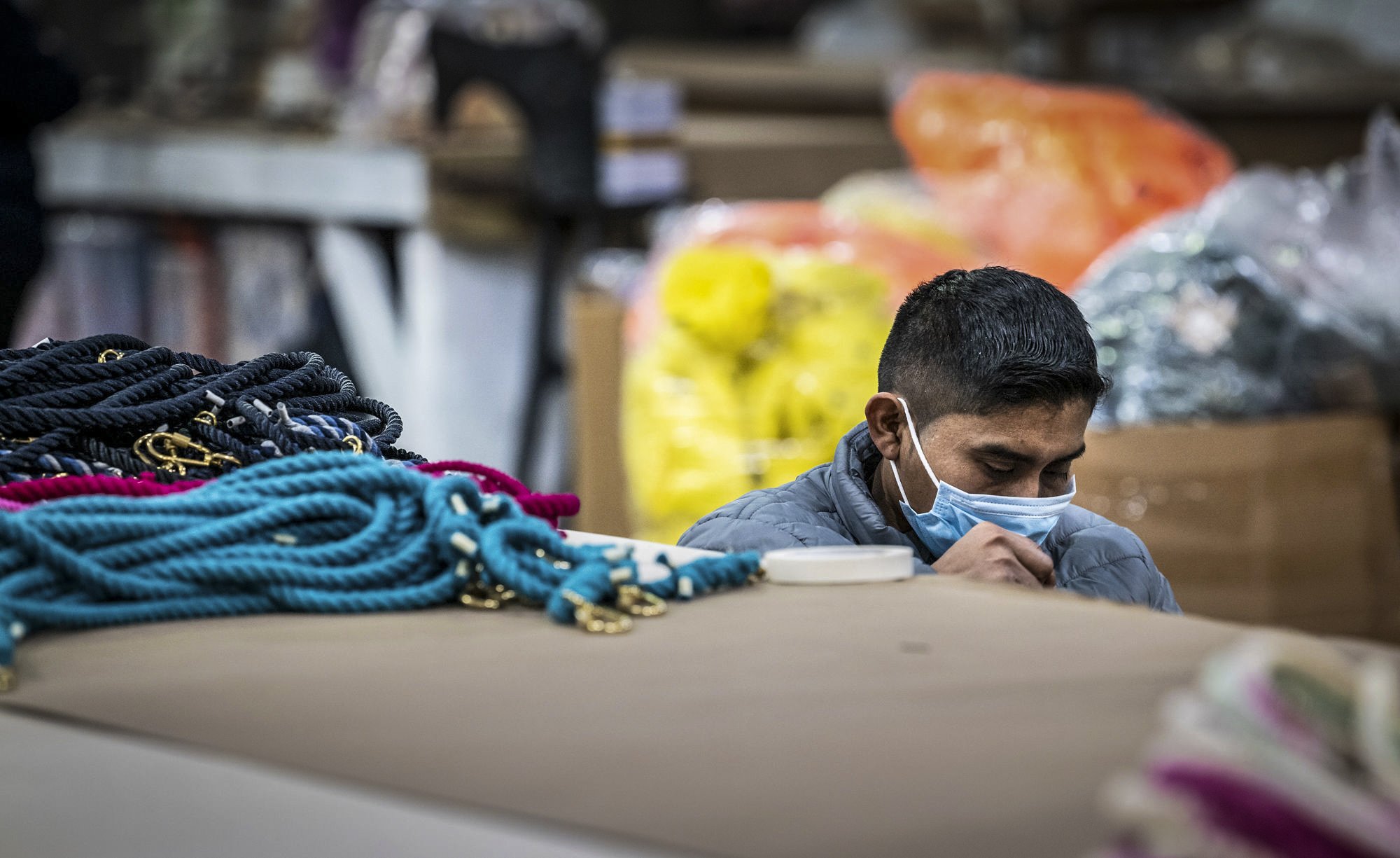
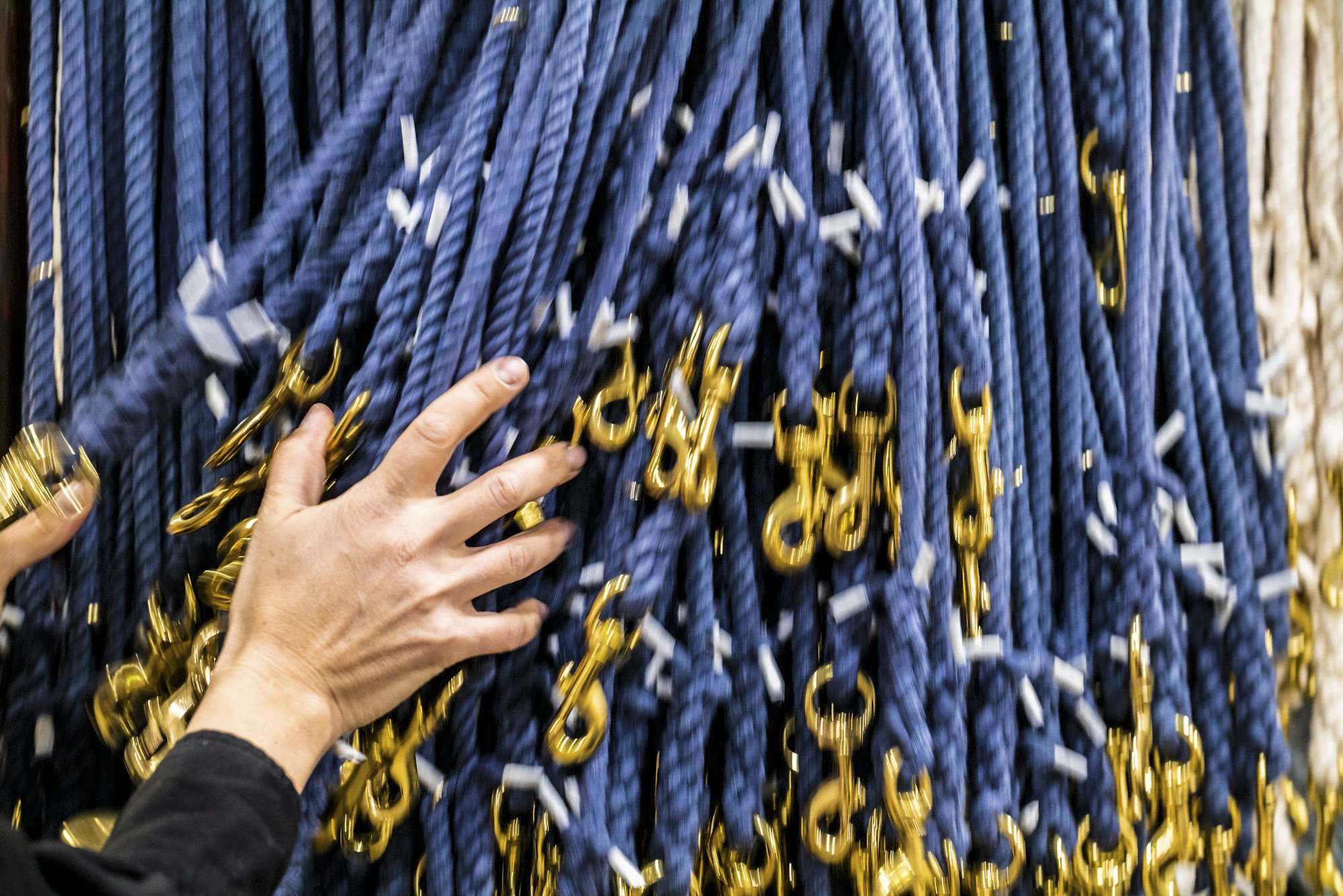
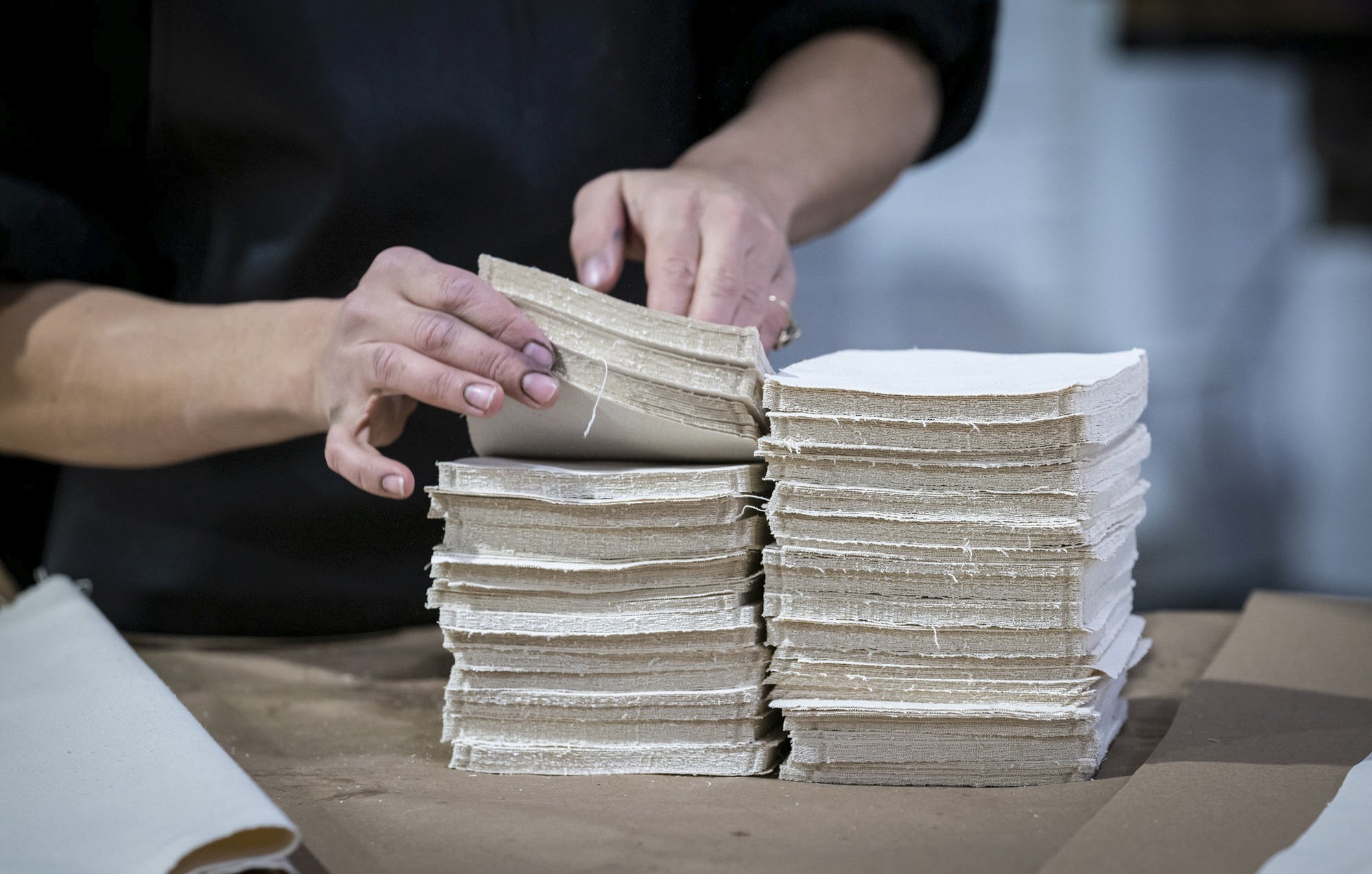
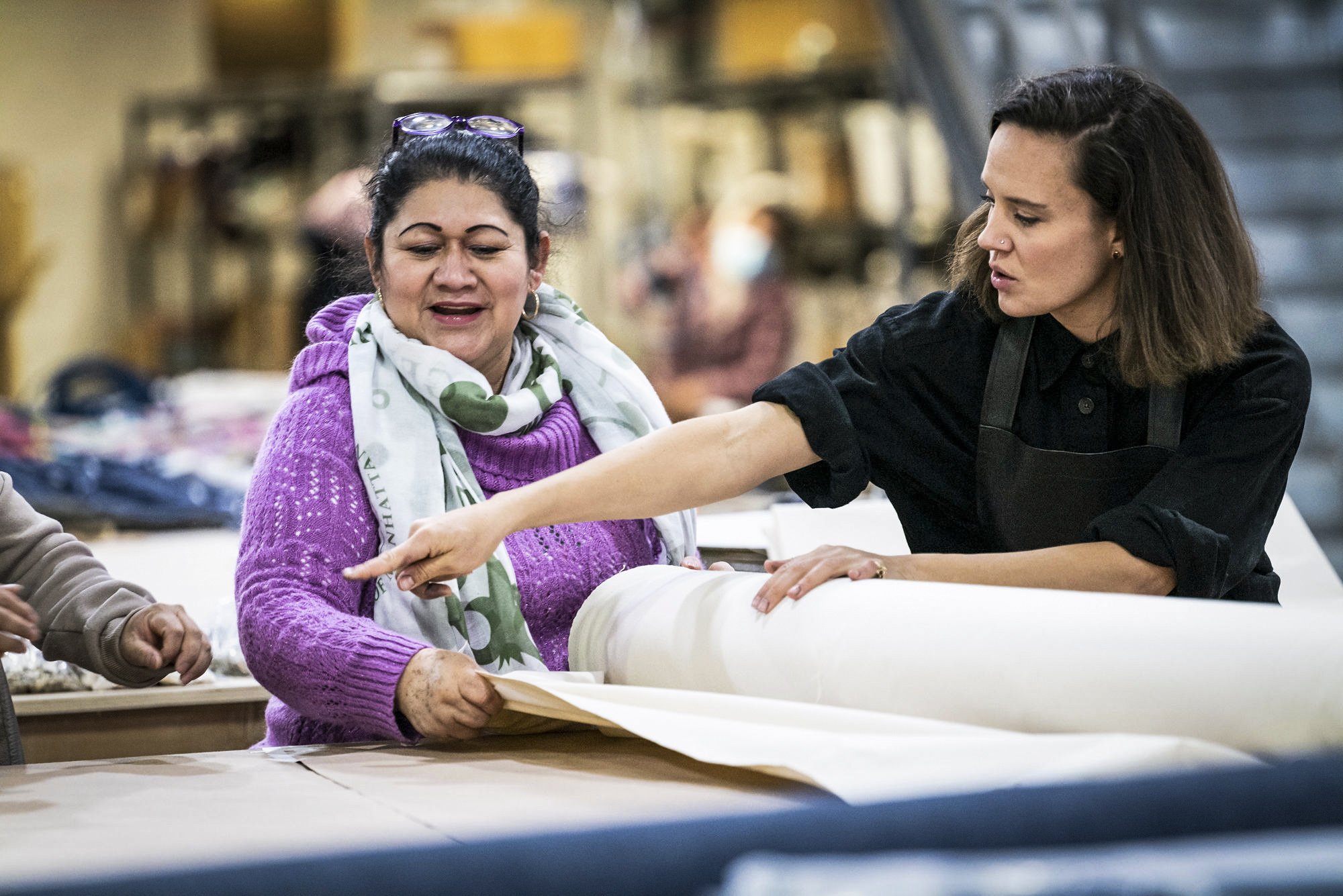
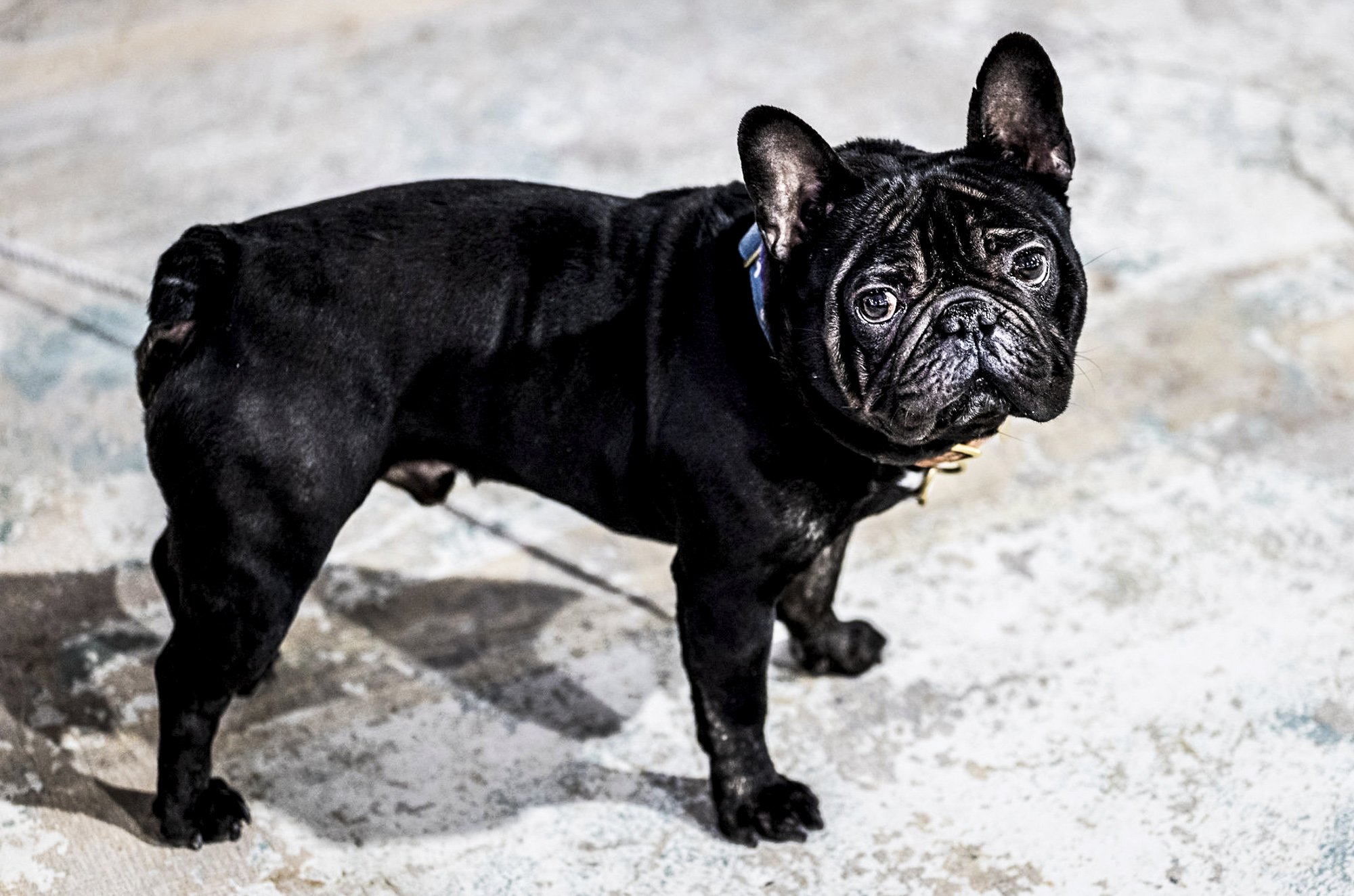
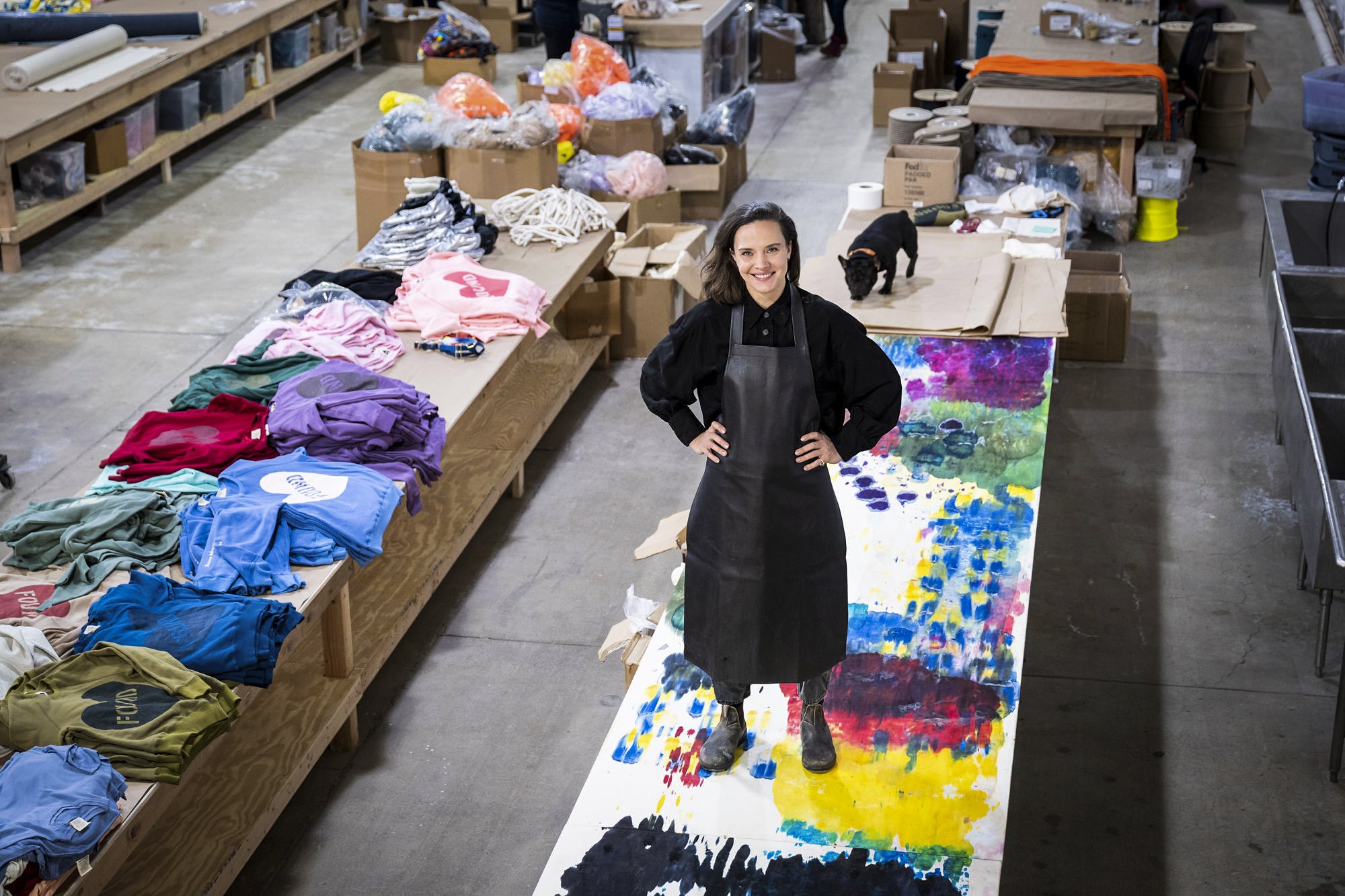
Who are you?
My name is Bethany Obrecht. My company is called Found My Animal, which we started in 2007 to raise awareness for animal adoption. Owning a business is one of the most stressful things I've ever done in my whole entire life.
How long have you been in Kingston?
I've been in Kingston for three and a half years, going on four this July.
What gives you joy about Kingston?
What gives me joy about Kingston is that, as a business owner and after 15 years of manufacturing, I could finally afford to buy my very own building and expand in a way that I've never expanded before.
What would you change, if anything, about Kingston?
If I could change something about Kingston, it would be the possibility of more affordable housing for my employees. Right now they walk to work and they've been complaining about the rising prices in housing.
What is your secret hope for your future?
My hope for me personally is to be able to manufacture in my own space with my beloved team and grow into this space, open up a store and are finally able to have all of our friends and family come visit, buy a leash, hang out and have coffee and see how we manufacture.
ANTHONY “JUNIOR” TAMPONE
“When we go through our city, you see all of these remnants of what was urban renewal in the 1960s. And a highway like 9W that destroyed our downtown area. And what if that wasn’t there anymore? I mean, if you talk about grand views of how the city could be, I’d want to see no highways or giant bridges in our city.”
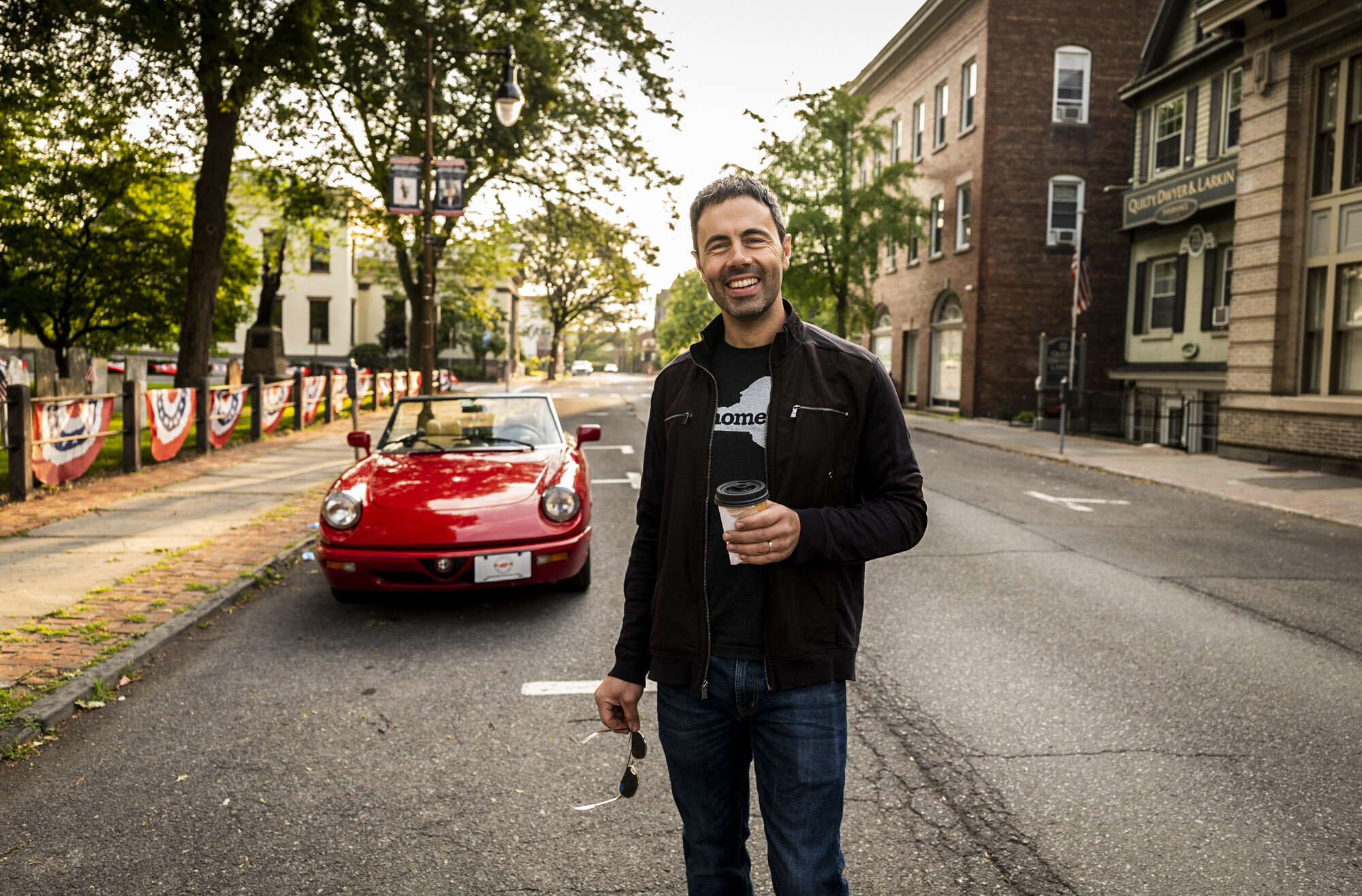
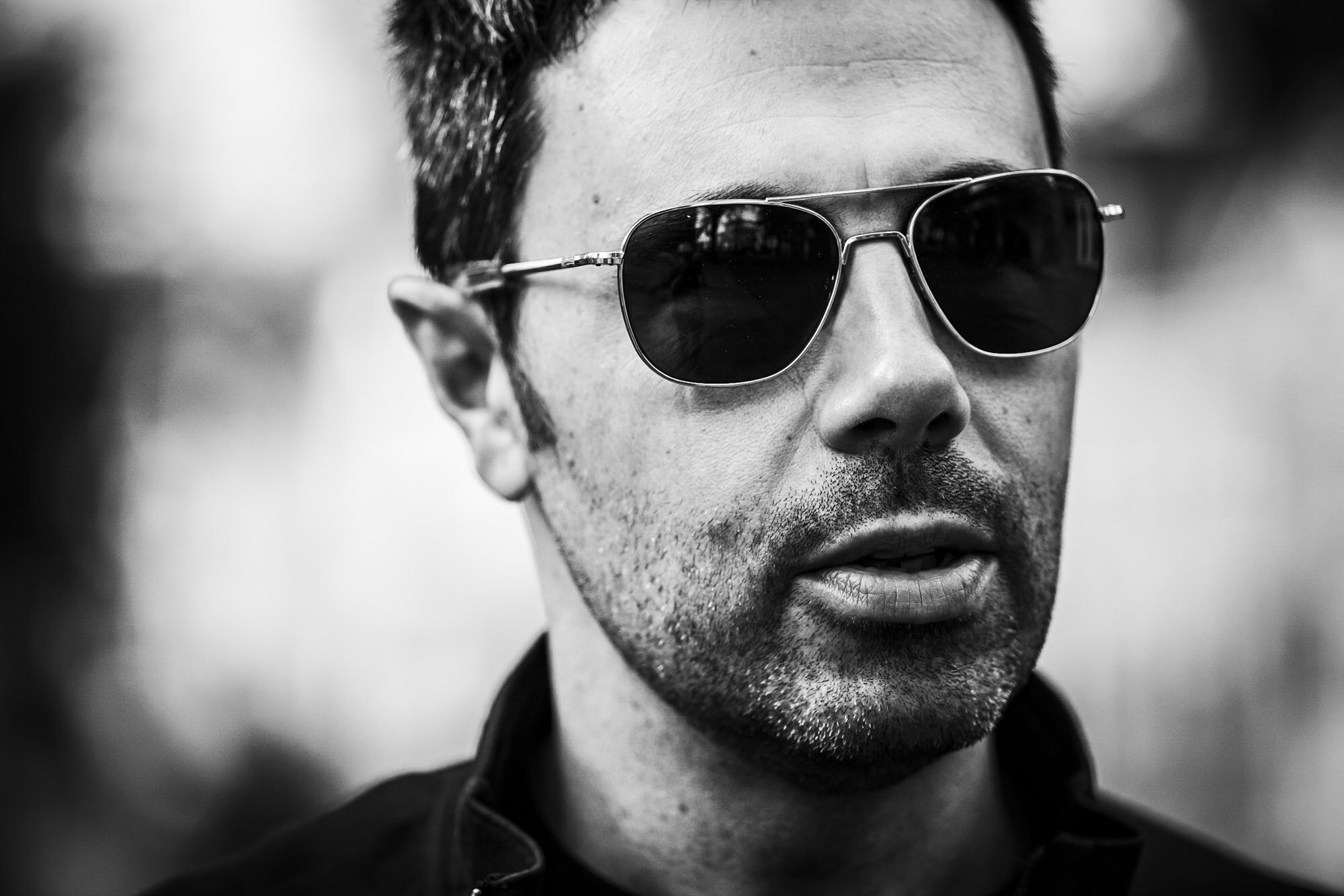
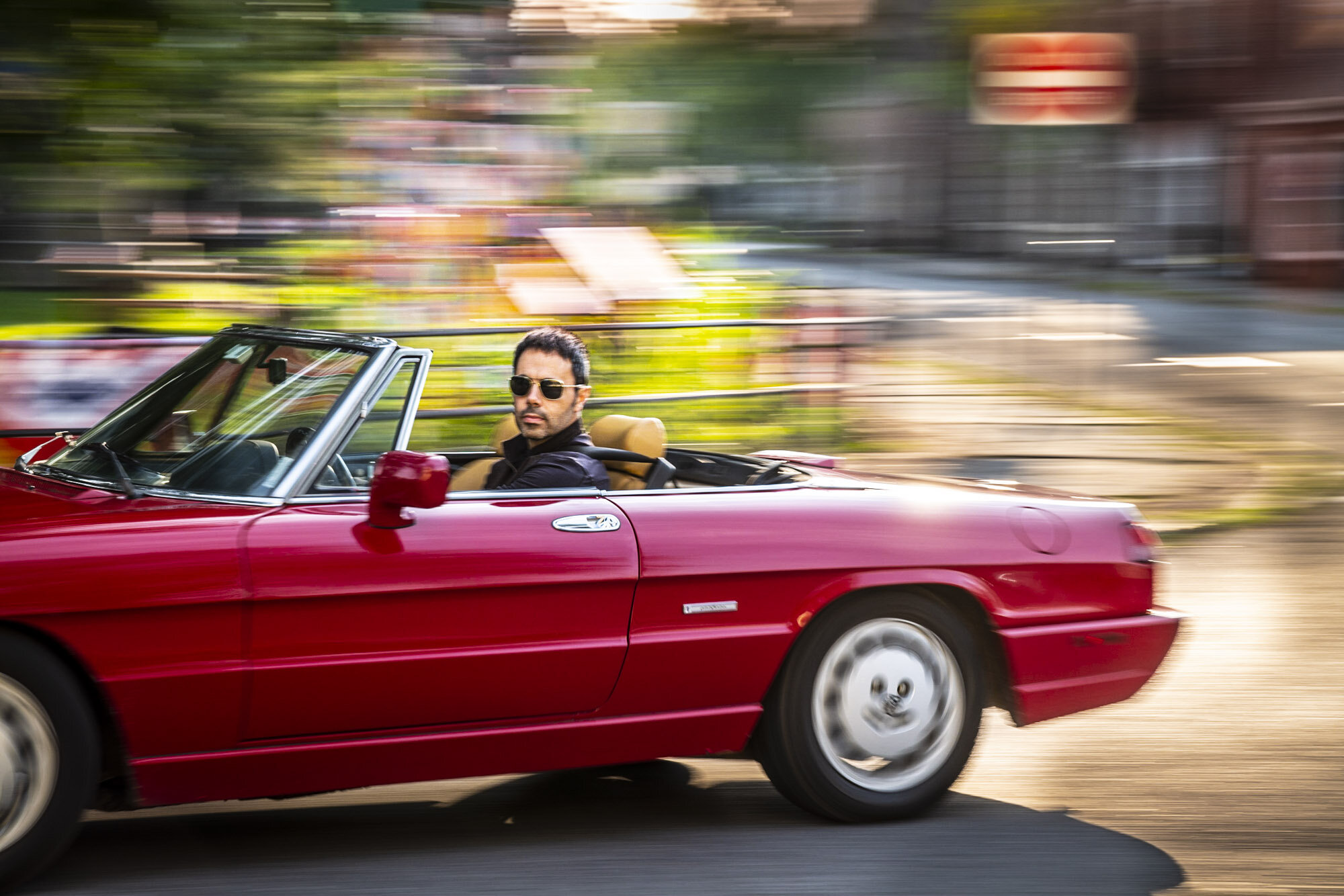
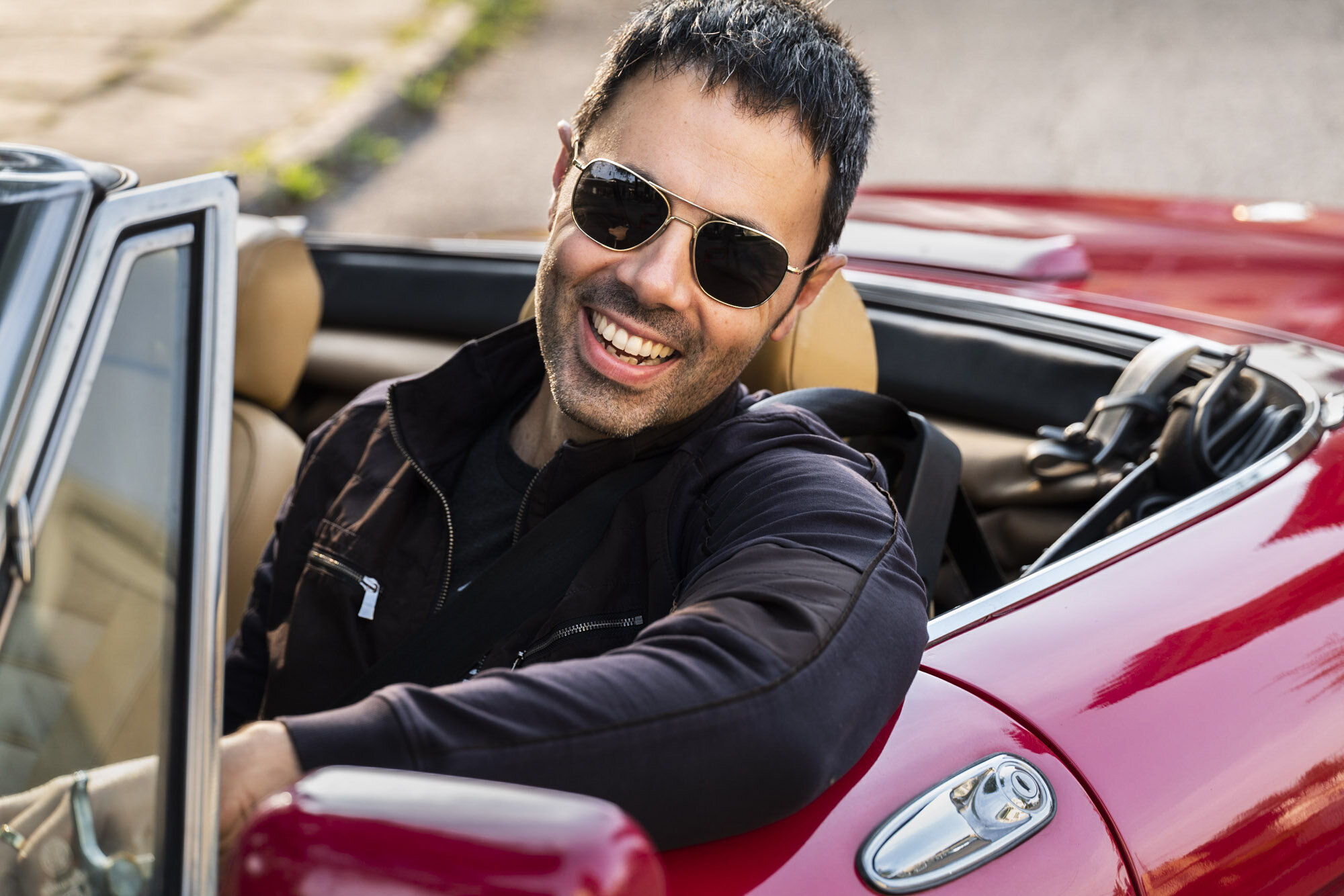
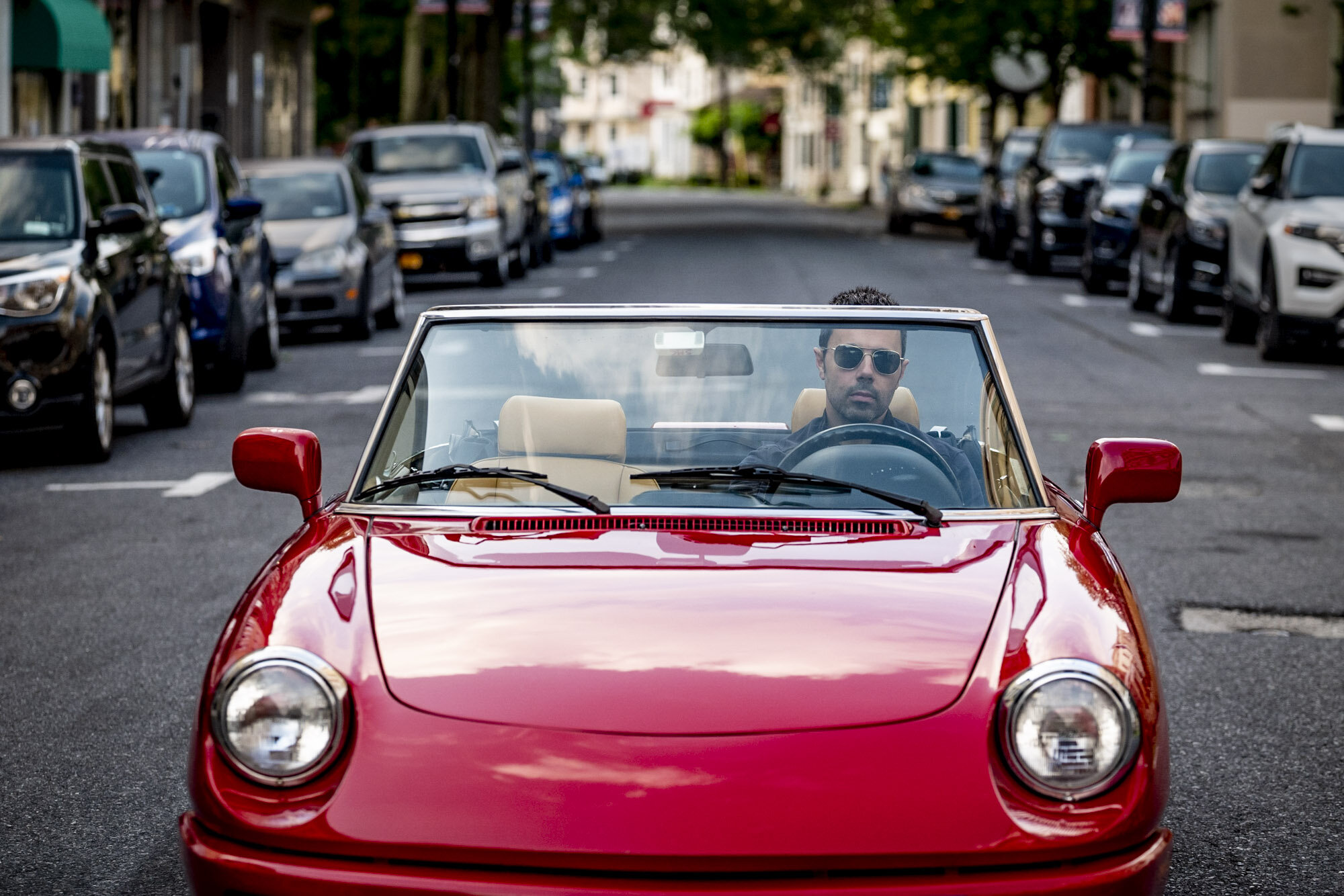
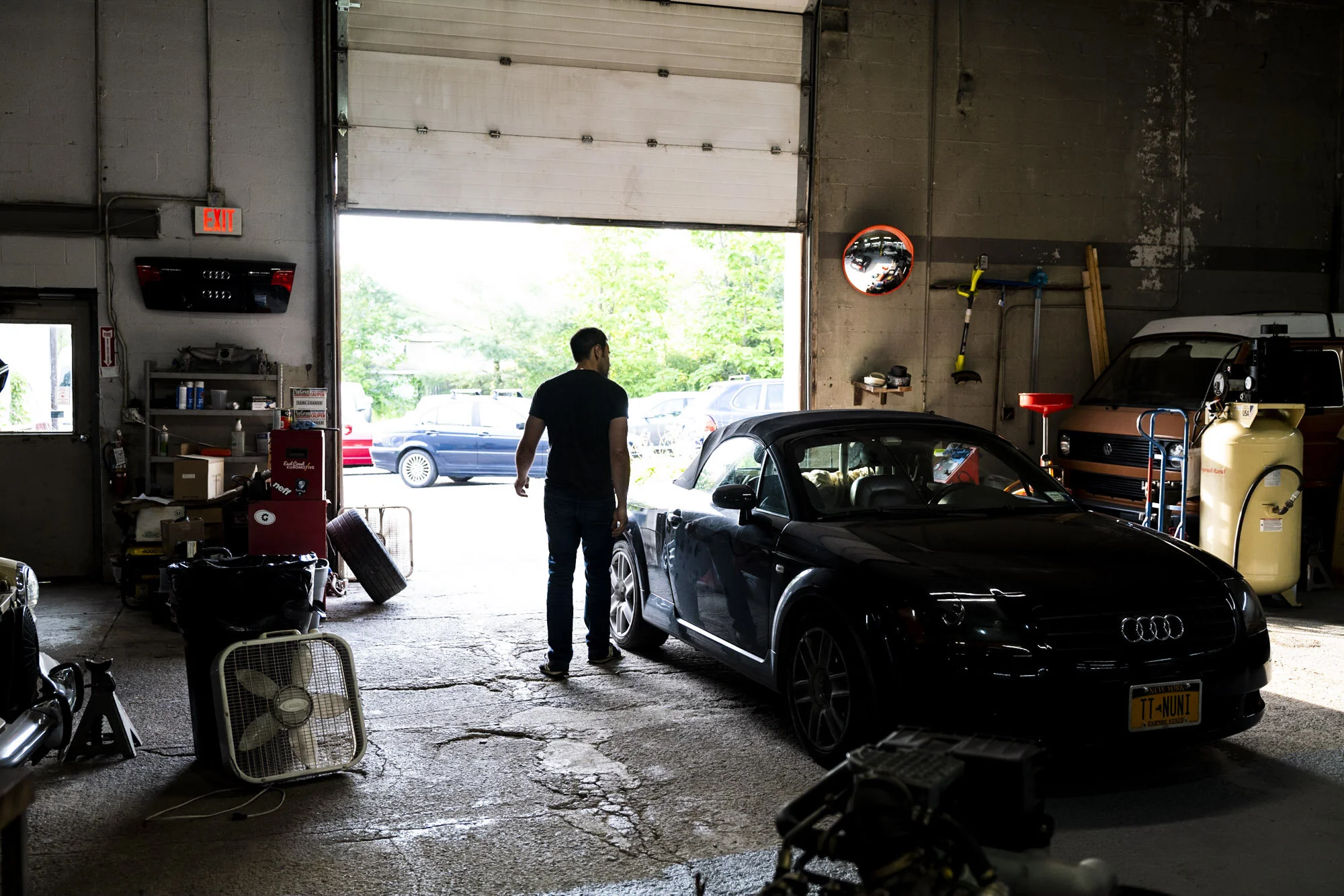
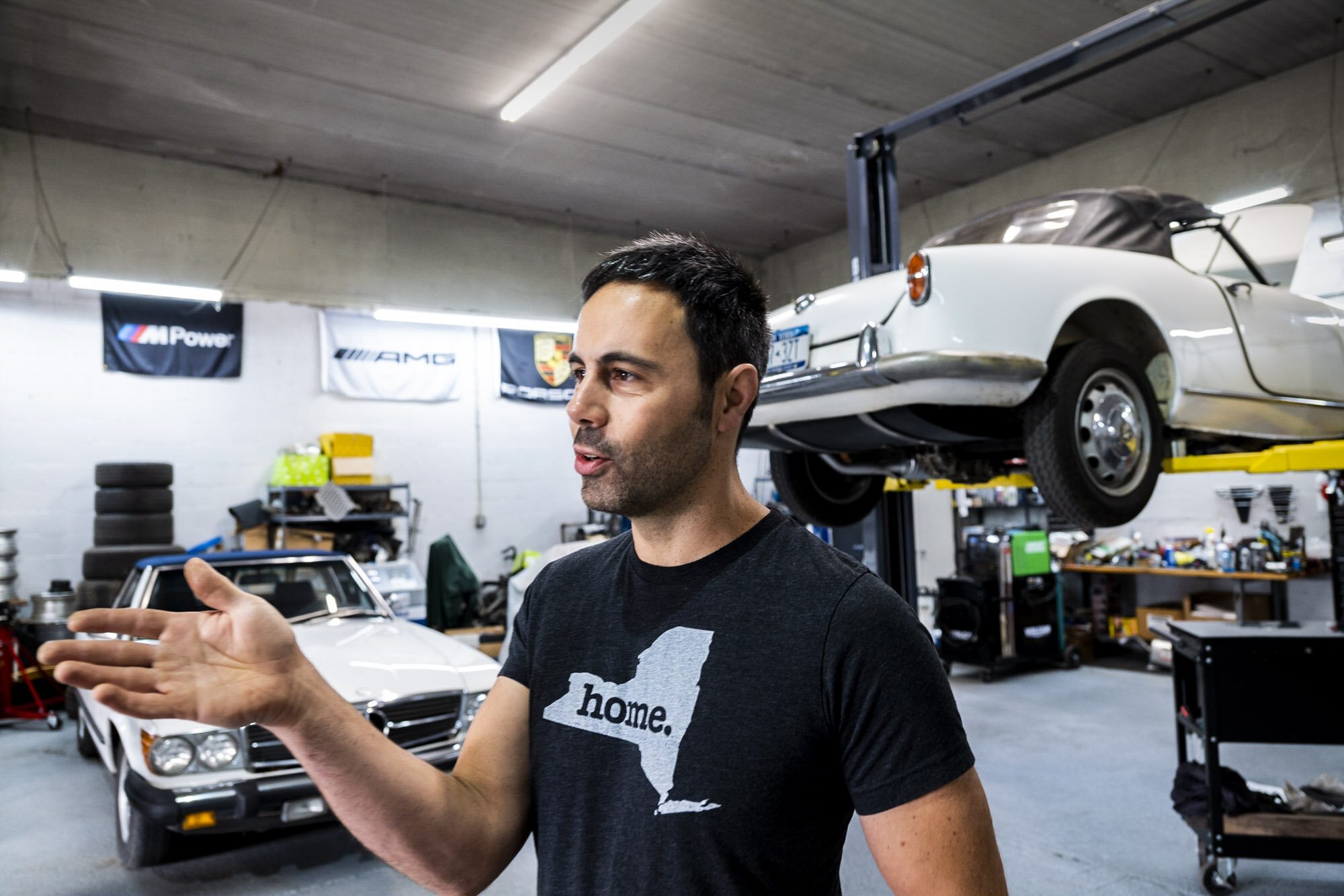
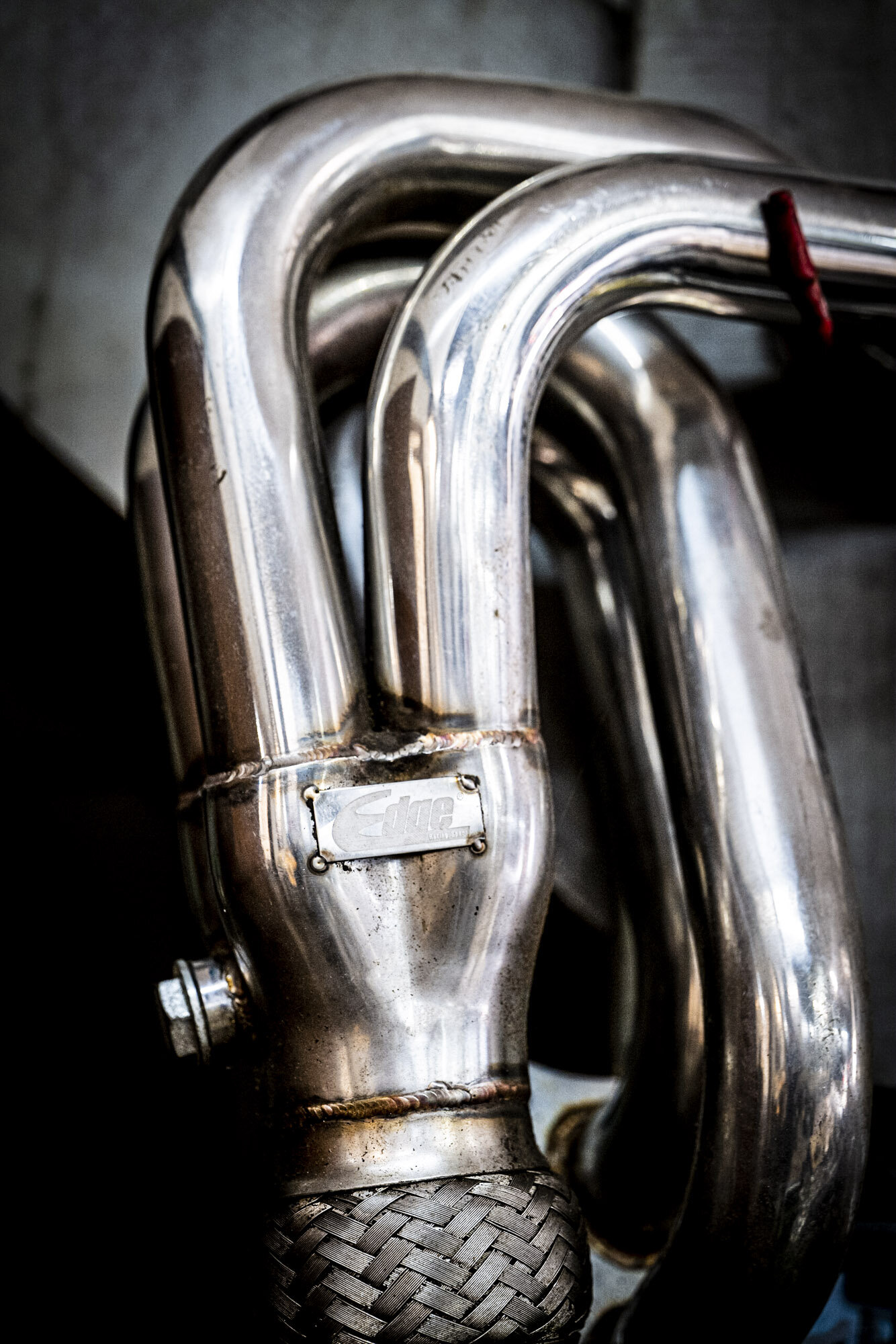
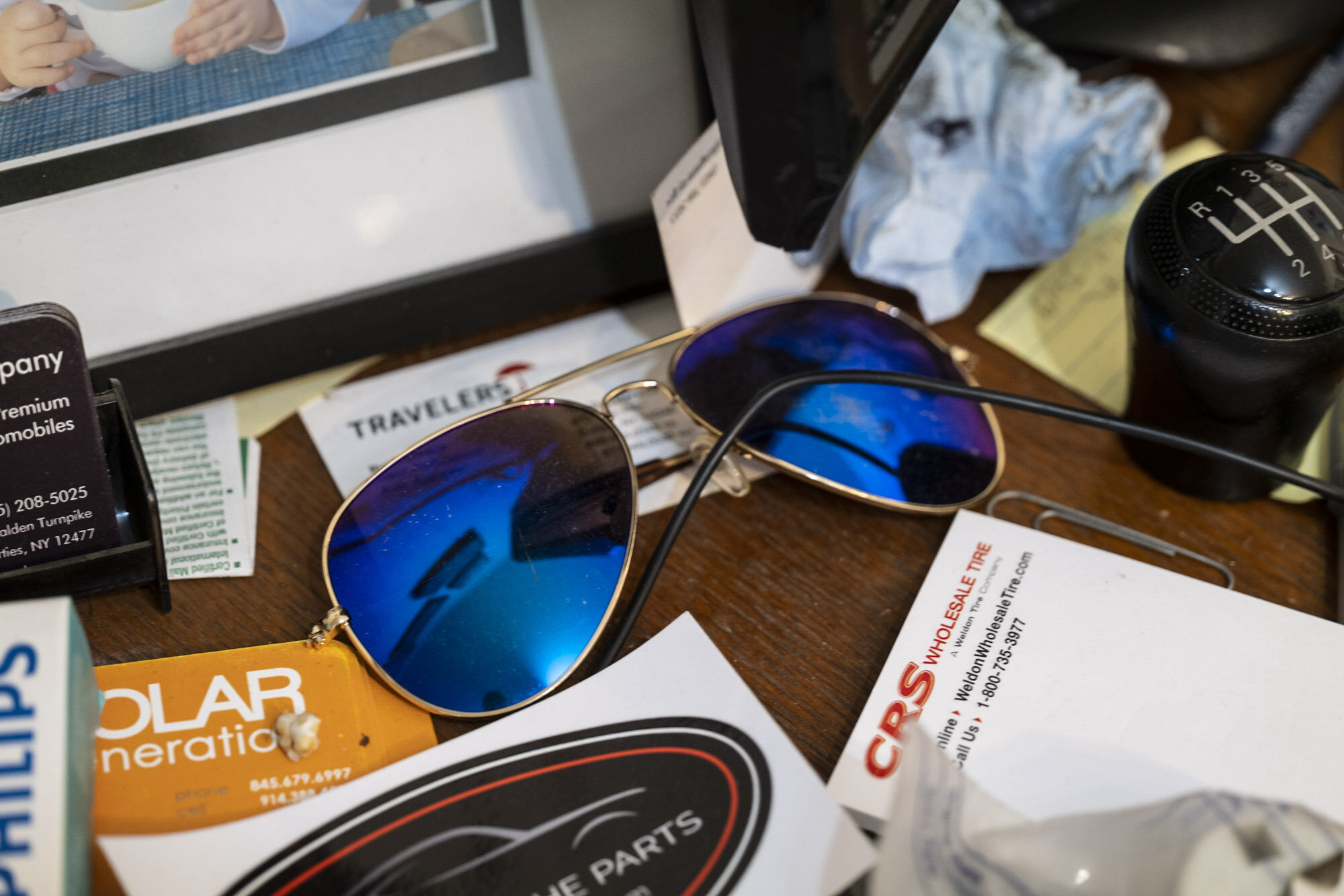
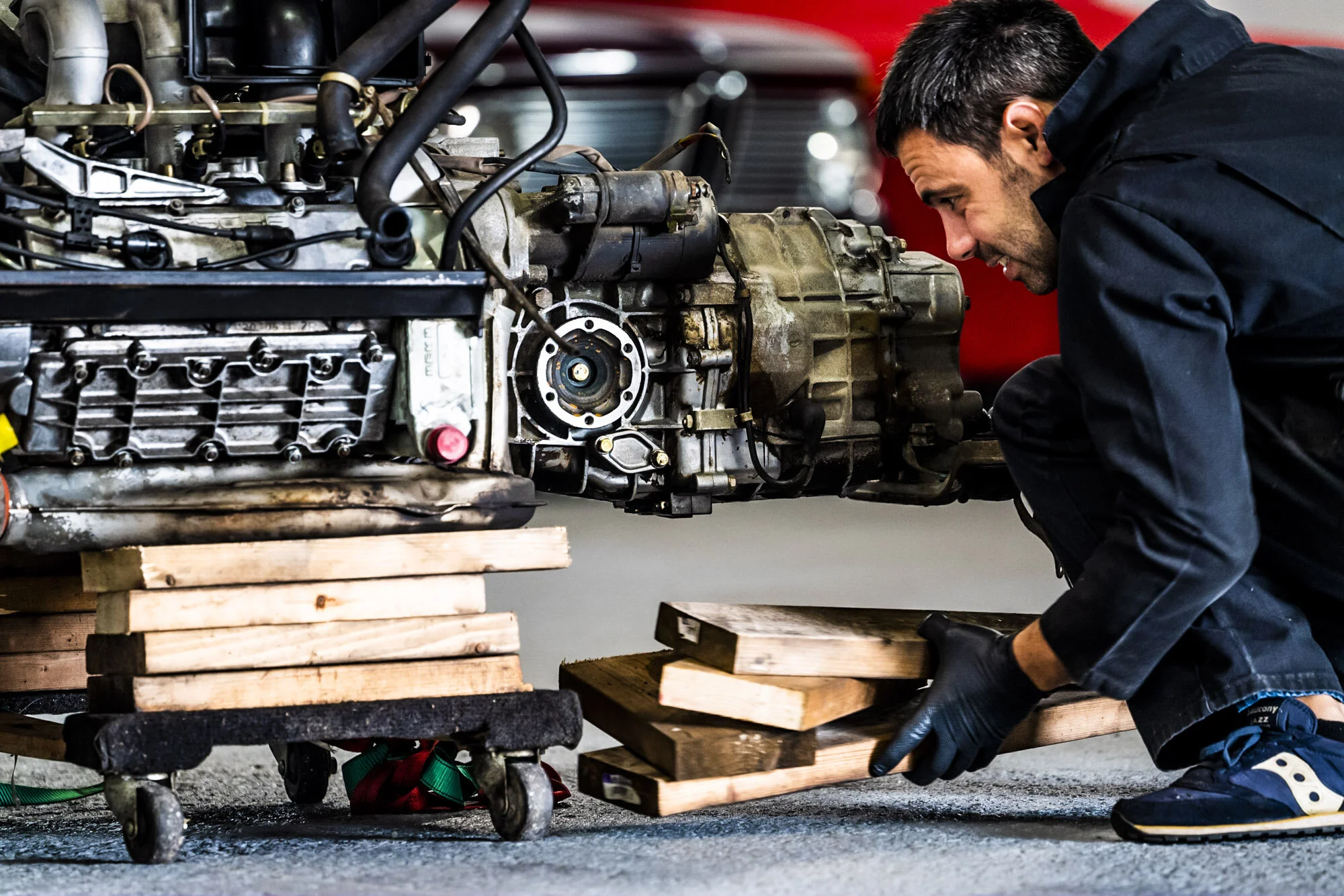
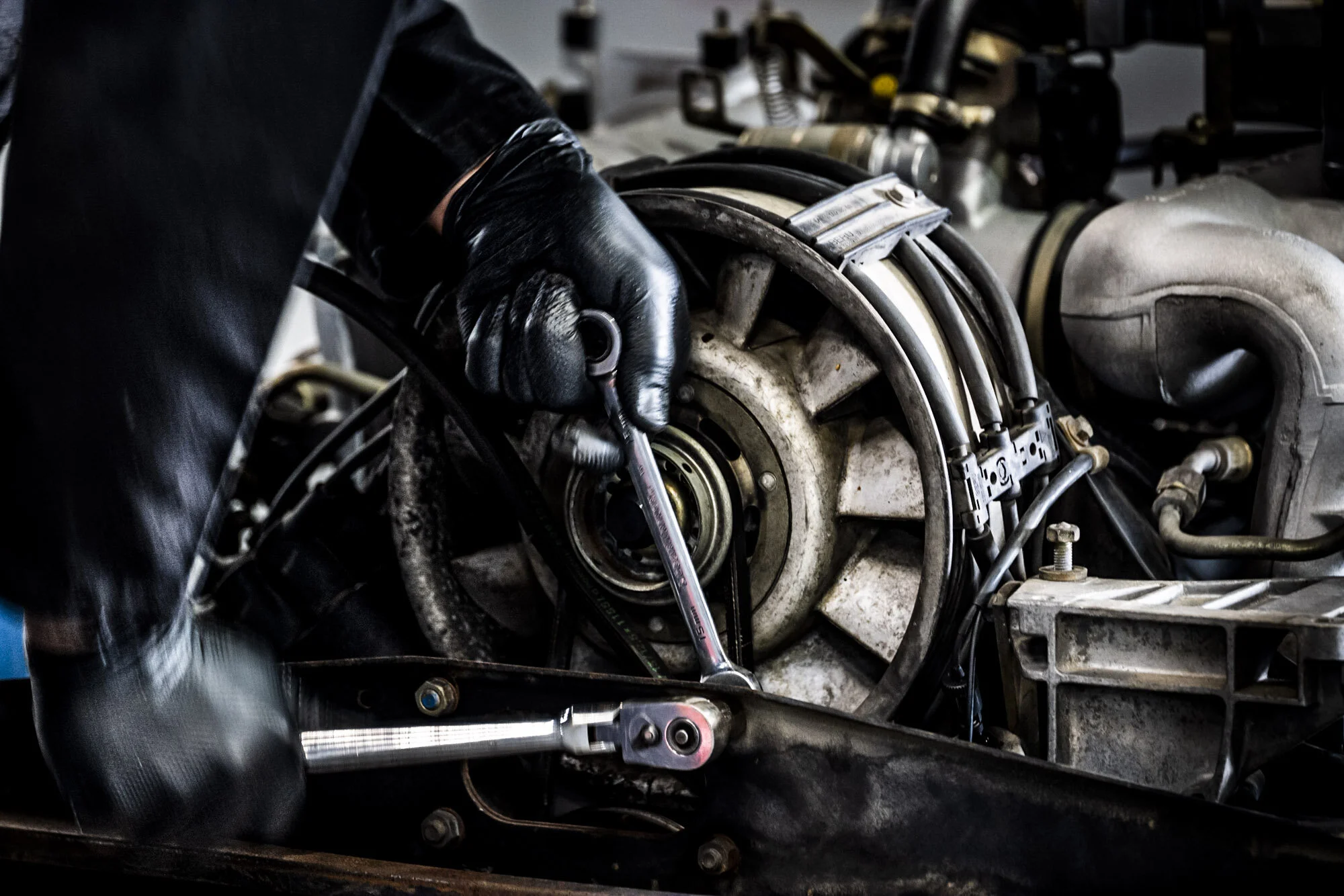
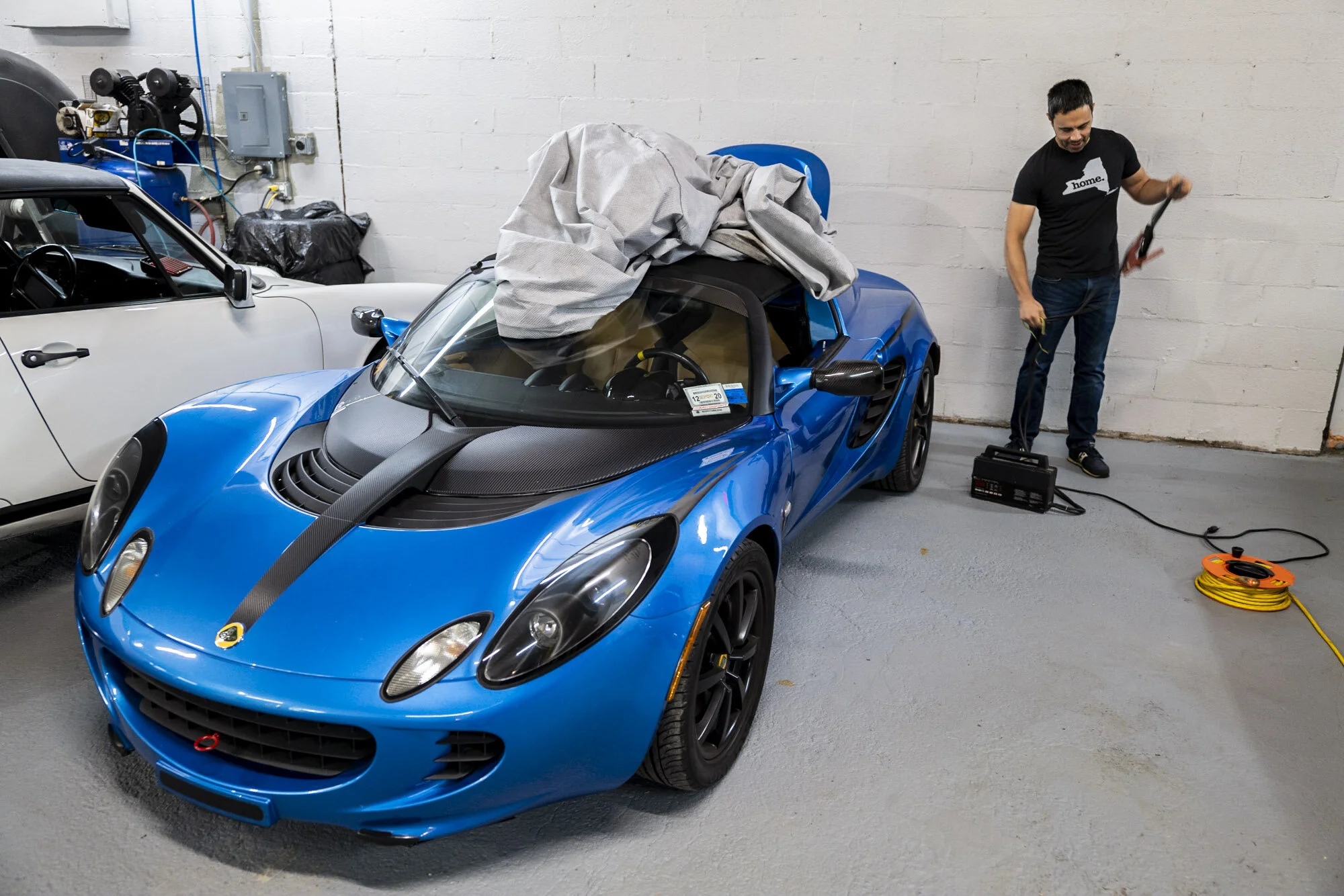
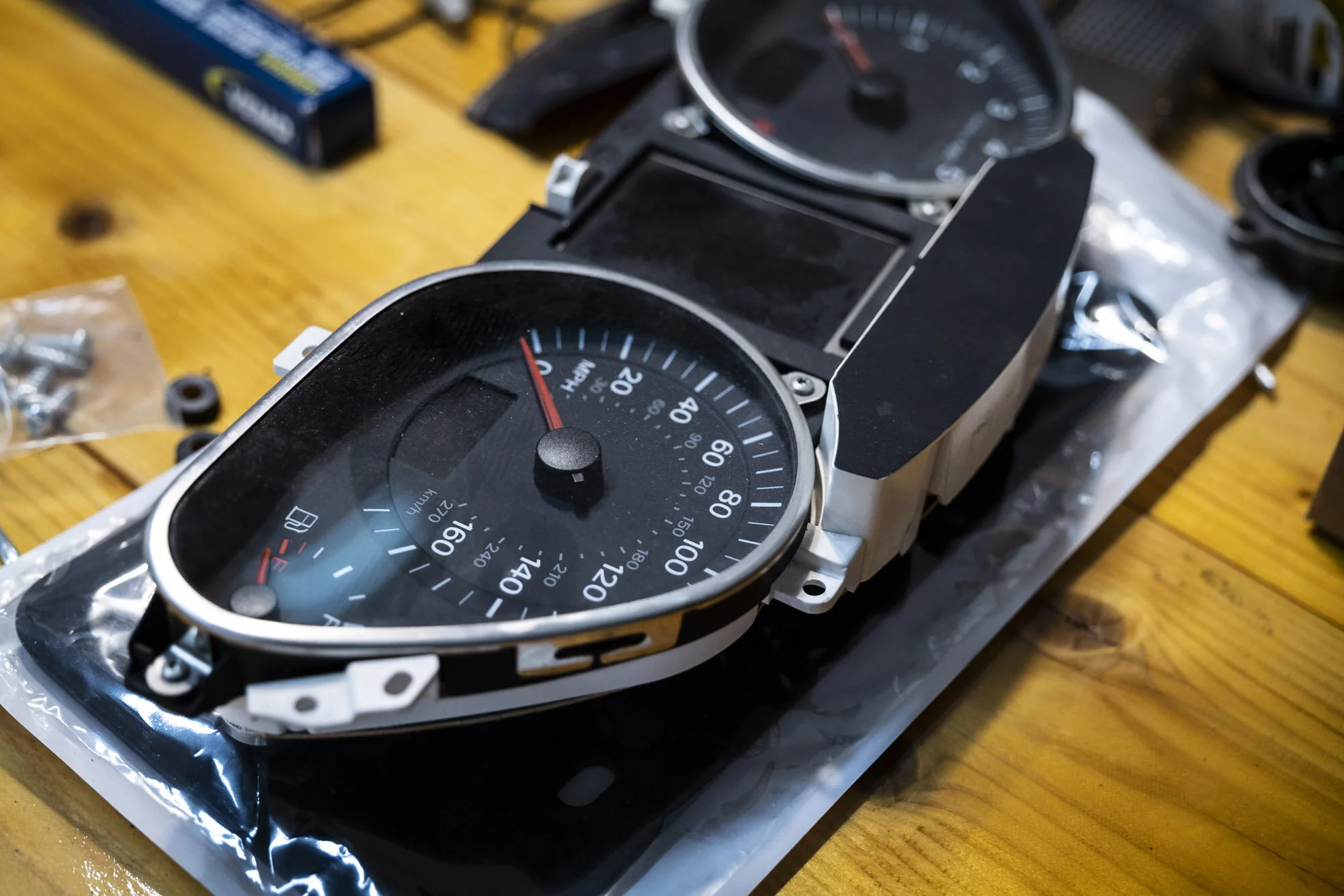
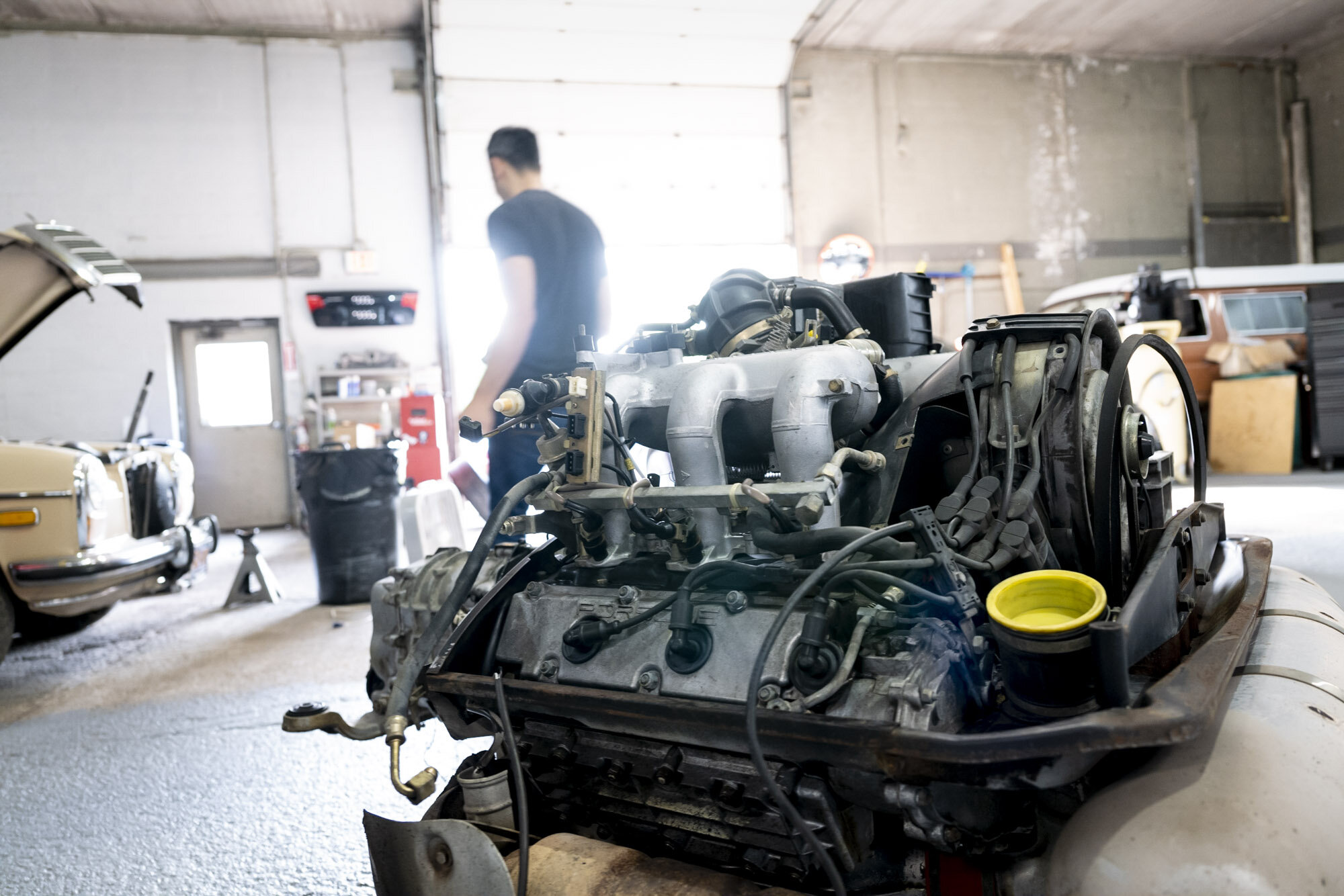
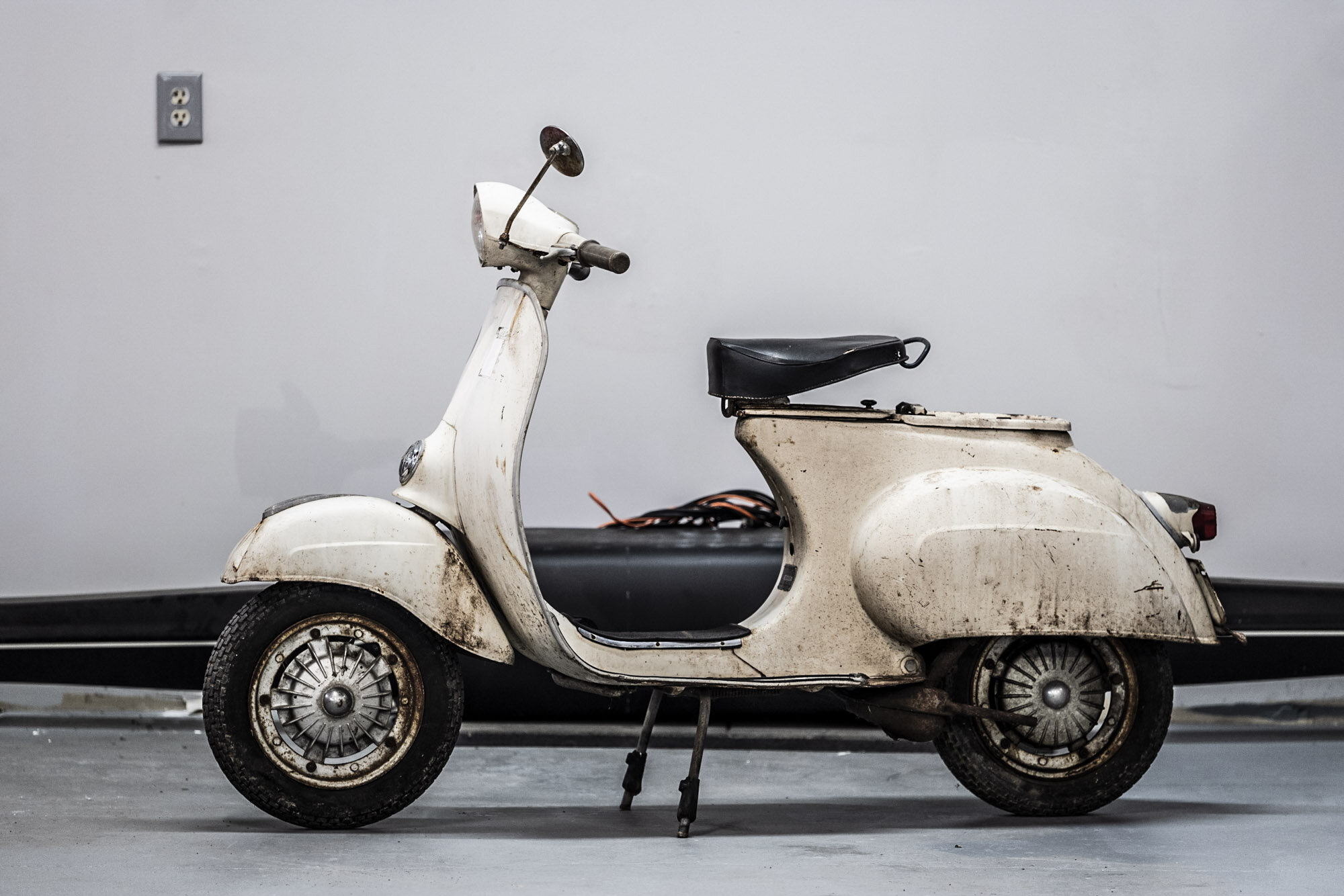

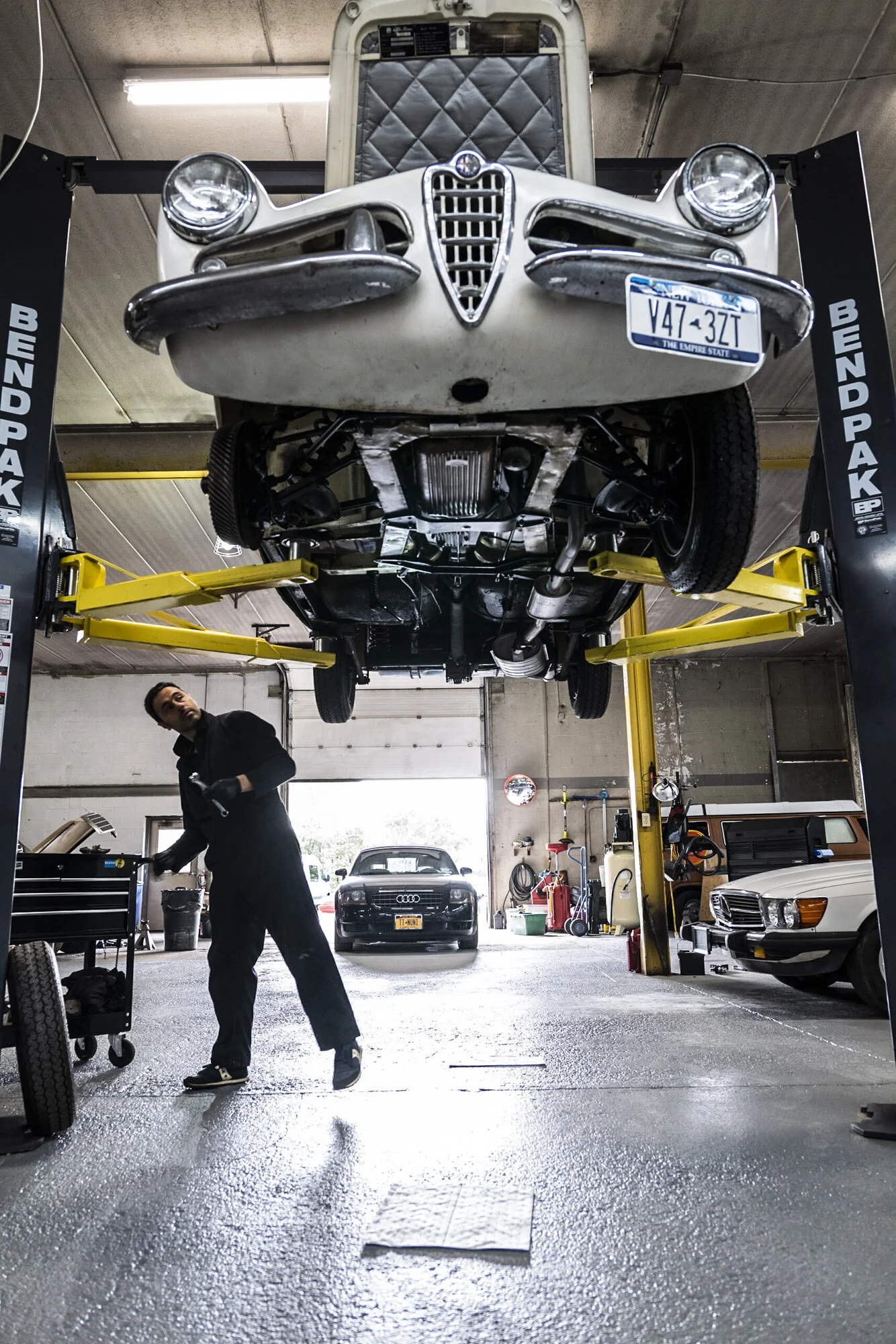
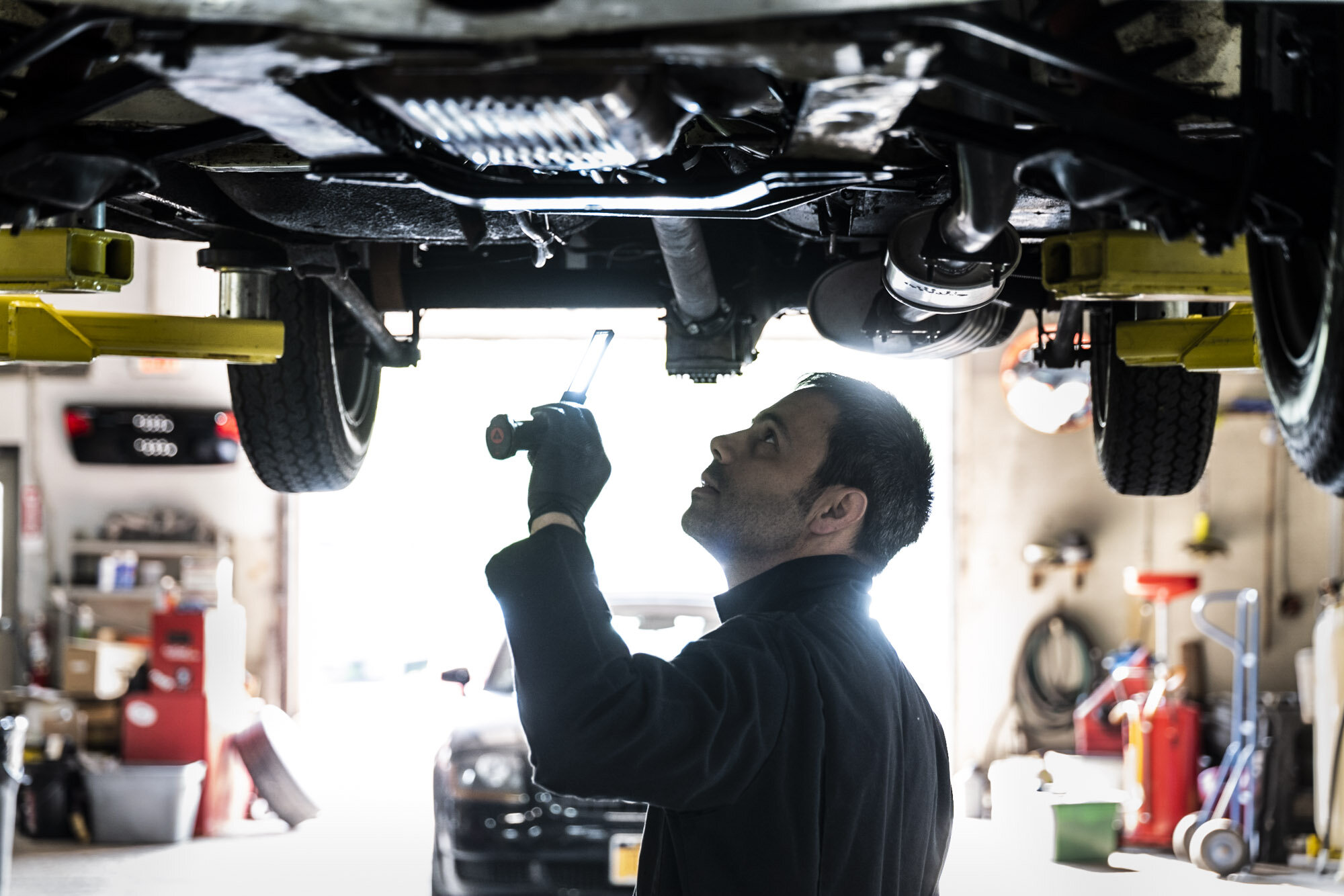
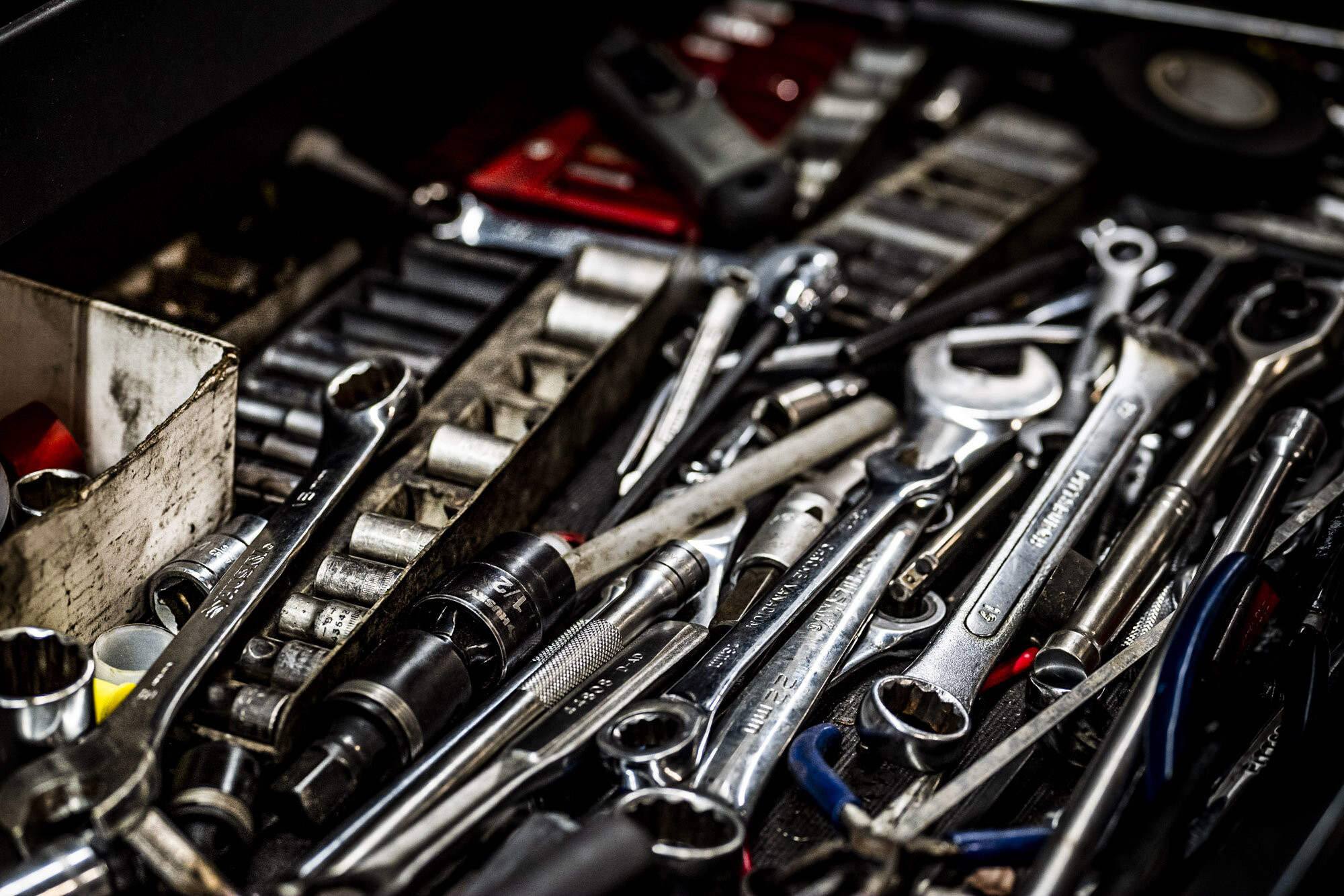
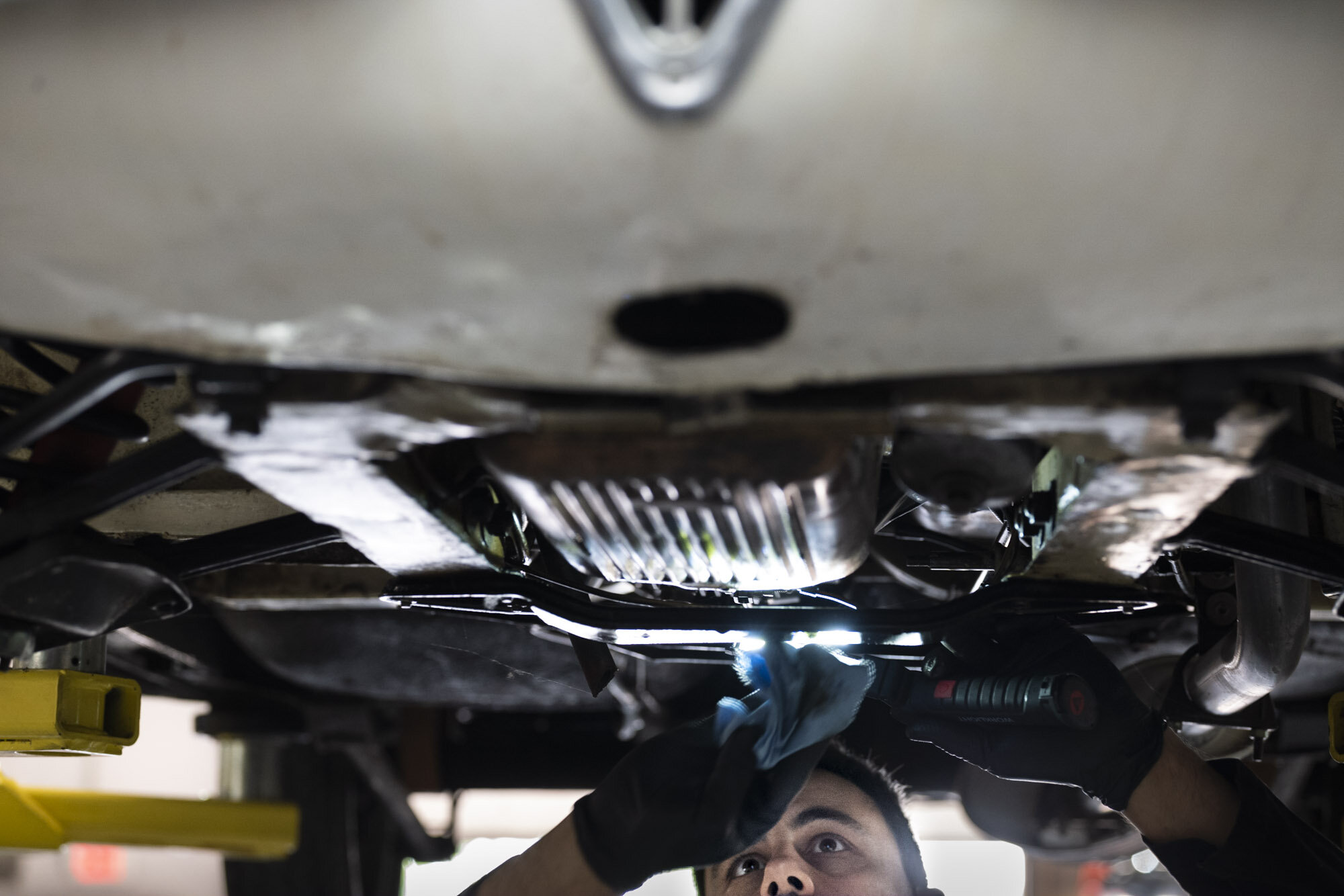
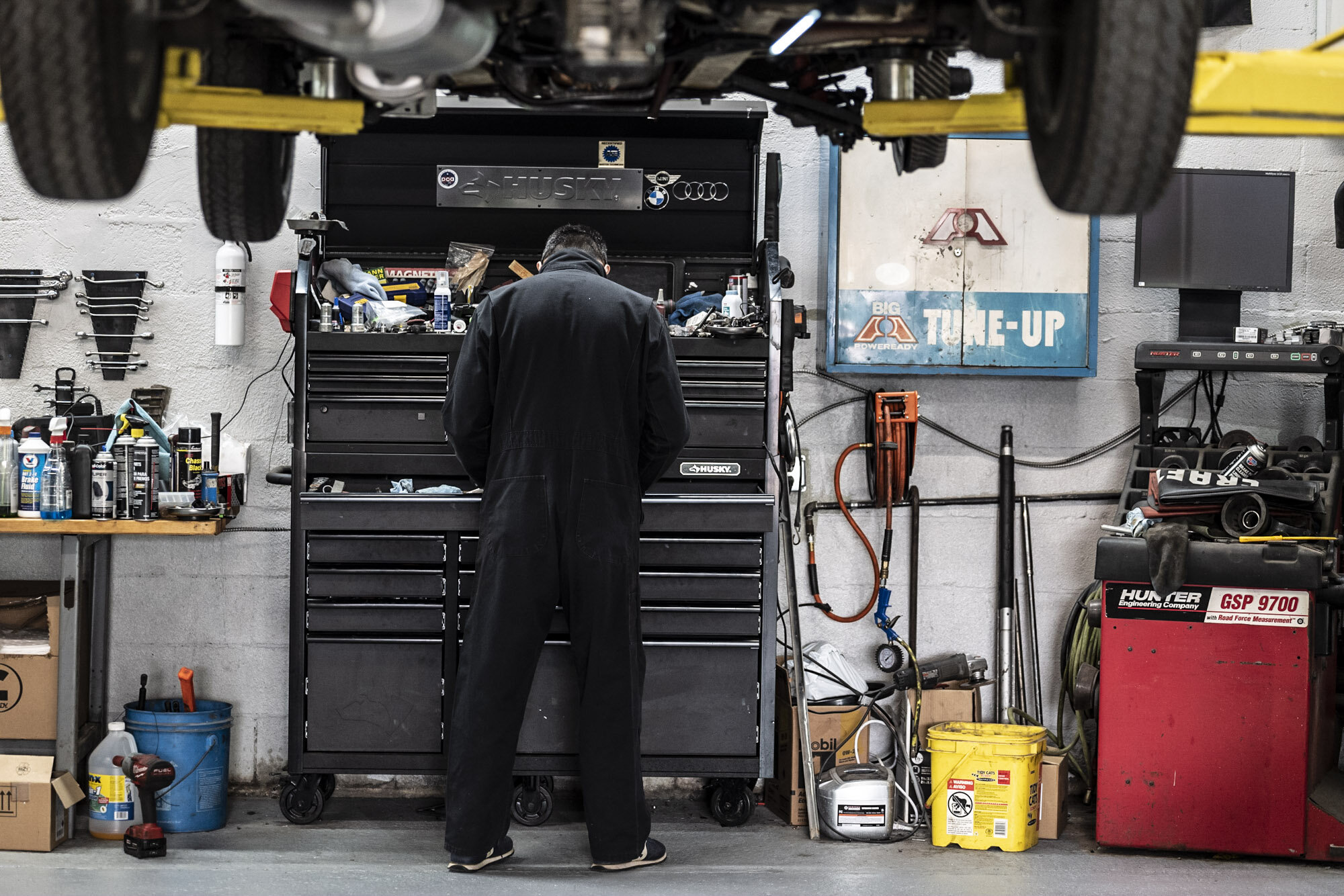
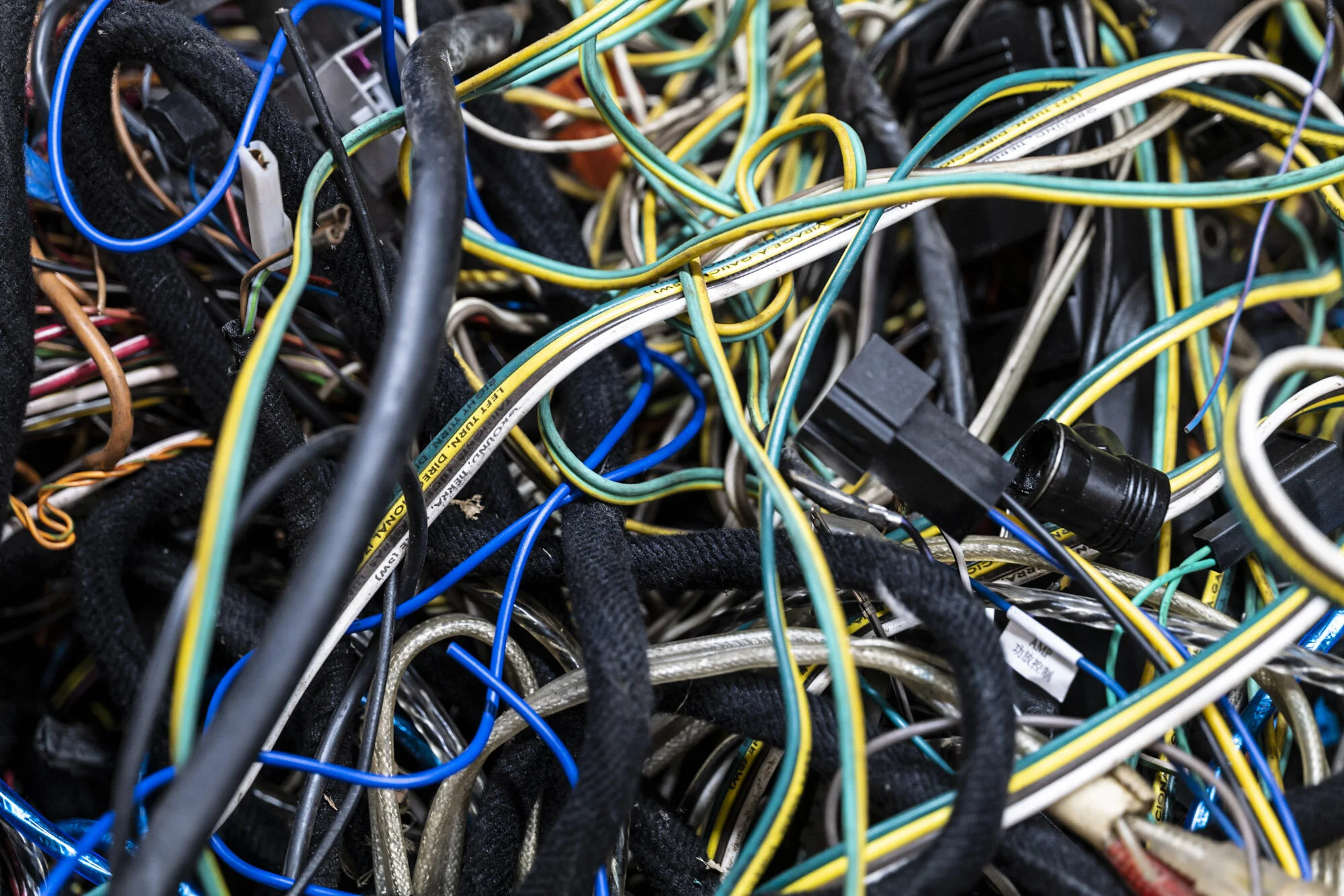
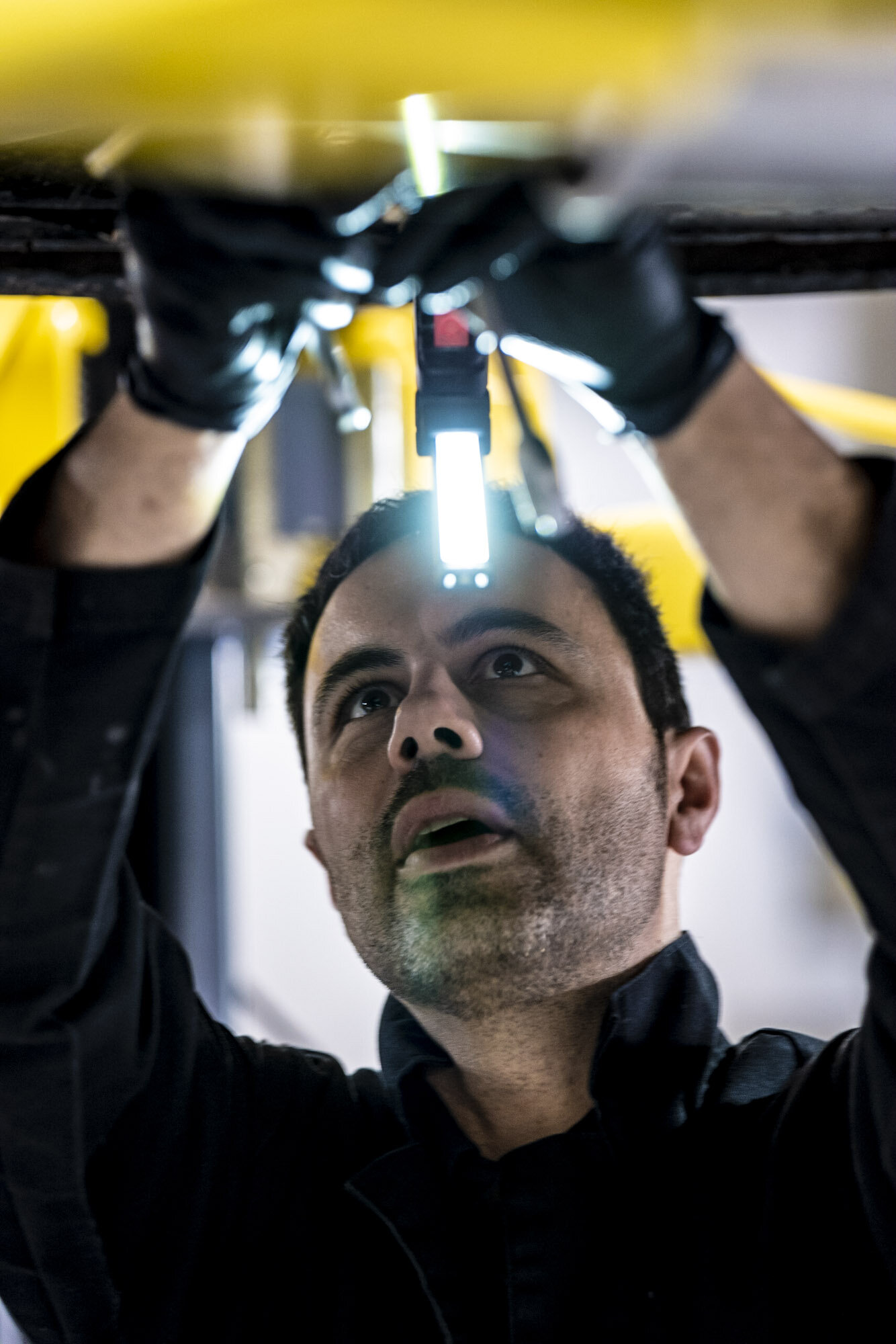
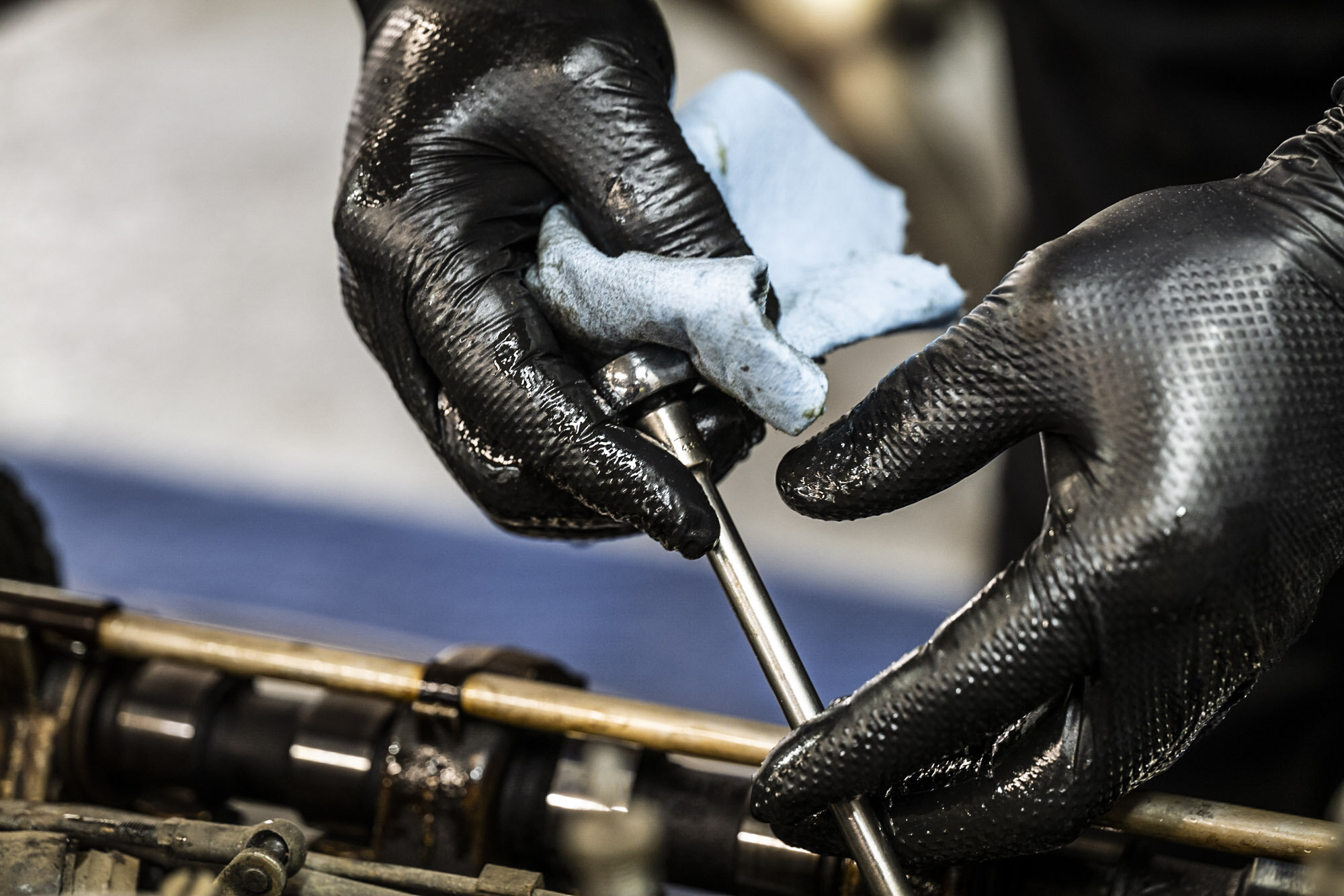
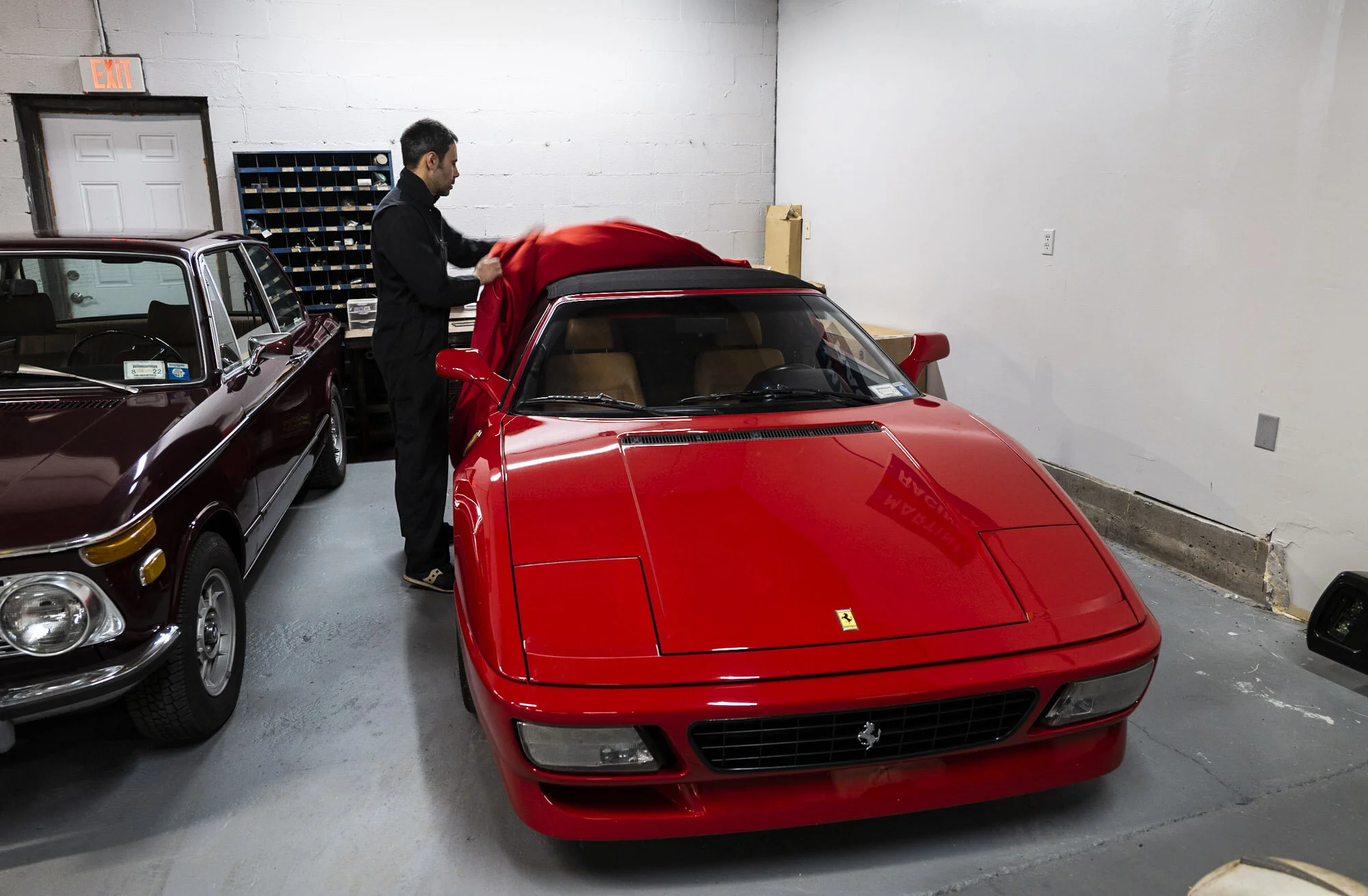
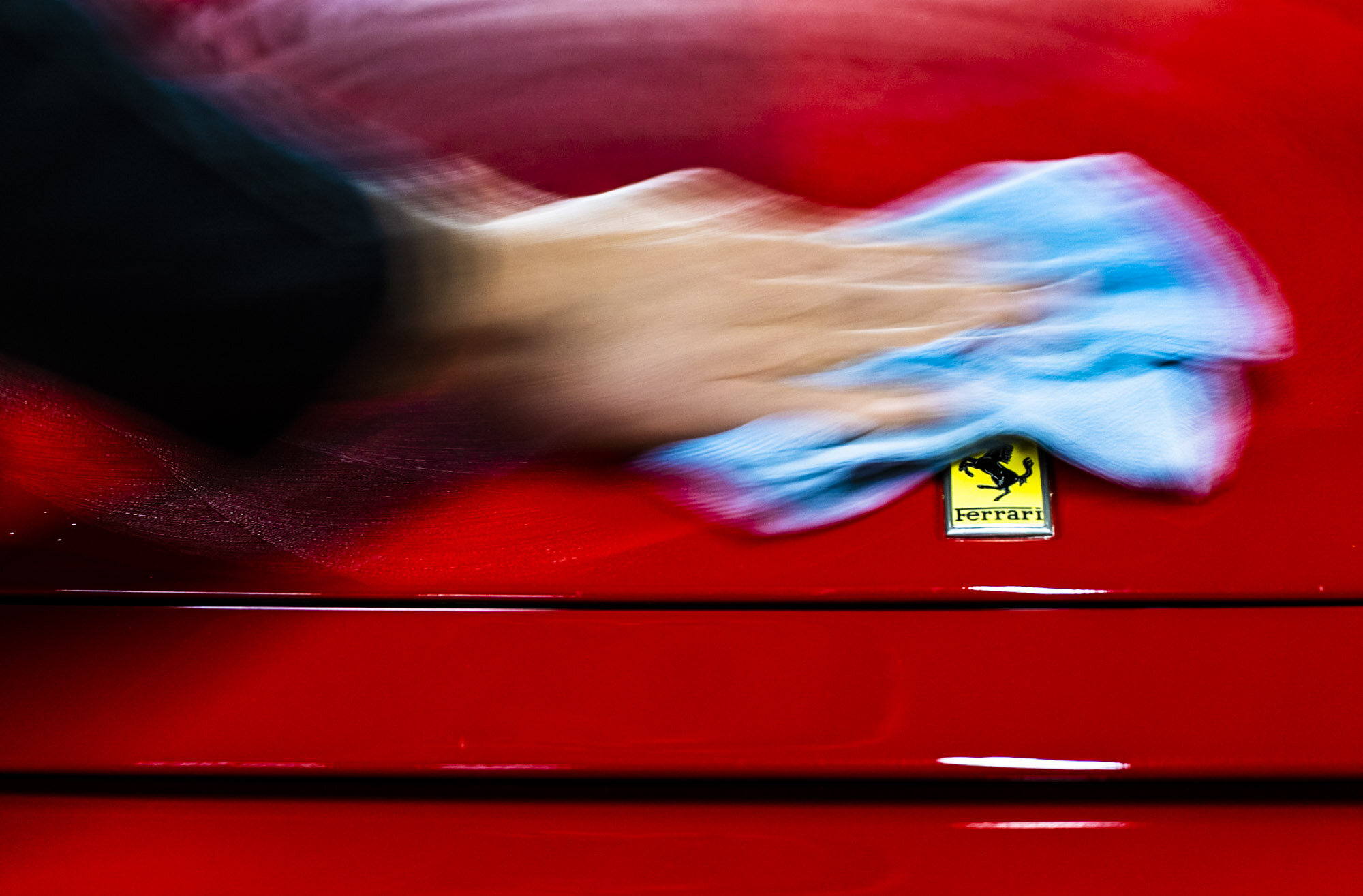
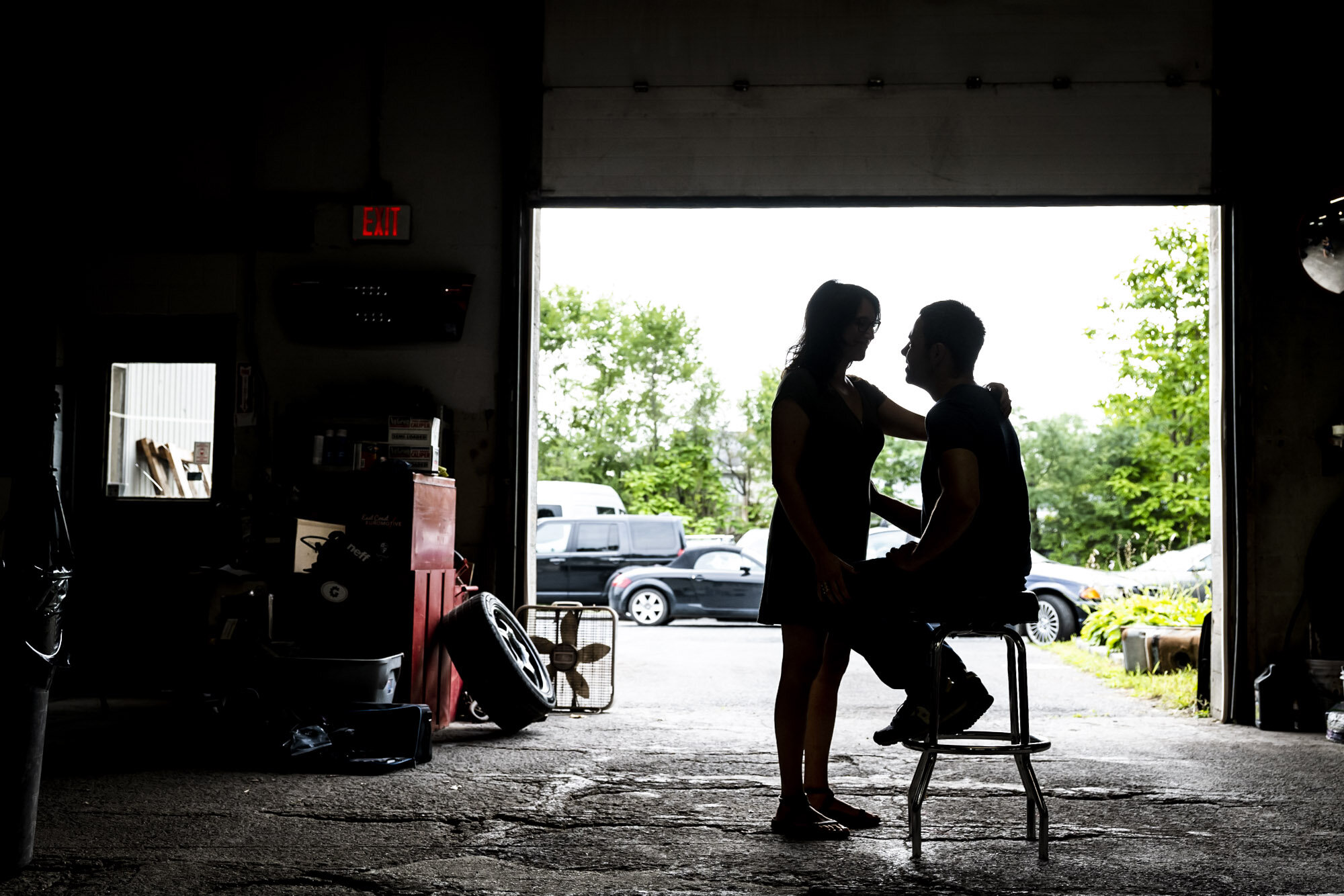
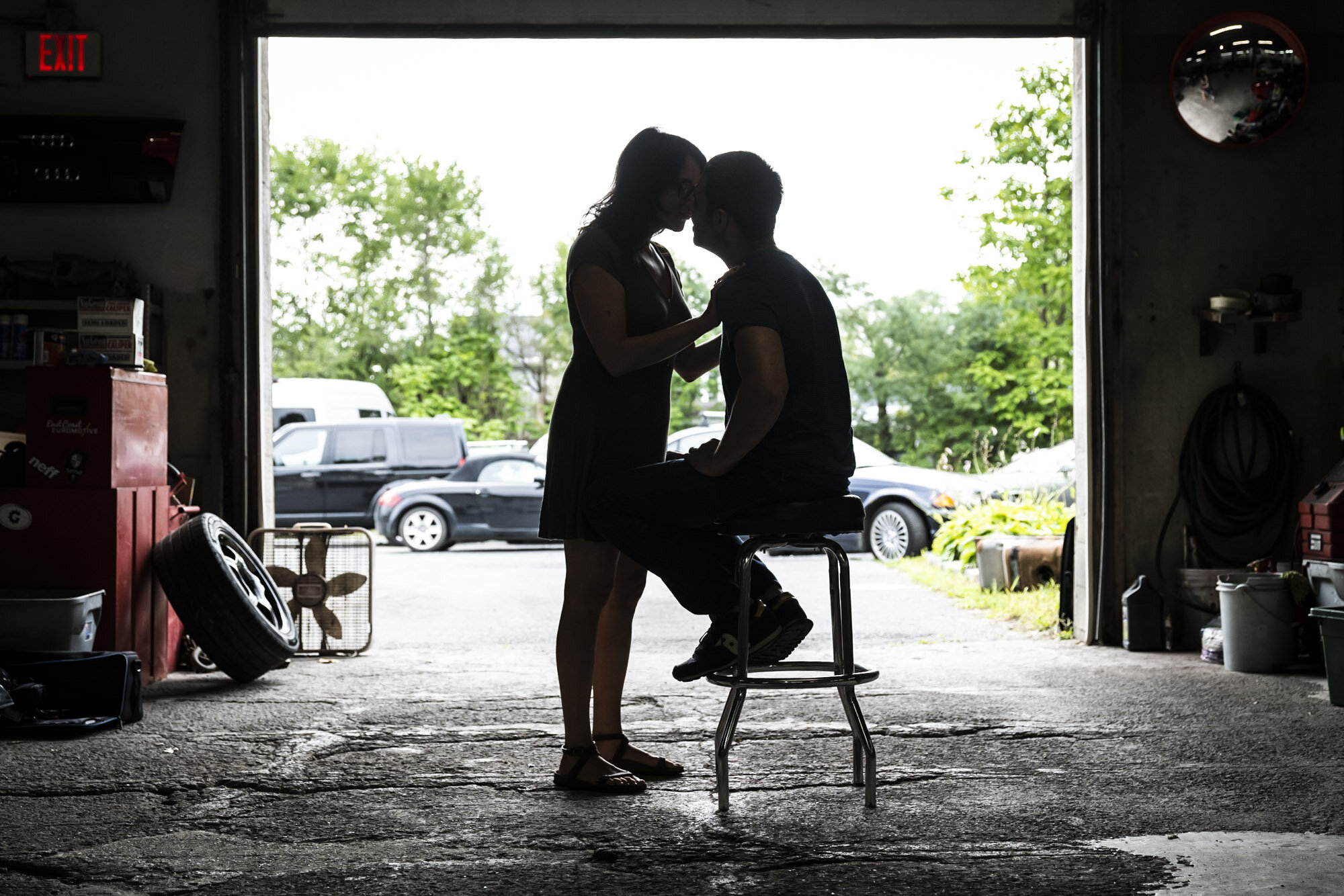
Who are you? I'm Anthony Tampone, also known as Junior. I run the Specialty Motorcar Company, and also am a housing provider and community advocate in the city of Kingston, New York.
How long have you been in Kingston? I've been in Kingston my entire life. Well, mostly. I was born in Benedictine Hospital, grew up mostly in Rosendale, Tillson area. Besides leaving for college I have lived in Kingston for 42 years now.
What gives you joy about Kingston? Vibrancy in community. Living there for a long time, I've seen the community change. People wanna come together as a community, and be a collective energy of a city that is just fantastic. Seeing people that have been in the city for a long time, starting new businesses and projects and artworks and doing all kinds of things that engage other community members and bring people together - in a way that just brings a fantastic vibrancy to a place to live. I've seen that change over the years and that's just fantastic. It makes it a beautiful place to be.
What, if anything, would you change about Kingston? The city needs to be much more engaged with its community. Our municipal government operates very detached from what's happening in the city. Despite a lot of window dressing and trying to make that happen, there's very few people in the city that really seem to be genuinely engaged in the people that are around them. We have the resources and I think desire to do that. And, and our city is growing, it's changing. It's adapting as all places do. And it's really important for our municipal government to understand that, to understand the needs of the community and continue to engage and work for the community in supporting the things that the community themselves need. Working with a lot of the grassroots organizations that have been building around the city, you see a disconnect between what people really want and need, and what's actually happening. And that's a gap that needs to be closed. One of the things that I'm working with the city on and, community groups on, is rethinking the way that our city is planned and designed. It really changes everything about how new things are built, how our city develops over time naturally, how, when, new buildings and creations are, are happening around the city - what makes them look that way, right? Why do the sidewalks look the way that they do and why do the buildings look the way that they do?
And a lot of that is by design. And one of the things that we're trying to change is really think about that design and make sure that it meets the needs of our community. If we're gonna really try to improve our city for everyone in our city, then all of those things need to be thought about. We need to think about whether or not there's a grocery or a bodega near where somebody lives. Whether or not they can work within a block or two of where they are, and how do we promote built environment that helps establish those things and expand on those things above and beyond what we're already doing right now? When we go through our city, you see all of these remnants of what was urban renewal in the 1960s. And a highway like 9W that destroyed our downtown area. And what if that wasn't there anymore? I mean, if you talk about grand views of how the city could be, I’d want to see no highways or giant bridges in our city. I'd wanna see surface streets and buildings and communities back in those places, and a much more walkable space. And despite seriously strong attempts at trying to make our city a more walkable place, and a place that it's easier to live in, we've still fallen significantly short. And through long-term strategic planning to make sure that those things can happen and understand what our community desires really, really are, we can do that. So that in 20 or 30 years, our children grow up in a place that they never want to leave, because everything that they have is here. The beauty of the Catskill Mountains and the walkable, vibrant community of a city are all right here, and we need to foster that and make sure it continues to grow.
What’s your secret hope for your future? My secret hope for the future for my life and family is to raise my fantastic daughter with my most incredible life partner in a city that we all love. And watch that neighborhood and community grow, and, engage with that community, and feel comfortable about even retiring in a place that I have only continued to appreciate as the years have gone on. And I hope that that continues. I hope that the friends and family that I have made enjoy this place as much as I do and that that only grows. And that's what I would like to see. Yeah.
HAILEY McAVOY
“We’ve got to invite collaboration, openness, and sharing in field that can be perceived as competitive and cutthroat at times. Man, do I want to fight that so hard!”
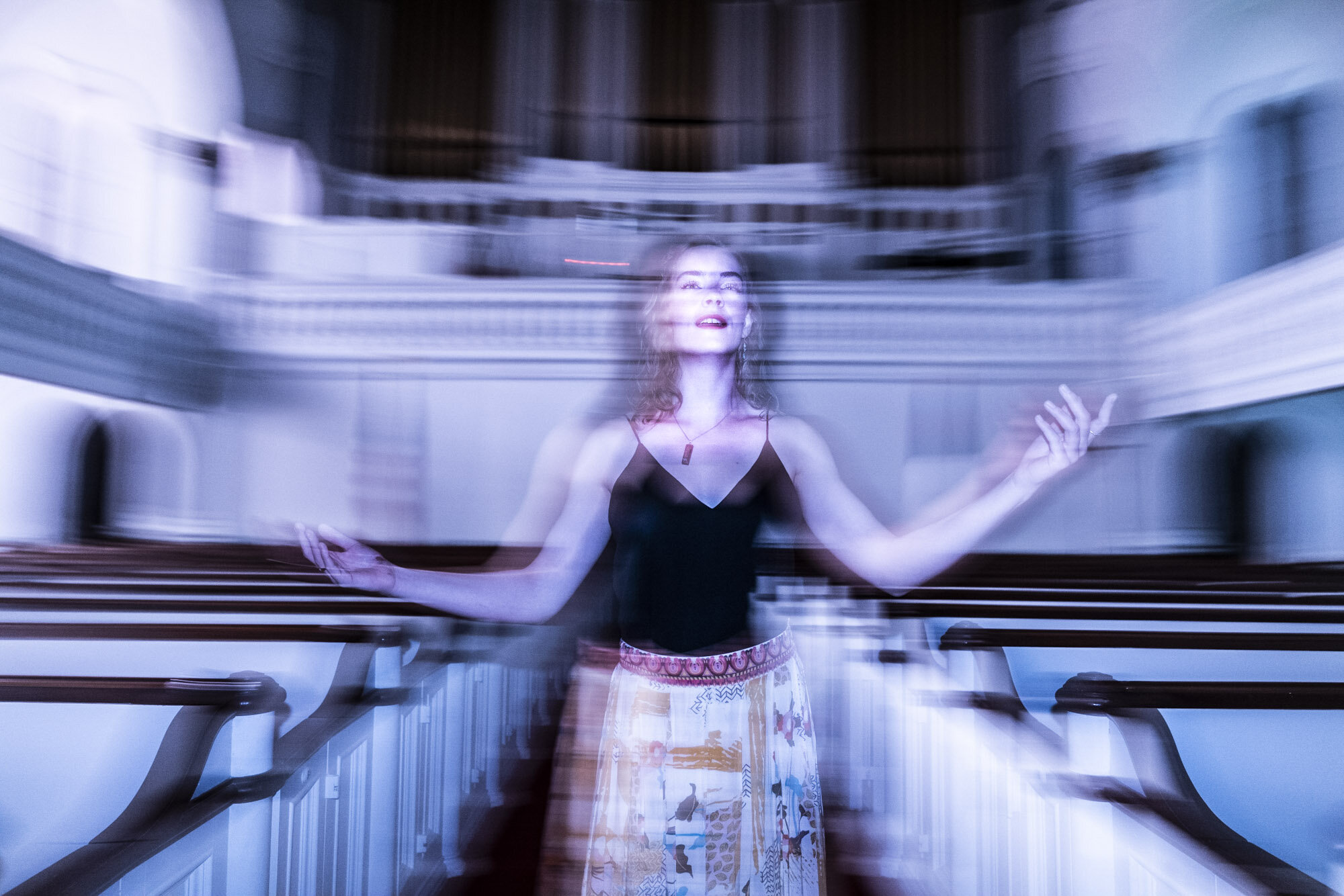
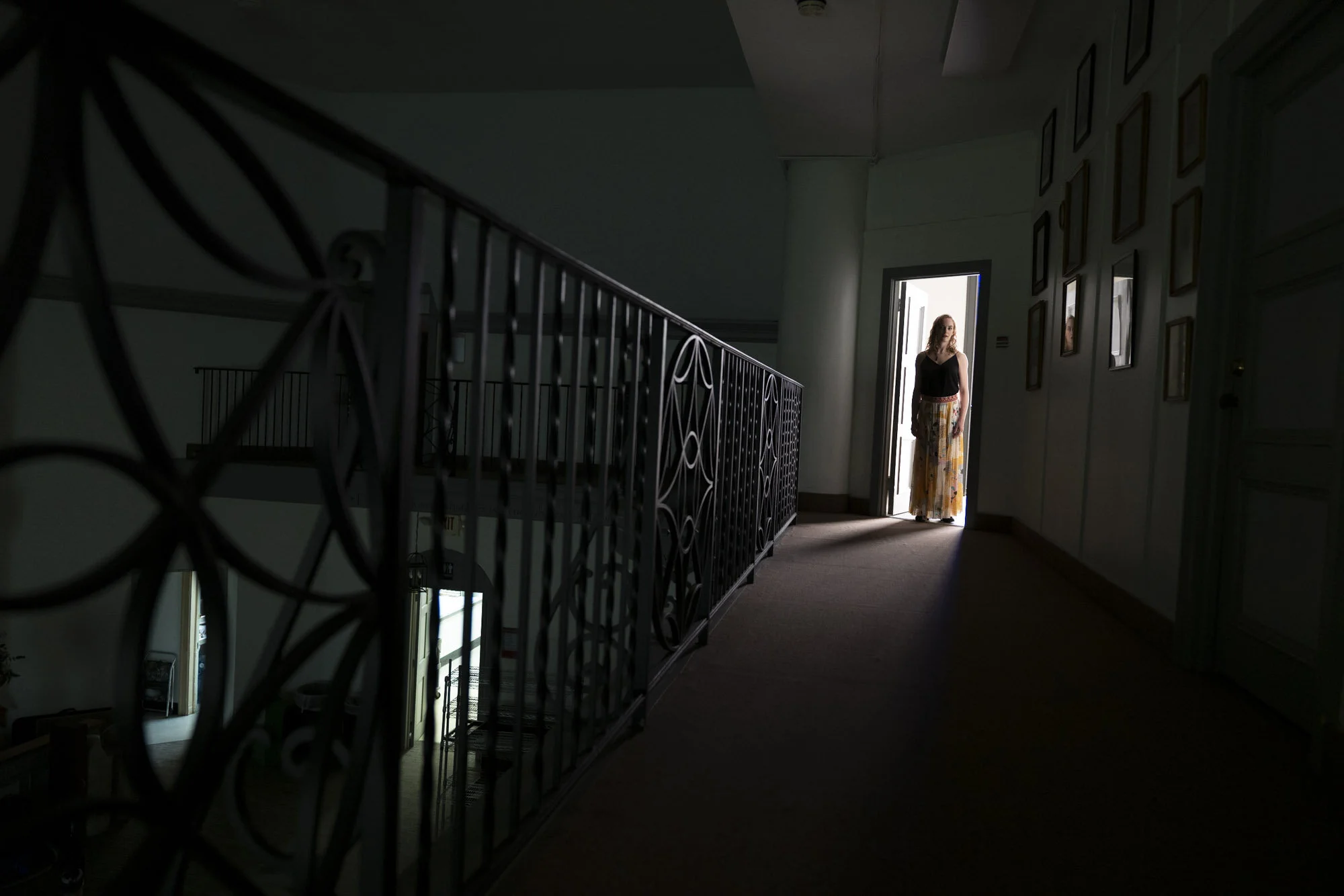
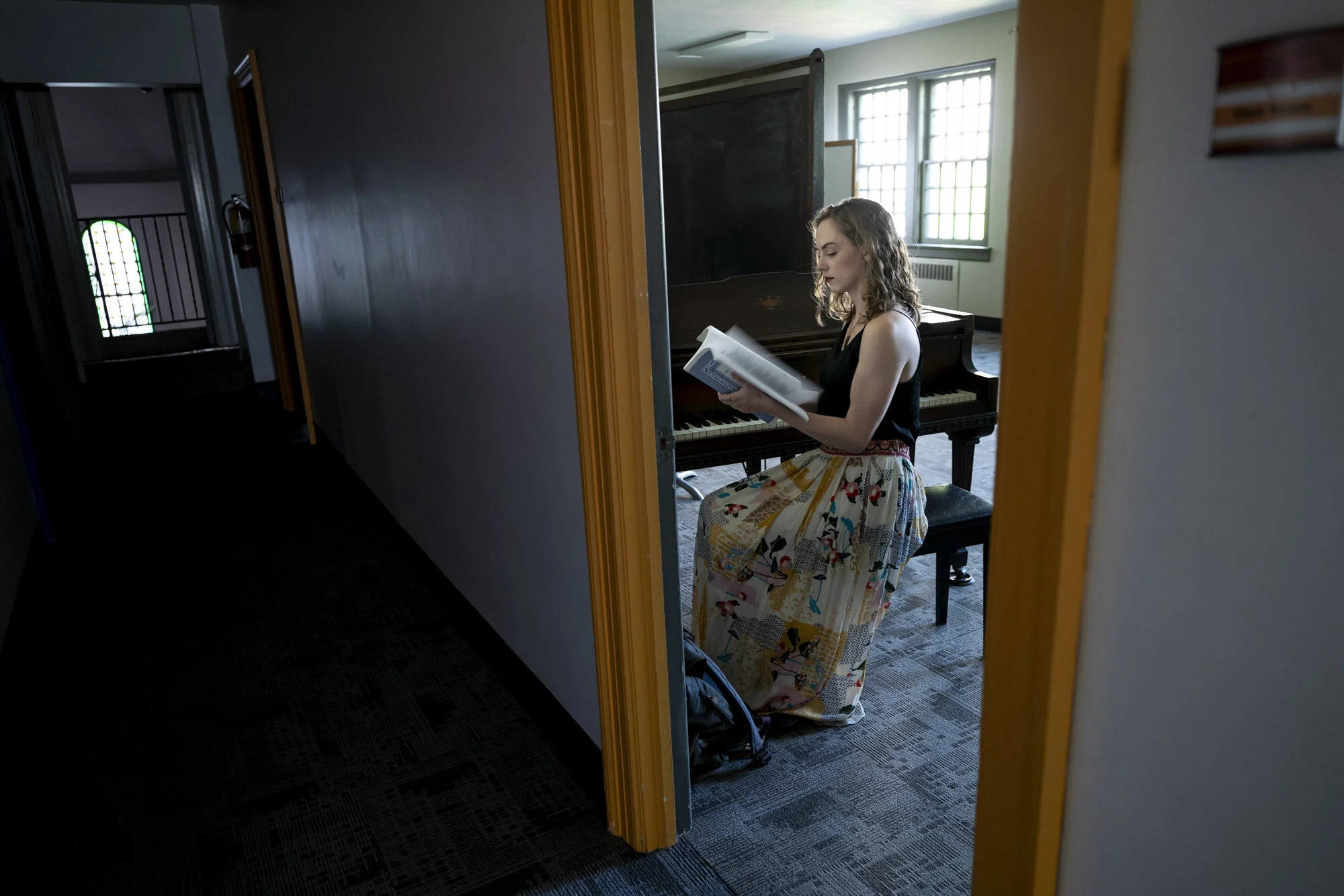
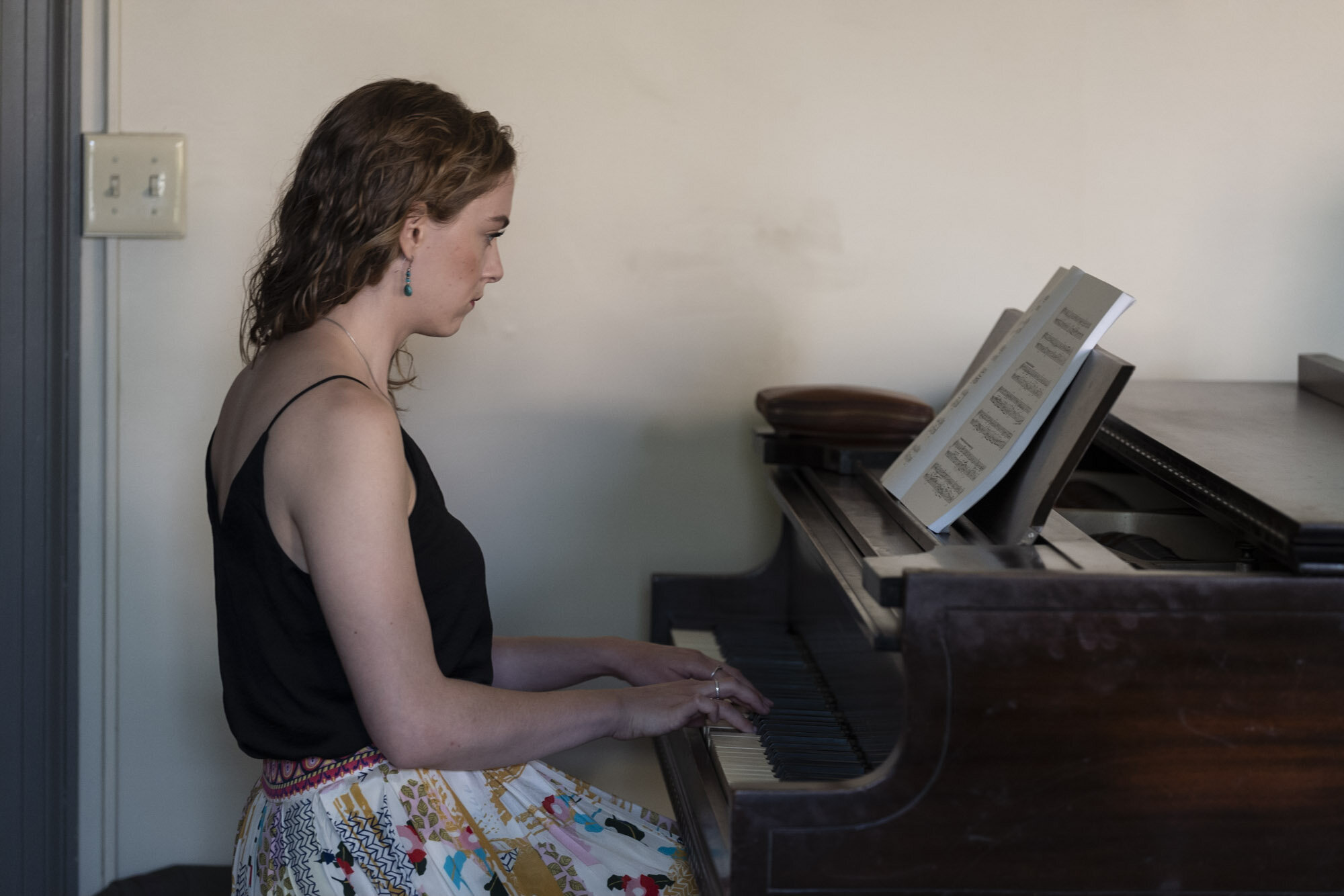
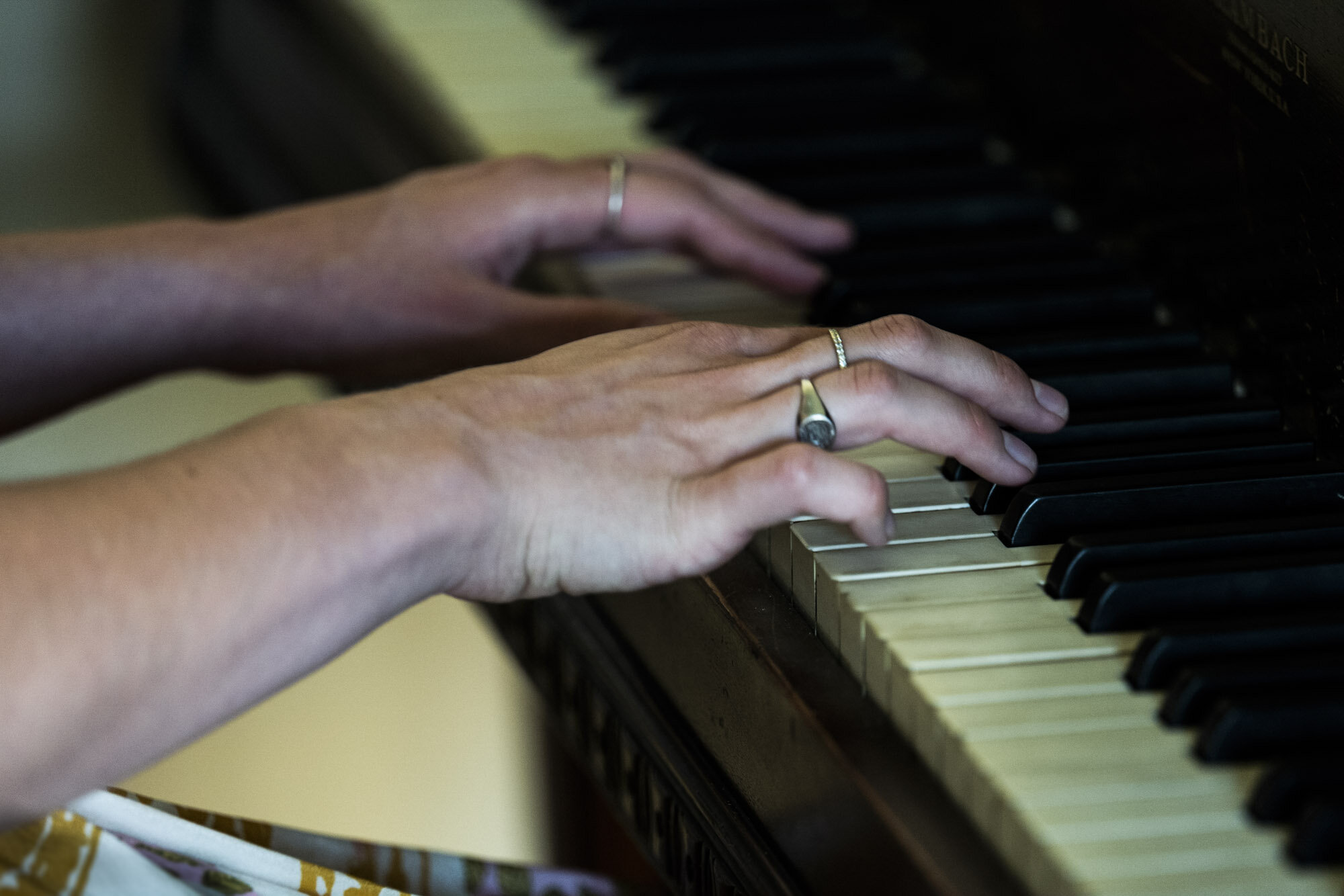
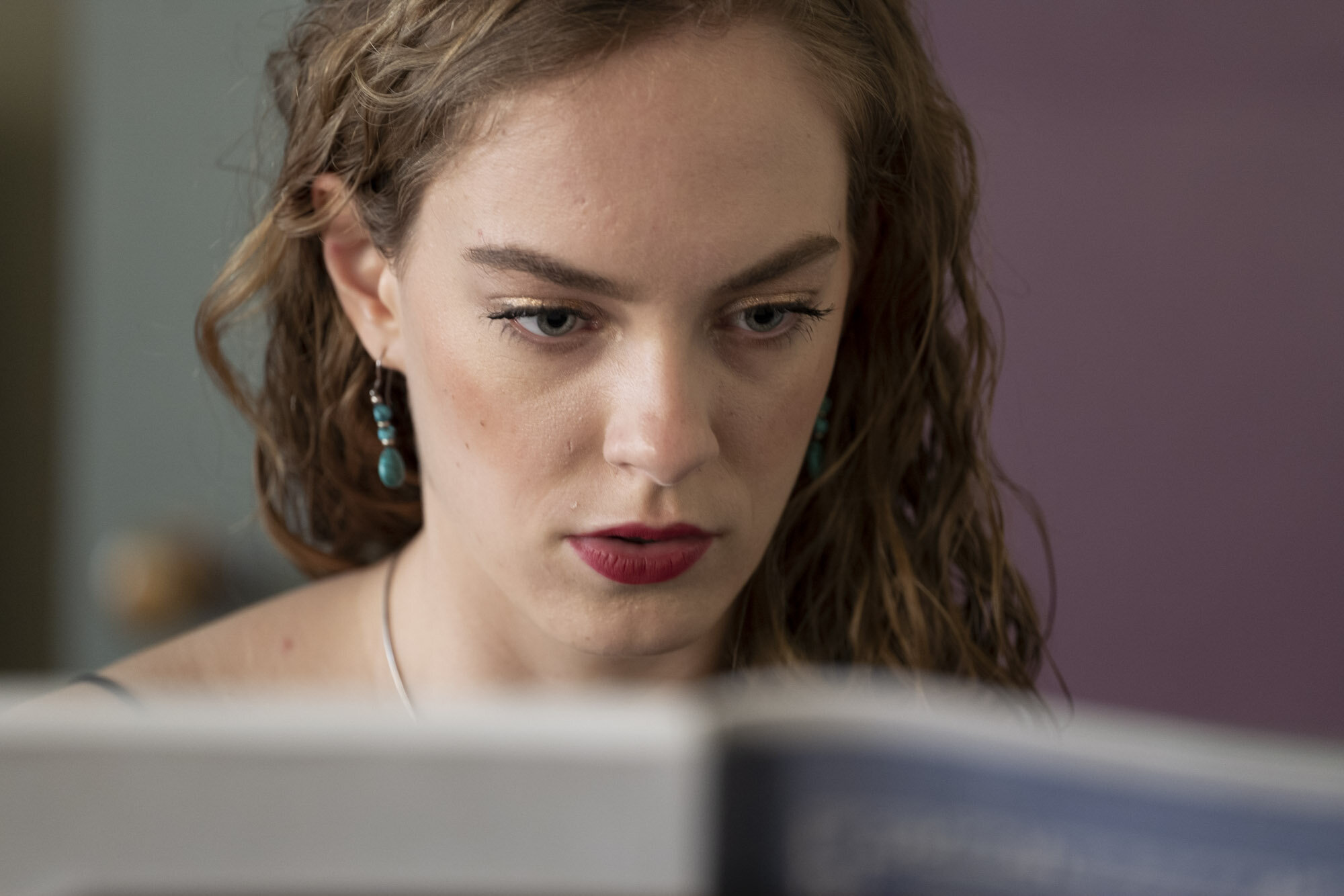
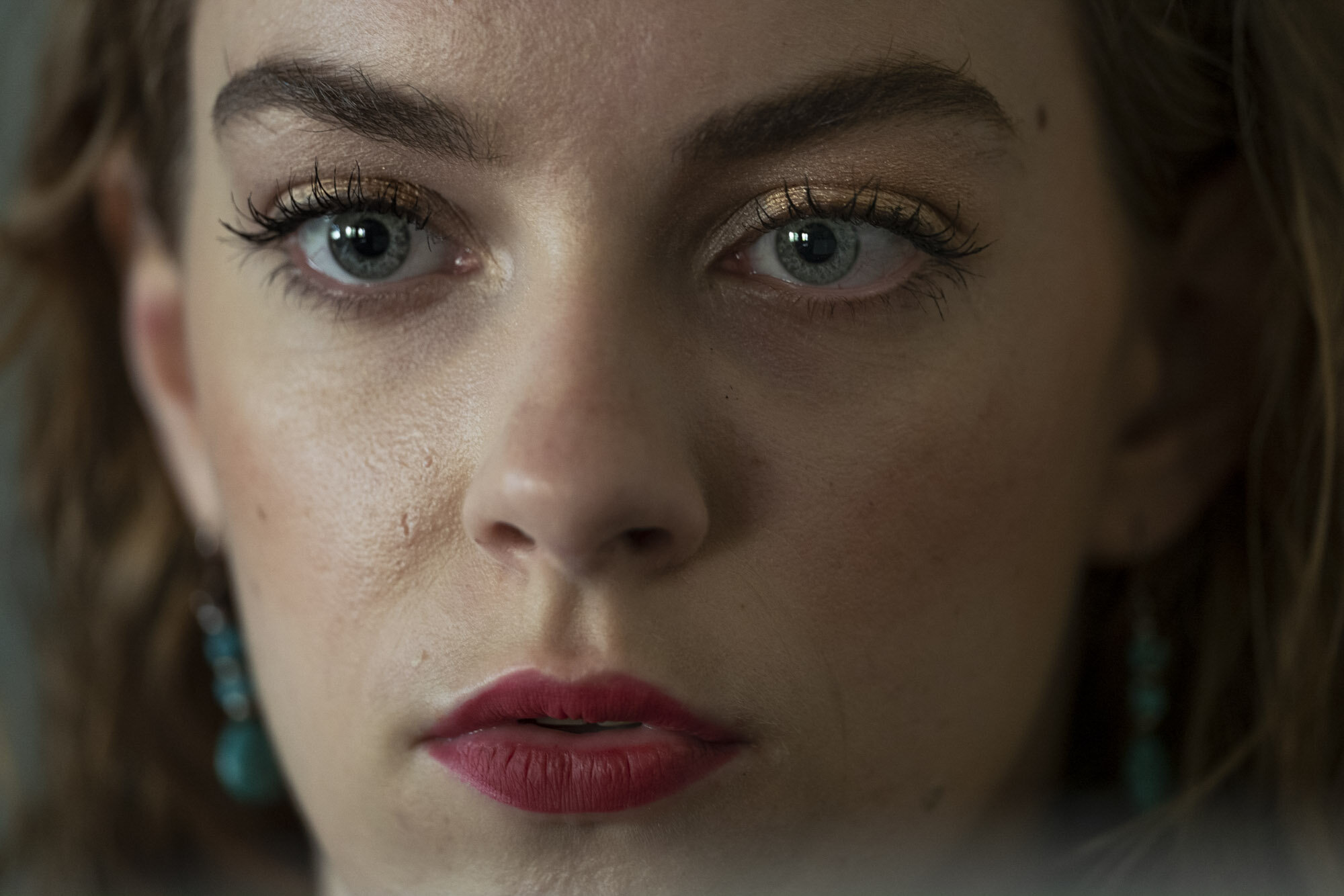
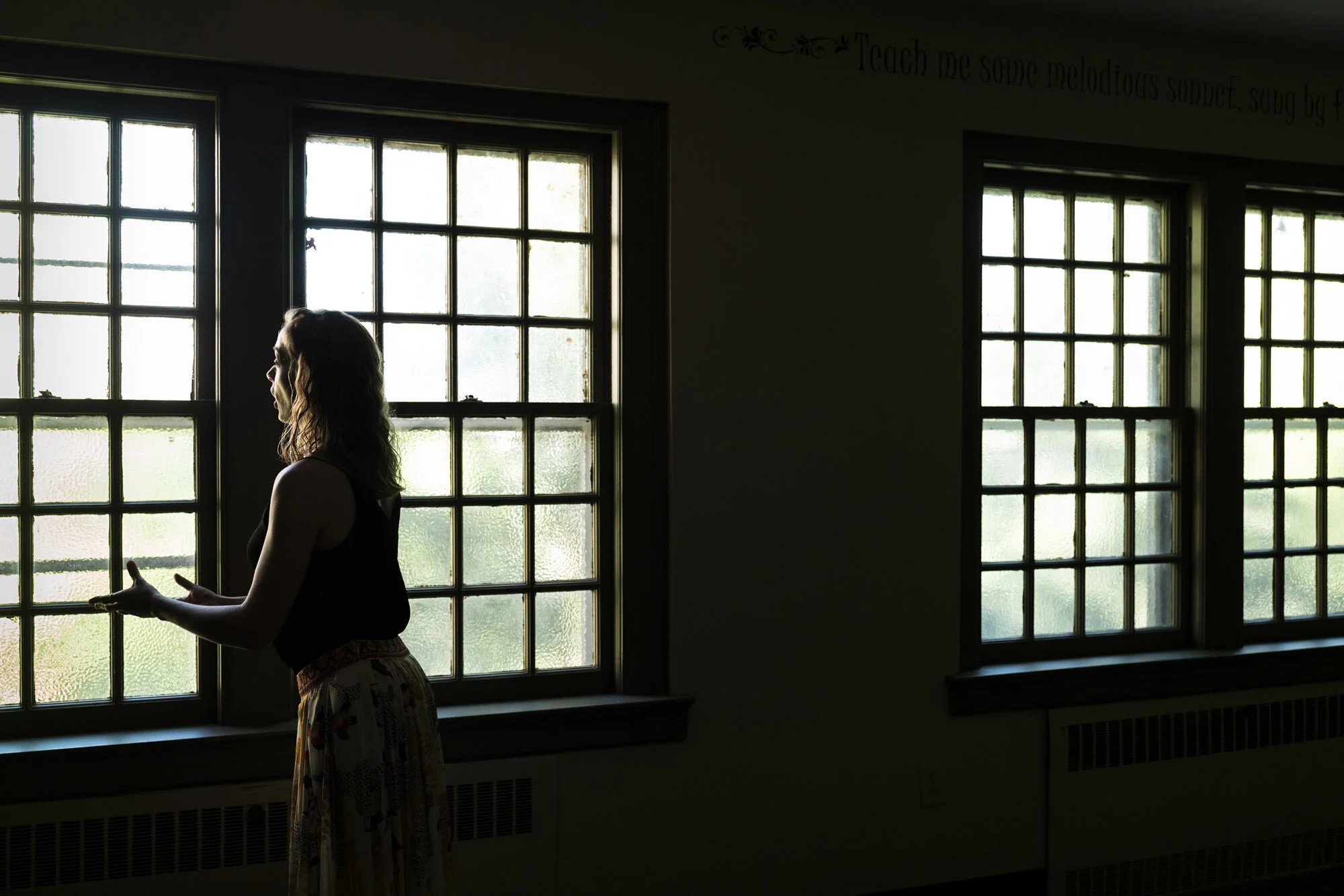
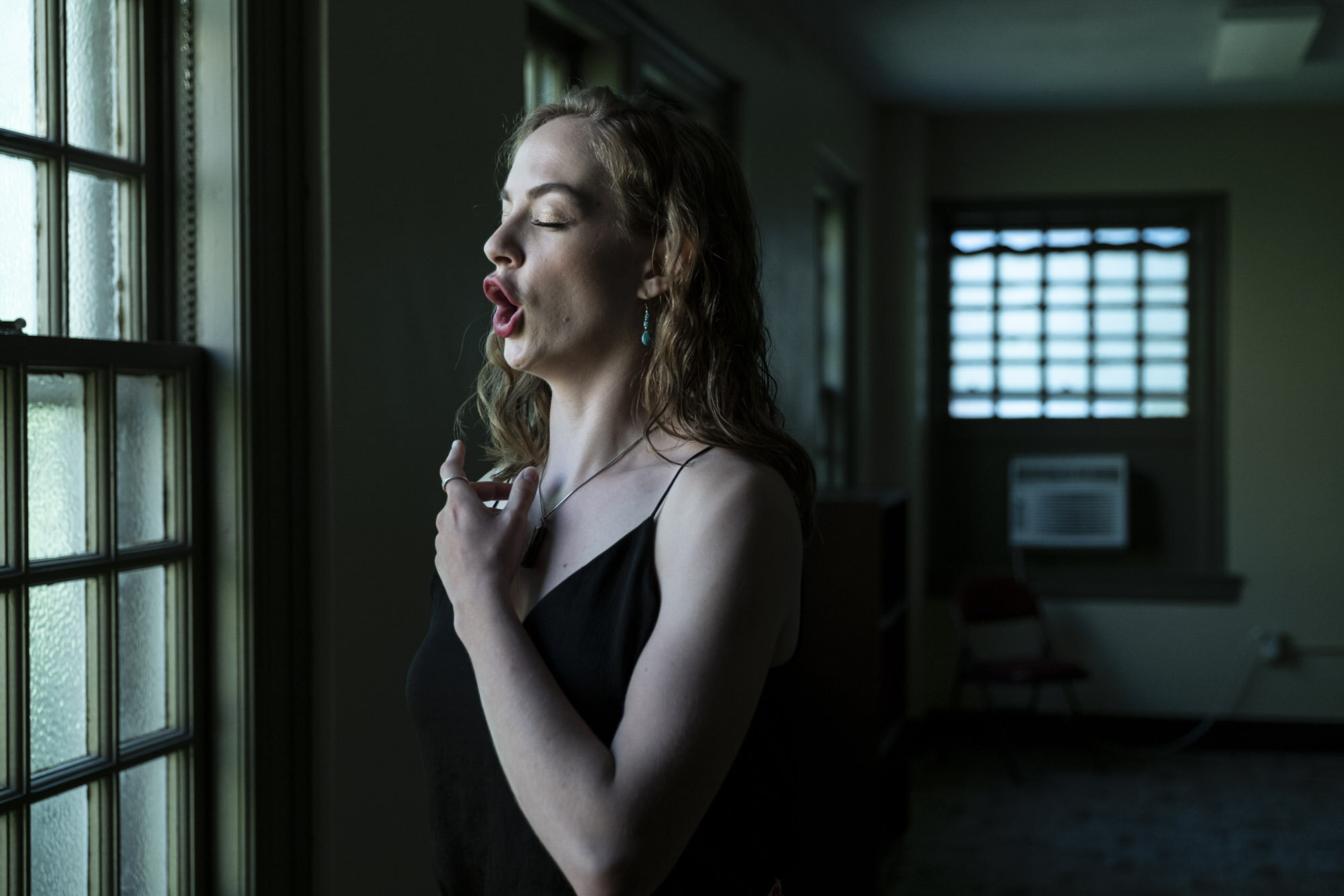
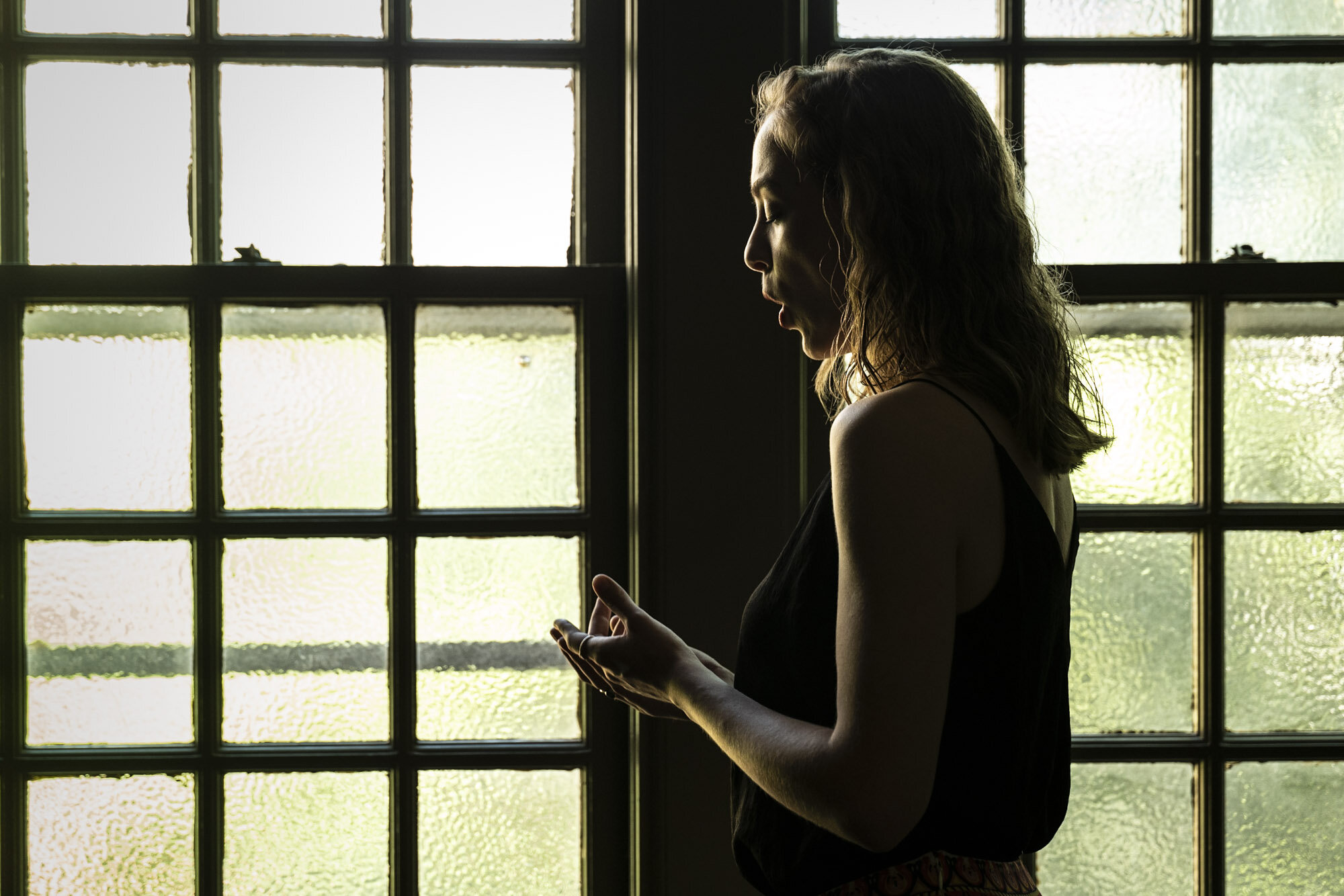
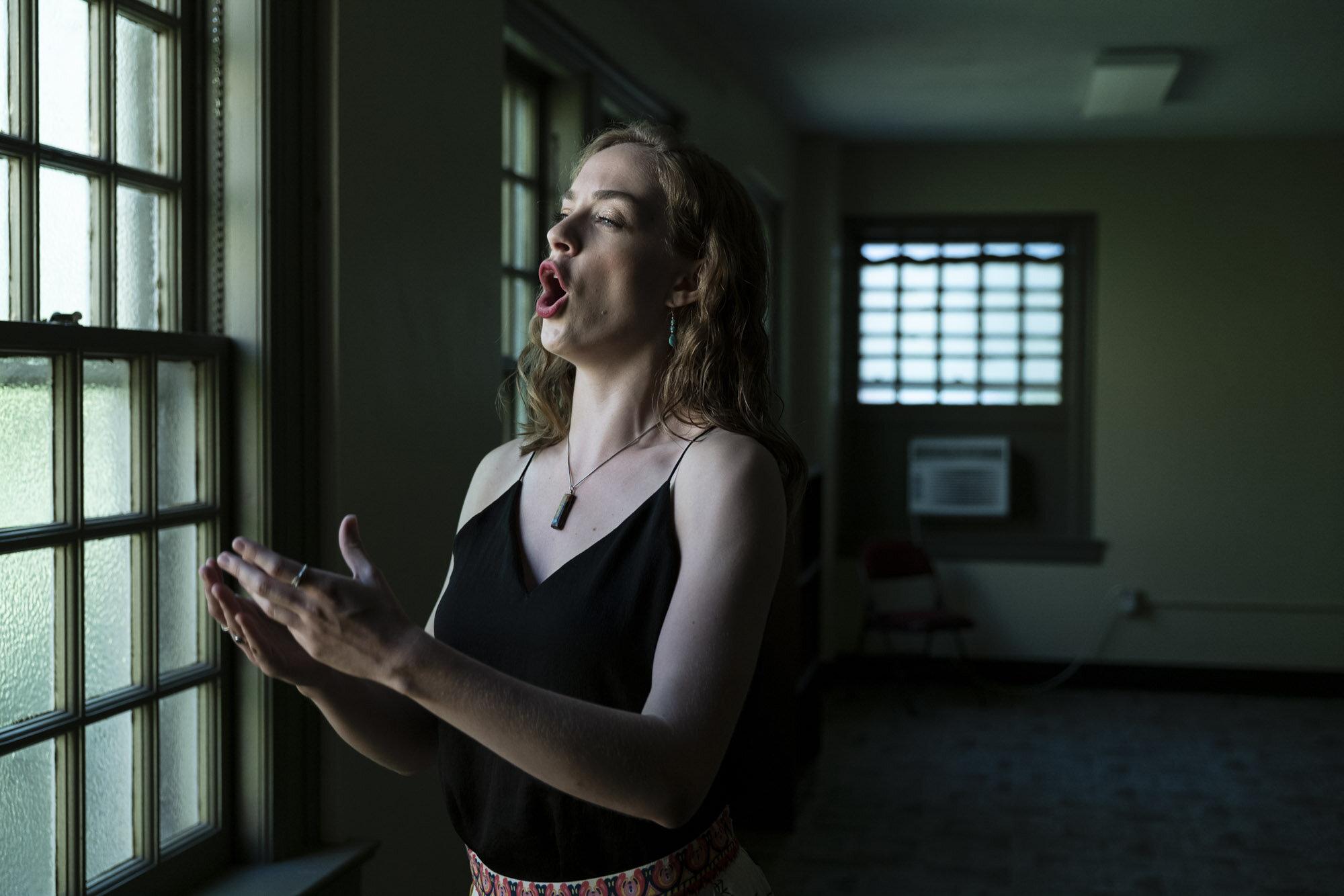
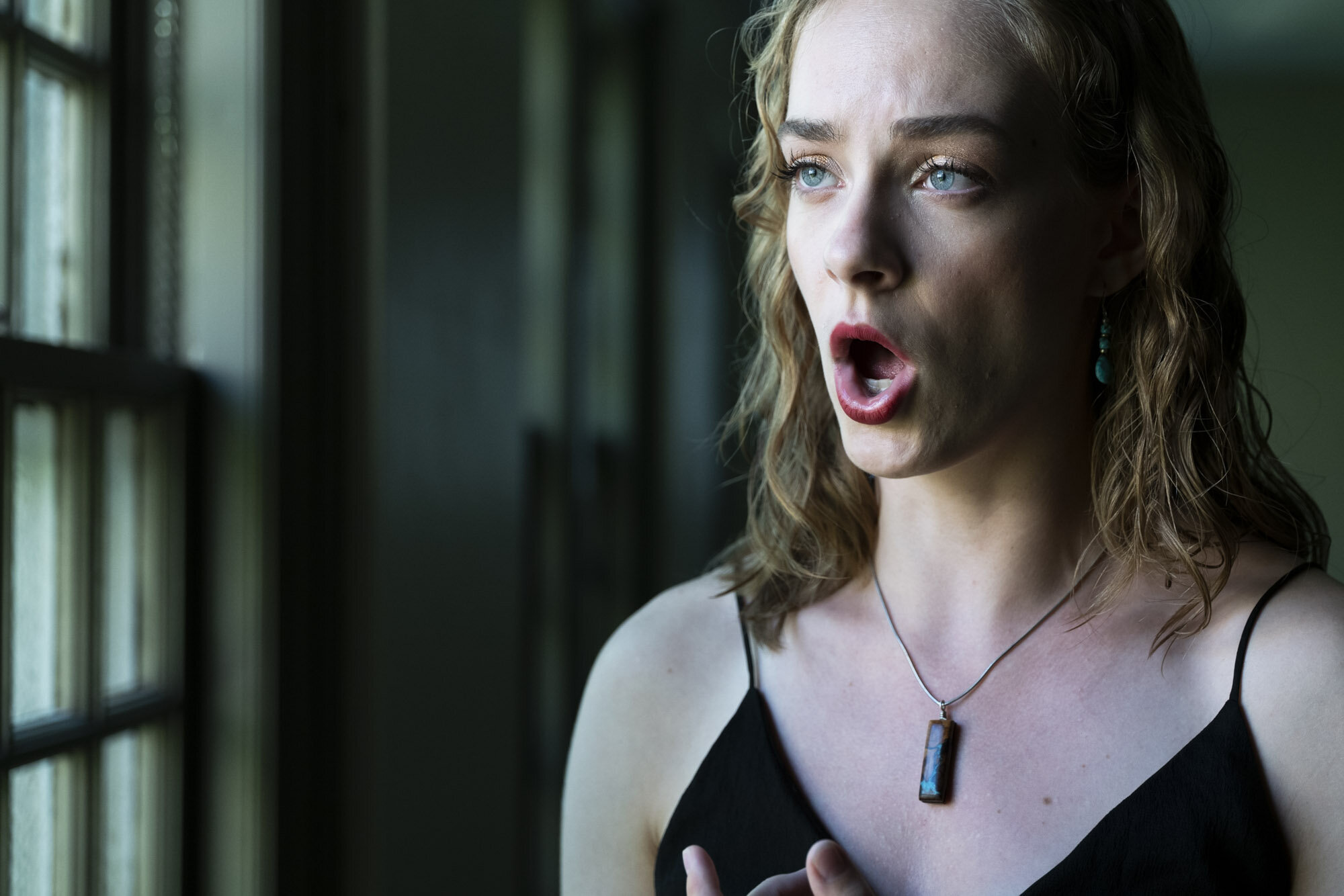
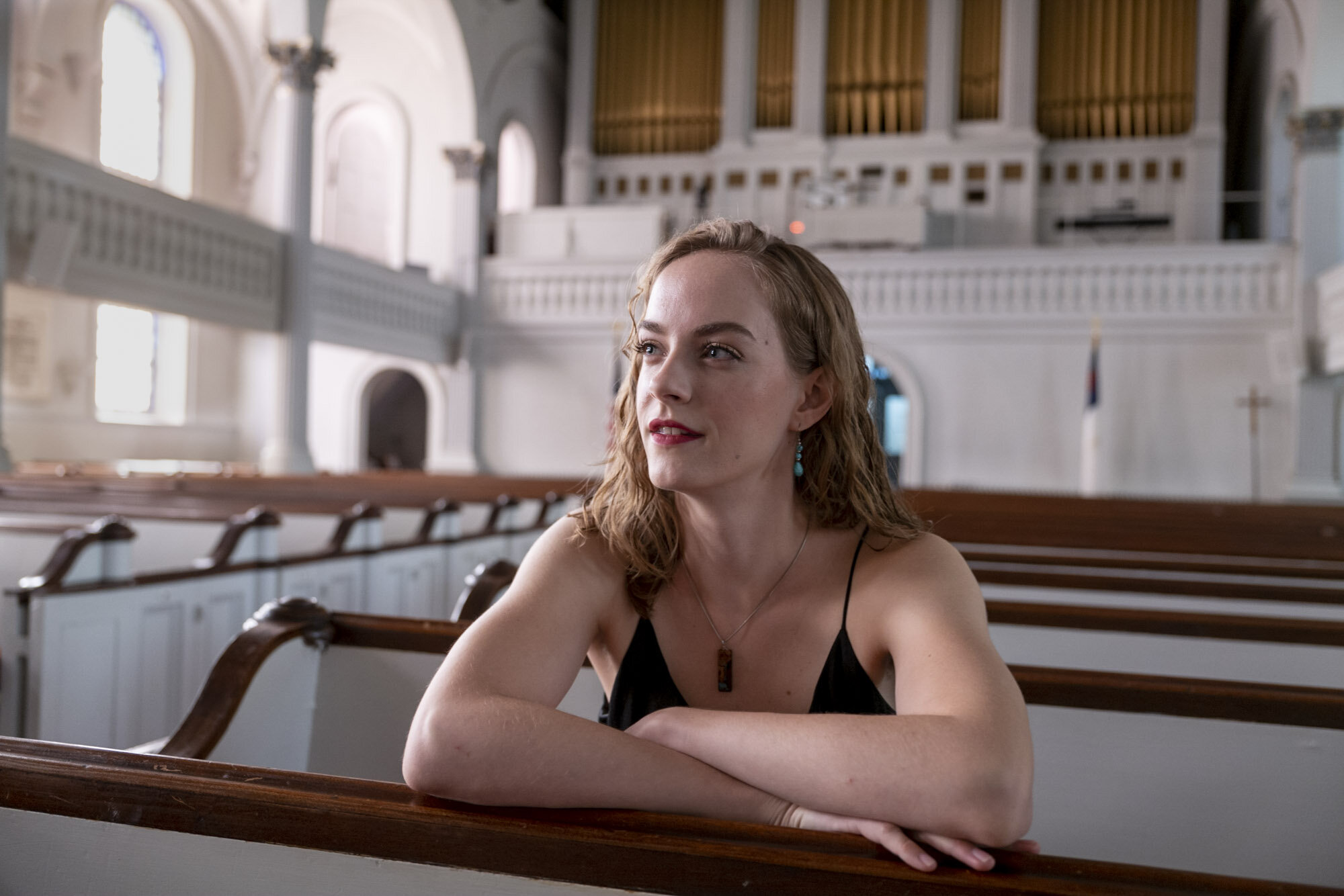
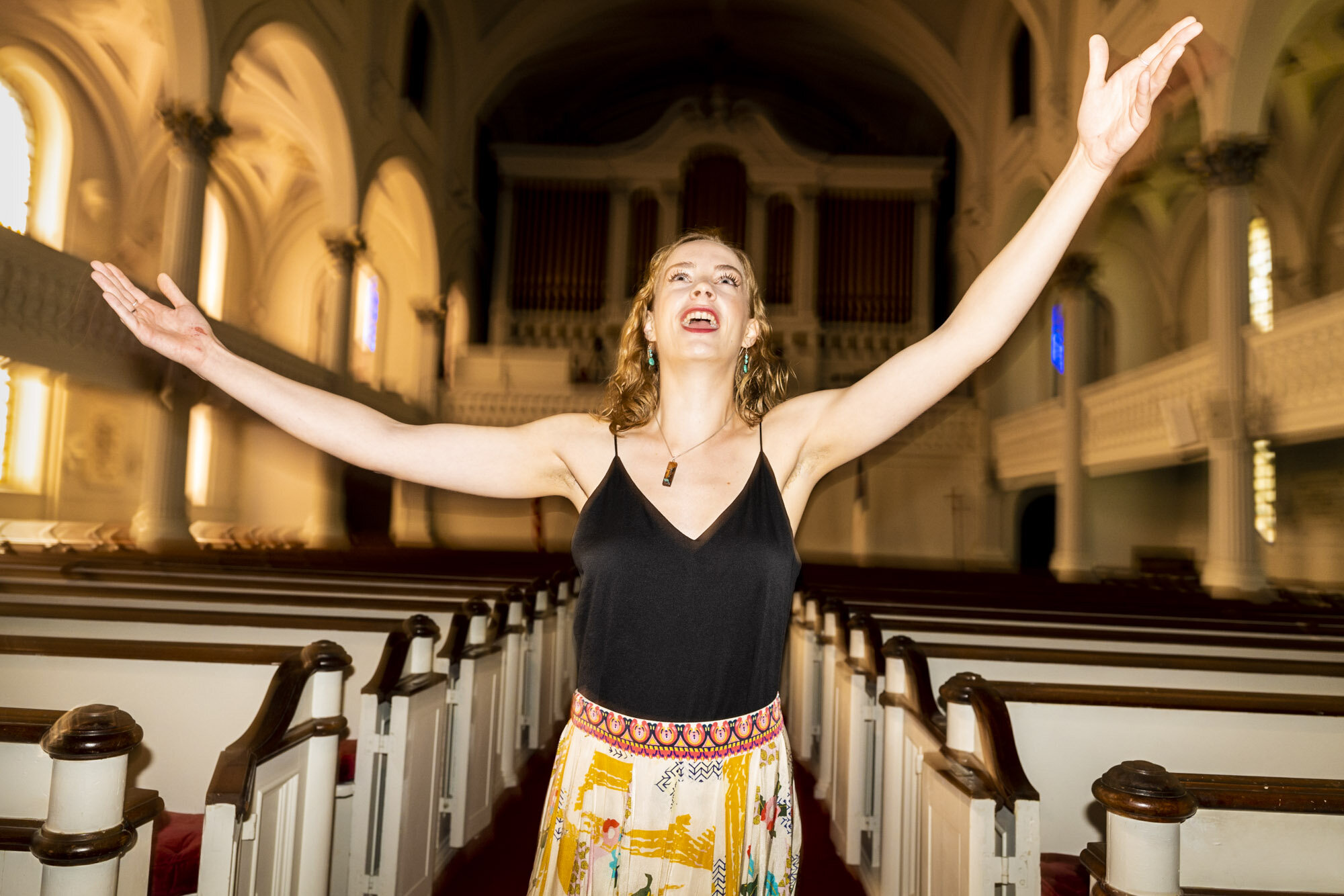
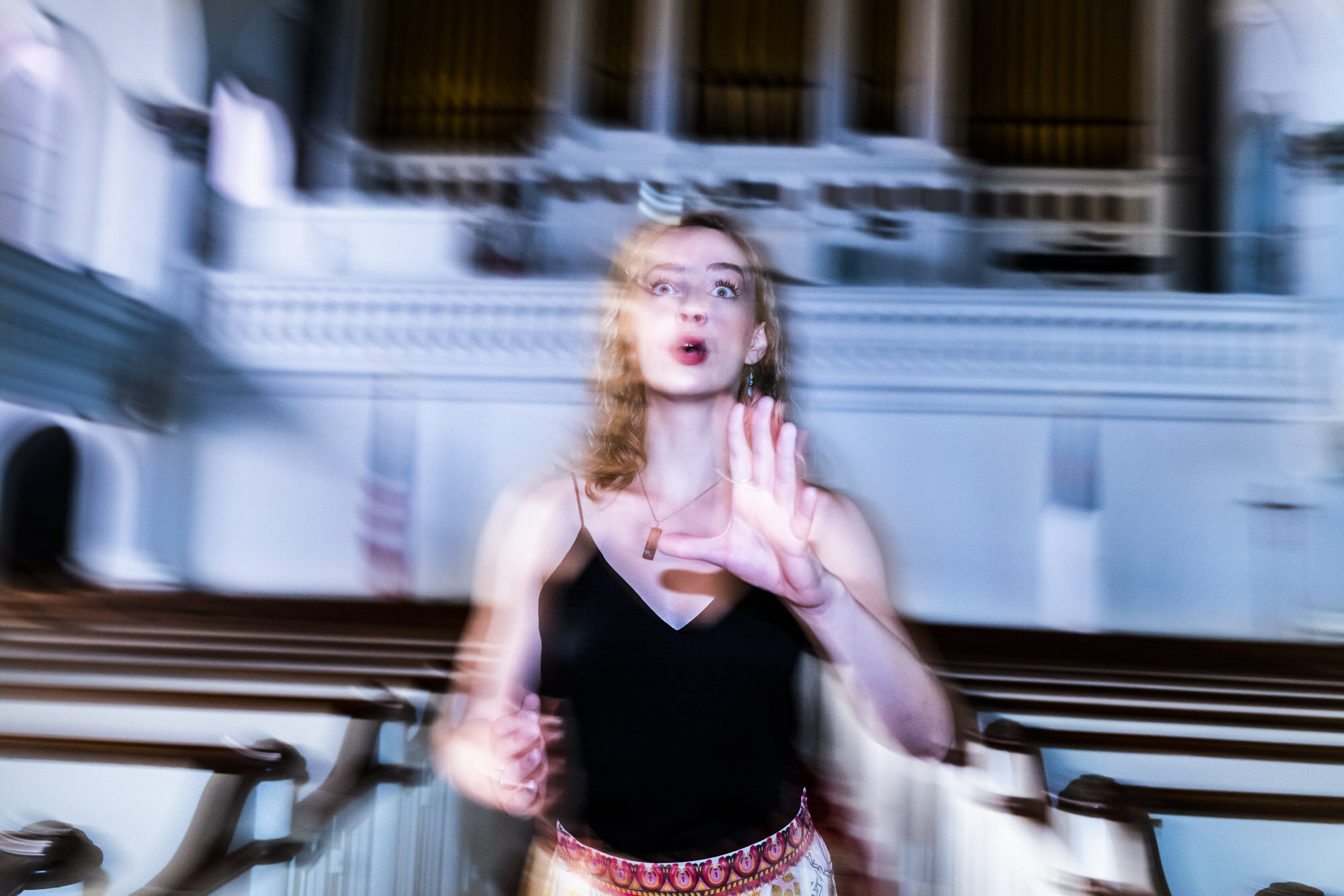
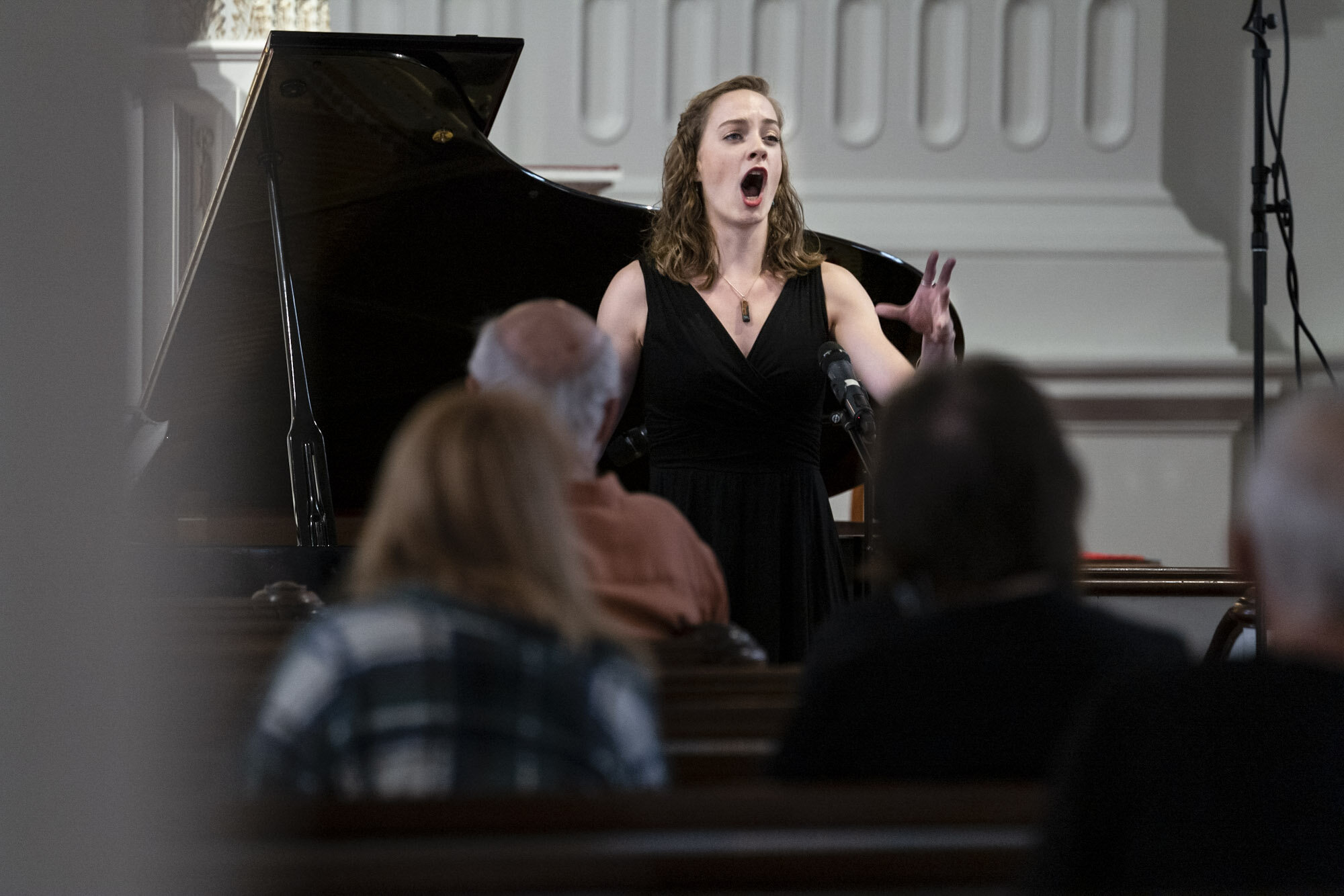
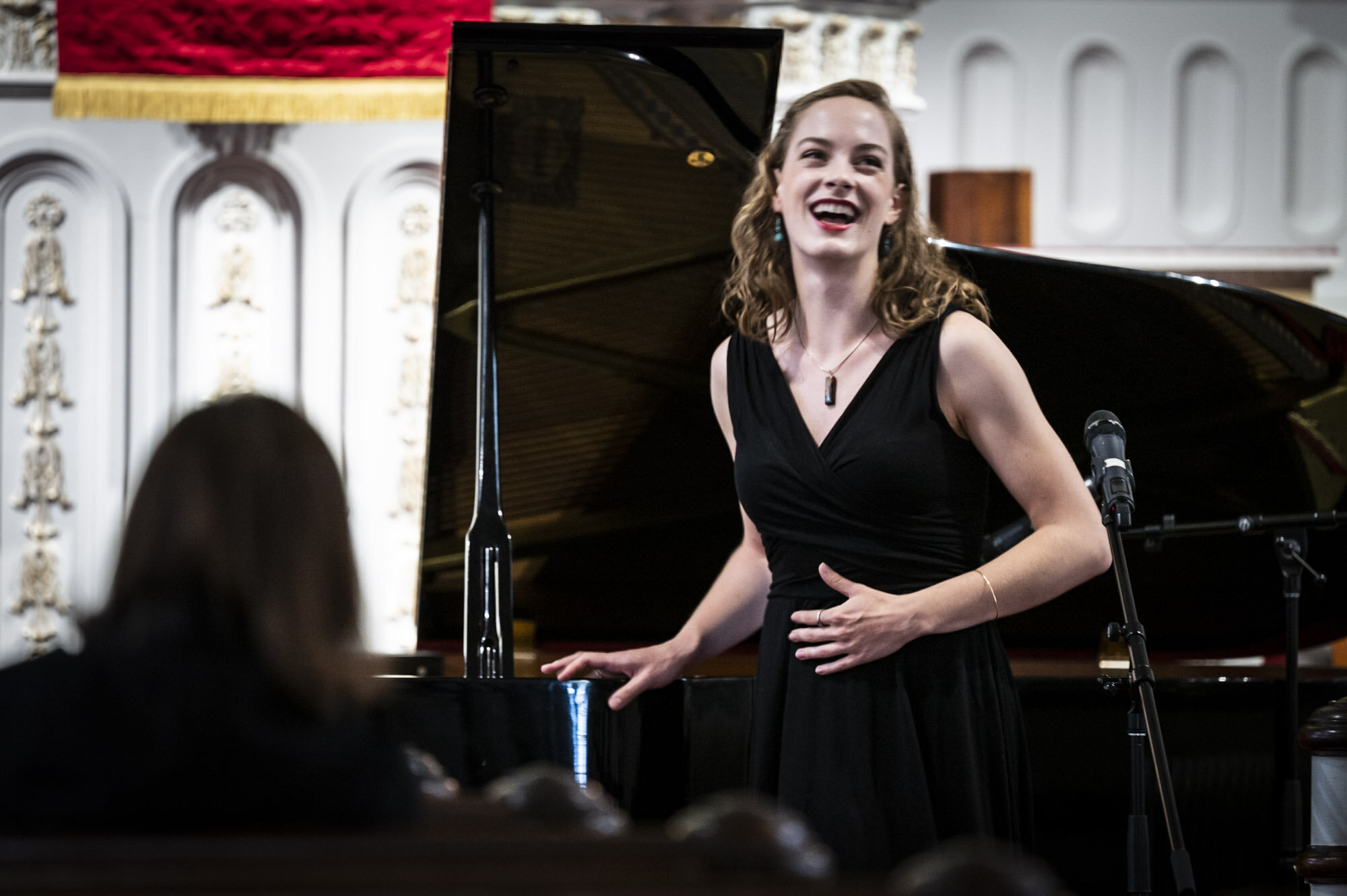
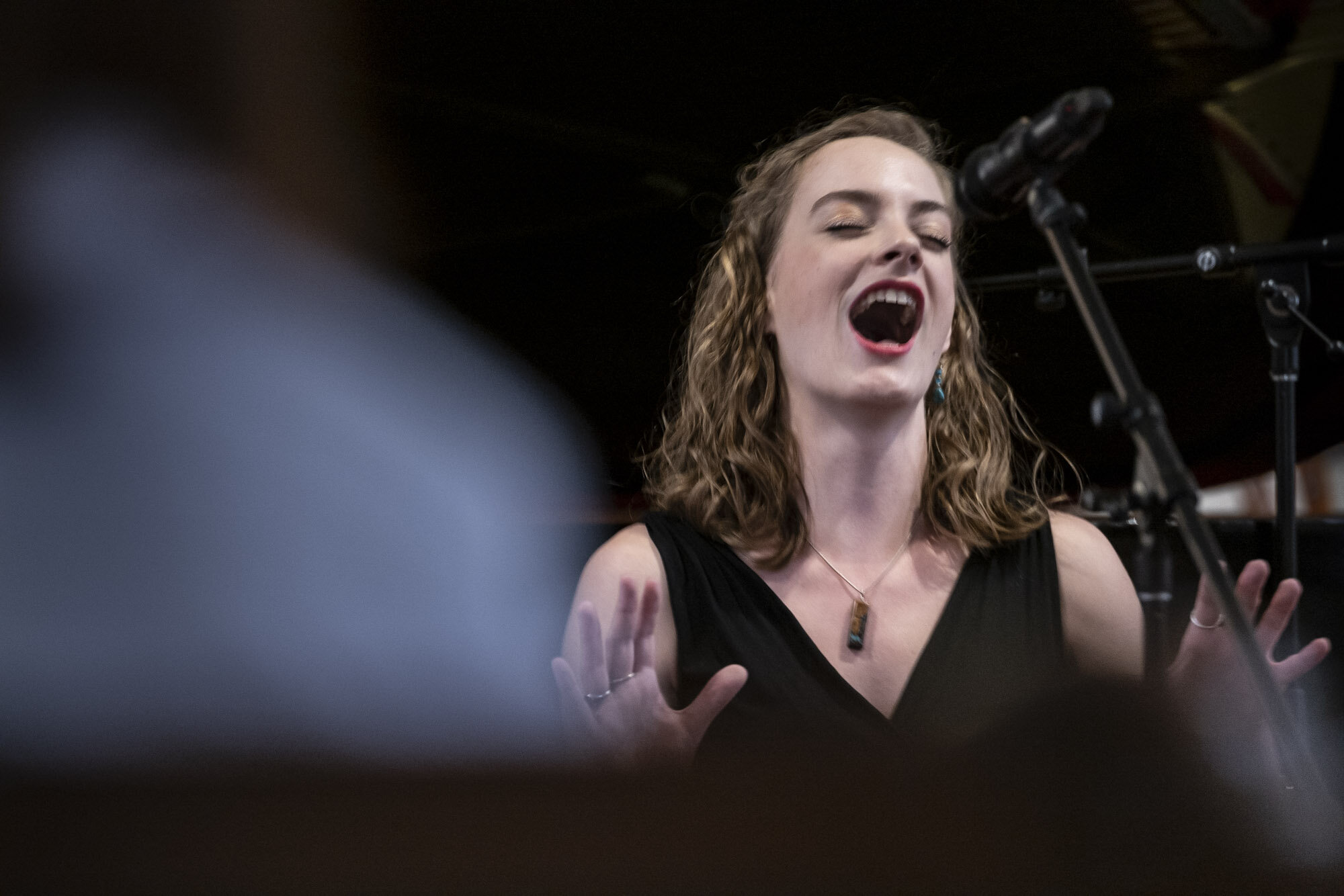
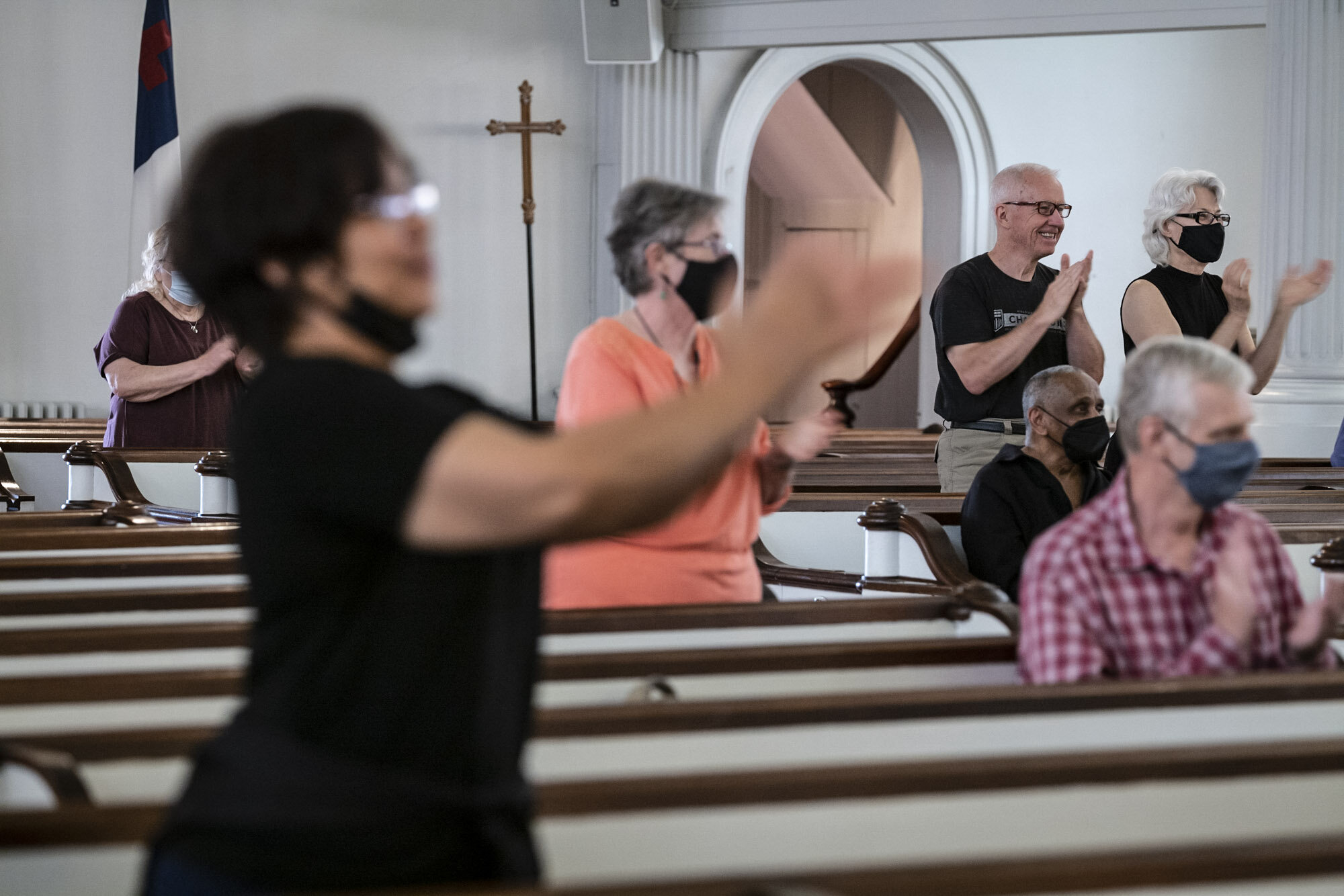
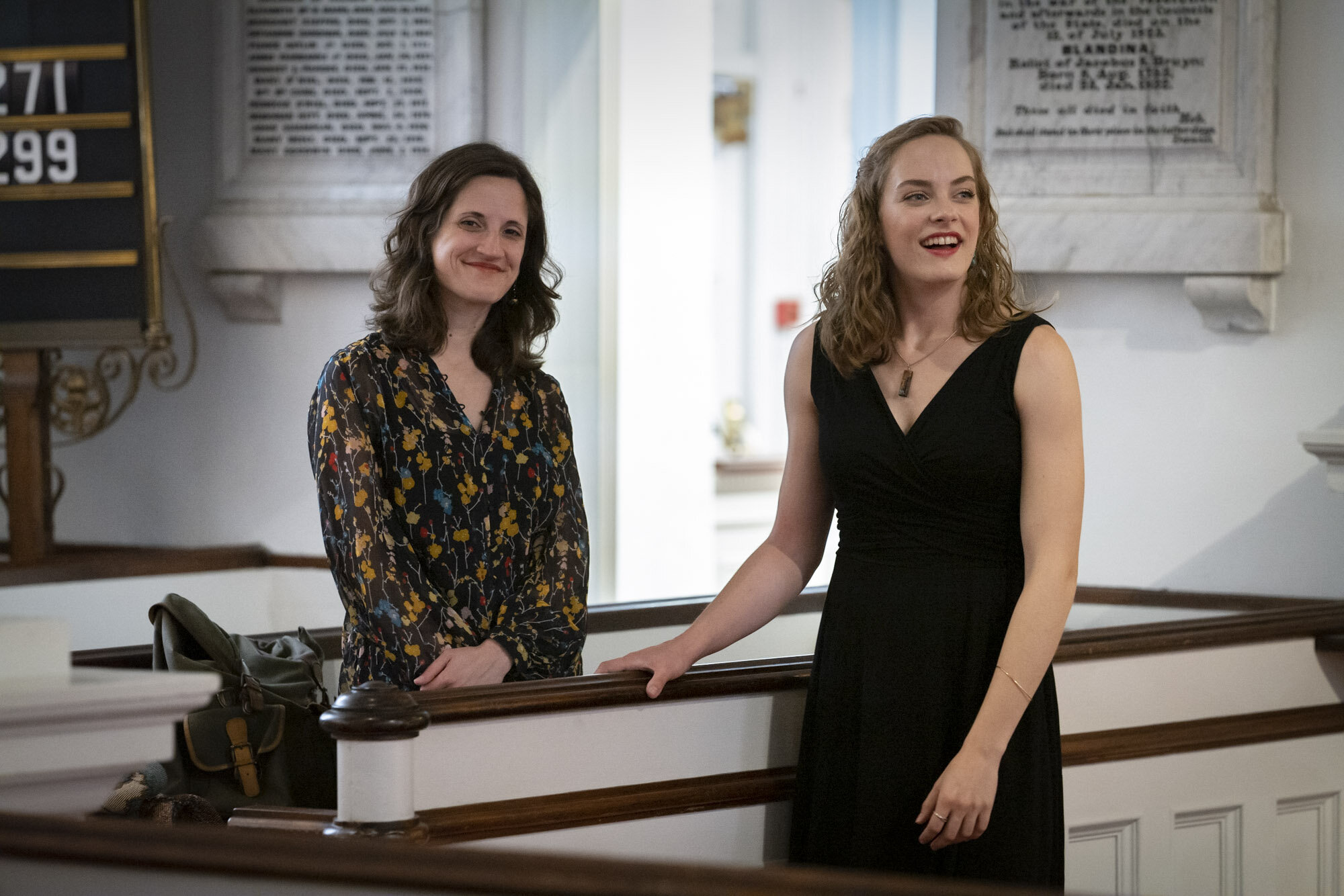
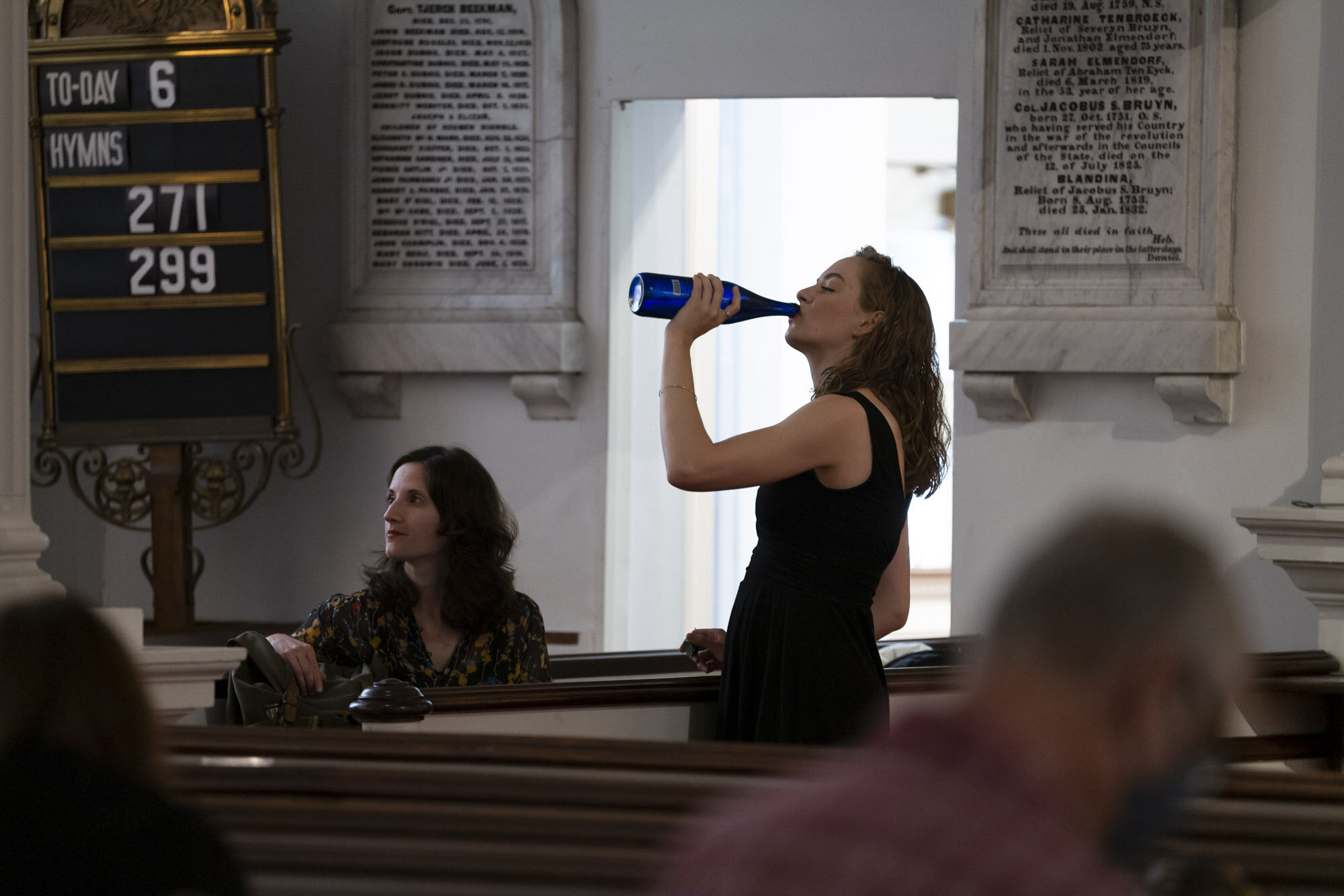
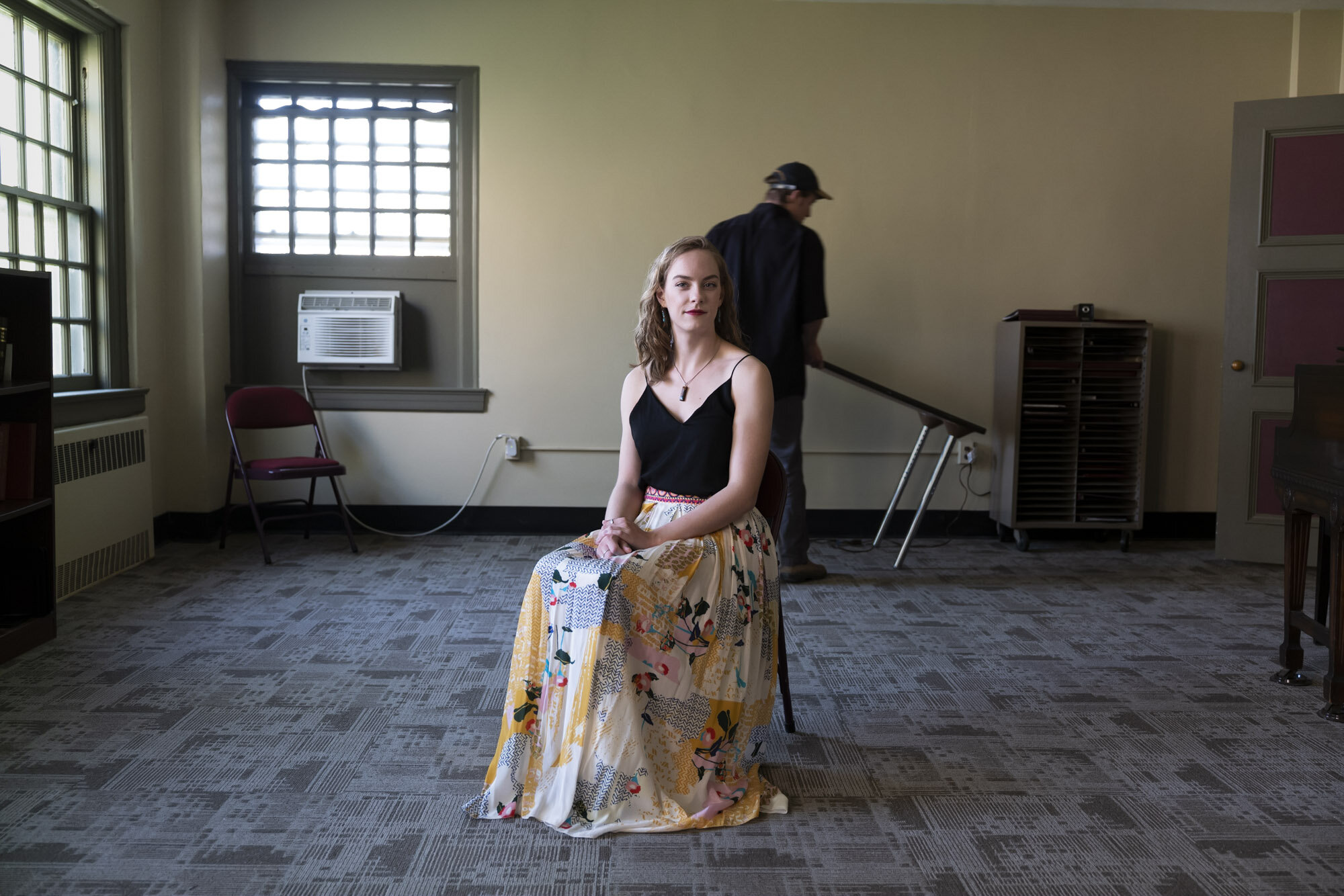
Classical Vocalist Hailey McAvoy
Who are you? Hi there. My name is Hailey McAvoy and I am an opera singer. I am a mezzo-soprano, and I also do a lot of other things. I have done video editing. I've taught ESL, I type out sheet music for people, but chiefly, what I love to do most is produce my own concerts with my partner, the amazing pianist, Bethany Pietroniro.
How long have you been in Kingston? I moved to the Hudson valley to attend graduate school at Bard. And I was at Bard for two years. During those two years, I lived in Red Hook. And then during my second year at Bard, I actually moved to Hurley a little town right outside of Kingston. And that's where I live now. So I live in Hurley, but I'm in Kingston very often. And here at the Old Dutch church, most often of all. So I guess in this area I've been for four years in total, so far, and I'm planning to stay another year, at least.
What gives you joy about Kingston? Well, the first thing that comes to mind is a really authentic display of spontaneous generosity that I have been the beneficiary of since living here. I mean, that might not be the first thing you think of because I've been living here partially during the pandemic, but so much has opened to me because of Kingston during this time, like when everything's shut down and all the places that I usually would have practiced places that I would have made recordings, they were all closed to me. This place, the Old Dutch Church opened their doors to me and my partner, Bethany, who's a pianist, and said, come here and practice every day. And we did, every single day. And that kind of generosity has really been a color of my time in Kingston. It's a color that I'm hoping to soak up, soak in and just to pay back double, triple in my future as I go forward, because it's coming to my life at a really key moment. And someday I want to be the one that gives it back at someone else's key moment.
What, if anything, would you change about Kingston? You know, I think during the pandemic, I've become especially aware, through Facebook groups and a mutual aid network that I'm a part of, I've really become aware of the disparities that exist within Kingston and especially issues around housing and housing prices, just rising and rising and people being forced out of their homes because they can no longer afford to live here. And I think I would just want to look at that and I wish I could change it. I wish I could help someone who knows how to change it, change it. So I will, I'll actually be thinking about that, I think for the next year going forward, but that would be the first thing on my mind.
What is your secret hope for the future? Well, I think my big hope for the future is that I can be a classical vocalist who really appears authentically as myself and also lifts up and supports other people within my field. And outside of it, I have a mild disability in my legs that is cerebral palsy, and it's just sometimes tricky to navigate the field of singing with a disability because people sometimes people assume that I can't do things when I can, or when I have to modify something. I'm always afraid that that will then lead me to be, you know, “Oh no, we're not going to cast her next” time or something like that. But through living here, actually in going to Bard and being surrounded by a bunch of people who have been really supportive of me, I have been trying to turn down those voices and turn up the voice that's speaking up to say, hey, you know, including people with diverse perspectives, including disability and many other things is actually a way to make our art on stage more human and more honest, more direct, more communicative, not less. So let me in the door and let me in for this reason.
And the other thing is that I really believe in my power to lift up other people as I'm going along in my path. So, if I'm going to do a concert with two people, why not with three people, four people, five people? You know, why not really create something where a lot of people can come together to put on something meaningful? And it can be not only for me, but also for them and for our audience. So that kind of energy that invites other people in, that invites collaboration and really invites working together to create. It's something that we couldn't create only on our own, you know, one mind - it's always going to have a blind spot. I believe that firmly. So we've got to invite collaboration, openness and sharing in a field that can be perceived as competitive and cutthroat at times. Man do I want to fight that so hard!
FELIX OLIVIERI
“For the past 8 years I’ve had this dream, this overwhelming thing that I just want to build a maker’s space here. For young kids - teenagers to adults - where they can just walk in and see something they want to build and build it.”
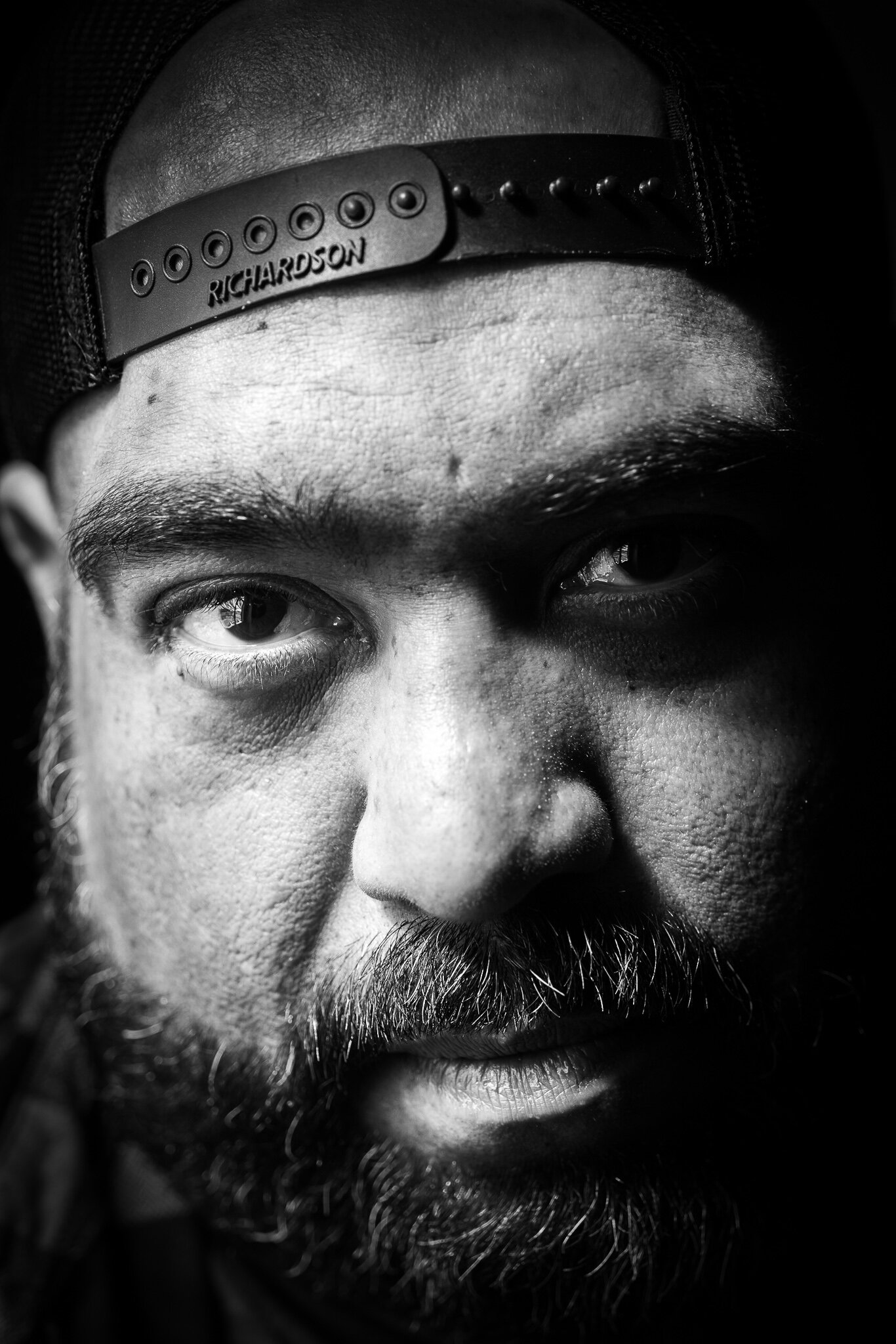
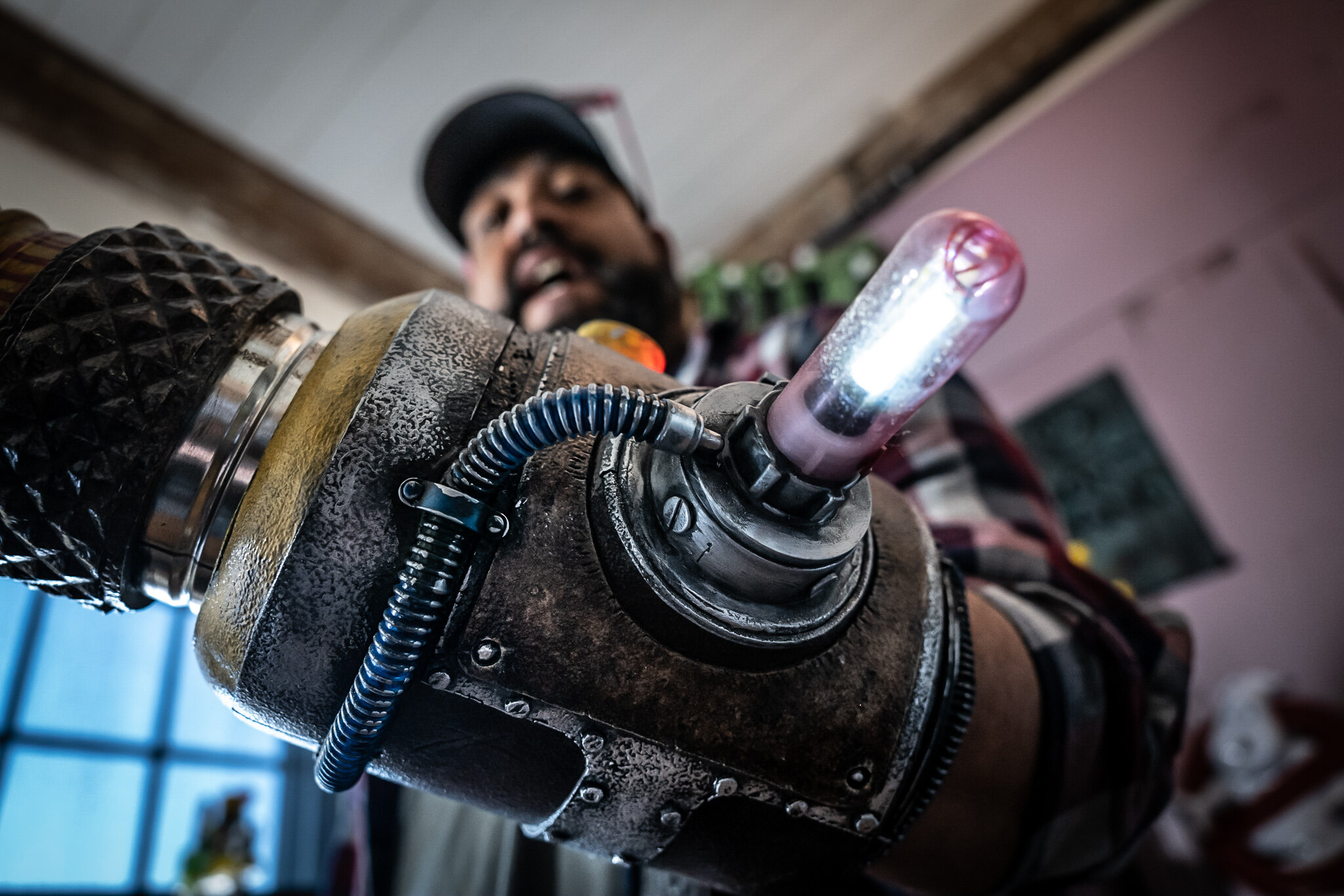
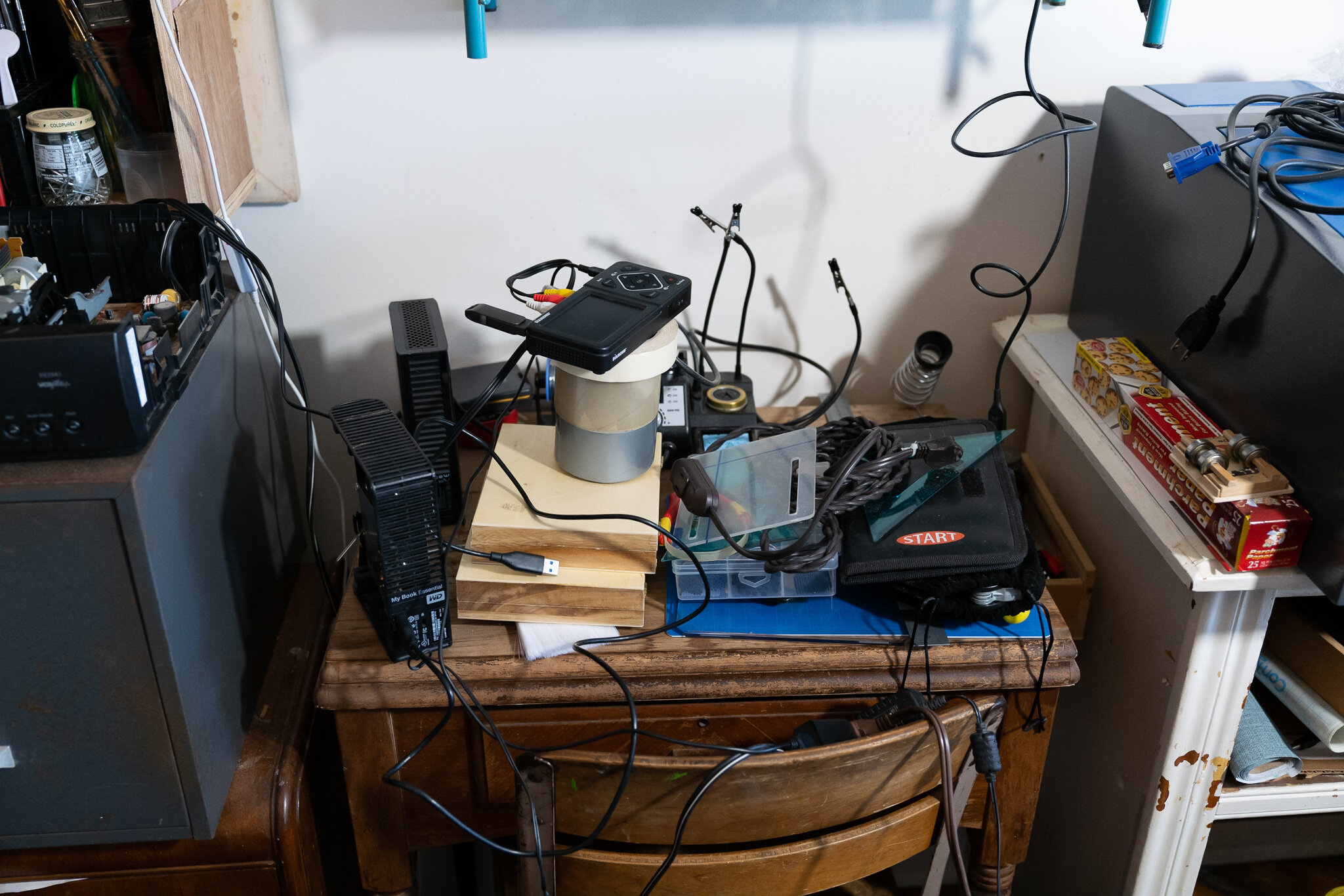
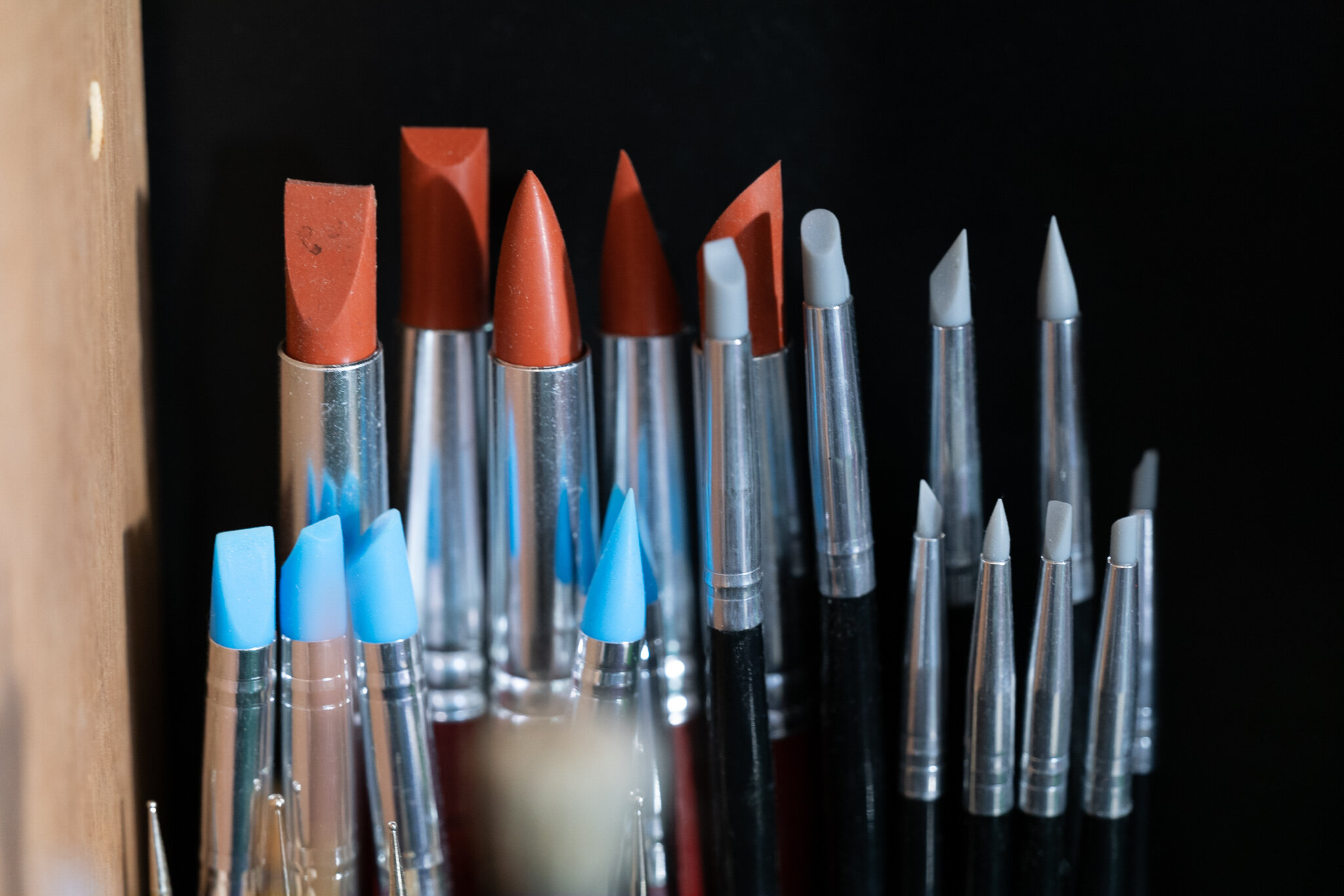
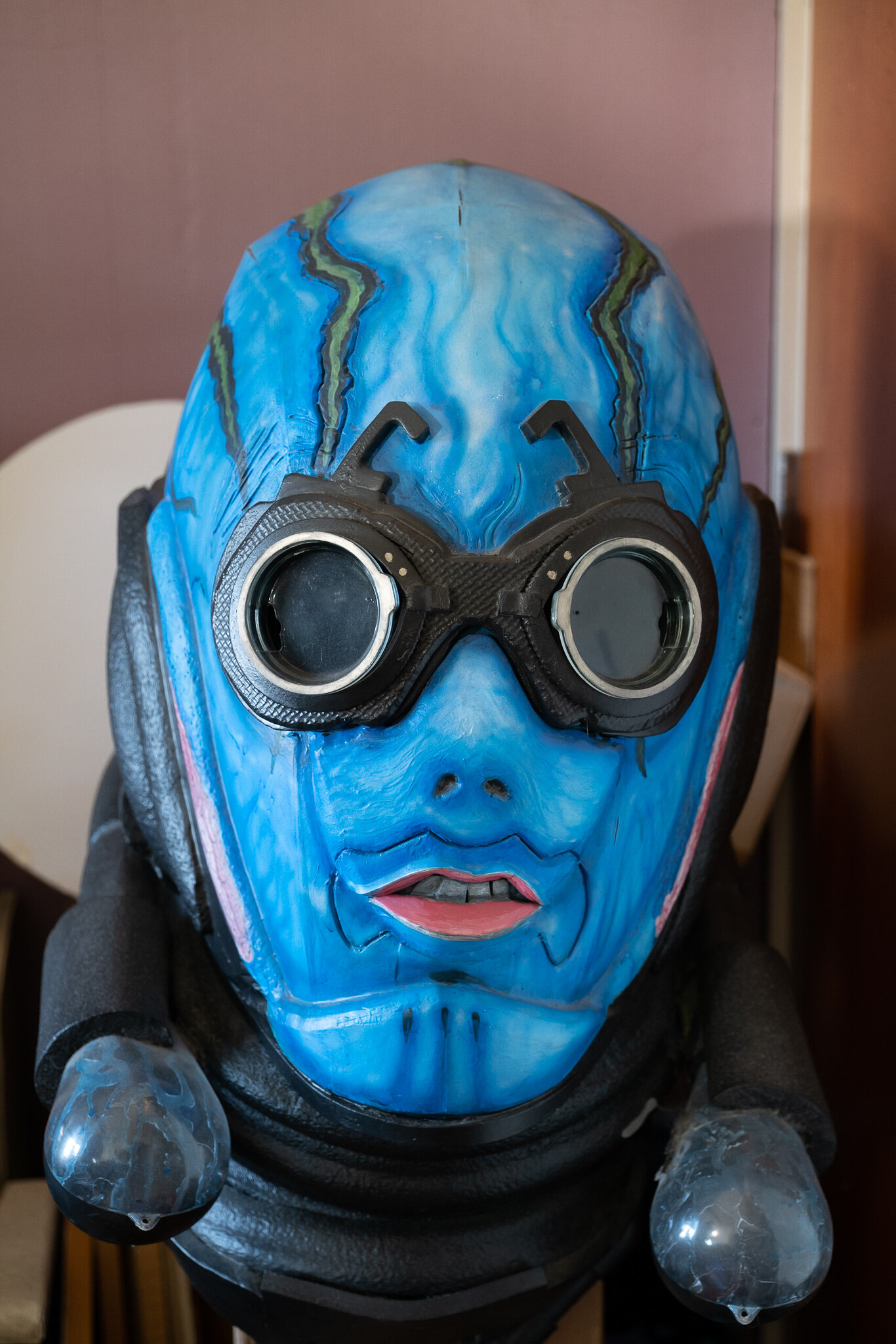
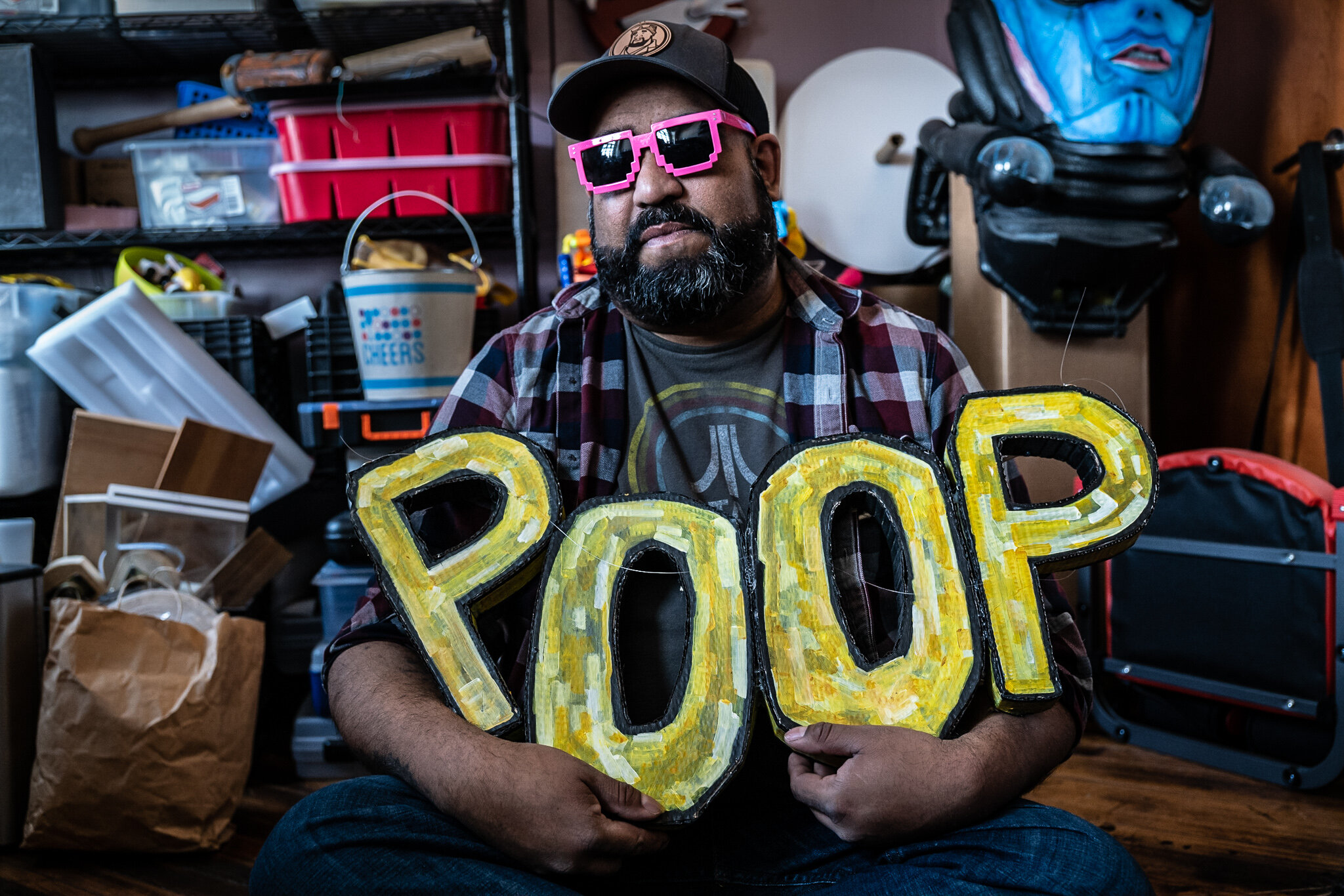
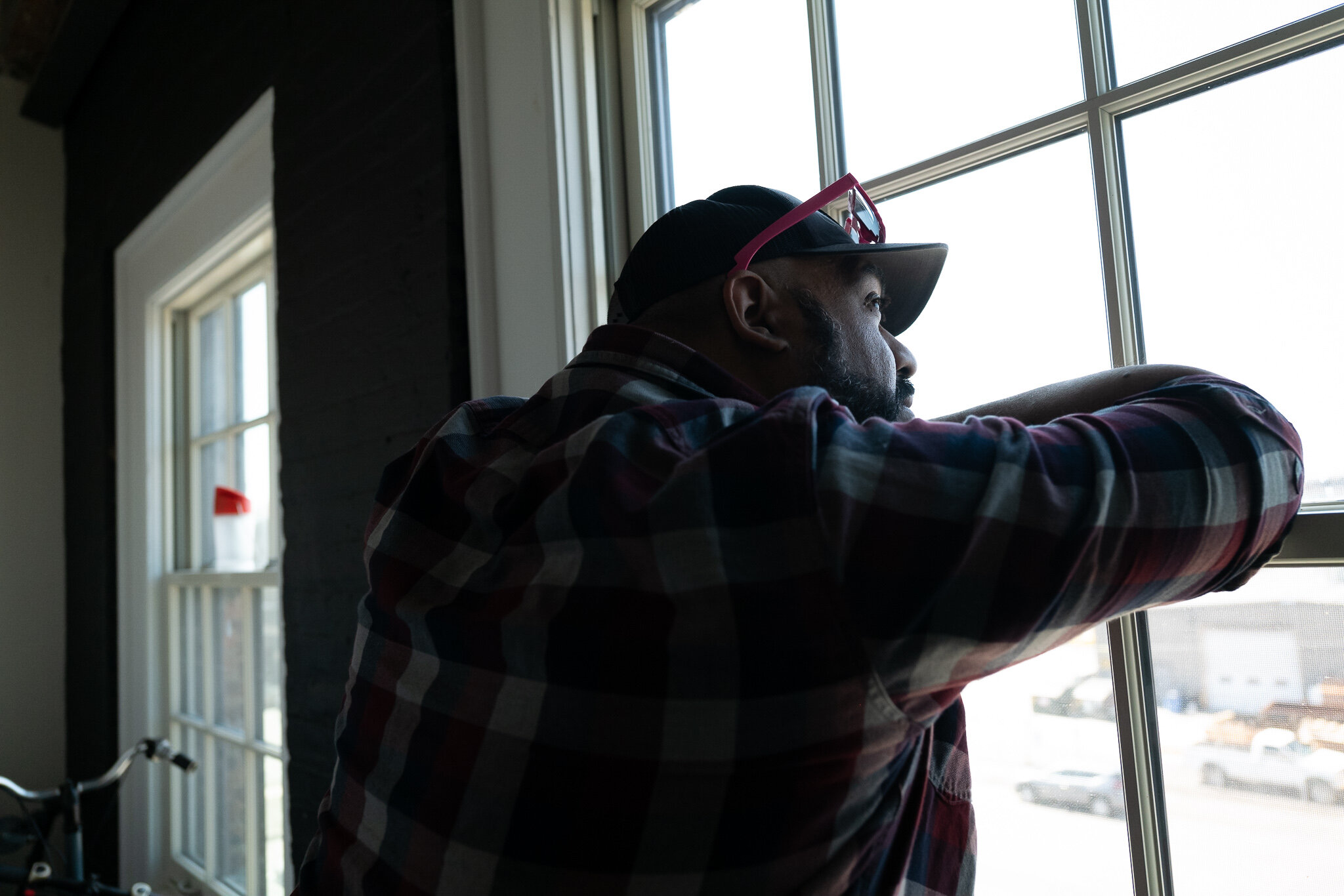
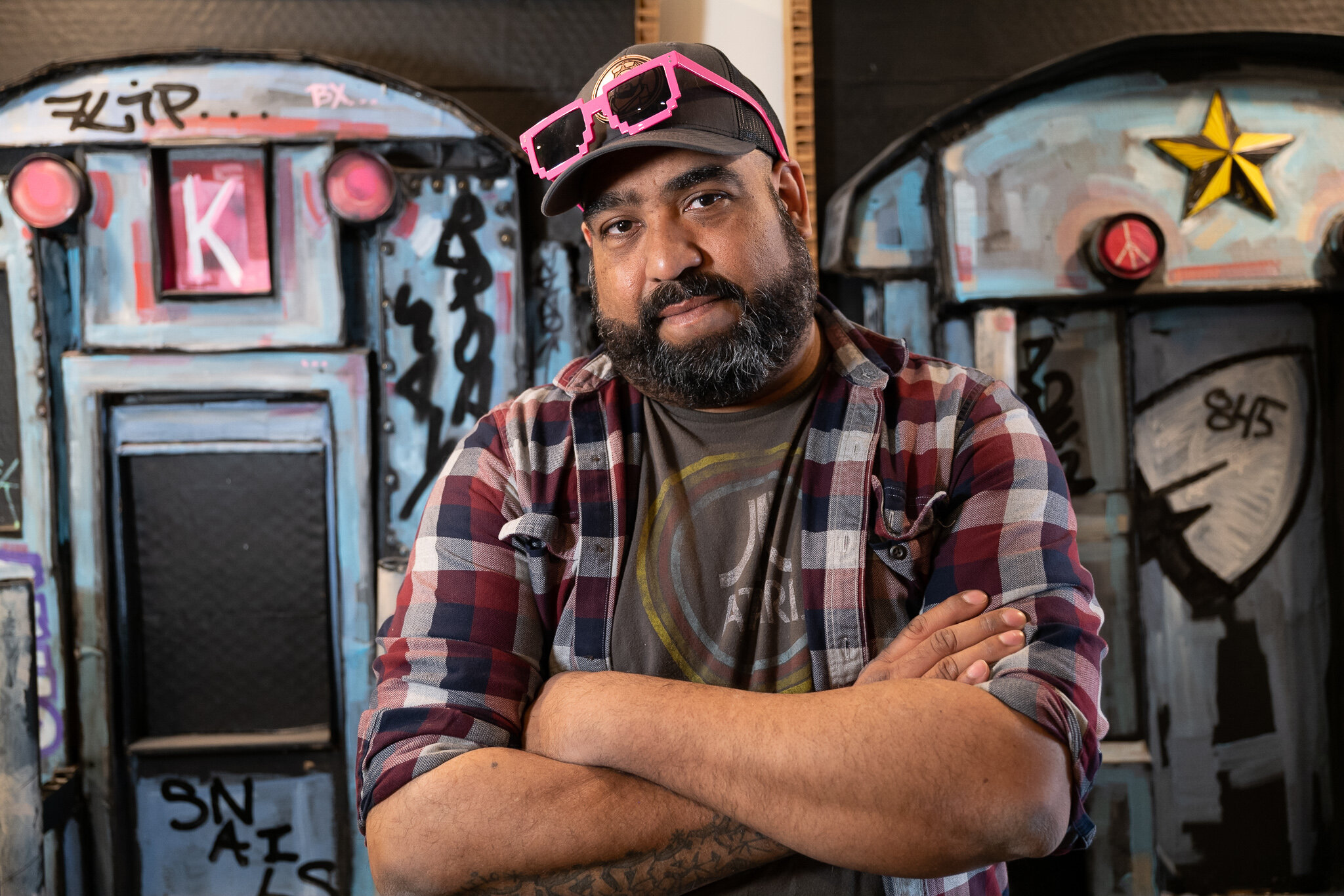
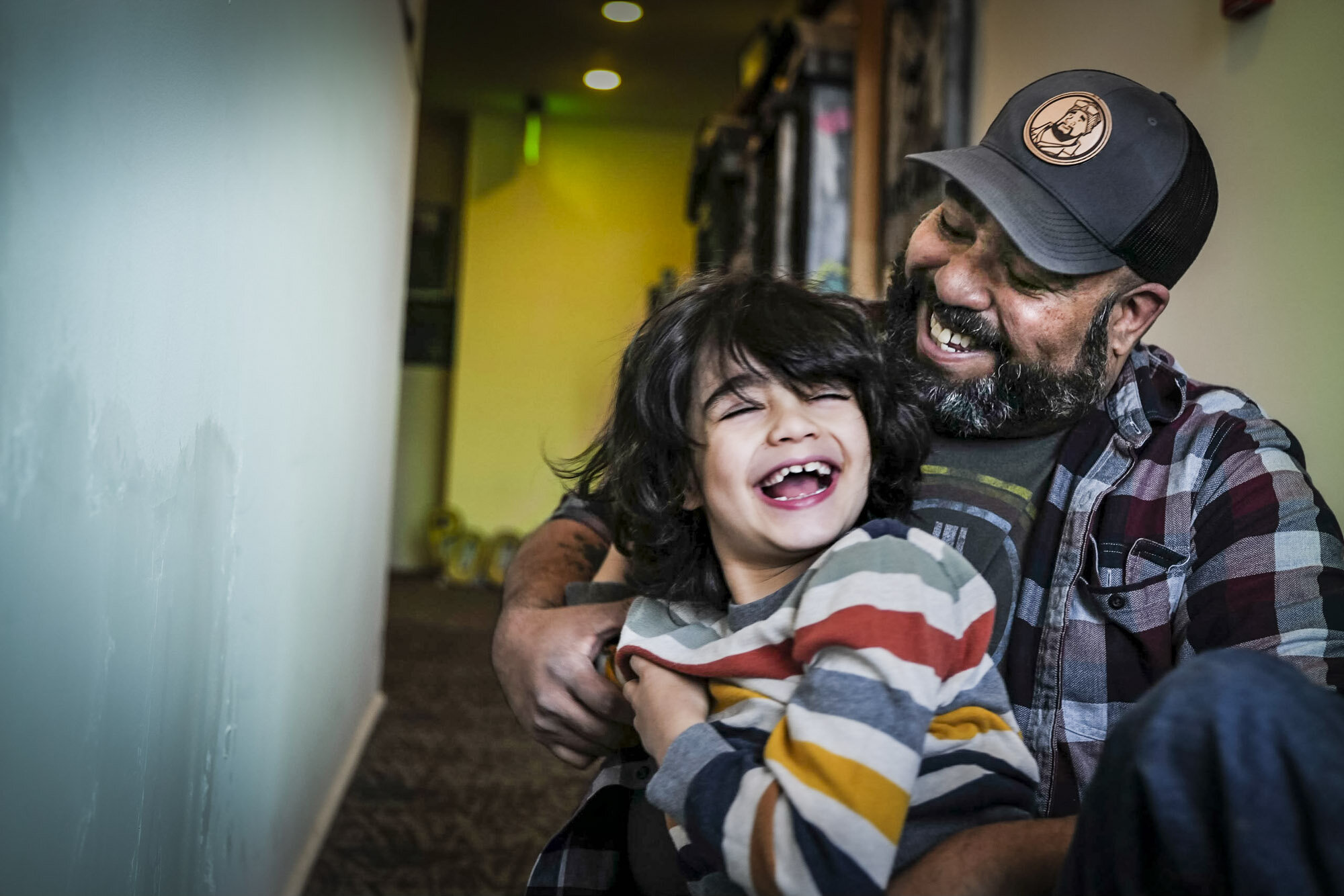
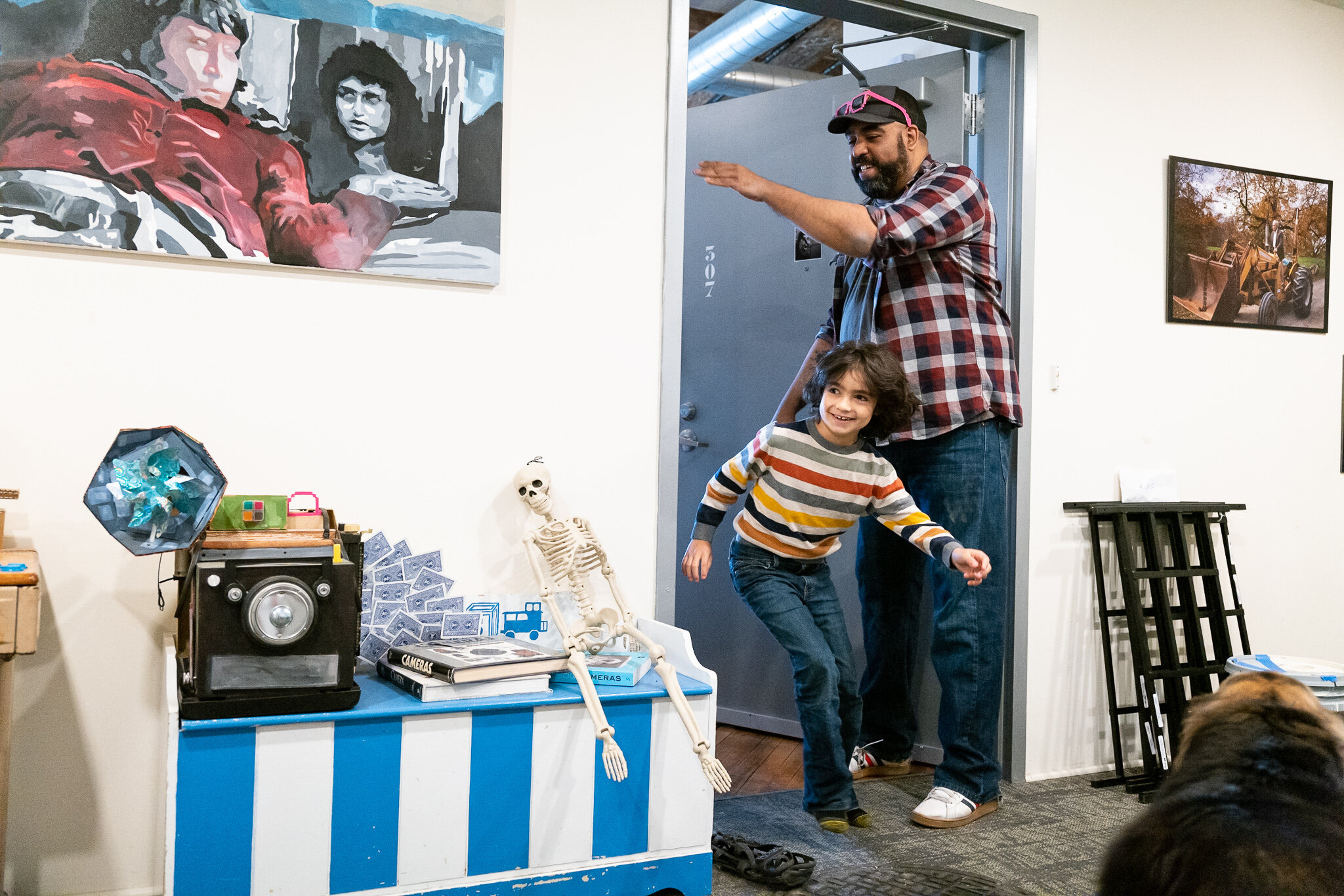
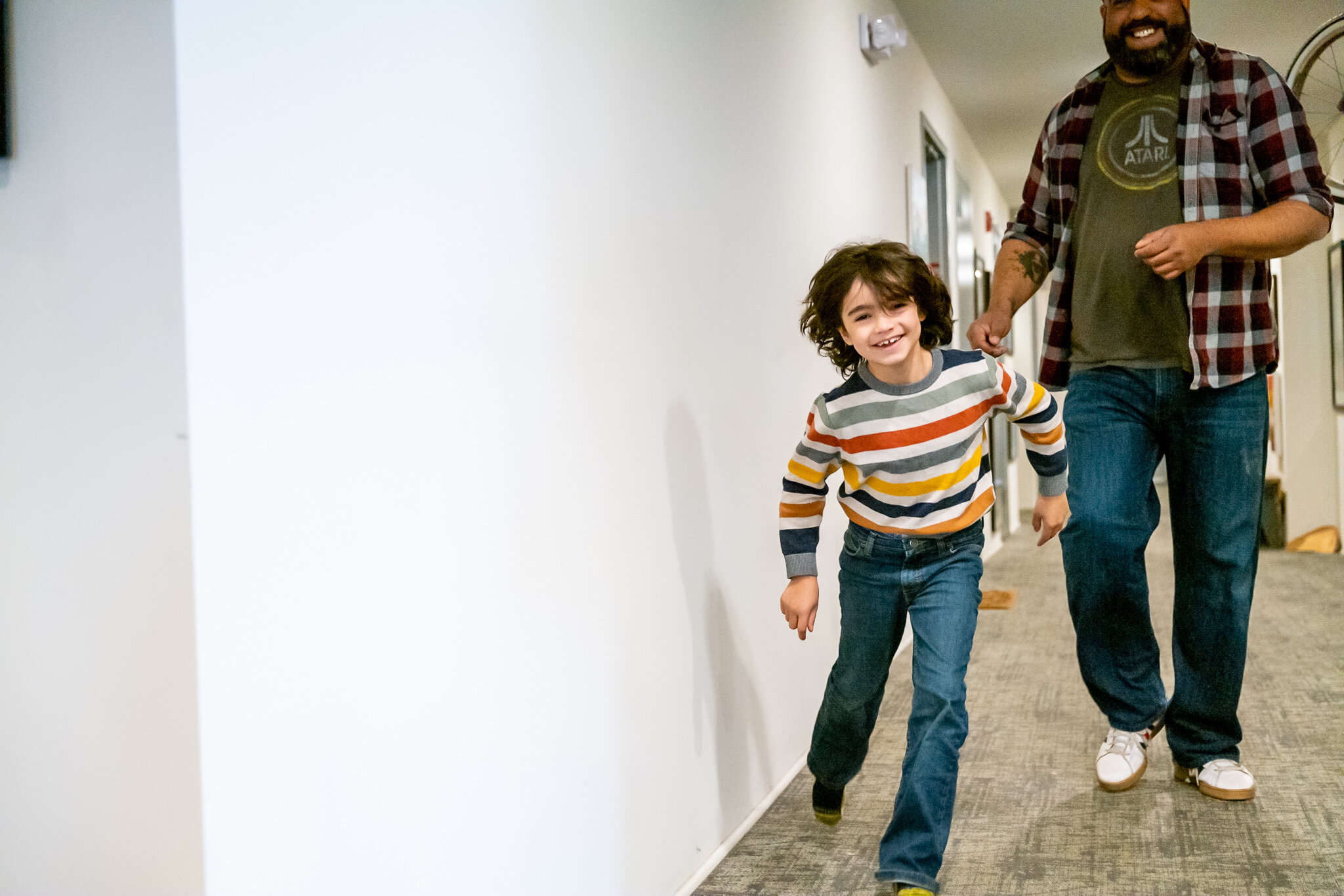
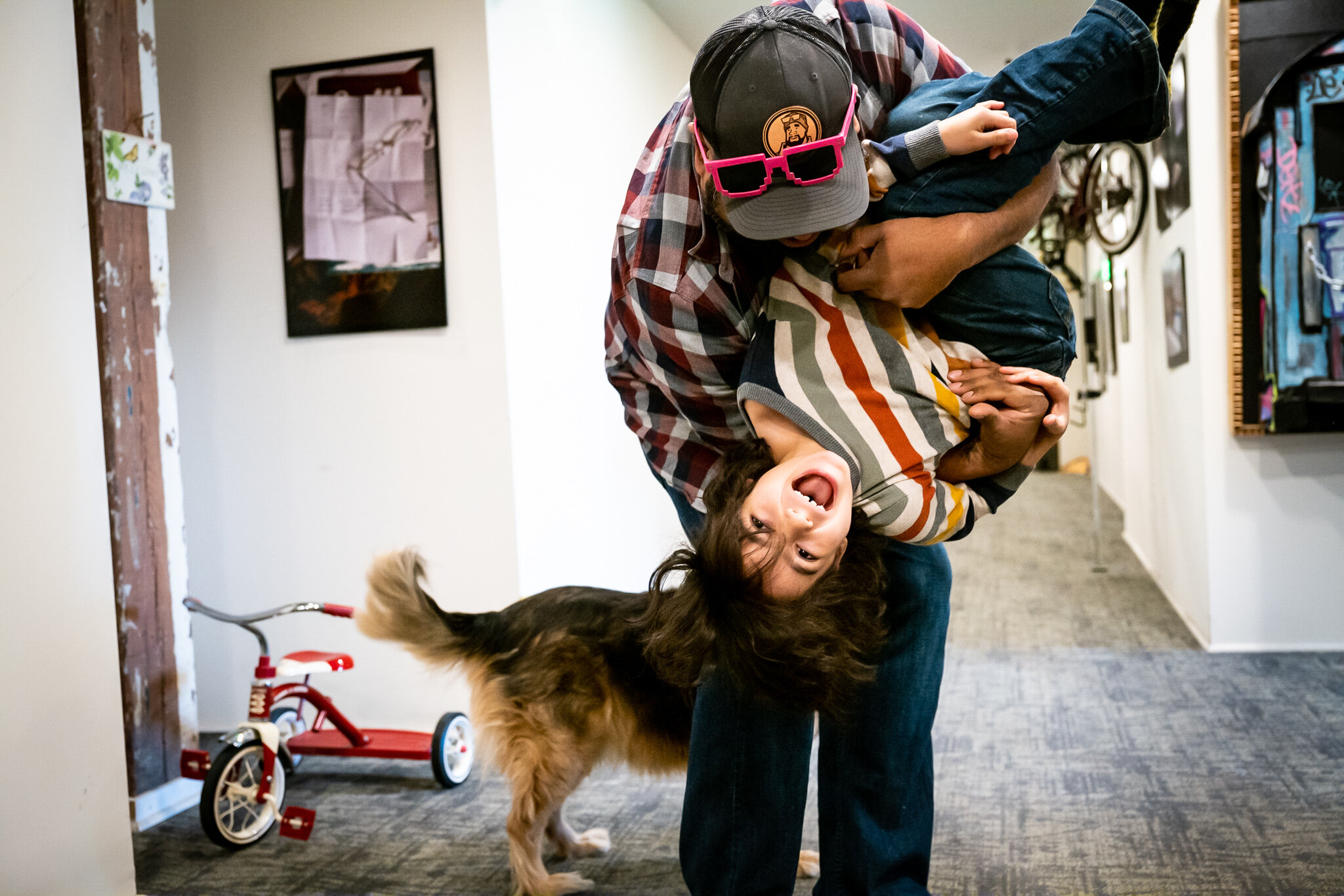
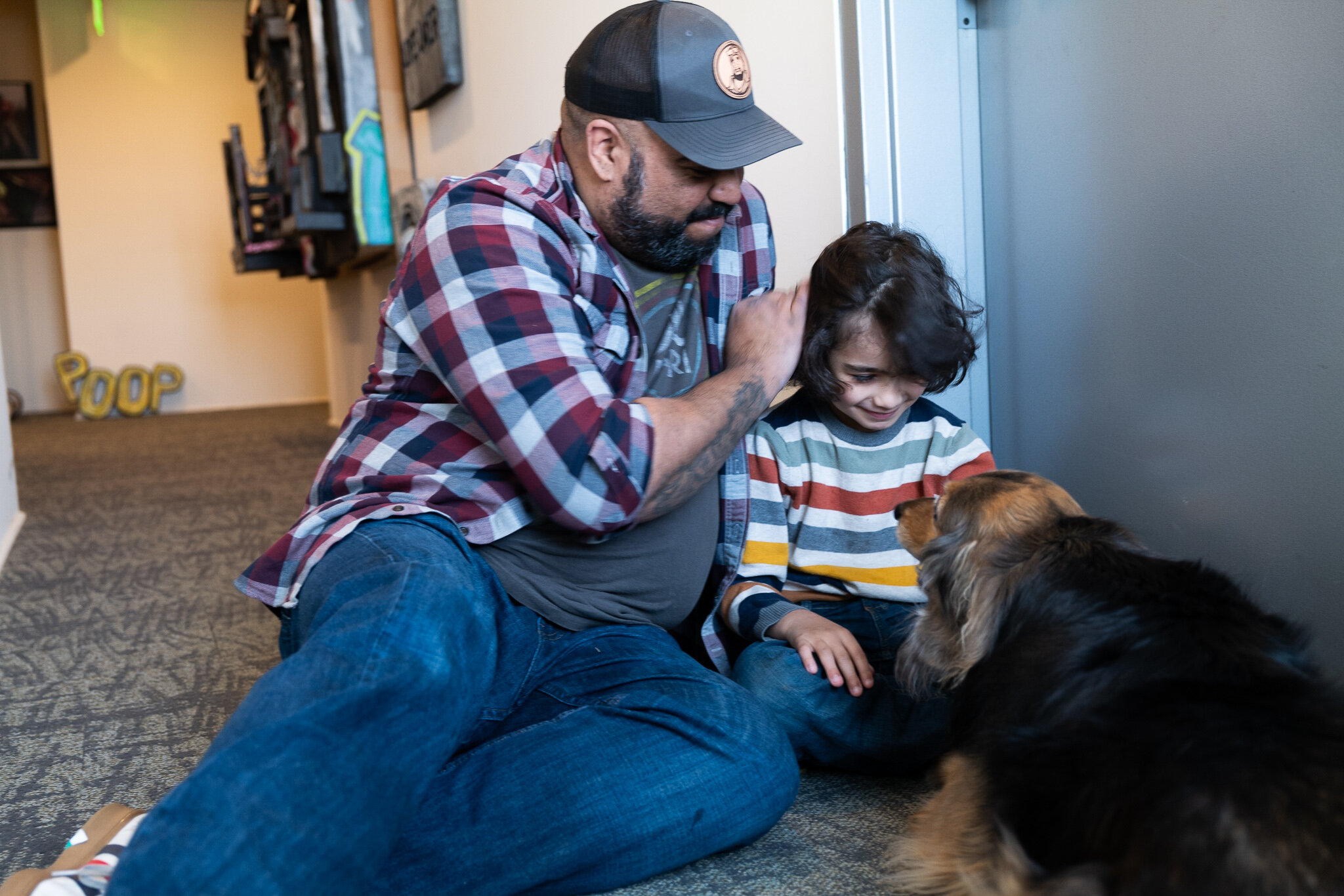
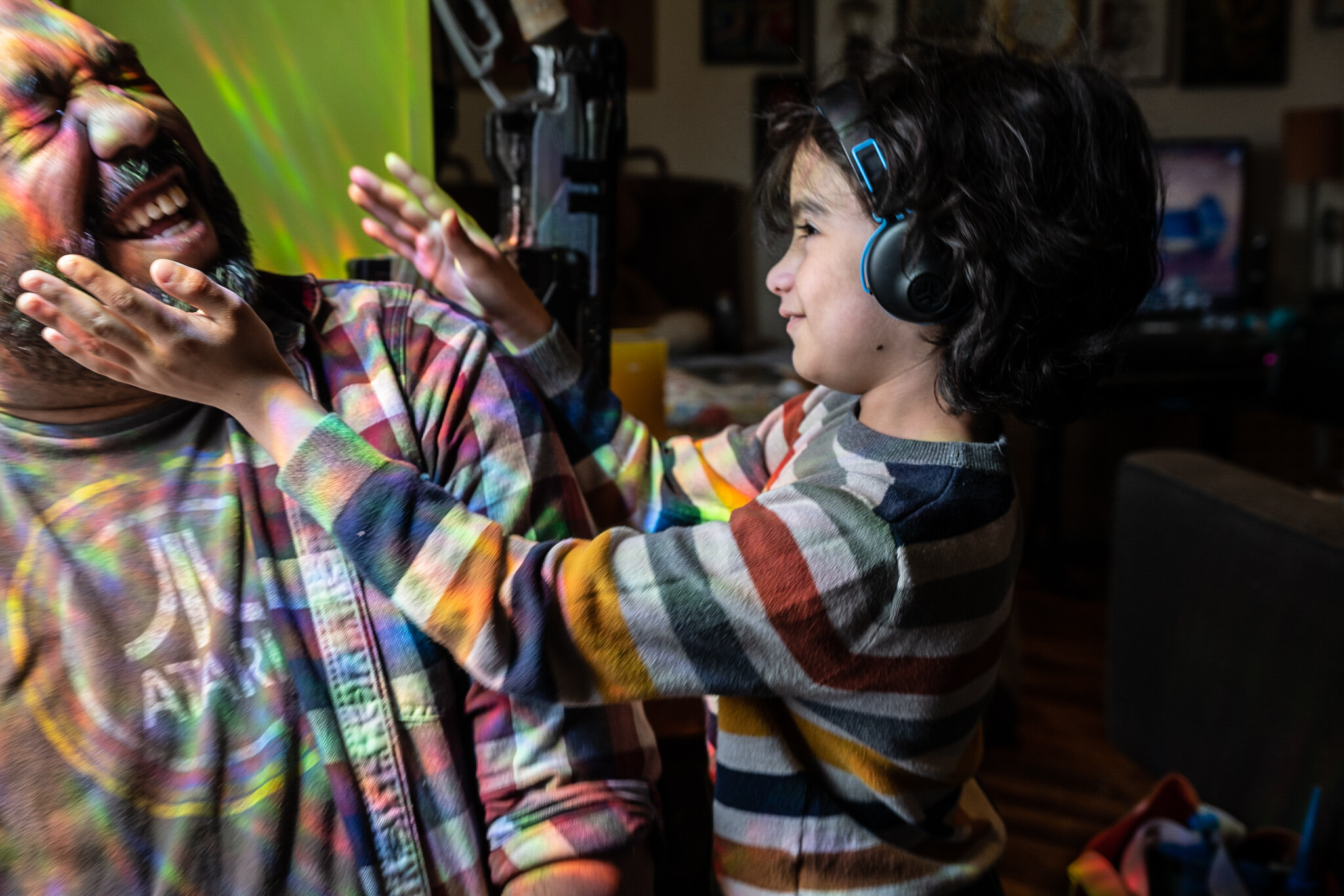
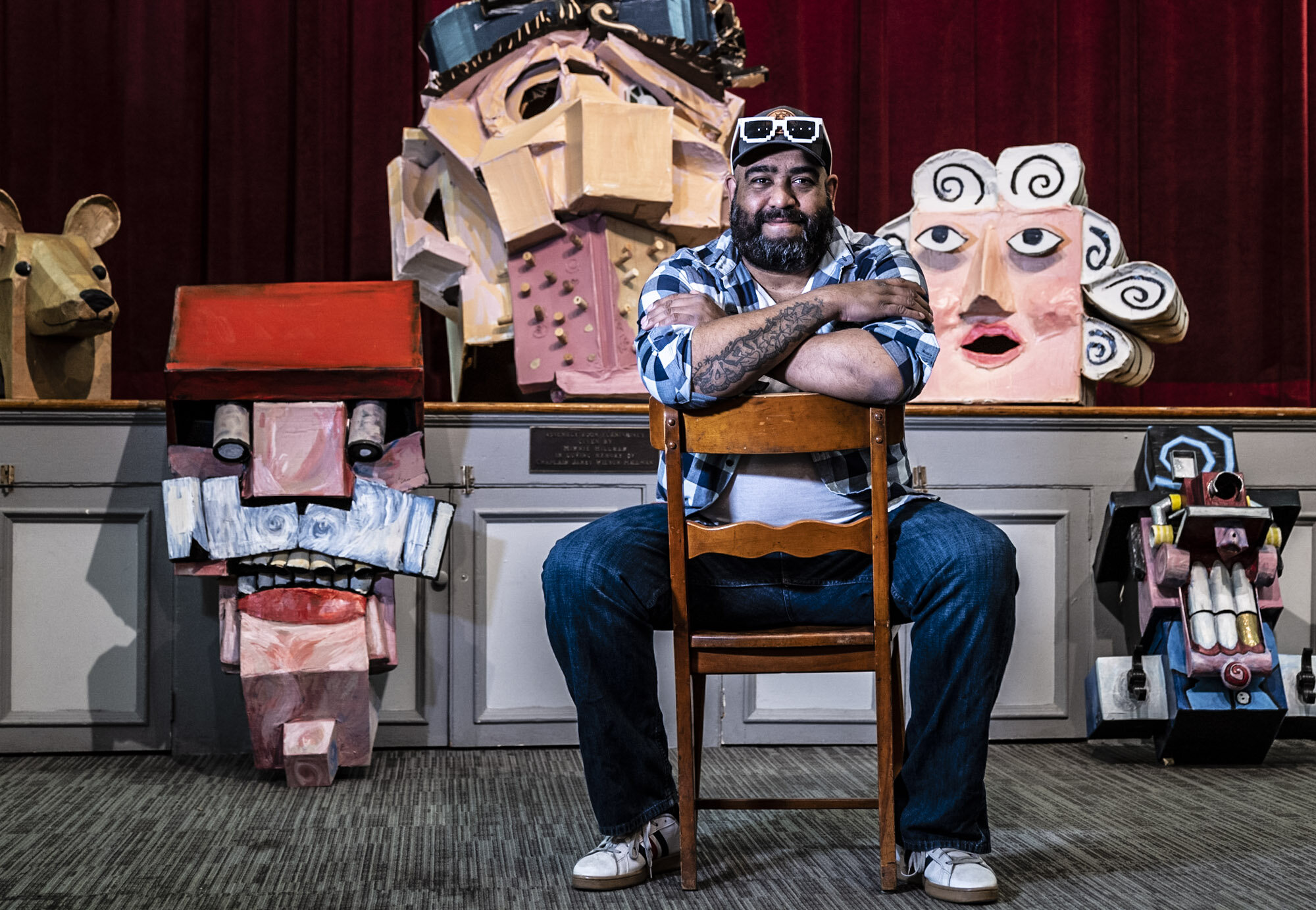
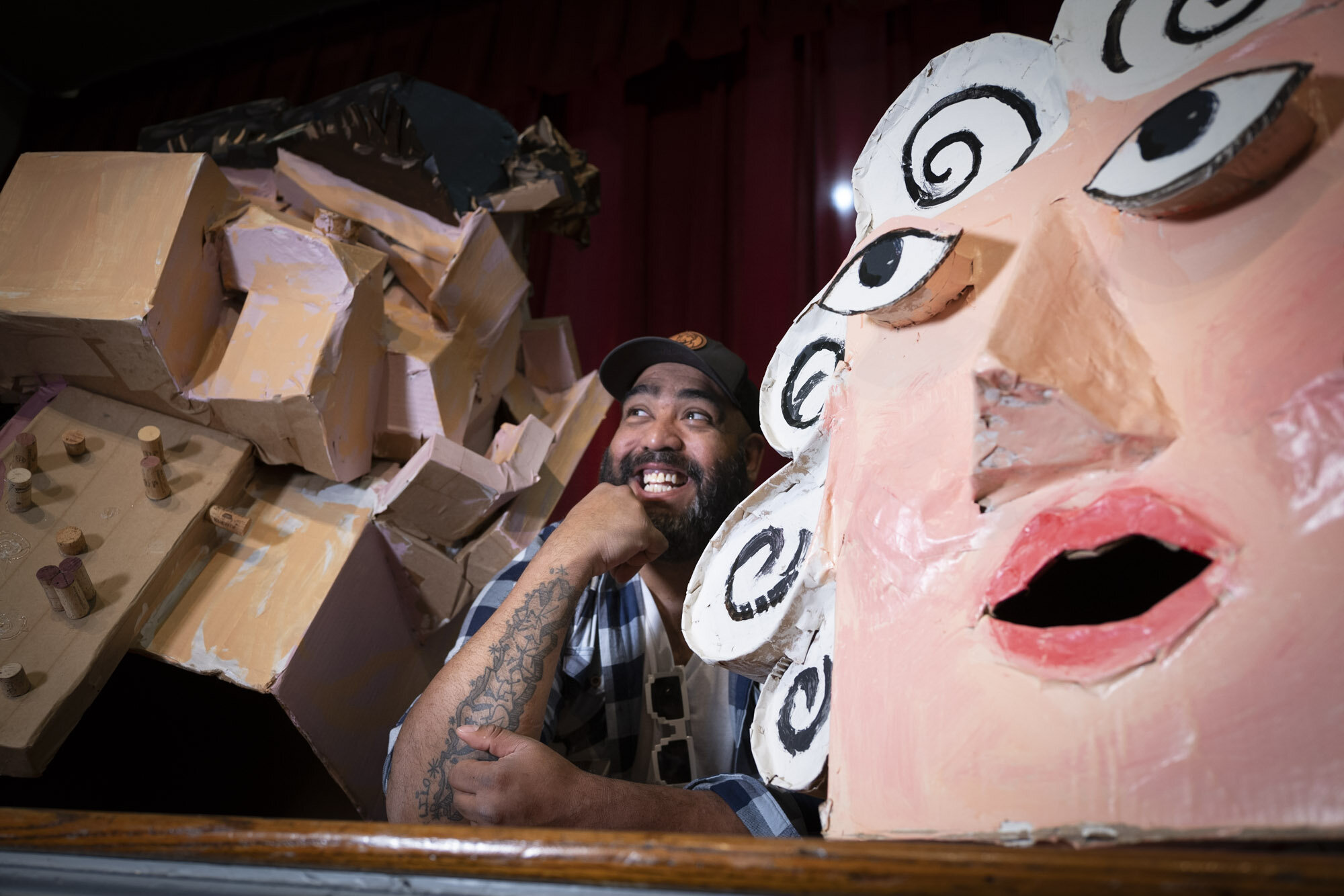
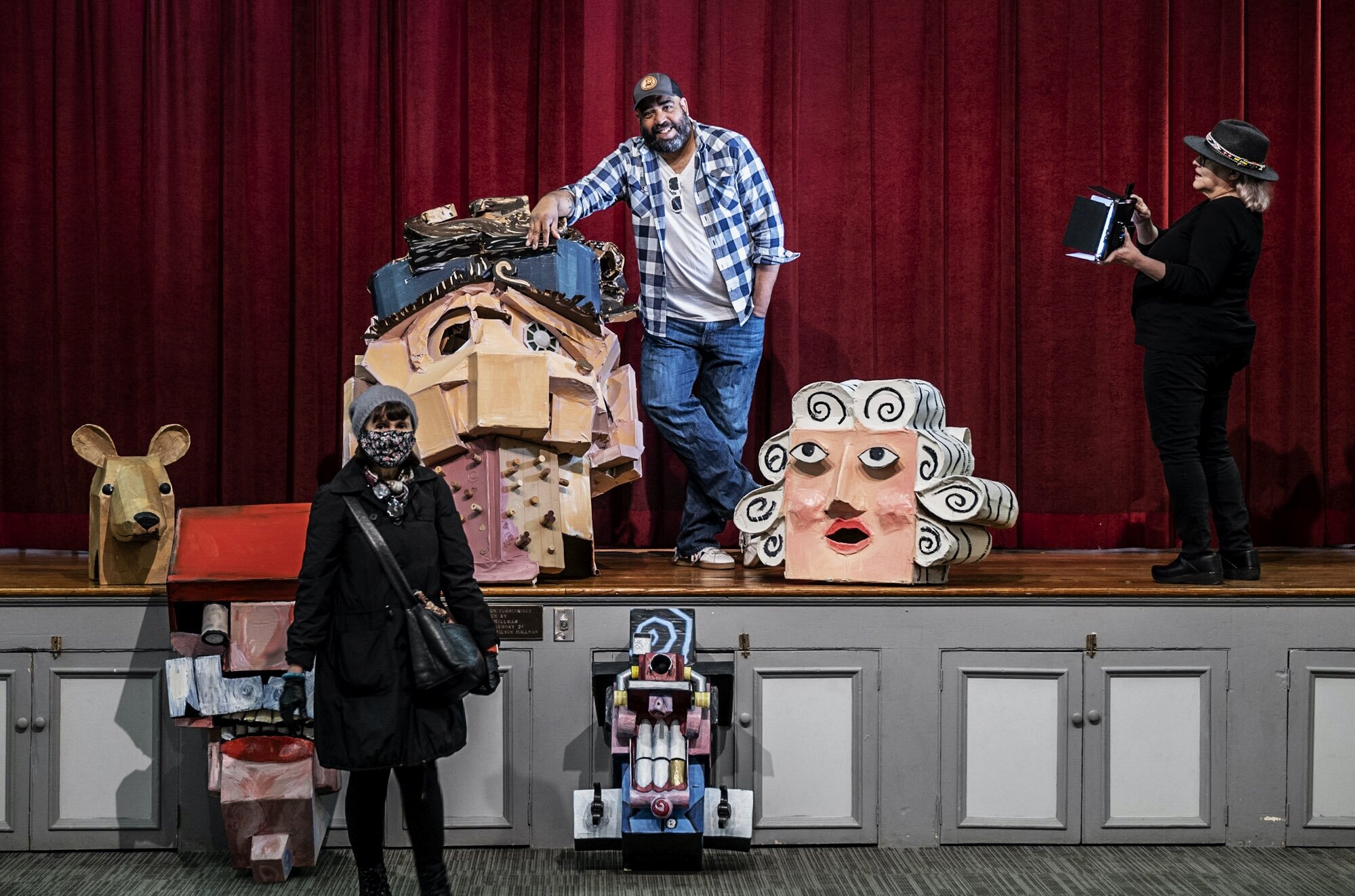
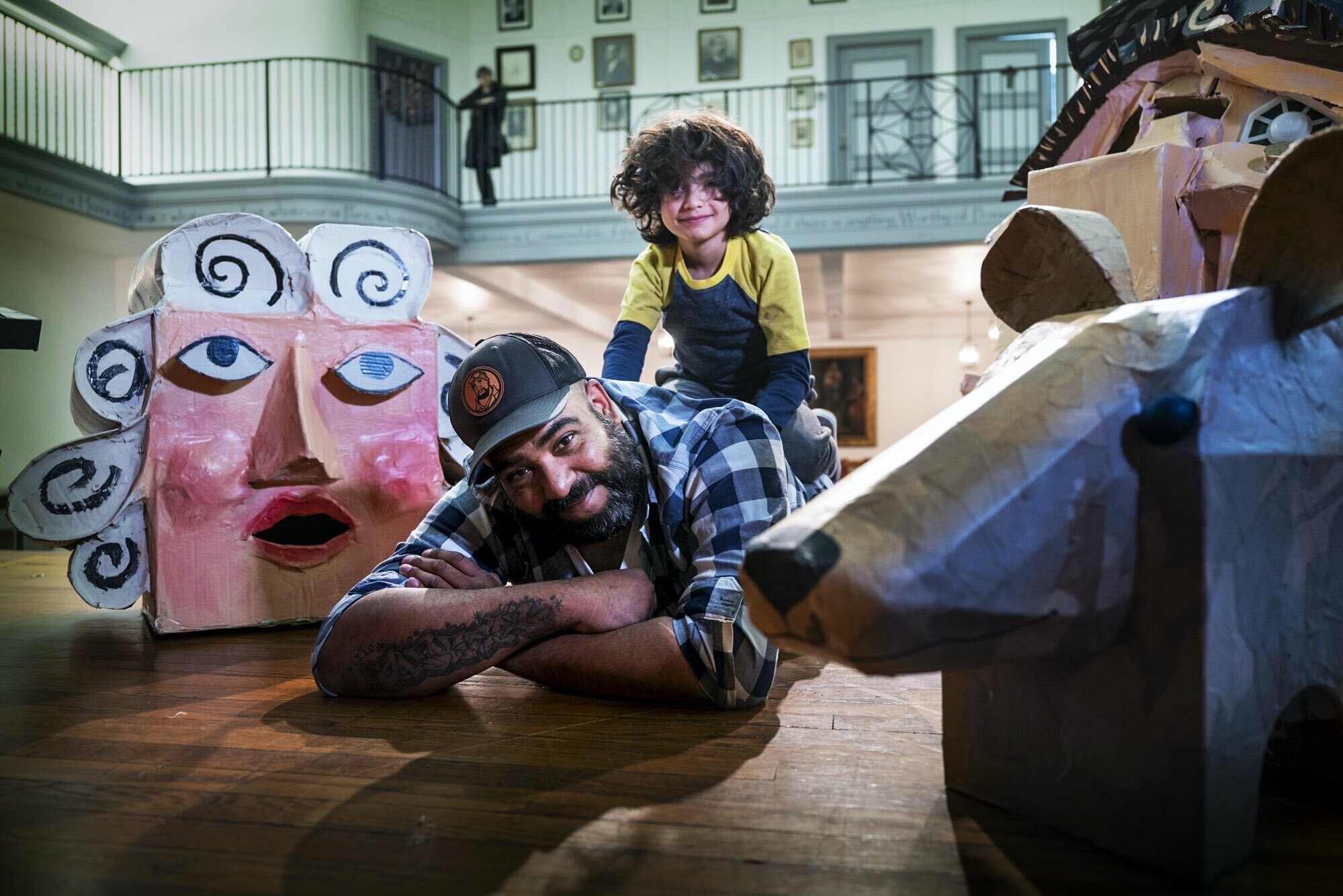
Who are you? Hi. my name is Felix Olivieri, and I'm a local Kingston artist.
How long have you been in Kingston? I’ve been living in Kingston for about eight years now. Prior to that I lived in Rifton, which was like, maybe about 10 minutes away from Kingston, but I moved here to the Lace Mill lofts, which became my permanent residence for the past eight years.
What gives you joy about Kingston? I love the neighborhood, I love the area, it's packed full of different artists and it's easy to go out and just, if you have something that you wanna do, you wanna build or you wanna learn, because there's so many artists in the area, it's easy to find that. And a quick email, quick text and just meet up with somebody. There are a ton of galleries so you know, first Fridays you go and you just meet all these people that you normally wouldn't meet on your like, days at home. And I just like working with most of the people and the kids.
I work a lot with children, teaching kids different arts, teaching them prop making, stop-motion animation. Currently I'm doing some VR stuff with them. We're doing virtual reality drawing and everything. Because Kingston's big, but not too big it's easy to build a name for yourself, so once you get these classes out there and they know your name, you know, the kids come running to like, take these classes. It just makes it so much easier to live in a community like that.
What, if anything, would you change about Kingston? That's a good question. It's funny, because for the past eight years, I've had this dream, this overwhelming thing that I just wanna build a maker's space here. And a maker's space designed for like, young kids - to teenagers to adults - where they can just walk in and just see something they want to build and build it, have lessons, have like, 3D printers, laser cutters, CNC machines. One of the major things that I've discovered that over the past like, 10, 15 years or more, is that they've taken workshops and home economics out of schools and I feel like kids are lacking in that. And when I teach these kids art I run into that problem, into that wall.
You ask them to cut something and they can't always cut it correctly because they haven't had that schooling behind that kinda thing. So I think Kingston needs a place where these fundamental skills can be taught to children at a very young age because it teaches good hand mechanics and you know, the creativity part is great and everything, and you can do it as a family, you can do it as one kid alone kinda thing, but it definitely needs a good maker's space. Plus, I think we need an arcade place, retro 80's arcade. Just putting that out there, if anyone wants I got ideas, call me.
What is your secret hope for the future, for your future? I'm currently a bus monitor and I work with special needs kids mostly and I help them get to school and back, but what I'm really hoping for is that I can open up my own studio and do prop making and any of those things, more on my time like, full time kind of thing, where I won't need a another job where I can just get the phone call to build props for theater, for kids, for parties. I do that currently right now, but I do it, you know, on weekends kinda thing or in the middle of the night. So I'm really just hoping that I can build my studio and just go from there and just, as they say, live the dream.
FRANK WATERS
“Everyone lives together here. All cultures, all backgrounds. And ever since coming here I’ve been able to do a variety of projects, and the support I received from my projects, being a newcomer, has been truly overwhelming.
”
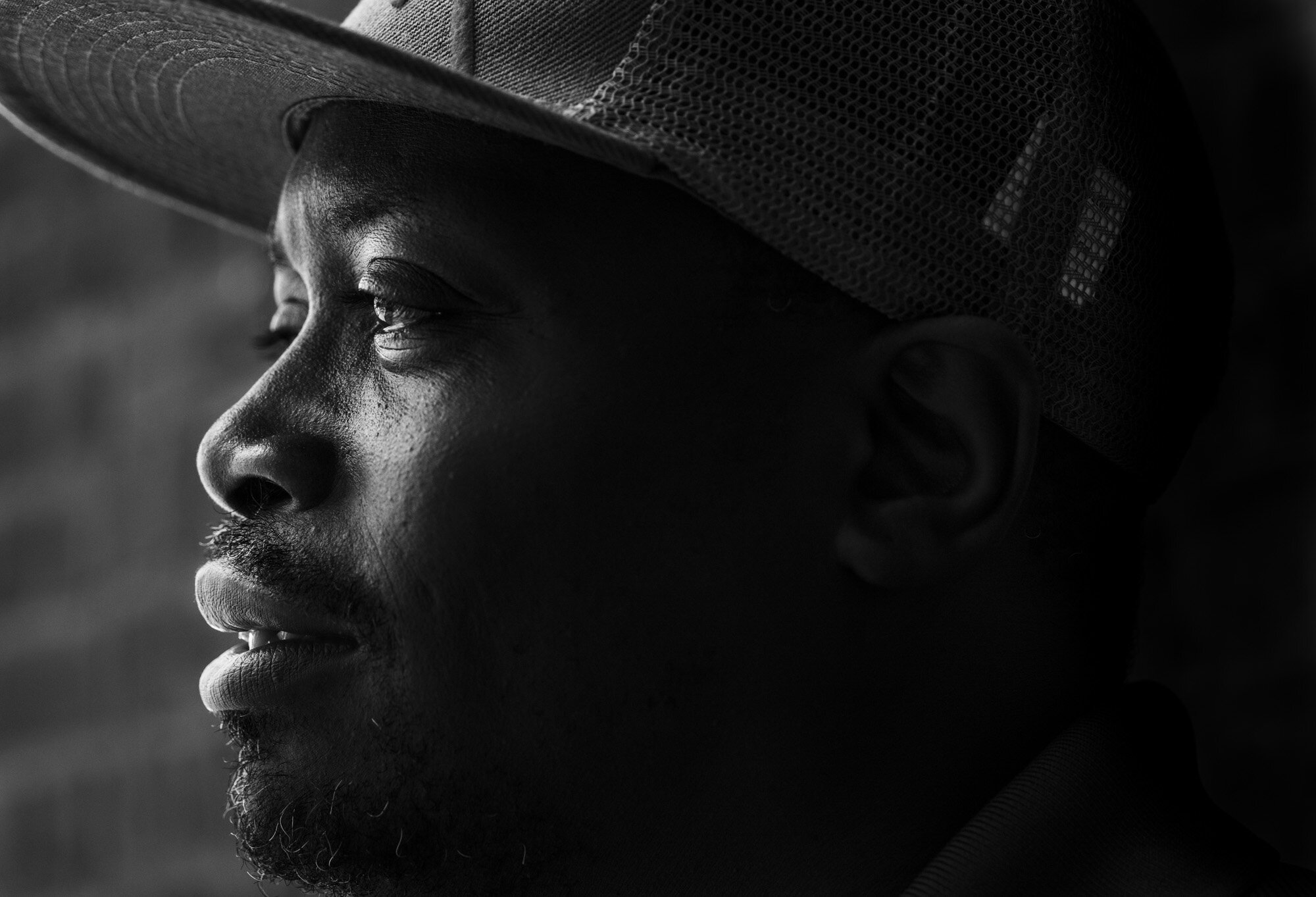
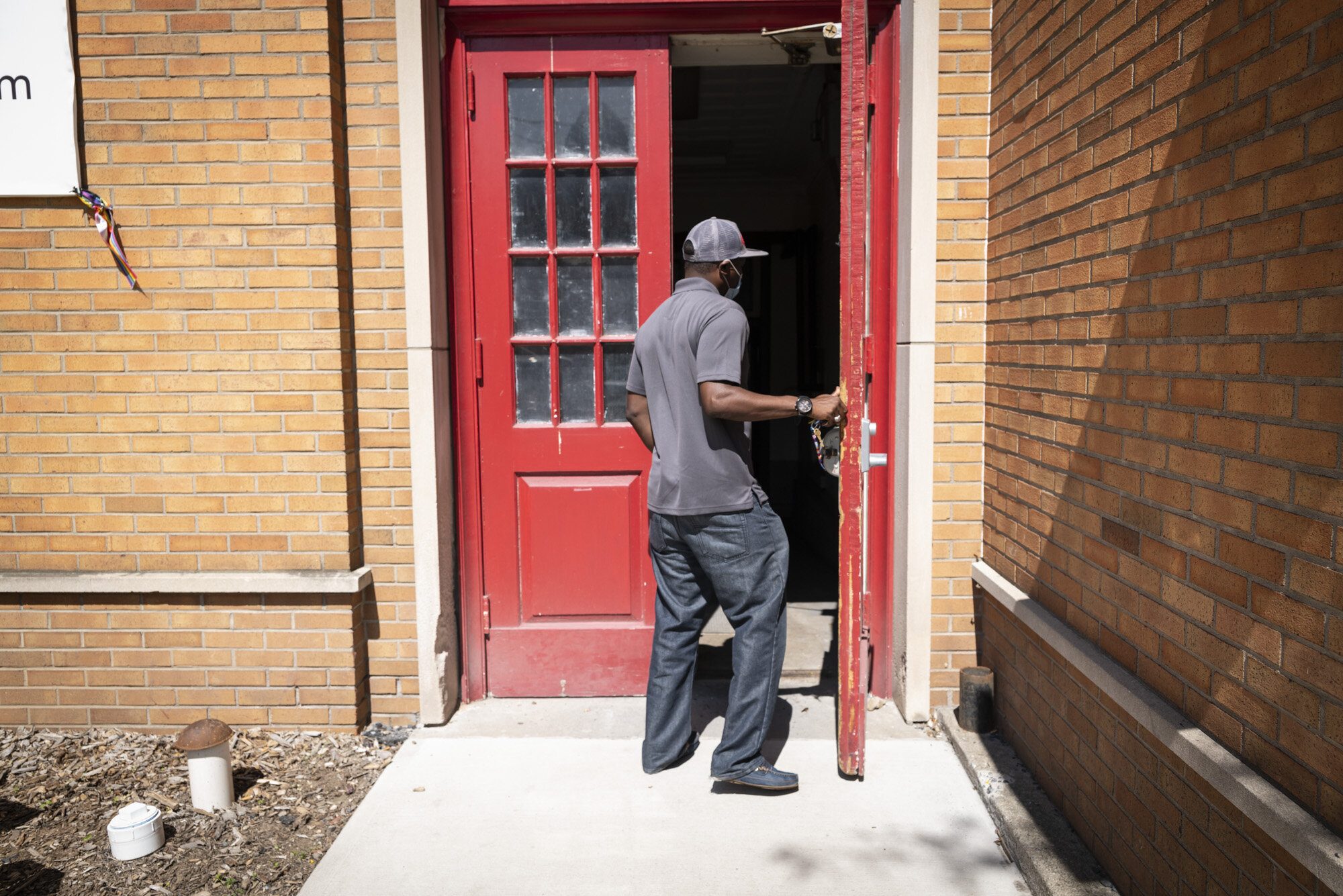
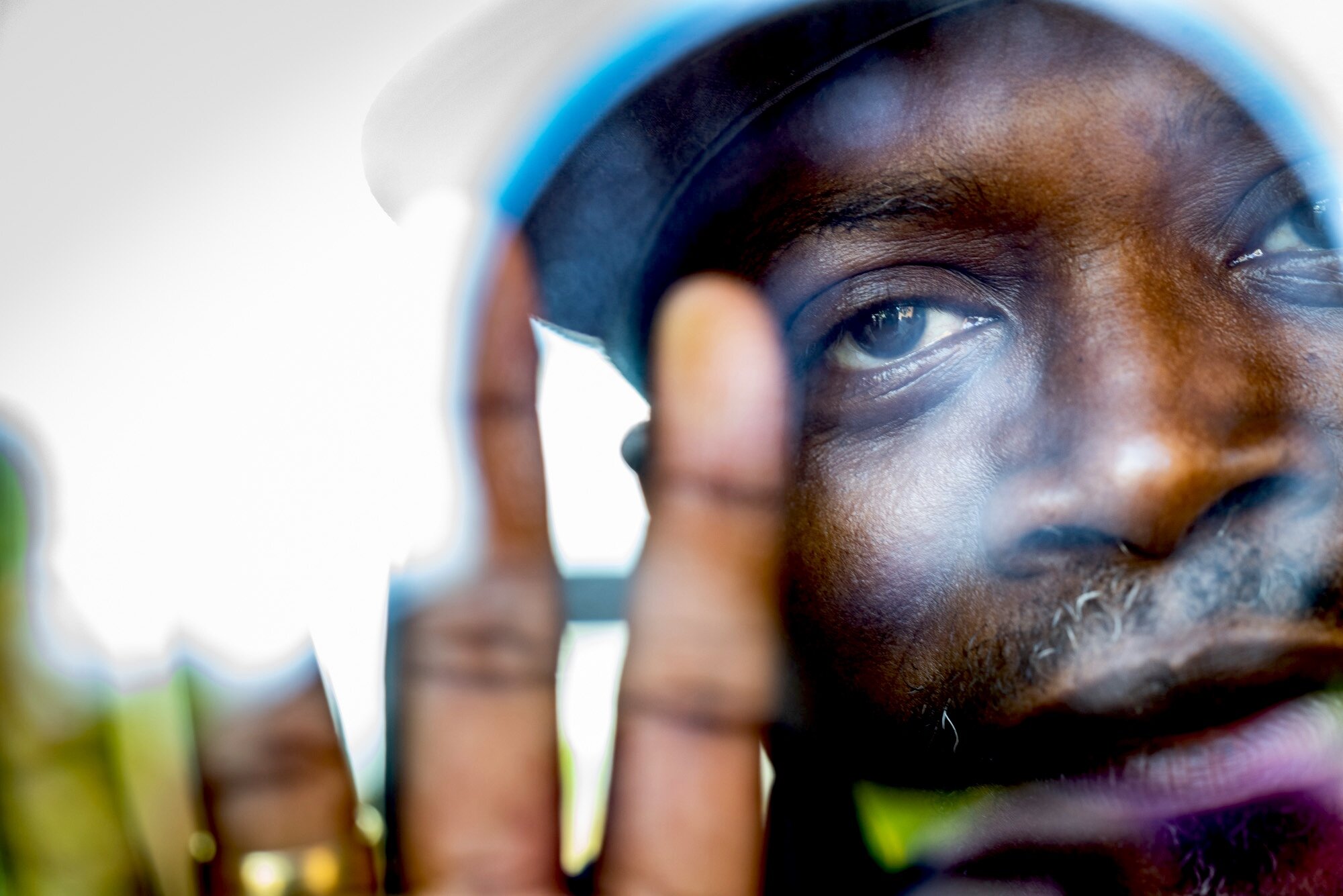
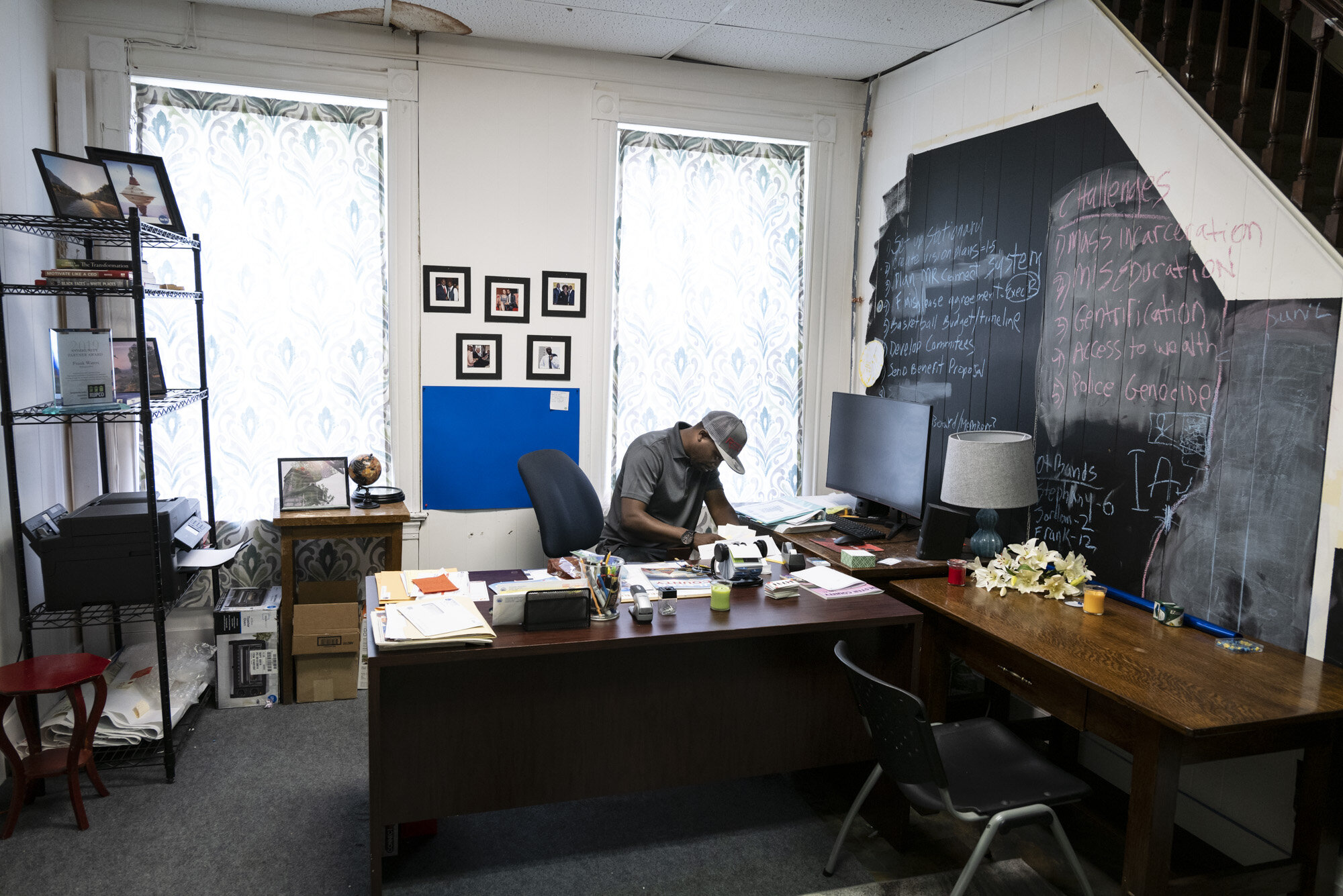
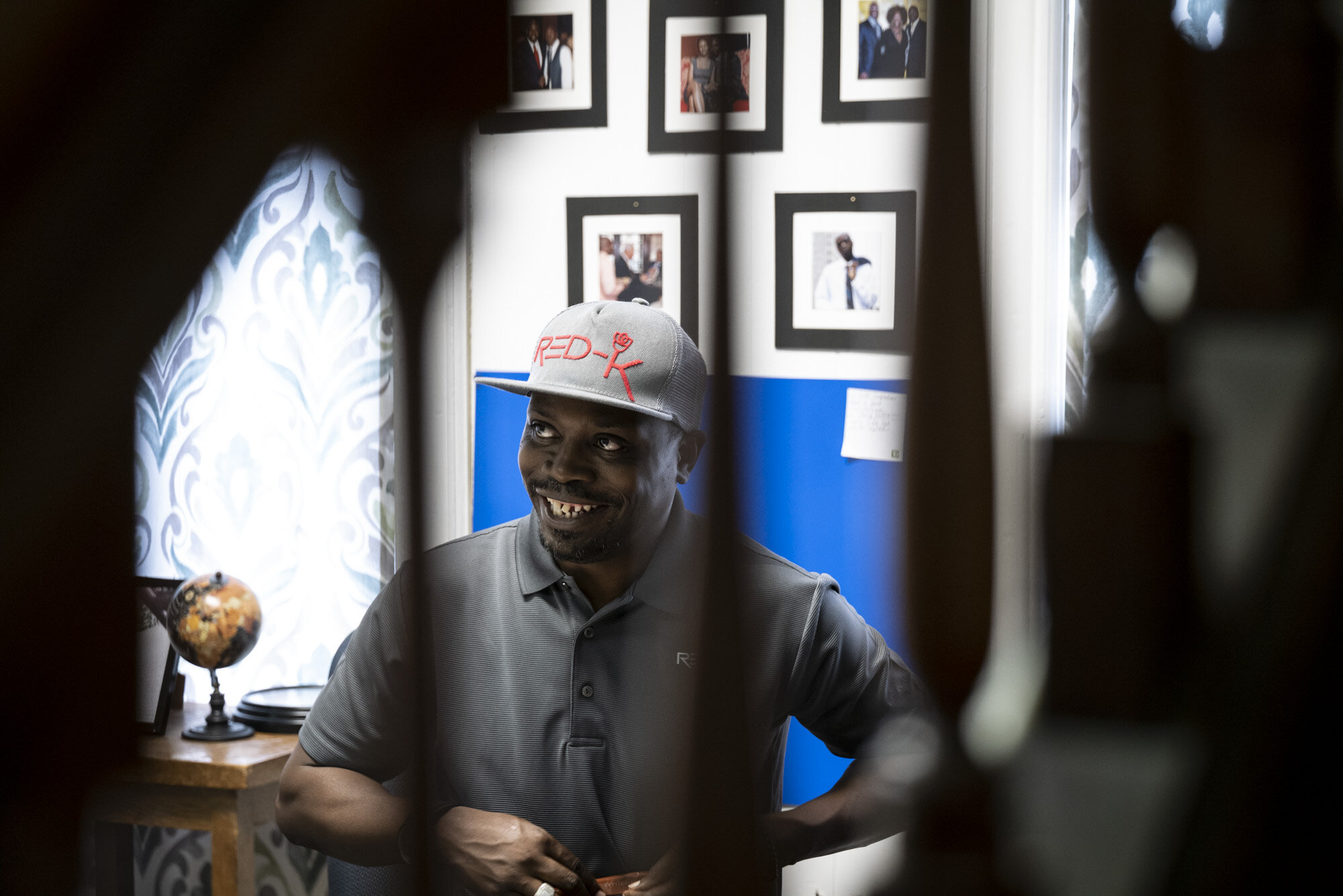
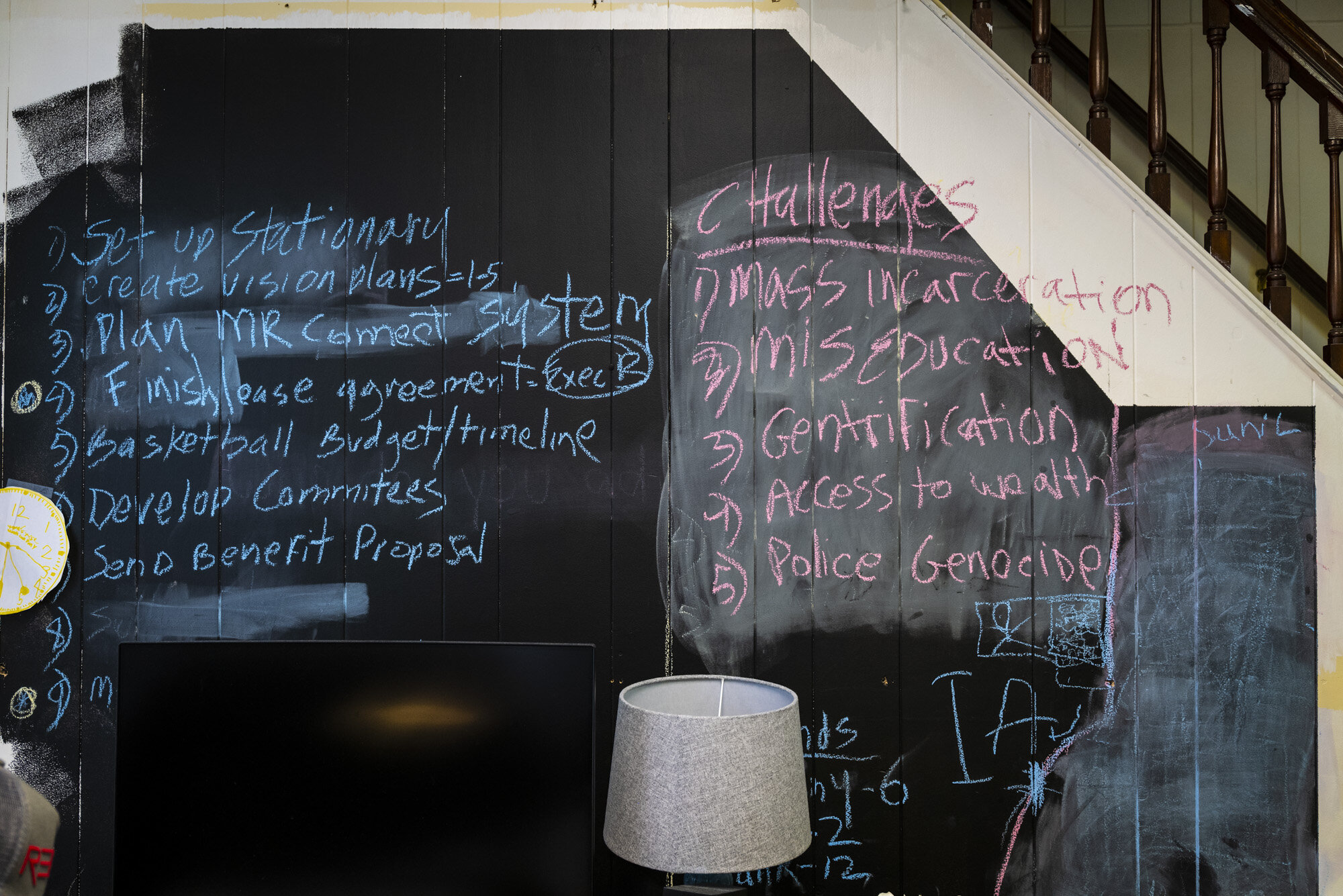
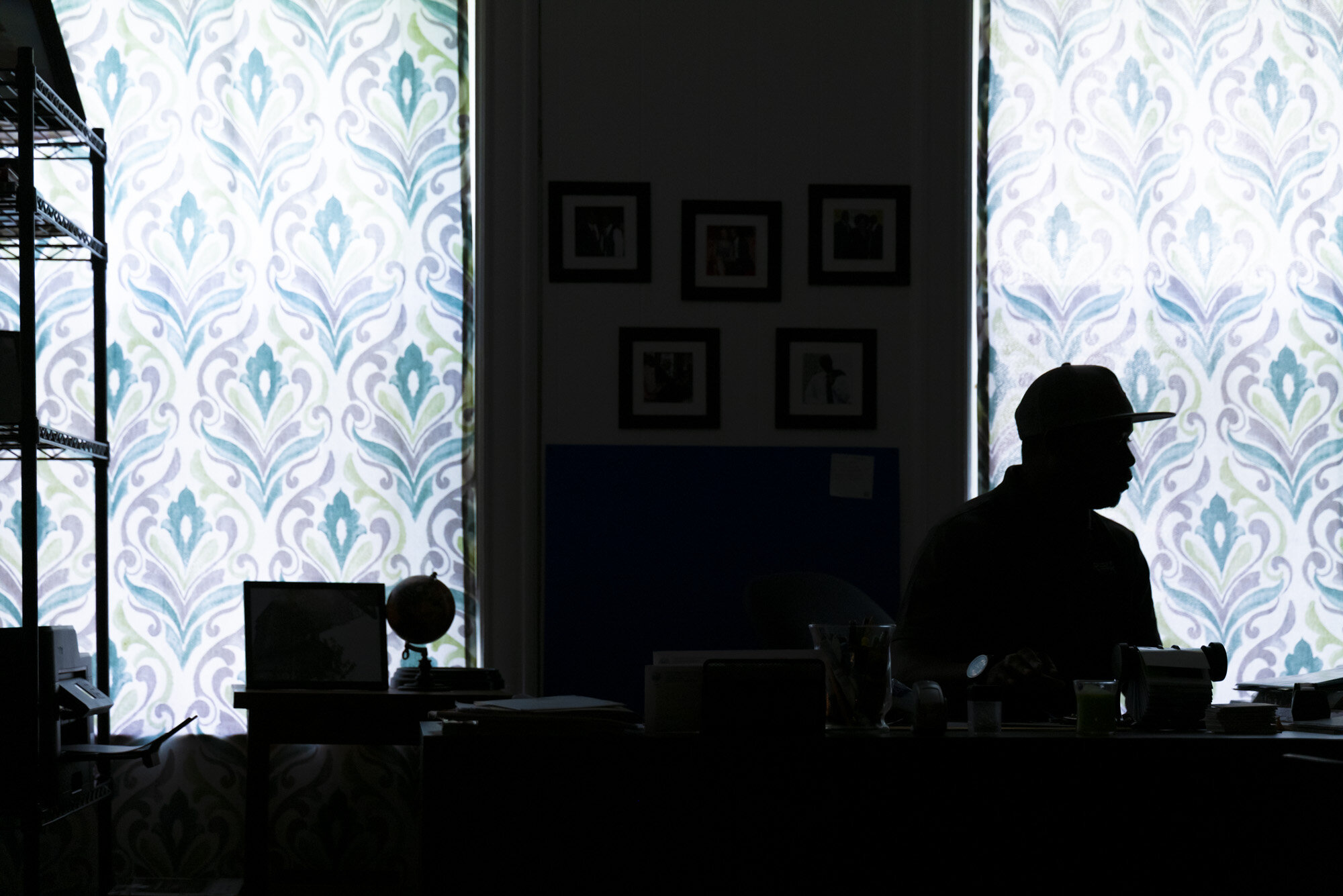
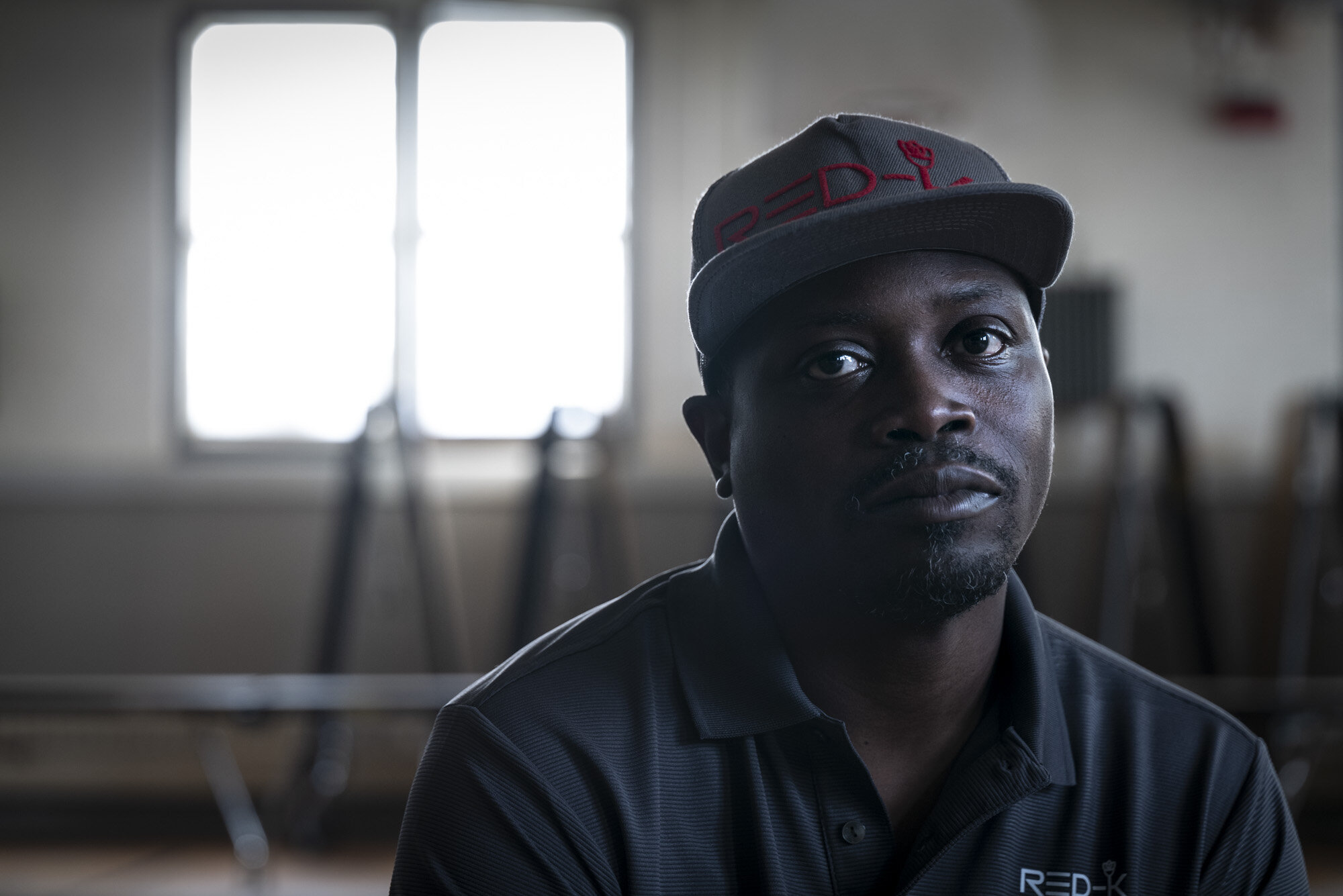
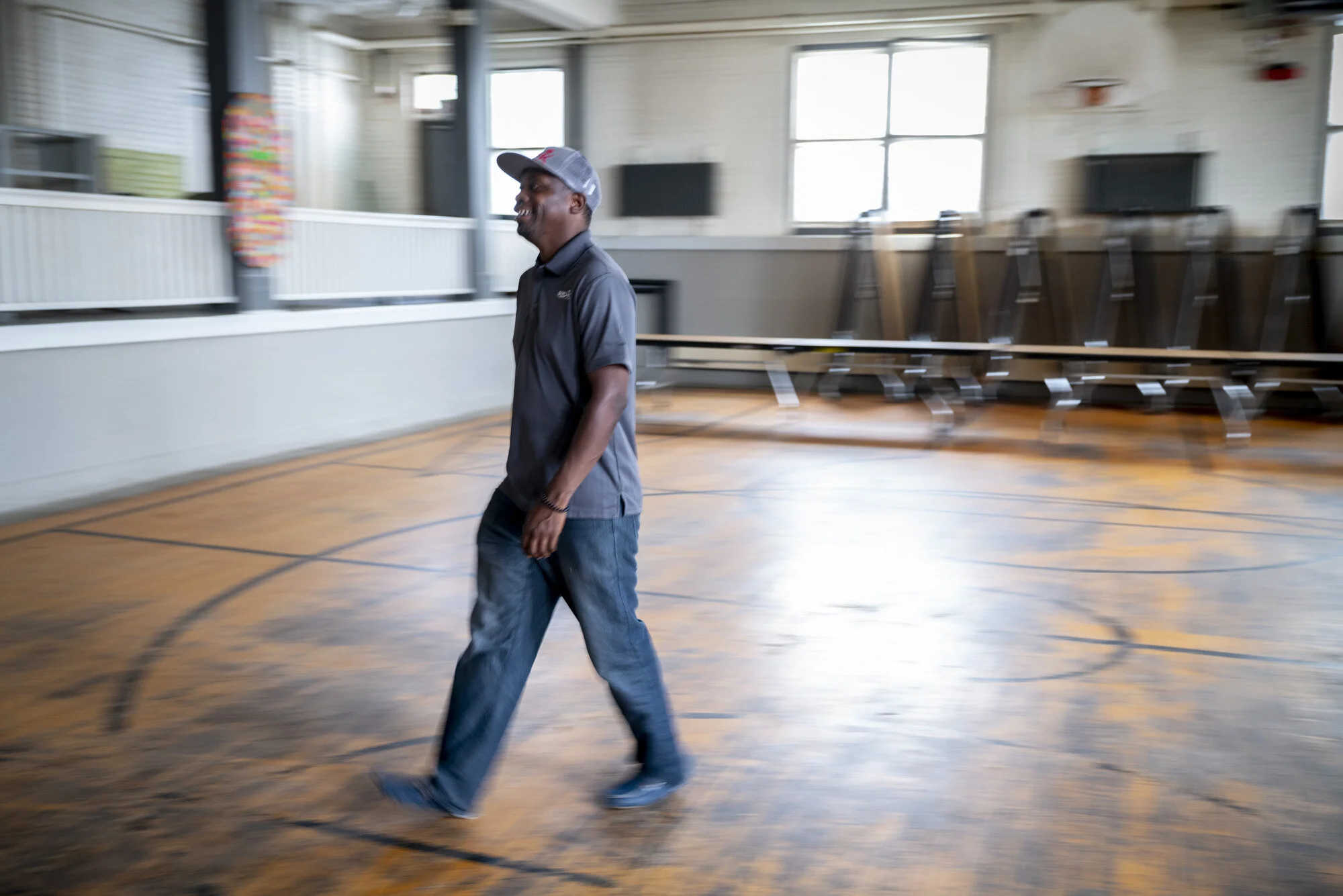
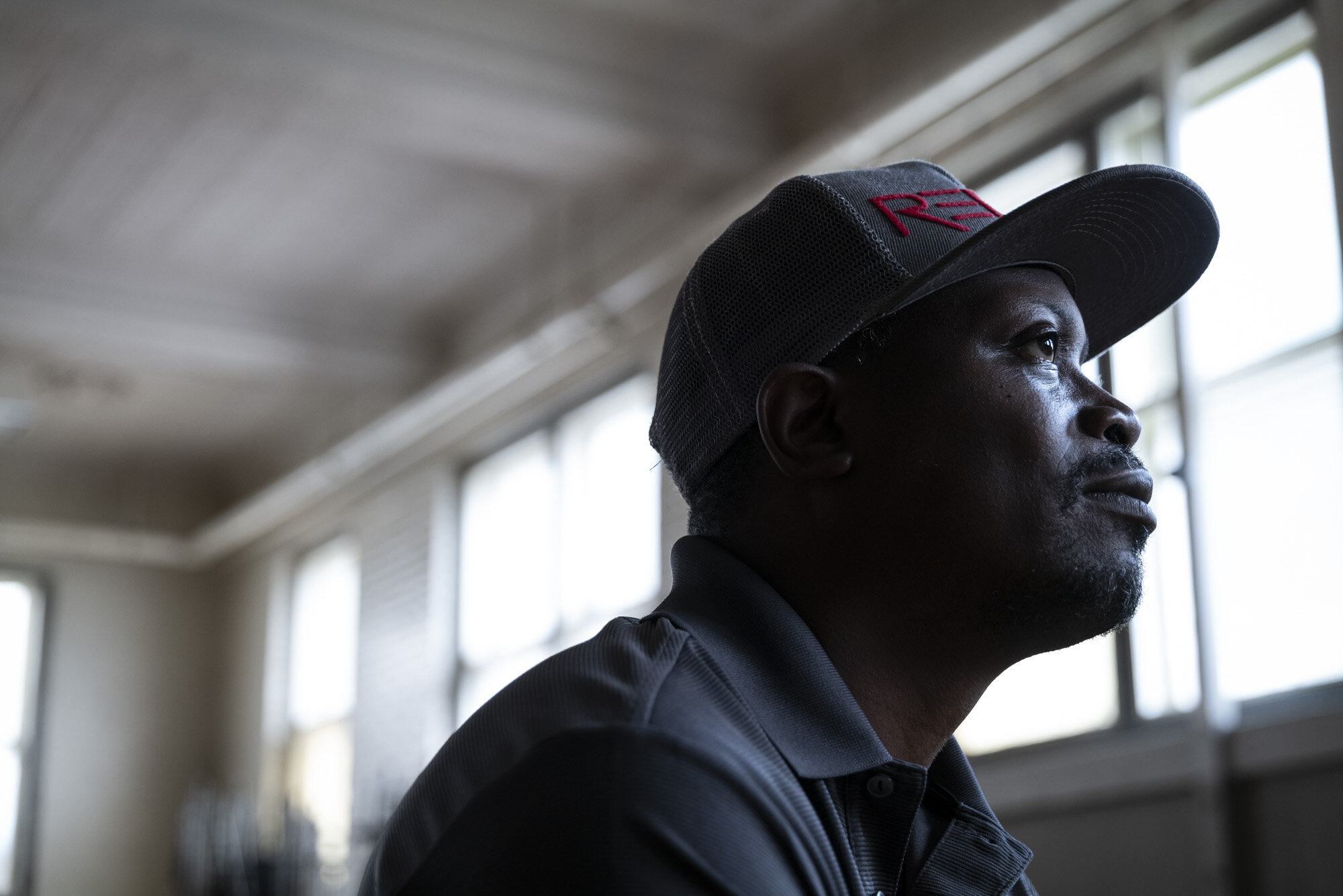
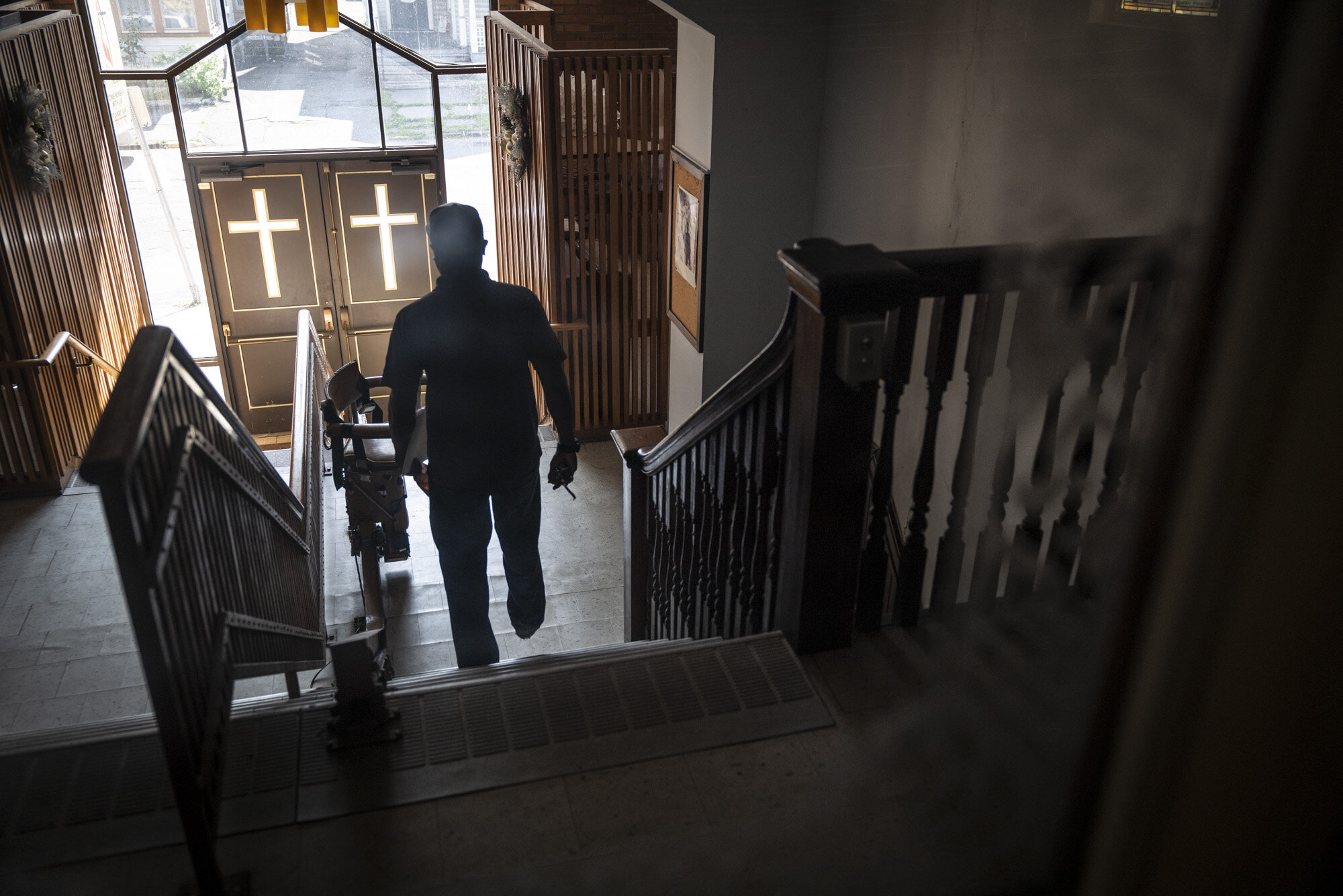
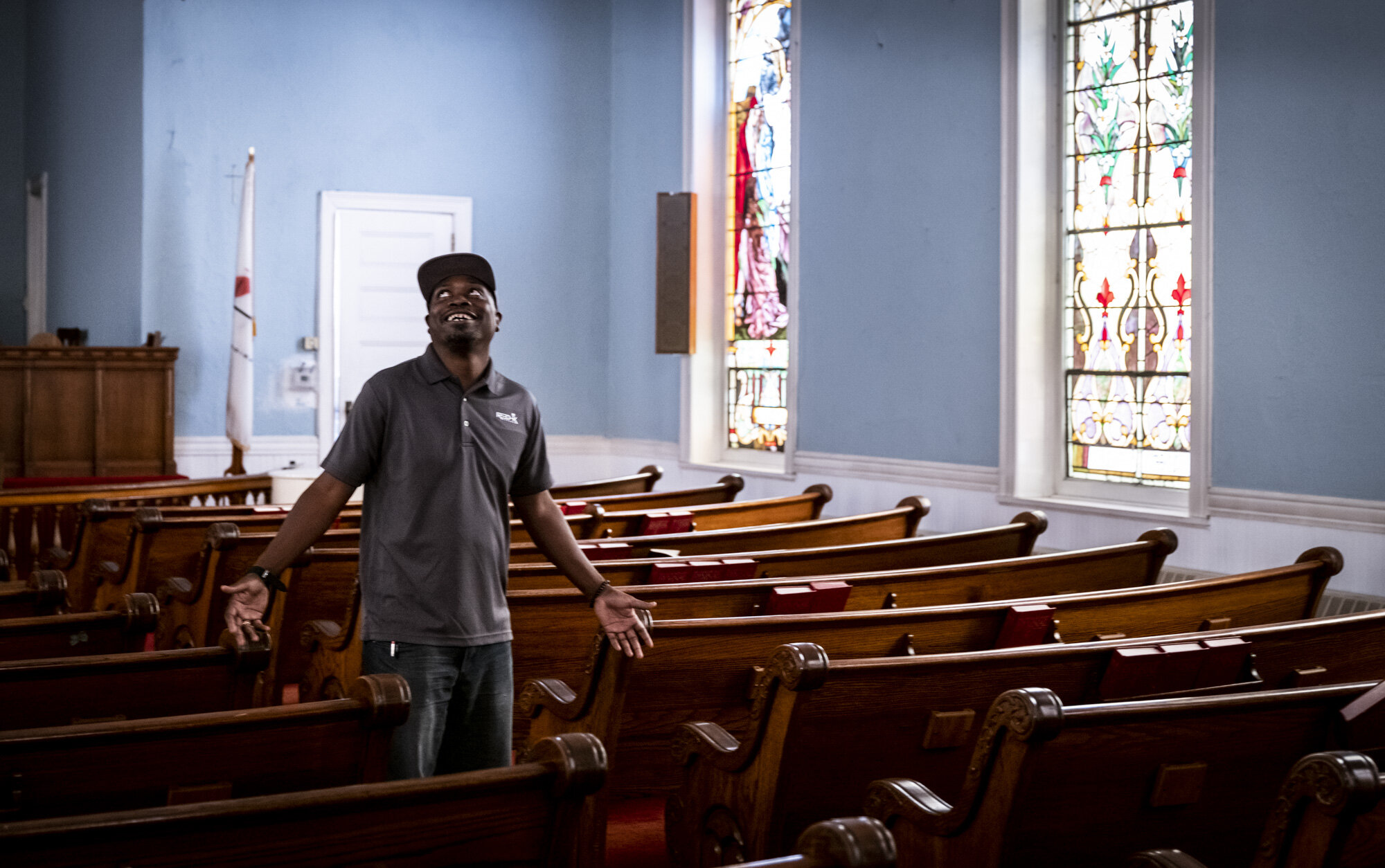
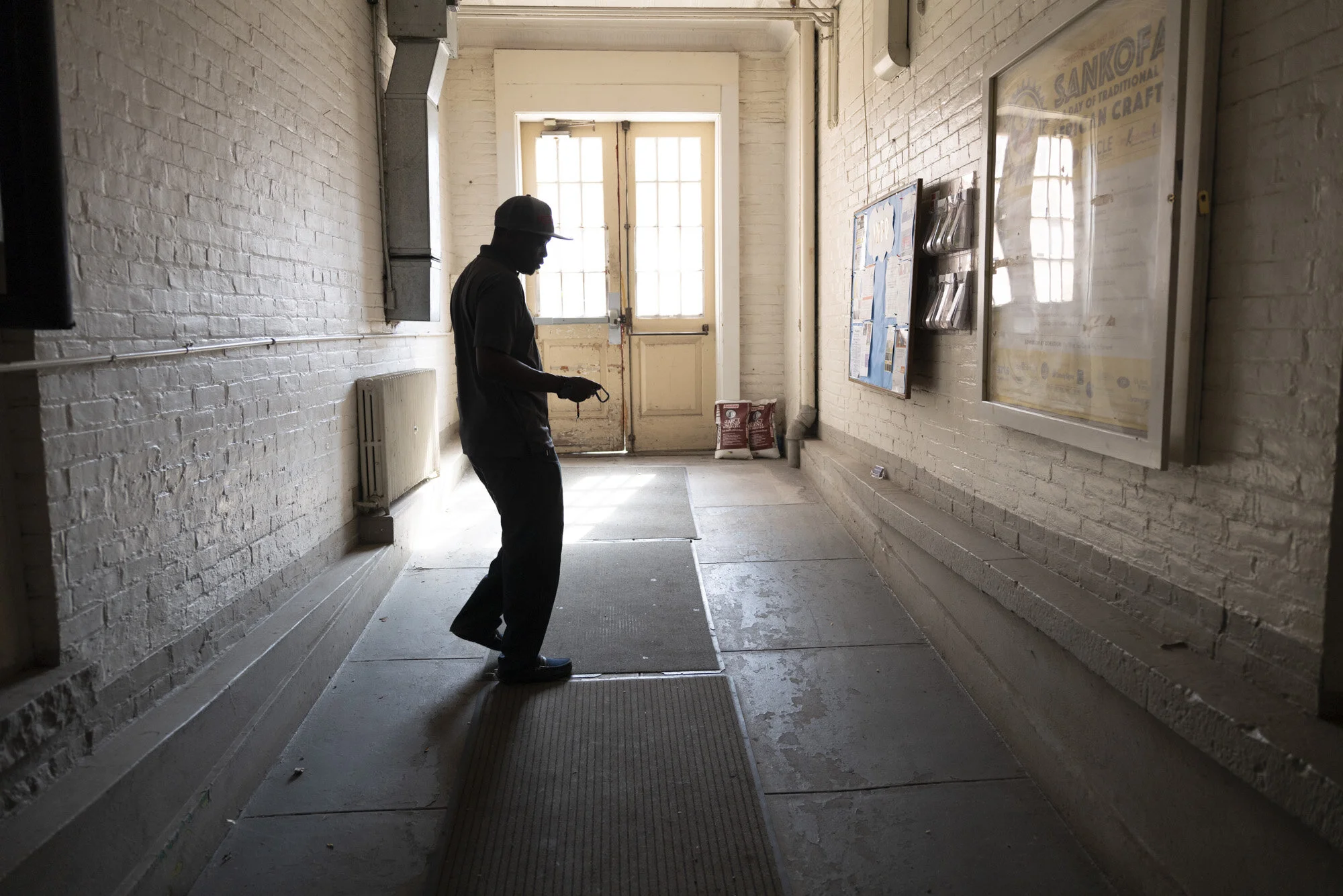
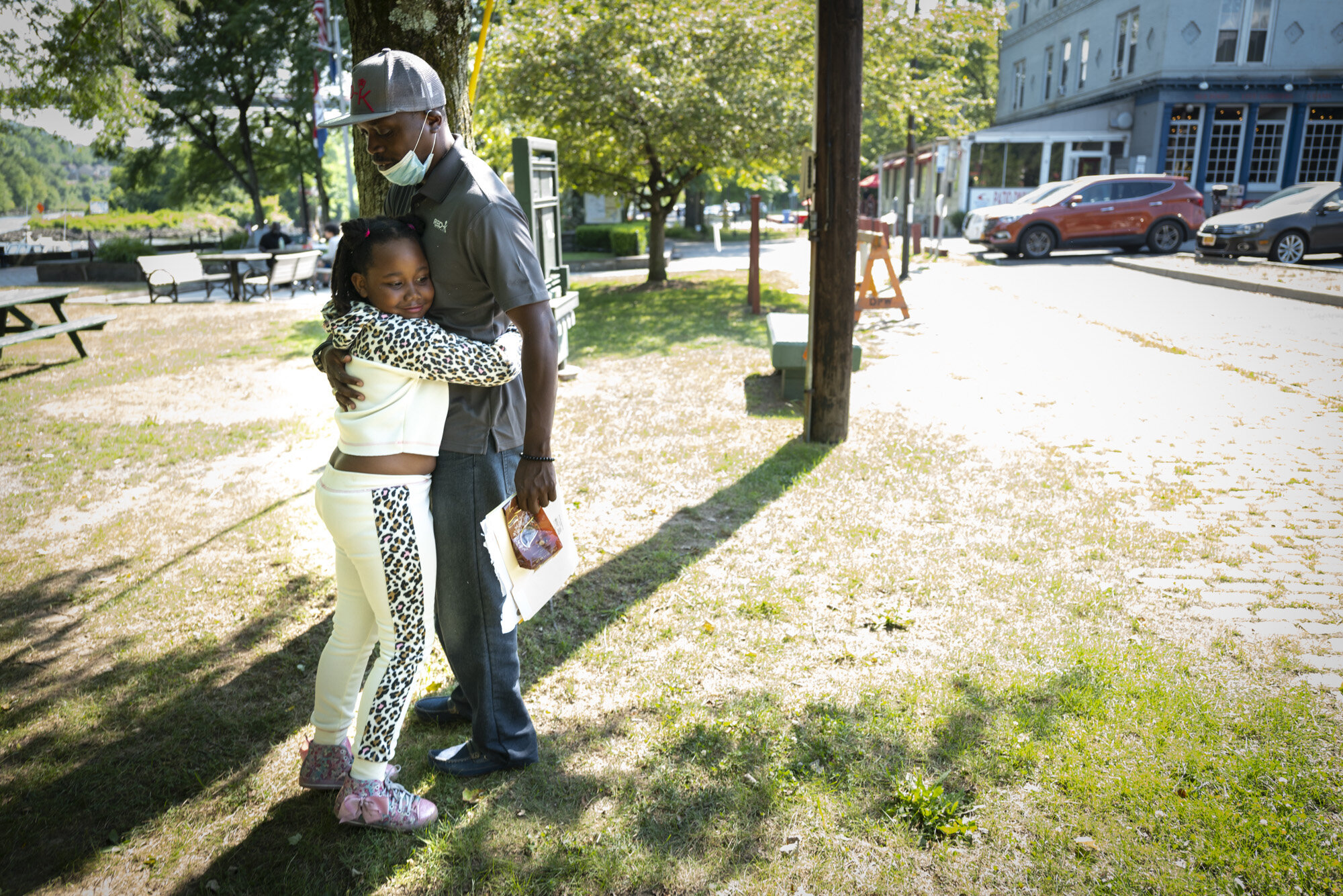
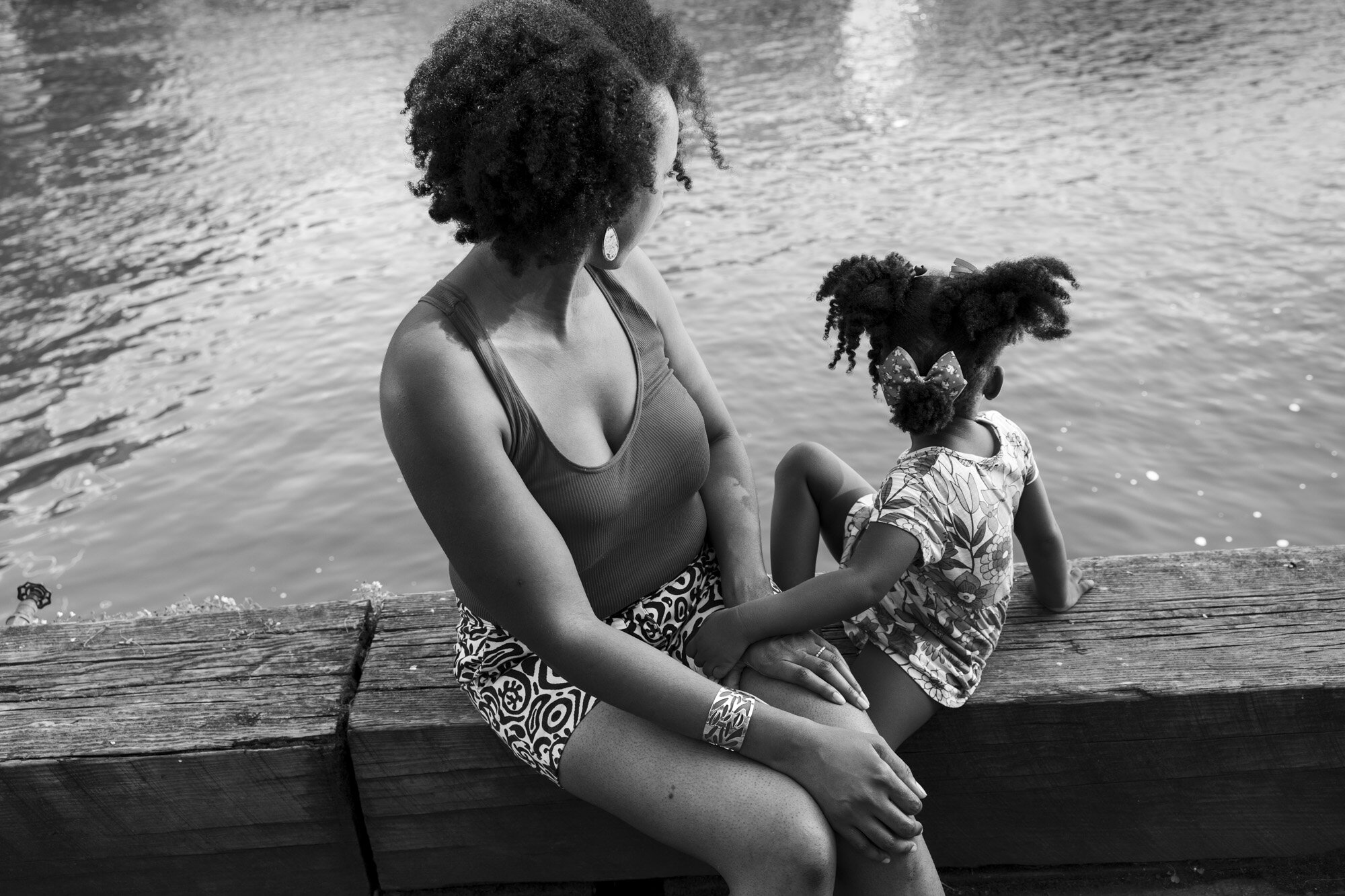
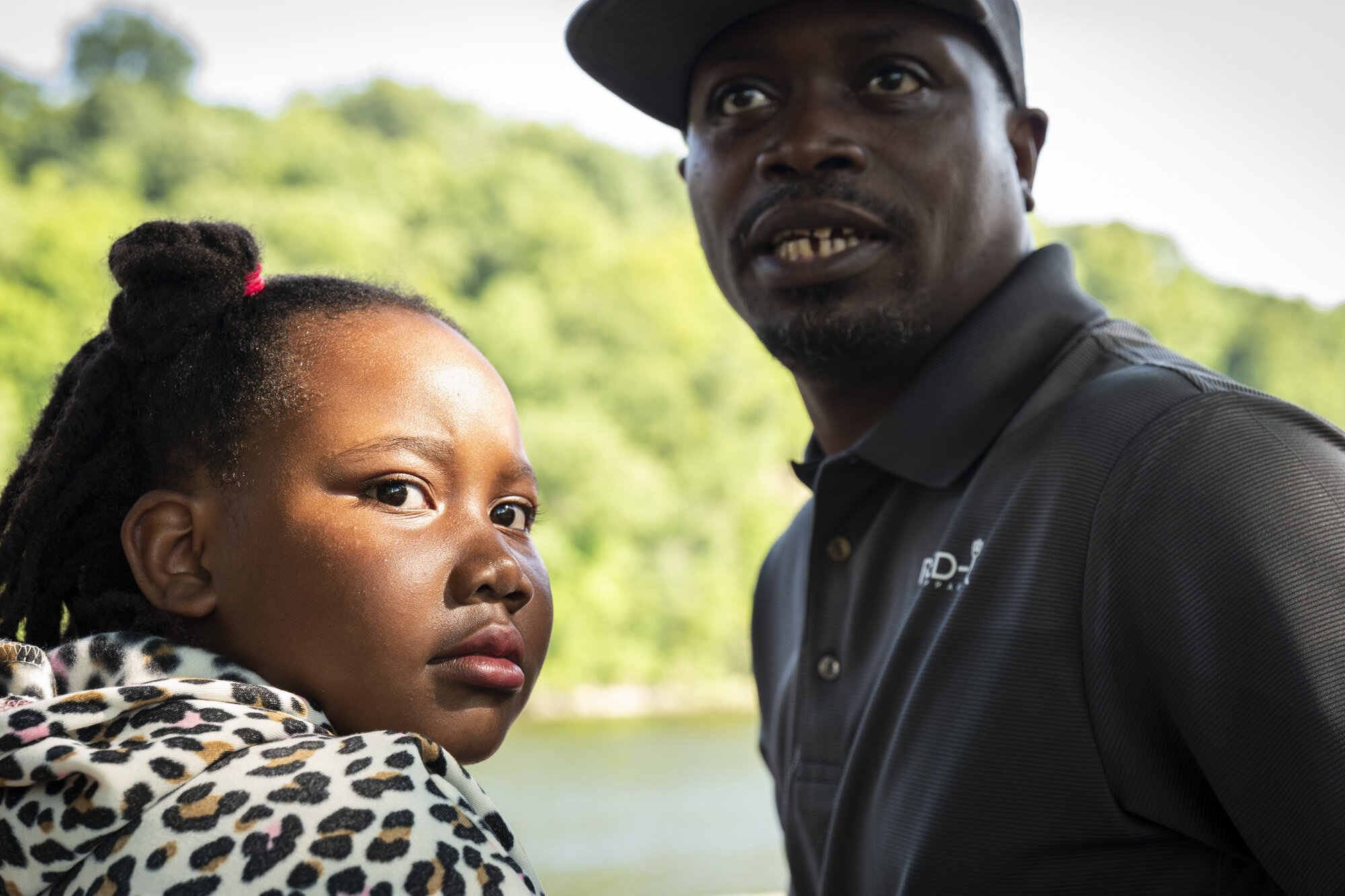
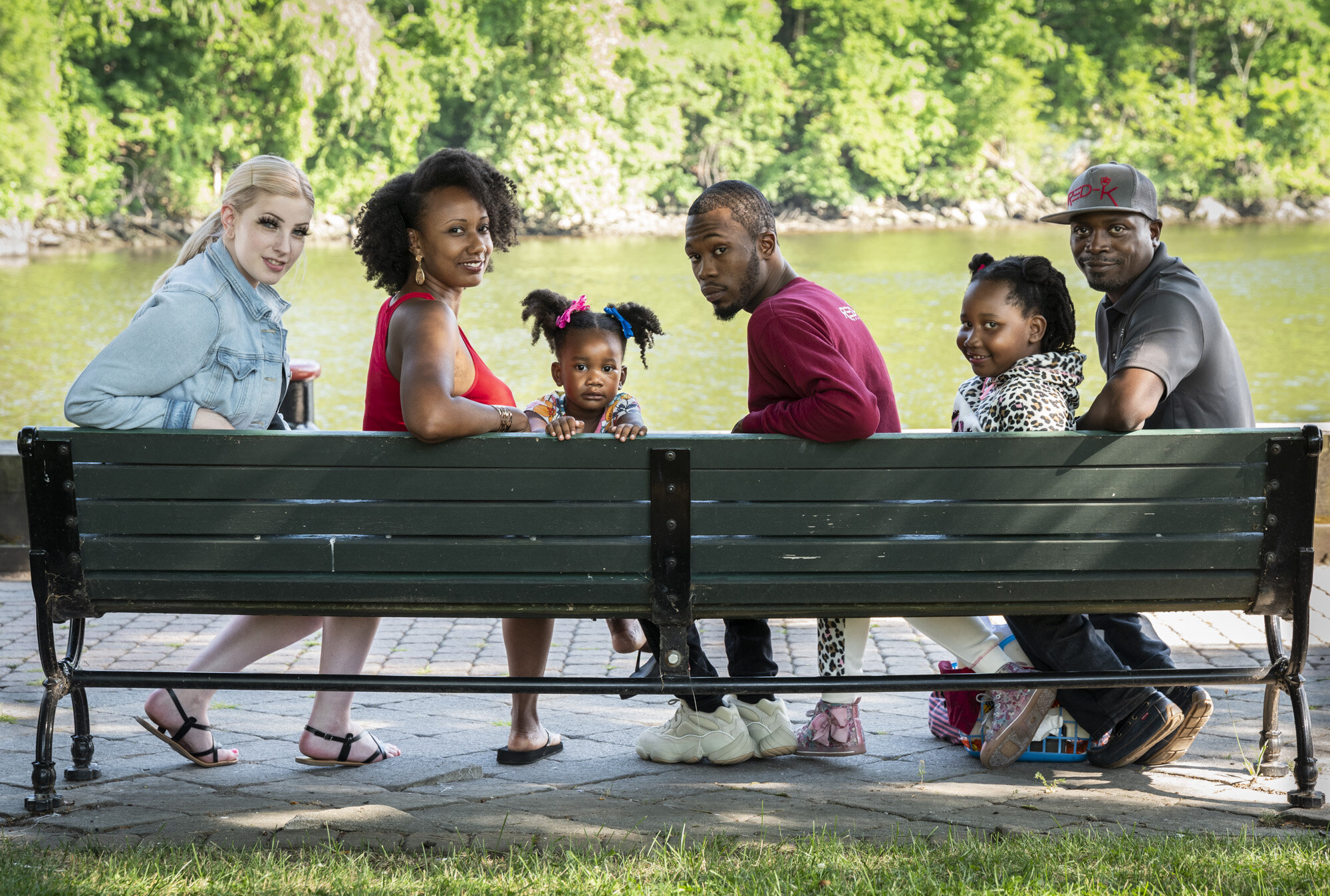
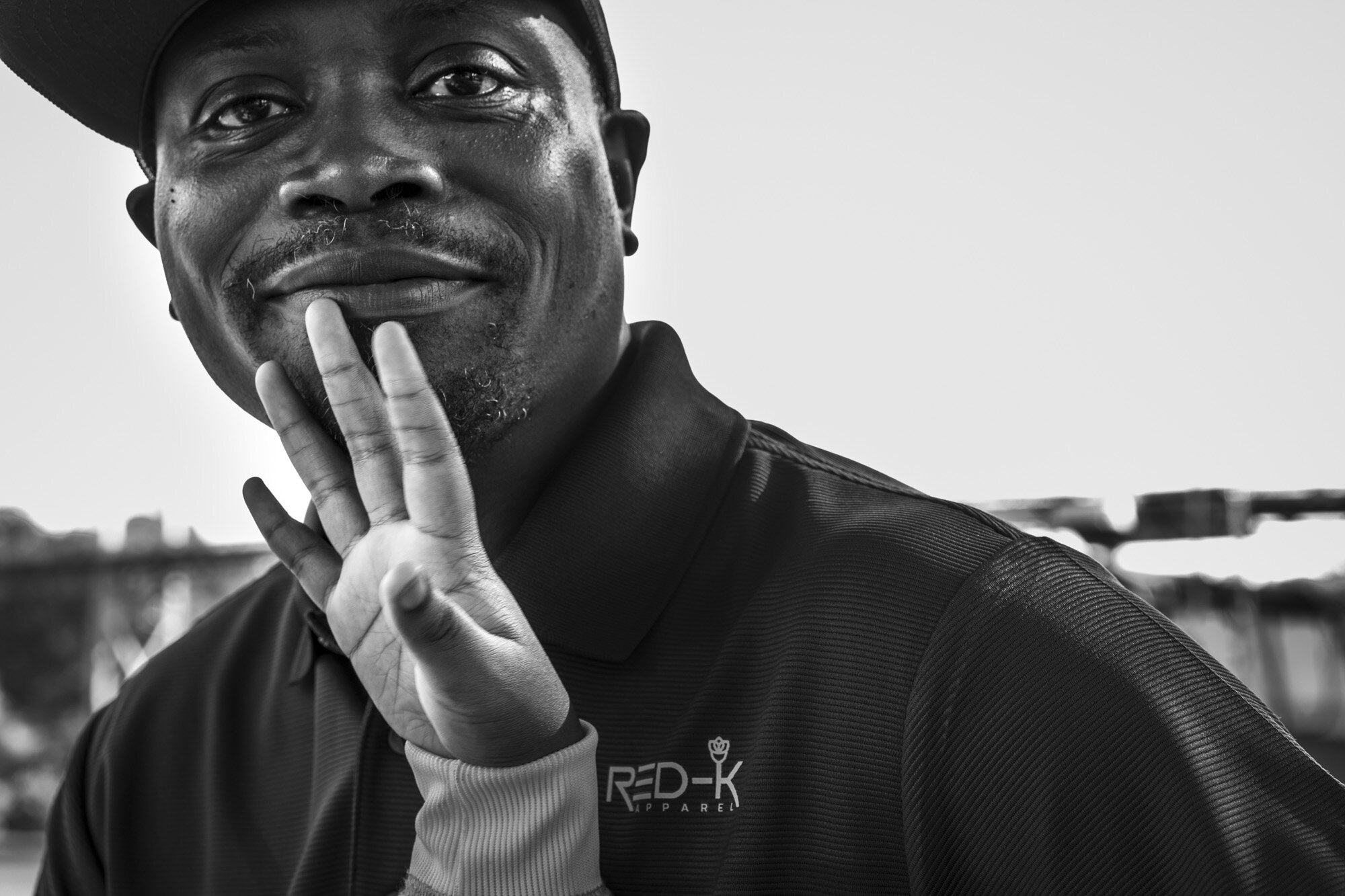
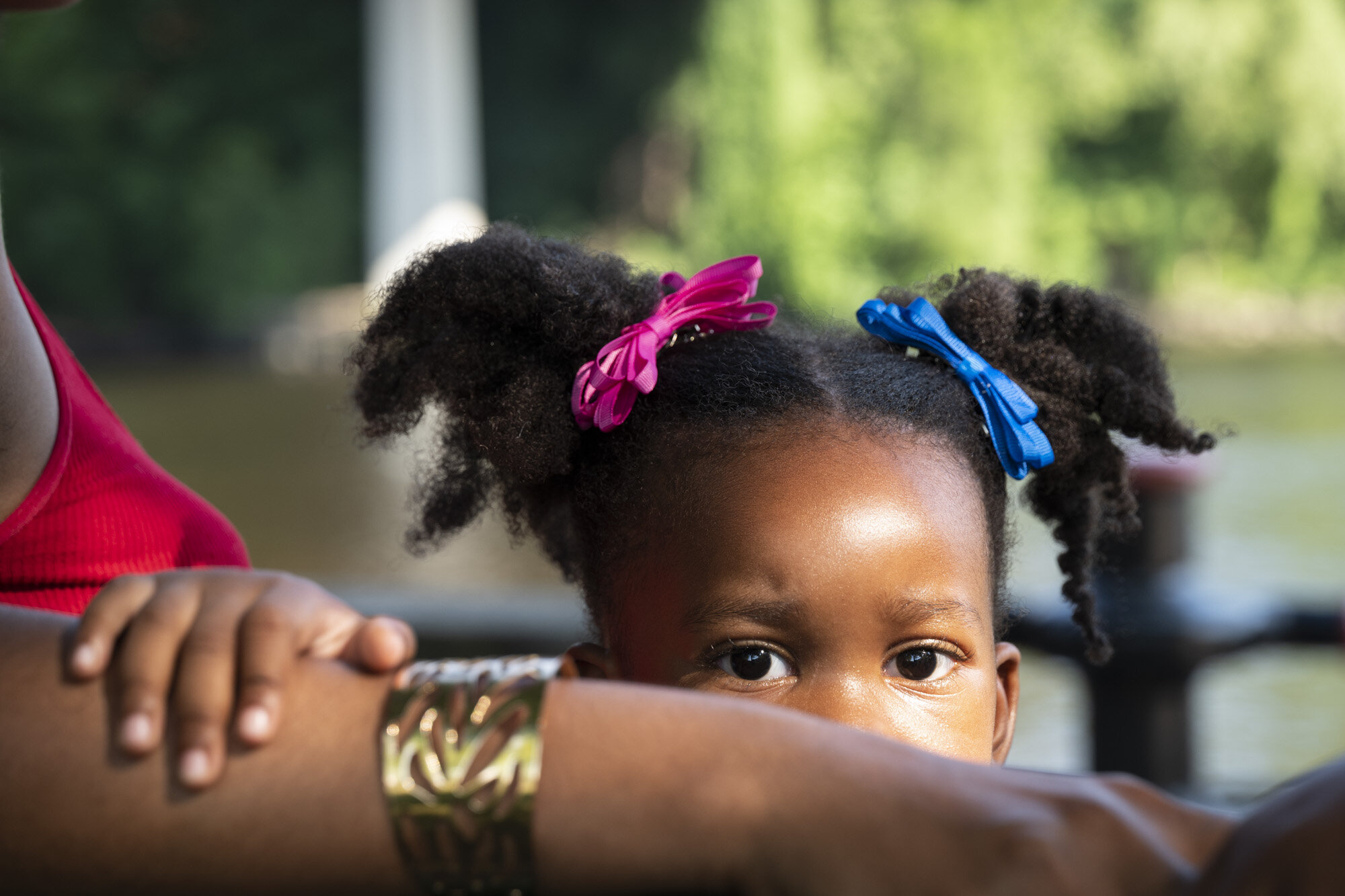
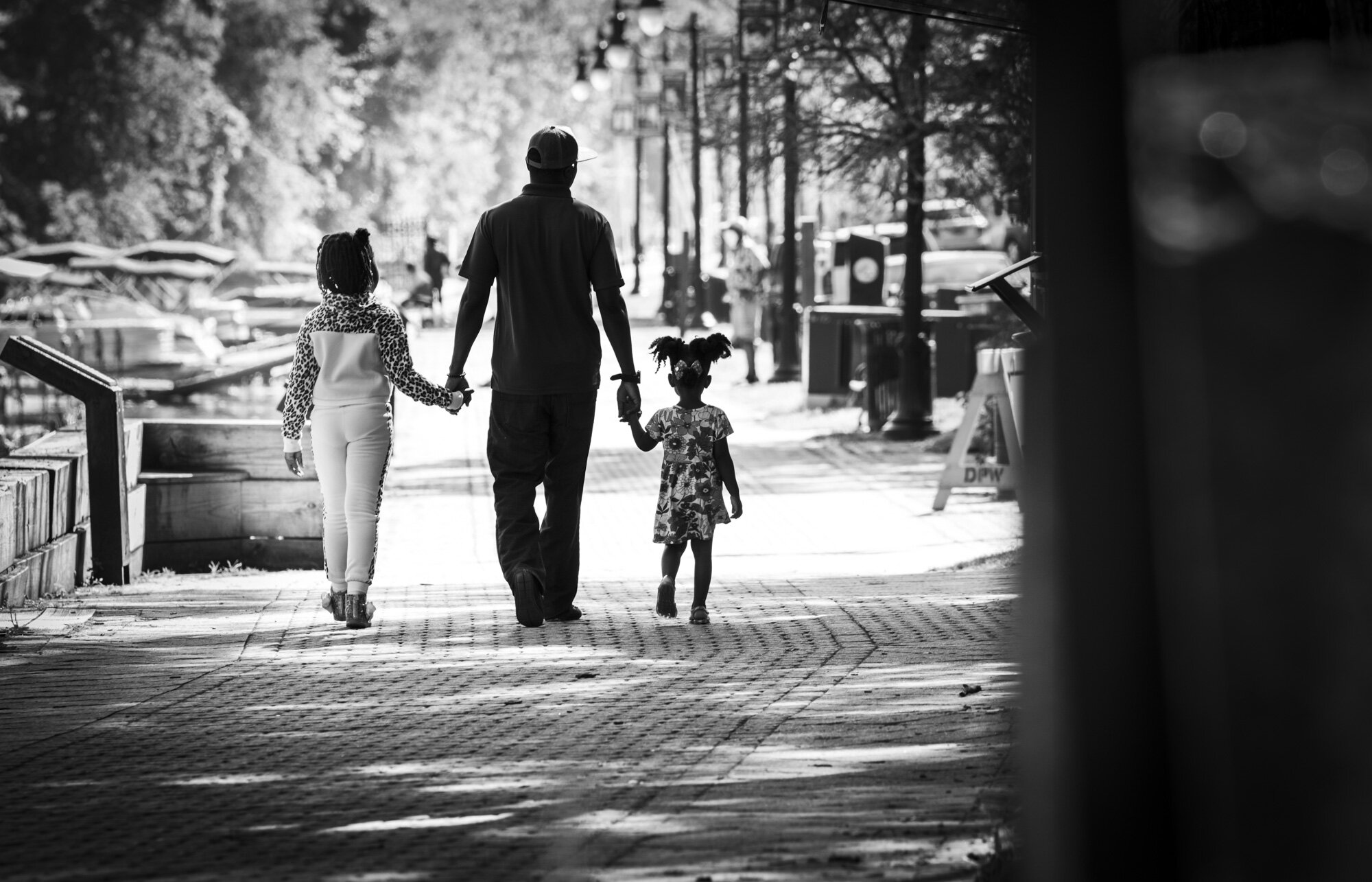
Who are you? My name is Frank Waters and I'm an executive director of Kingston, Midtown Rising.
How long have you been in Kingston? I've been in Kingston for about eight years.
What gives you joy about Kingston? What gives me joy about Kingston is the community here. Coming from the city is a big difference–the way that people are separate in the city. So here, like everyone lives together here, all cultures, all backgrounds, it's very diverse here. And, and ever since I've been here, I've been able to do a variety of different projects. And the support that I received from the projects, being a newcomer, was really overwhelming. So I've appreciated that so much with the people here from all walks of life.
What, if anything, would you change about Kingston? Well, one of the things that I would change is the separation of class, I guess in Kingston. People do connect from all areas, but Kingston is separated from a Midtown downtown and uptown. And the Midtown area, is, say, the least popular. So moving here, I've heard so many stories about Midtown and how it was underserved and didn't have the resources and opportunities as the other areas. So that is something that I would change. I would definitely distribute more opportunity to the Midtown area and put in the resources needed to have it be treated fairly and equal to the rest of Kingston. So low income housing is key, right? Because most of the people here are looking for better homes, better housing. There's a lack of home ownership. The majority of the residents here are renters, so they don't have any equity in the property or the land here.
So, there's education on home ownership for one, but there's also just equal housing opportunities. That way folks will have a better foundation. And then you can begin to work into a career opportunities, entrepreneurship, where people will be able to provide for their families and have real talents and skills being implemented into the community so that they can have sustainable lives. Education, you know, as another part of that as well, Kingston city school district does what they can, but just being in the same systems that we have, we may want to look at alternative education solutions to make some of the curriculum, more equitable to everyone involved in this and this particular area of the community.
What is your secret hope for the future? Well, my, my secret hope, you know, is to work as executive director of Kingston Midtown Rising to really pay attention to this area of Kingston and crew and, and connect to people, allow opportunities for this community to create, understand that imagination still exists and give them the hope to feel as if they belong, but not just hope, but for a real chance of being here and providing the resources needed so that people can take that and utilize that within themselves, within their community, and then give back to their community. And this is going to enrich and enhance and promote positive lifestyles within this community. And once that happens, that not only benefits the individuals, but it benefits their families, their neighbors, as well as this entire town of Kingston.
Pat Courtney Strong
“If you put yourself forward, you get to meet everybody. It’s such a small community. If you want to be involved in the arts, you can do that. If you want to be involved in the civil rights struggles, you can do that. There’s no limits here.”
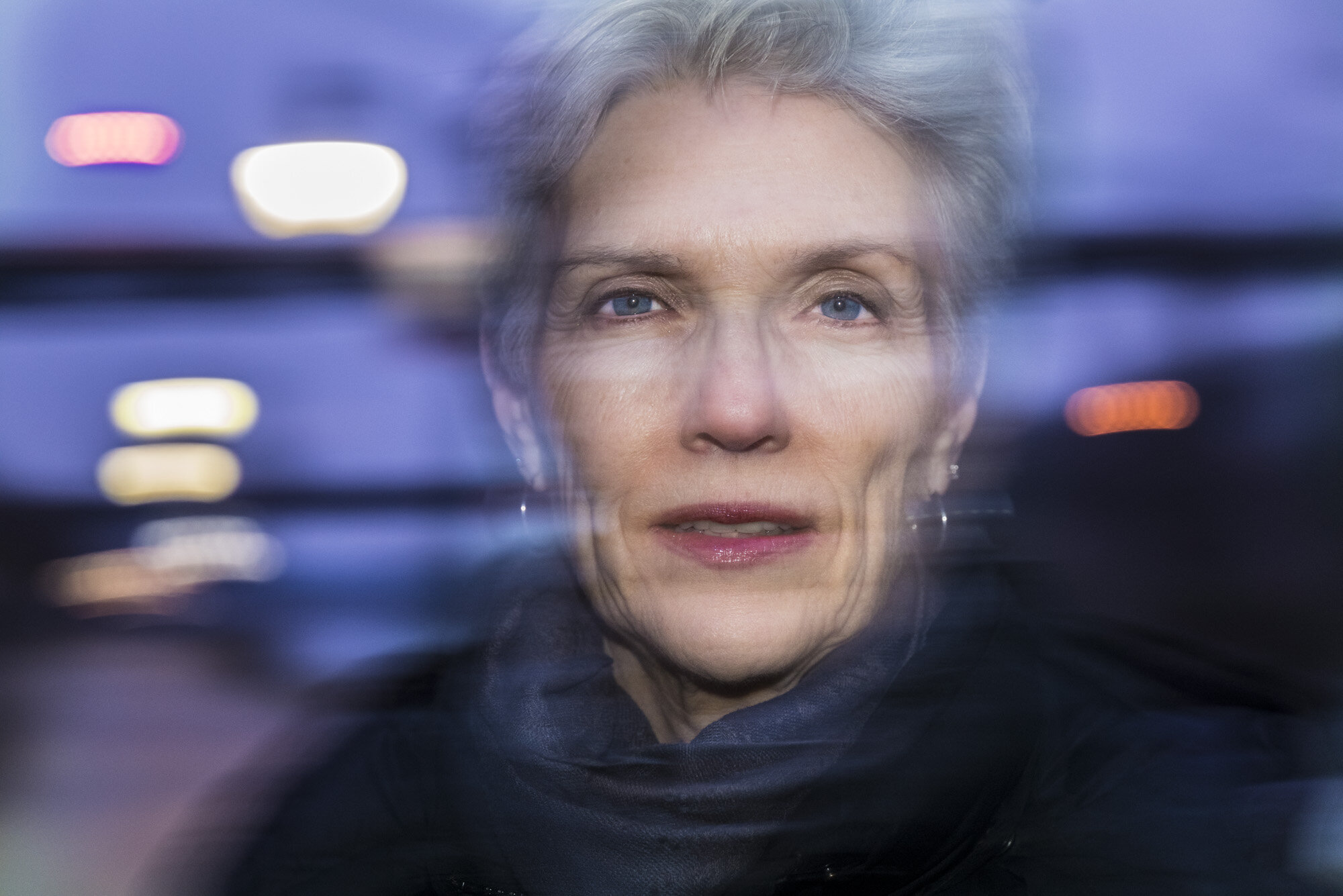
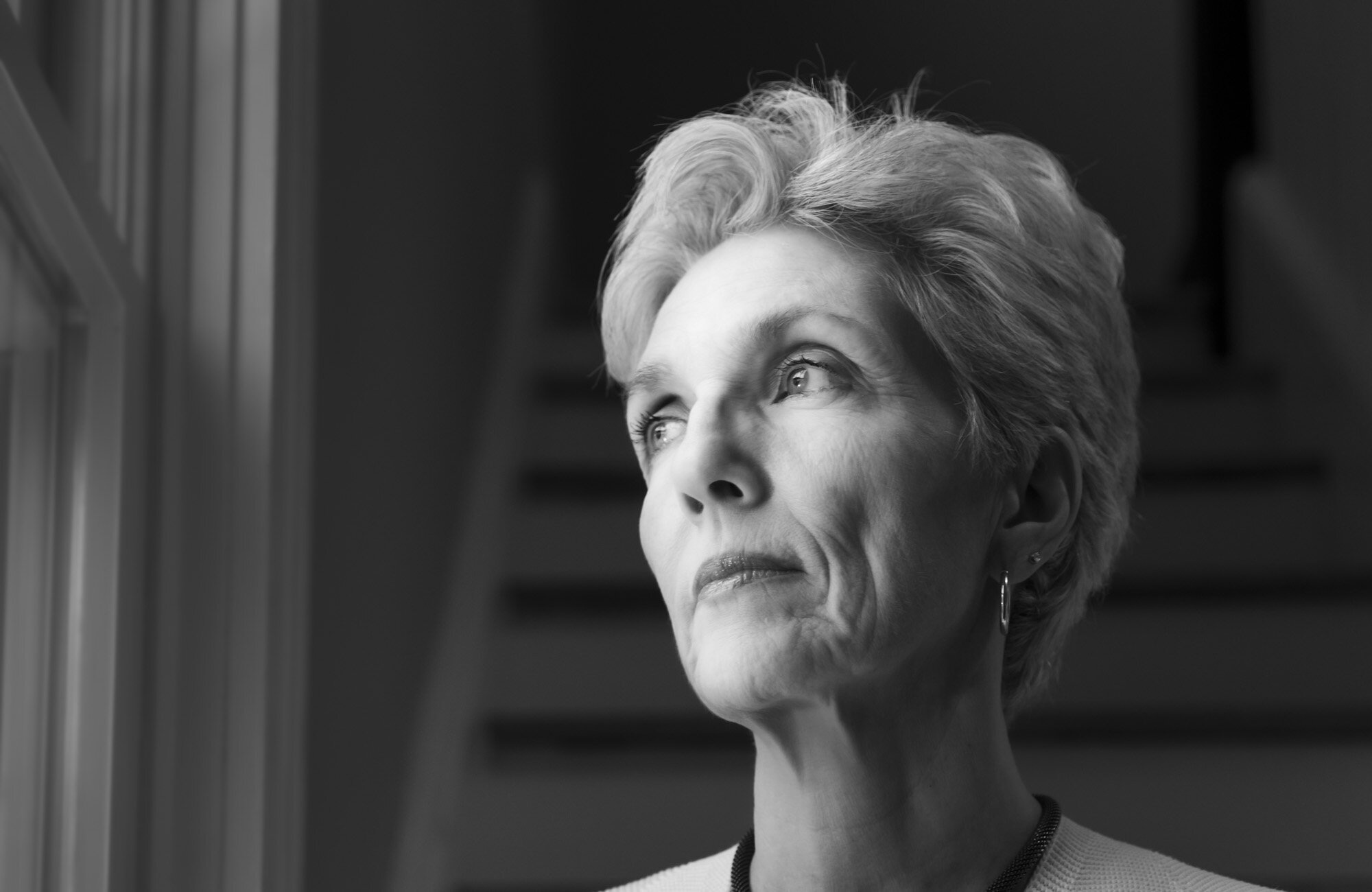
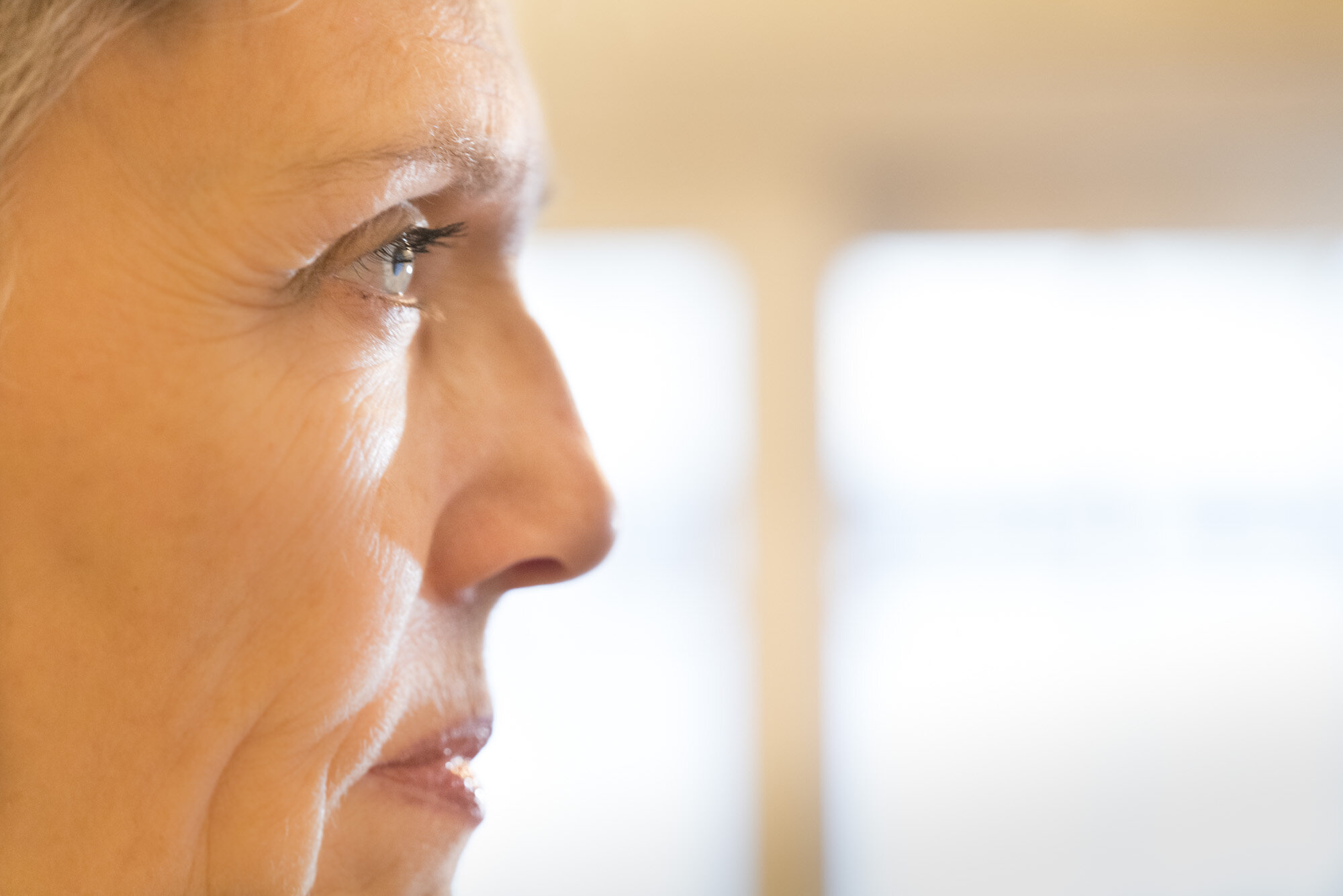
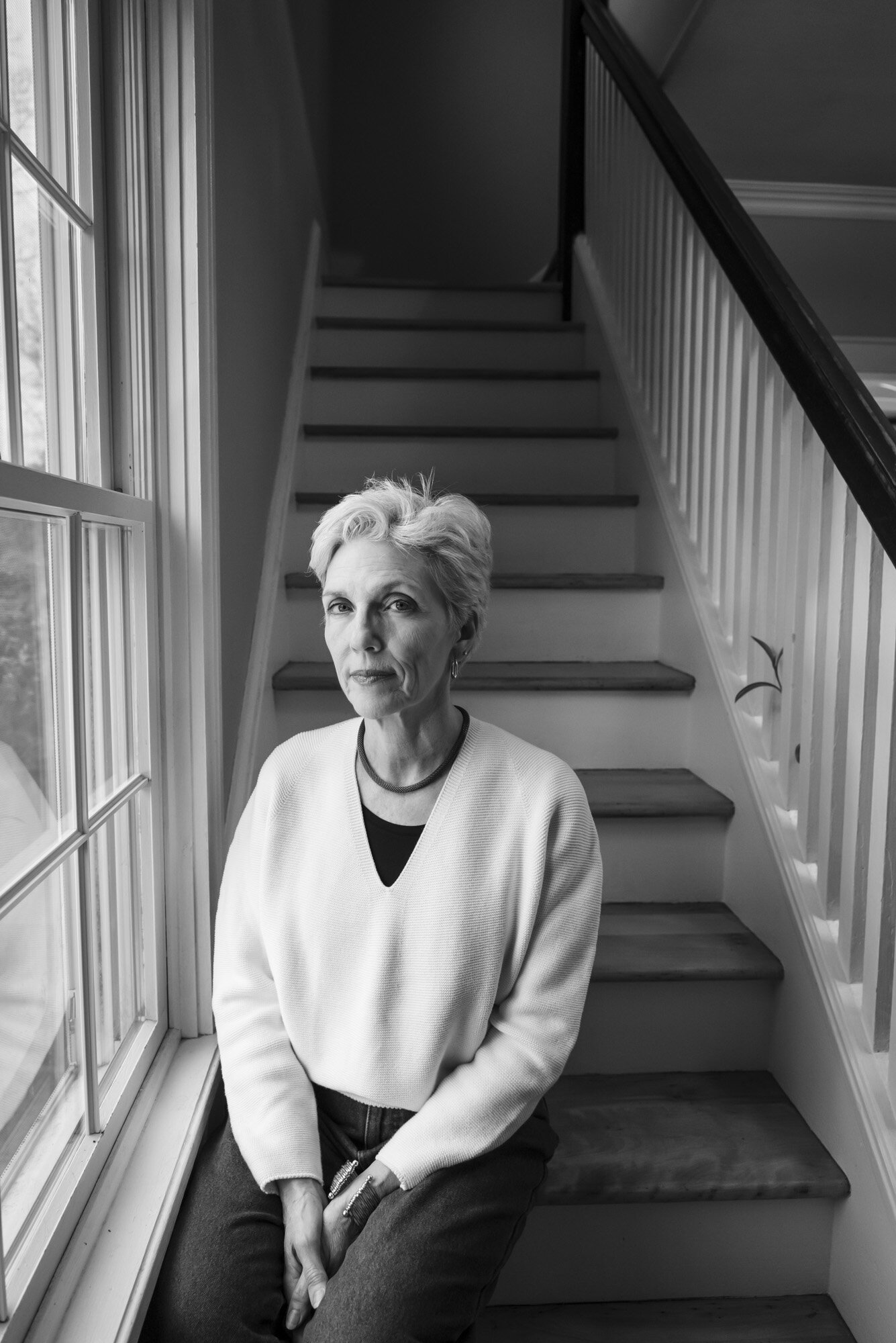
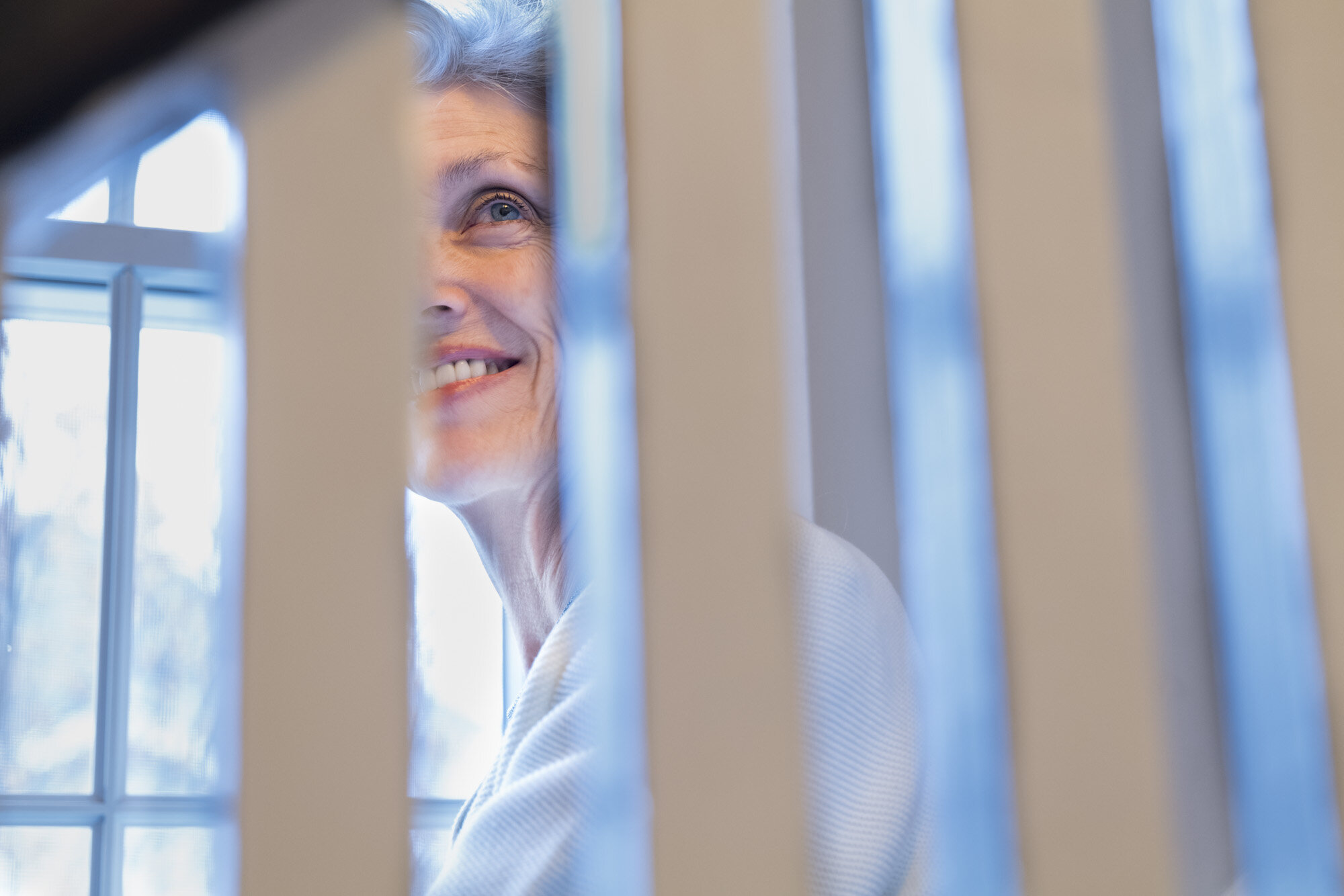
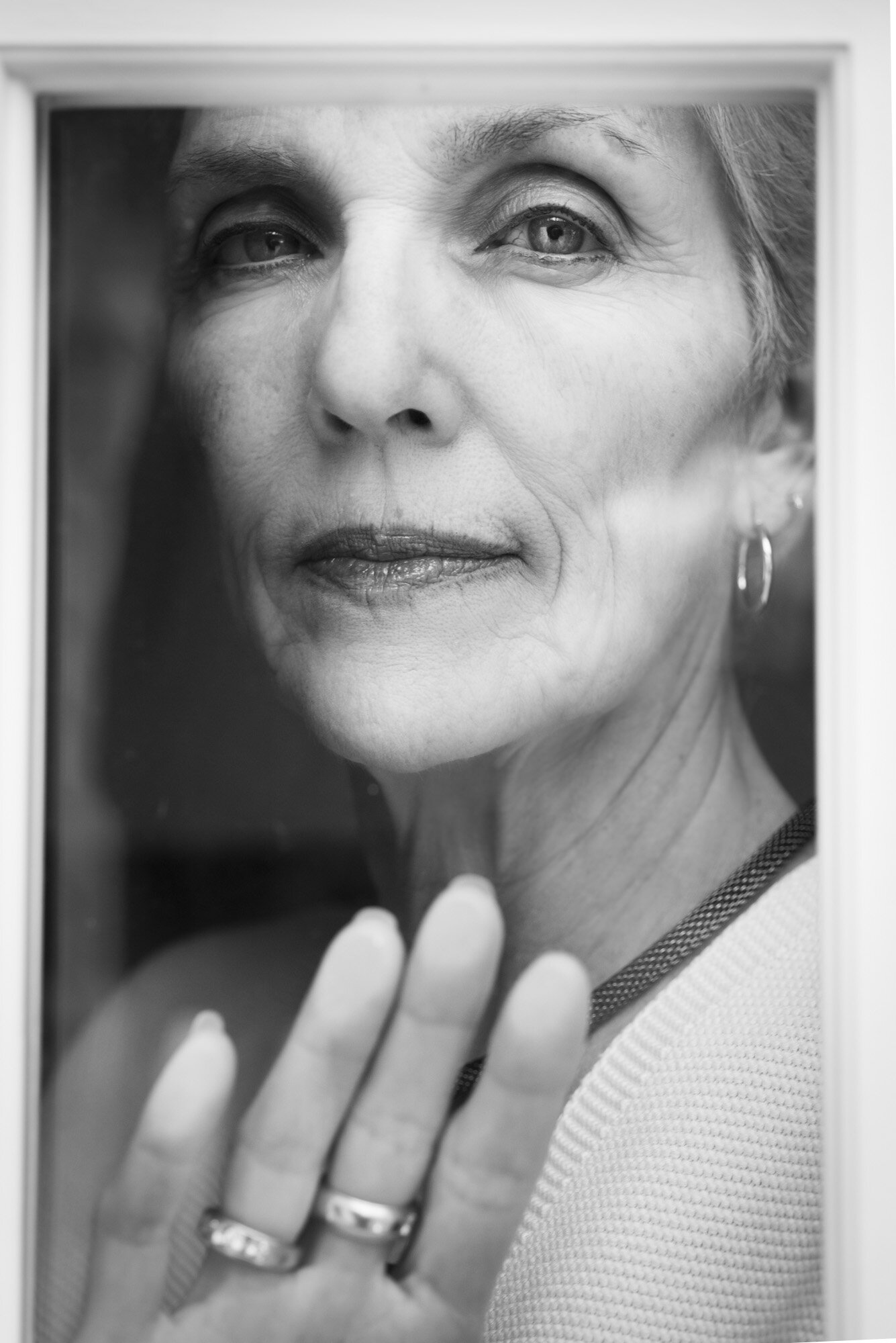
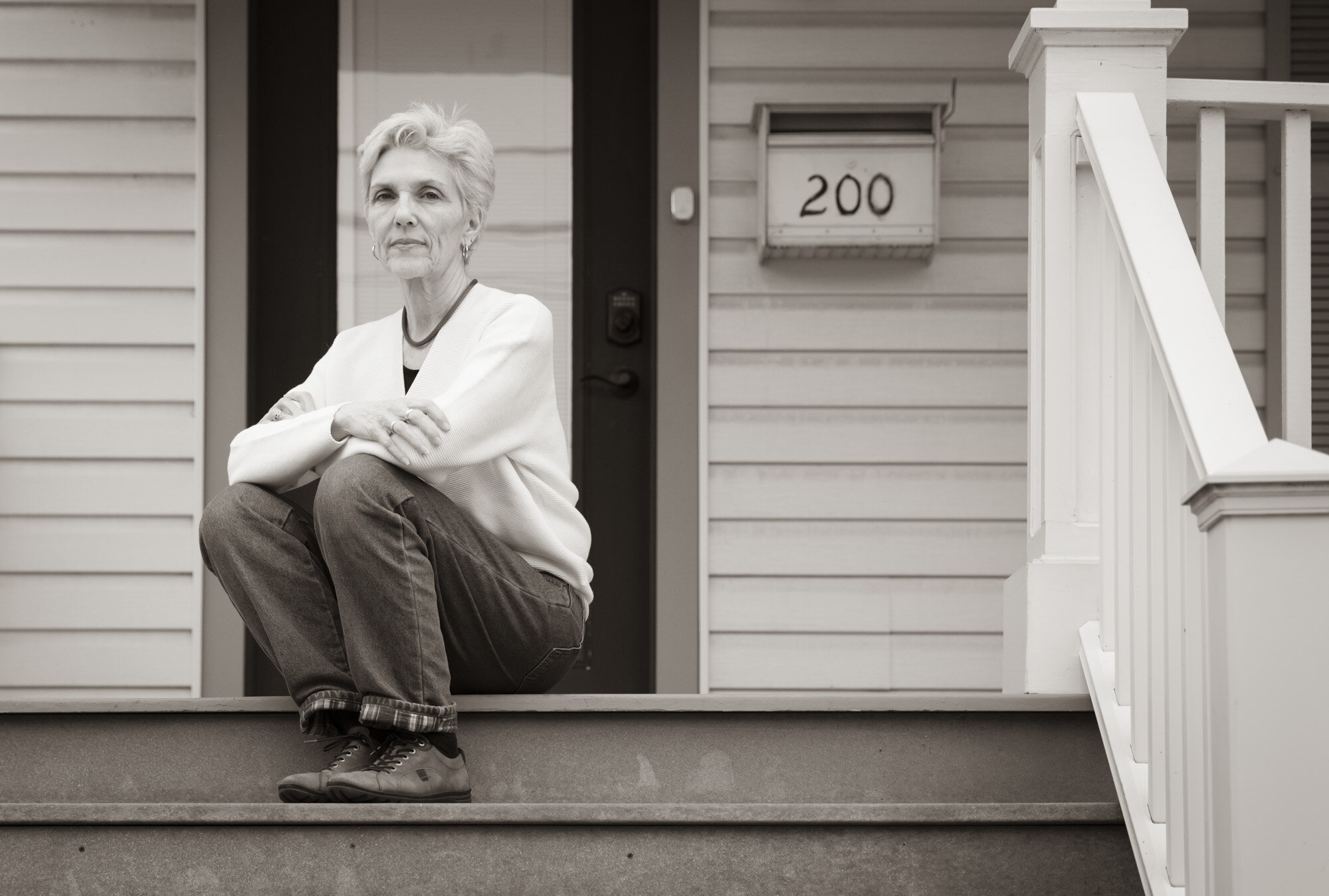
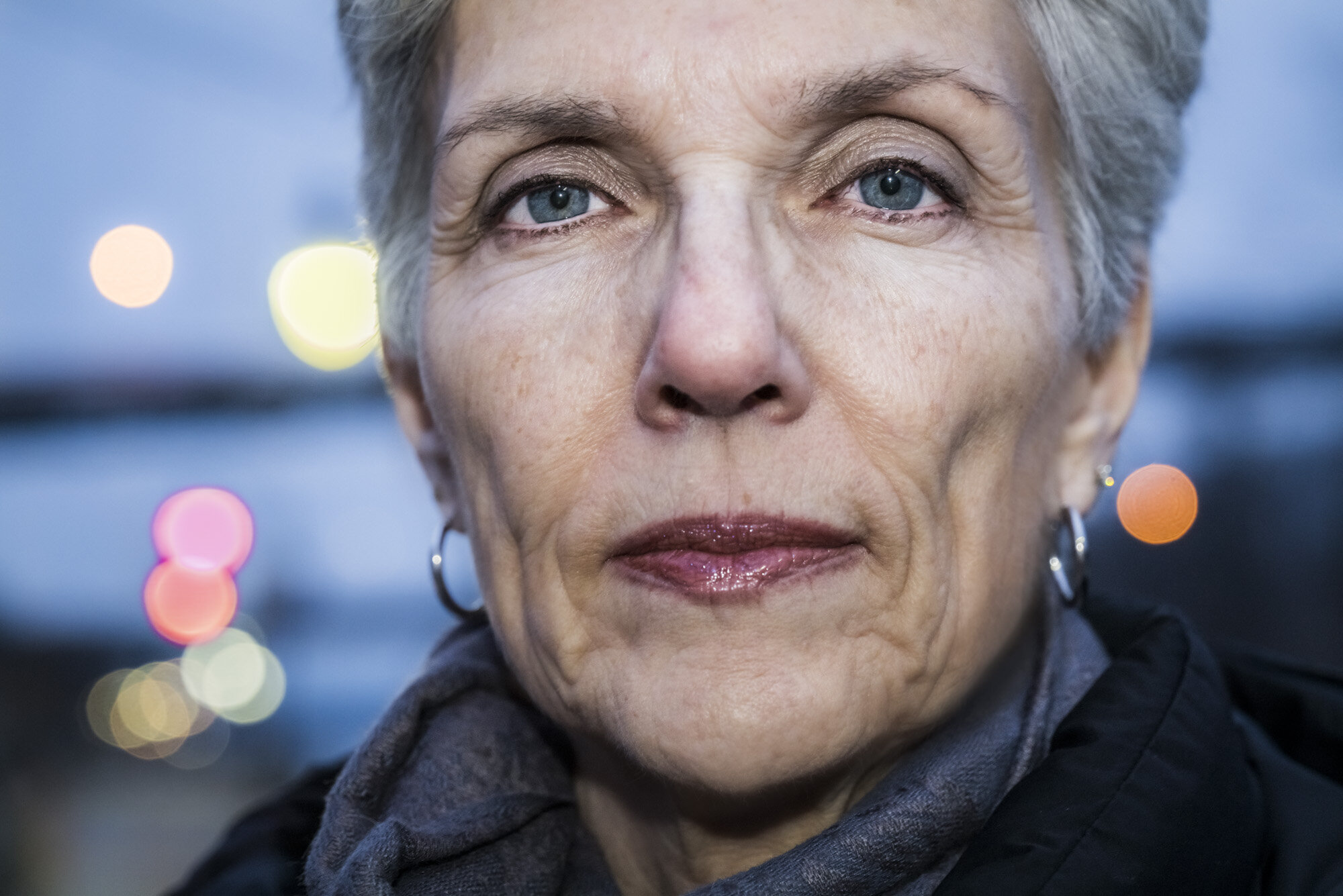
Who are you? I'm Pat Courtney-Strong. I am a former journalist and now environmental activist. I've had my own business since 2006, and I'm very fortunate that I get to work on the issues that I really care about, which is saving our environment or at least trying our darnedest to do that, and working on energy efficiency and renewable energy because we need to.
How long have you been in Kingston? I moved to Kingston in about 2010 after living in other parts of Ulster County since 1983. I came here because I detected, like a lot of people, that there was really something going on here, and I wanted to be part of it.
What gives you joy about Kingston? People talk about wanting a sense of community and I have found that here, but that's a little facile to say I found community here. What I found was a small enough city where if you put yourself forward–and in my case I usually do it by volunteering–If you put yourself forward, you get to meet everybody. It's such a small community. If you want to be involved in the arts, you can do that. If you want to be involved in the civil rights struggles, you can do that. There's no limits here, and oftentimes when you do a project with a person or with a group of people, you get to a depth of understanding about one another that you just can't realize any other way. And that's what I love about Kingston and what gives me joy.
What if anything would you change about Kingston? Kingston has the problems of many small communities in Upstate New York. We do not have enough jobs. My children moved away as soon as they could. They like what's going on here when they come back, but they had to go elsewhere to find work. I am really looking forward to a time where young people can find jobs in this community and can give back so that we can profit and we can enjoy what our own children can add to this community.
What is your secret hope for the future? My secret hope for the future is that Kingston doesn't change too fast. It's gotten to a really special place now, and we all know the pressures that the city is under, possibly gentrification, certainly rents going beyond the ability of many people to pay. So my secret, but not so secret hope, is that we can collectively find a way to move through this period and make sure that everyone who wants to live here has a safe and sound place to be and can afford to be here. And not being so driven by the need to put food on the table. I'm at a point in my life where I think I'm going to be able to start giving back much more than I have in the past just because I'm at a place in my career where I get time to do that.
Interview with Kingston resident Pat Courtney Strong, an environmental activist.
Nicki Tha Great
“I’m trying to be a pop star. And when I accomplish that, because I will, I’m planning on coming back to Kingston and going back to the high school and really helping that.”
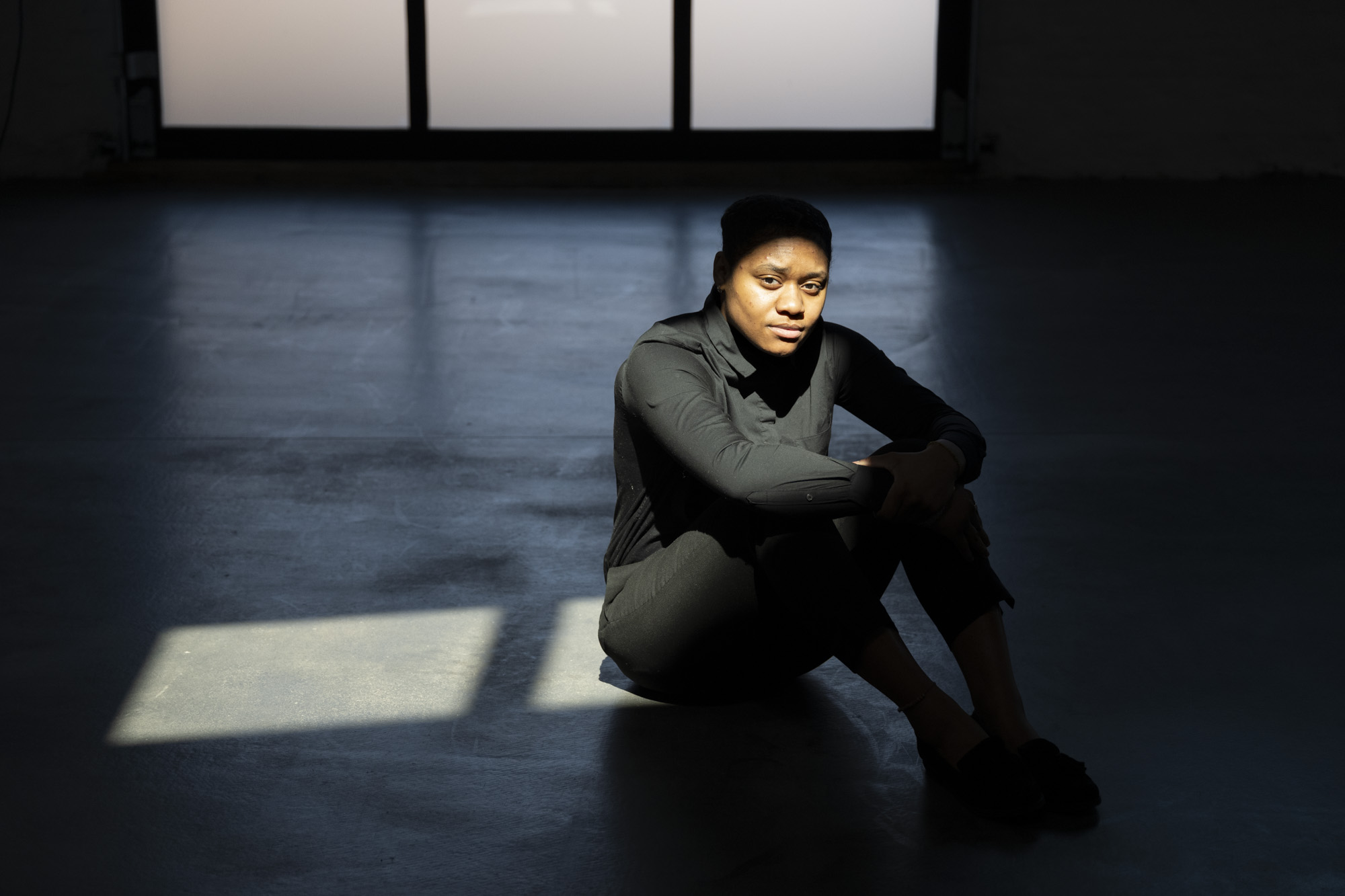
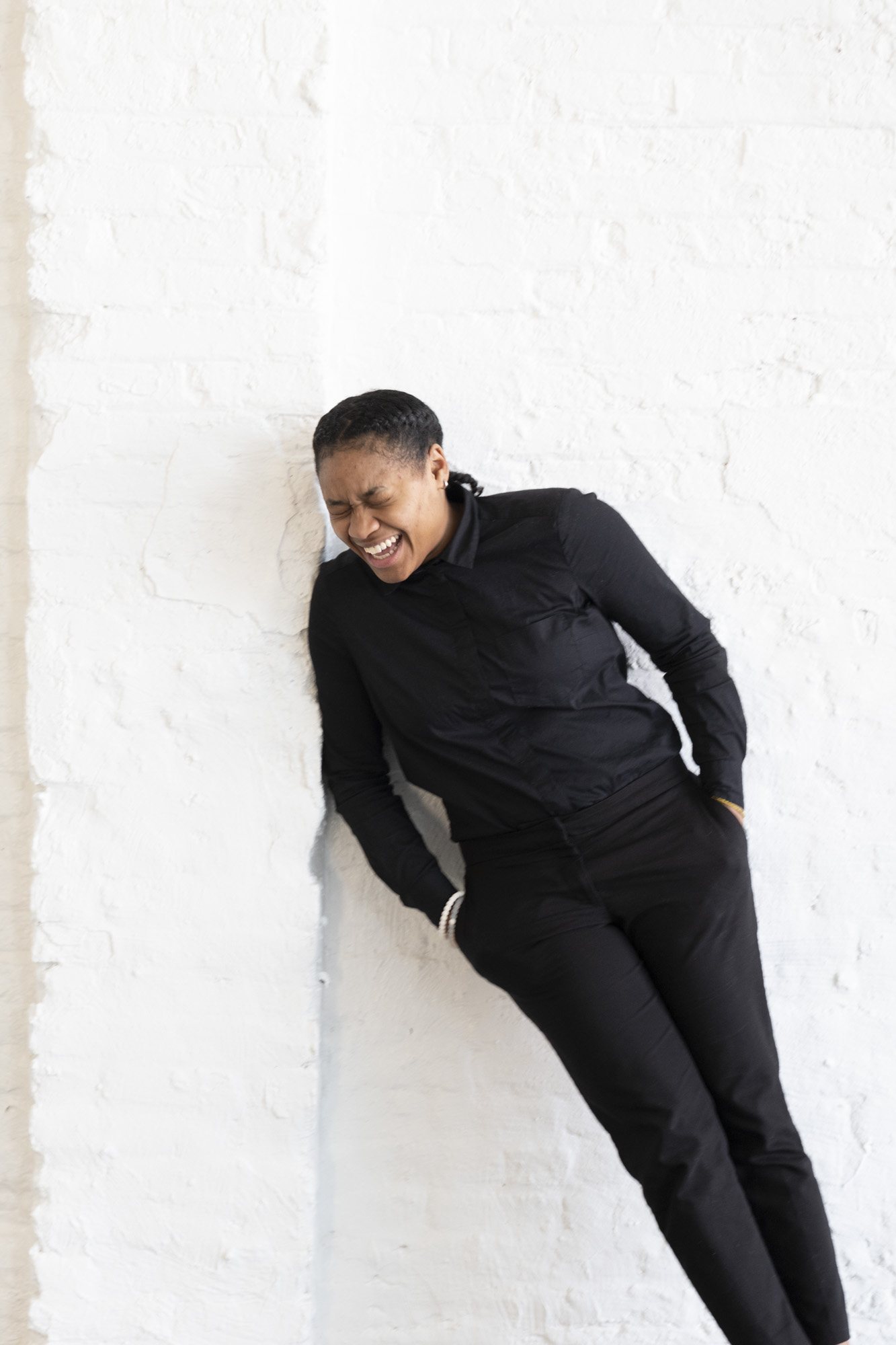
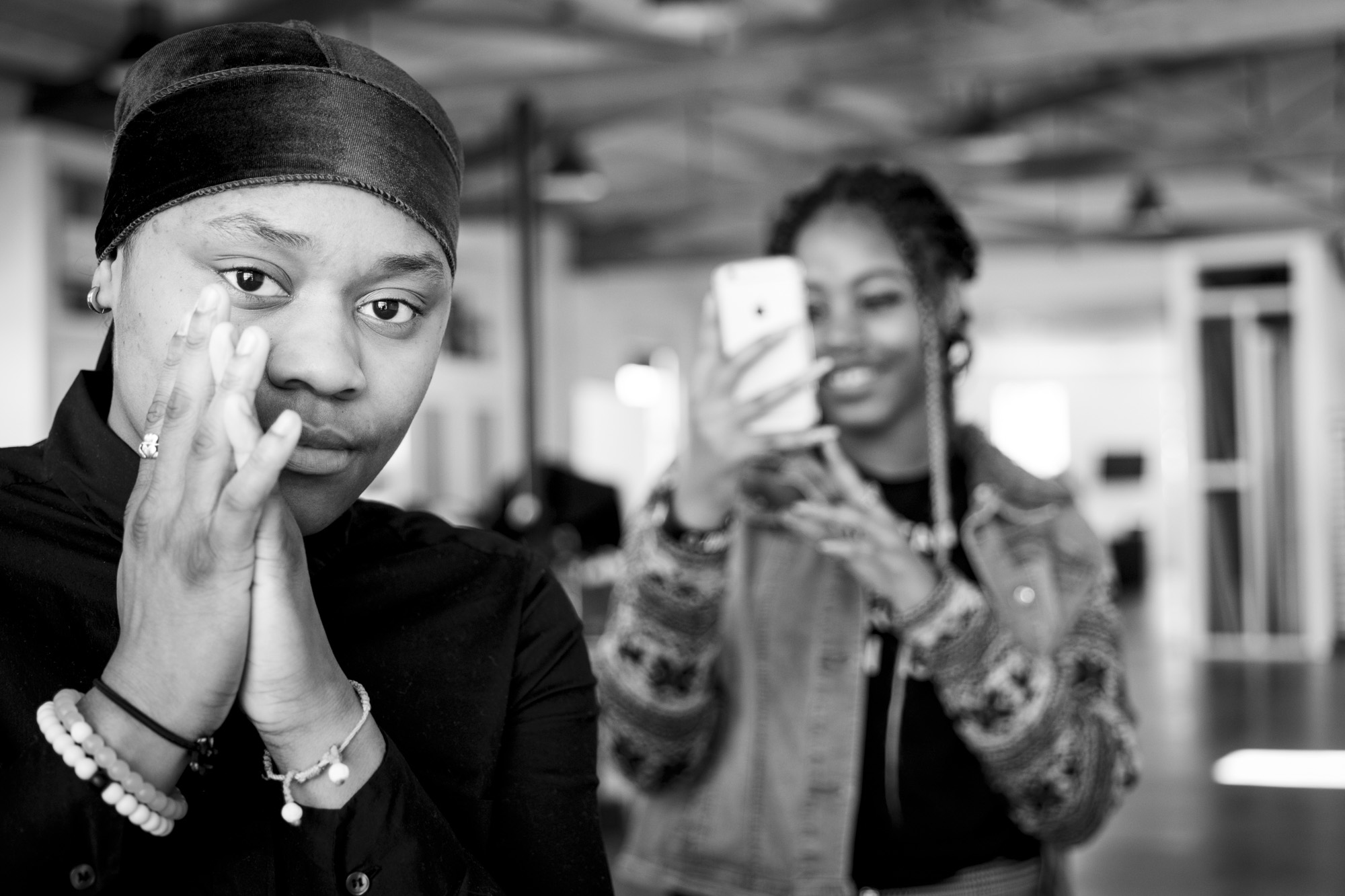
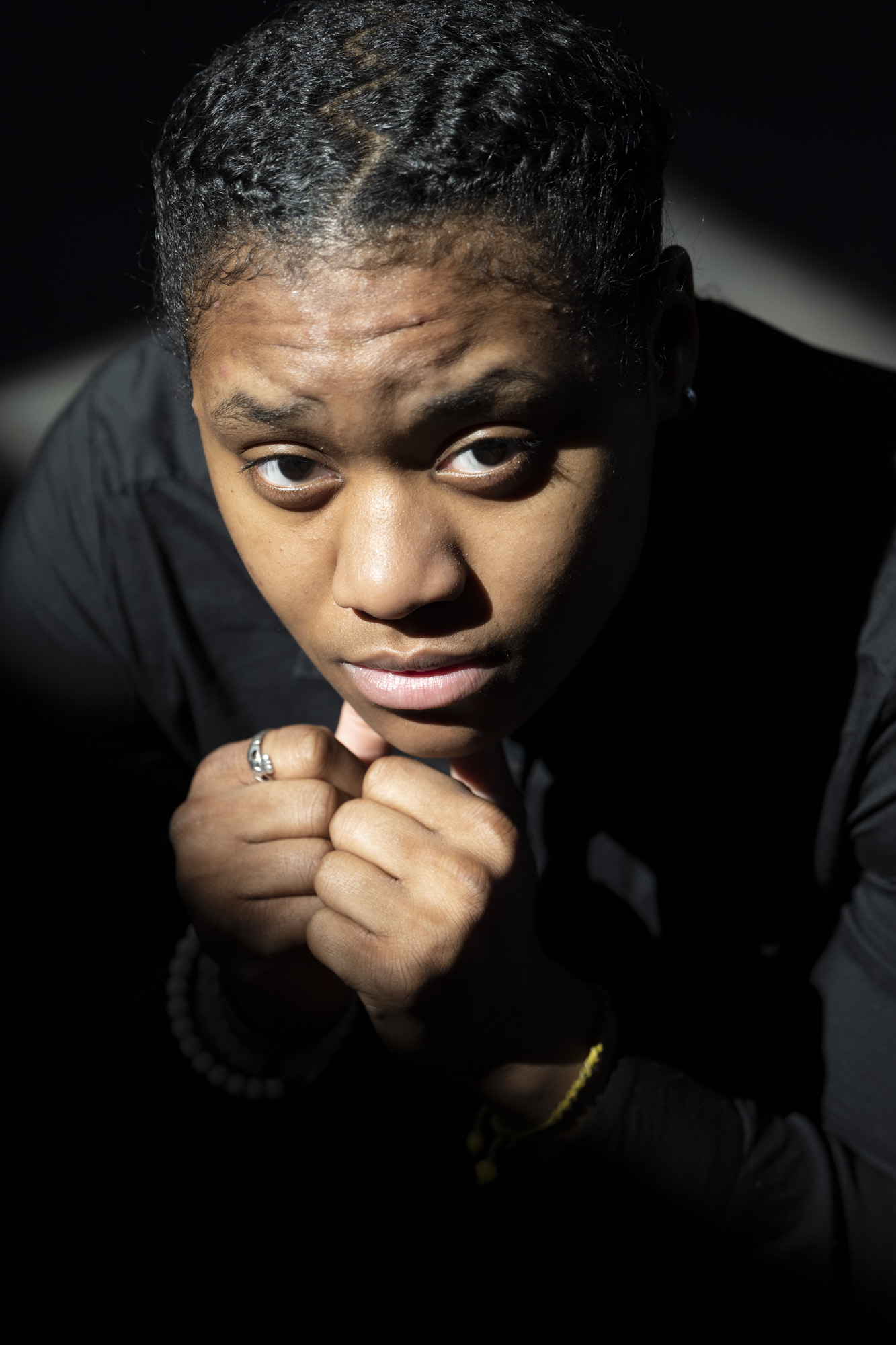
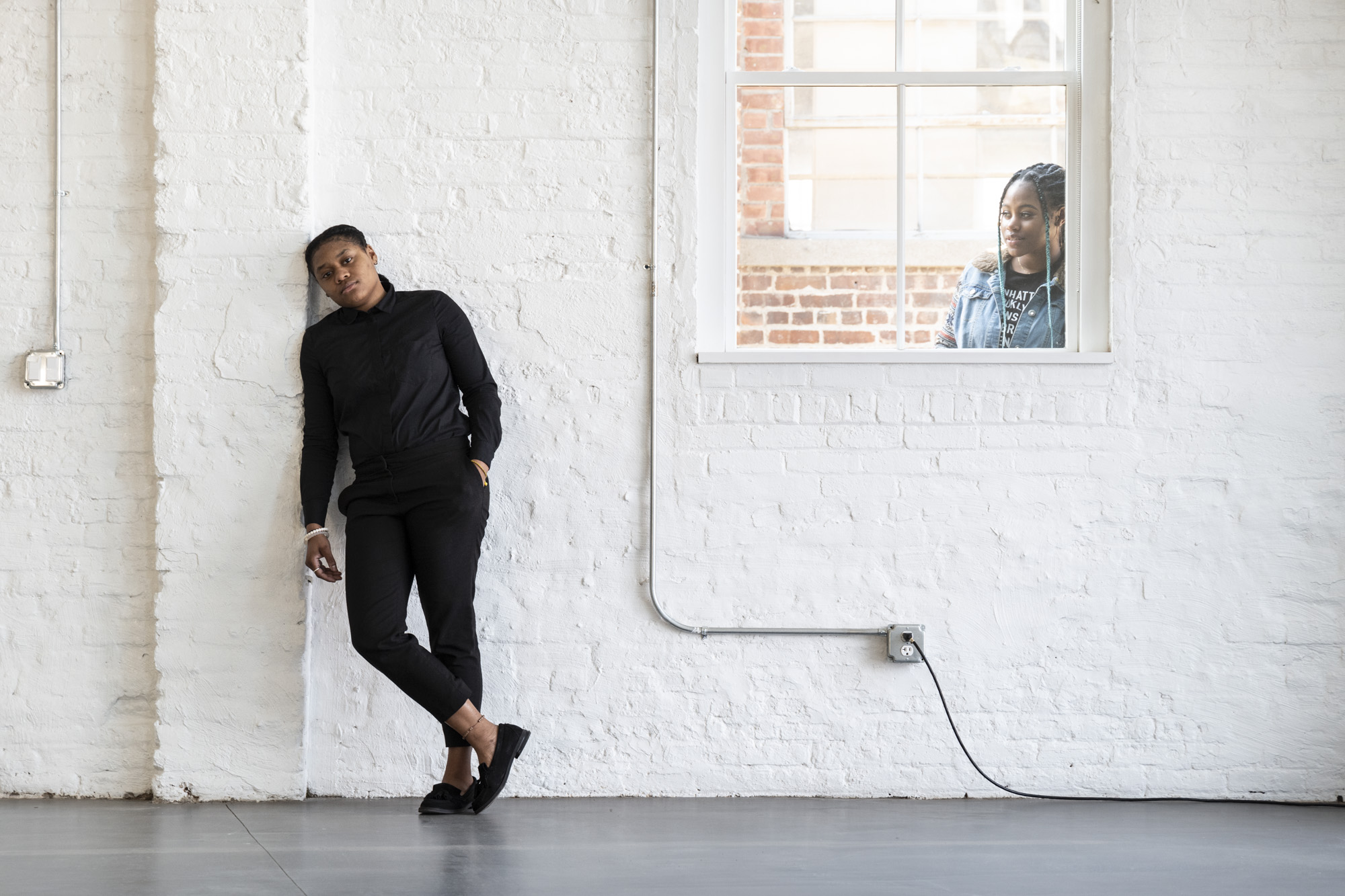
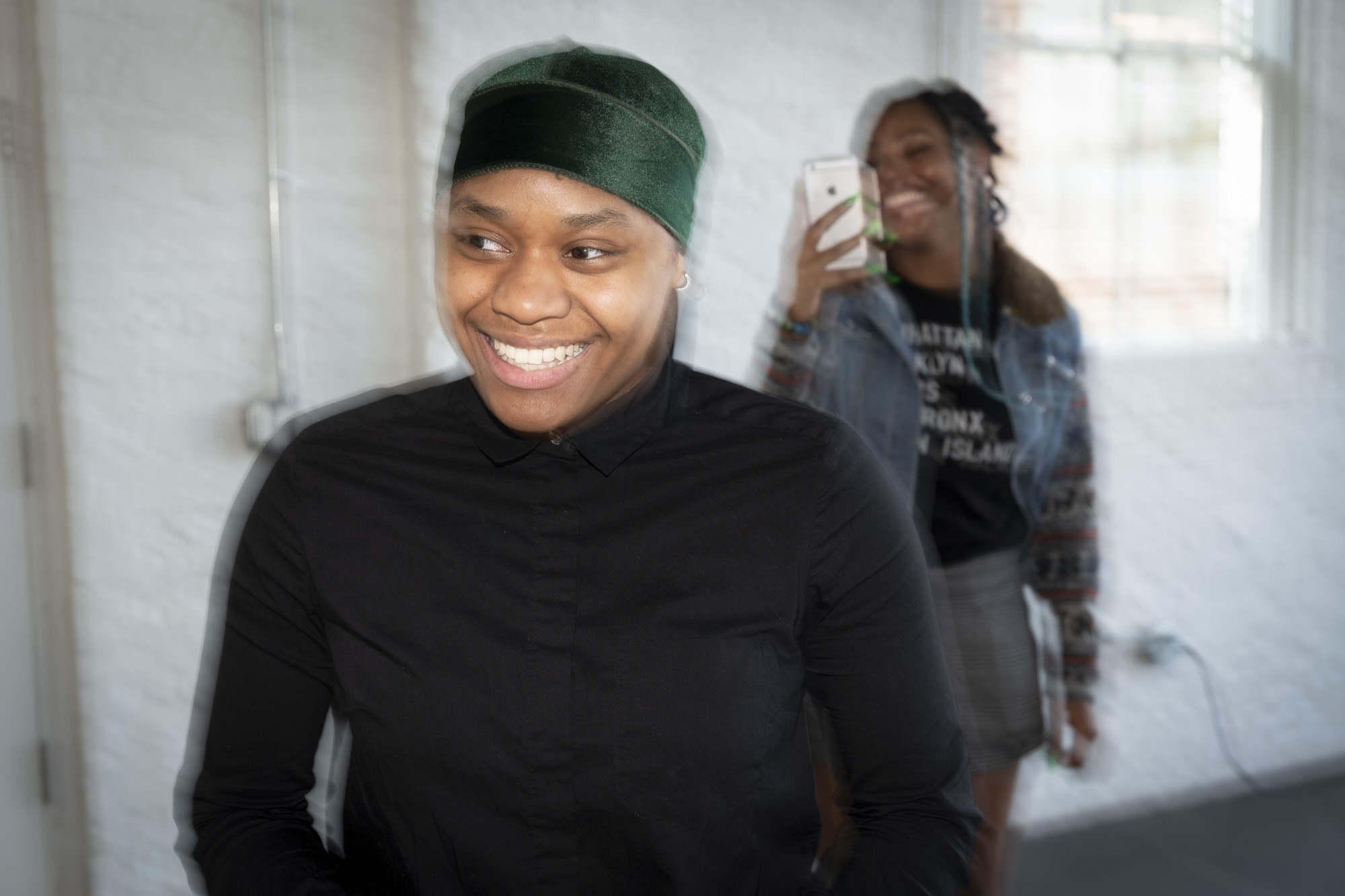
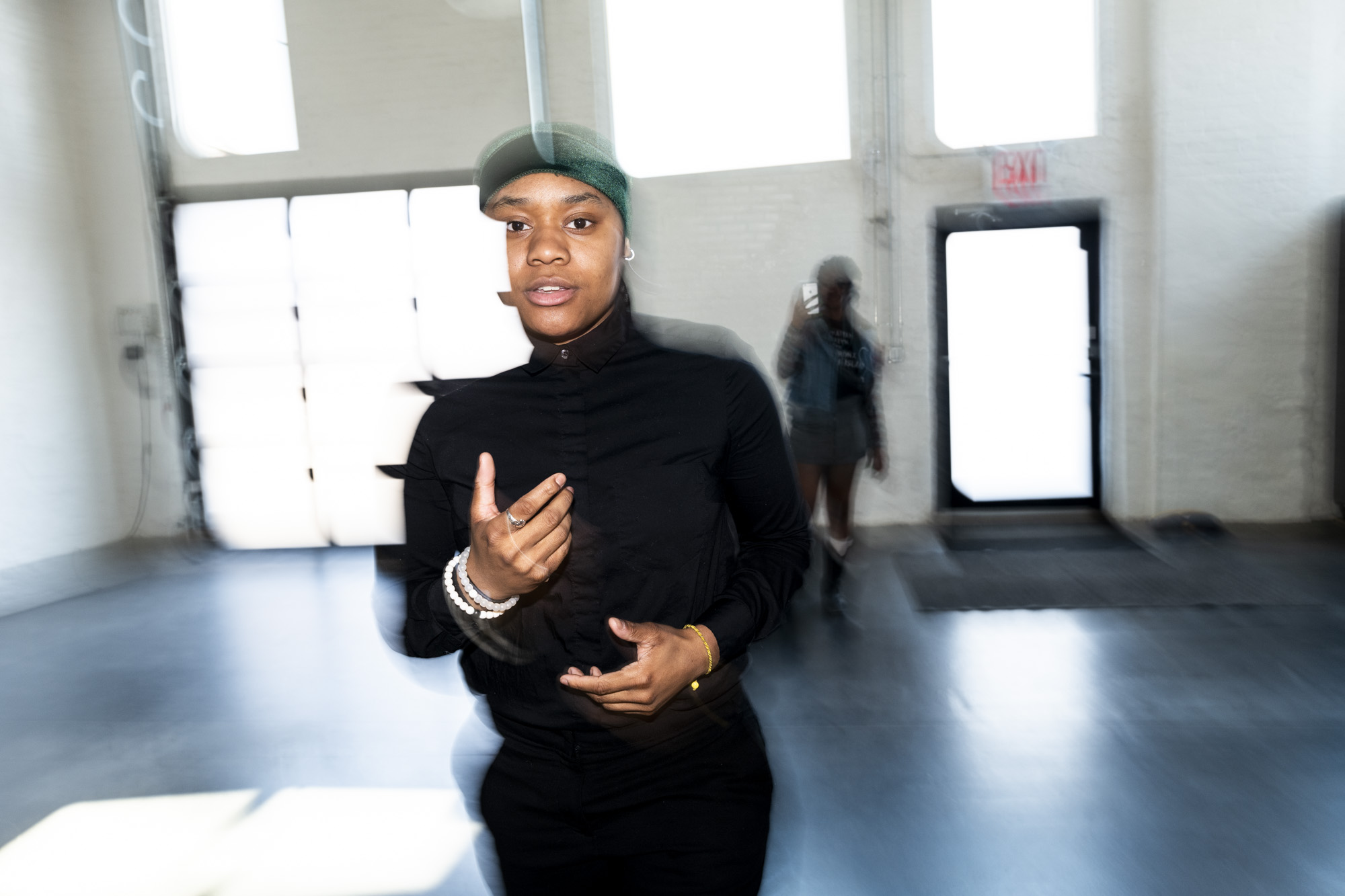
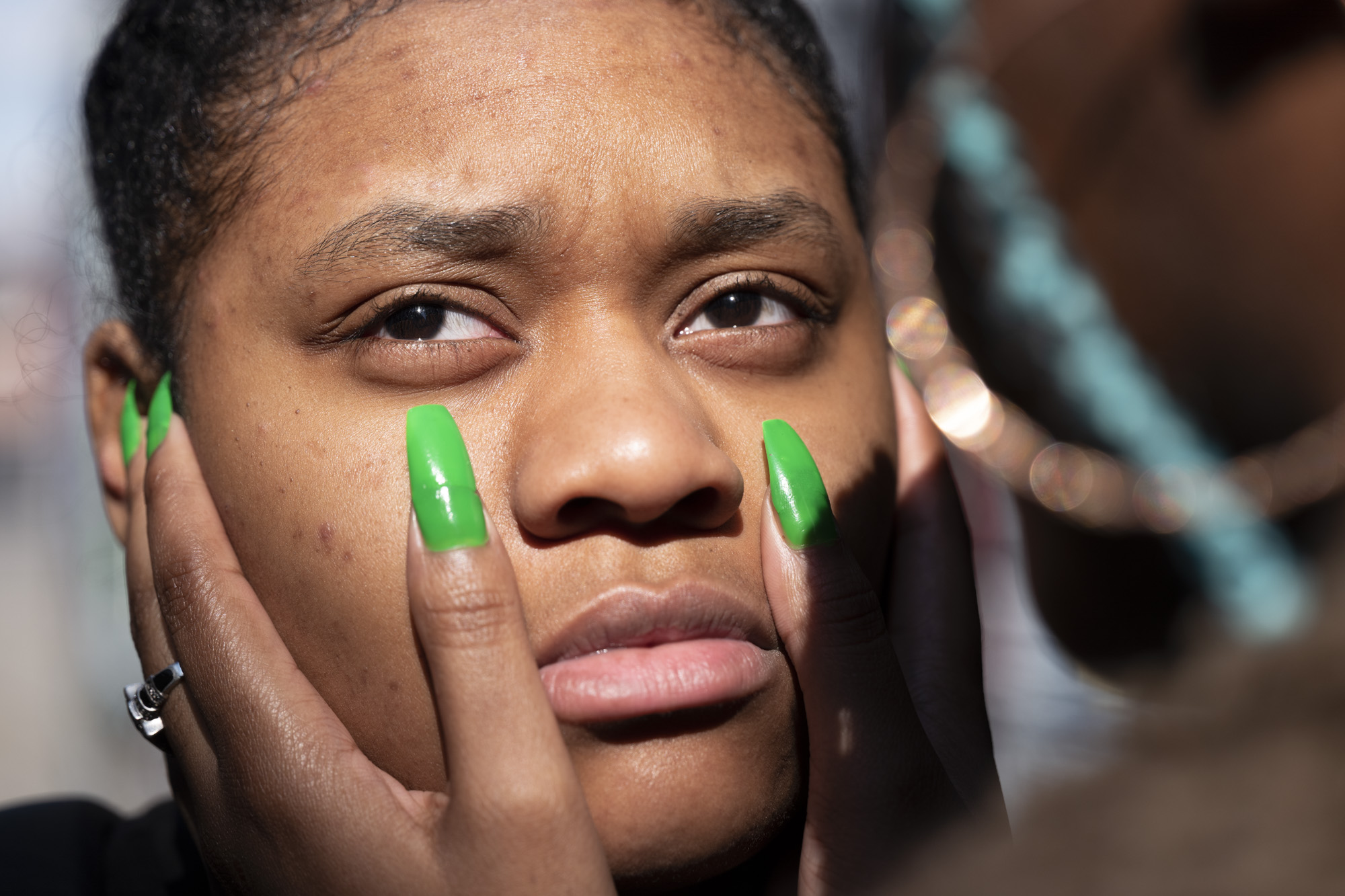
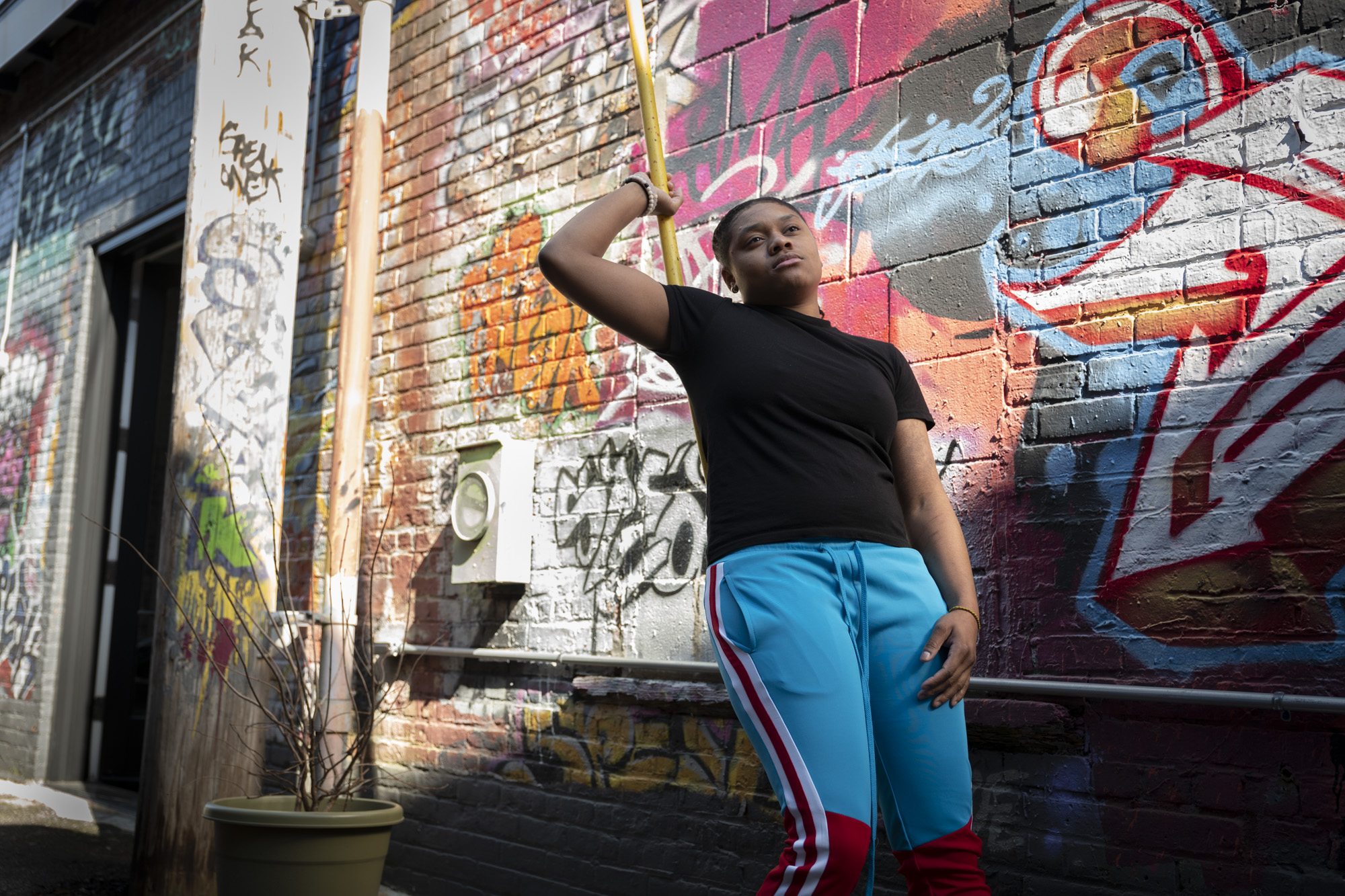
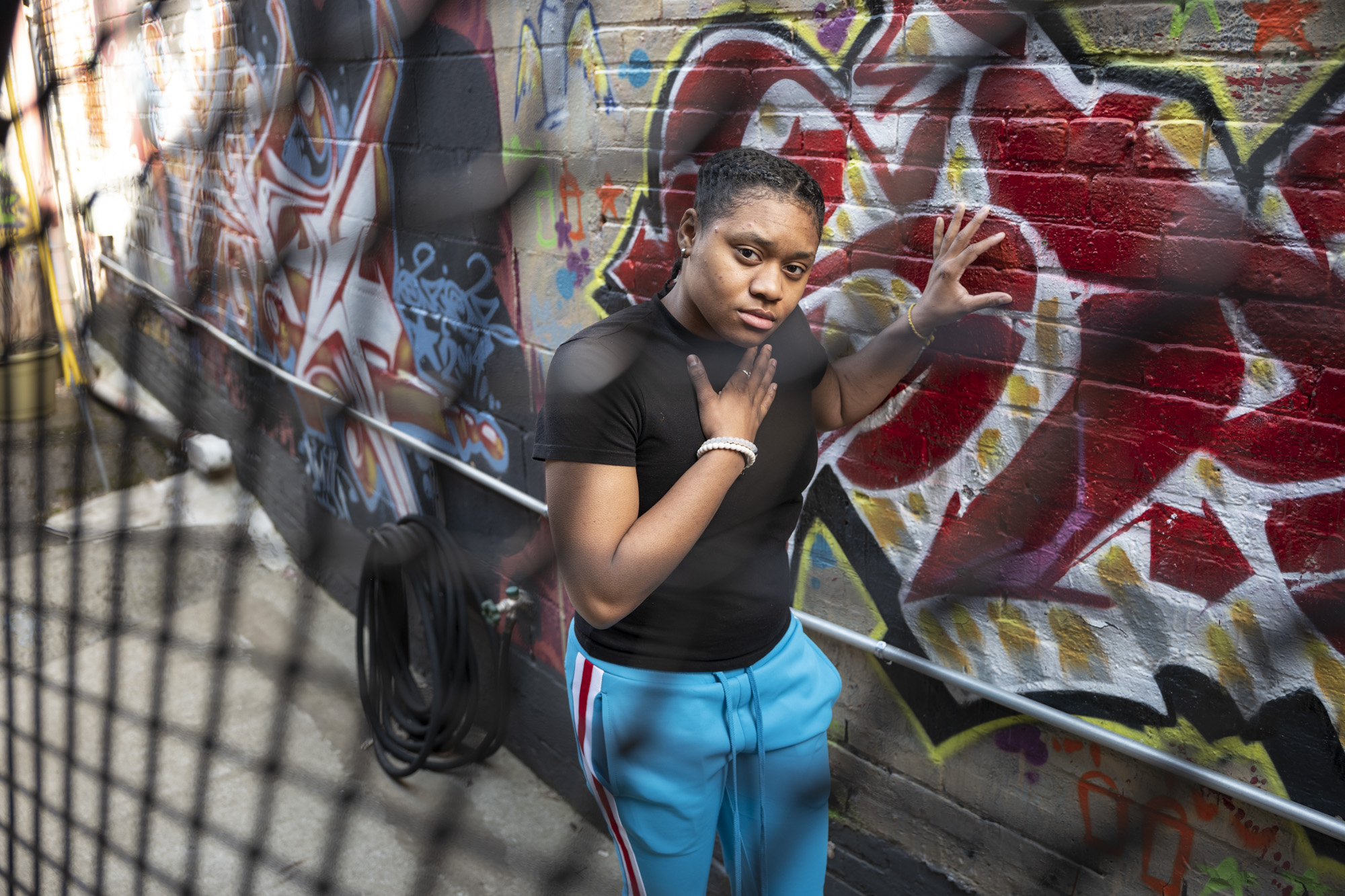
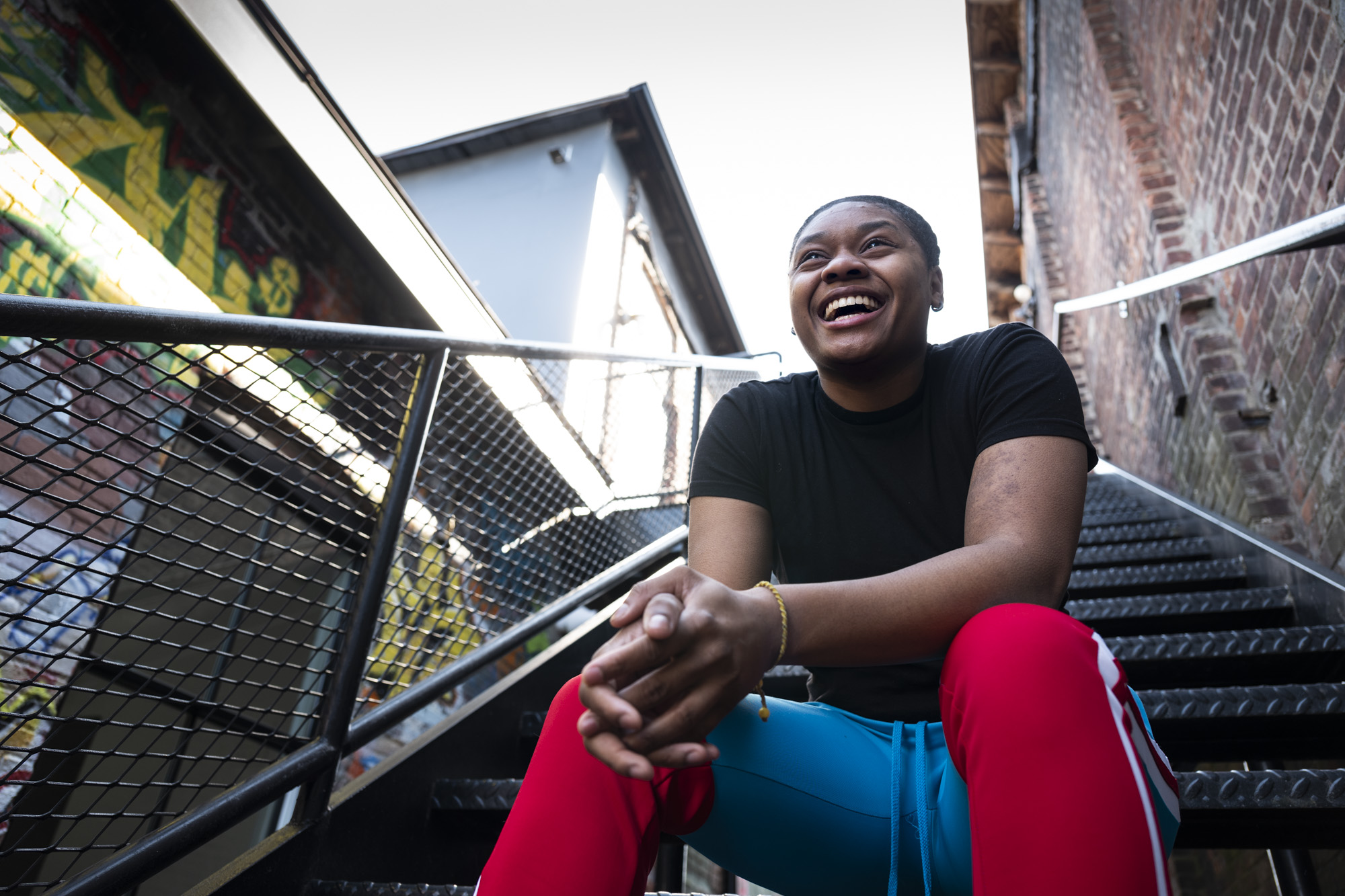
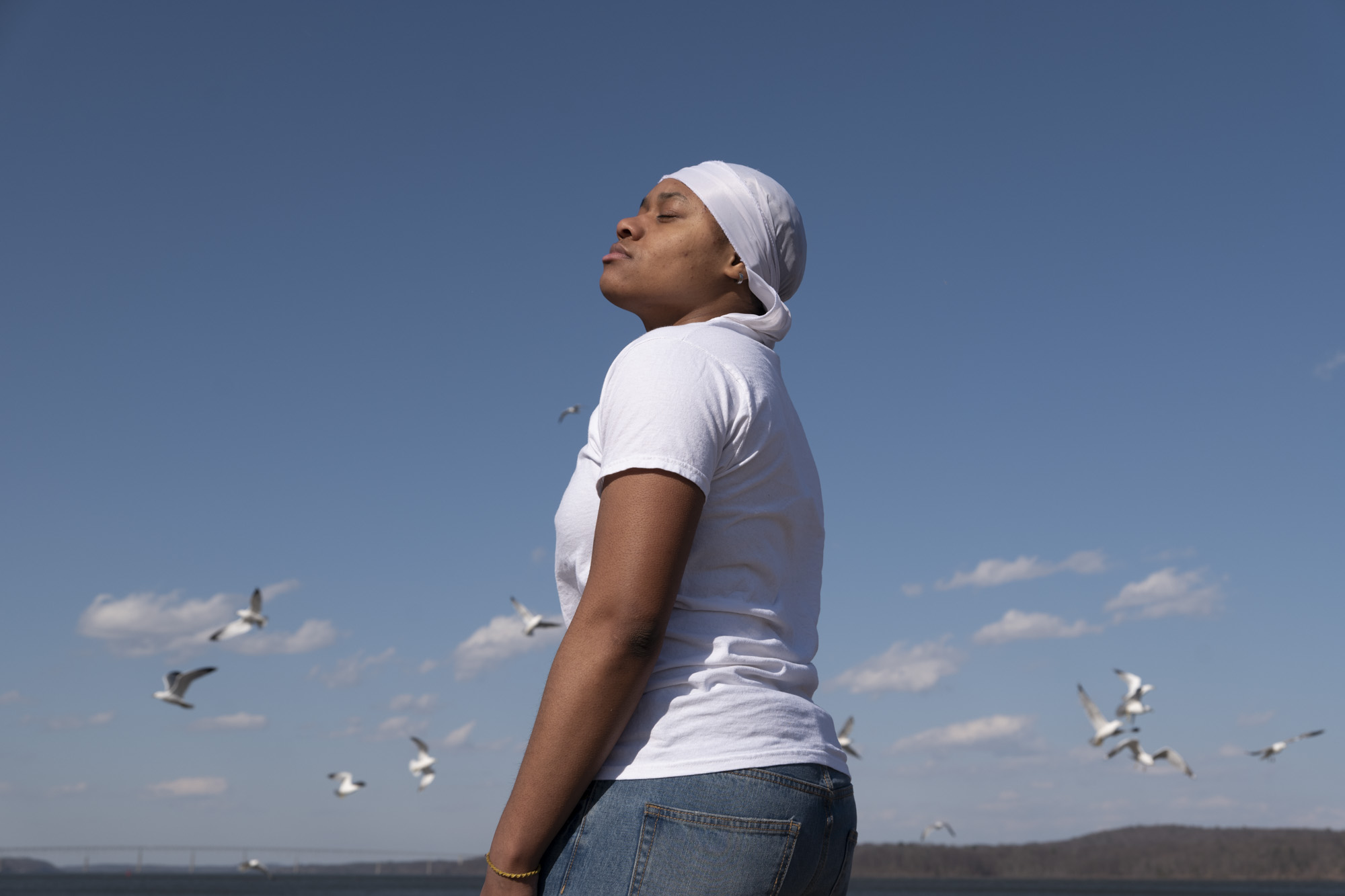
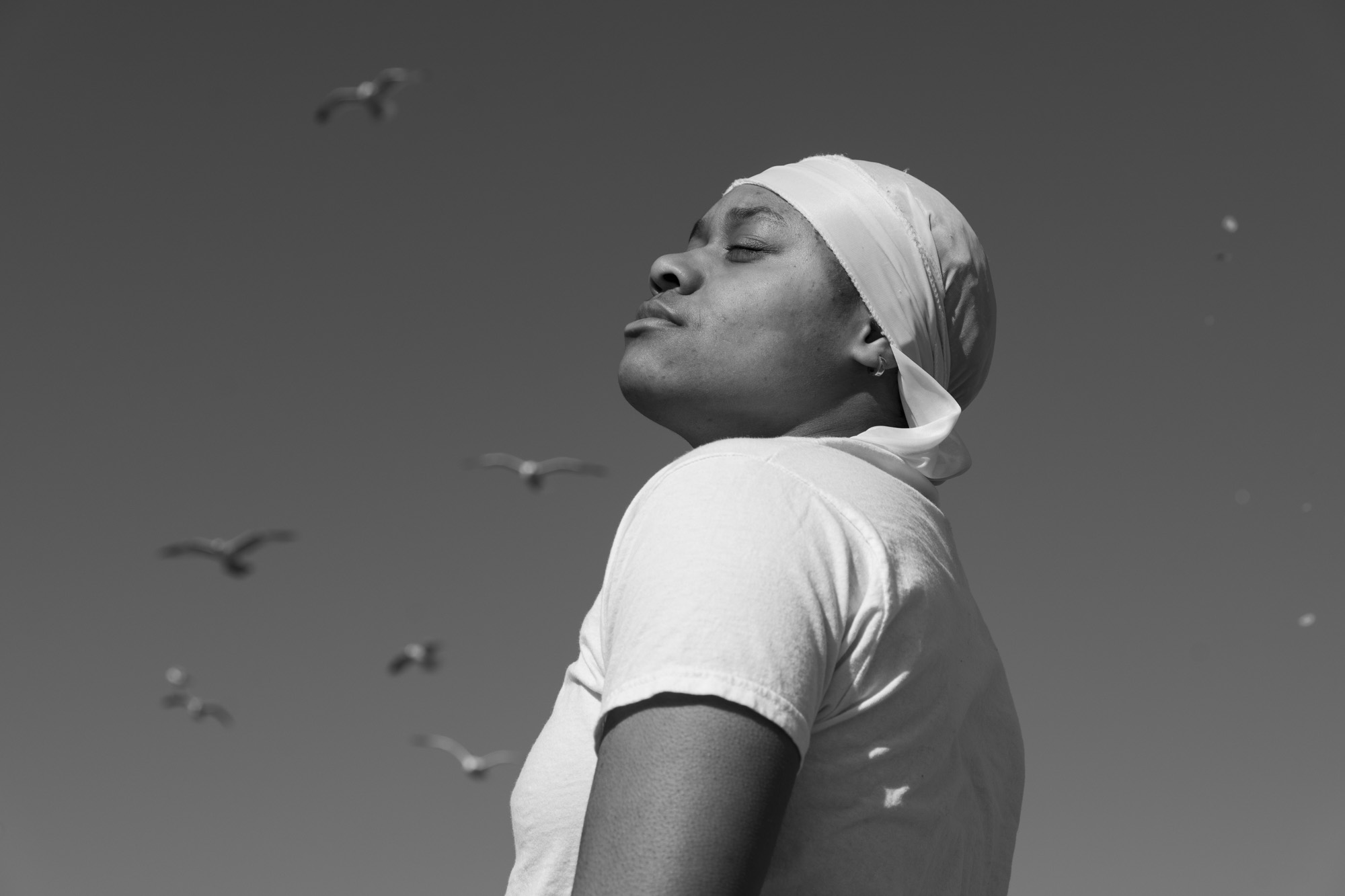
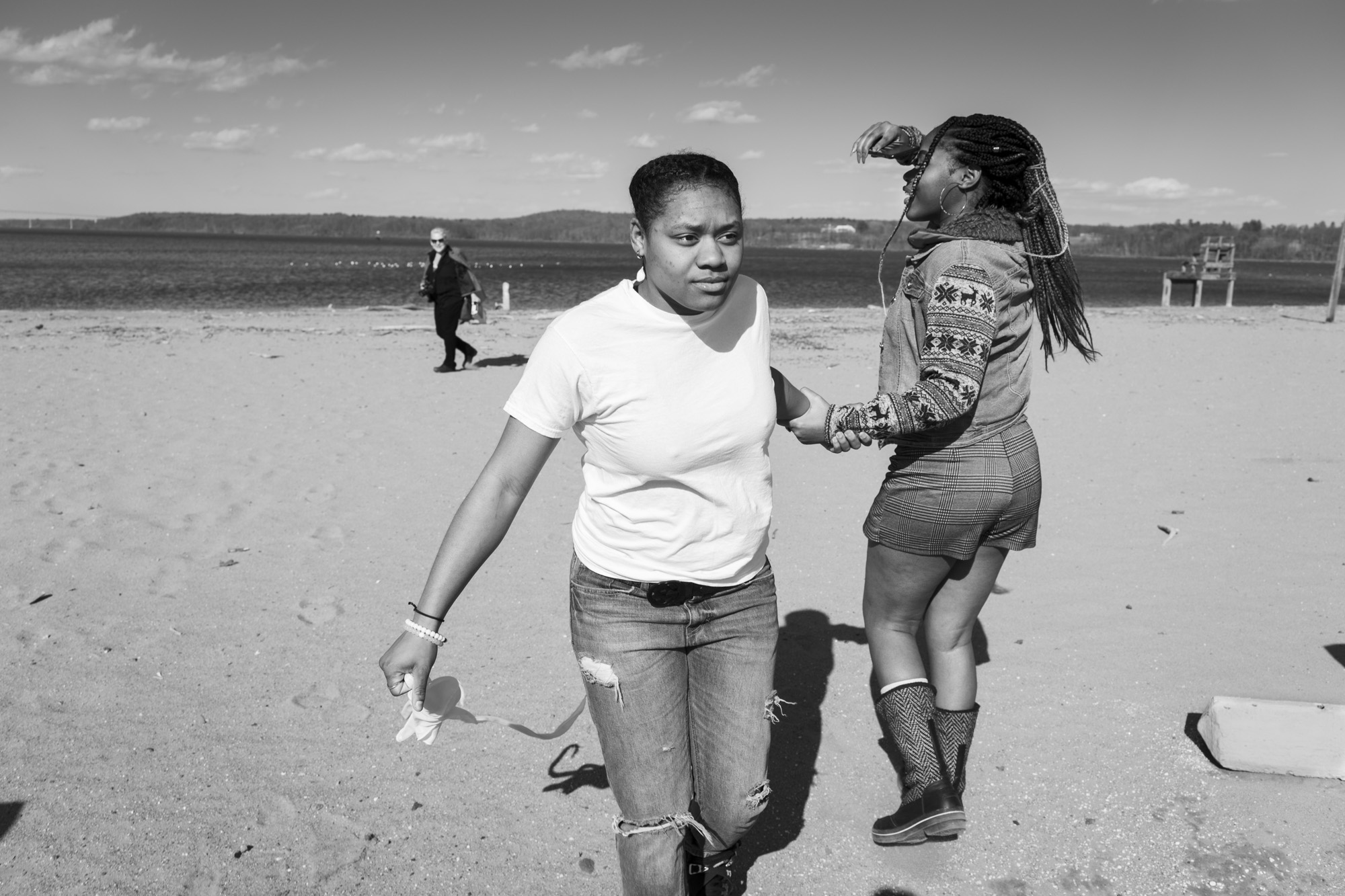
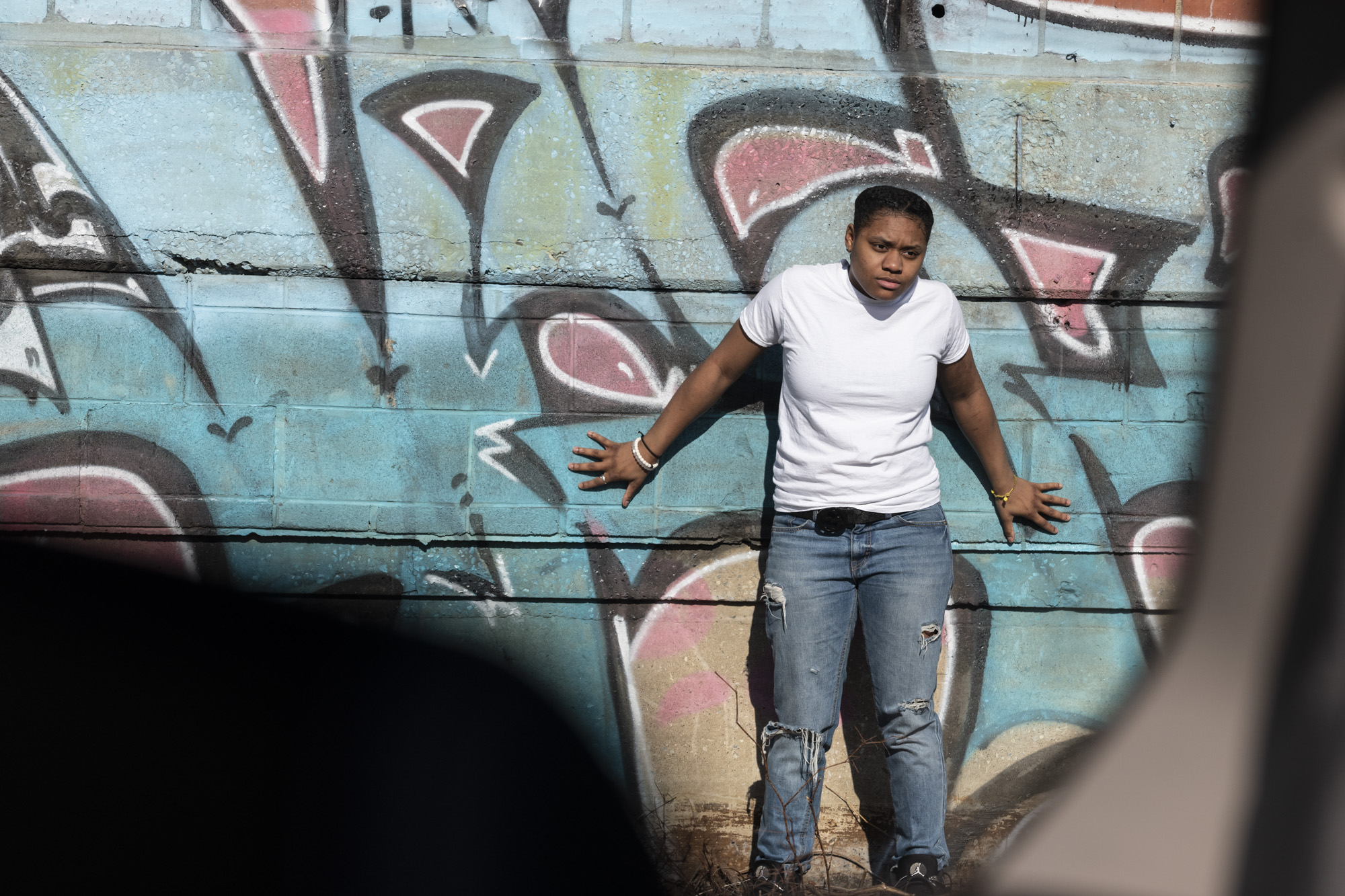
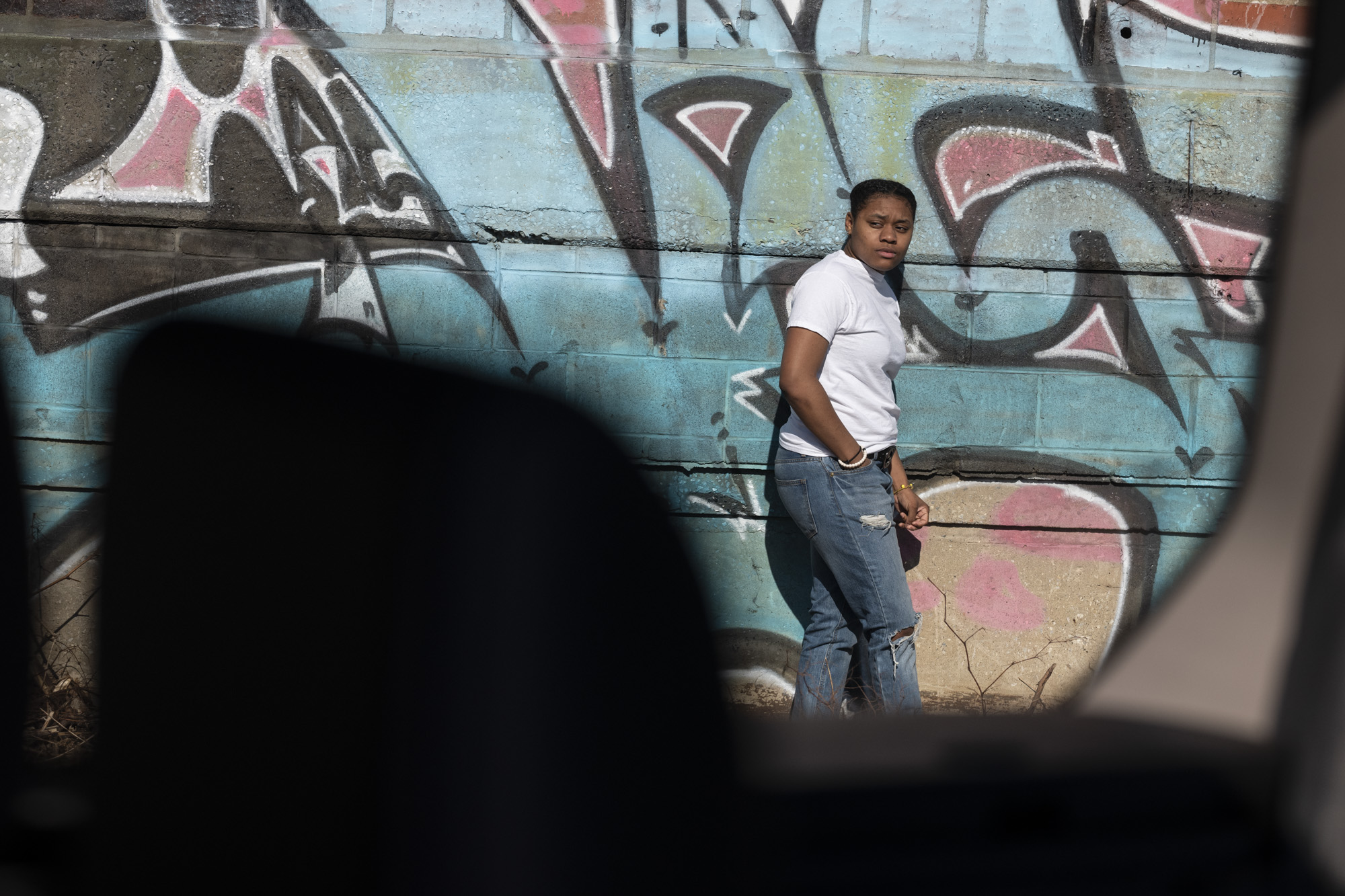
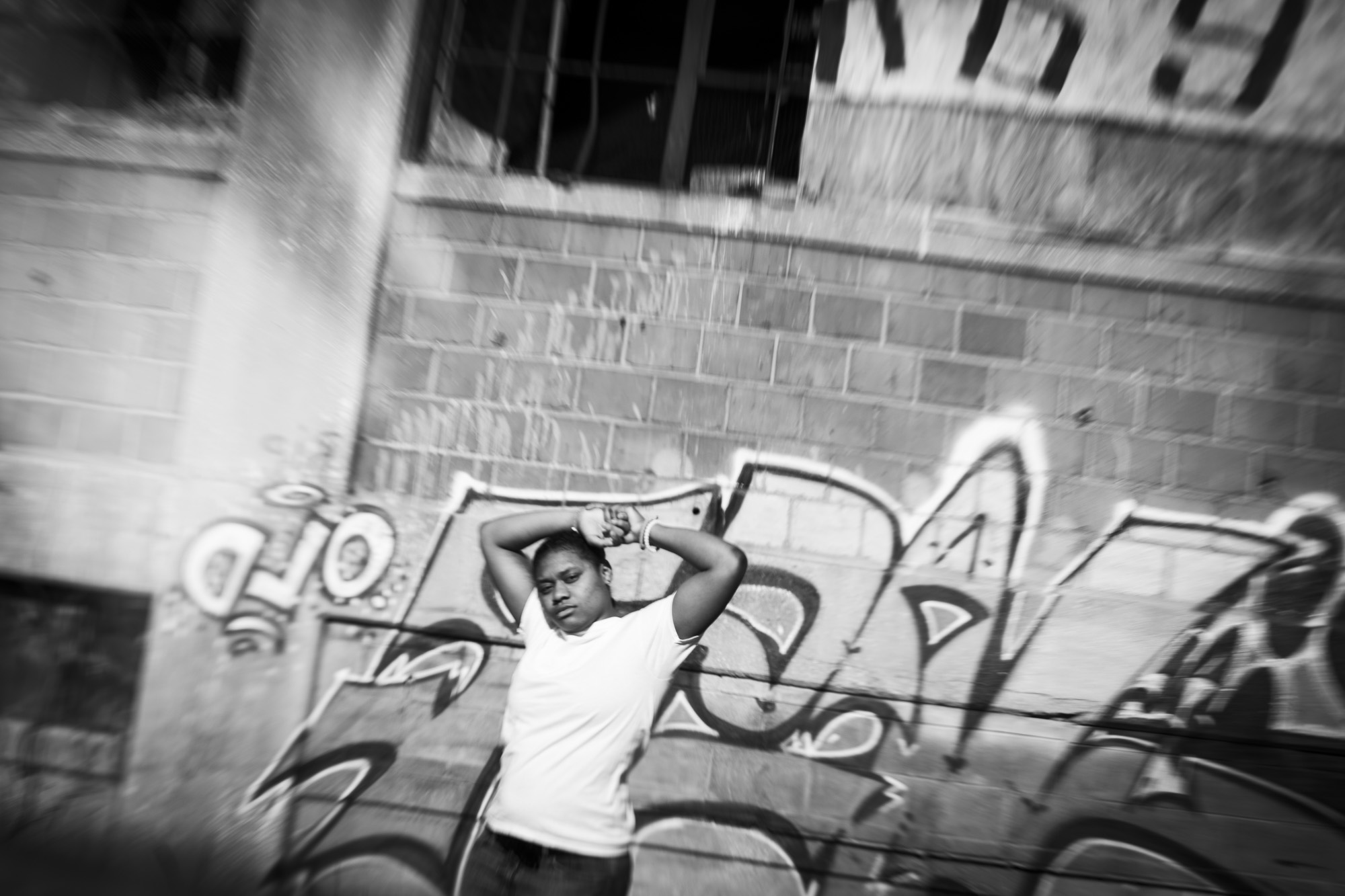
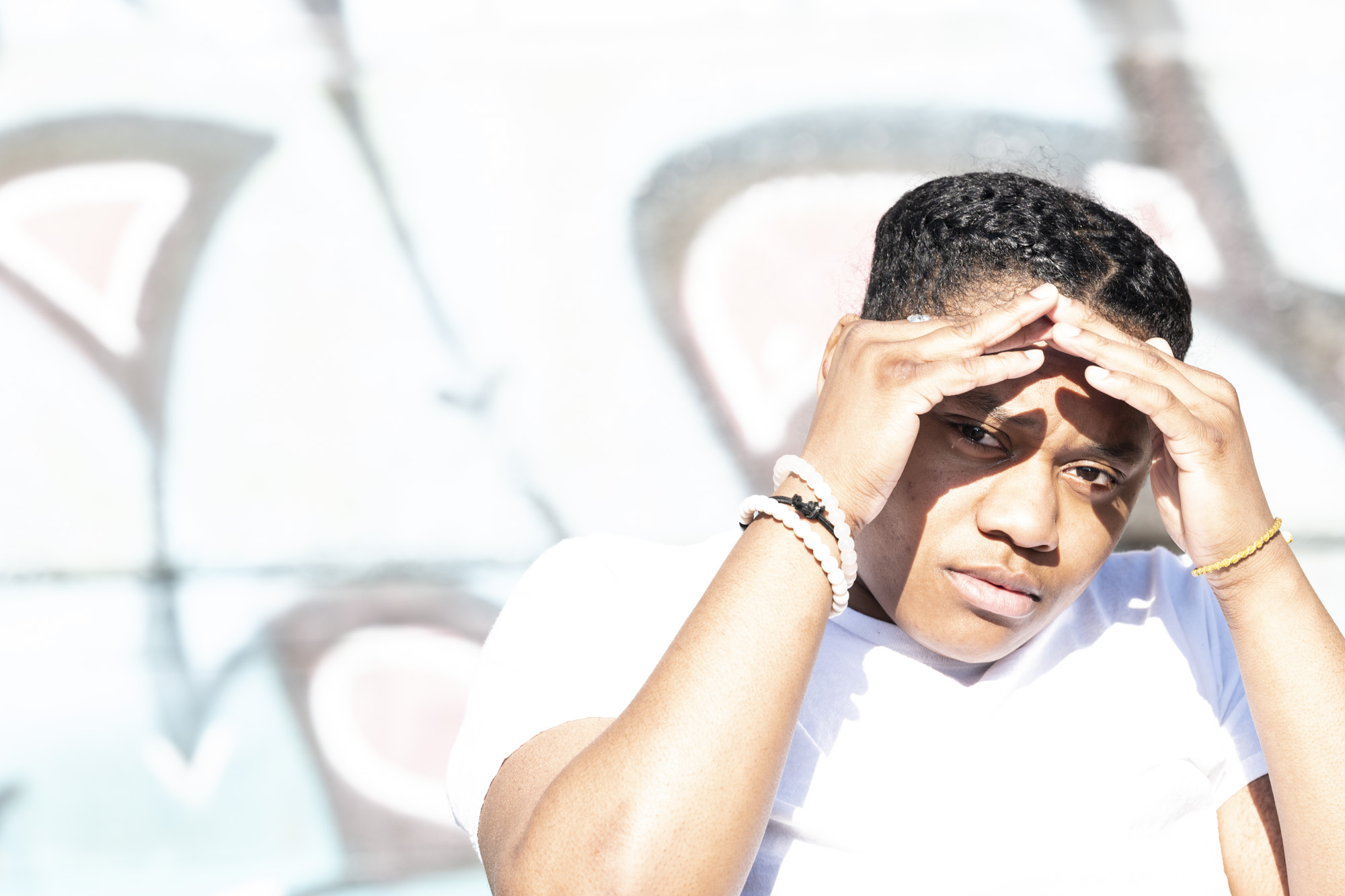
Who are you? My name is Dominique. You might know me as Nicki Tha Great. I'm a musician. And that's it.
How long have you been in Kingston? I lived in Kingston five years and I just graduated high school last June.
What gives you joy about Kingston? I think the people, mostly. Not all of them are great, but there are some that I think are truly something special. And I'm hoping they soon realize that.
What, if anything, would you change about Kingston? Well, considering I spent most of my time in high school. I'd probably change something there. And one thing I would change is the social dynamic. There's like this weird hierarchy. Like who's most important and who's not. And I think it really takes away from the experience for a lot of kids and it sucks. If you're a prep, you're important. Like, to the school. Do you know what I'm saying? So if you do sports, you know, you're important. You can get away with certain things that other kids can't. If you're popular amongst the students, you get treated better. You can bully somebody and everybody's going to laugh because you're cool. And no one's going to say anything about you bullying somebody, which is terrible. Do you think artists are outsiders? Yeah. Oh my god, yeah. Especially in high school. Yeah, the arts kids, they're so cool, but arts kids are usually kind of weird and stuff, so no one pays them any mind. But if you take the time to talk to them, you see that they're the most interesting people. And the most popular kids are probably the most boring. No offense.
What is your secret hope for the future? Obviously I'm trying to be a pop star. And when I accomplish that, because I will, I'm planning on coming back to Kingston and going back to the high school and really helping that. And obviously I want to make a new branch for music kids and arts kids so ... you know what I'm saying? Because they're important. So yeah, that's what I want to change. (Video interview below)
Follow @NickiThaGreat on Instagra
Hendrik Dijk
“I love the fact that in Kingston there is this egalitarian type of spirit where you are looked at as a human being first.”
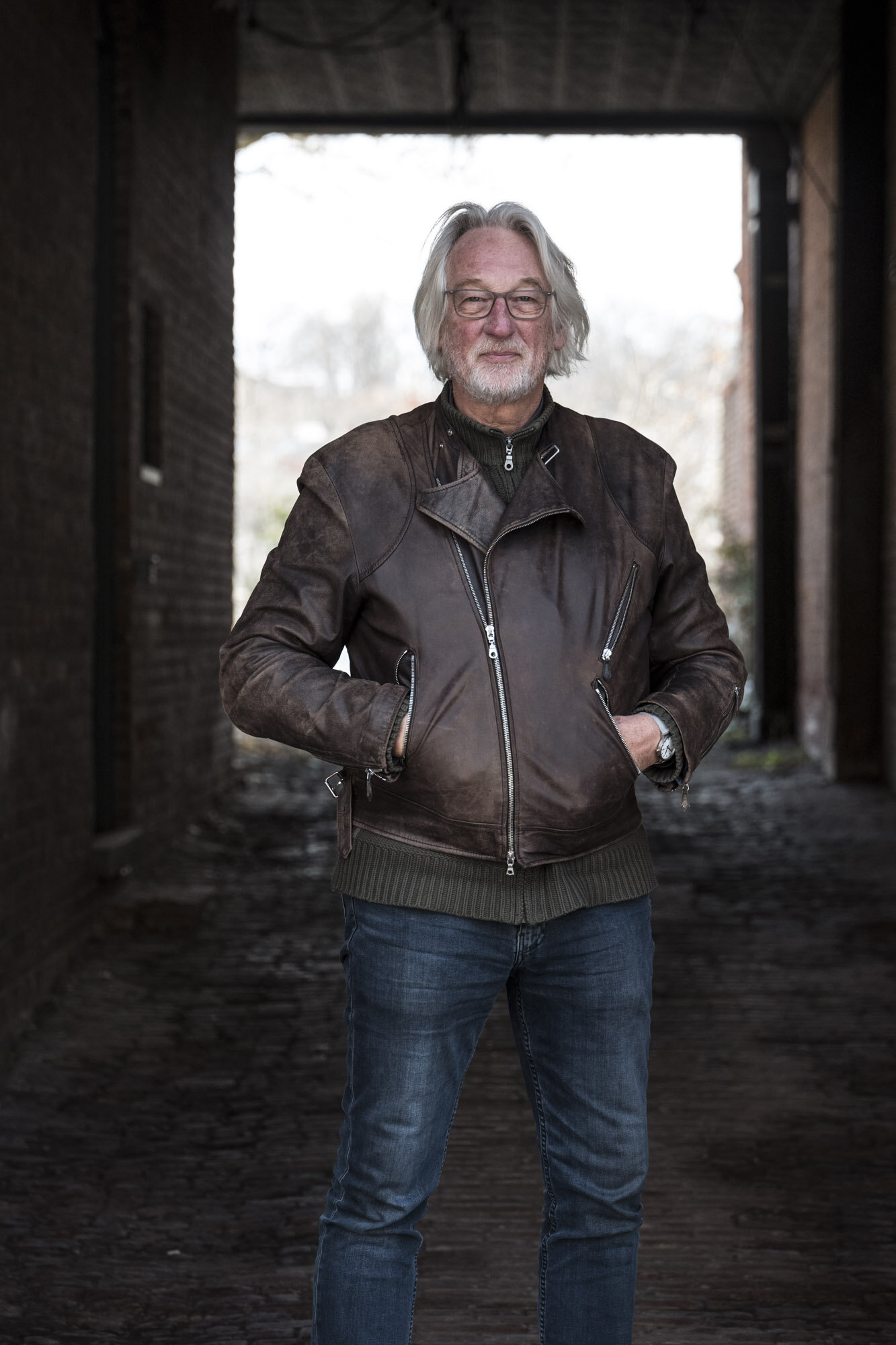
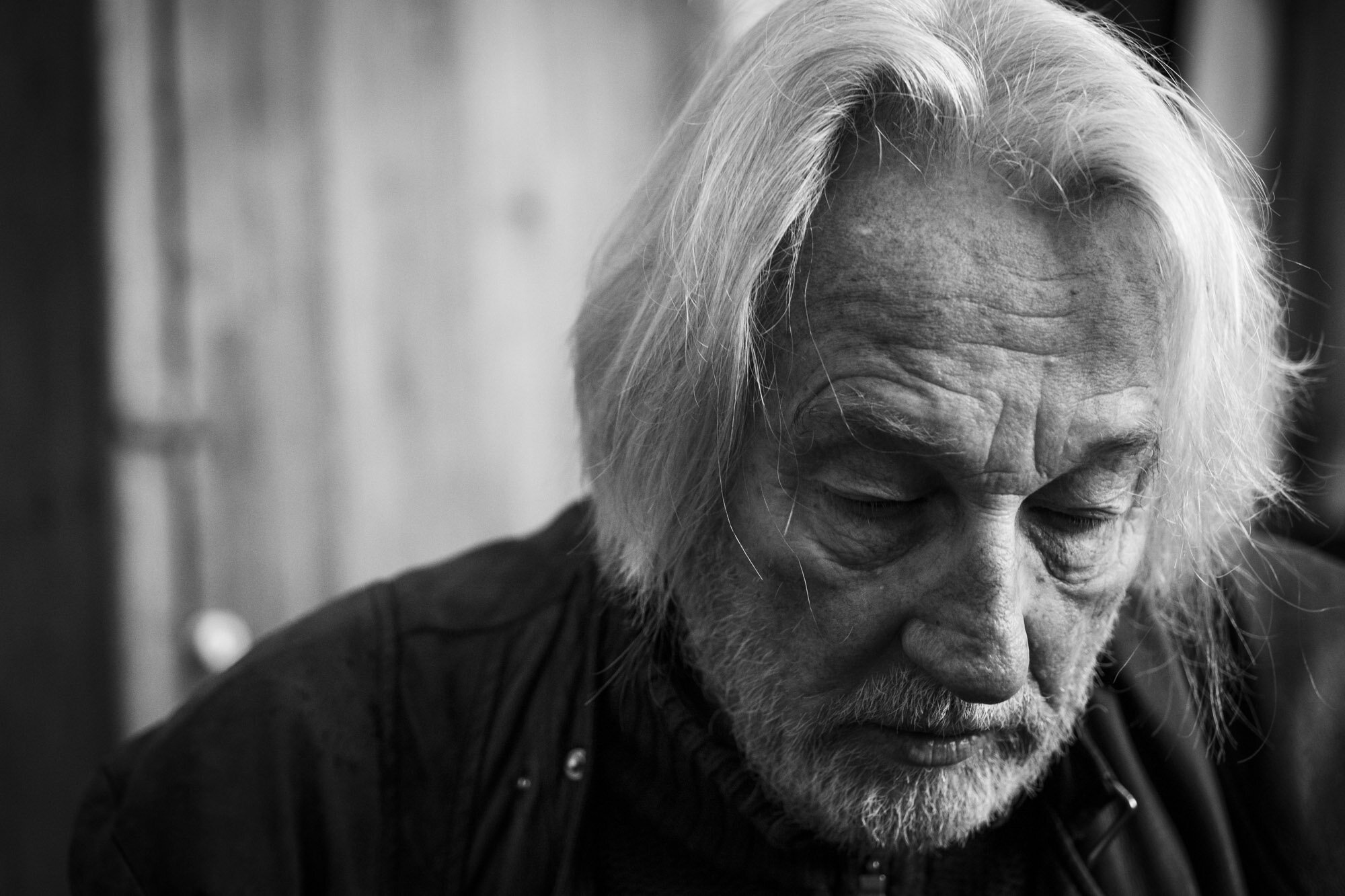
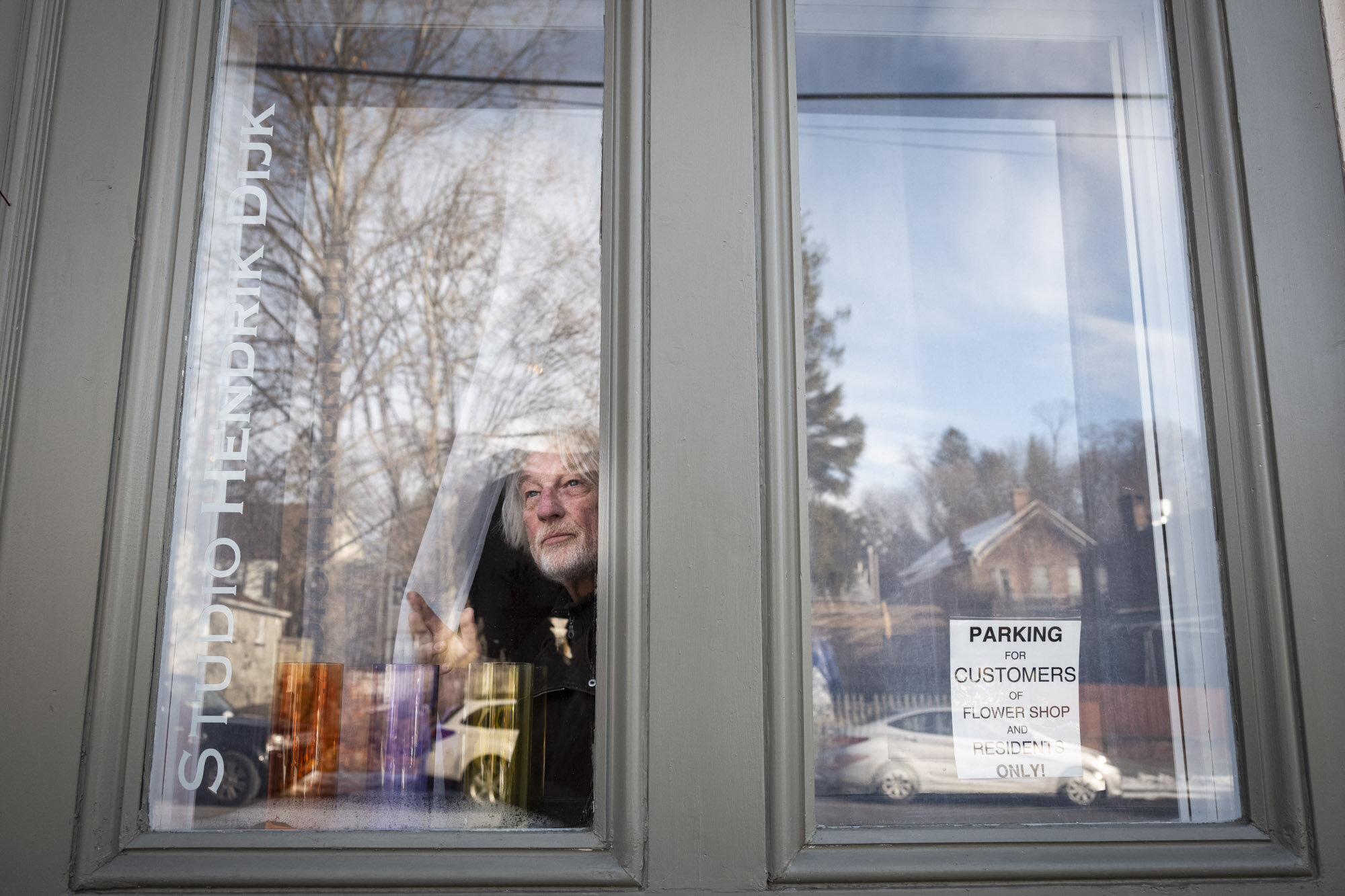
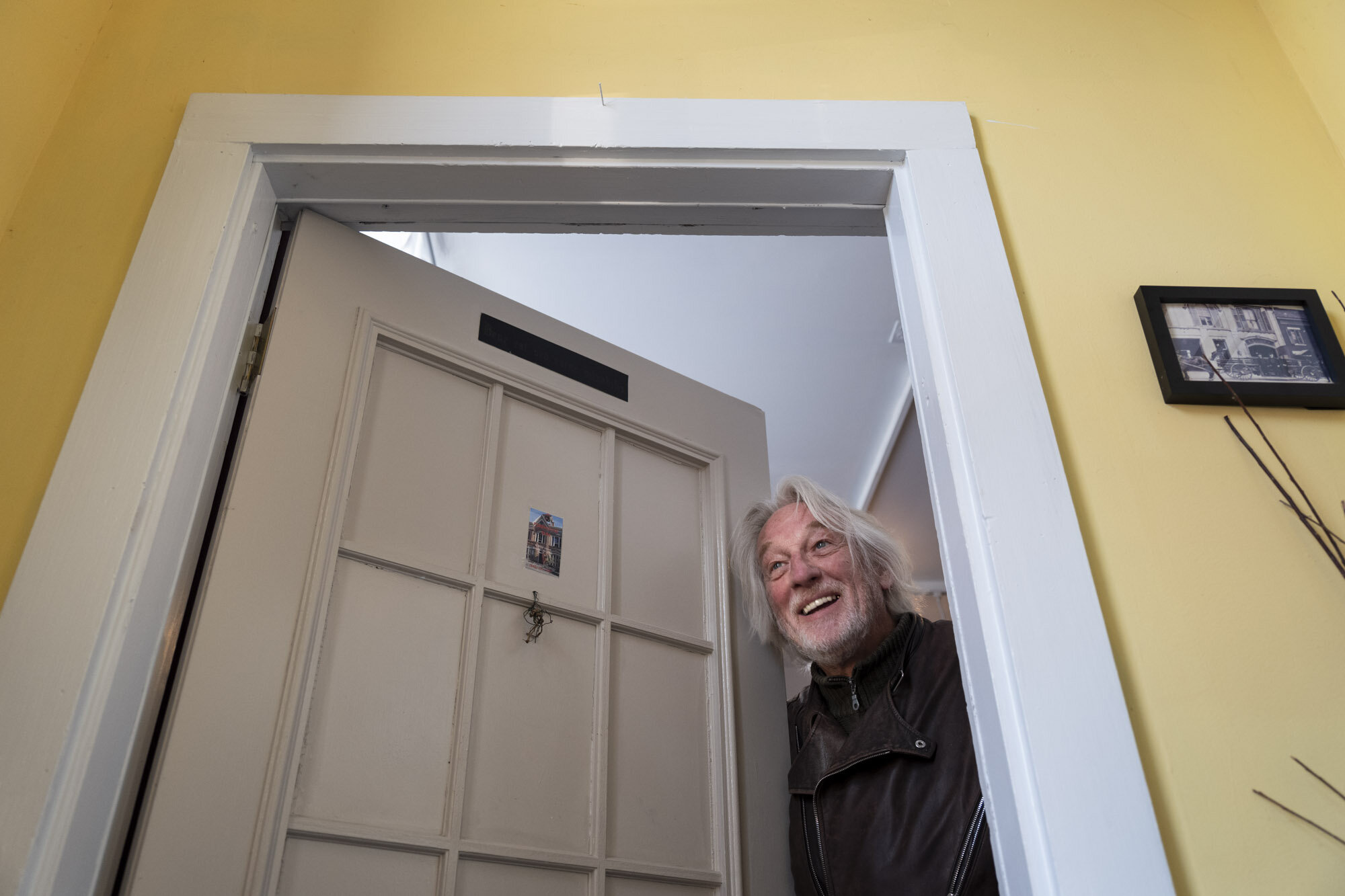
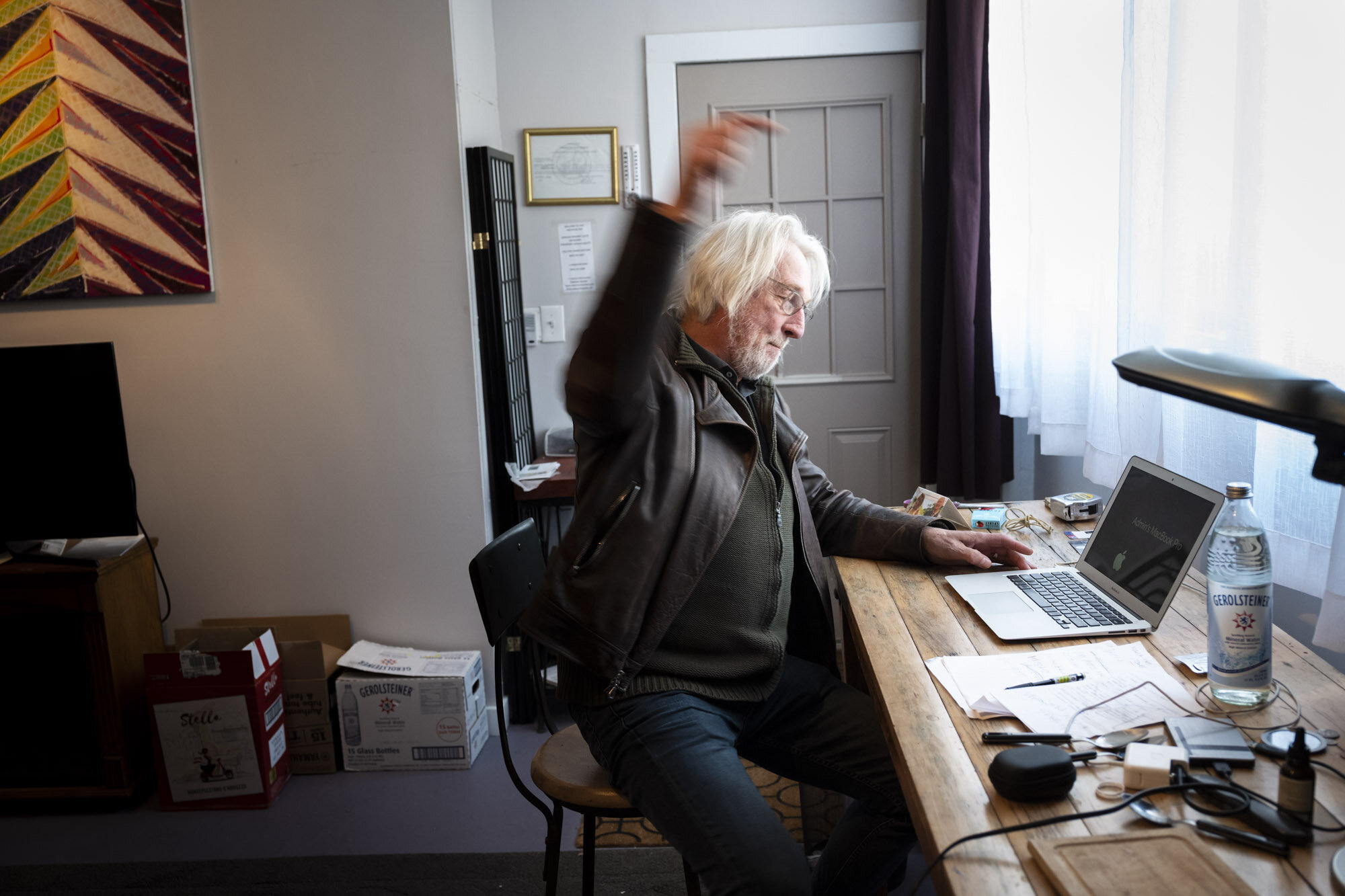
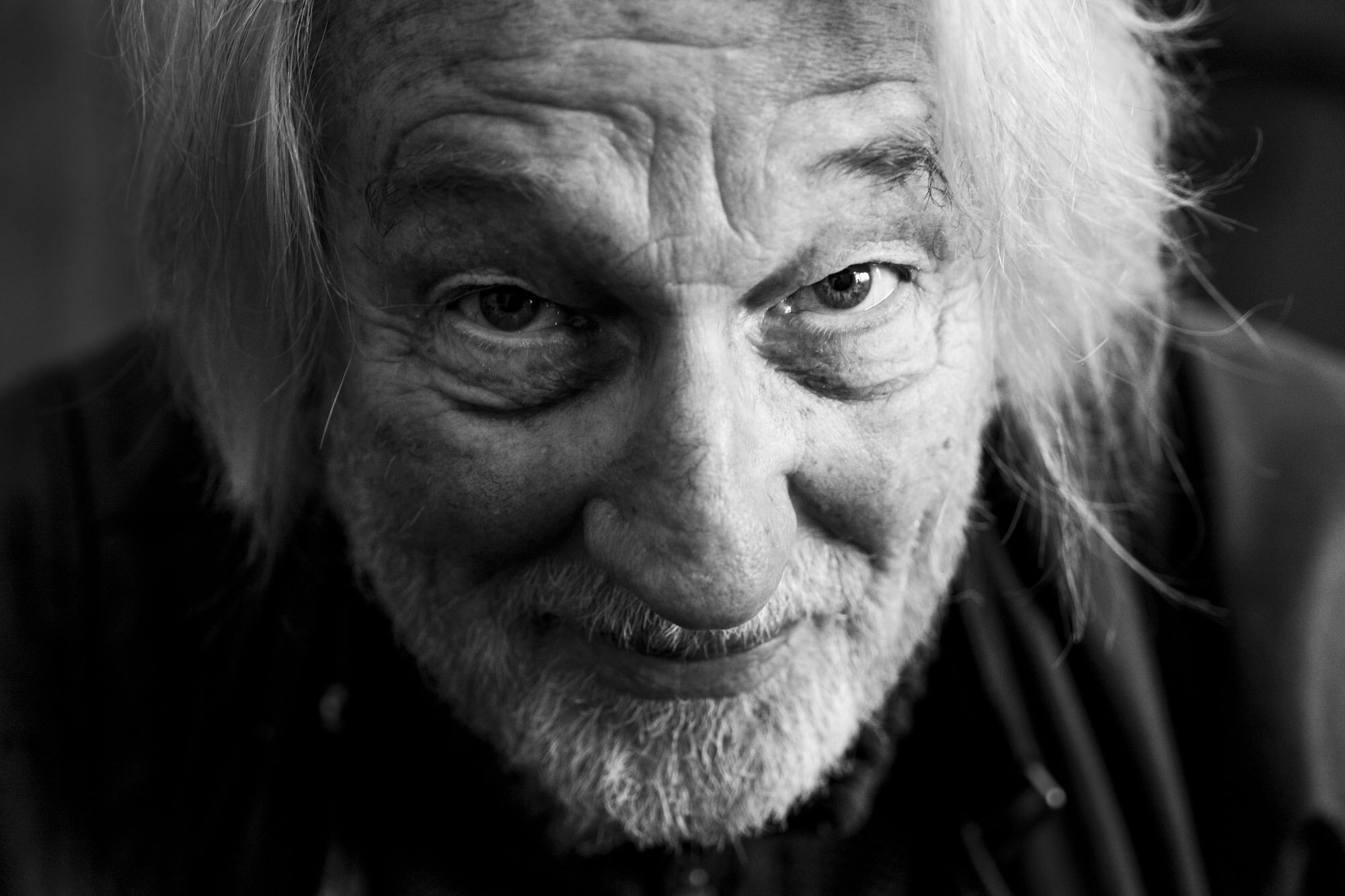
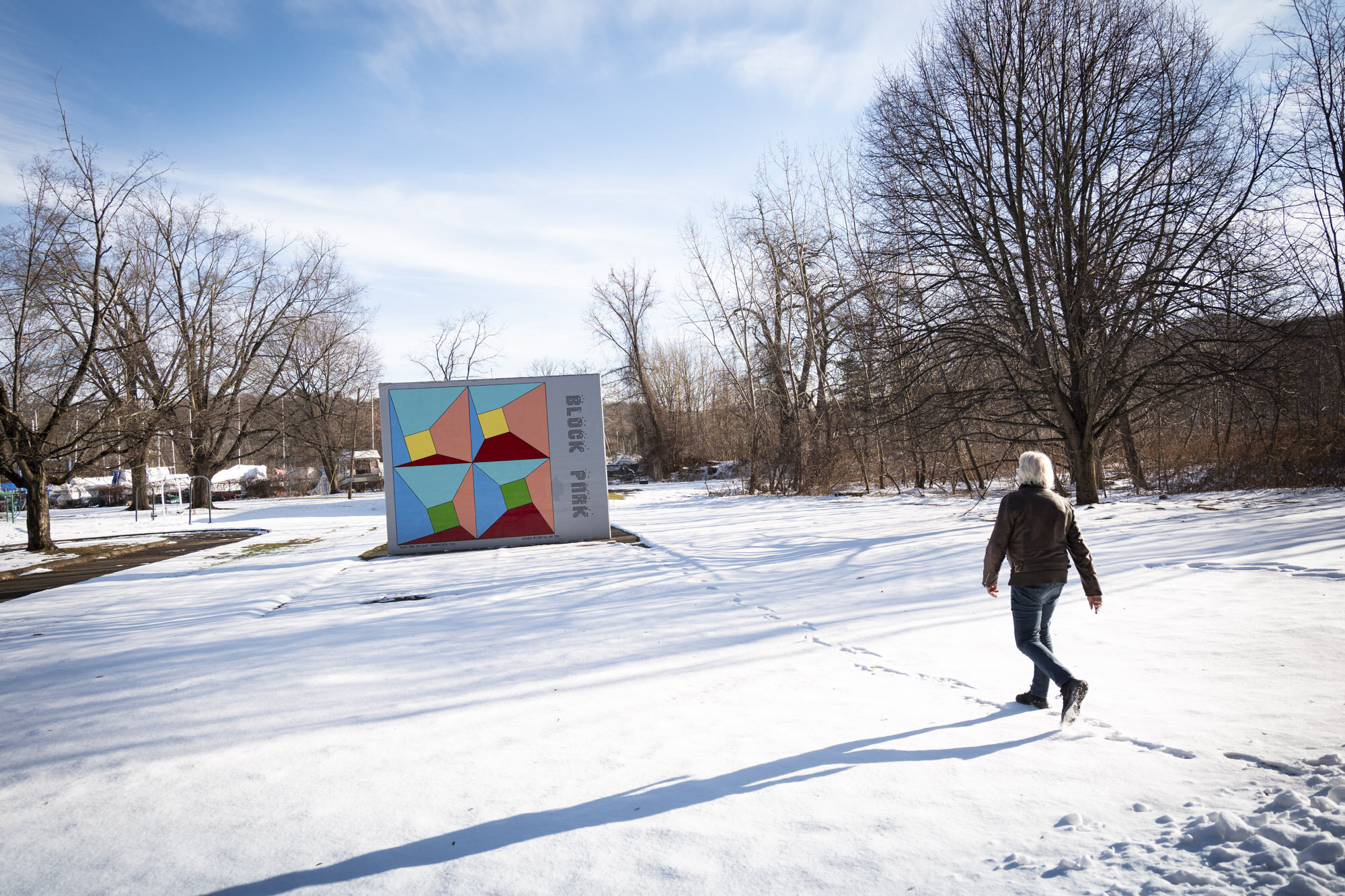
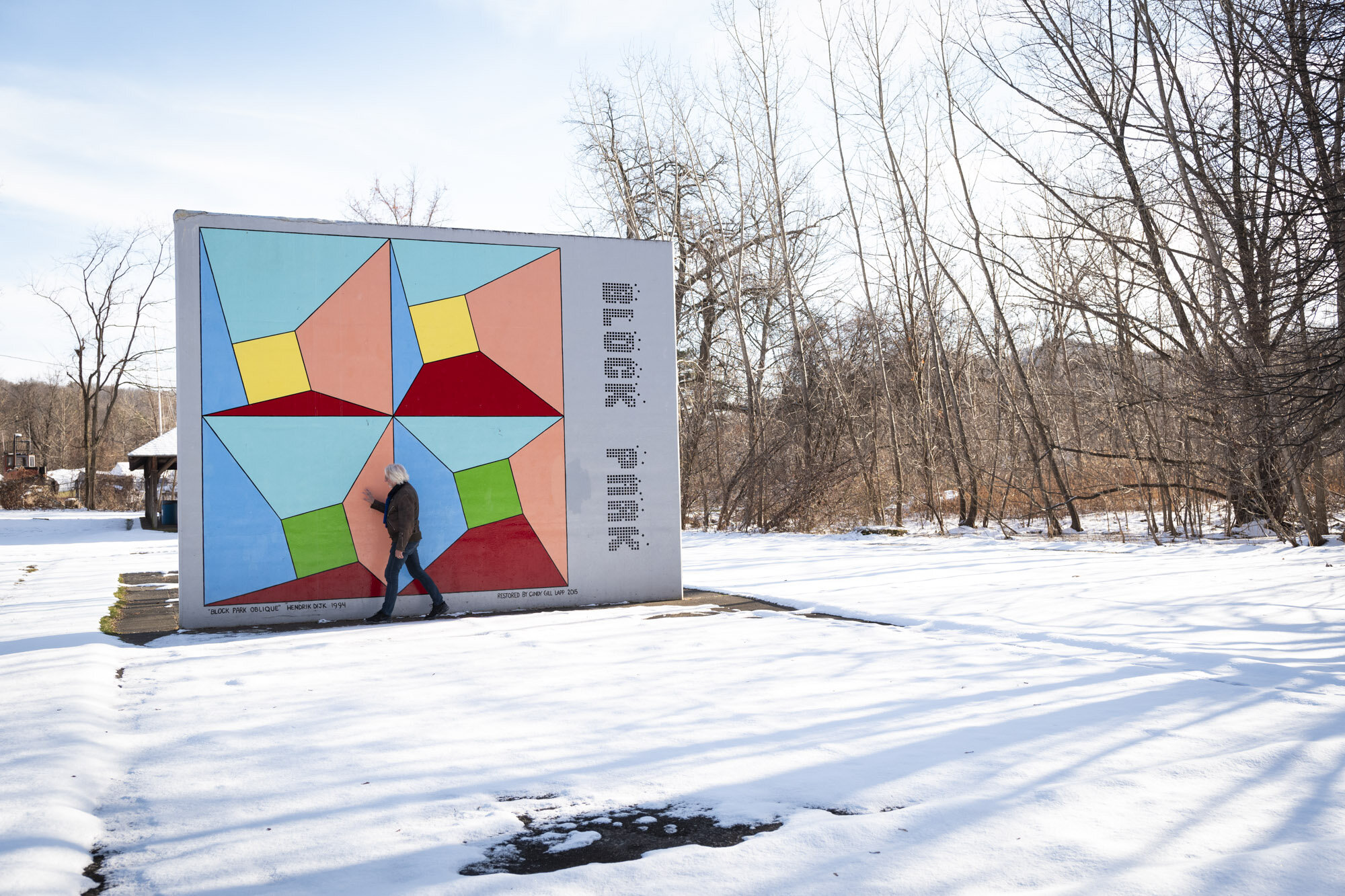
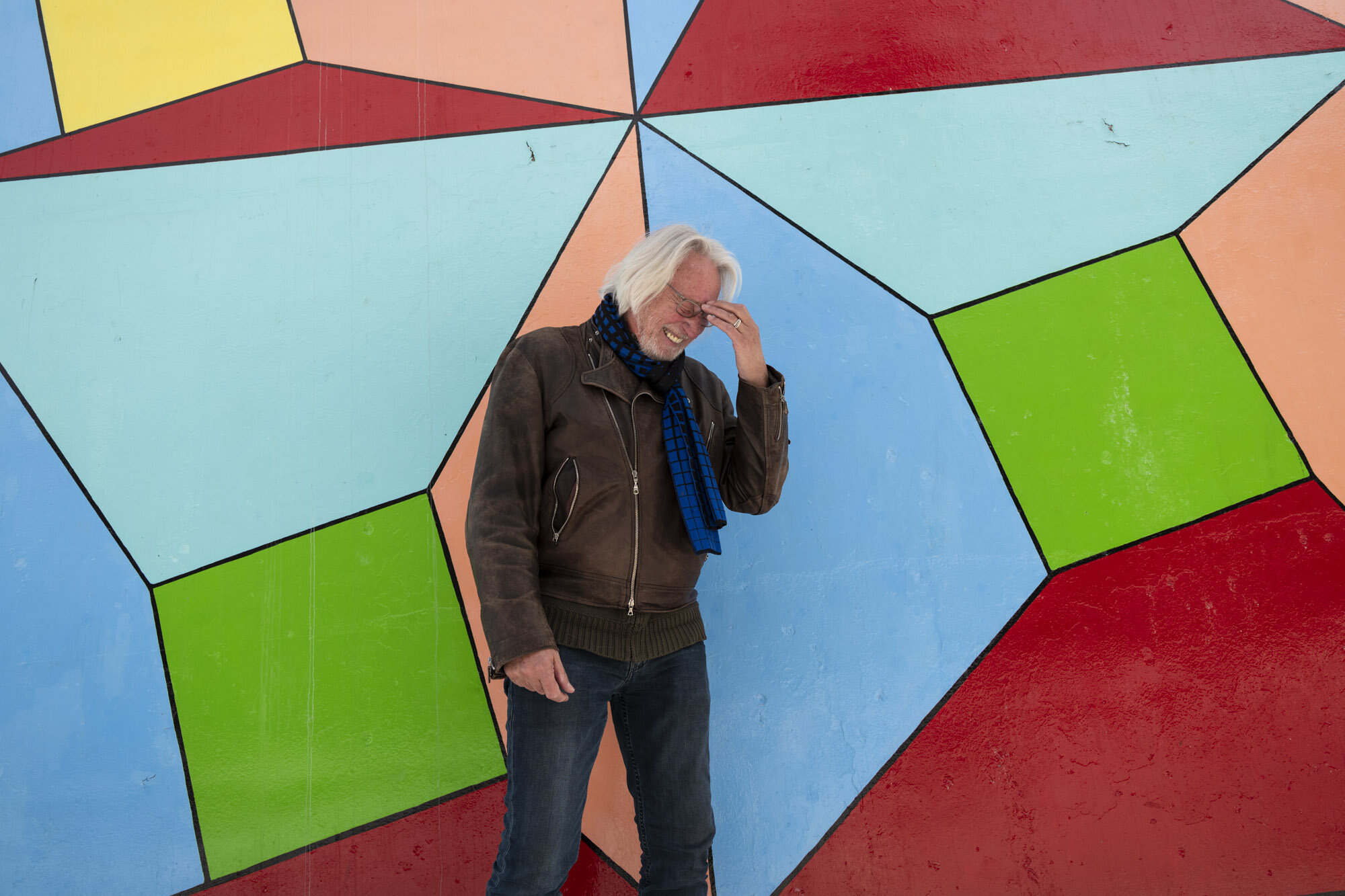
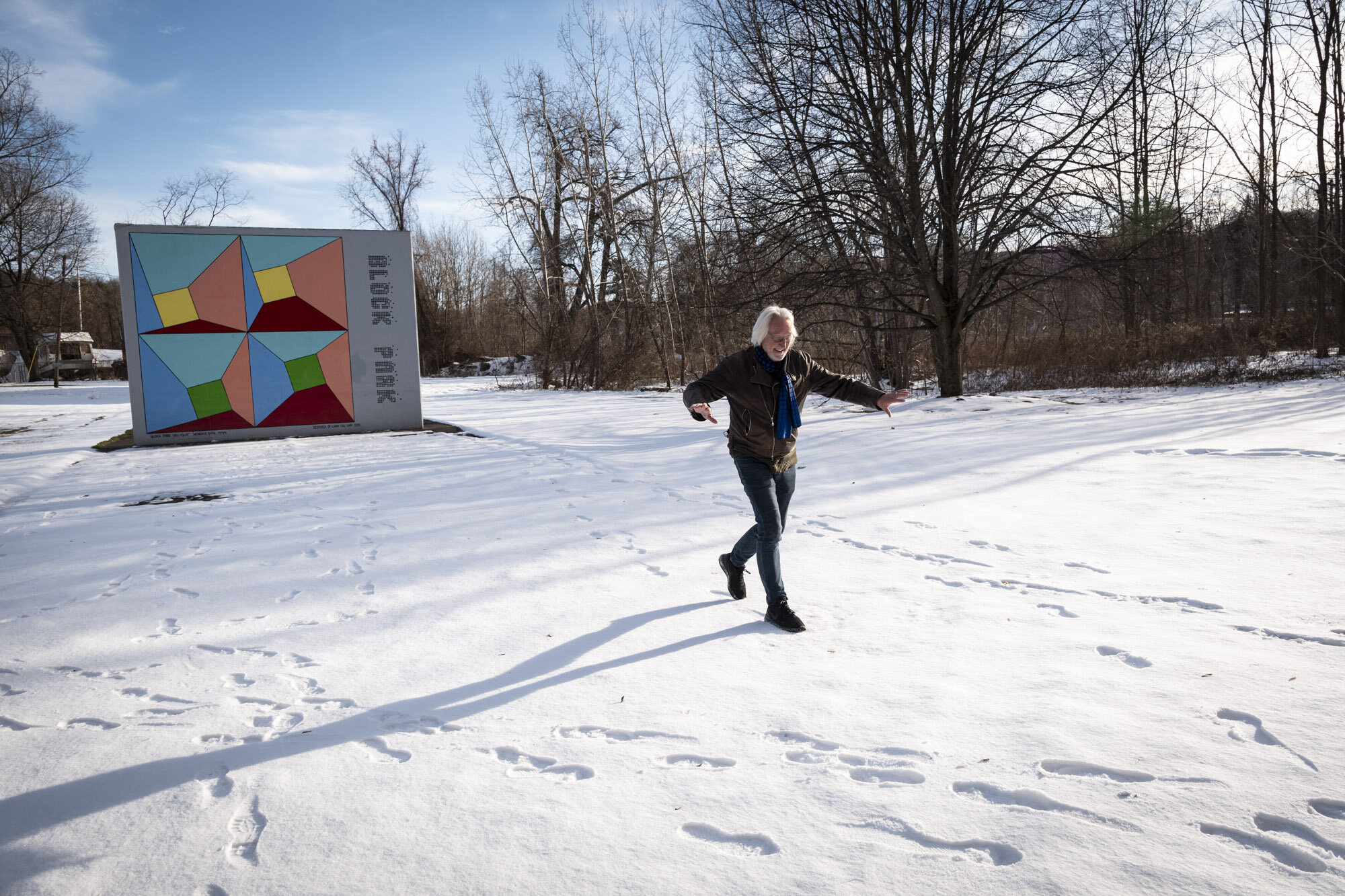
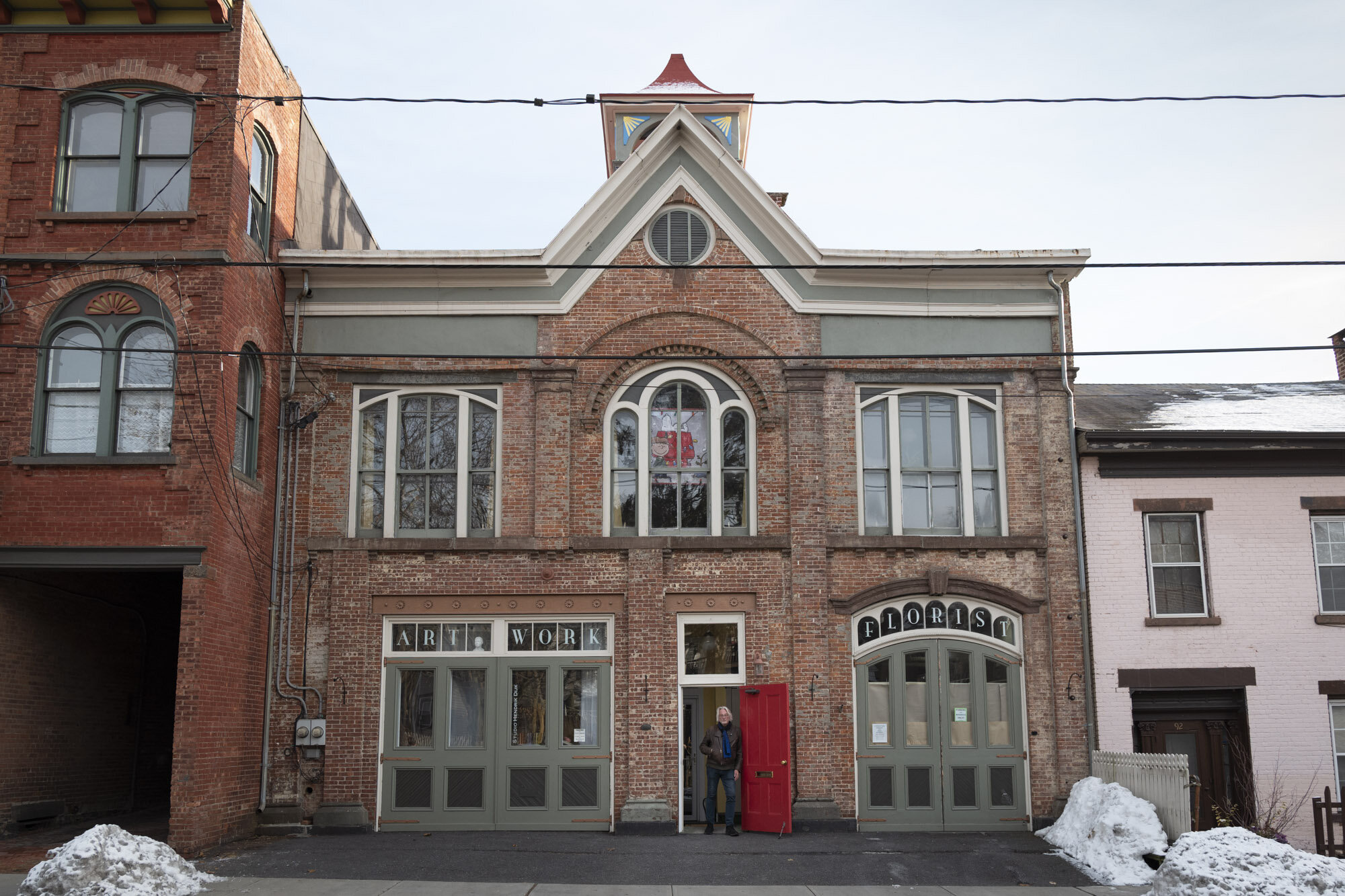
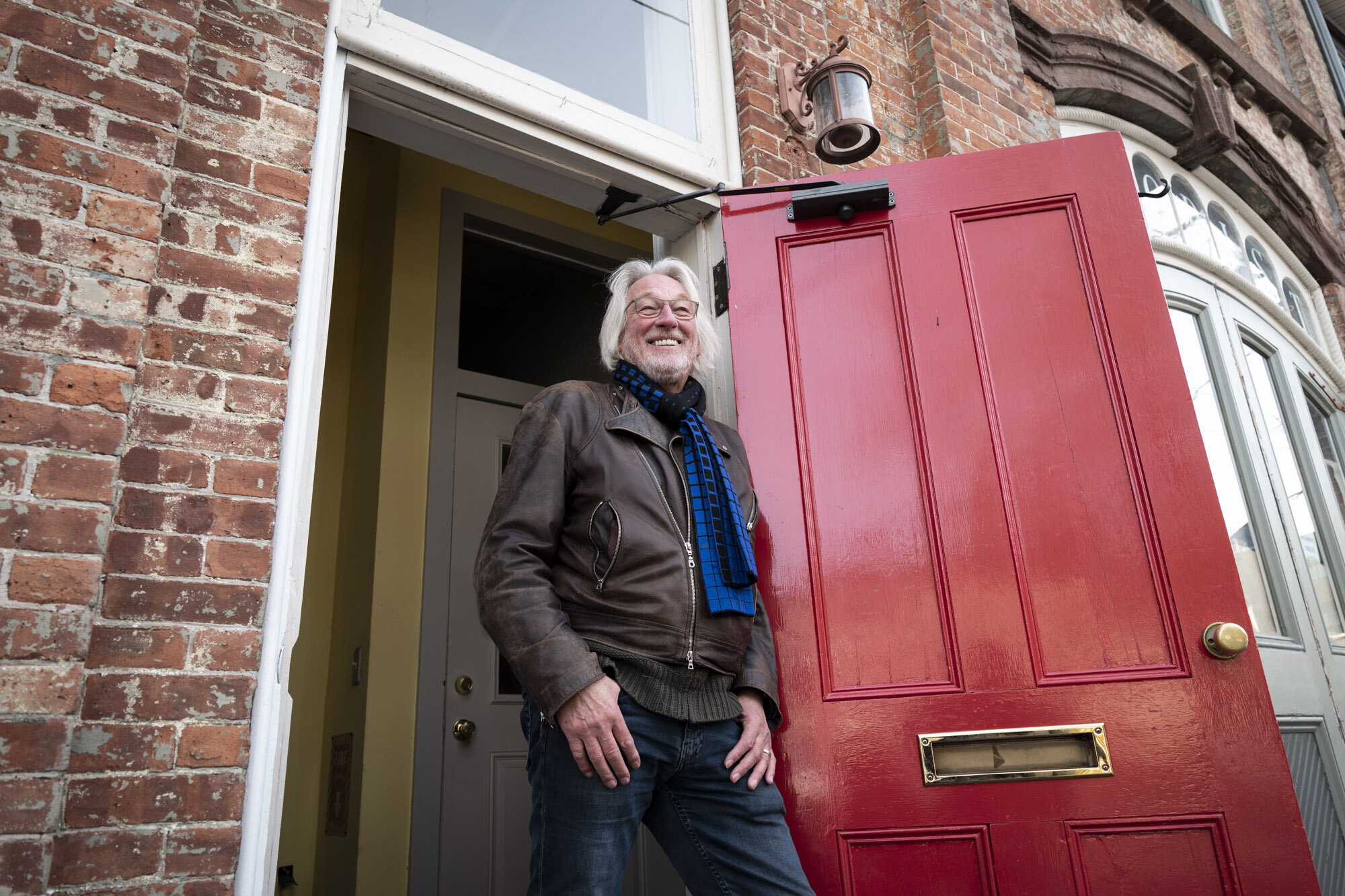
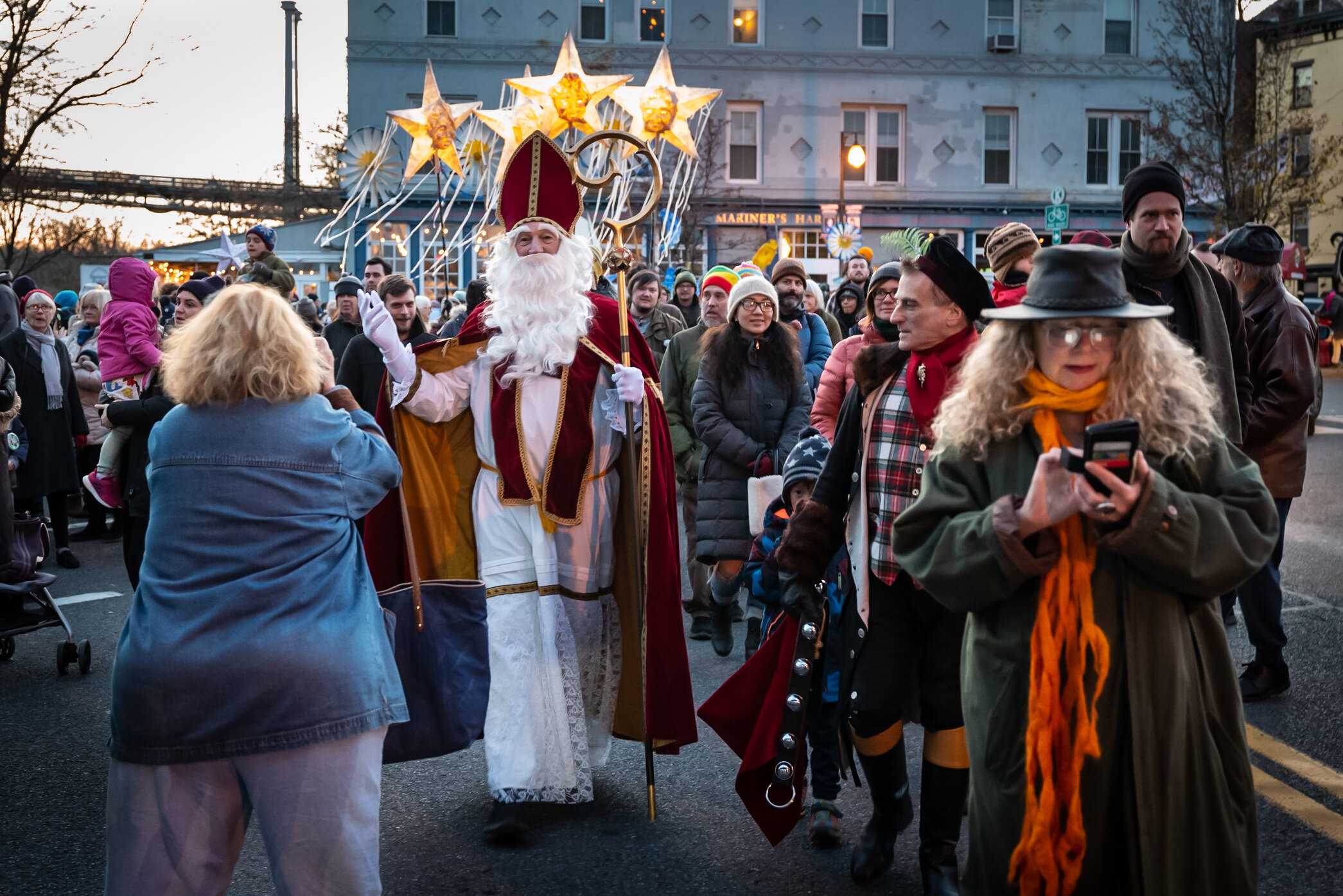
Interview with artist Hendrik (Henk) Dijk, also known once a year in Kingston and Rhinebeck as Sinterklaas (see last slide).
Who are you? My name is Hendrik Dijk. I have lived in Kingston for 30 years. I came here and in 1986 and in 2012 I moved back to the Netherlands, but for two months every year I spend in Kingston and I still feel that Kingston is my home just as much as my home in the Netherlands. I am a visual artist, got my undergraduate studies at the Rietveld Academy in Amsterdam in ceramics and architecture. And then I got my Masters in New York city at the New York Academy of Arts in sculpture and painting. My interest in photography over time has grown. So right now I would say I am doing more photography than painting and it keeps me busy.
How long have you been in Kingston? I came here in 1986 and I moved to the Netherlands in 2012 so we're looking at a good almost 30 years that I have been here.
What gives you joy about Kingston? When we came here, we did not know whether we would continue here or live here, but Kingston impressed me in a few ways. Everybody knows that it is on a great location- right at the river, at the foot of the Catskills. That's gold. Then you see that in 1986 I looked at the architecture here and although there was a lot of work to be done on the buildings, as an artist you look straight through that and you go like, wow. In terms of architecture it is also very attractive. What I like most about Kingston is the people, because I come from blue collar background and I do not care for societies where you are first looked up and down, to find out where you belong and where you come from. Kingston people greet you in the street and they communicate with you, but they also leave you alone. I mean they accept you for who you are. That's why a lot of goats like me found a home here because we were not looked at like who are you and this and that. Then you were just a human being. And then when we as artists started to get active in the community with the first sculpture show in 1995 and also the founding of the Art Society of Kingston, we were helped by City Hall. So I love the fact that in Kingston there is this egalitarian type of spirit where you are looked at as a human being first.
What, if anything, would you change about Kingston? I, along with a lot of people, am very concerned that the young folk are driven out because they have to work three jobs before they can actually find an apartment. This to me is a grinding thing. It’s complex. And being in the Netherlands the same problem exists there. You want to live in Amsterdam. It is impossible. And so for me that, that that is the thing - there should be great effort to address that.
What is your secret hope for your future? The secret hope is that the amount of time I have left and the amount of money I have will be in balance. And for the rest, unless I am working on a project, I'm not alive. So I just, you know, hope that my body will support me in that.
Rob Sweeney
“I’m passionate about creating places of beauty, places for people to open up and to feel safe in, places of community. ”
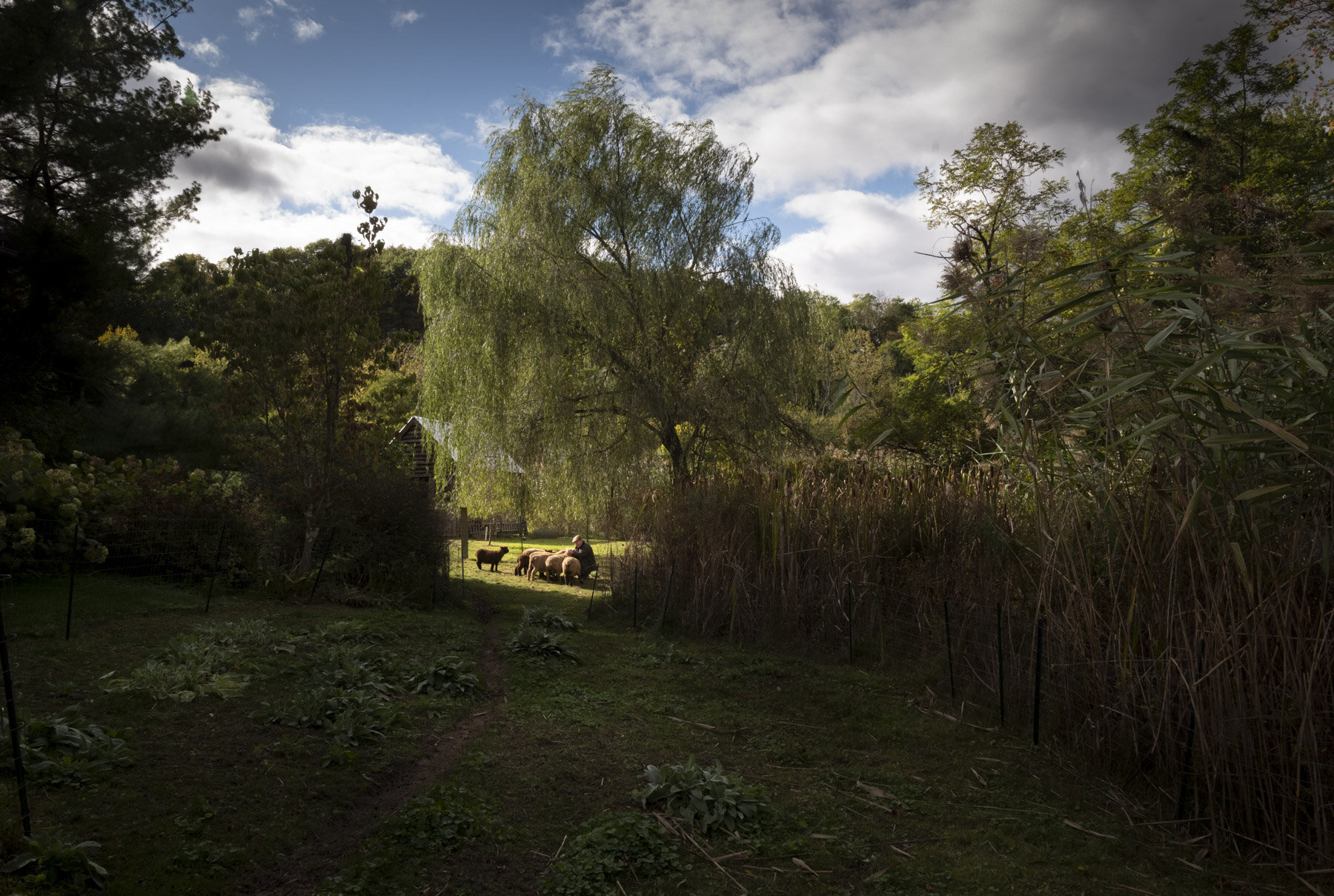
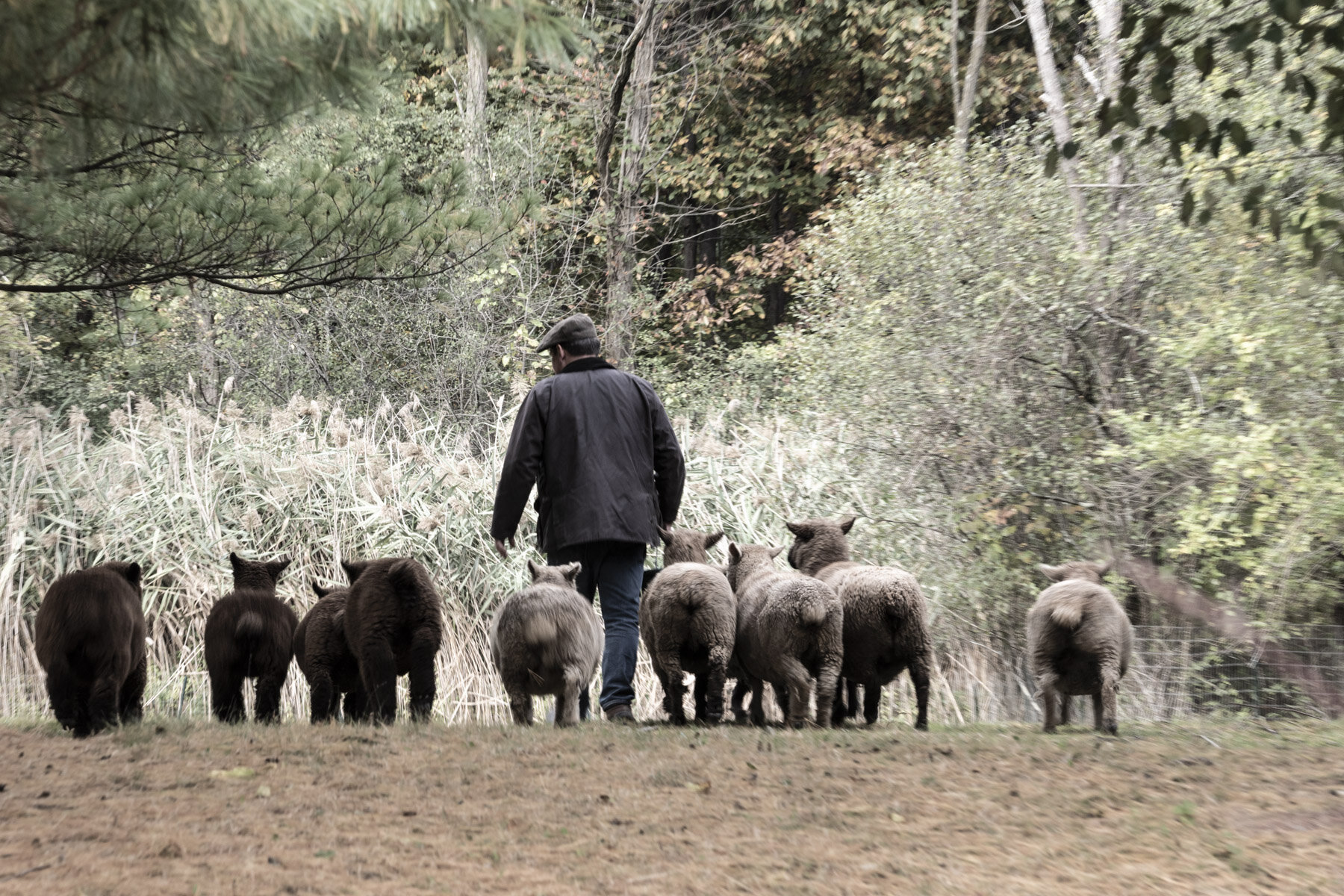
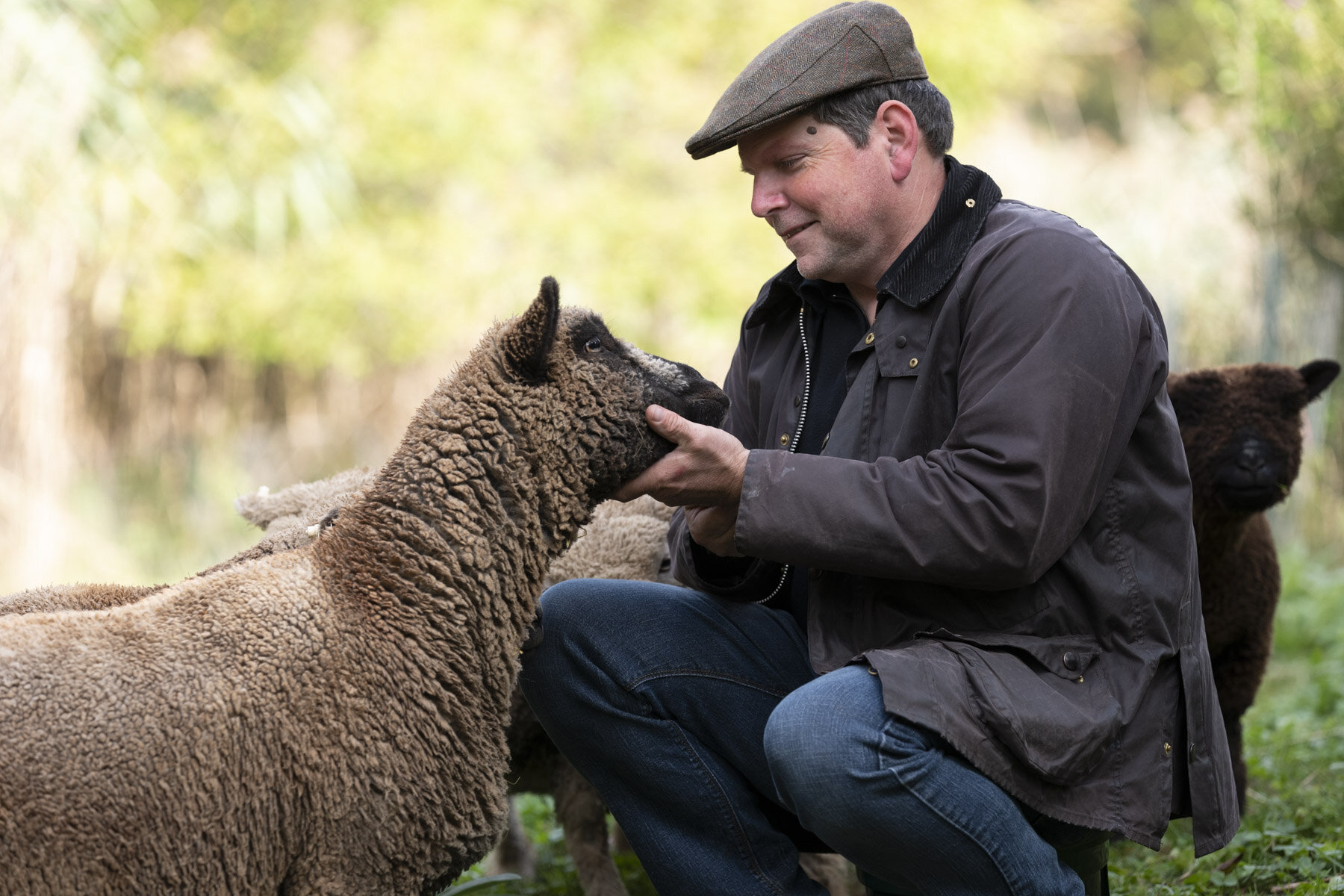
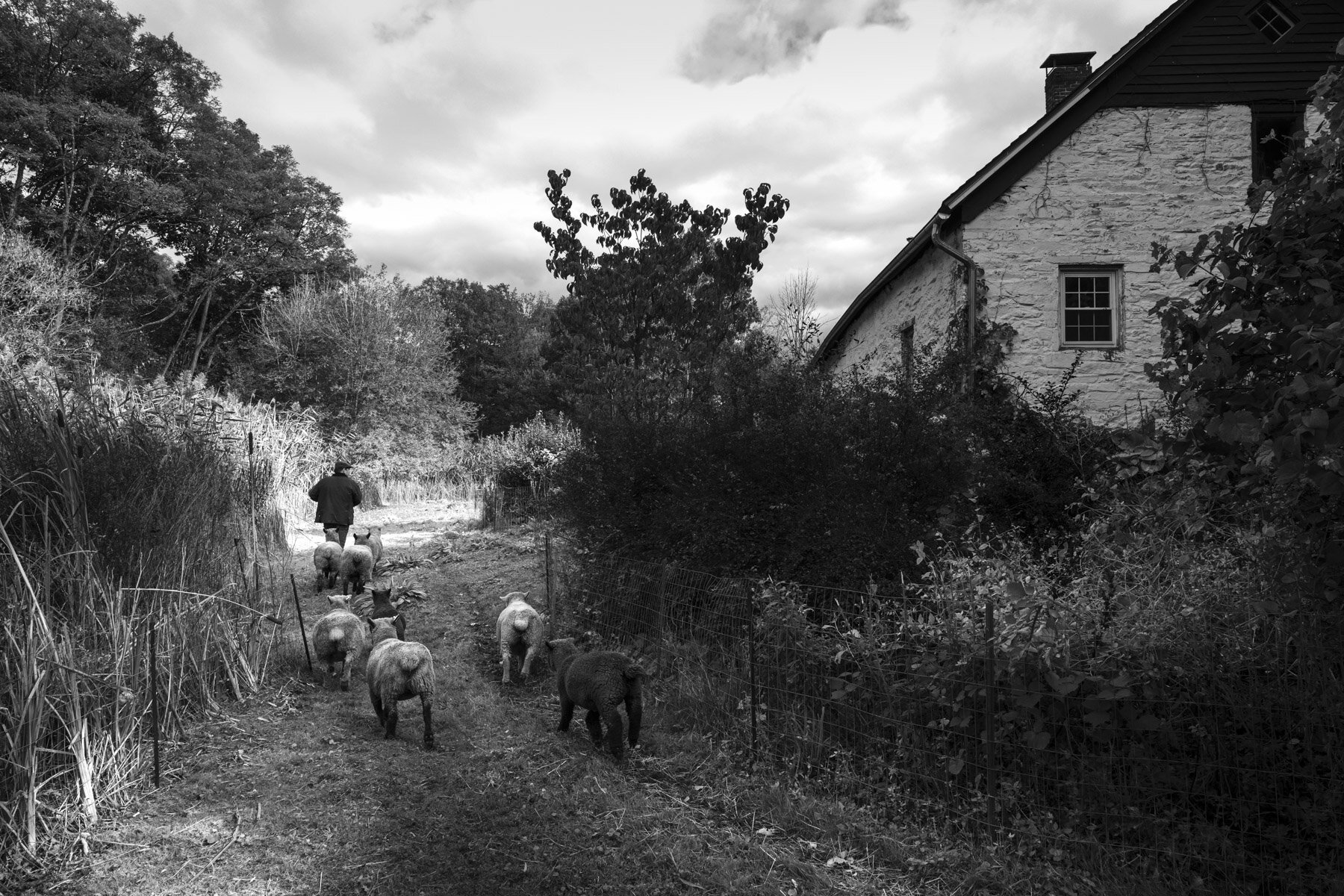
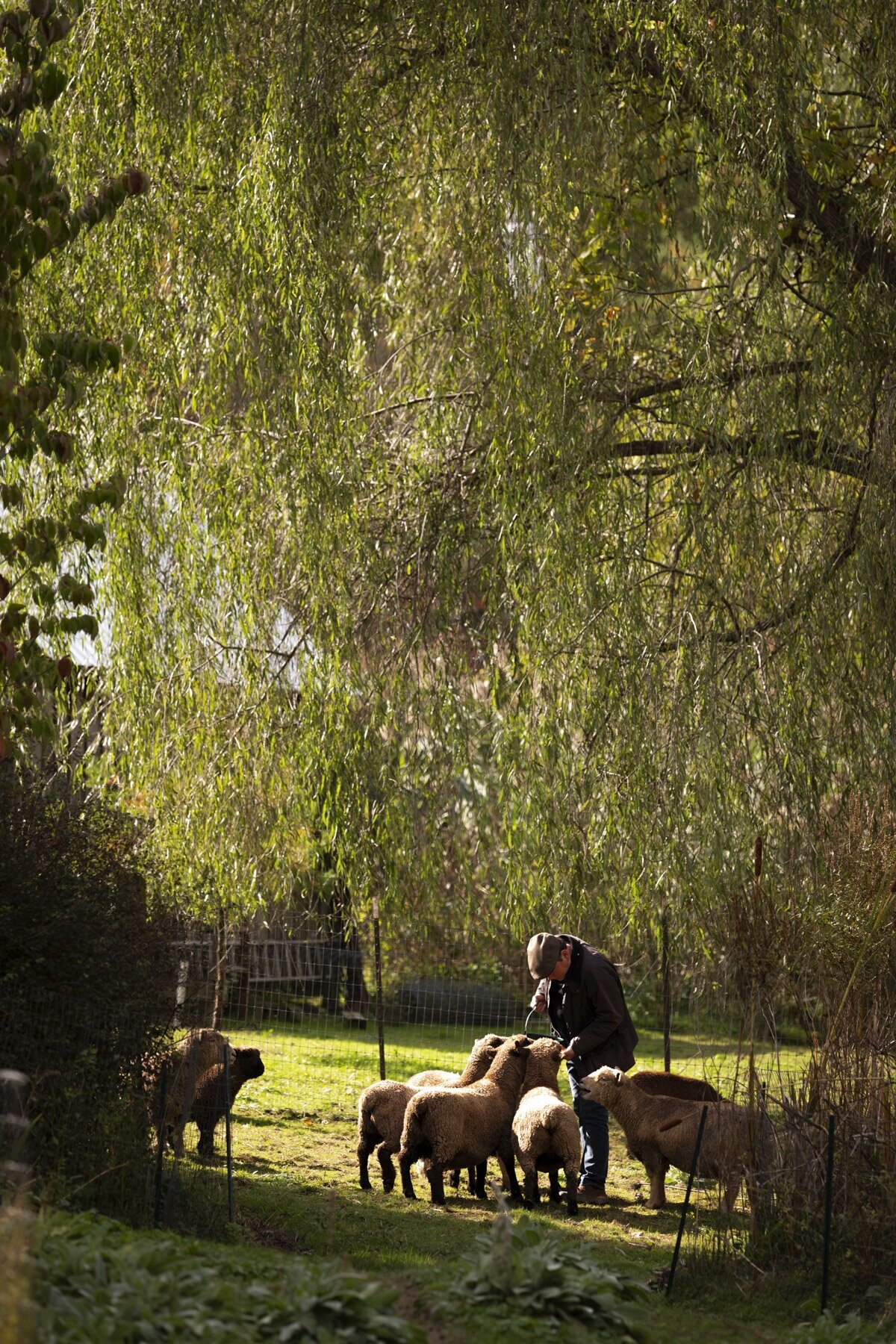
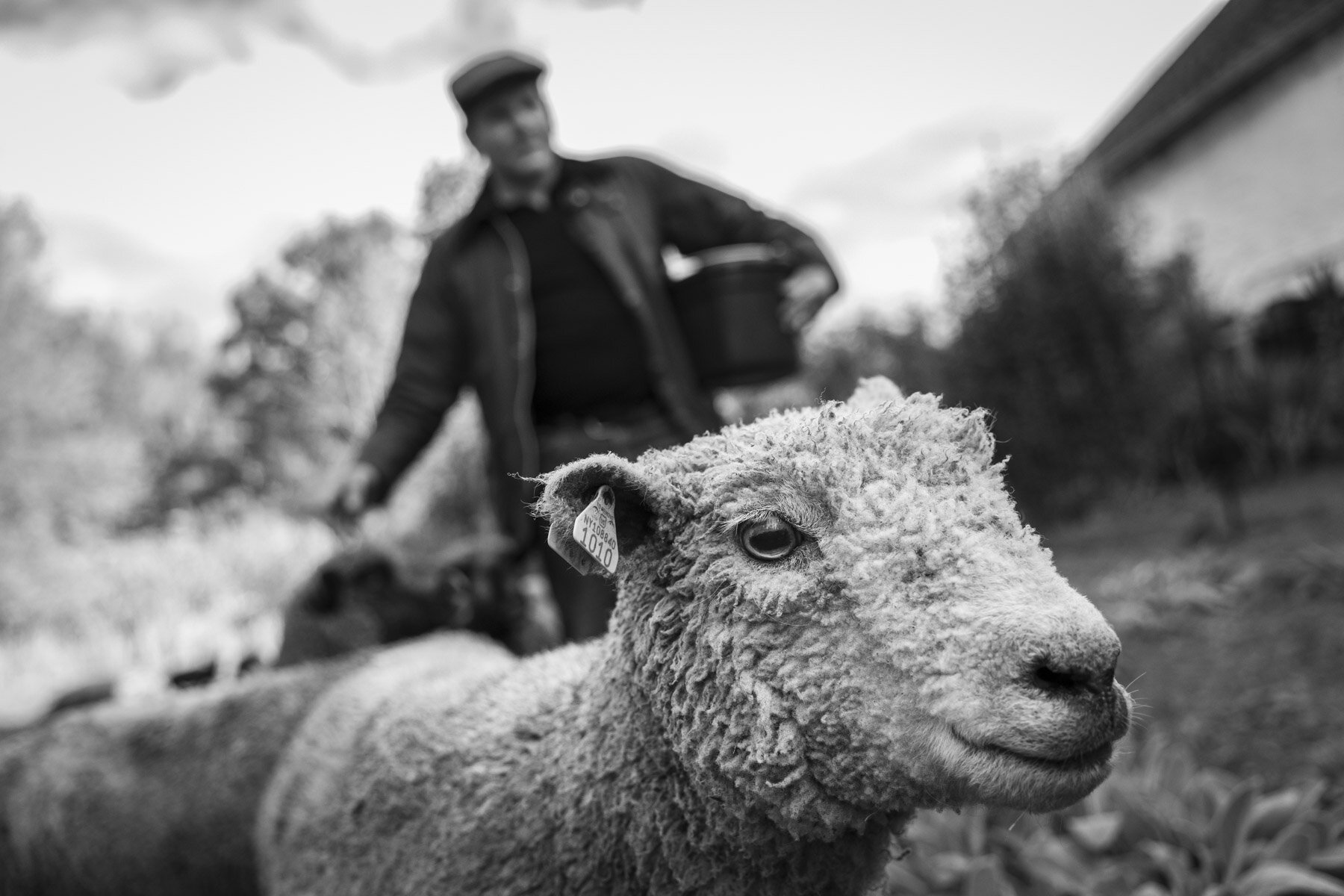
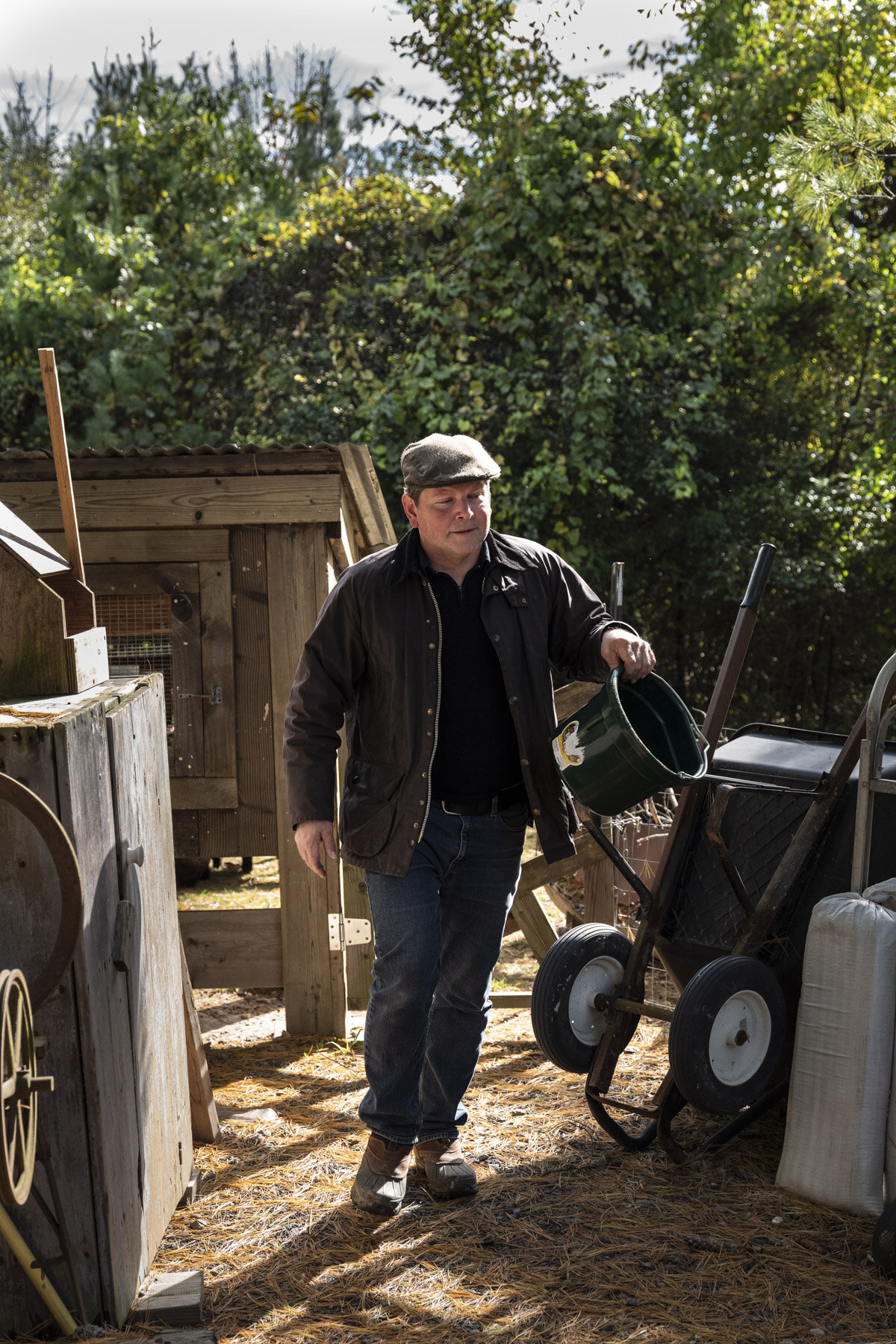
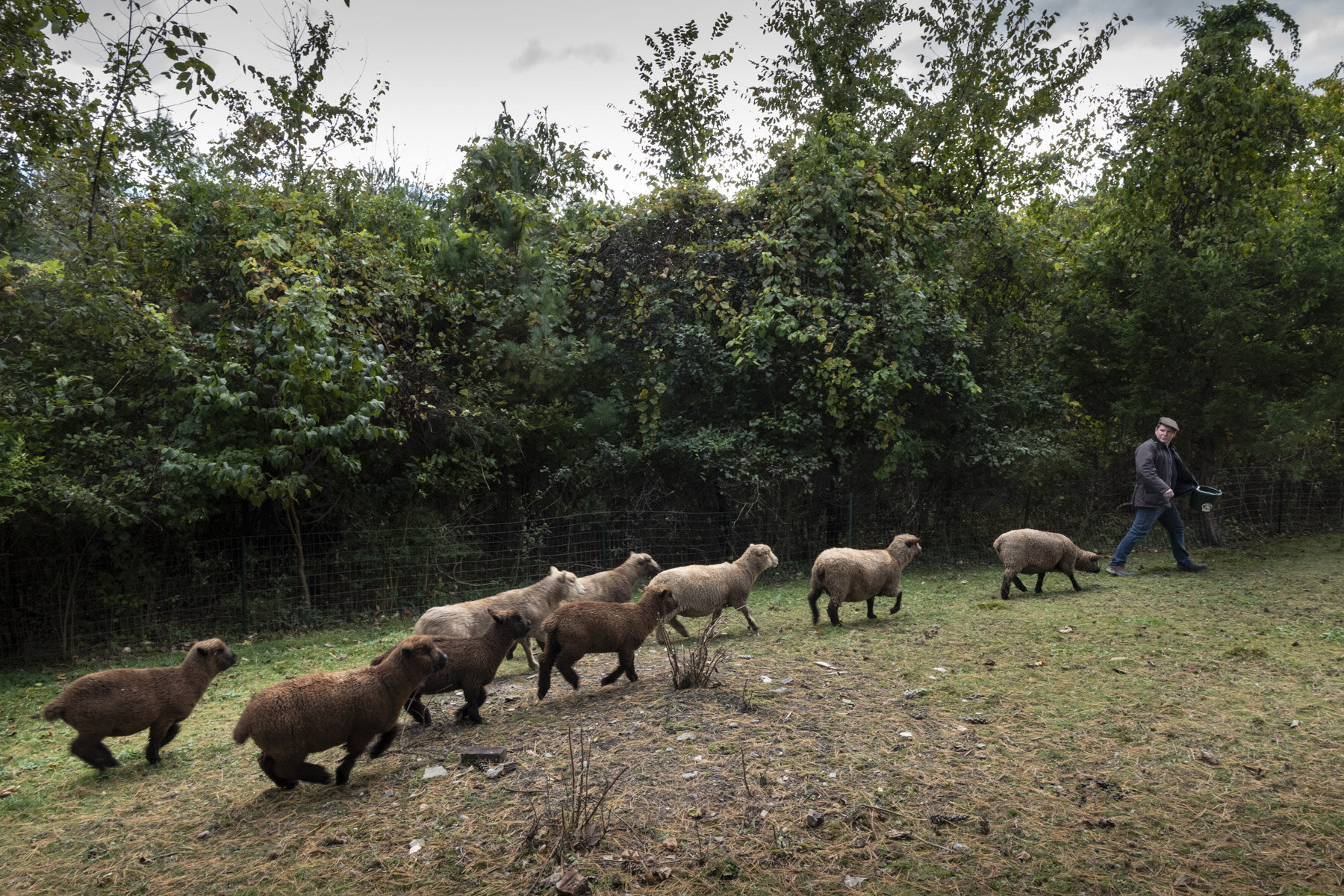
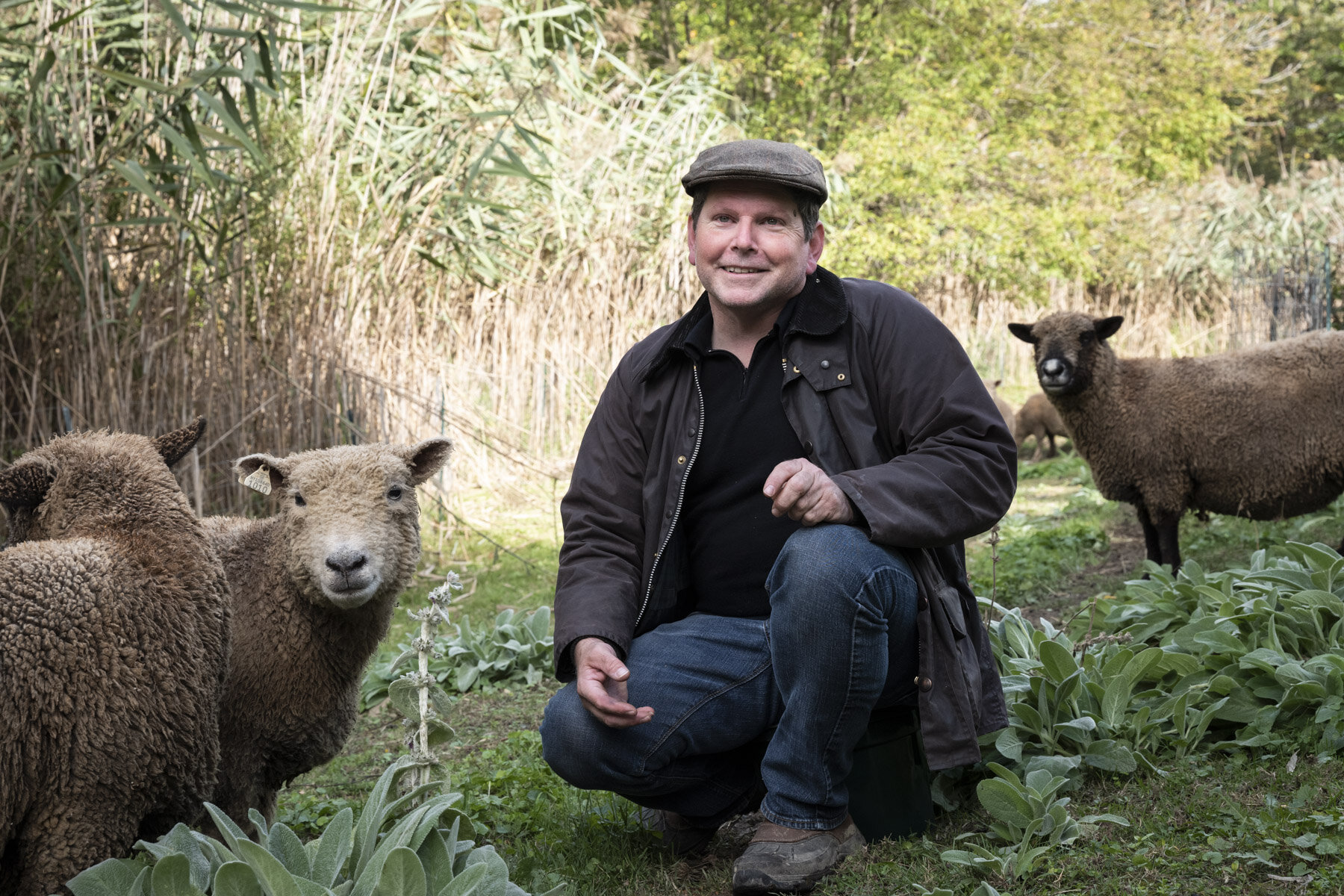
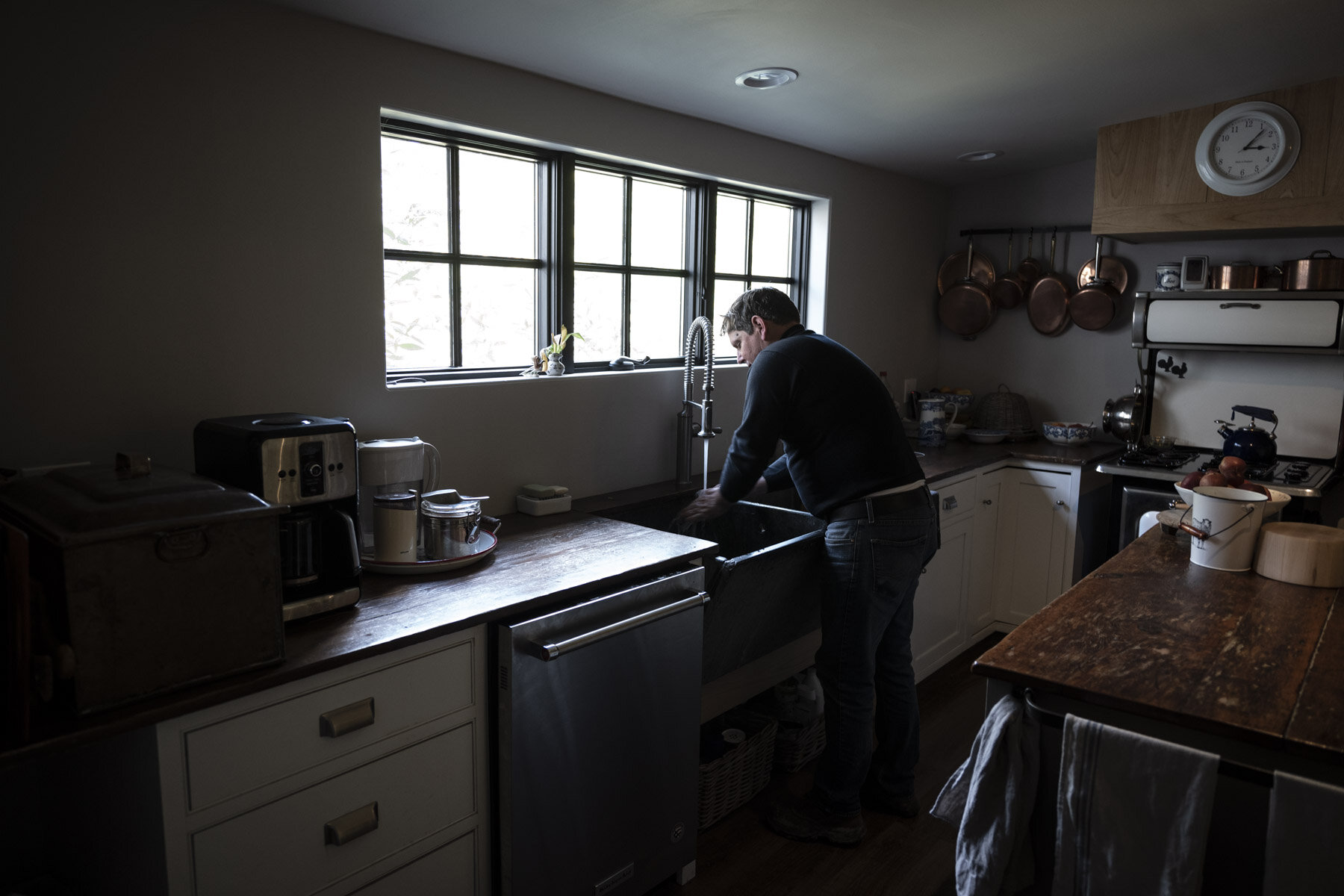
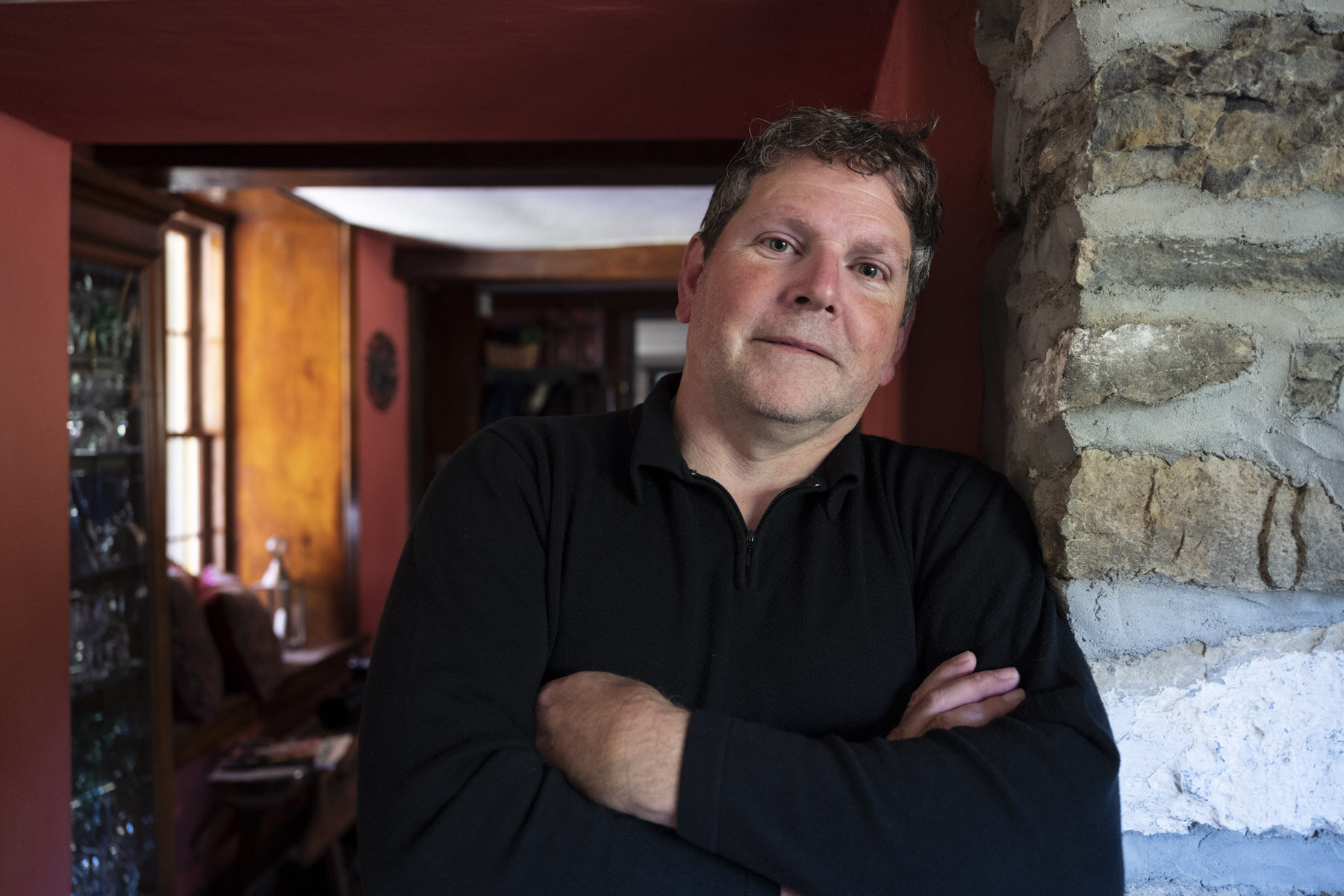
Who are you? I'm Rob Sweeney. I'm passionate about creating places of beauty, places for people to open up and to feel safe in, places of community. I feel that beautiful places sets people at ease. It also is a way of welcome. All of the environment, the natural environment around us is a way to receive welcome from the creator. And I'm really about celebrating that, enjoying it, and being grateful for it.
How long have you been in Kingston? I've been in Kingston my whole life. My family are from Kingston and I was born in Kingston hospital, but my mother's ancestry goes all the way back to the 1650's here. I'm sort of one of those folks who are straddling the historical with my mom's side and the newcomer and my father's side. I think that's one of the gifts I have to offer to the community is this balance between the old time welcome and the new time innovation.
What gives you Joy about Kingston? I think the natural beauty of Kingston. Often times we hear people coming in, they're discovering Kingston as if those of us who haven't been here all our lives don't know anything about it. And I think as a young child, the beauty of the river, swimming in the river, camping in the mountains, hiking amongst the trees, there's all these little forest pockets in Kingston––I used to play in those when I was young. It has really bonded me to the location. Coming from a family that has also been here for a few hundred years, I believe we're made of this land. We farmed and we've had livestock, which graze off of this land. We eat those animals, we eat those vegetables. We're part of this land and I think that's part of just the beauty and the joy of just remembering that we're here to share this land. But in that sharing is to share the appreciation for it.
What, if anything, would you change about Kingston? I think because I'm also a historian, I recognize change is something that happens whether we want it to or not. Change is one of the constants in our lives. And I think that I embrace change. But what I would like to see happen in our future is that folks that might be new to the area, they wouldn't come in with the intention to colonize. I think when my Dutch ancestors came here, they called this the new land, obviously they called it Wiltwyck, the Wild Place. They thought of it as being something outside of their culture wanting to change it, wanted to cultivate it. Every time a change happens, something is lost. I would like to see Kingston to continue to grow, but also to embrace all of the things that we also are. There's a lot of great things in Kingston, which is exactly the reason why people are attracted to it. And I think we have to make sure we're caring for that. Make sure that the people who are here always have a home here.
What is your secret hope for the future? My secret hope, my hopes are never really personal. I mean, my hopes are communal. I think any hope that I have has to include other people. I am not who I am without those around me. I hope for the future that we work to create spaces that welcome lots of diversity. I want to be transformed. I know that I am not capable of transforming myself and I want to be transformed in the future. Therefore, I need people to do that. I need people from the outside, from all over the world to come. I mean, I'm sitting here waiting to be transformed and waiting for those friendships and relationships to happen. That's kind of what I want for the future.
Harris Diamant
“I try in my art-making to describe things that are mysterious and not fully understood by myself, and I think, Kingston fortifies that image.”
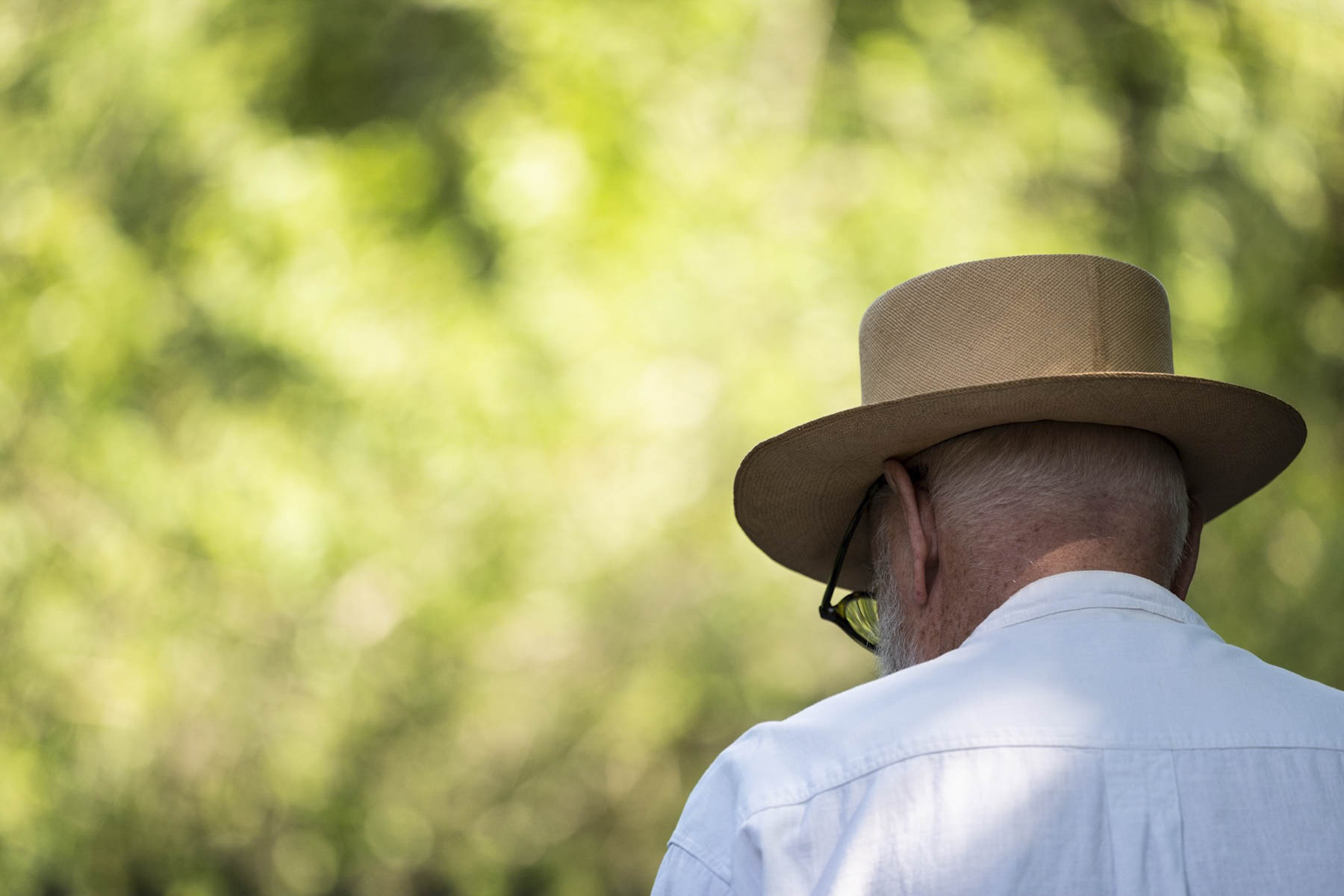
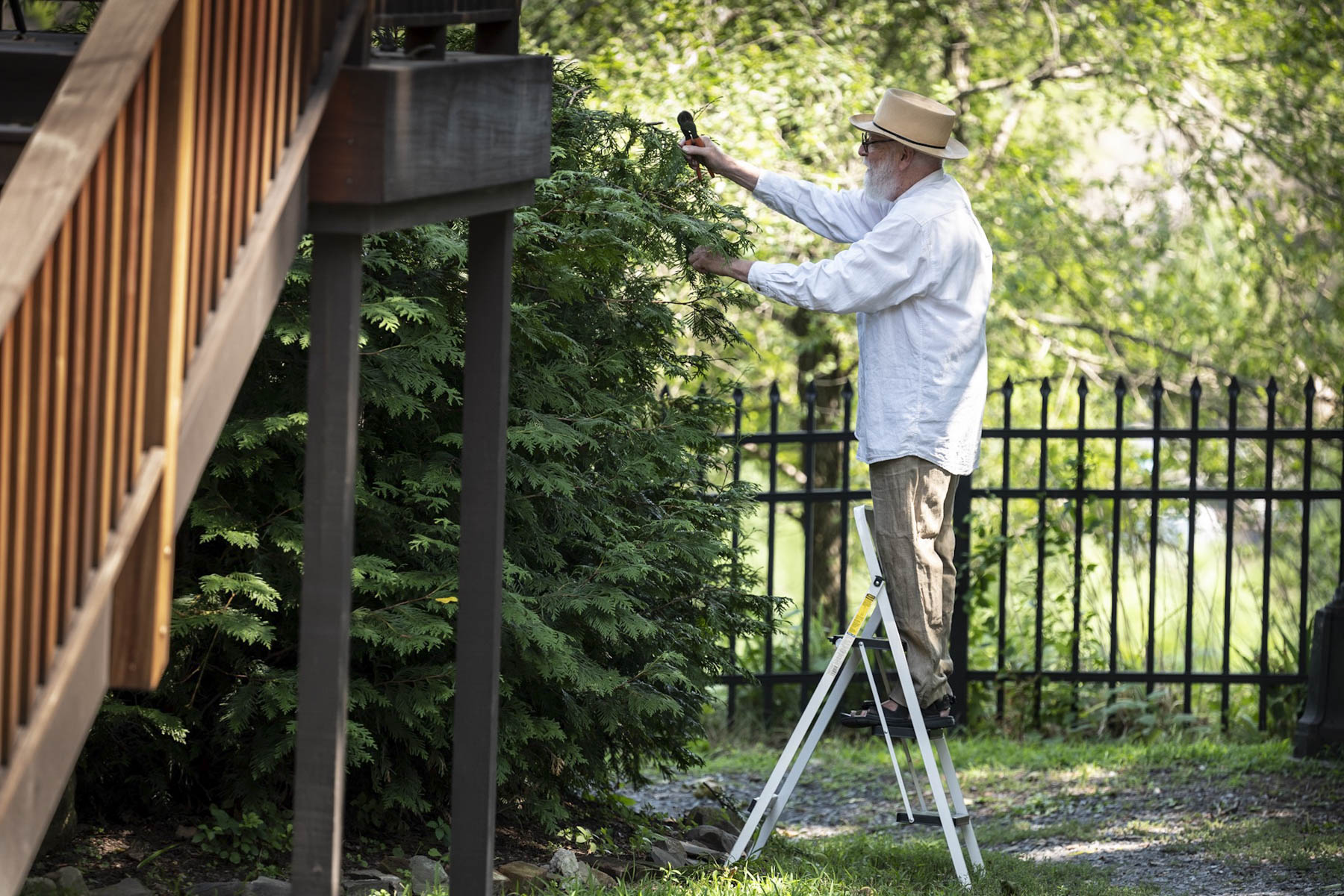
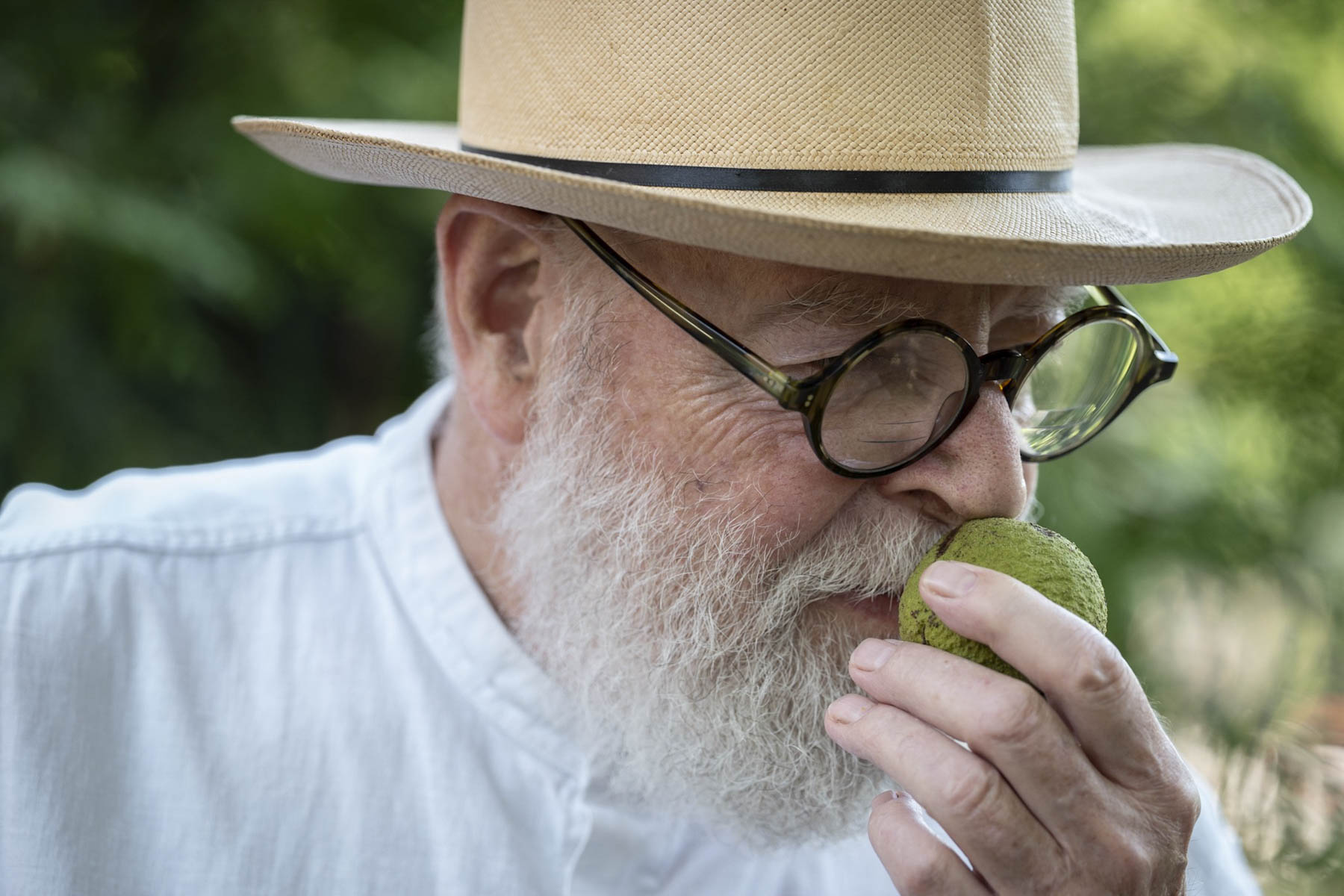
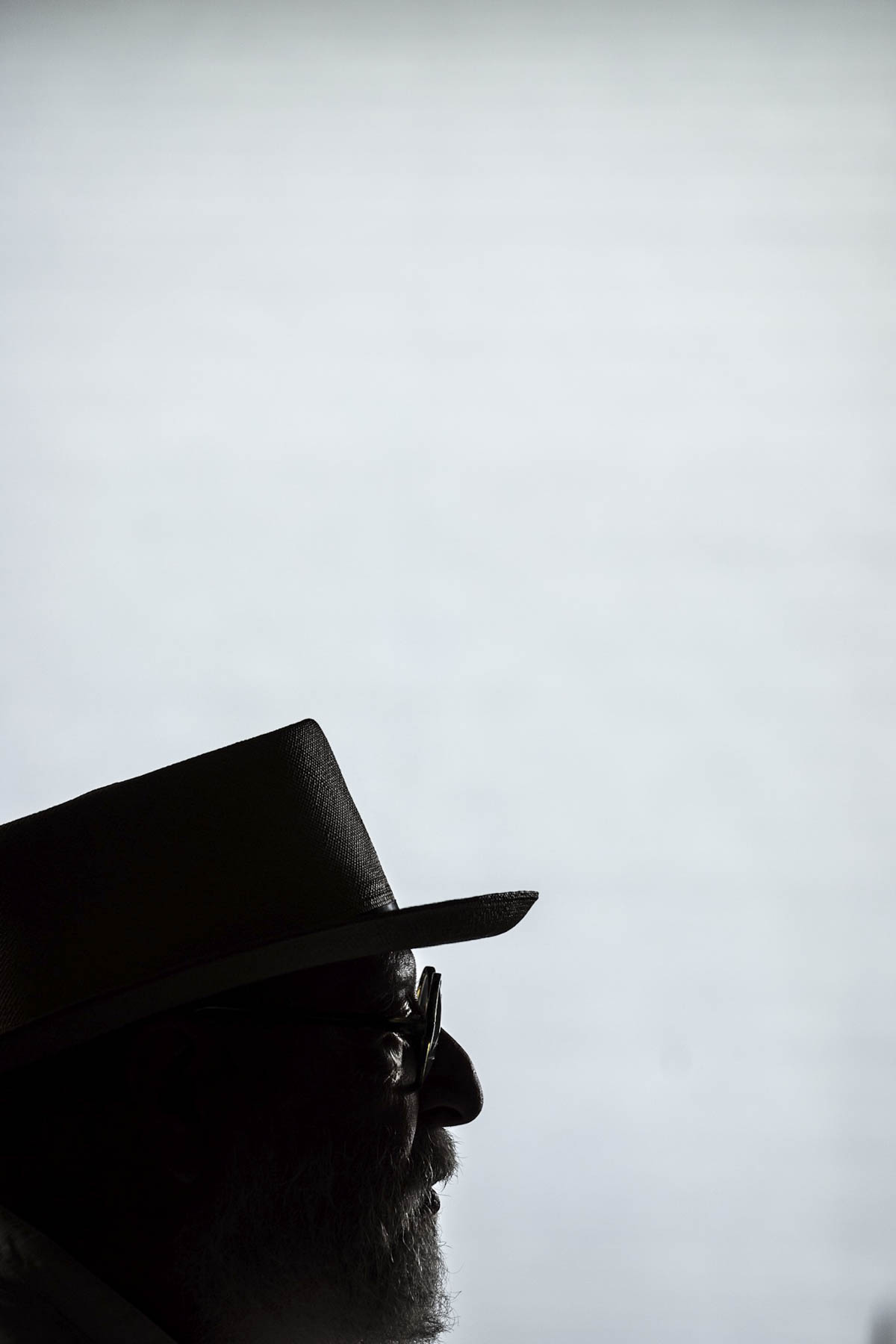
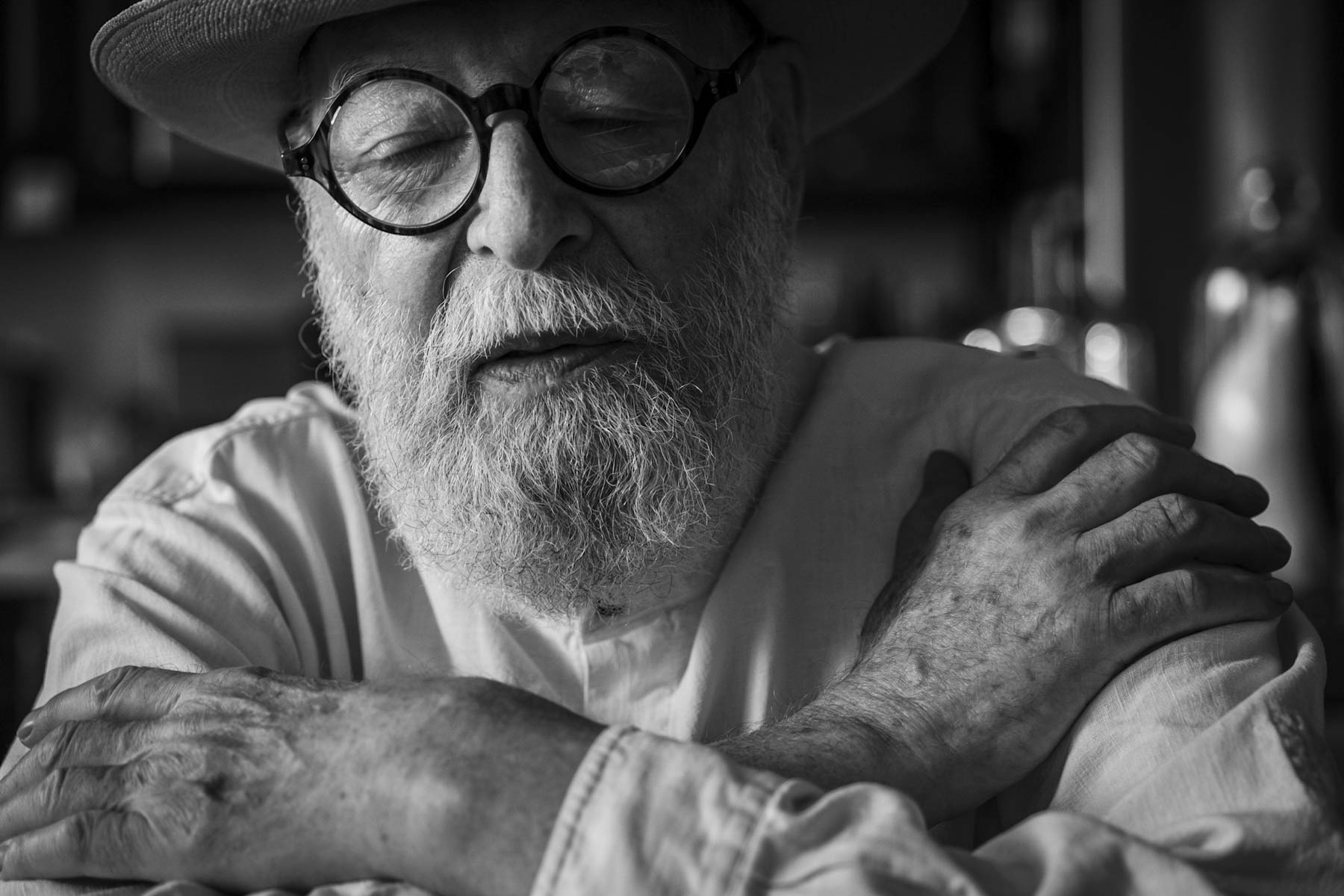
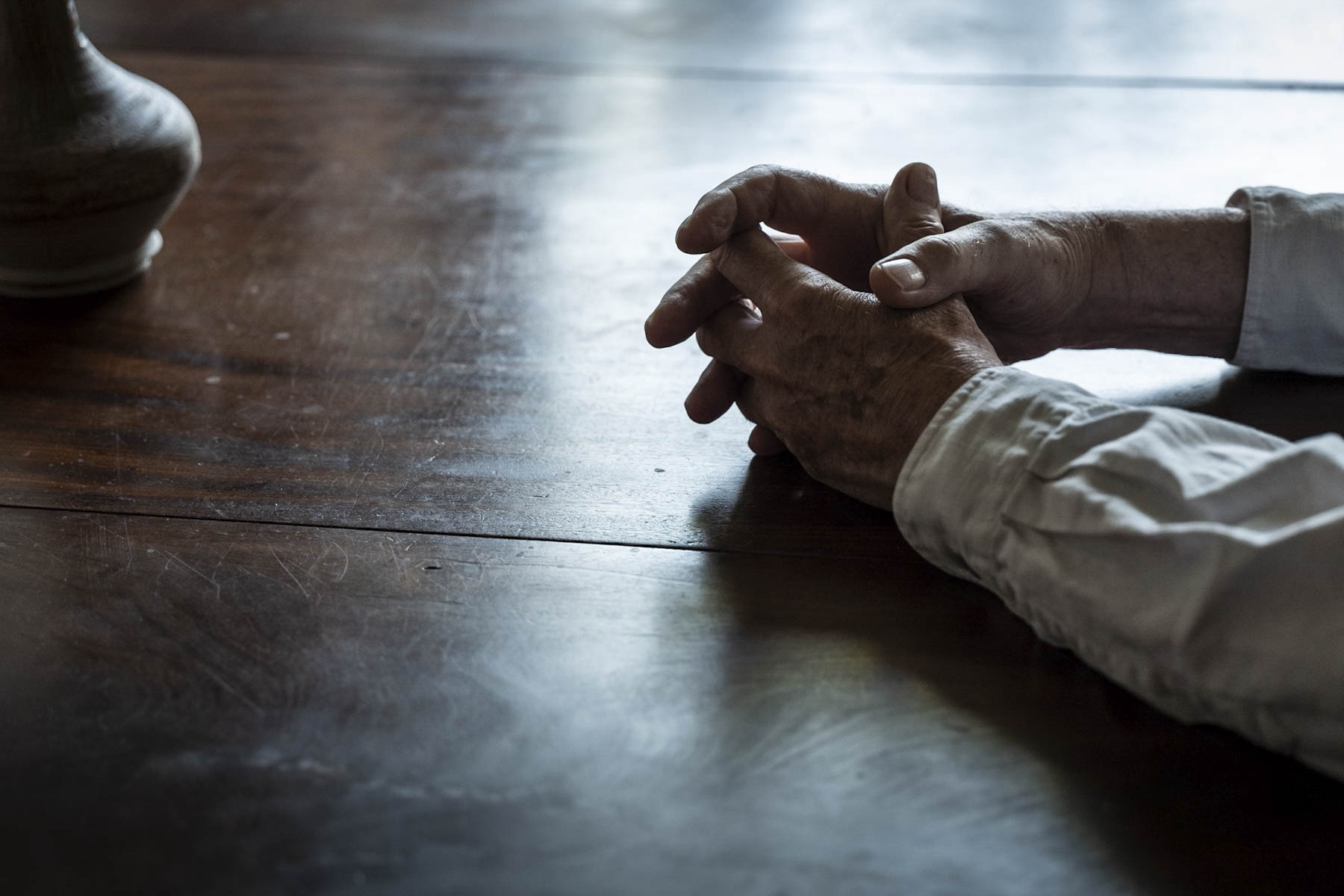
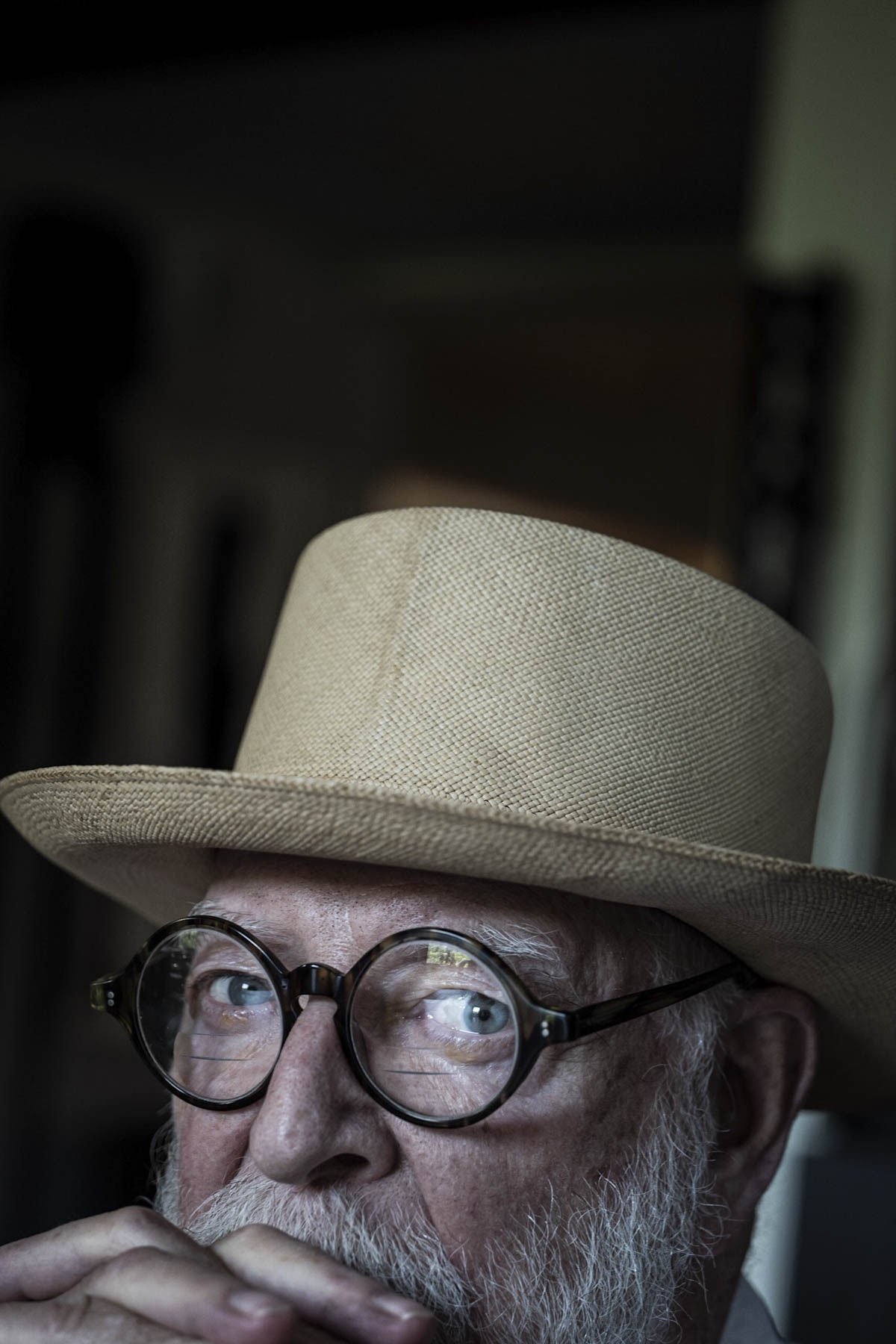
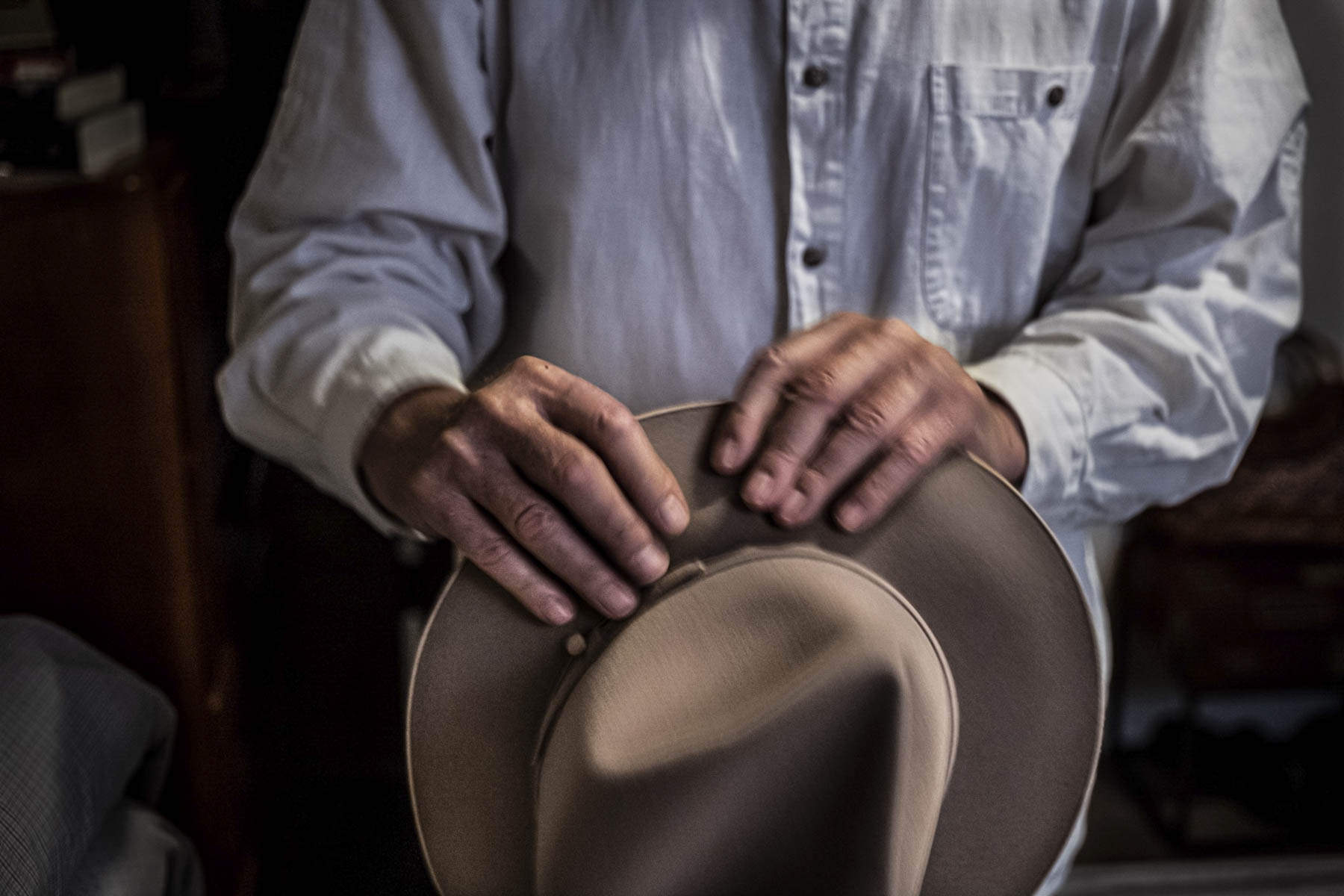
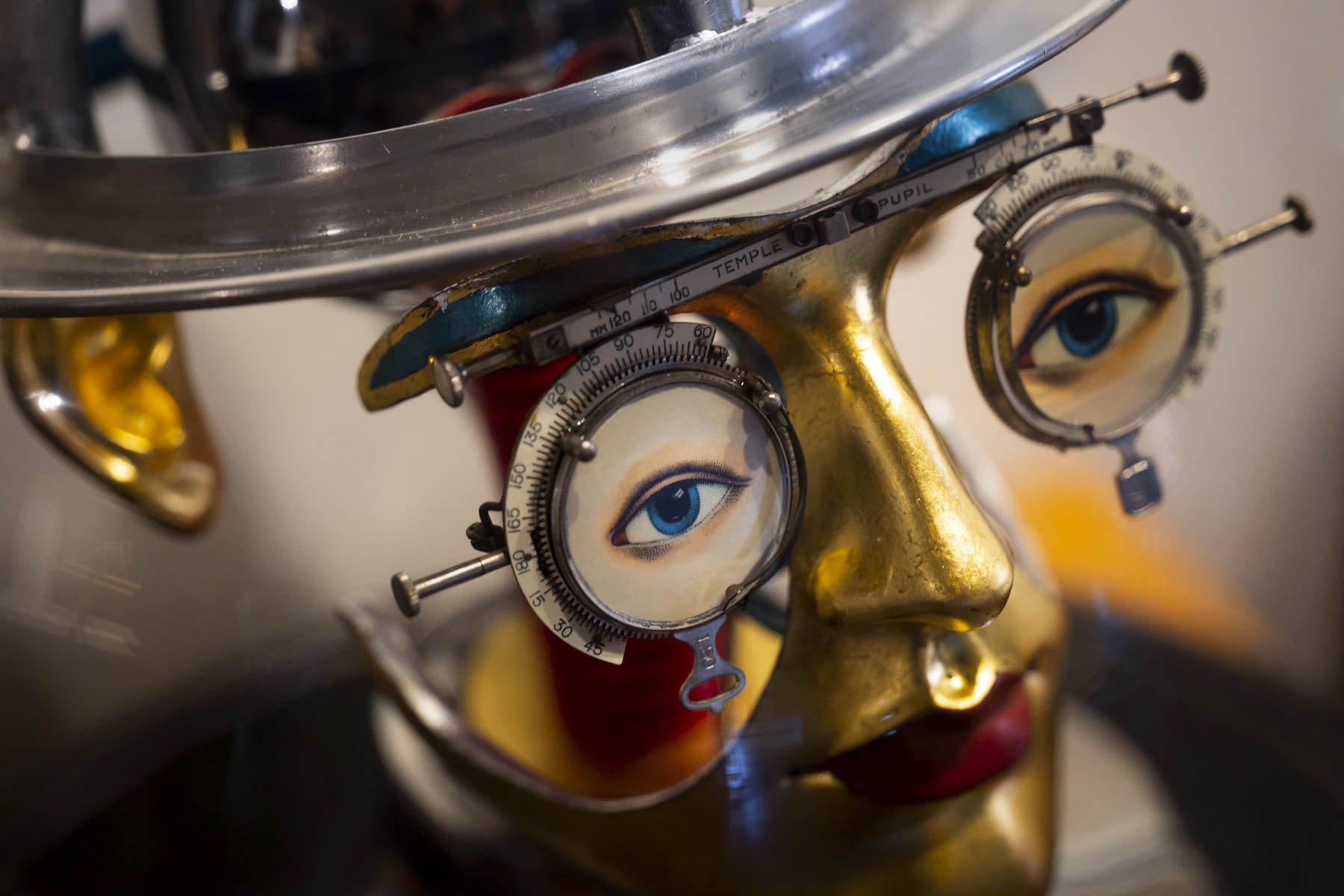
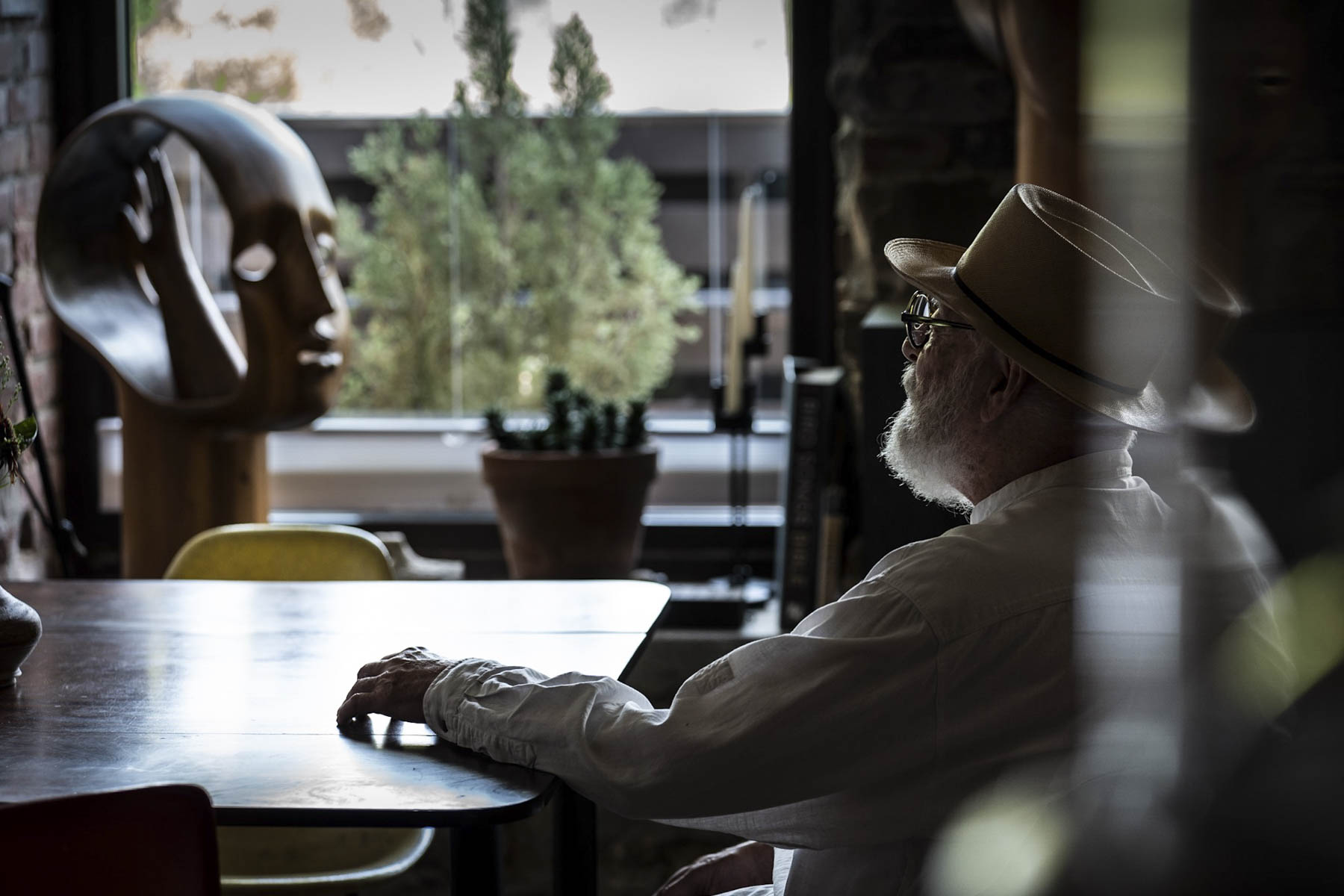
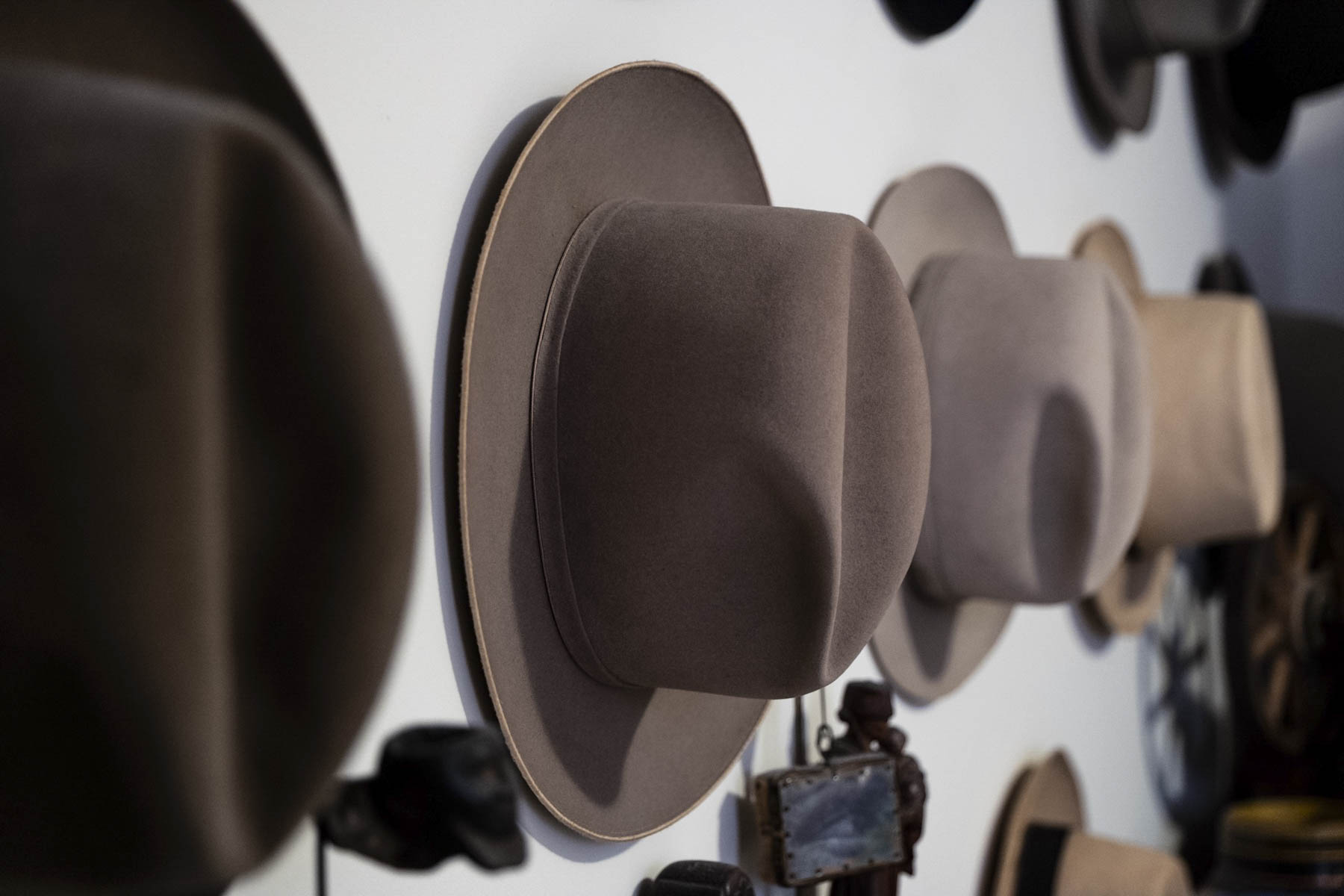
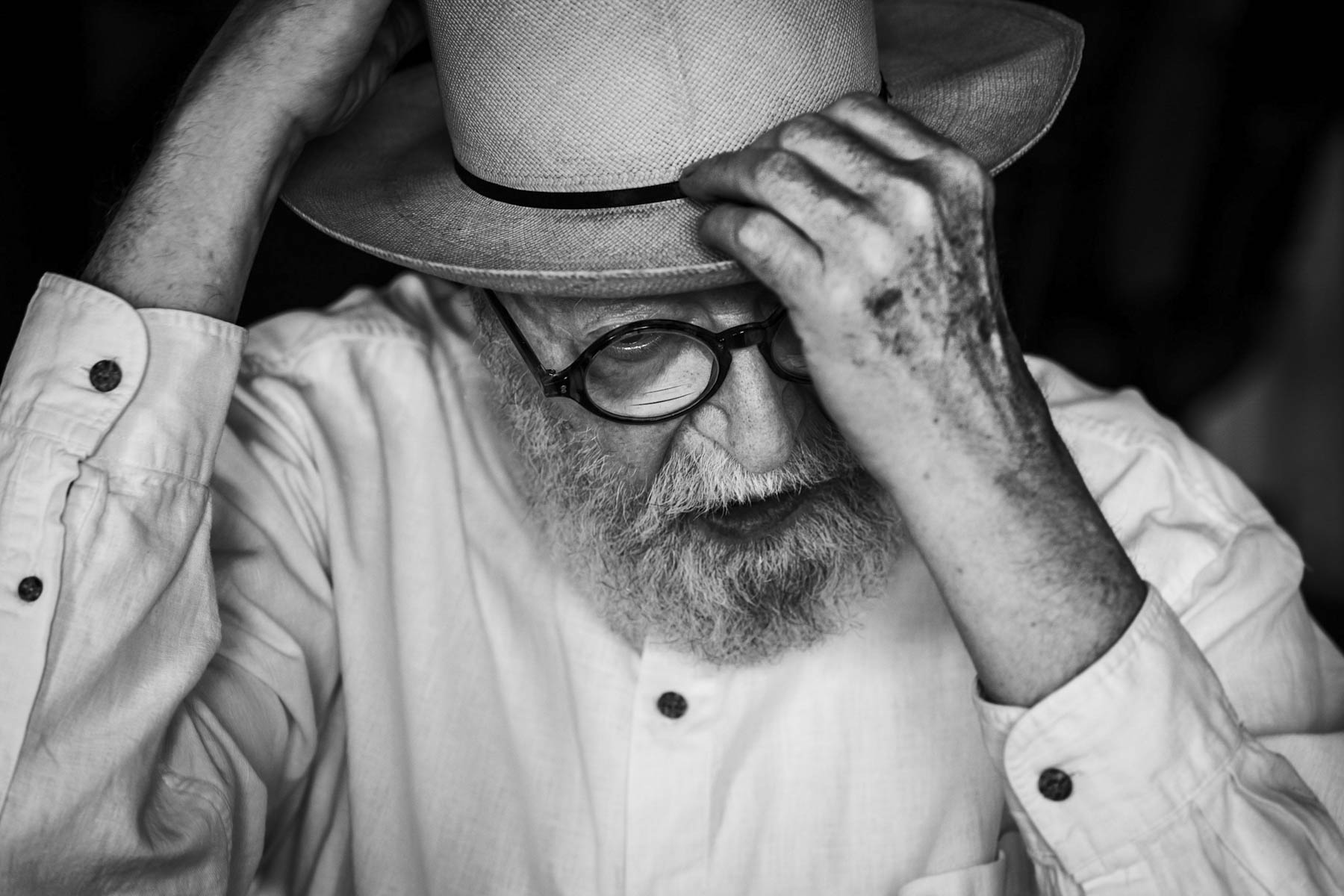
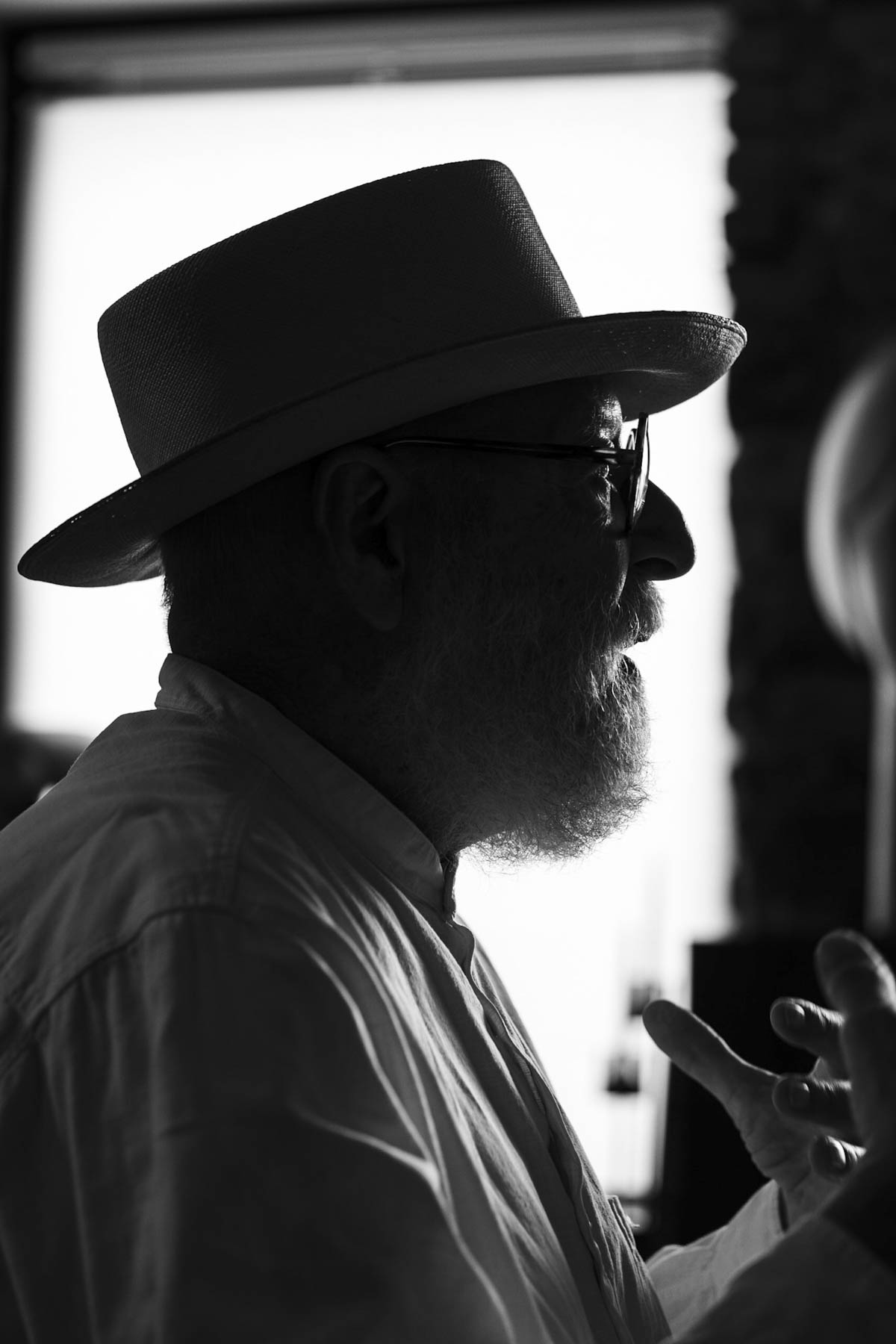
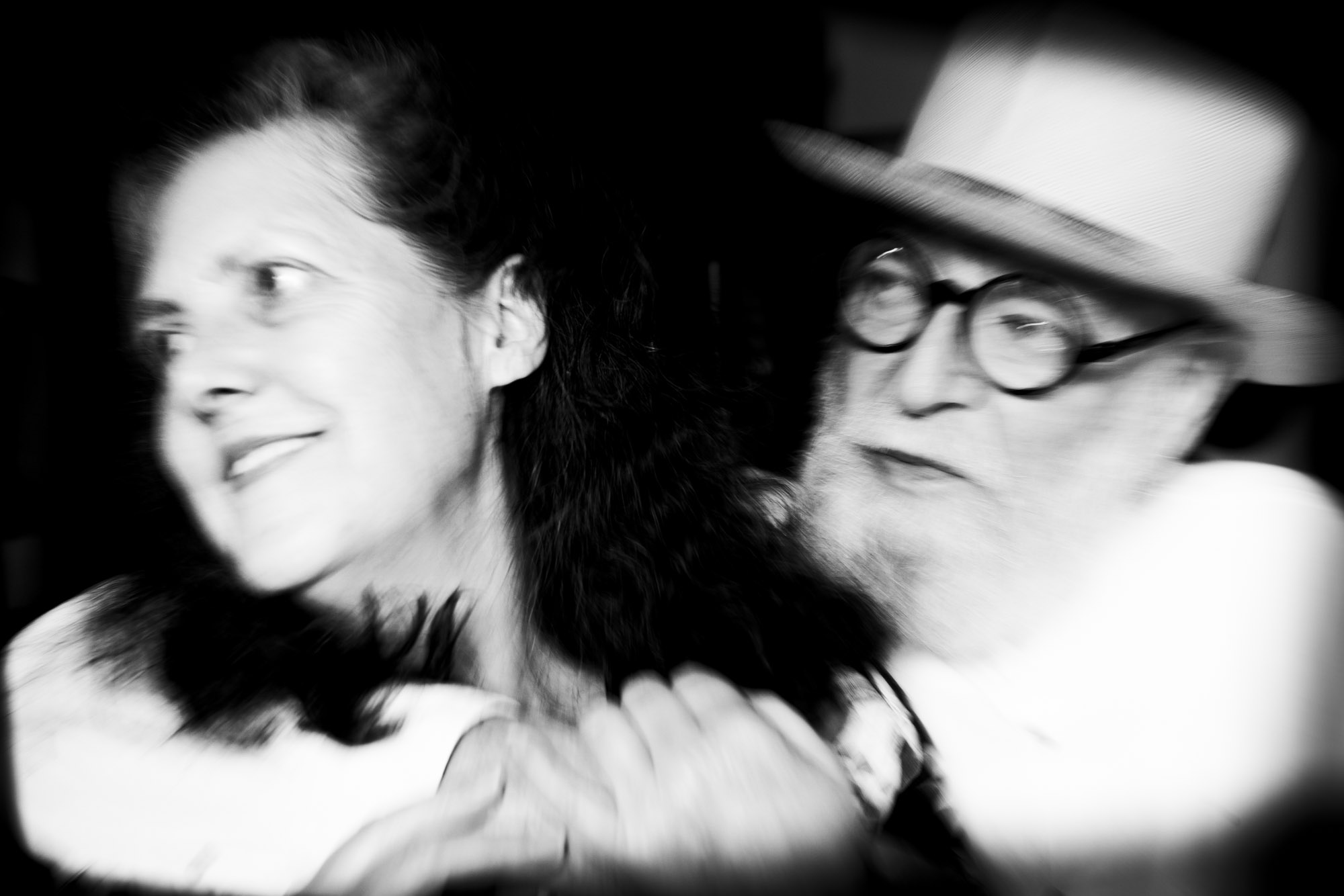
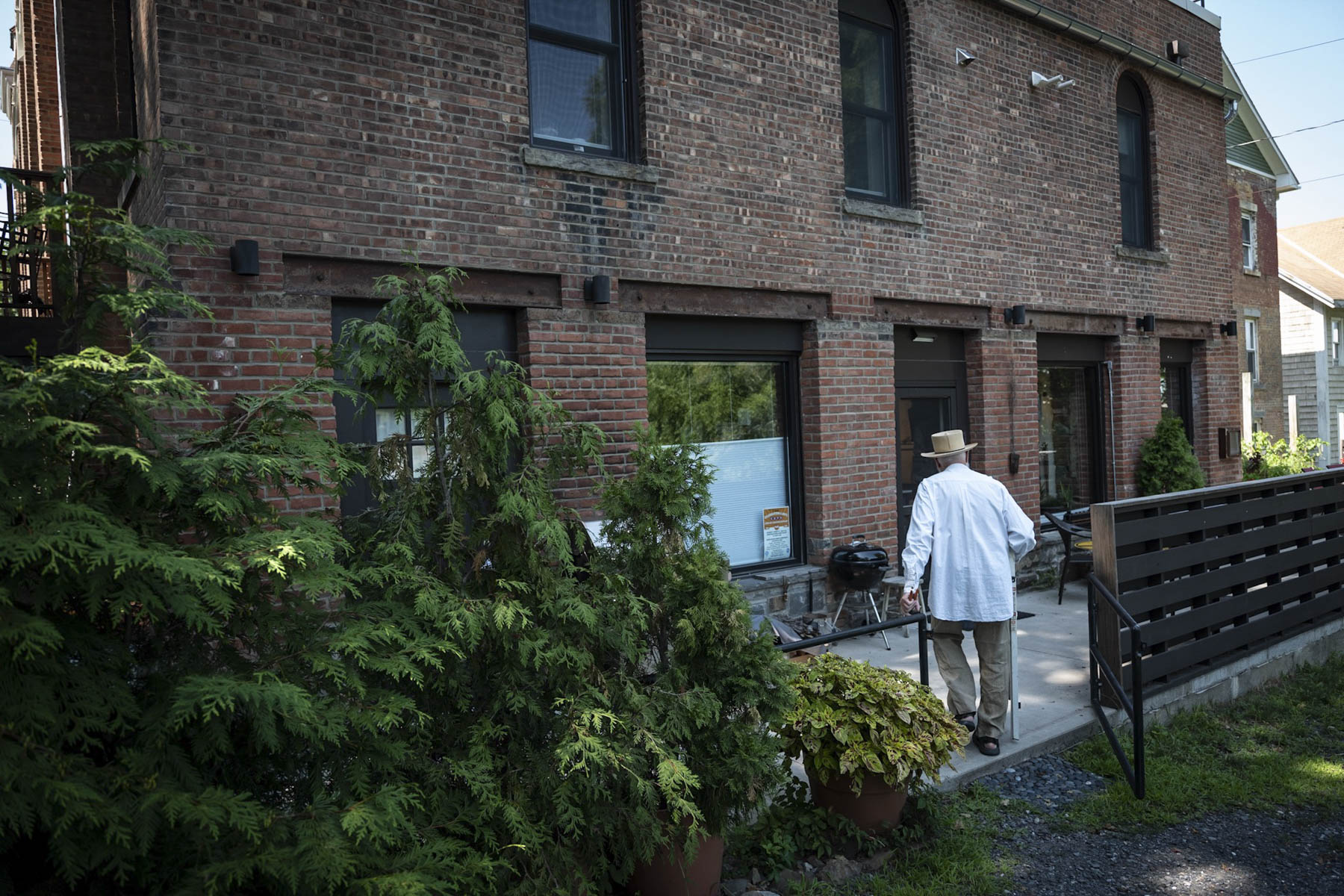
What is your name ? My name is Harris Diamant. I'm an artist. I make art.
How long have you been in Kingston? Been in Kingston, just over three and a half years.
What gives you joy about Kingston? Most of what I do comes from the inside, not from the outside, but I can fully accept that my inside is described by what's happening outside of me. So, the joy in Kingston is be surrounded by all this beauty. We live next to a miniature suspension bridge and a mountain and a creek, and every time I look out the window, it fills me with…I guess it could be described as joy. And then I go into my studio and I do something that's not directly related to that. I try in my art-making to describe things that are mysterious and not fully understood by myself, and I think, Kingston fortifies that image.
What, if anything, would you change about Kingston? In the short time that we've been in Kingston, we're obliged to leave our digs at the end of our lease simply because we're being offered a rent increase that we can't bear. Kingston's been up and down a lot of times in its history, and now it seems to be so clearly on an upswing. It seems to be really based upon real estate values, and I just wish they'd slow down and I don't know exactly how you do it, but slow down the pace of the progress here and just be a little more thoughtful about what's happening.
What is your secret hope for you future? My secret hope for the future is exactly what I'm experiencing now - to be in a caring, loving relationship in a place that I think is really beautiful, and Kingston so far has answered that bill totally.
PLEASE CHECK OUT HARRIS’S INTRICATE, BEAUTIFUL WORK HERE: http://www.harrisdiamant.com
Joe Gonzalez
“I’ve found that you could share a cup of coffee or tea with a stranger anywhere in the world and in short order you’ll find a lot more commonality than anything that separates us.”
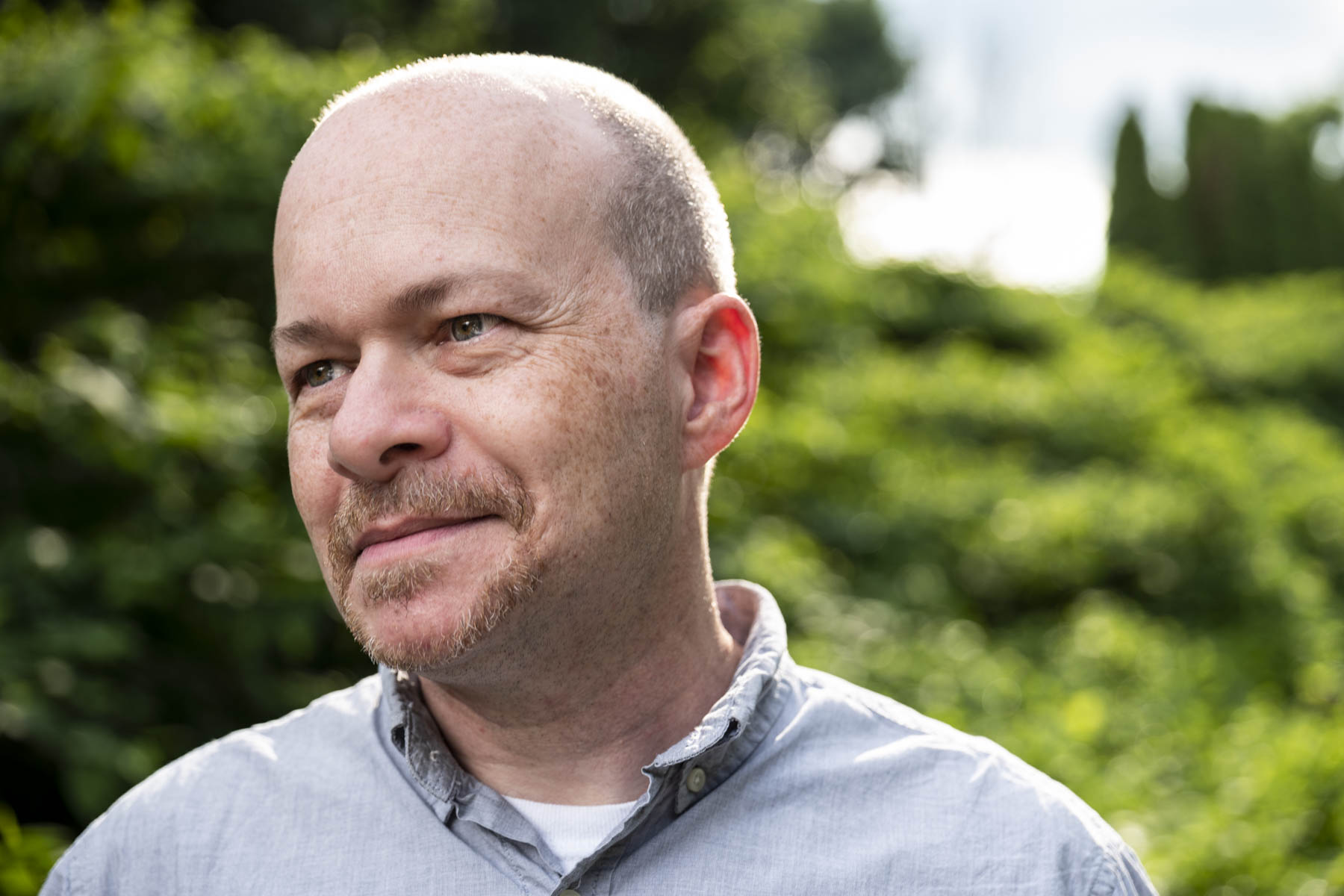
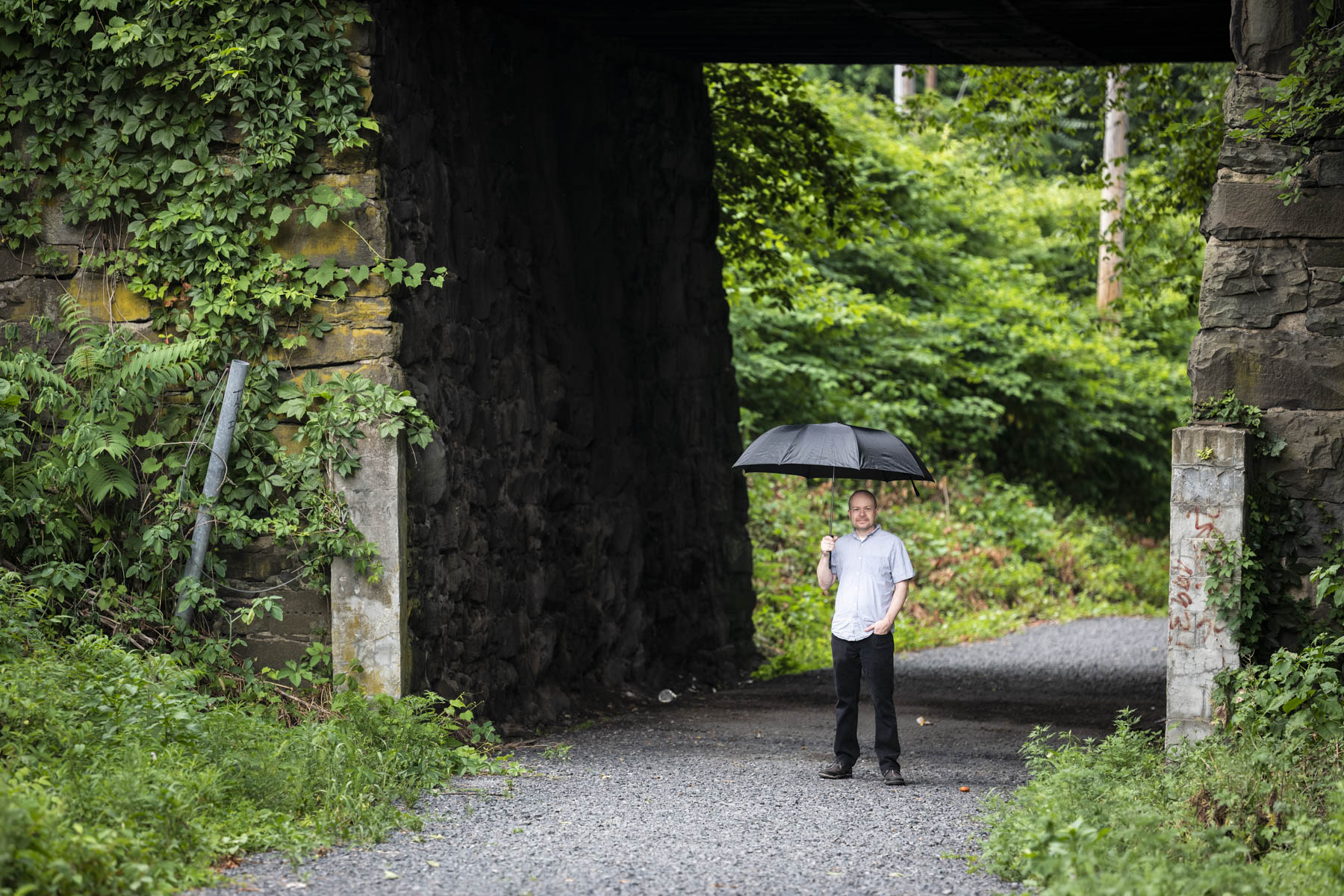
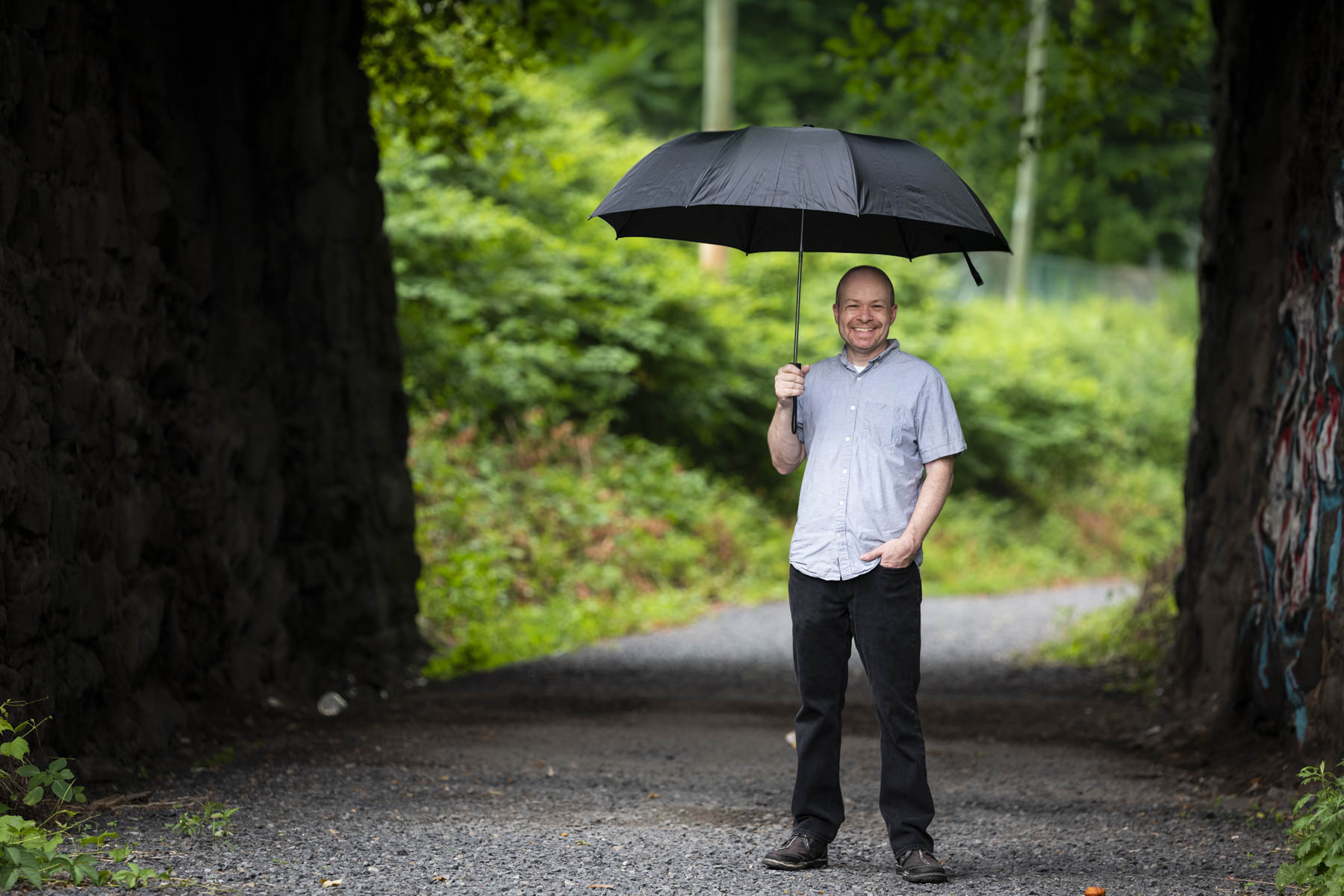
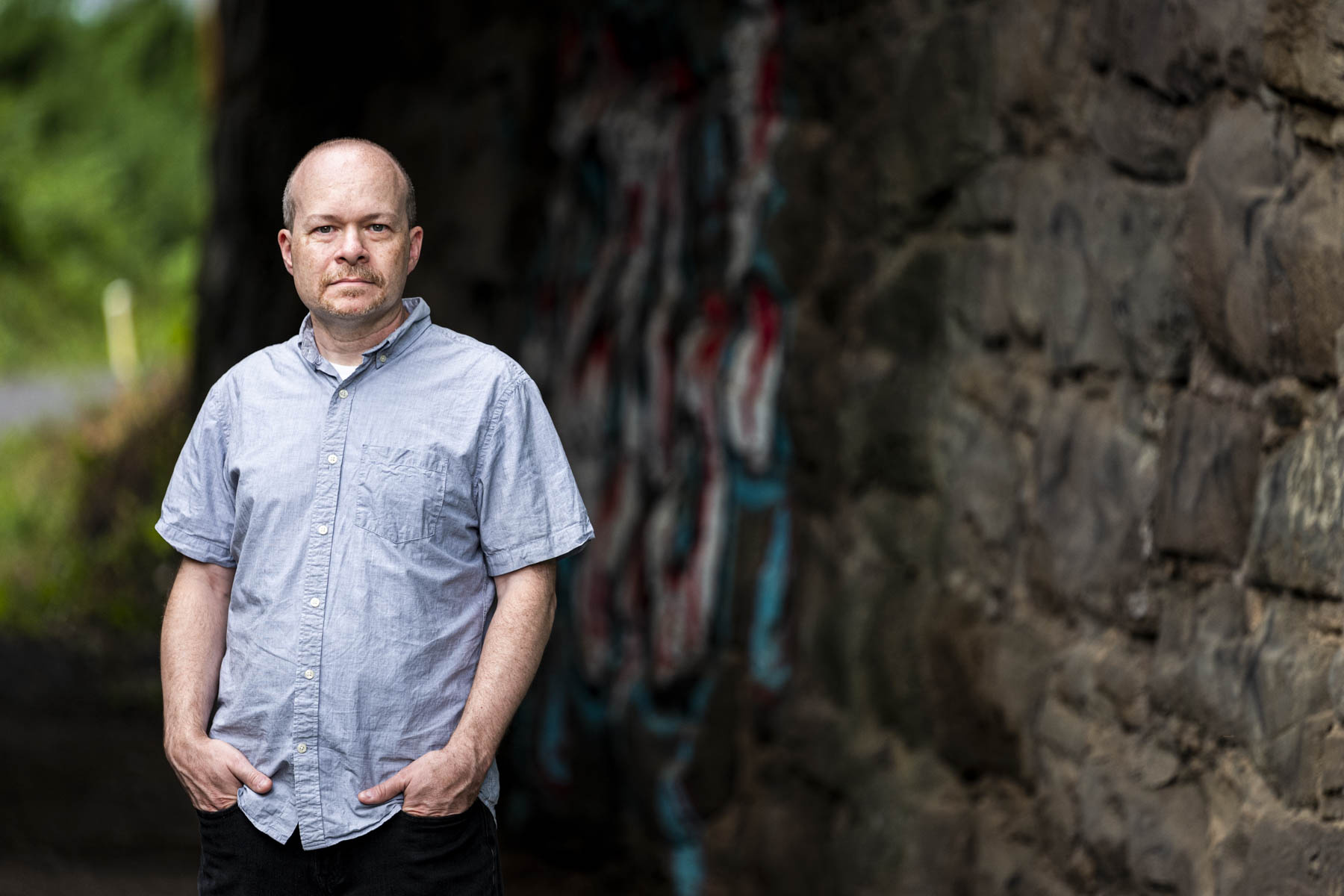
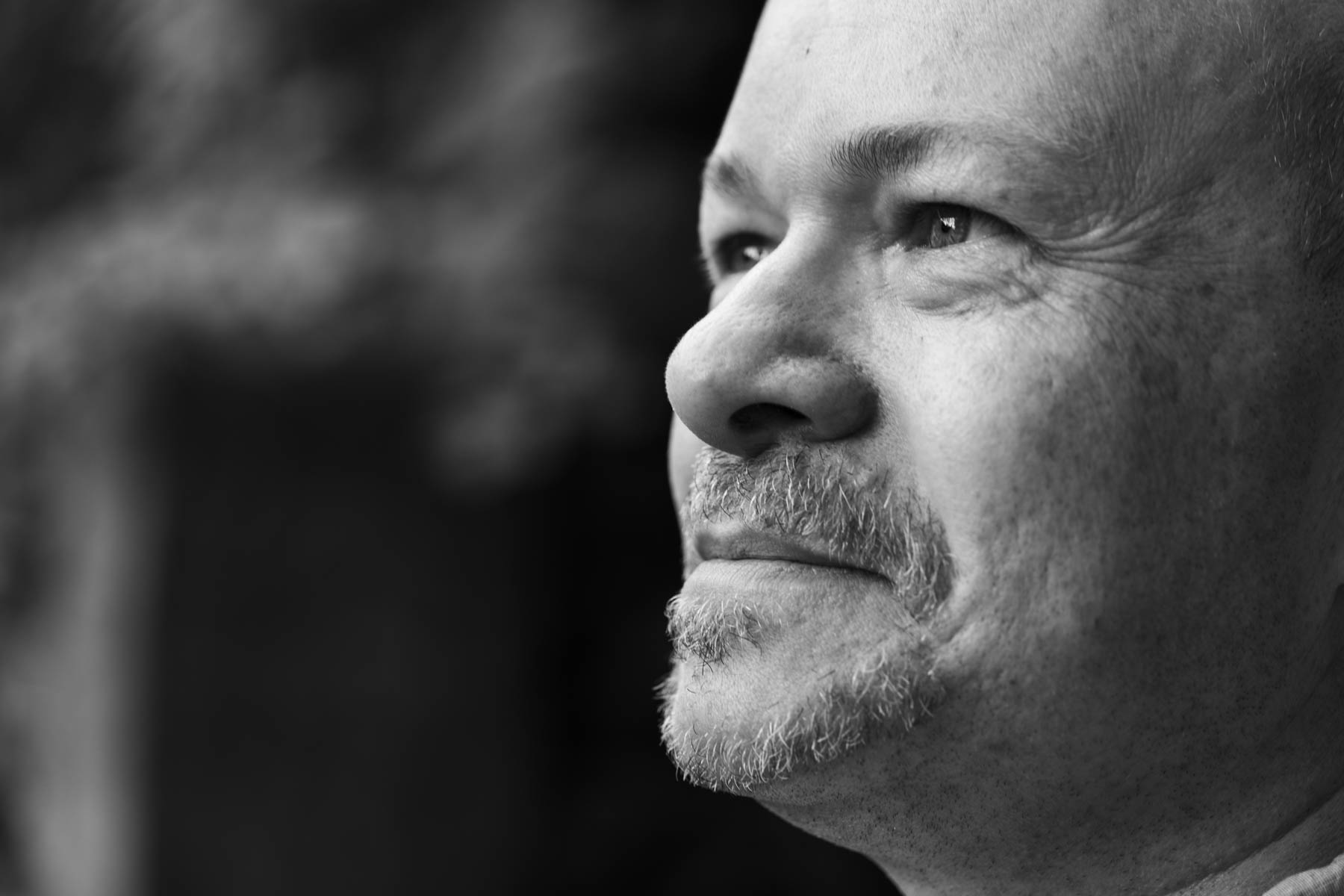
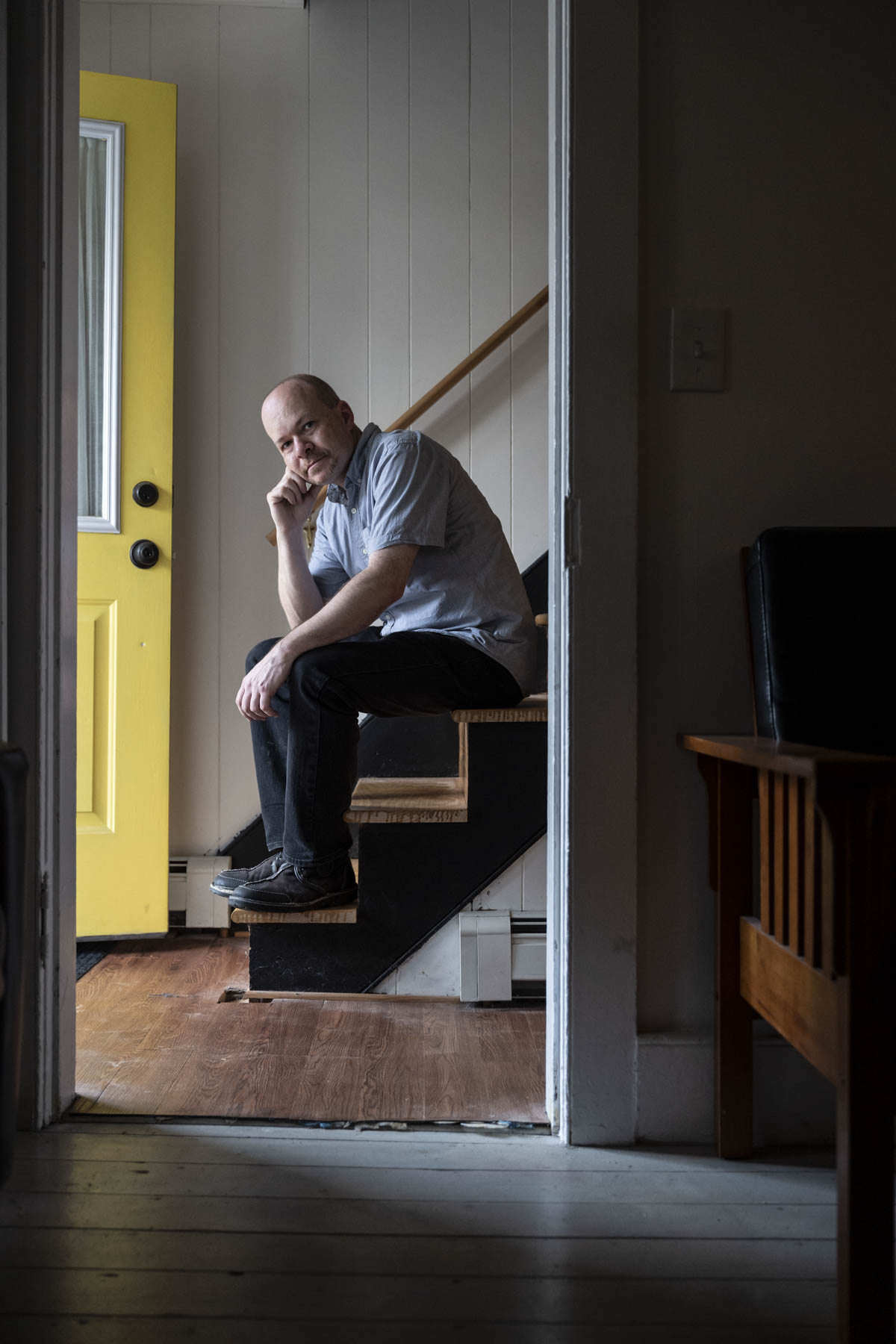
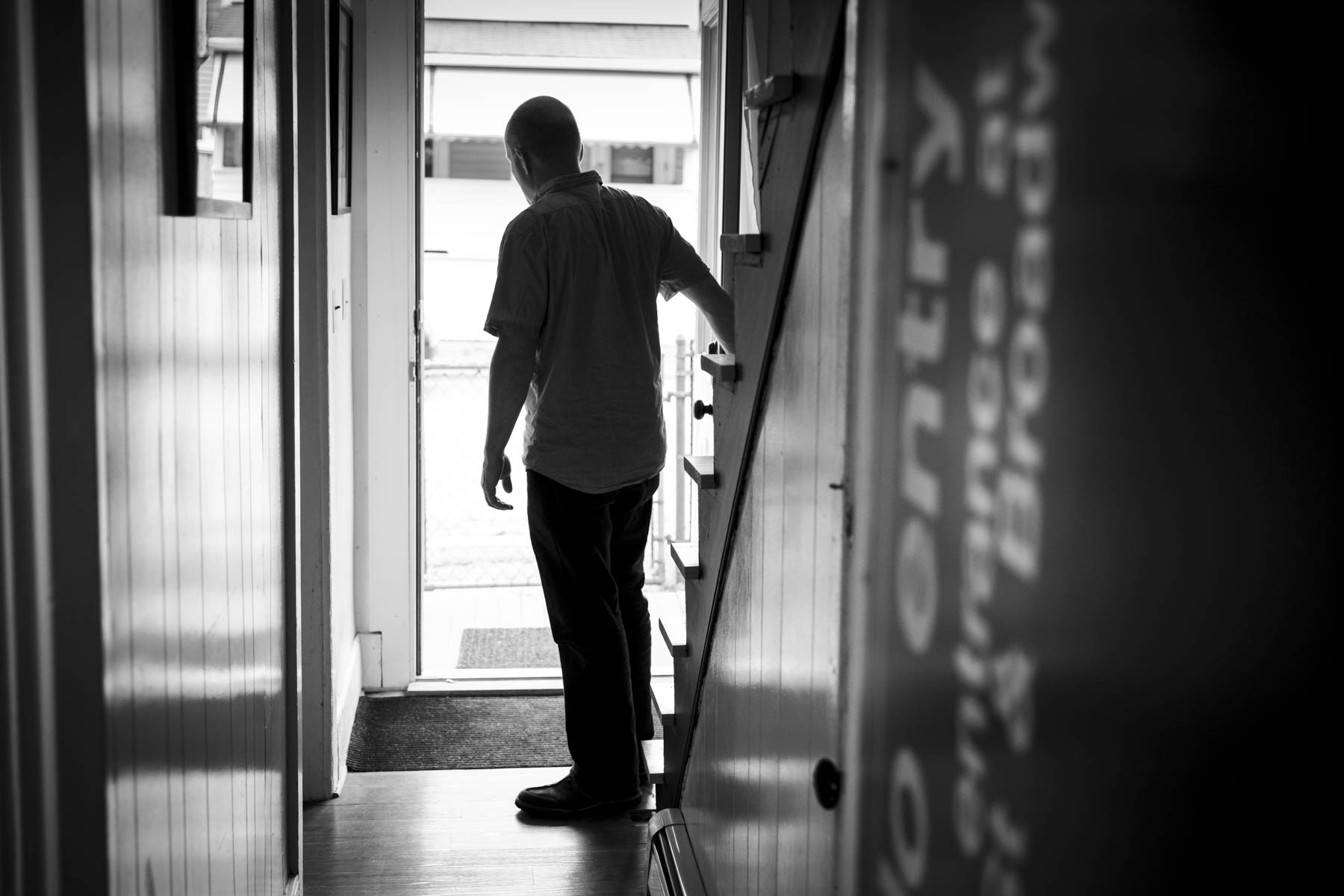
Who are you? My name is Joe Gonzalez and I wear a lot of hats in life. I am the founder of an international non-profit organization that funds infrastructure projects in countries all over the world. I produce an arts open studio tour in Kingston, N.Y., Art Walk Kingston, an open studio tour for artists that open their doors to the public for two days. I work as an artist in photography, I shoot on 35mm on film, black and white film, still. And I do a lot of programming for youth.
How long have you been in Kingston? I've been in the city of Kingston, N.Y., for four years.
What gives you joy about Kingston? What gives me joy about Kingston is community. I think community is essential to everything in my life, whether it's the local community, my neighbors, the greater community around me in the city, the global community beyond the city limits or the arts community that I work with. At its core, that is something that's really essential to me and my life, to be immersed in that and to meet new people of all different walks of life and to collaborate on new ideas and I've been able to find that in Kingston.
What, if anything, would you change about Kingston? If I were to change anything in Kingston, I don't know if I would change anything in particular. I think change is a constant in our lives. I think that no matter where you live, everything will change, whether it's tomorrow, a year, five years, ten years there's going to be a shift of some kind in life. So, I intend to go with the flow. A lot of how I think I approach life is just going with the change no matter what that is. And anything that I do, whether I'm producing an event like Art Walk Kingston, or something else for the community, I think that has influence on the community and there's going to be an audience that enjoys participating in that, so I like being part of that aspect of change. But I don't know that there has to be any one thing that changes it.
What is your secret hope for the future? My secret hope for the future is to have the opportunity to travel more and see more of the world. I think, depending on who you speak to, we might only be on this ride once, so I want to take the opportunity to see as much as I can in the world and experience as much as I can, whether it's new cultures and new people–having a chance to be immersed in another lifestyle. I've been to 20 different countries and 47 US states to date. The one thing that I've learned in traveling as much as I have is that we're just people. We're just human beings, and, there really is not much of a difference in anything when you get right down to it. And I've found that you could share a cup of coffee or tea with anybody, with a stranger, in another country or anywhere in the world and in short order you'll find a lot more commonality than anything that separates us.
Susan Hereth
“Coming to work every day gives me probably the biggest joy possible. I get to work with amazing people here in Kingston. I get to be fully immersed in my community.”
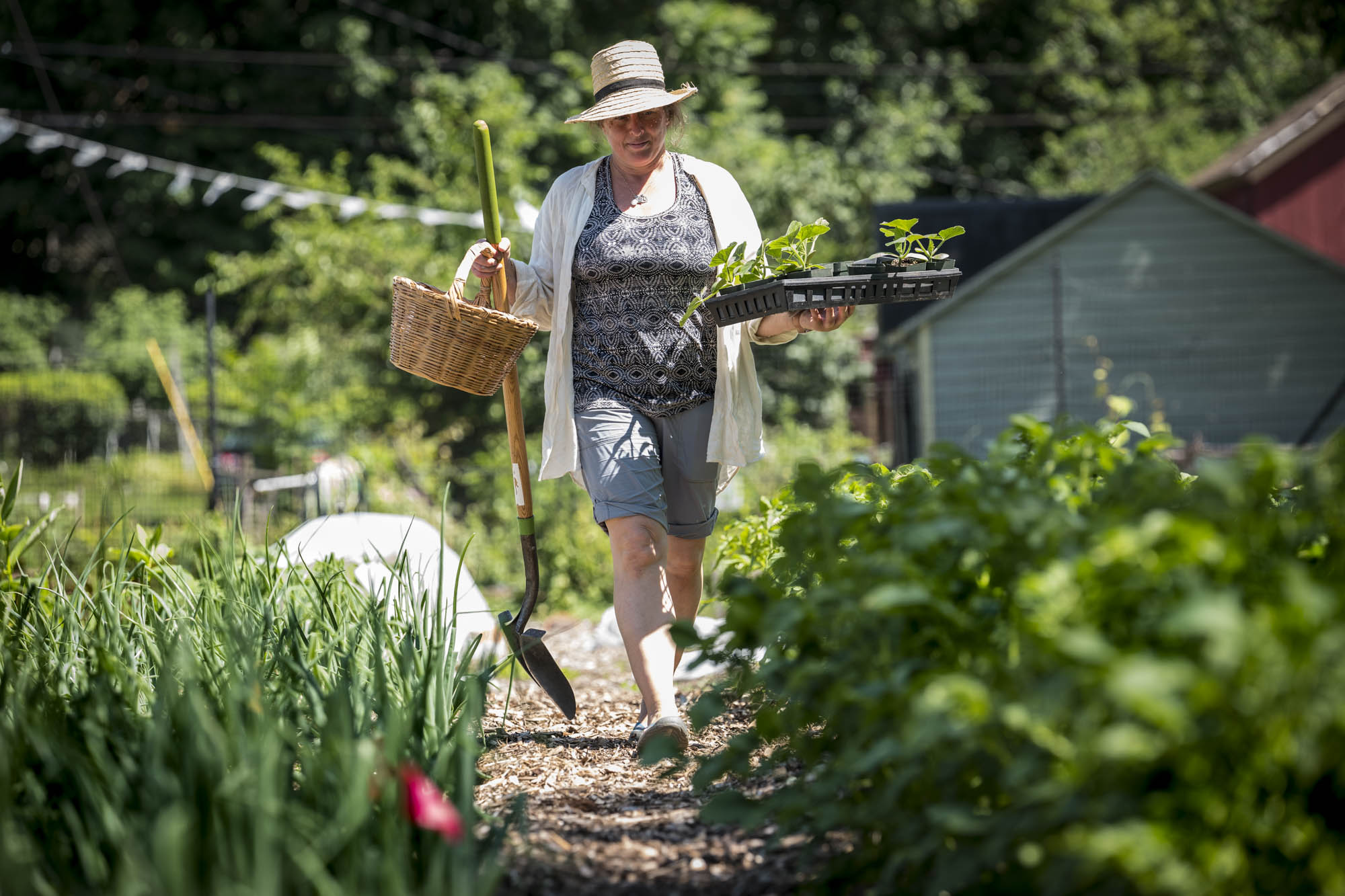
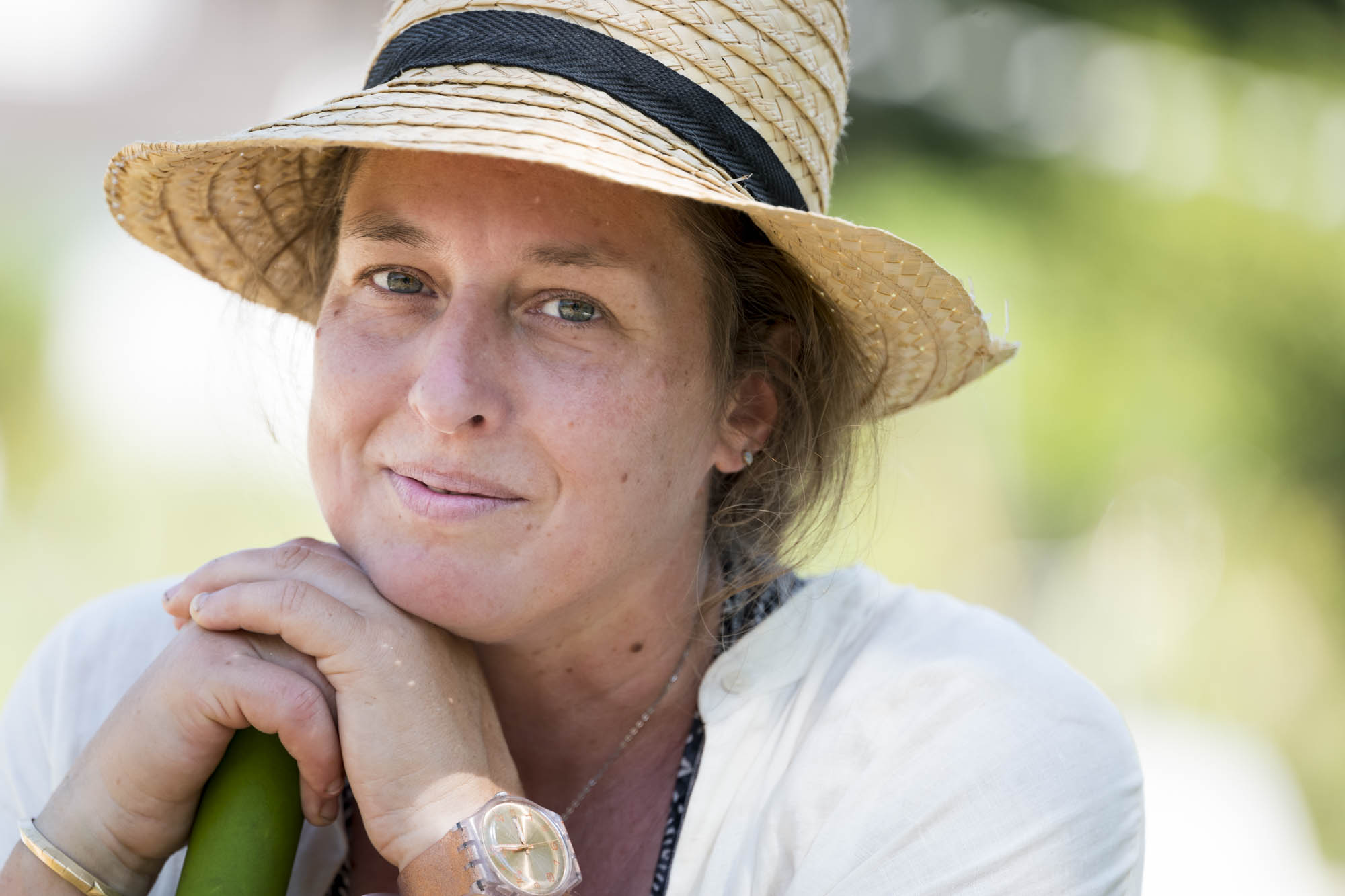
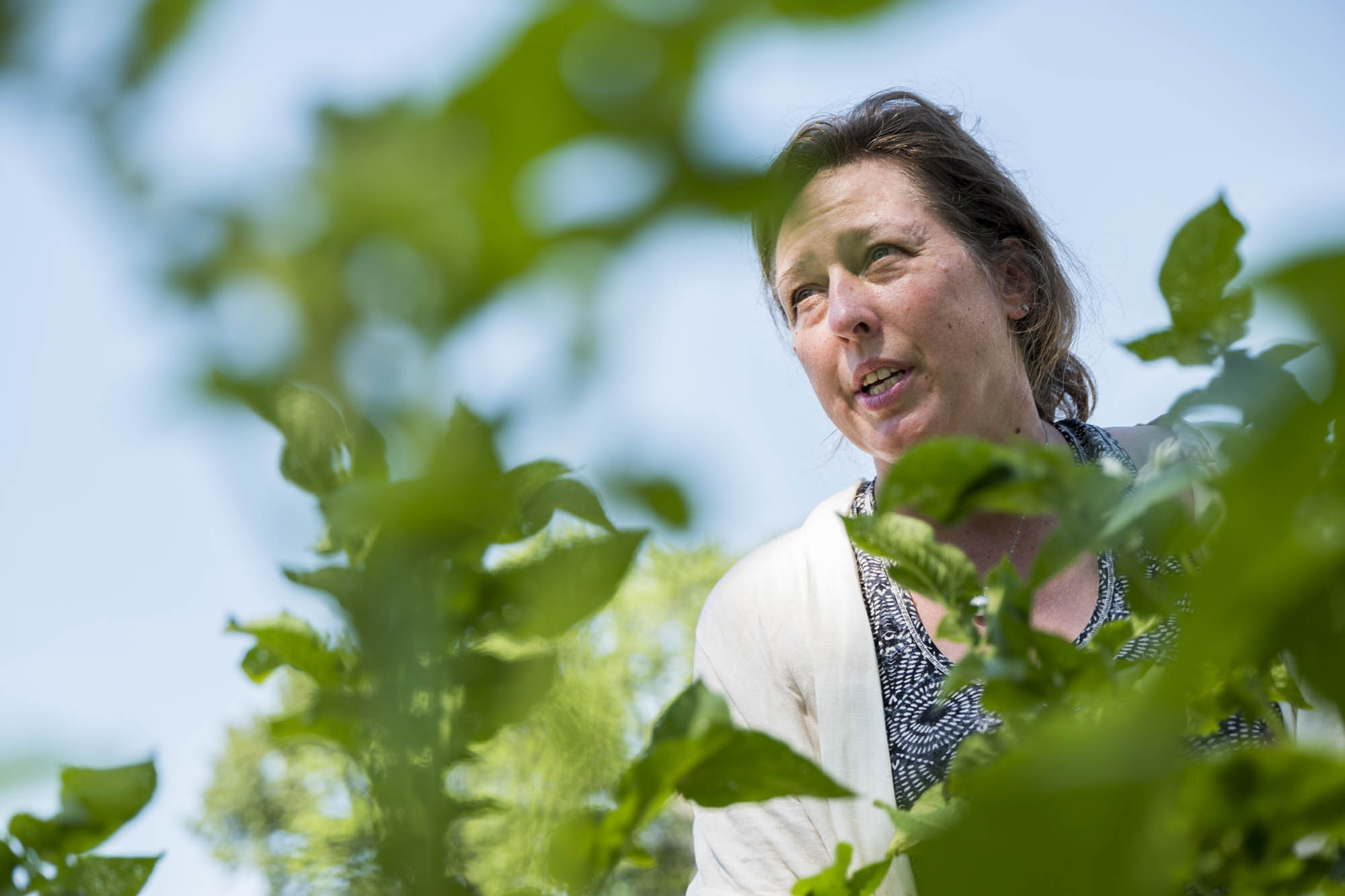
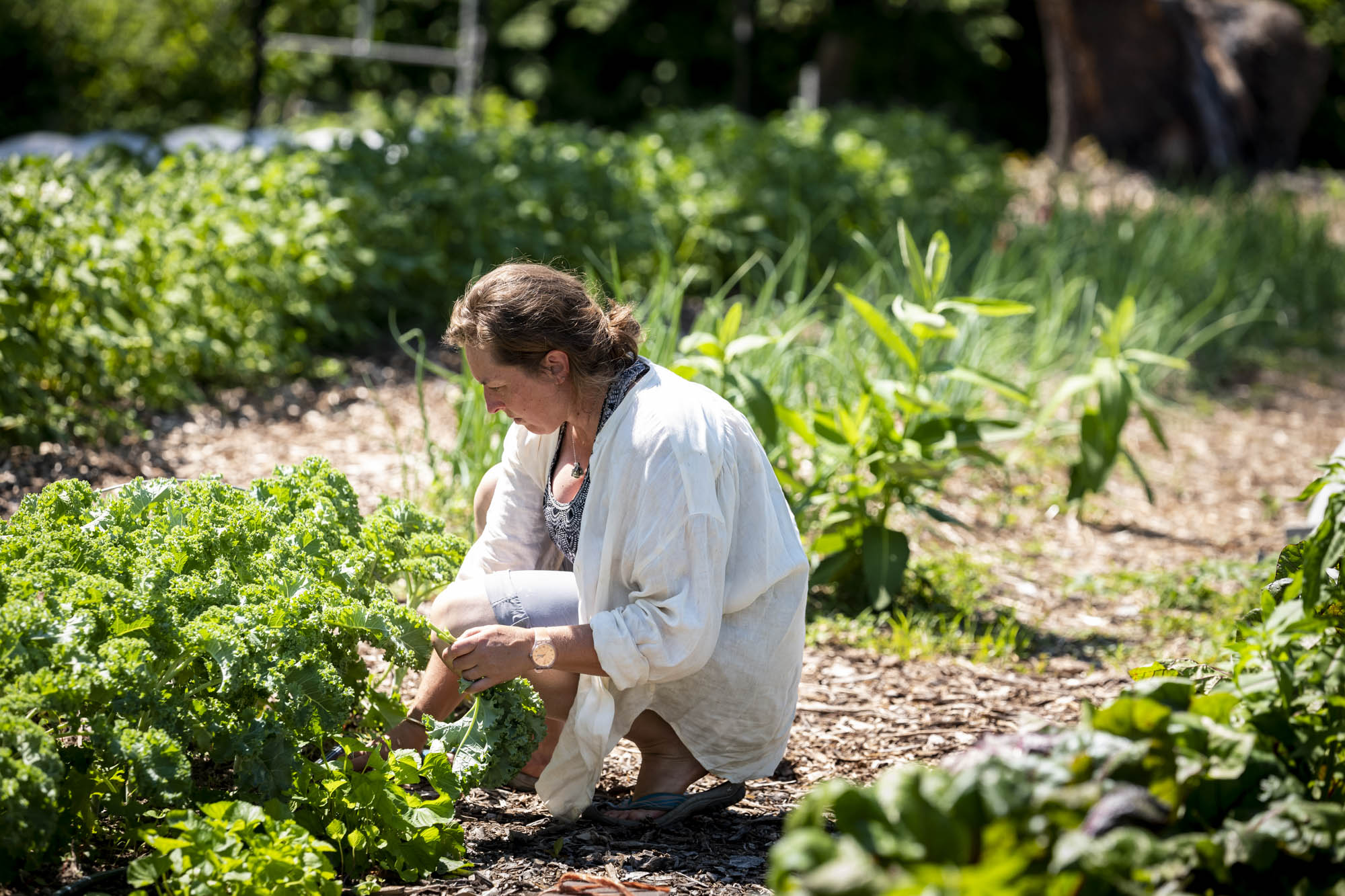
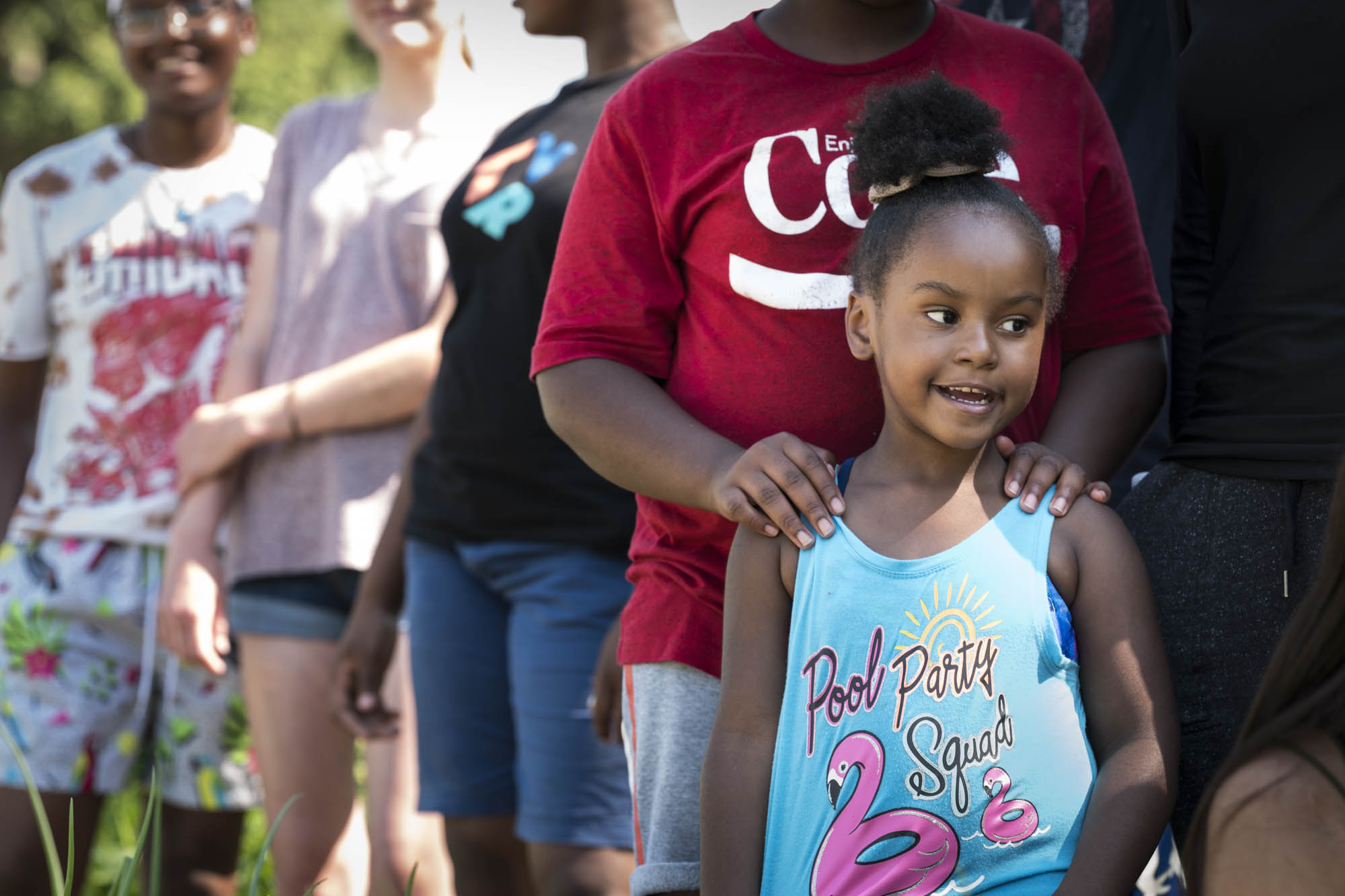
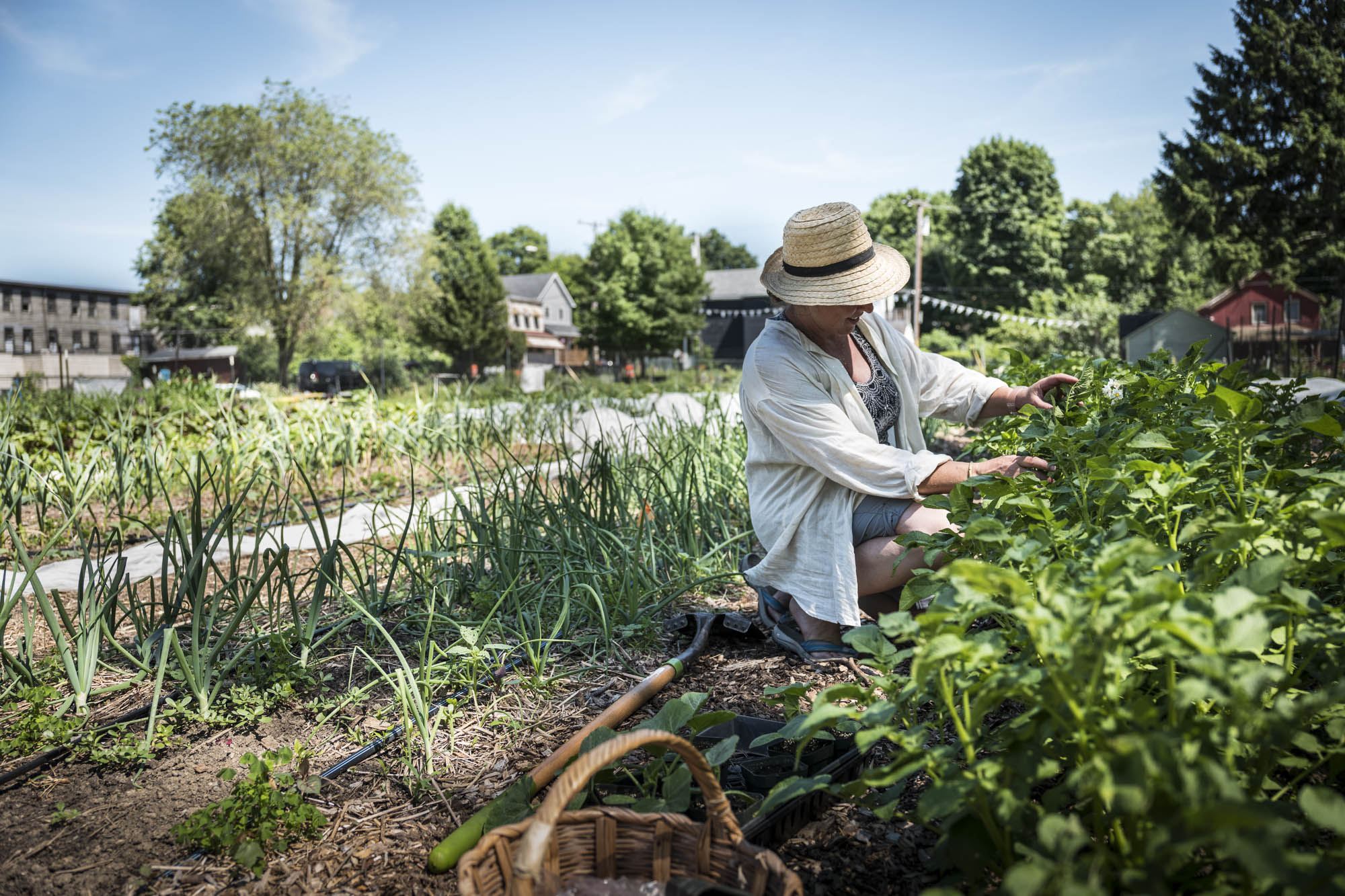
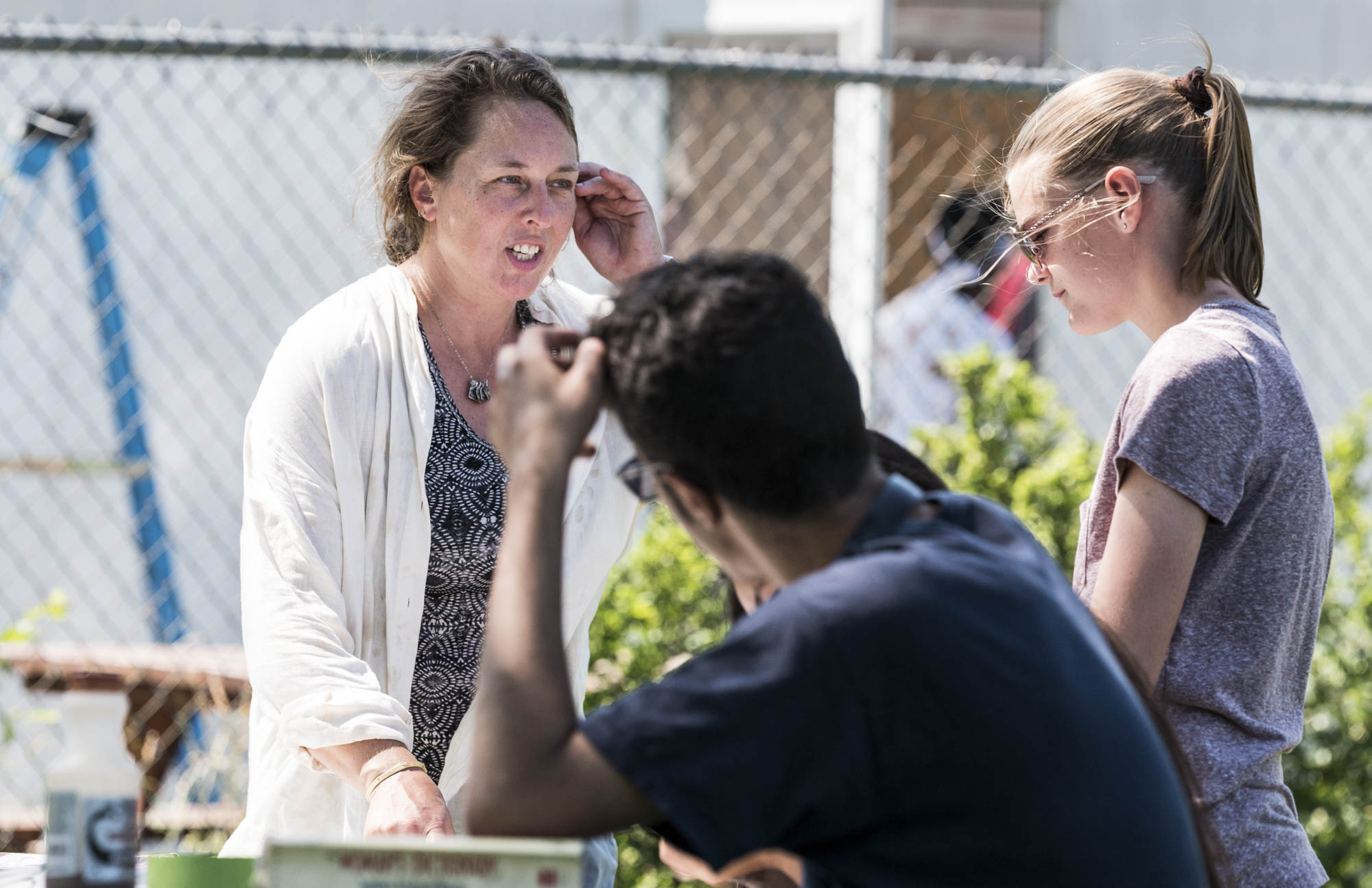
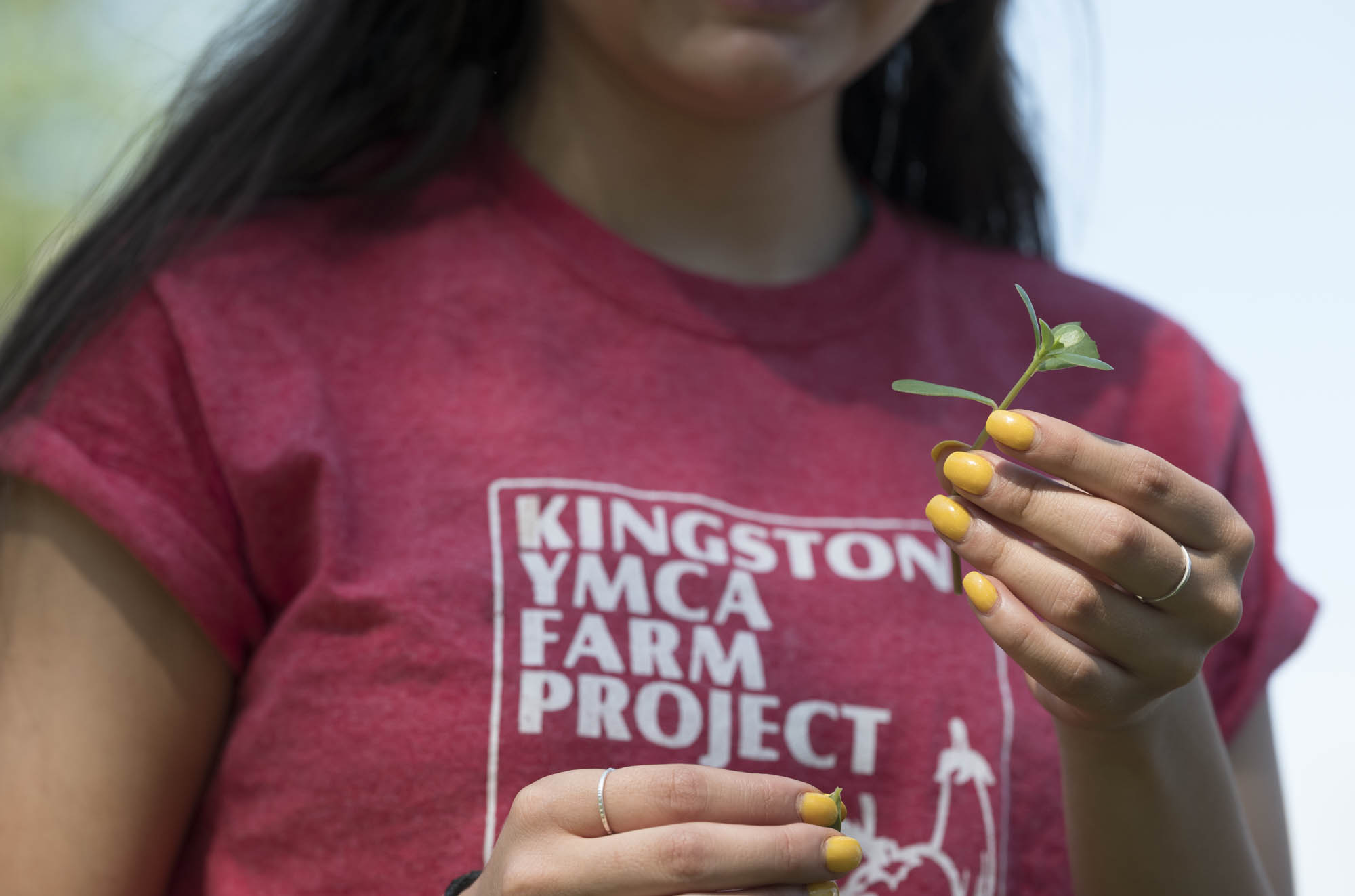
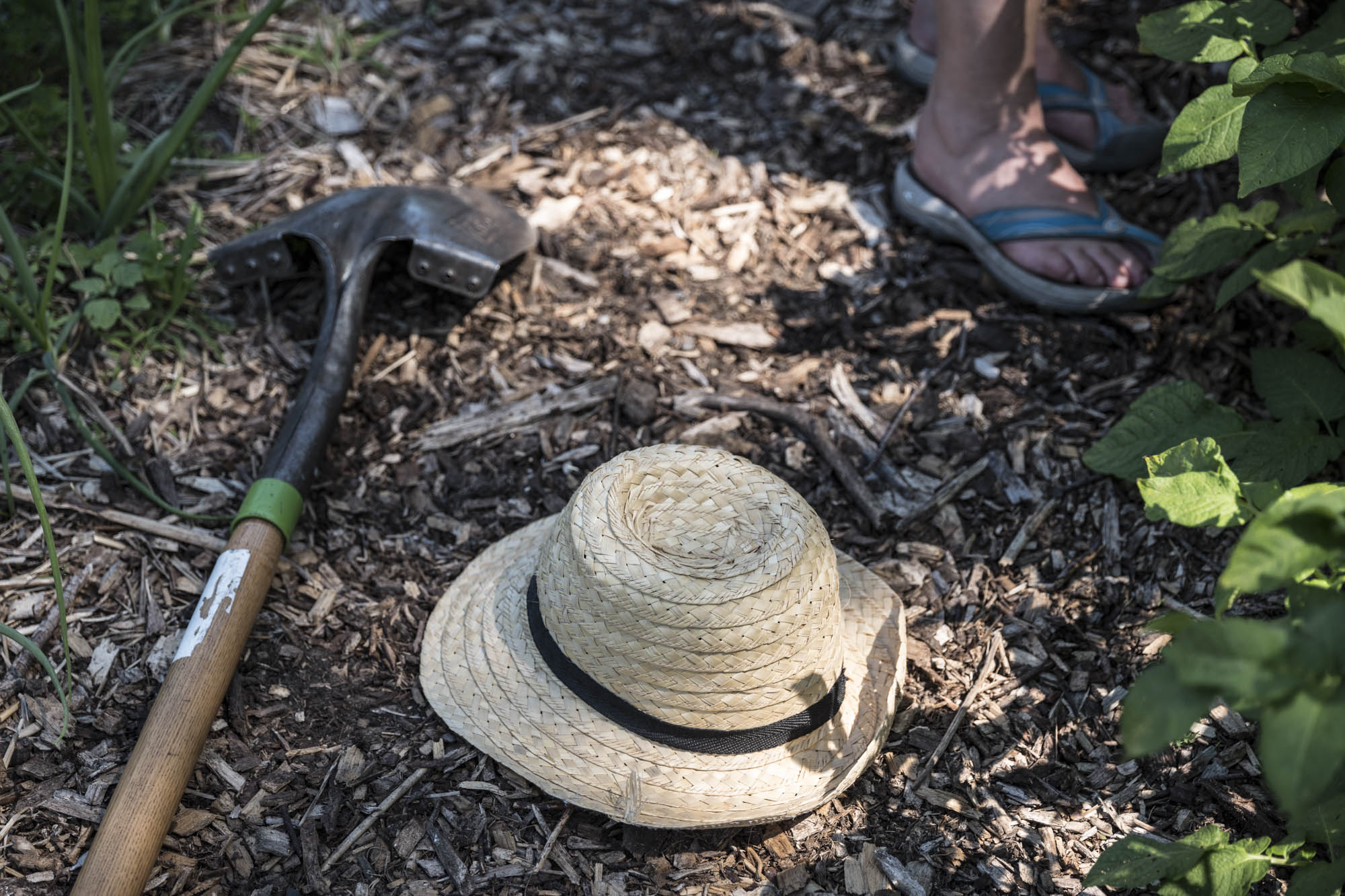
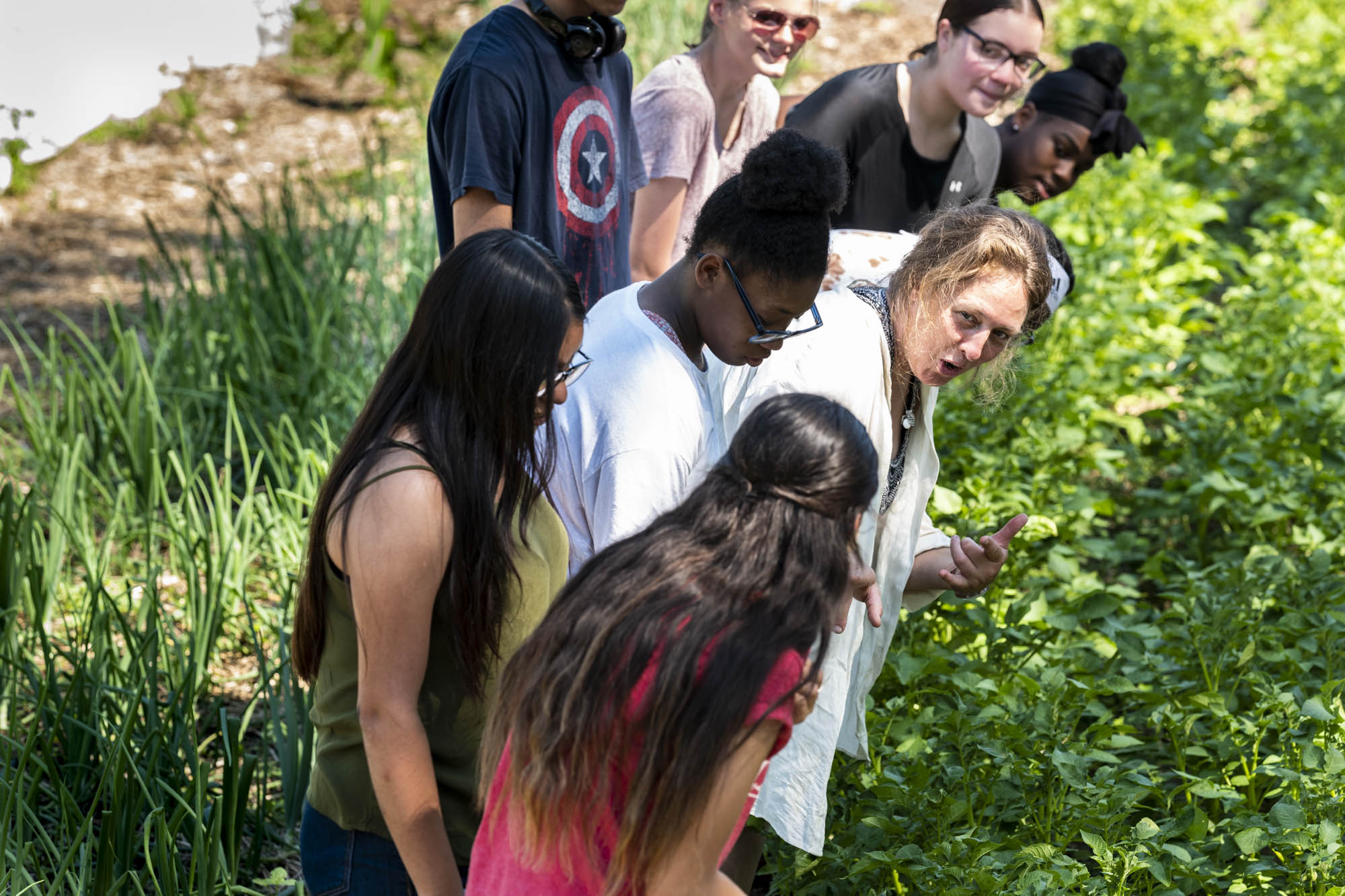
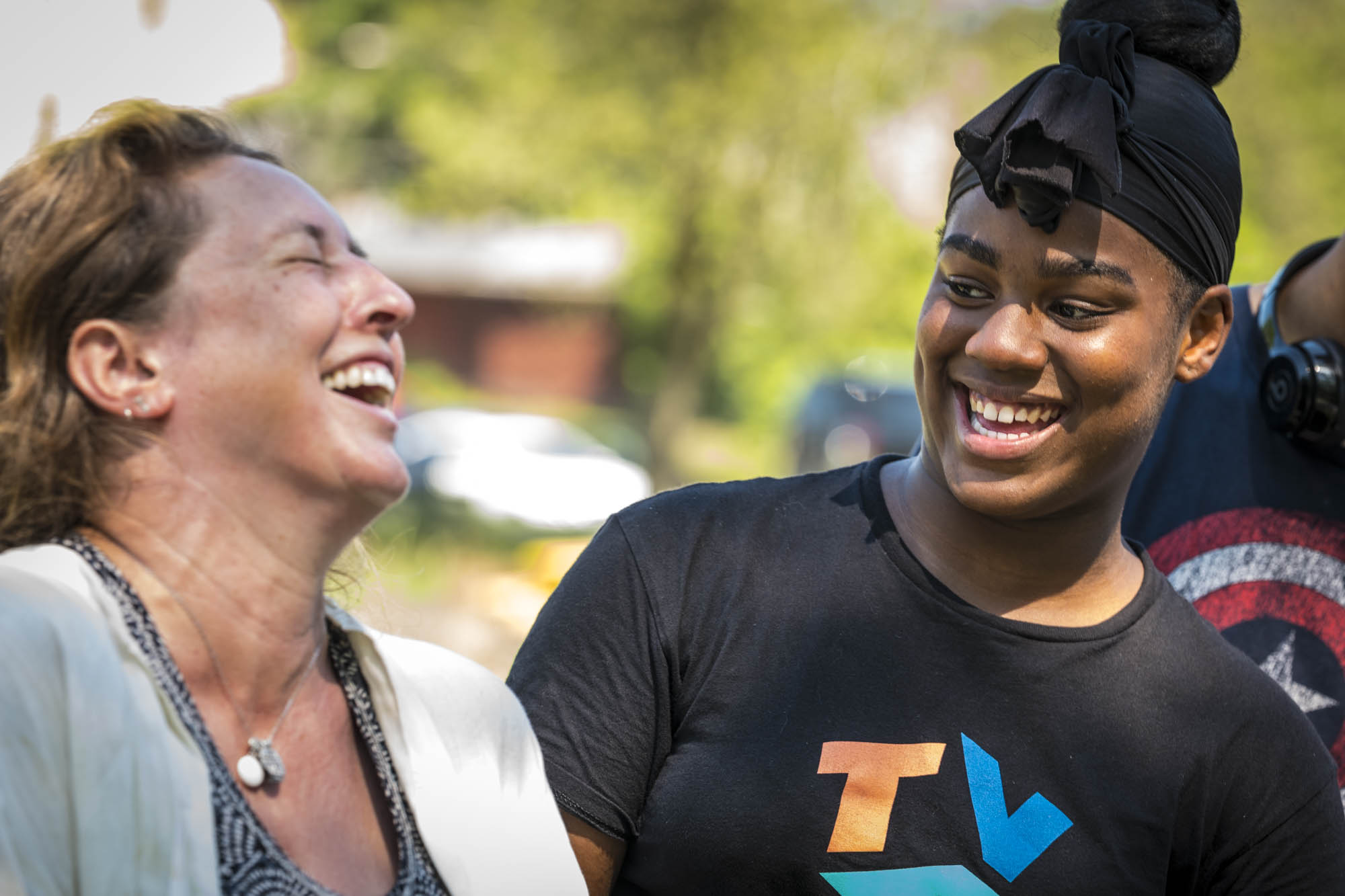
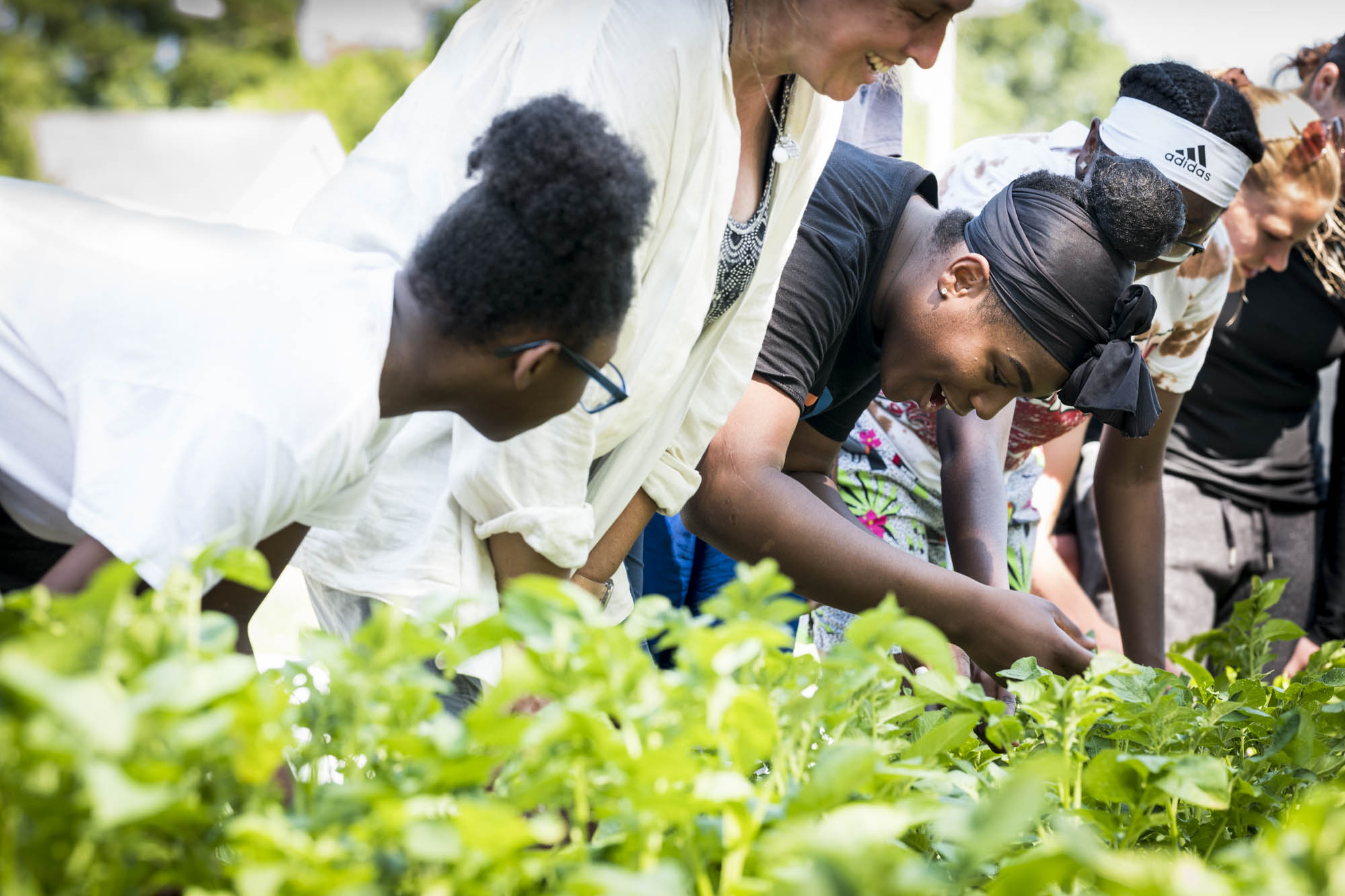
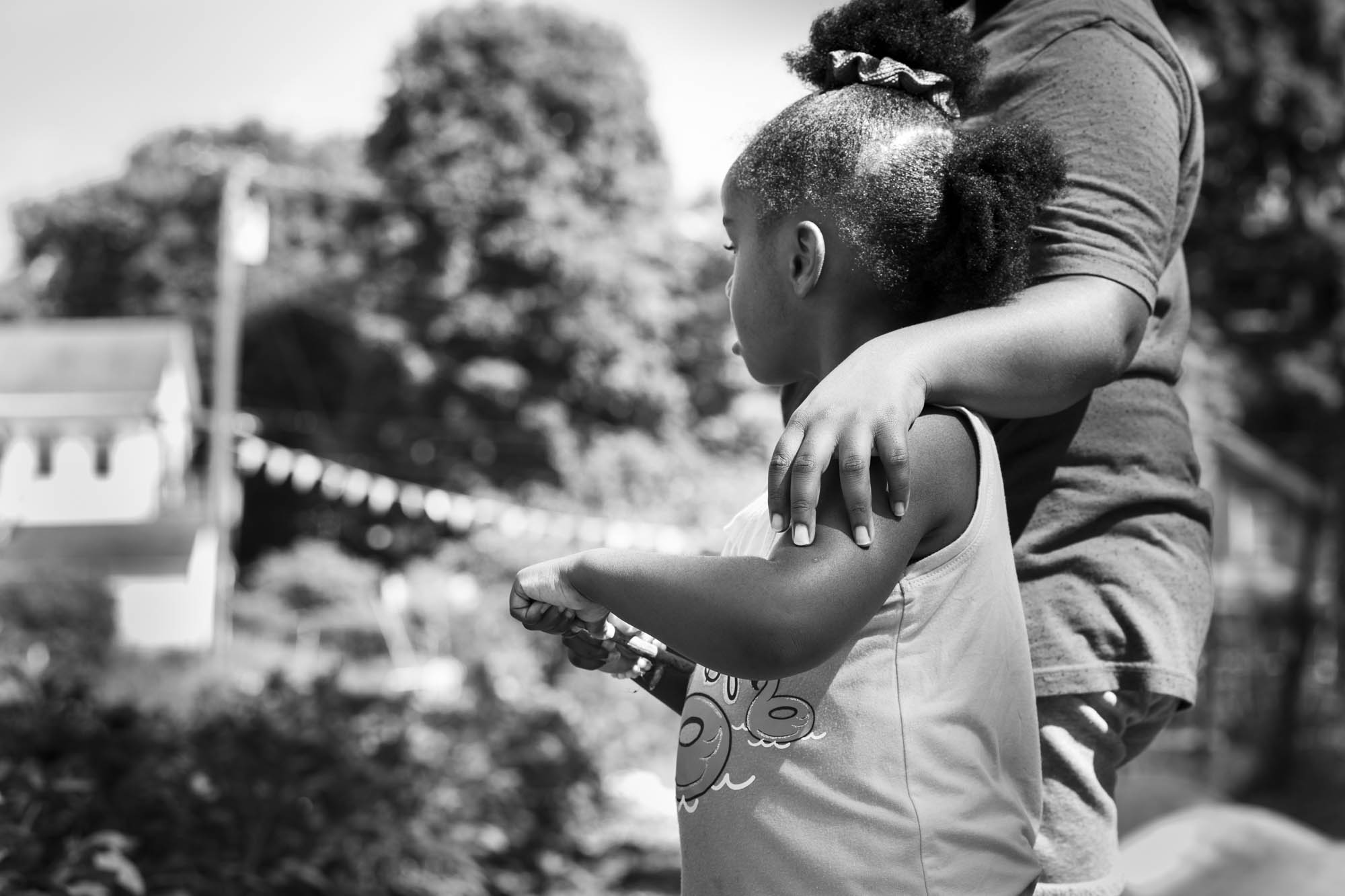
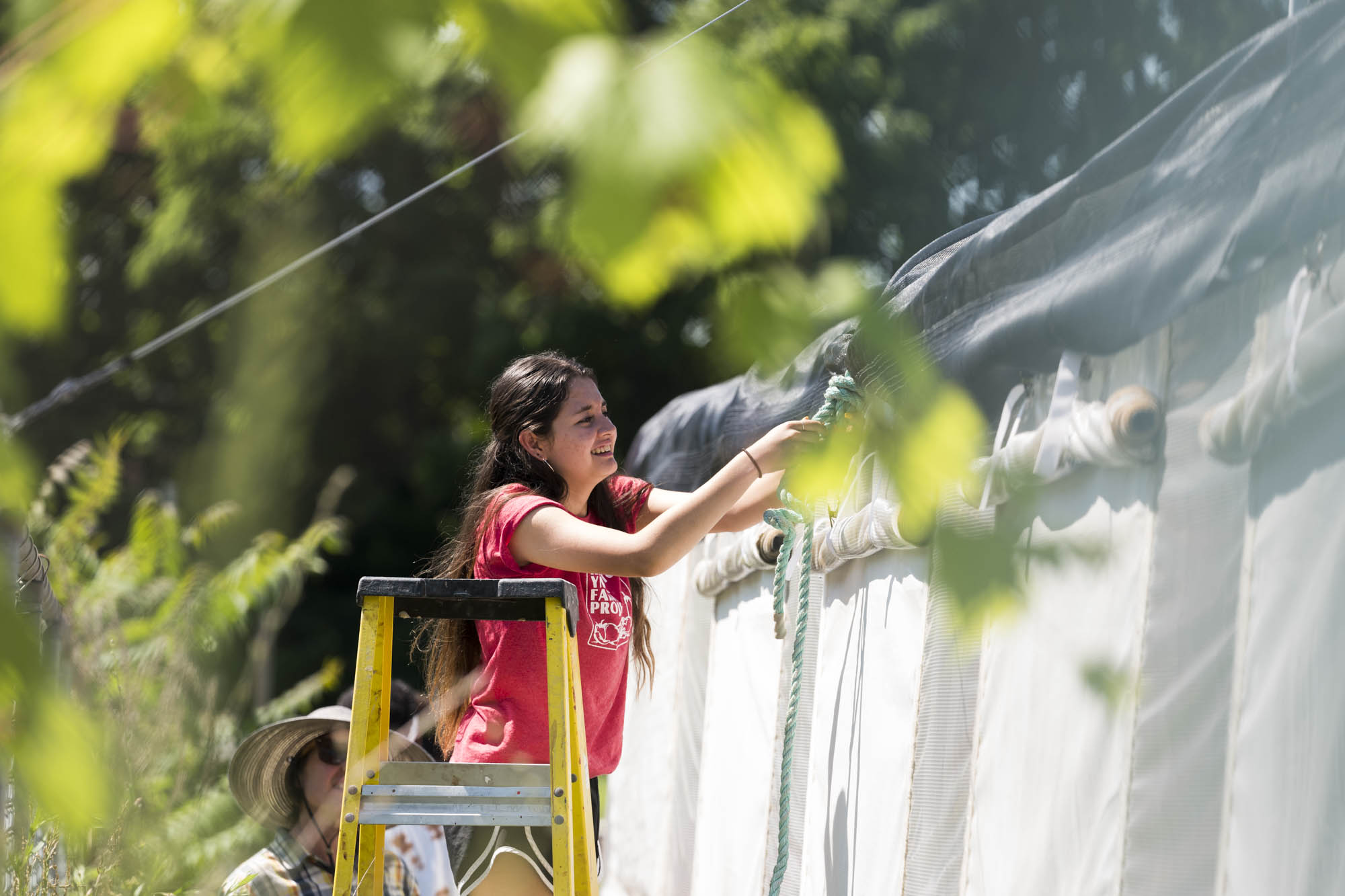
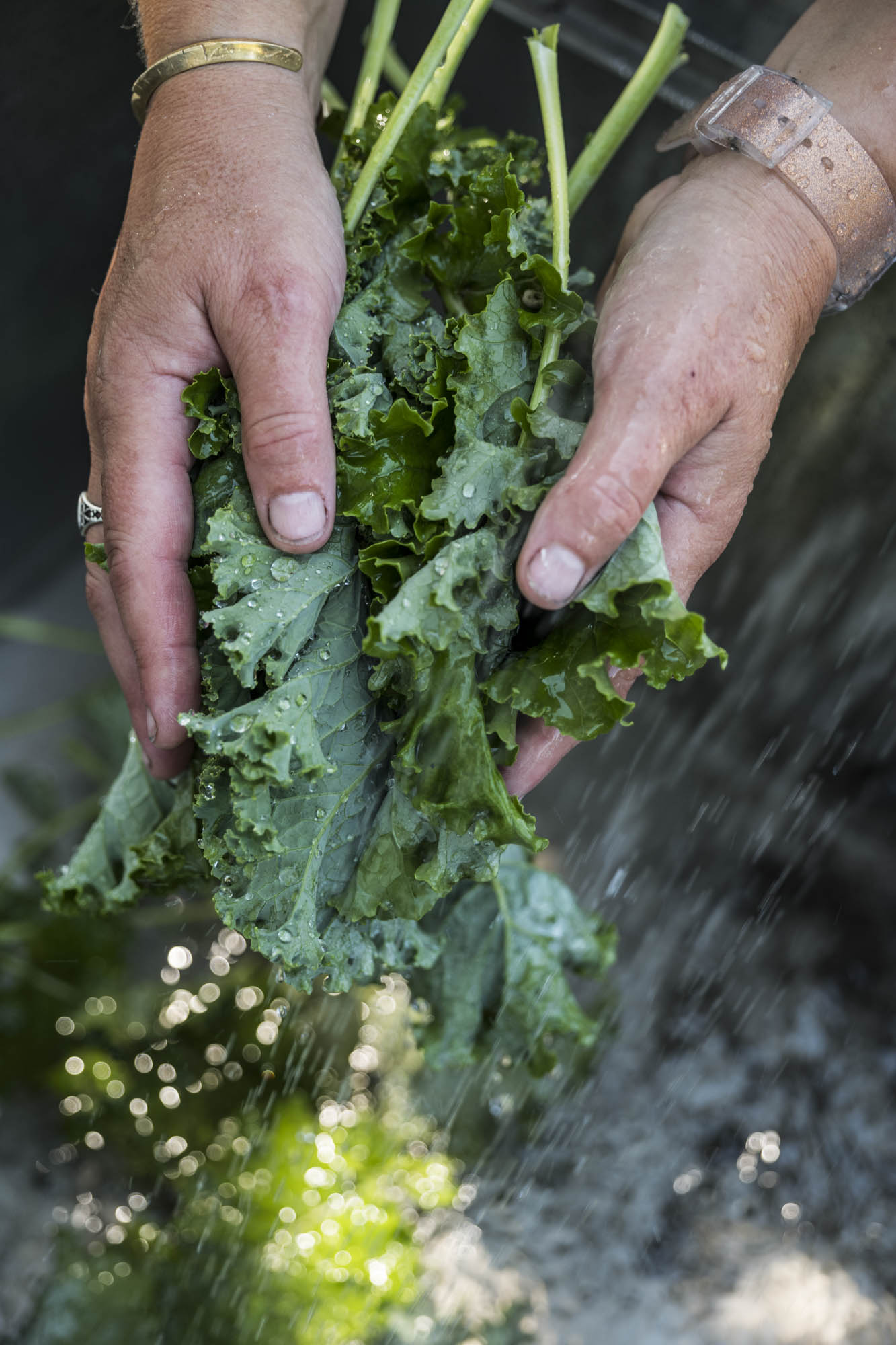
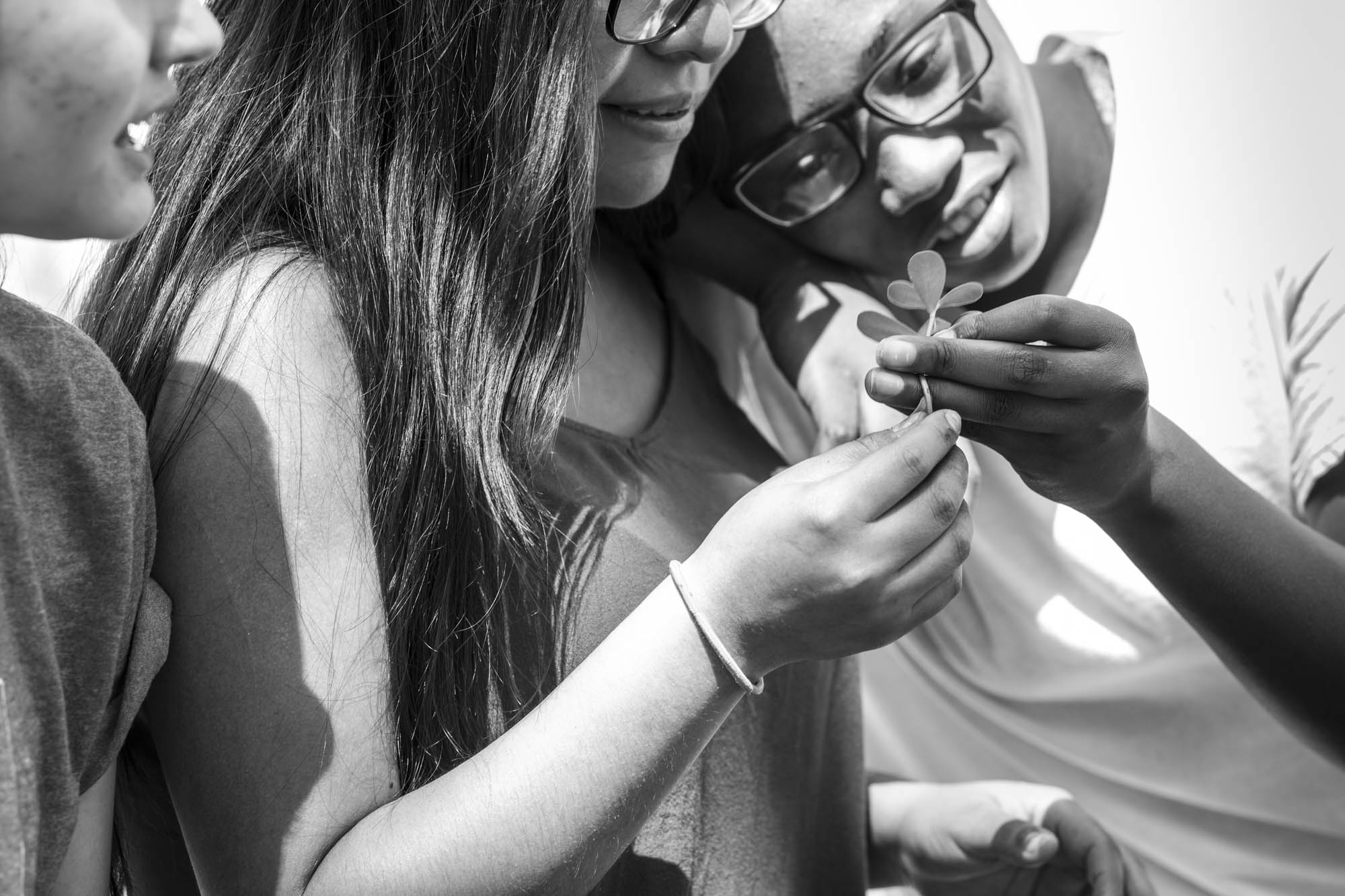
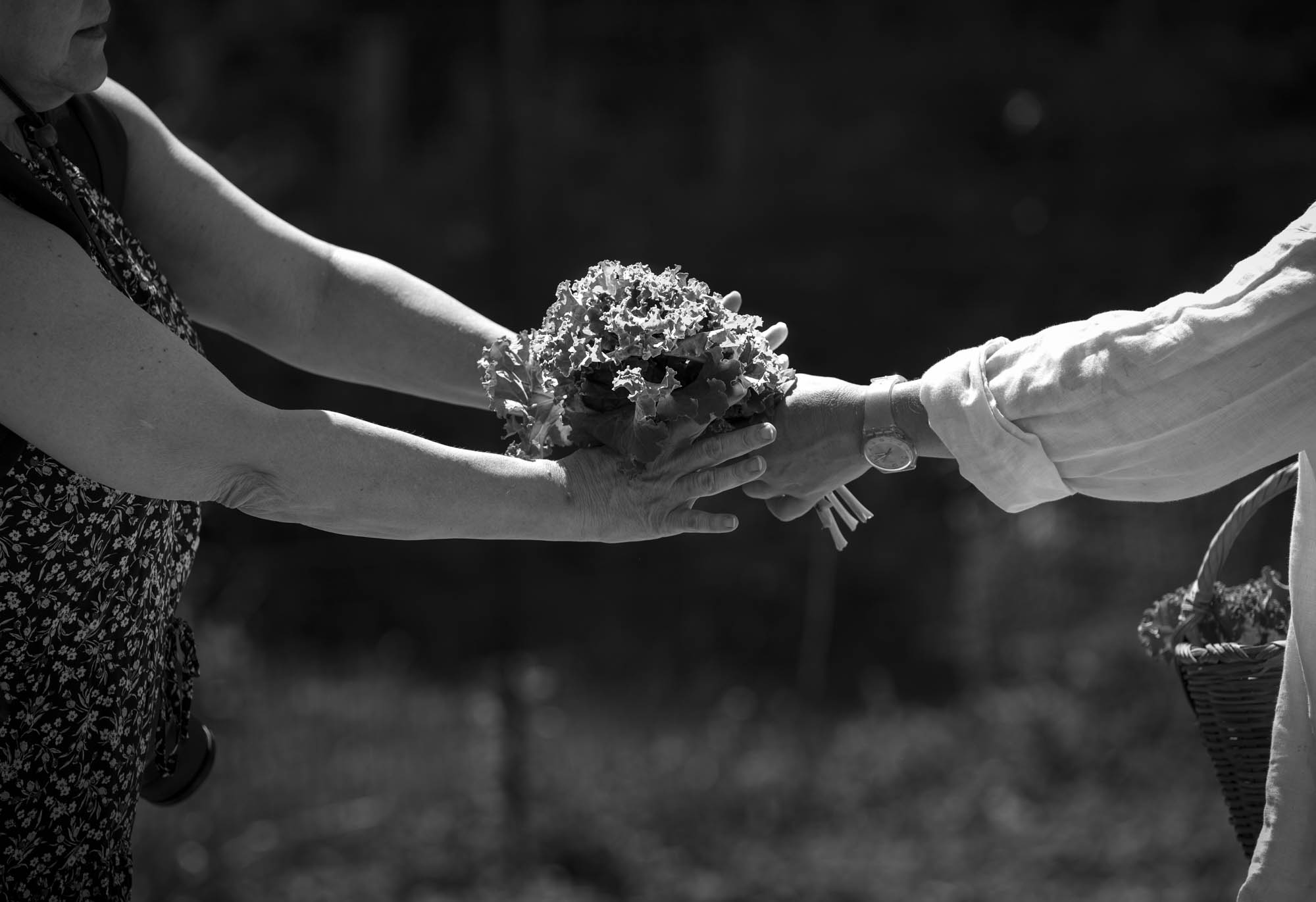
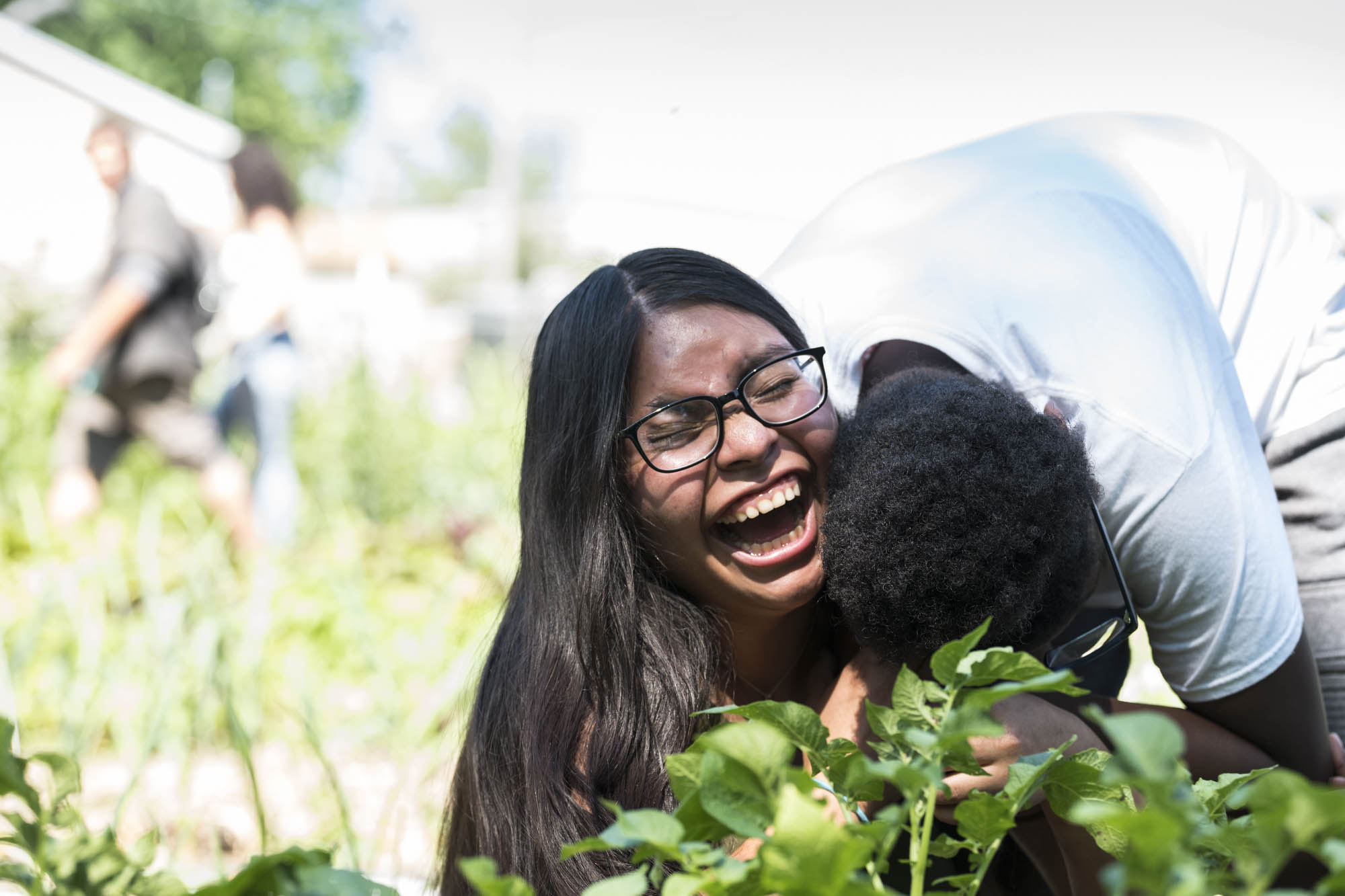
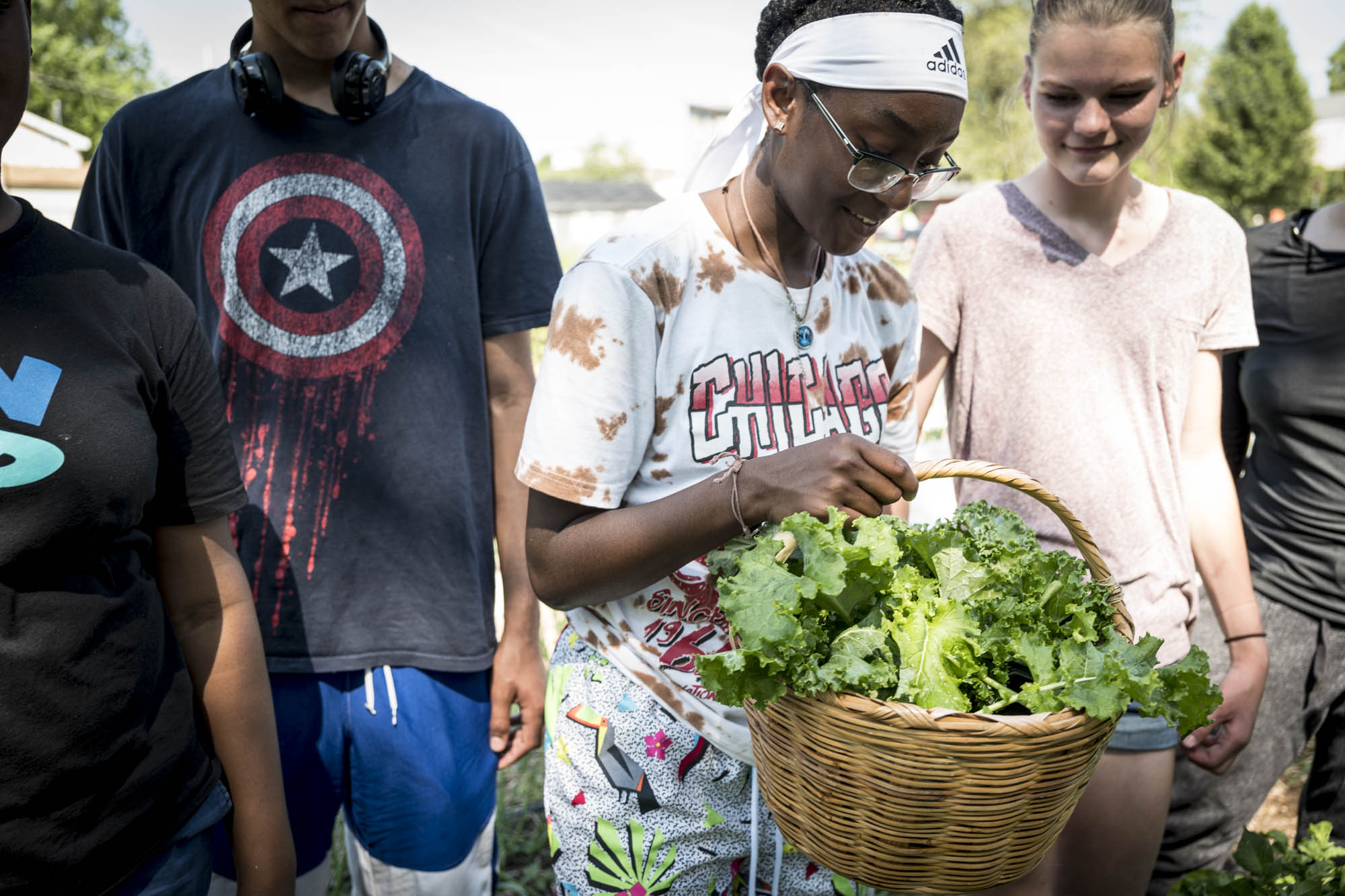
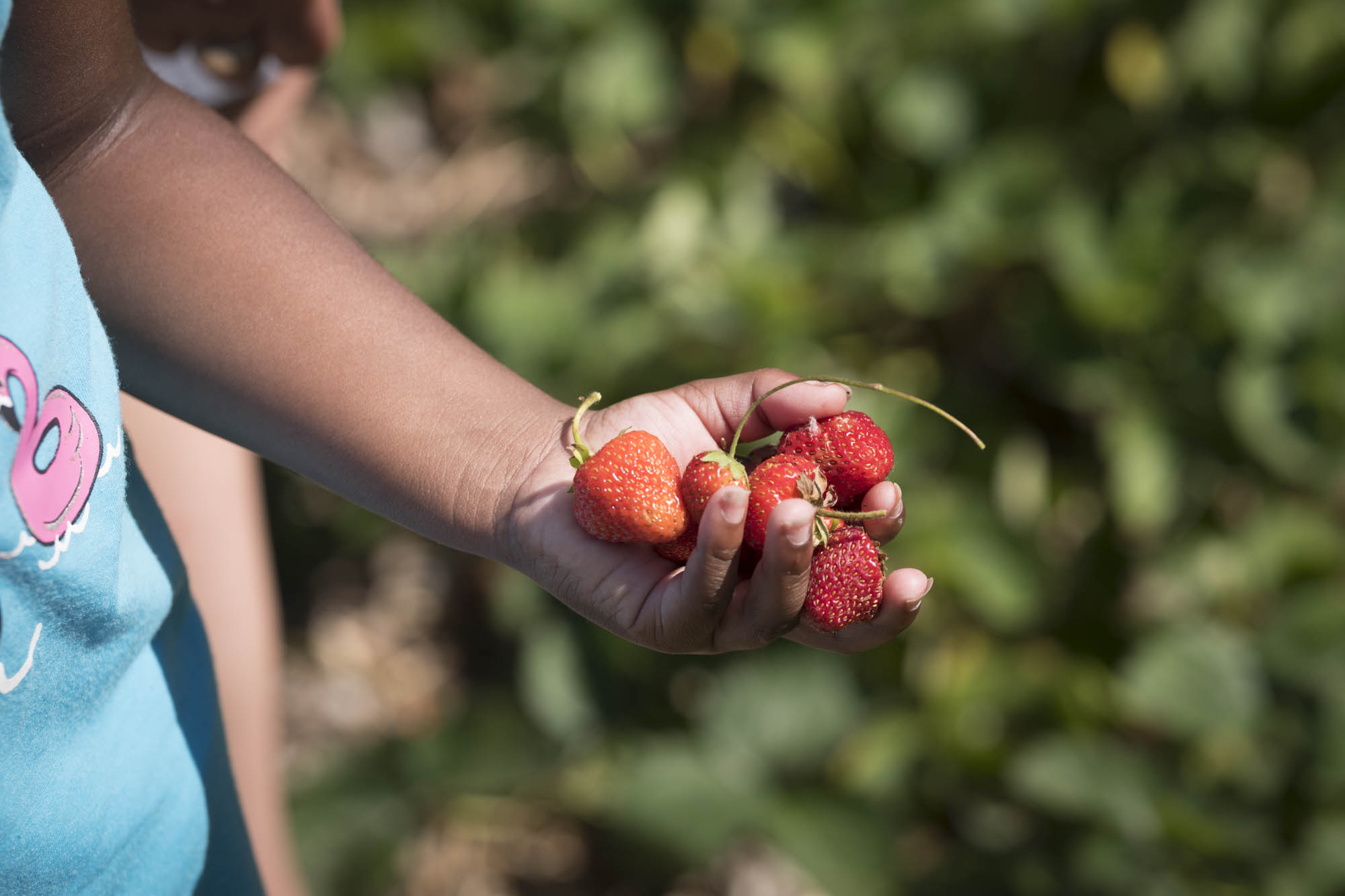
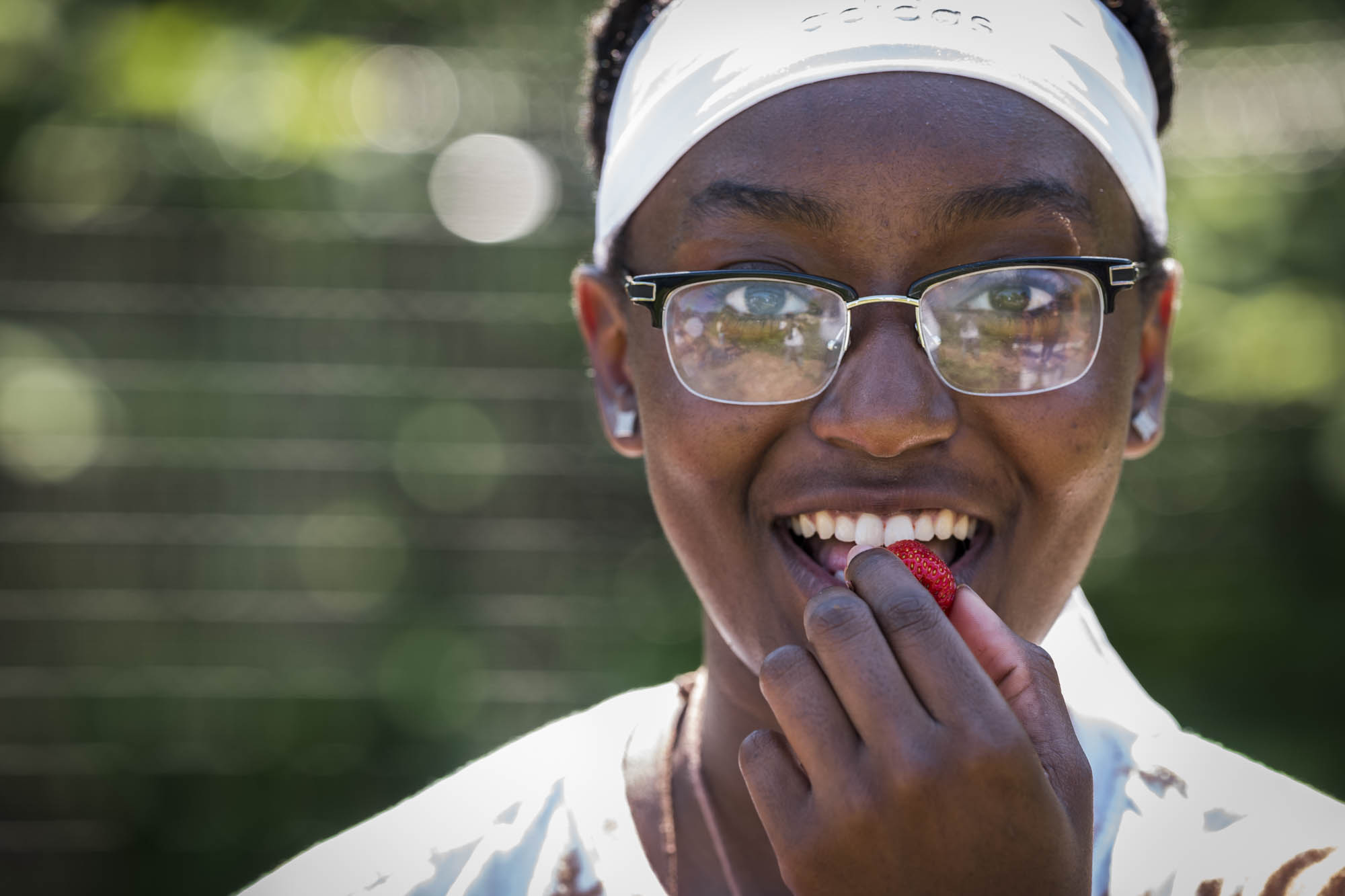
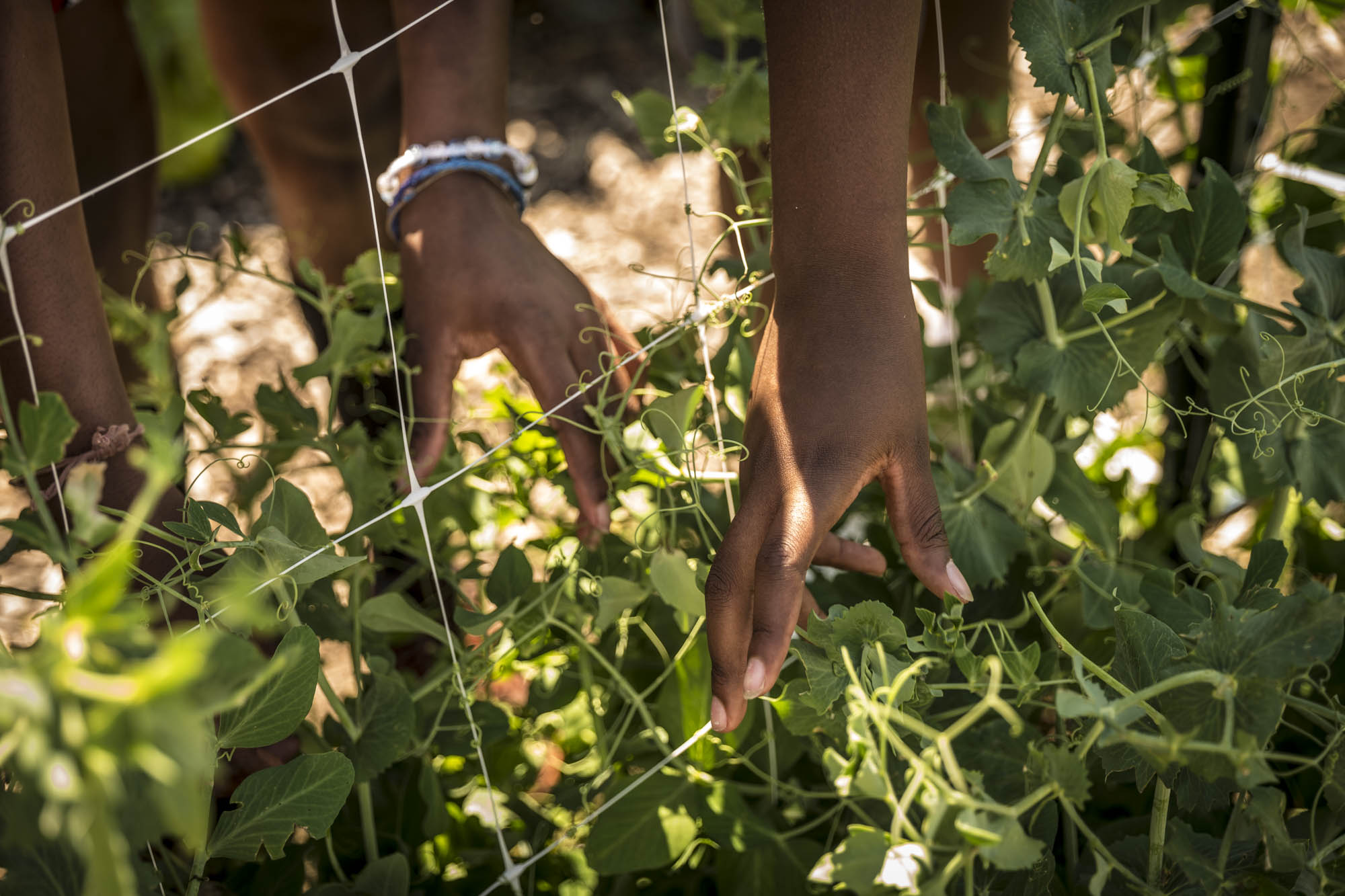
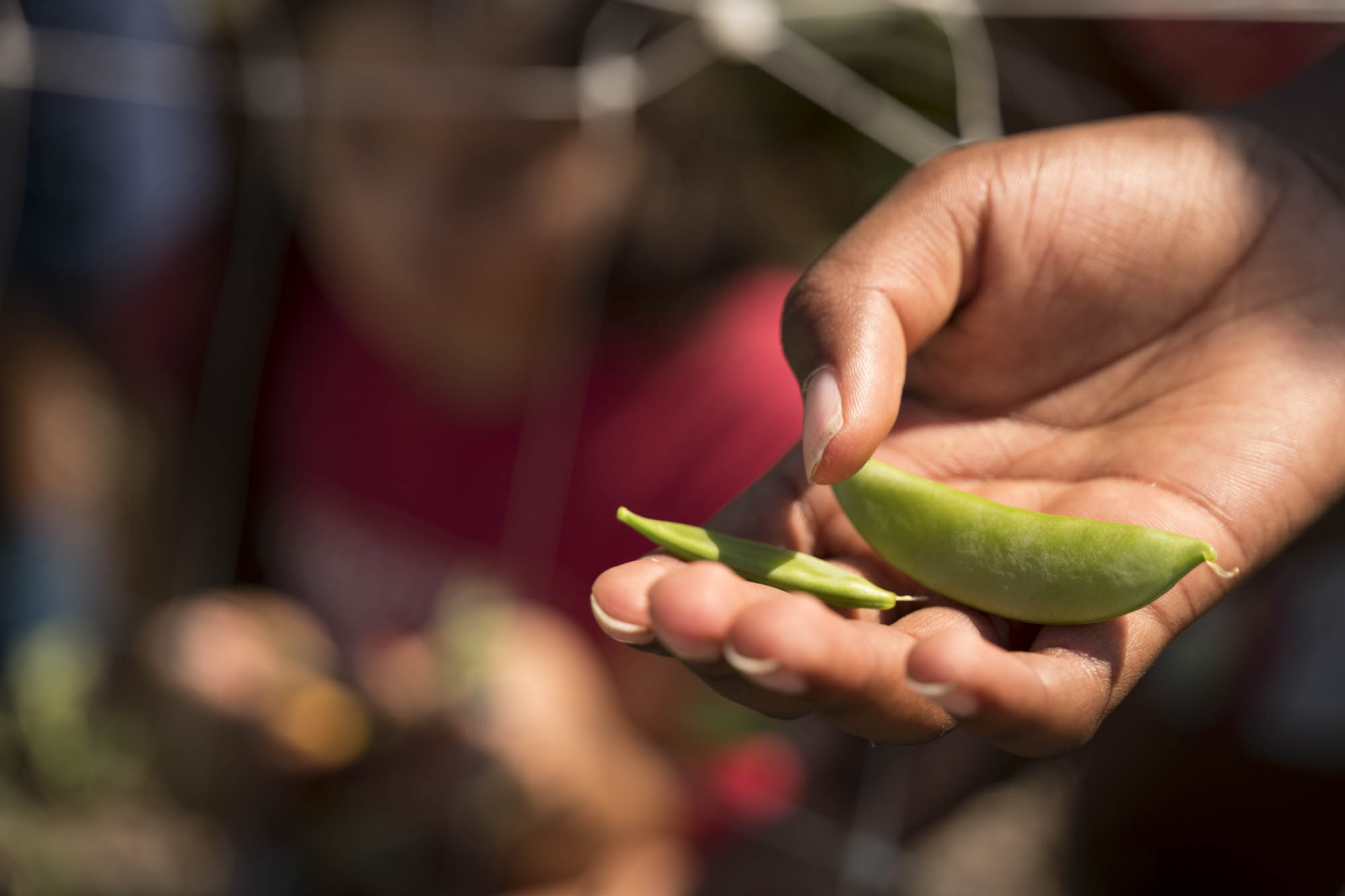
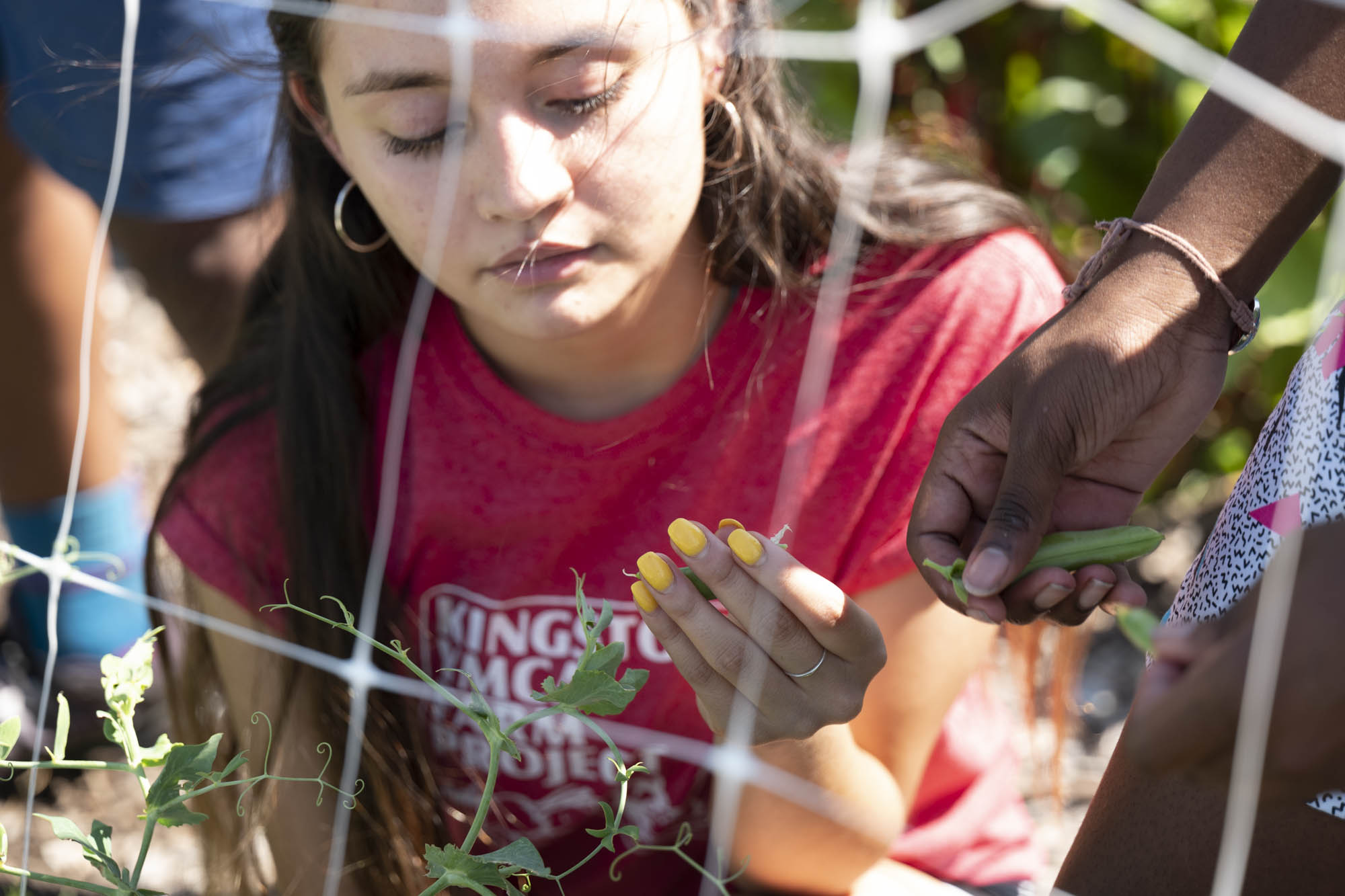
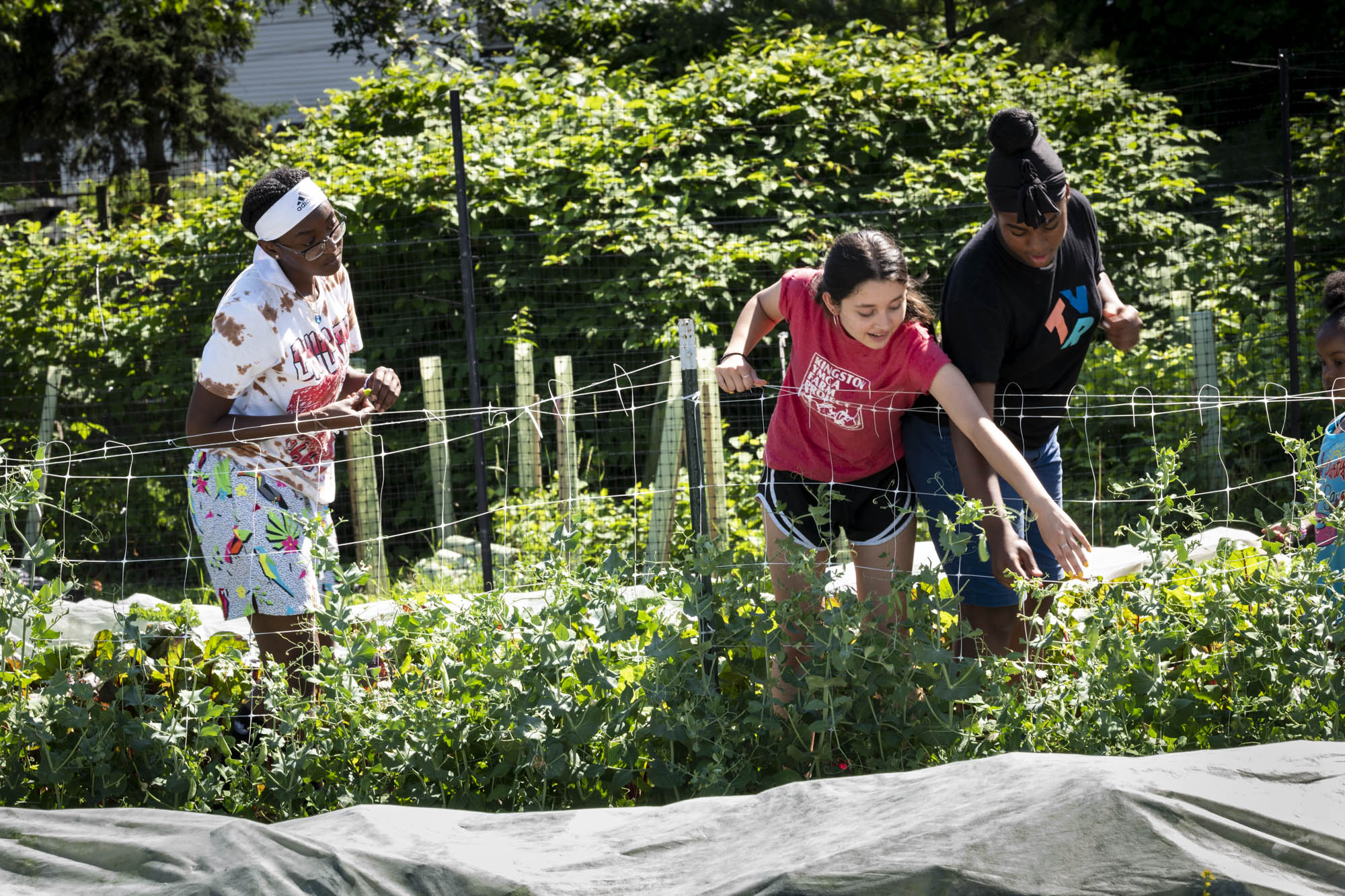
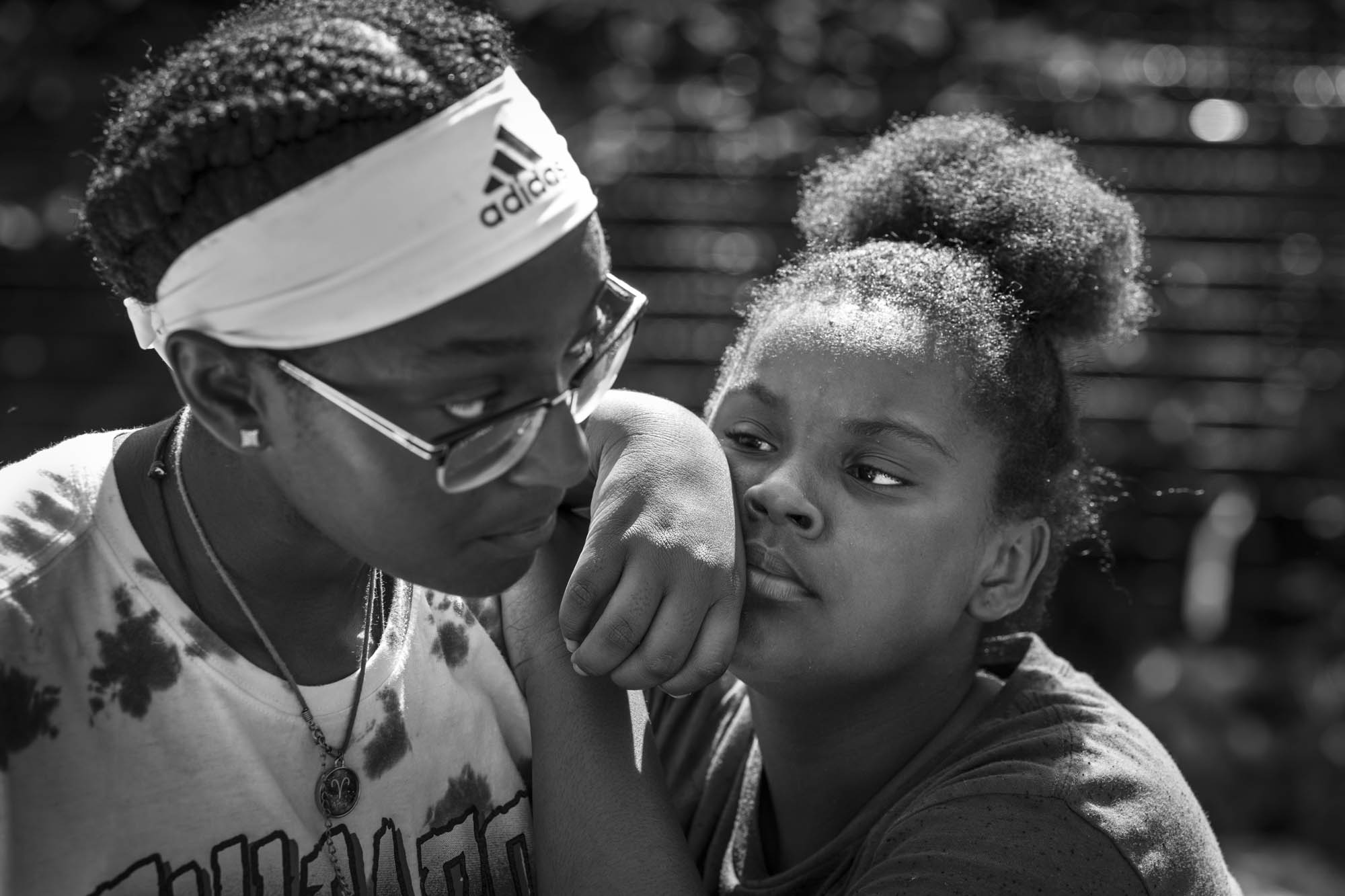
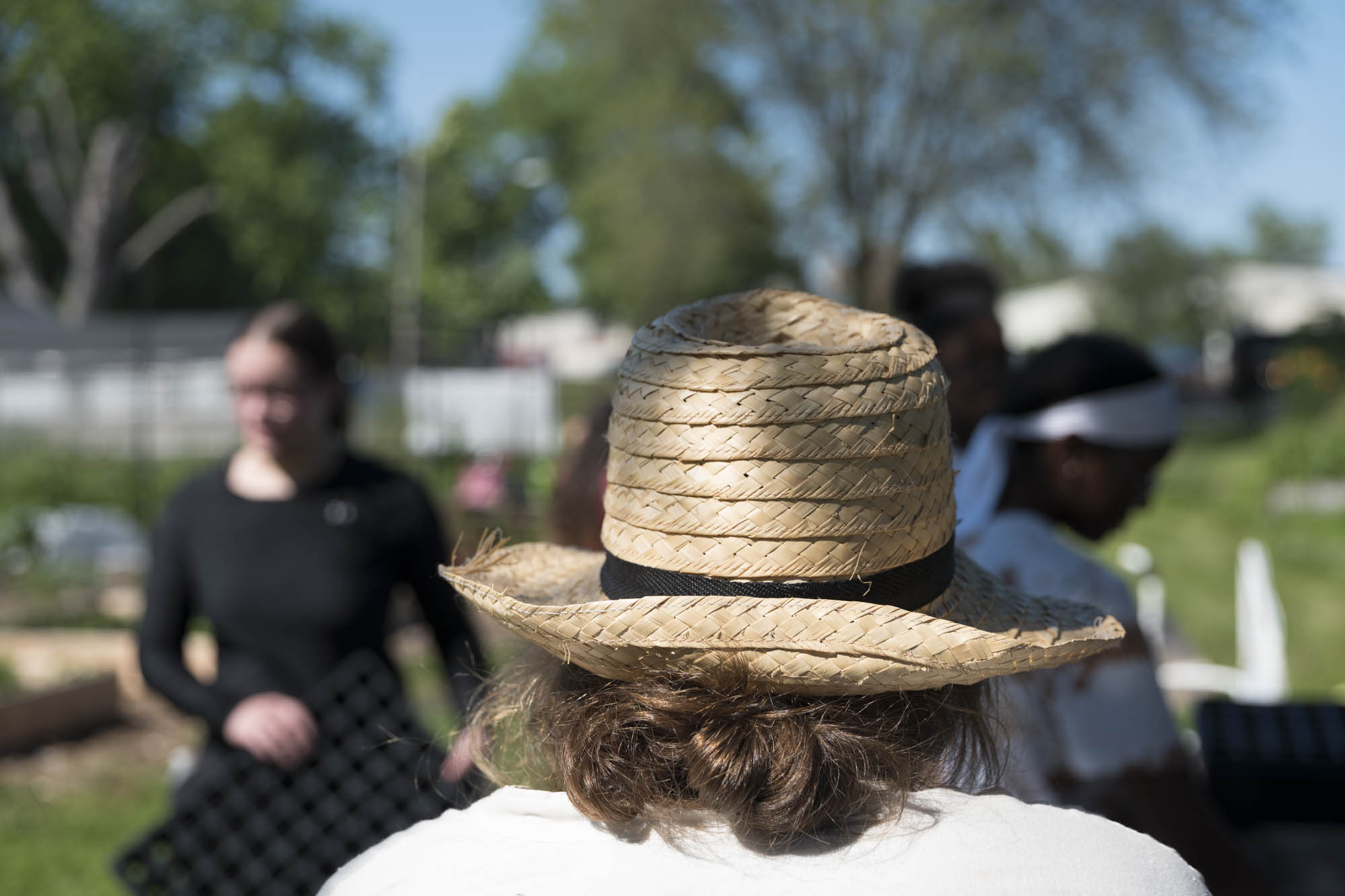
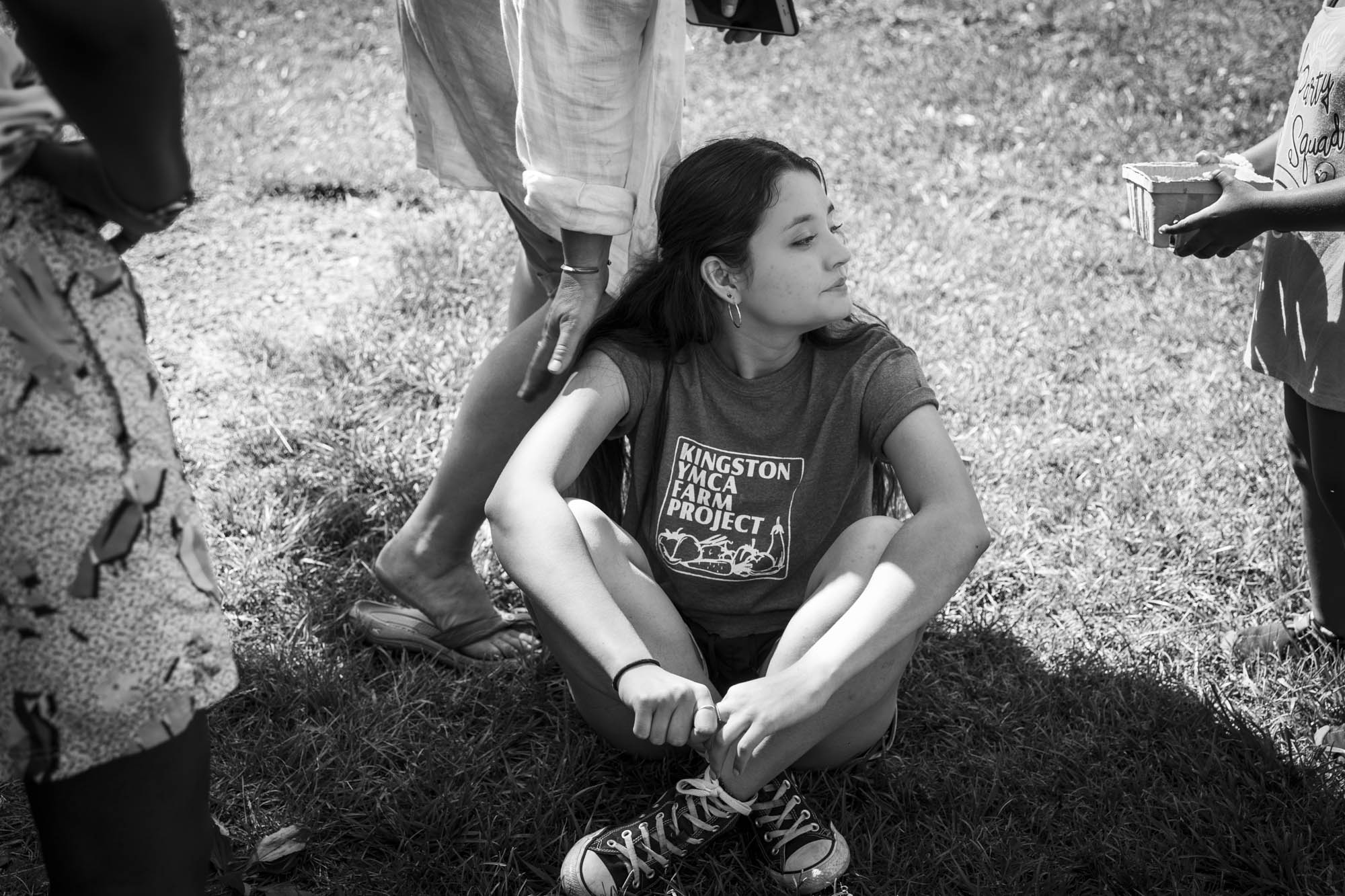
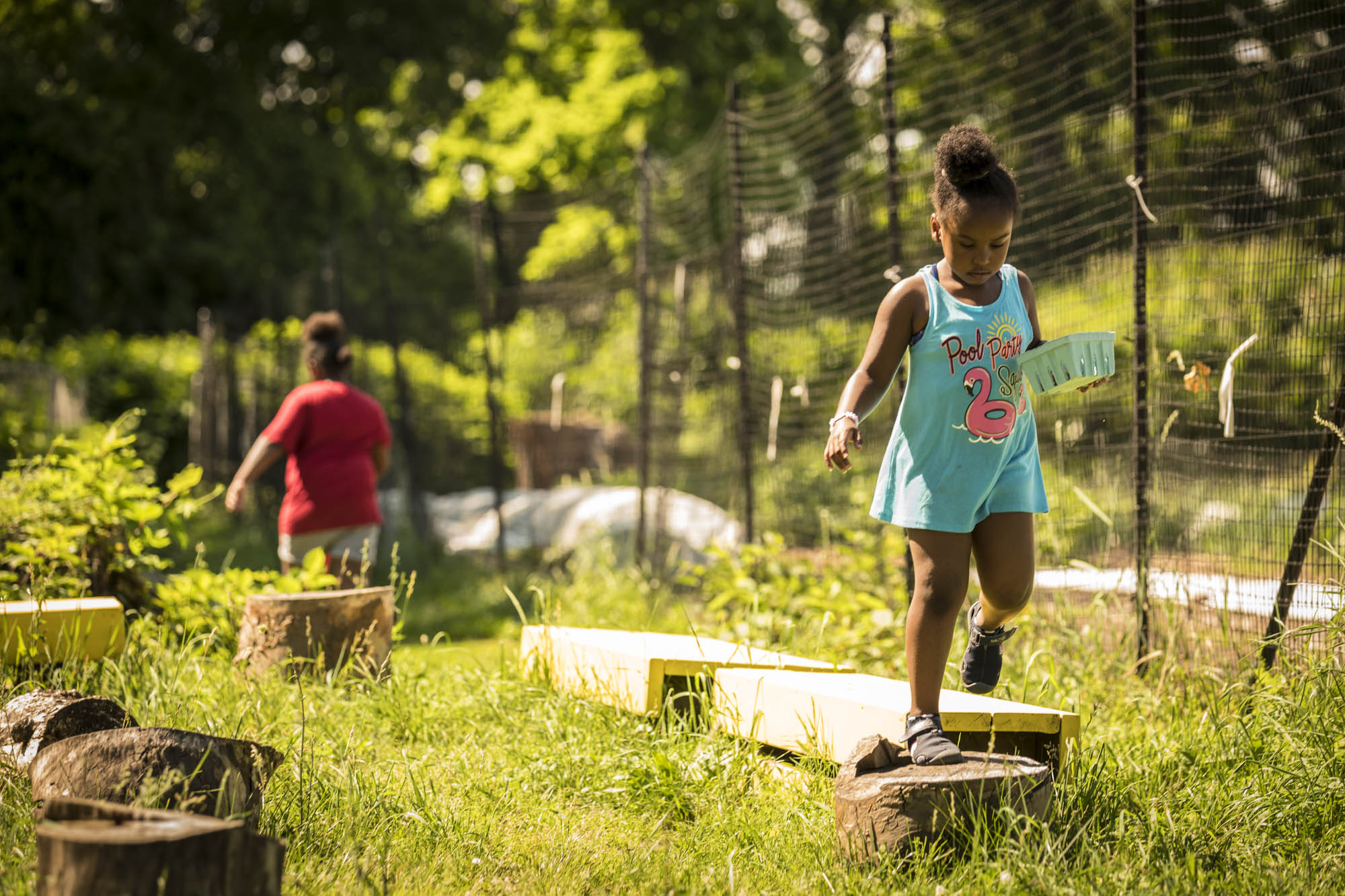
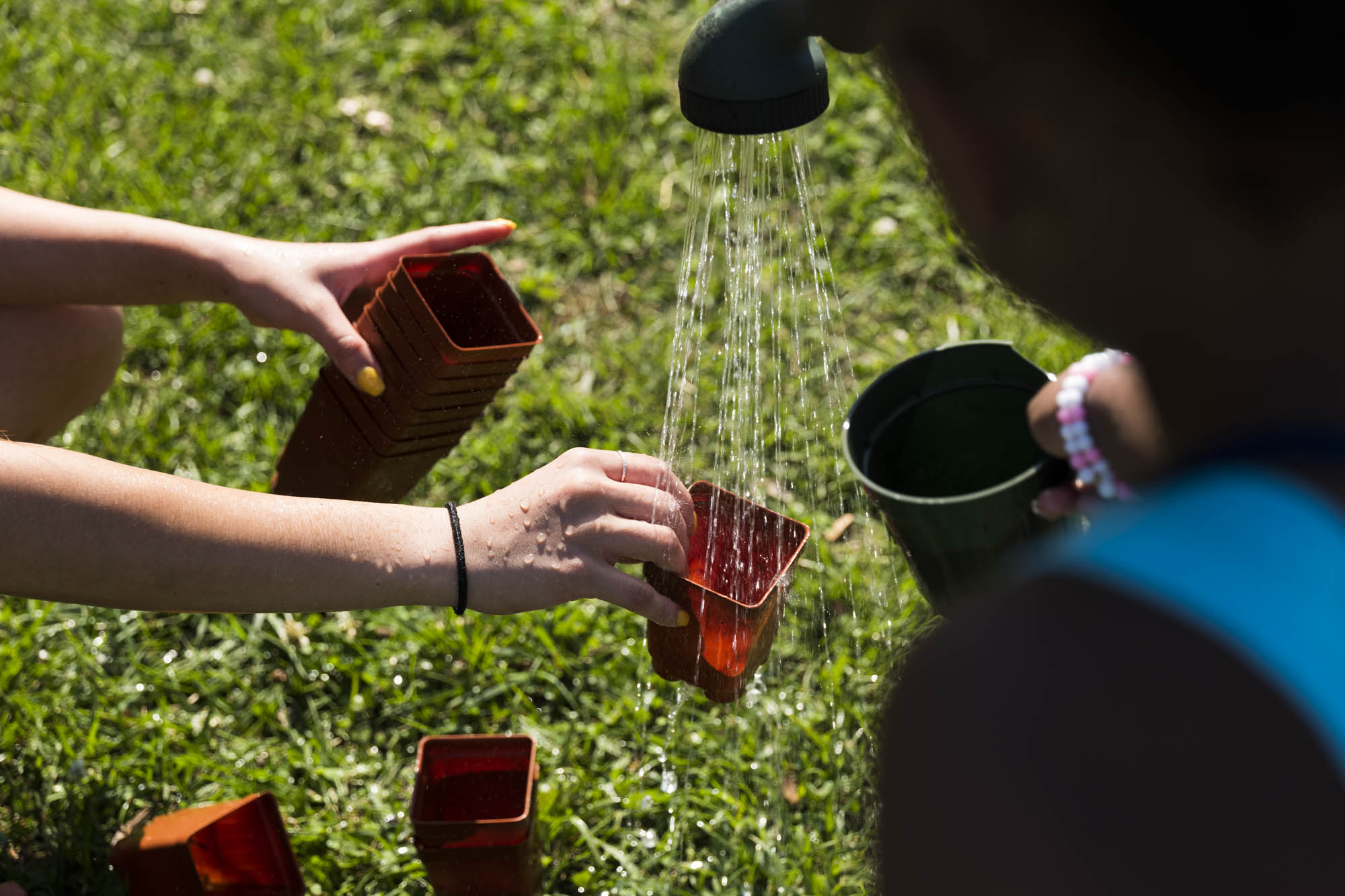
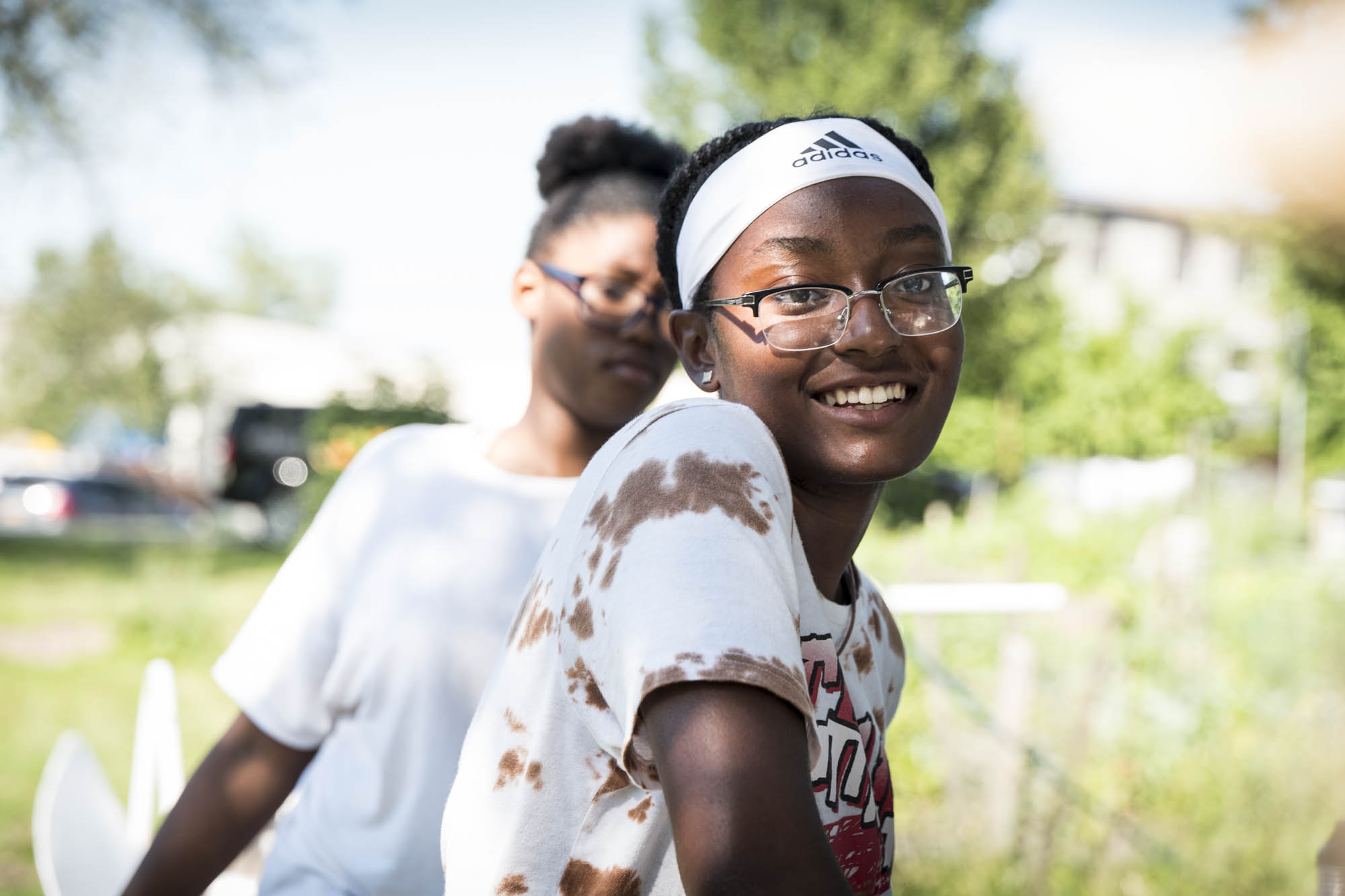
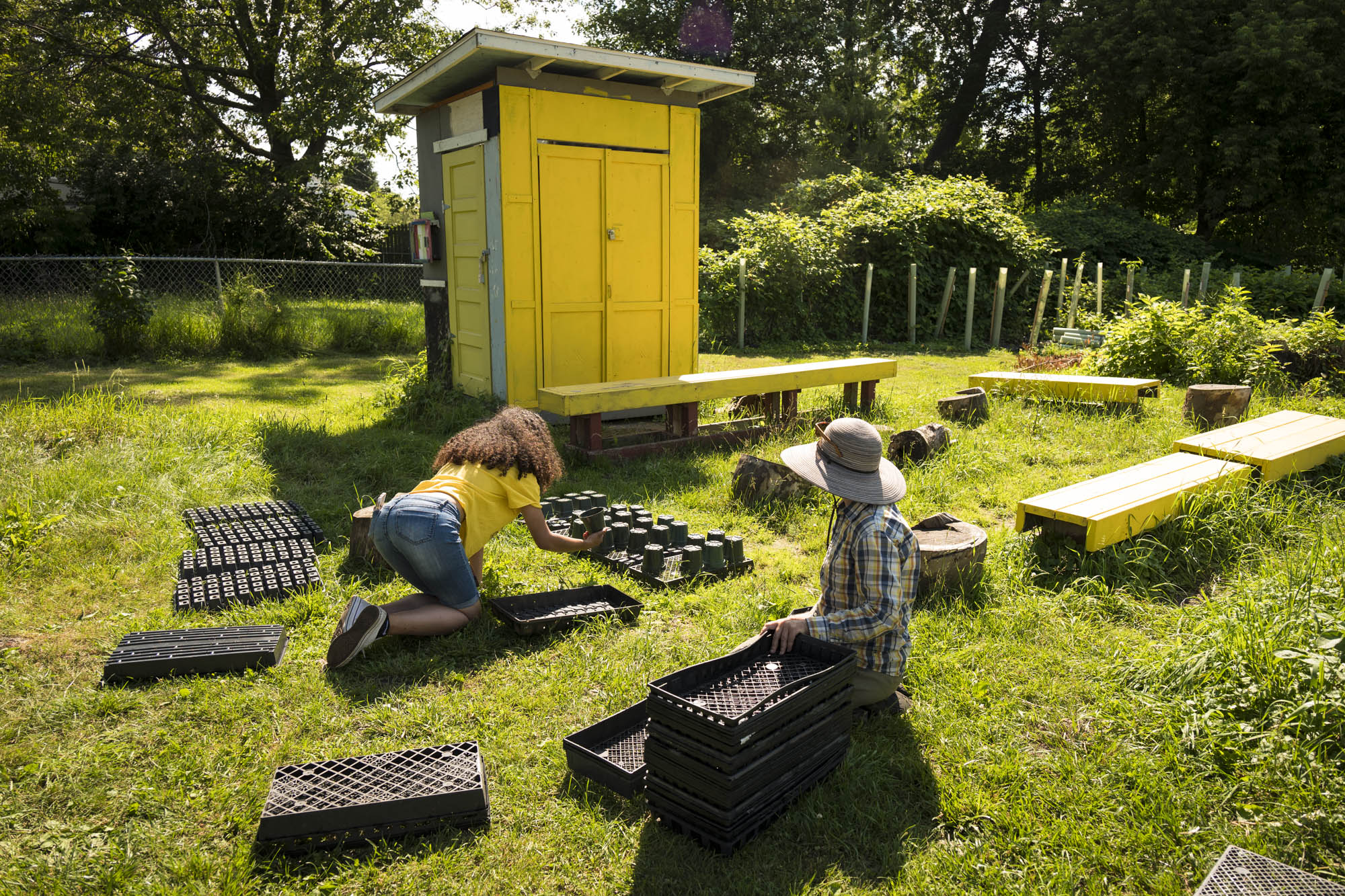
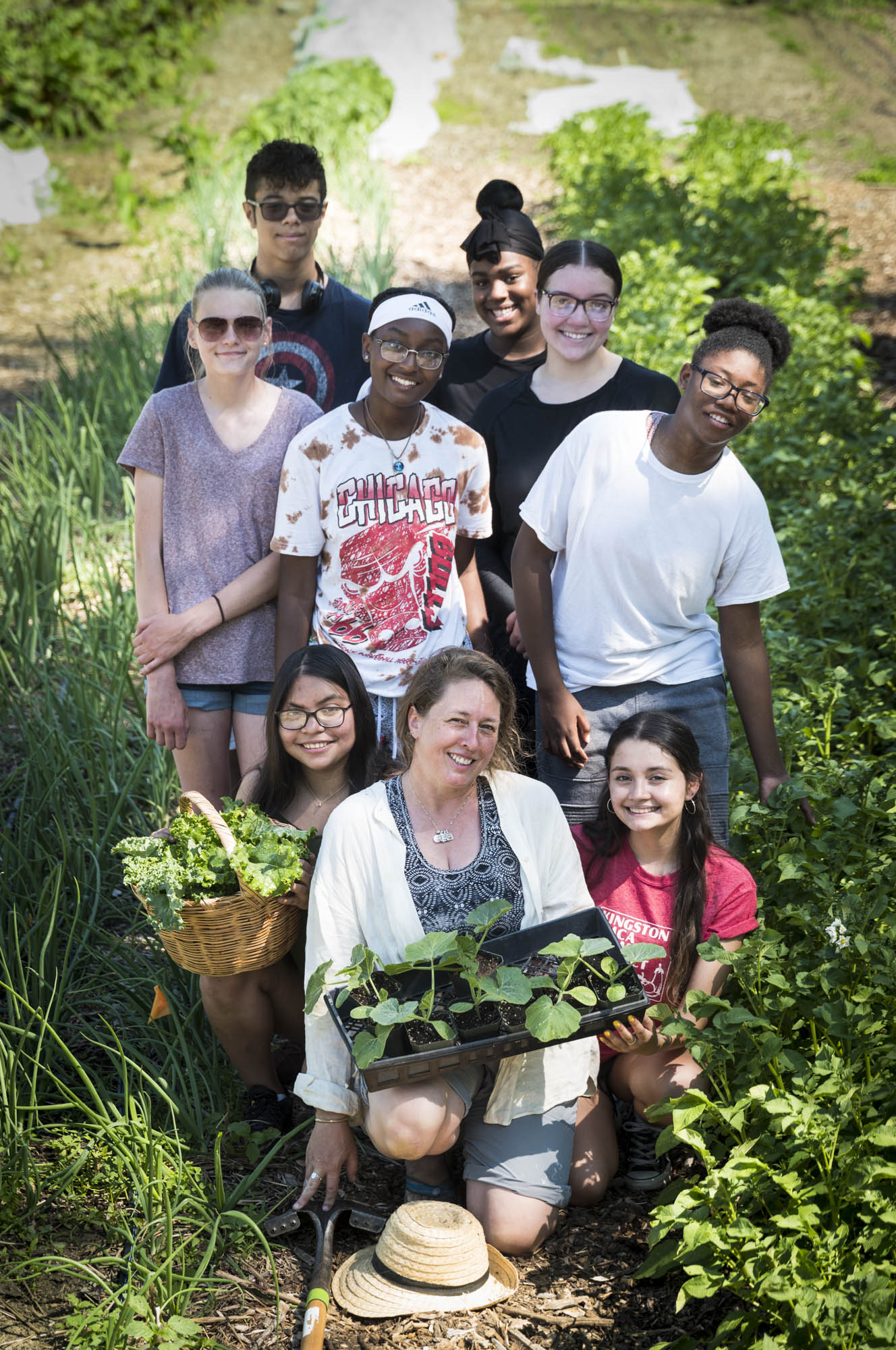
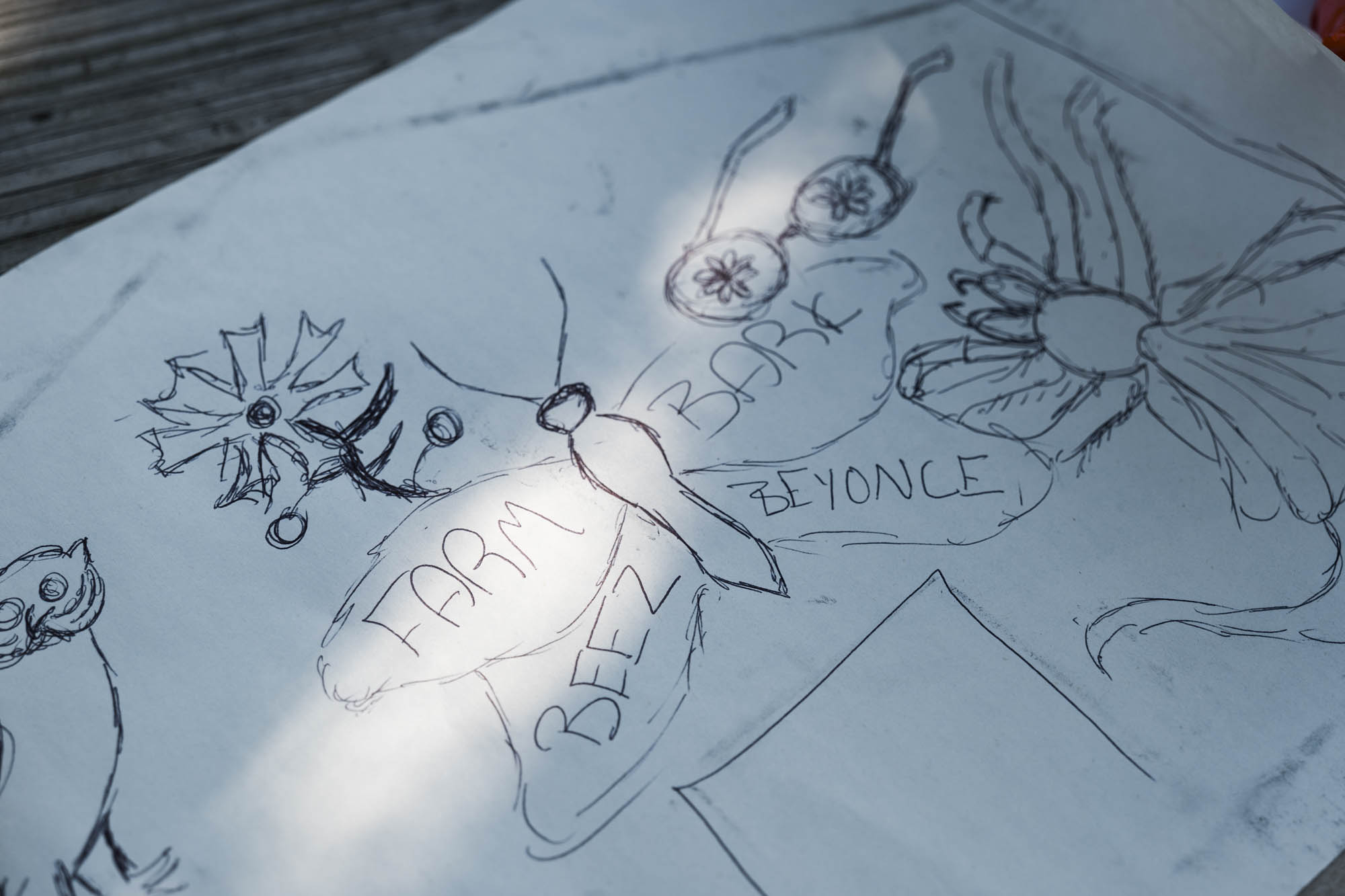
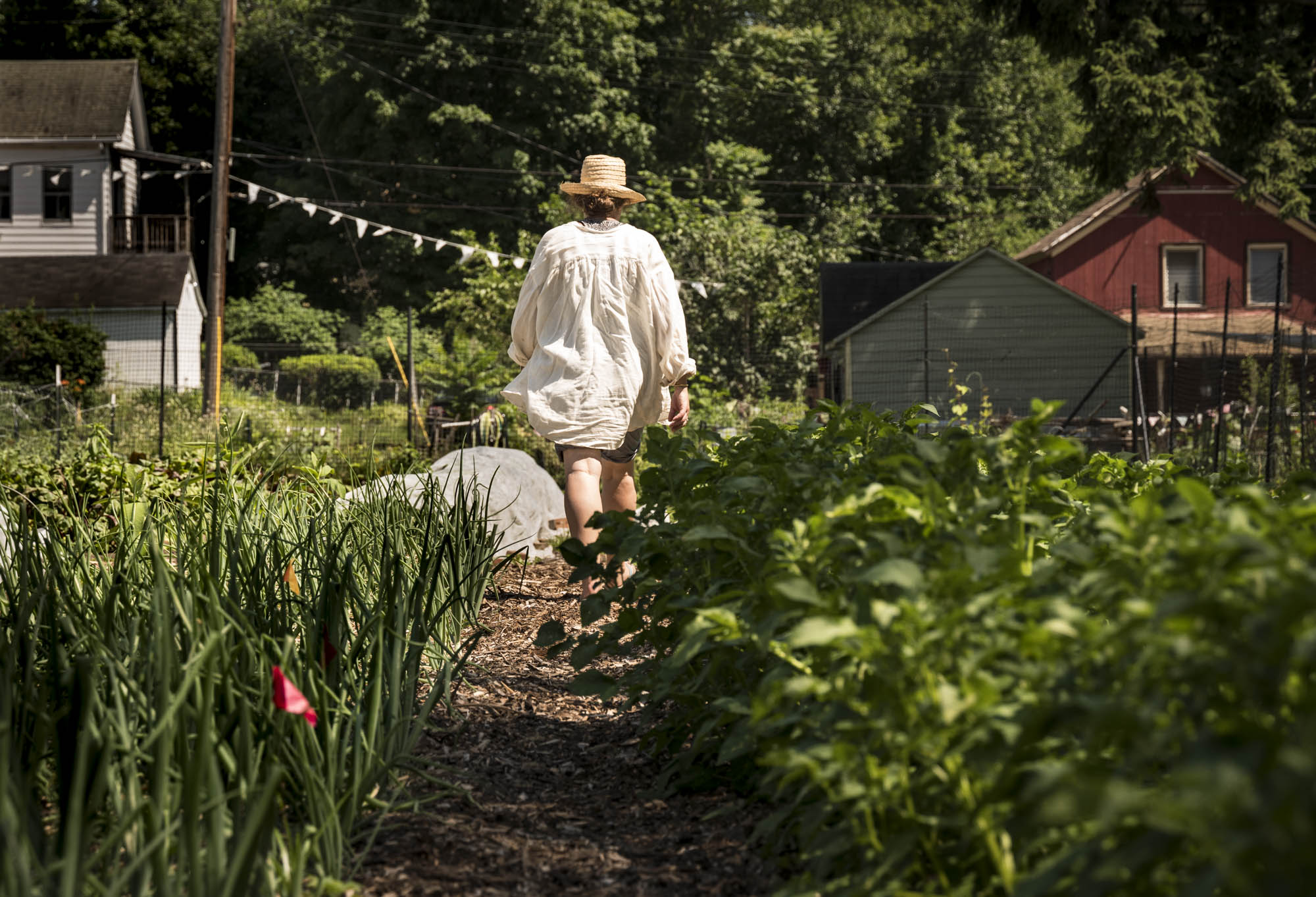
Who are you? My name is Susan Hereth and I'm the Education Director at the Kingston YMCA Farm Project.
How long have you been in Kingston? I was born at Kingston Hospital and I've lived in Ulster County my whole life. I've lived here in the city of Kingston for...oh, let's say two solid years, about 18 part time years.
What, if anything, would you change about Kingston? Because I work with teenagers and talk to them all the time about things that they want to happen, I would change things so that they were part of city policy and planning and consideration when decisions are made in Kingston.
What gives you joy in Kingston community? Coming to work every day it gives me probably the biggest joy possible. I get to work with amazing people who are residents here in Kingston. I get to be fully immersed in my community; we have our farm stands set up around Kingston, so I get to see all aspects of the city and all the people who live here, and yeah, coming to work gives me joy.
What is your secret hope for the future? My biggest hope for the future for me I think is to keep going on the trajectory that I'm on and that is, being a person that is in a position to lift up the people that are coming up as the next generation. So that's sort of why I do what I do, 'cause I really want to support and engage and educate the kids that I work with, the teenagers that I work with, so for me what I want is to be able to really uplift them.
Anthea White & Mark Palmer
“We never thought that we would be so engrossed in this kind of a small town if I can say that, in a small community like this. And it just grew on us and we fell in love with it. So we just never left, basically.”
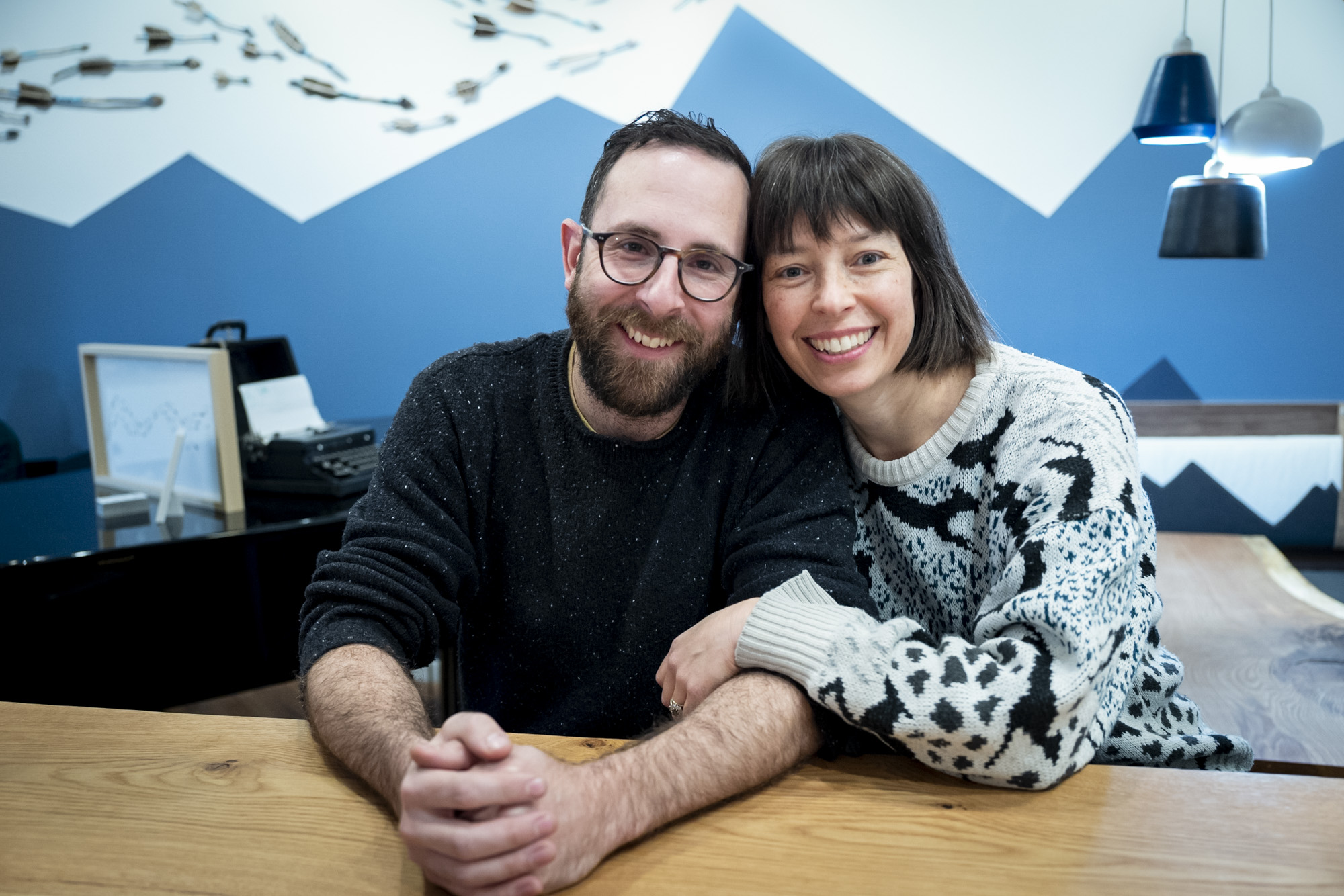
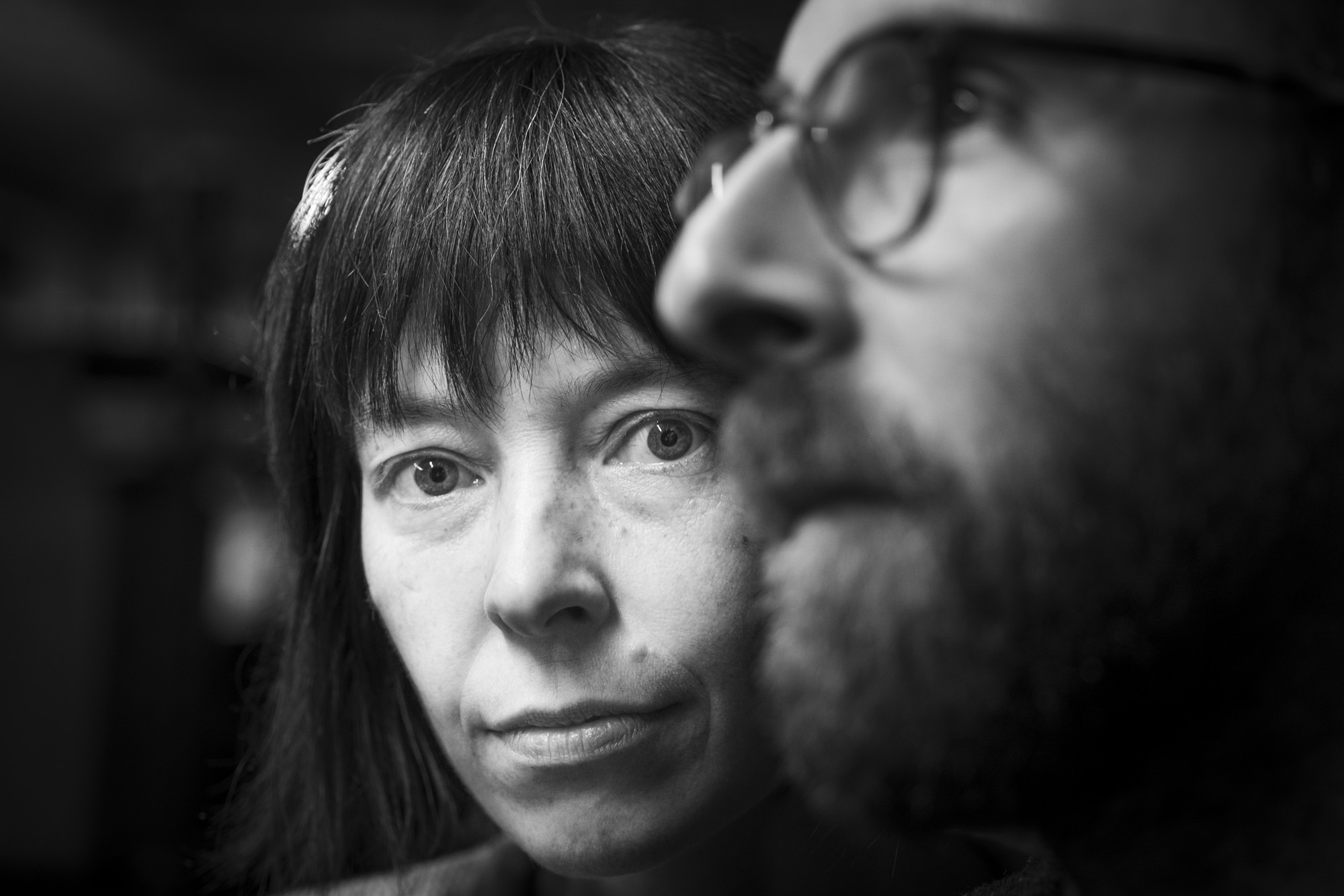
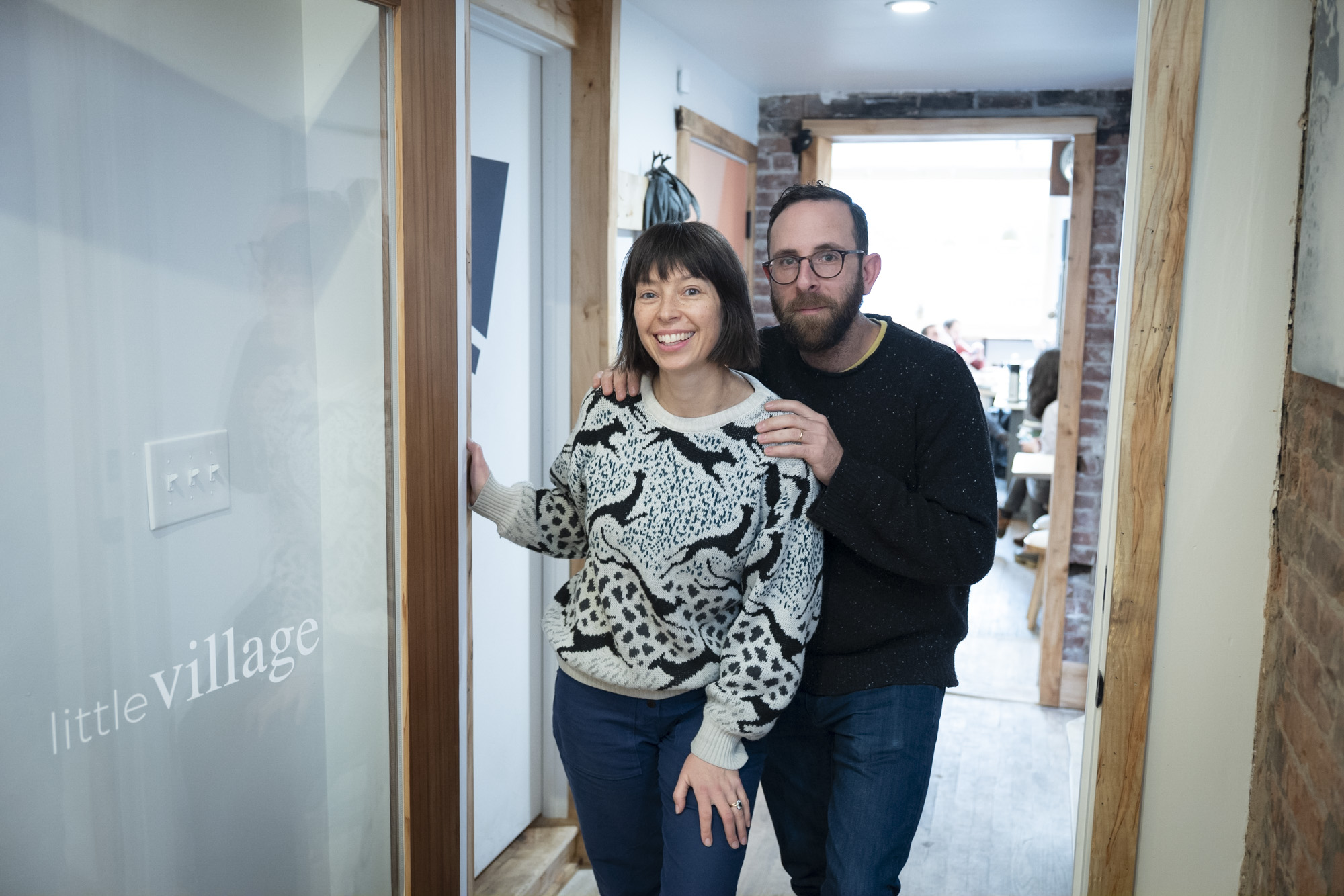
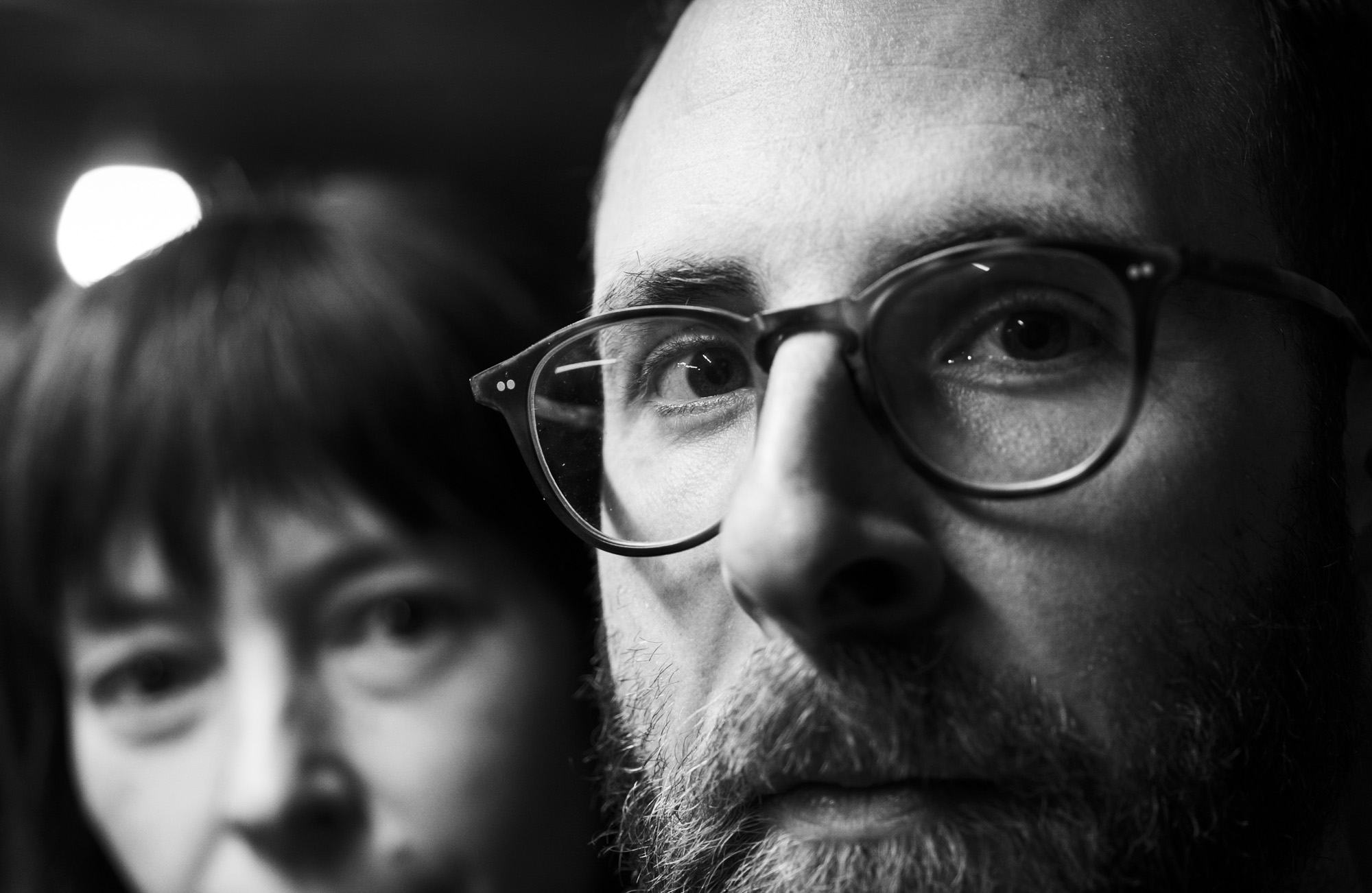
Who are you? Anthea: I'm Anthea White. Mark: I'm Mark, and we own Village Coffee and Goods in Kingston, New York. We are owner-operators, chefs, baristas, cleaners, and…Anthea: Everythings.
How long have you been in Kingston? Mark: We've been in Kingston for about two years almost. On and off for about two years moving up in September 2017.
What gives you joy about Kingston? Anthea: I think the most thing that gives us joy about Kingston is, sounds cliché, but the community. When we first moved up here, we weren't anticipating to live here. But the more we stayed, the more amazing people we met, and it just drew us. We never thought that we would be so engrossed in this kind of a small town if I can say that, in a small community like this. And it just grew on us and we fell in love with it. So we just never left, basically.
What, if anything, would you change about Kingston? Anthea: What would we change about Kingston? Hmm. That's a tricky question. It is a trick question. Okay. Yeah, I guess, in a dream world, if there was something that we could change about Kingston it is bringing the Australian beaches here. That's what I would change. So if anyone can make that happen. I'll be really grateful. And then this will be the true paradise.
What is your secret hope for the future? Mark: Our hopes for our future are all inspired by our family. Our son growing up here with the friends that he already has, maybe them working in the café or becoming involved in a great music scene here, or something like that. Continuing with art, and just friendship that has blossomed very quickly here. In terms of business, I think we would love to be doing more- whether it's another spot, or a dinner kind of place. Yeah, just continuing to just up the coffee and food game in Kingston.
Guy Kempe
“We really need to be prepared to embrace change in the community and manage it in ways to ensure that it’s successful for everyone. And ensure that we don’t displace the folks that are already here. ”
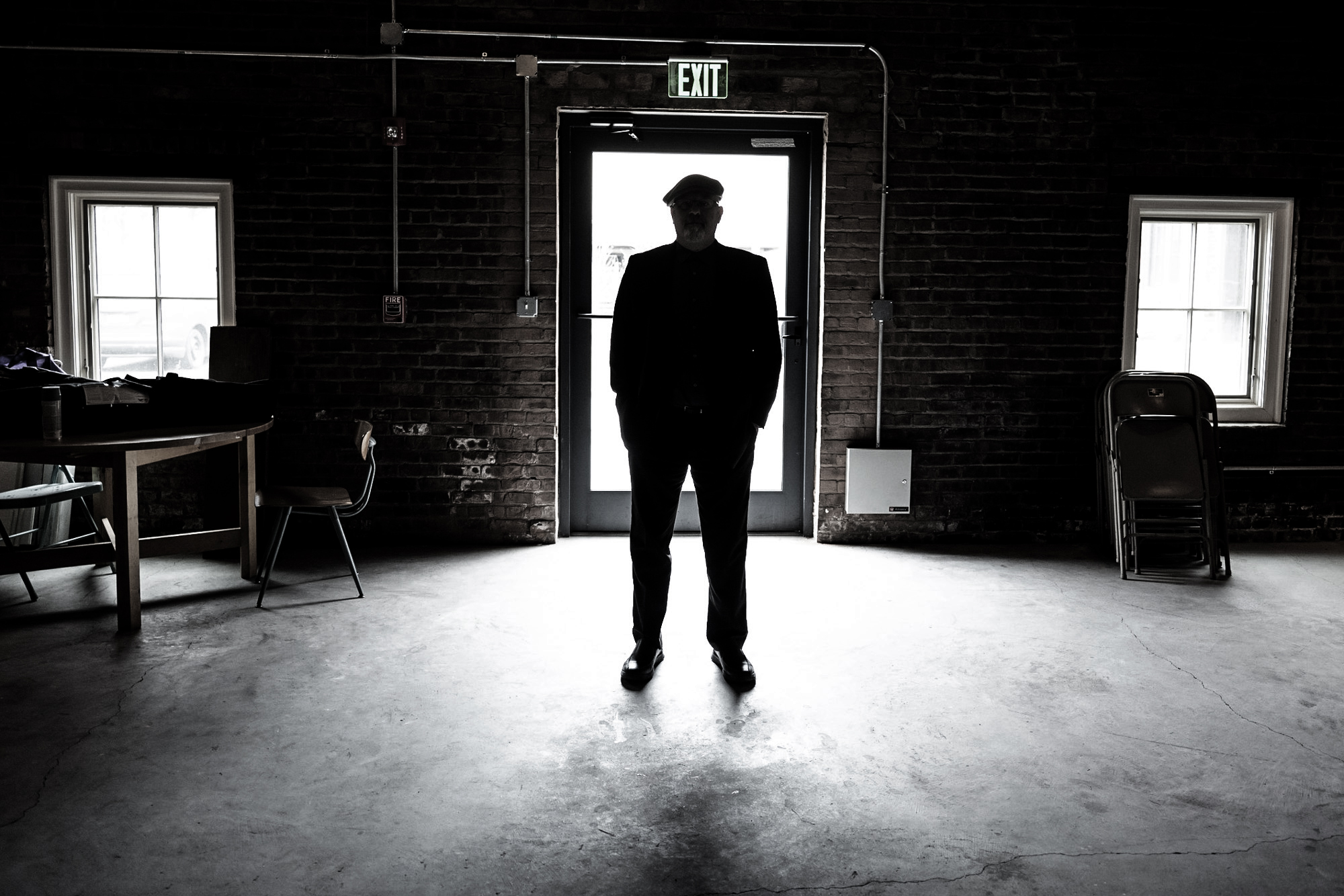
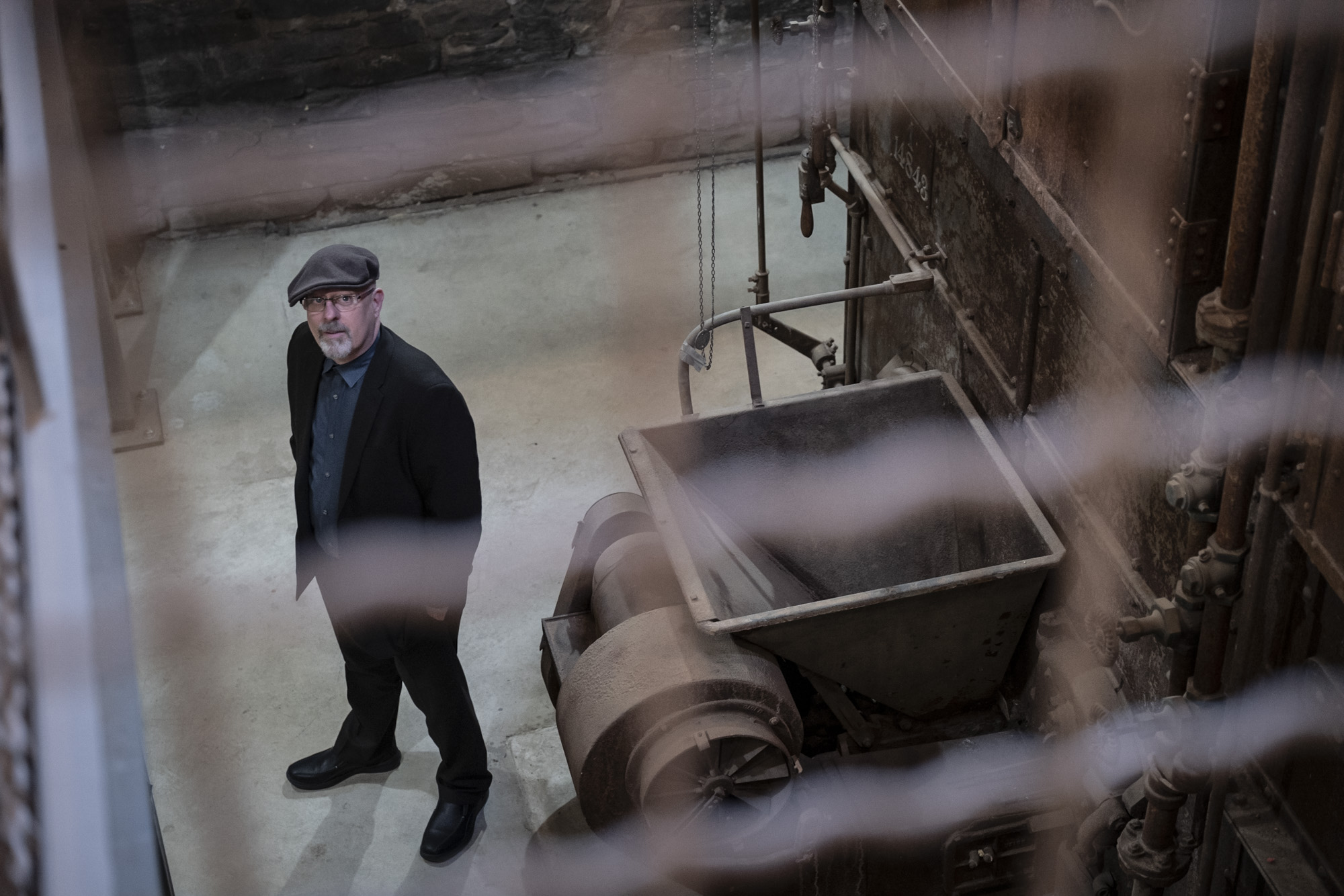
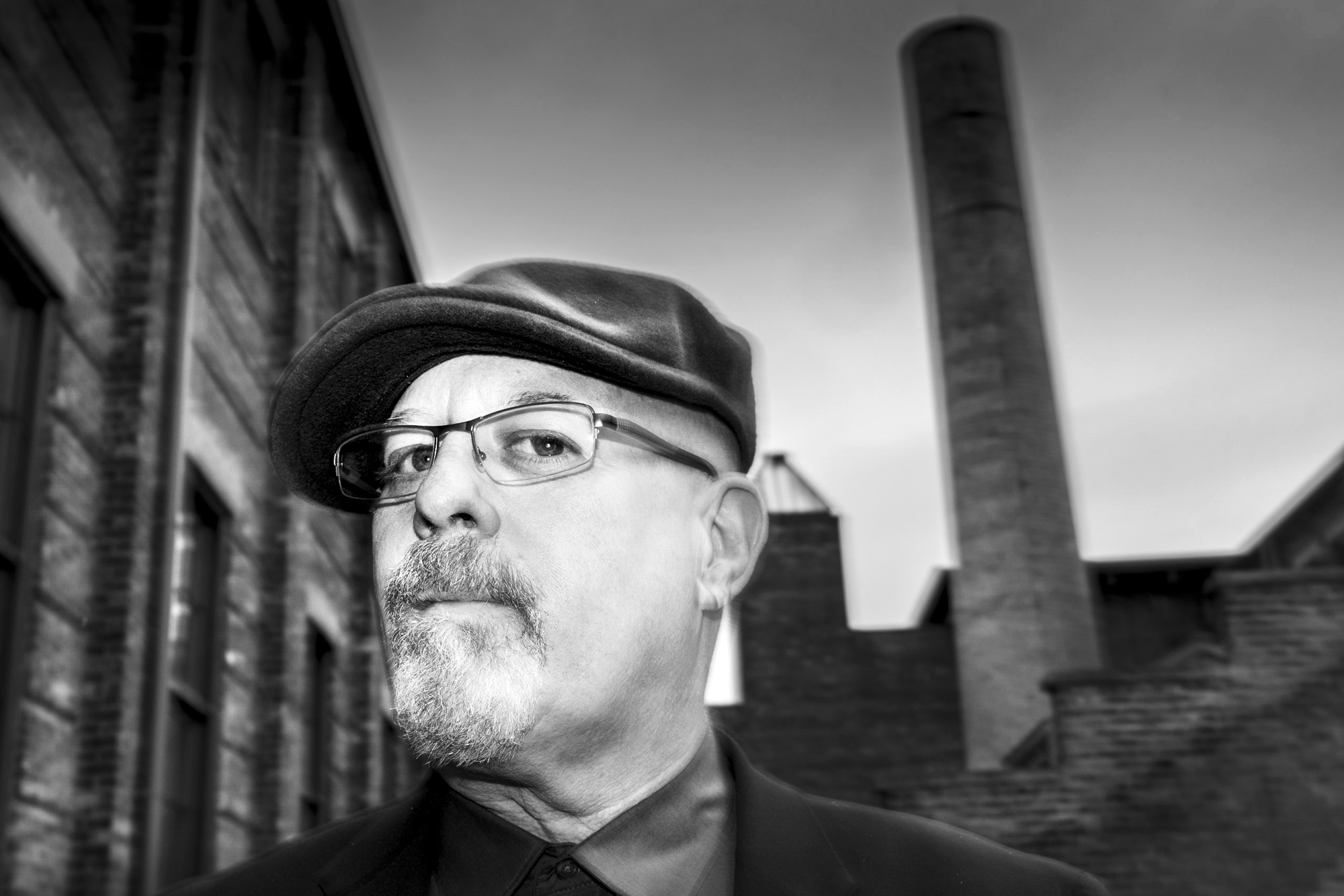
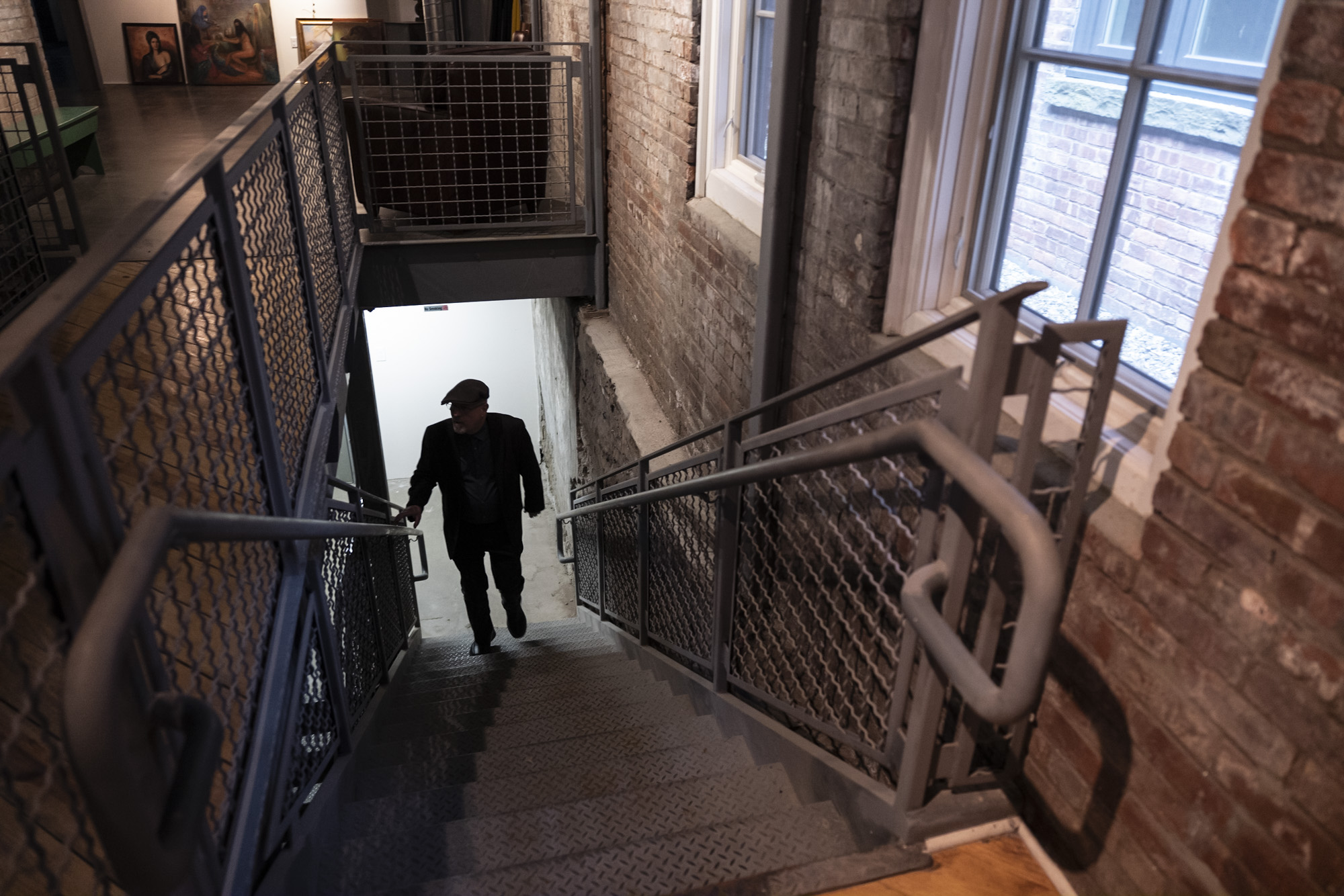
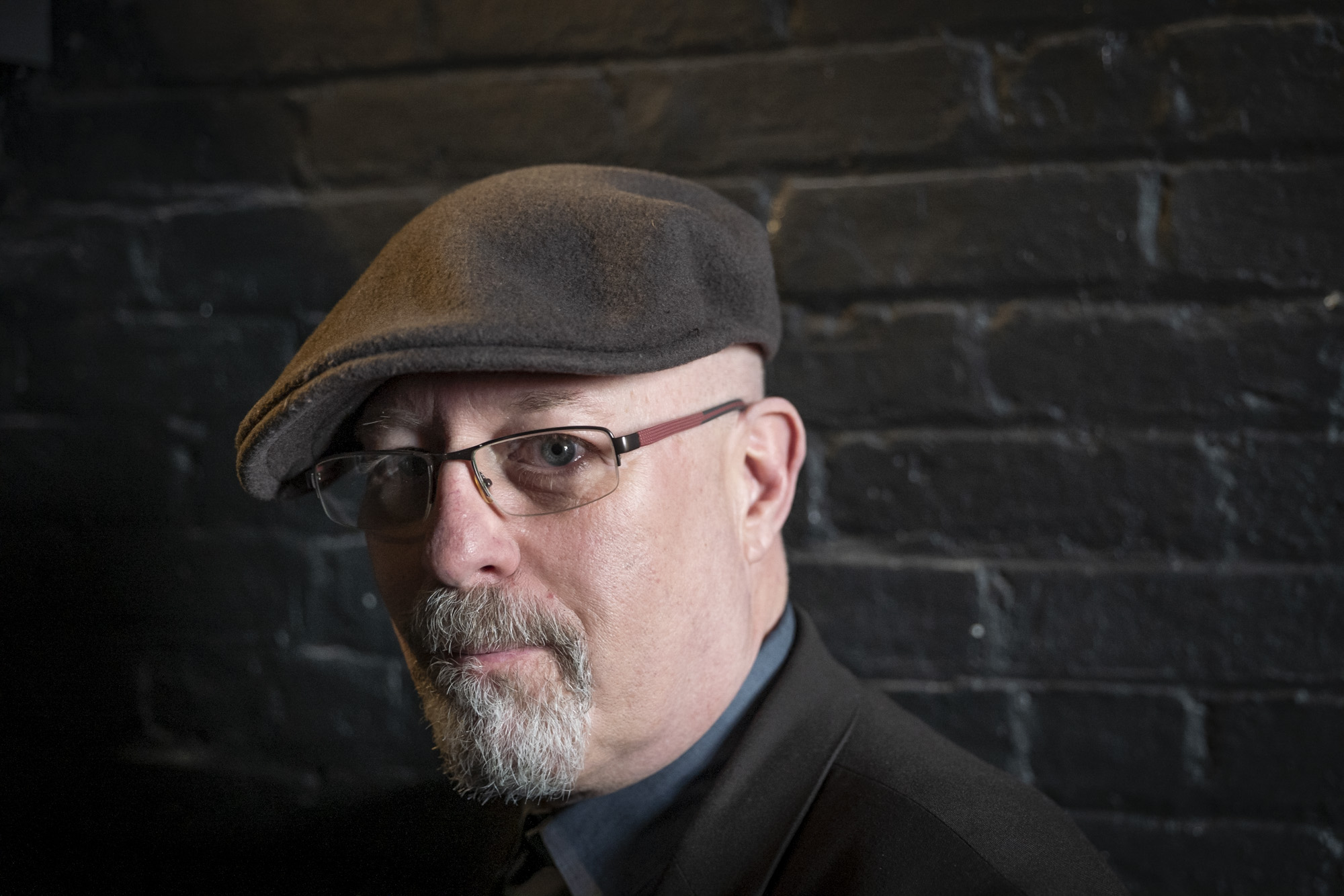
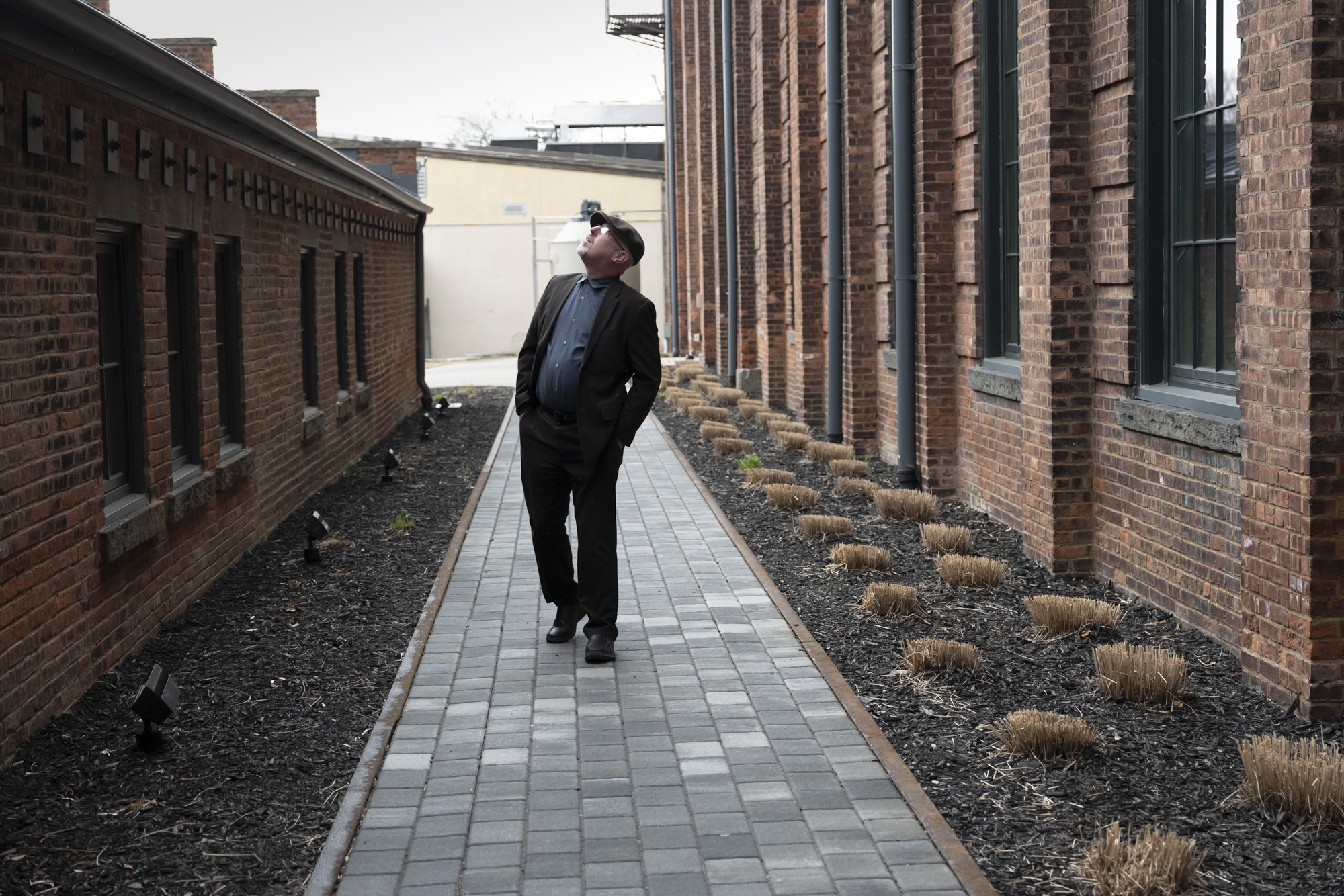
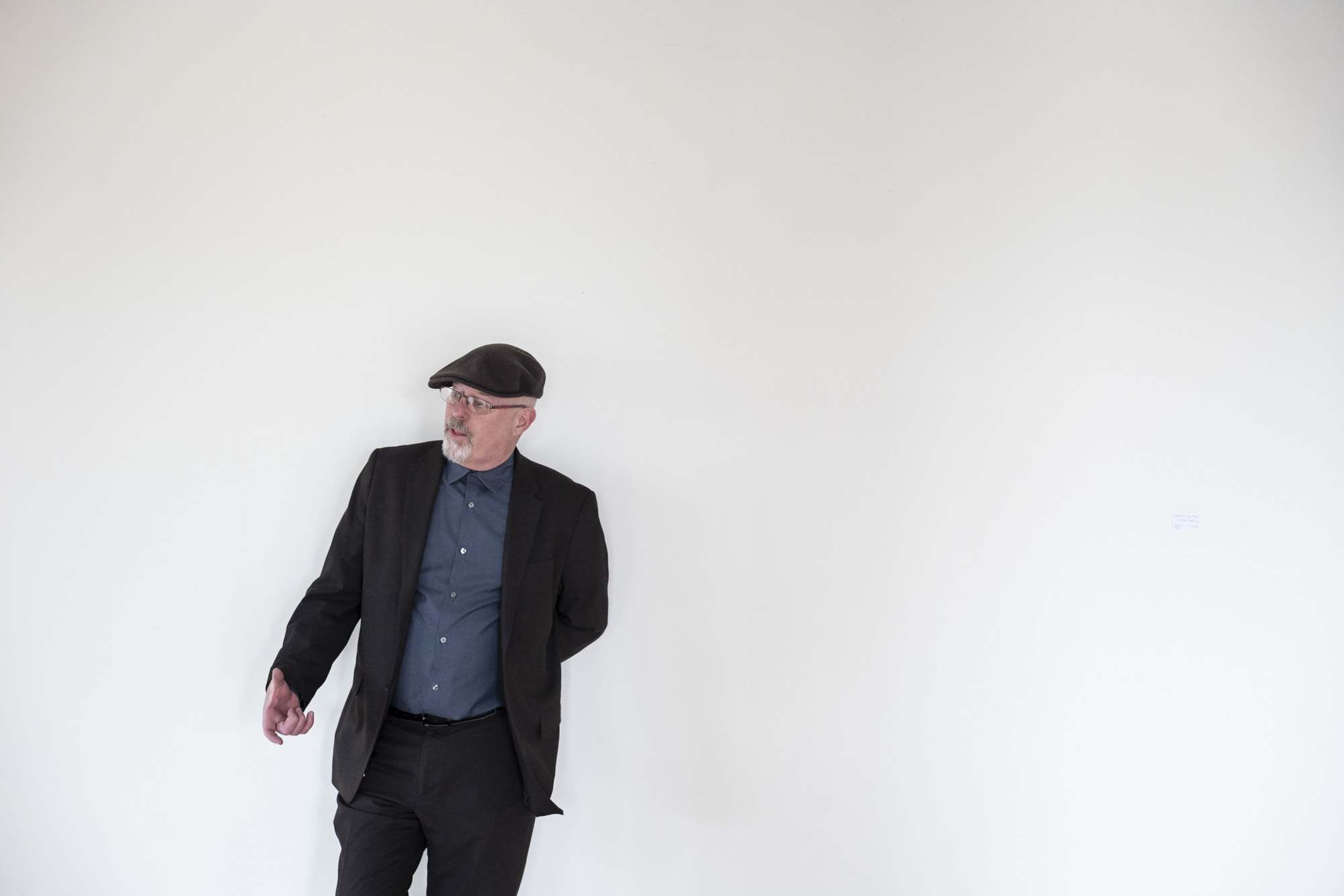
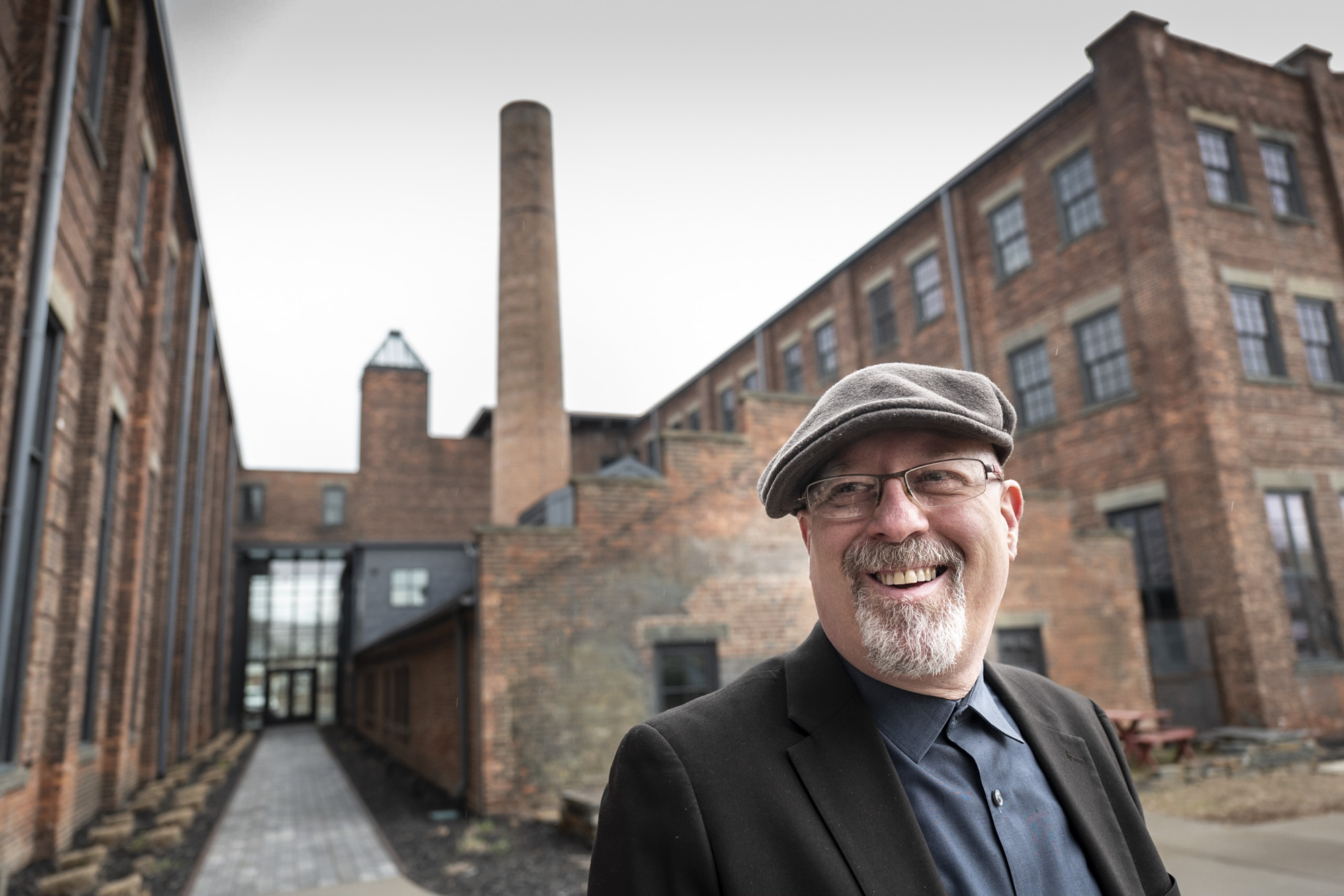
What is your name? My name is Guy Kempe. I'm Vice-President of Community Development at RUPCO. (A non-profit advocate for affordable housing)
How long have you been working in Kingston? I've been working for RUPCO here in Kingston for the past 13 years, and I really love this city. It's got great people, great history, an amazing collection of buildings, and a wonderful infrastructure. Really terrific place.
What gives you joy in Kingston? I'm just a real history buff. I really love the history here. What really brings me joy here in Kingston is the history and being able to tell those stories, capture them, share them and preserve them for future generations. That's what really gets me jazzed about the work I get to do here.
What, if anything, would you change about Kingston? What I would really love to see change about Kingston, would be the reflexive kind of reaction we see to change. I sometimes joke about the community: they want big change and less of it. And it seems to me it's really important that in this location, proximate as we are to New York City, with the capacity that people have not only to commute, but also to telecommute to a major financial center for their career and livelihood, we really need to be prepared to embrace change in the community and manage it. Manage it in ways to ensure that it's successful for everyone. And ensure that we don't displace the folks that are already here. And that's a tremendously important value to recognize and appreciate your neighbors. Maybe they're people you don't see every day and they don't go to the same parties you go to, or the church you go to, or don't travel the same circle you do, but they are also an important part of the fabric here and we need to remember that.
What is your secret hope for the future? Sometimes my ambition on a Friday, at the end of the week, is that I might have clean laundry for next week. But a longer view, I think my goal is one day to be able to spend all the hours of the day on a beach someplace and enjoying the waves and enjoying the sun, and that's my fantasy of retirement. And now that I feel exceedingly old, 62 years old, approaching 63 in May… and thinking... nobody's more shocked that I lived past the age of 30 than me. But I'm really excited to think about having that time in my life to maybe work on a volunteer basis and to not be so concerned about earning a living. But just being able to enjoy what I've done and continue to make a contribution to the world that's going to be valued.
Micah Blumenthal
“As far as I know we’re one person away from a critical mass point where everything shifts. So I’ll work everyday like we’re one person away– because we might be.”
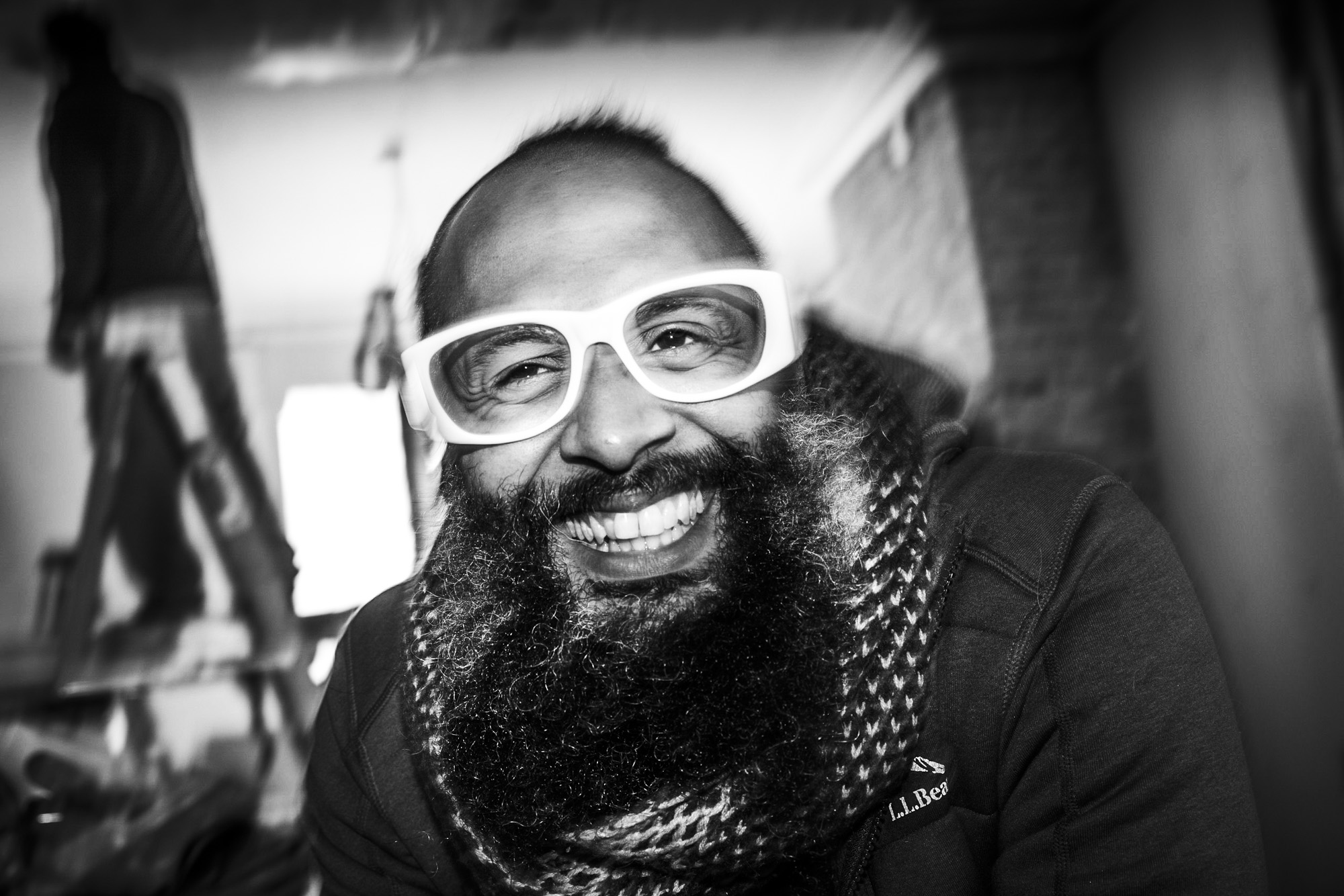
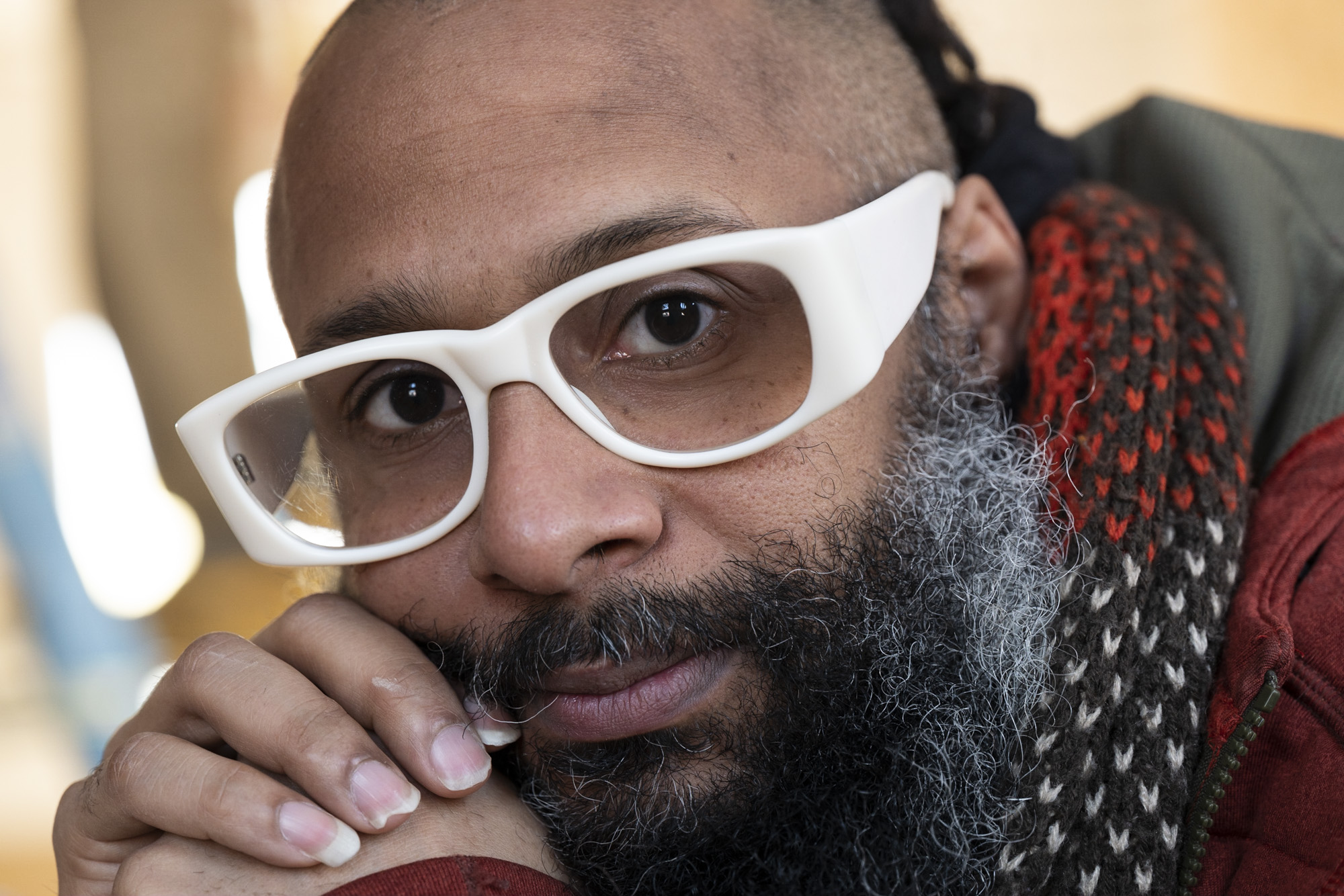
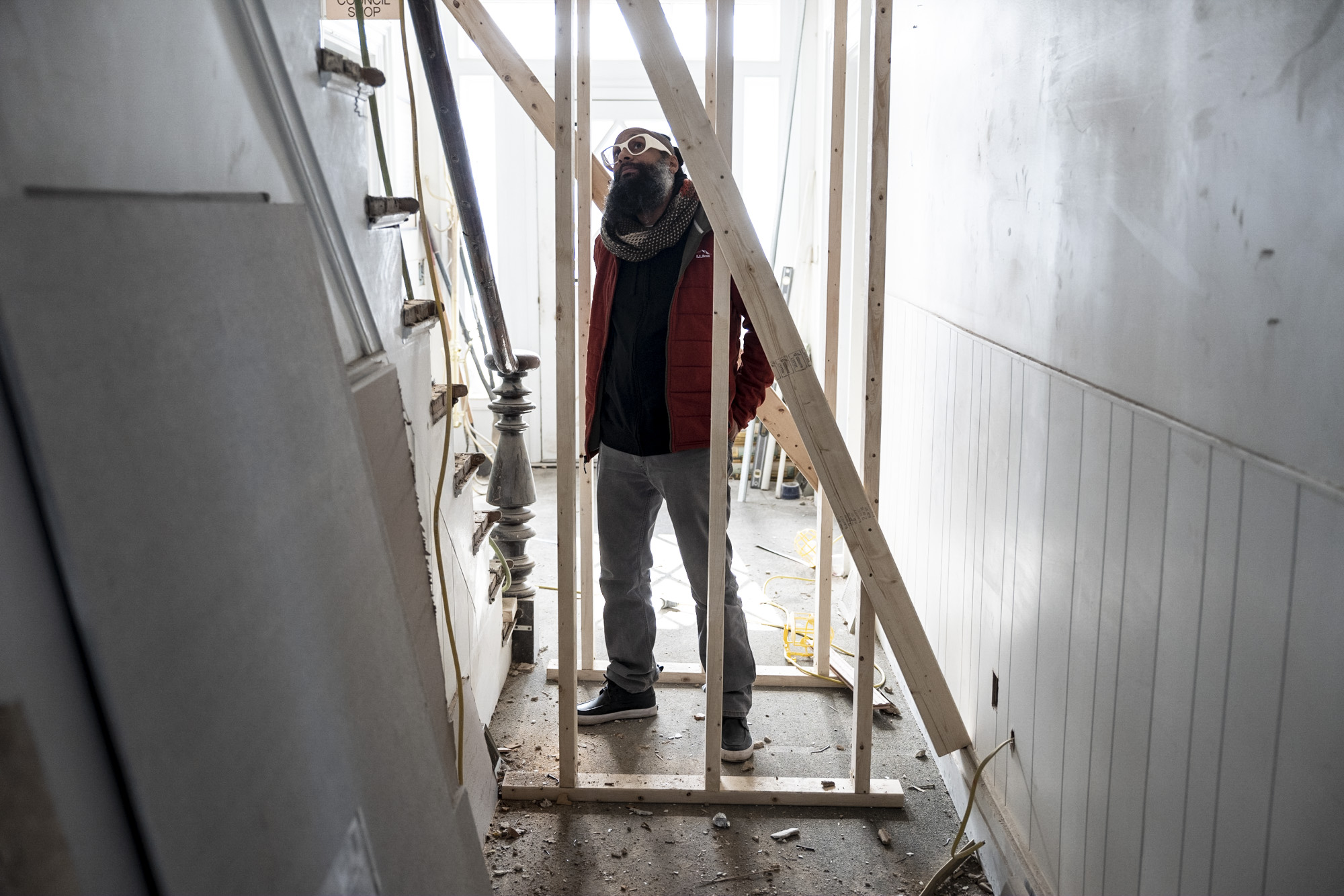
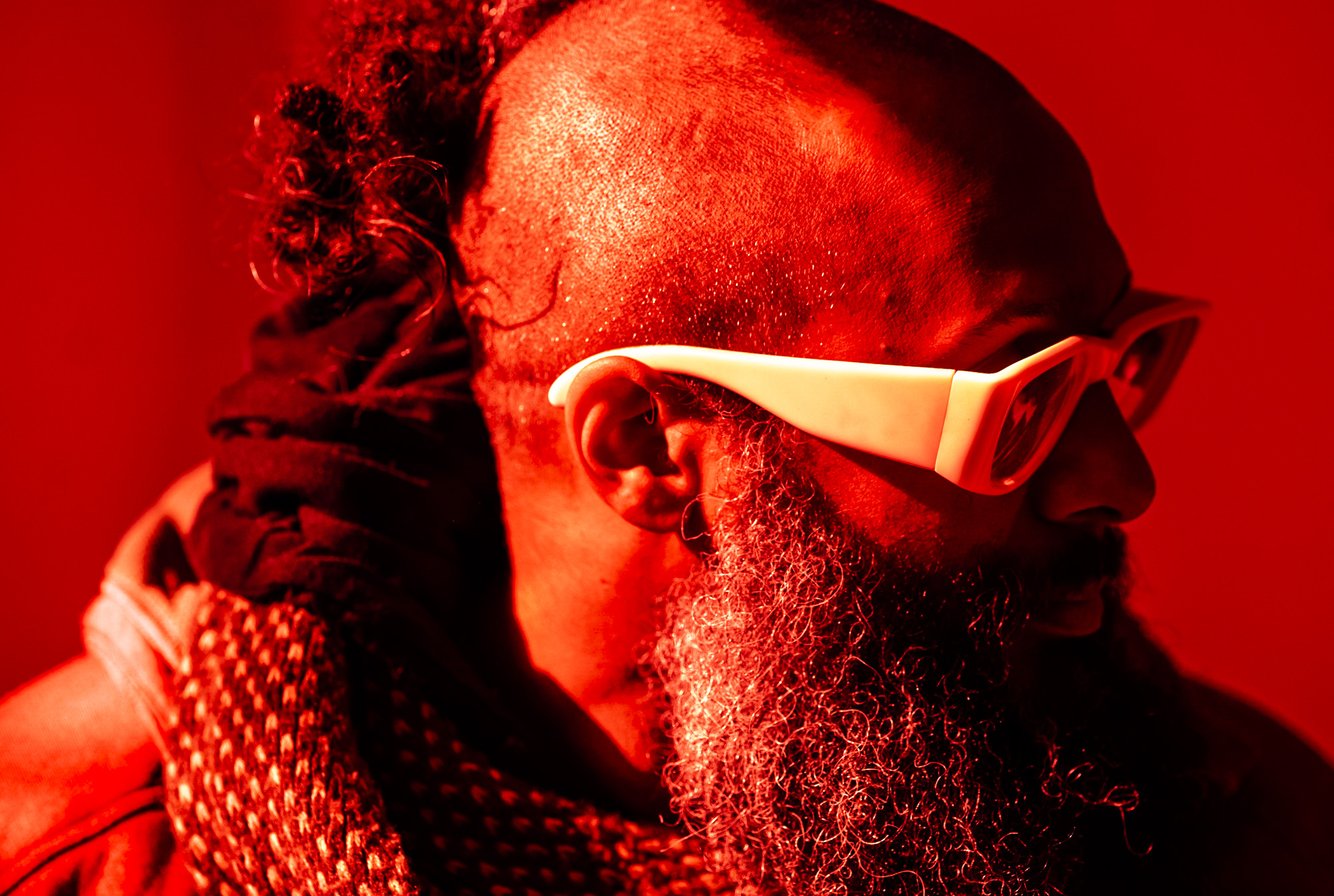
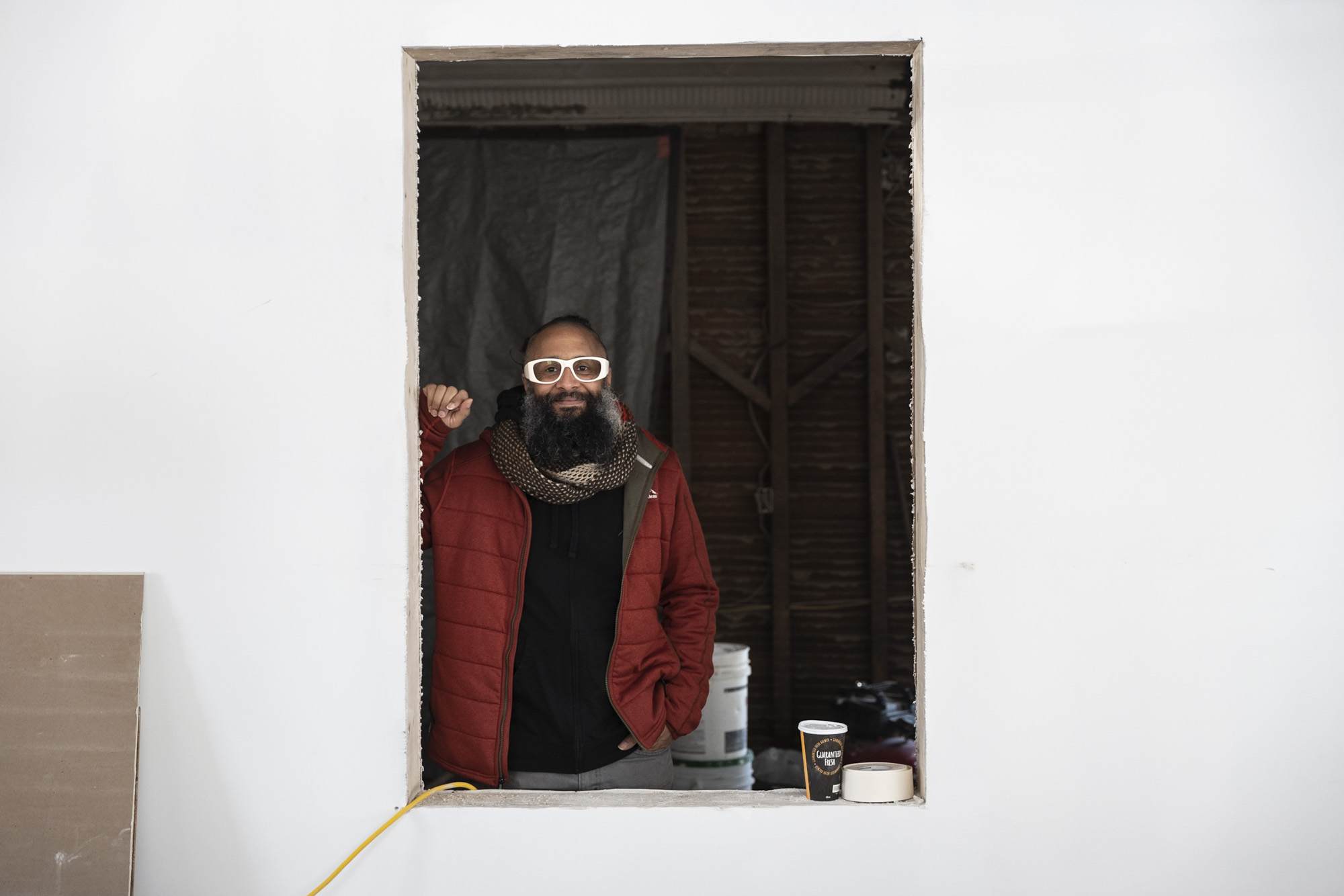
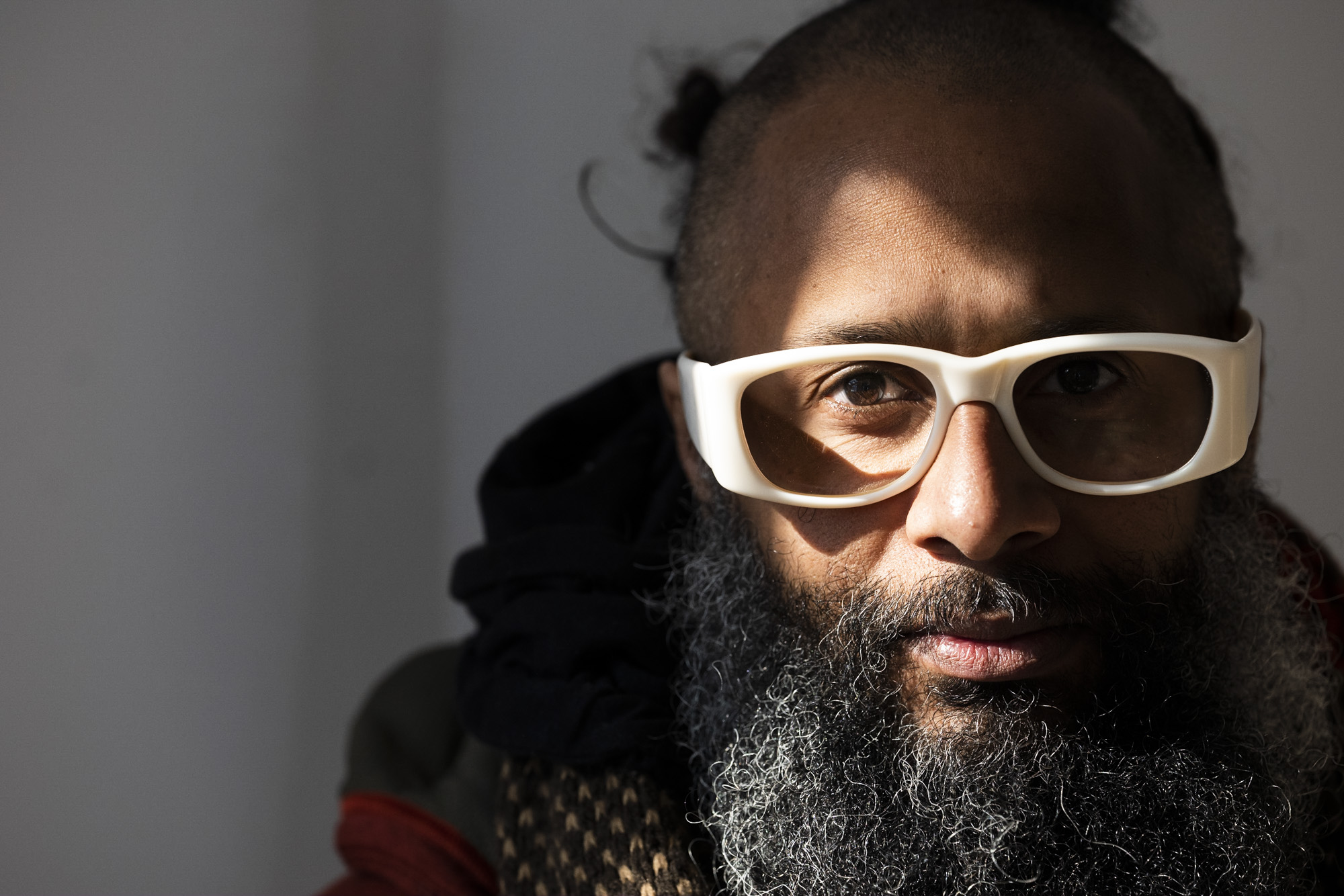
What is your name? My name is Micah Blumenthal and I'm the Greenhouse director for Good Work Institute here in Kingston.
How long have you been in Kingston? I've been in Kingston now for nine years, just about. I've come into the area for some time before that. Lived in the Hudson Valley in '97, but I've been back here nine years now.
What, if anything, would you change about Kingston? I guess if there's anything I would change about Kingston, it wouldn't really be anything. Essentially, we're all just wrapped up in process. This is the process. There's nothing to change. We're all here doing what we do. This is an active role that I play in this. And I suppose what I'm working for is a place that's more equitable, a community that knows each other. But that's not a button that I would press that I could just change it. Because the process of getting there is actually the work. And that's the beautiful part. So there's nothing to change.
What is your secret hope for your future? I can begin to think of a future Kingston where we have found the way to do it differently. We've found a way to get outside the box. We've found a way to get outside ourselves. We've found a way to no longer just easily and lazily label and identify everyone, but in fact, recognize each other as humans. Which is nothing short of revolutionary. And that we could move with that. And that our exchanges come from that place. And I think change comes from critical mass. So as far as I know, we're one person away from a critical mass point where everything shifts. So I'll work every day like we’re one person away–because we might be.
Nancy Donskoj
“When I first moved to the Rondout (Kingston), basically it was an empty, empty place. All along Broadway was nothing but empty storefronts.”
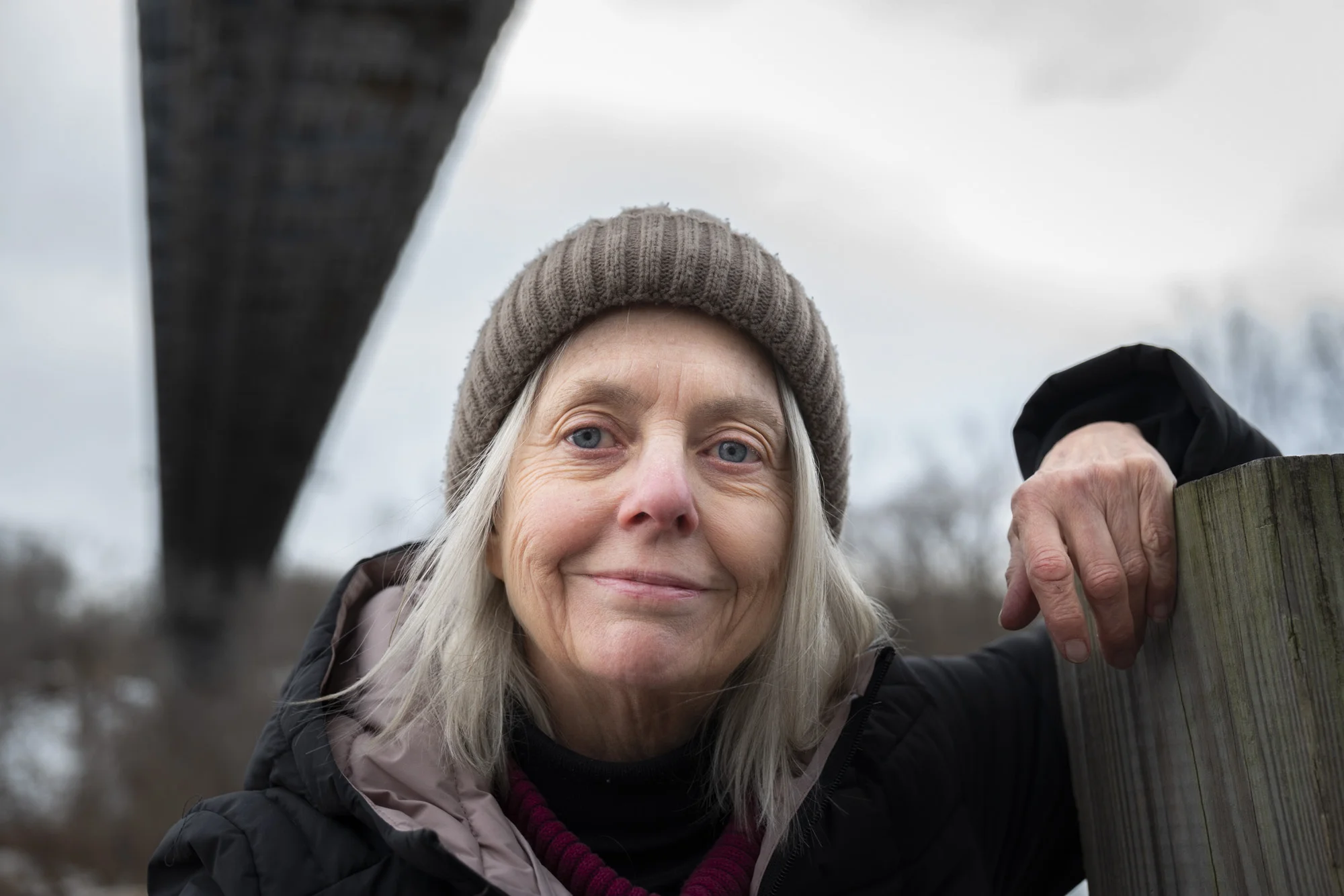
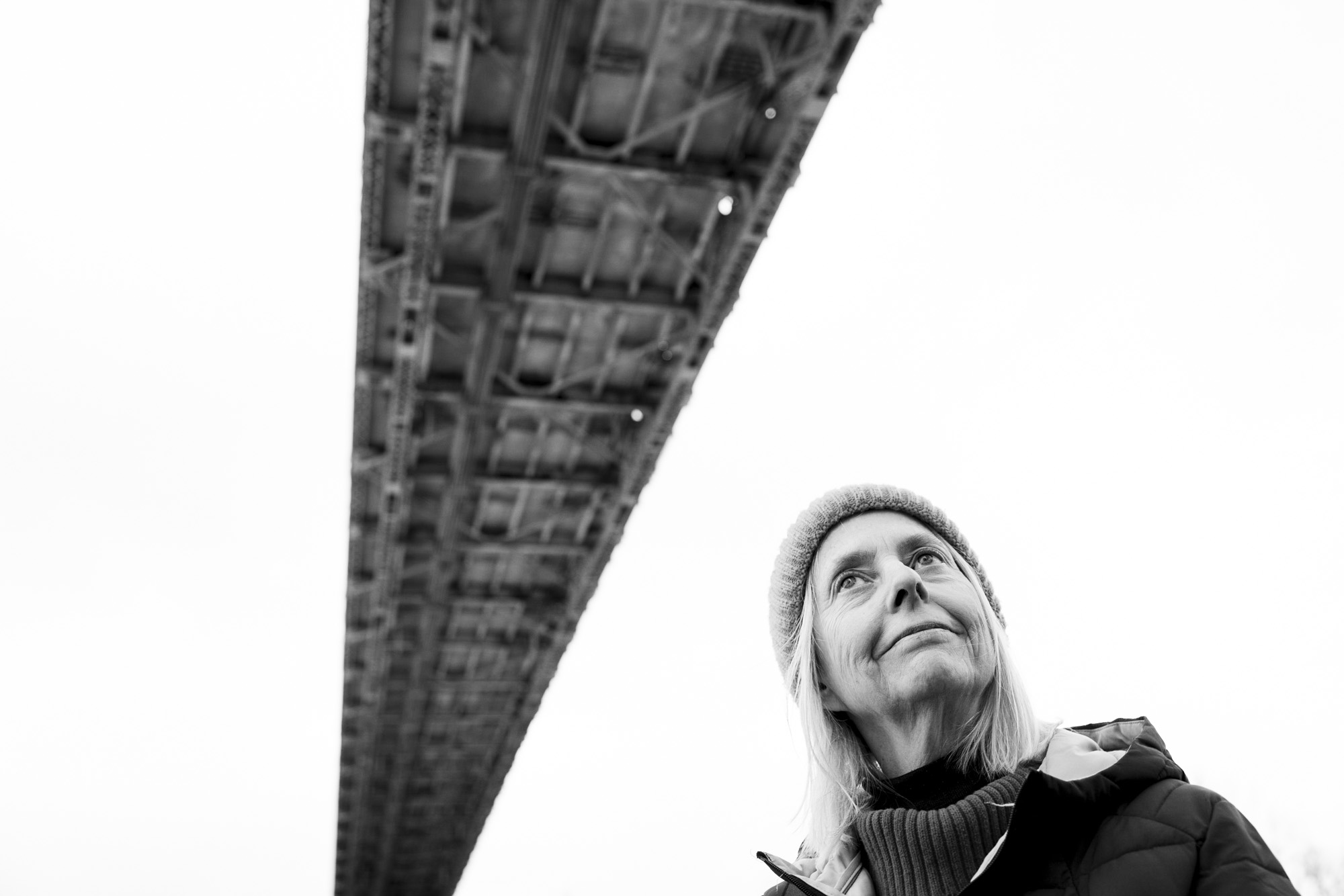
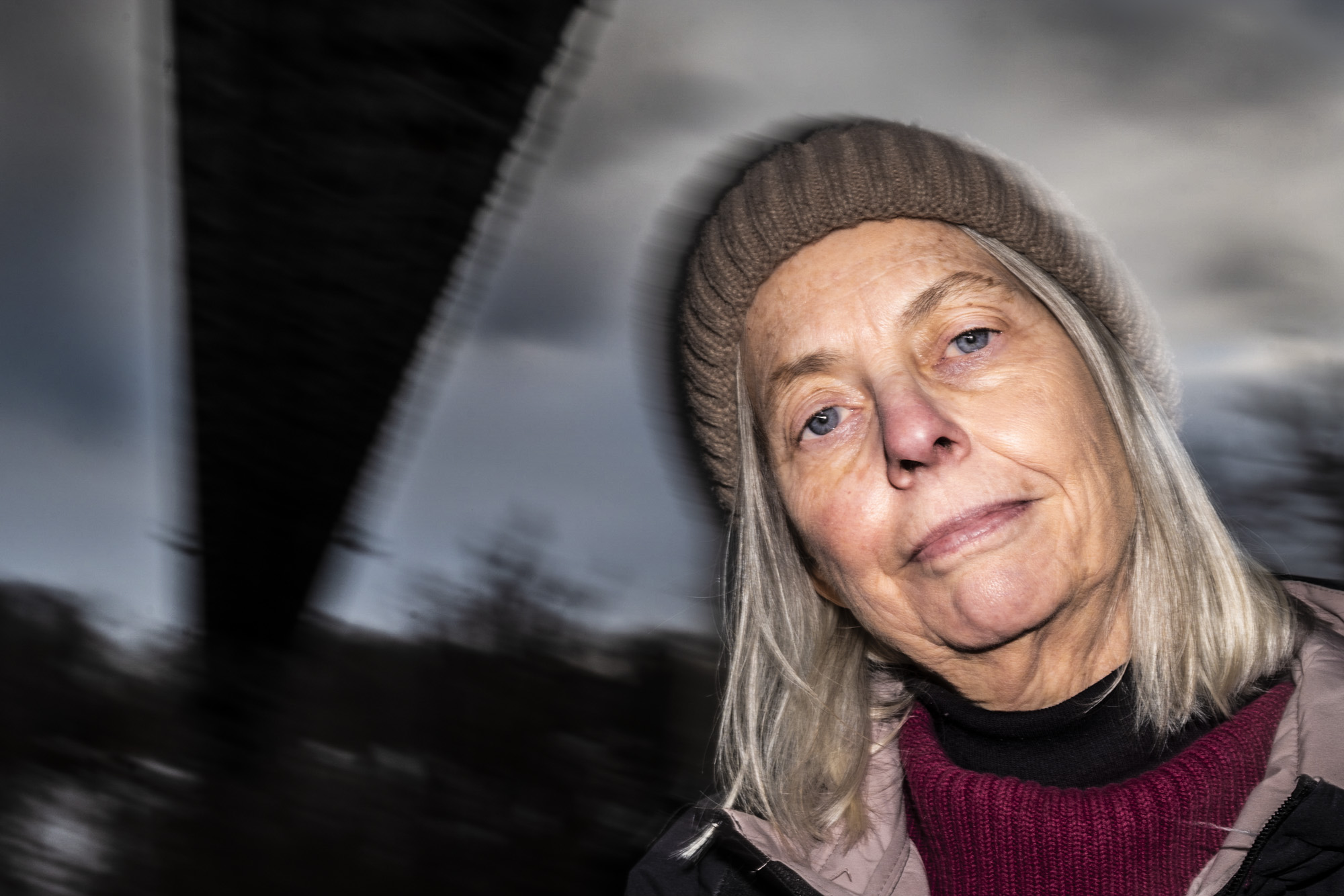
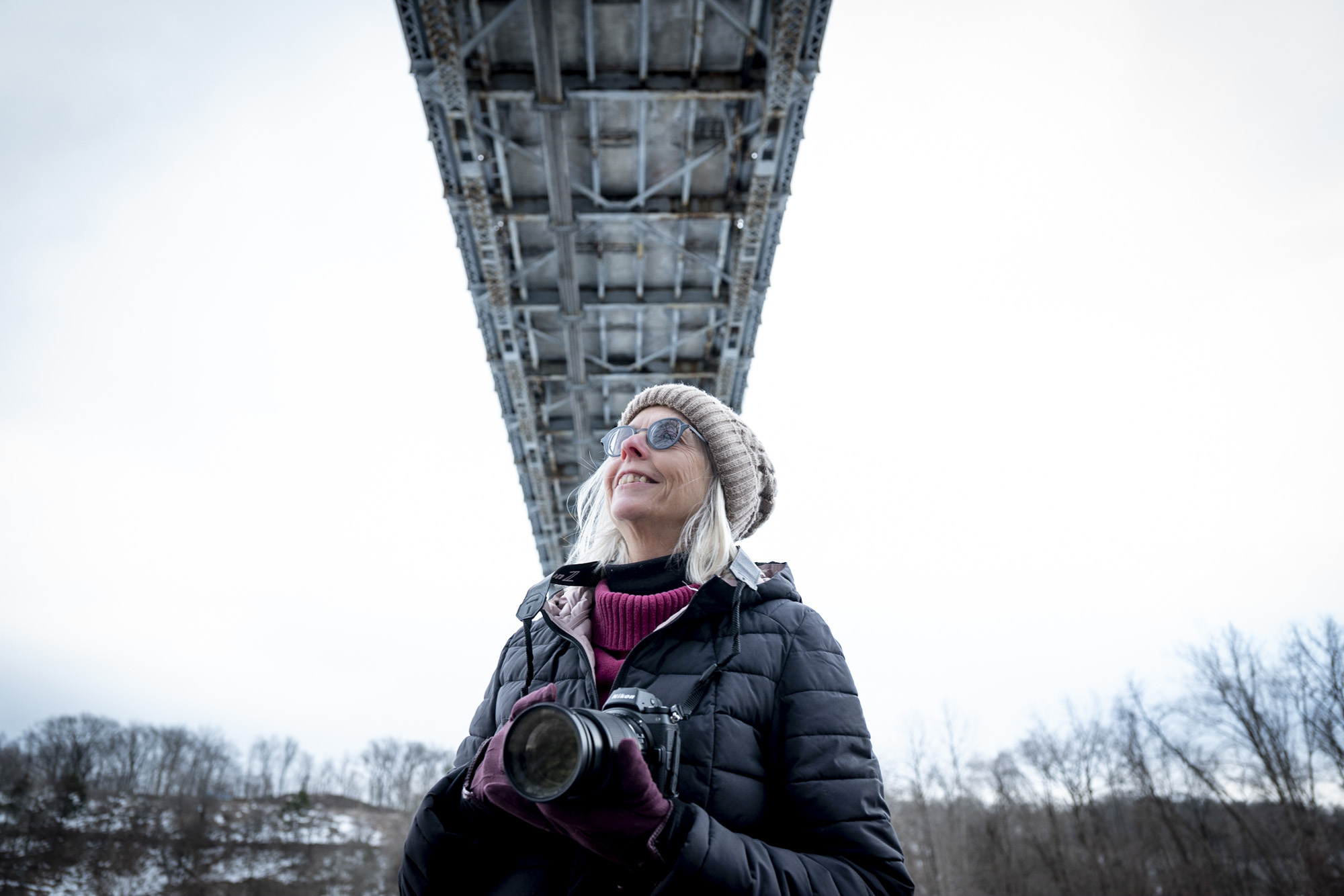
Who are you? My name is Nancy Donskoj and I am a photographer. And also a former gallery owner. I just closed my gallery. And I'm an innkeeper as well.
How long have you been in Kingston? I've been in Kingston since 1987. When I moved to the Rondout, basically it was an empty, empty place. All along Broadway was nothing but empty storefronts. So that was quite a different era than now, for sure.
What gives you joy in Kingston? I think for sure the community. I think everybody that lives here, either they're from Kingston or they moved here because there's this wonderful sense of community and sense of place. Being close to New York City, being on the Hudson River. It's the best of both worlds really. There's a lot of creative energy here, and it just keeps you engaged. That's what I love about it.
What, if anything, would you change about Kingston? Hmm. Actually, you know, there is one thing I would change. I would never have knocked down all the buildings. Half of the Rondout on Lower Broadway, across the street from my studio, was totally demolished and knocked down. And it really took the heart out of the city, I believe. There's a resurgence now with people moving in. And people love the housing stock, but we really missed a lot of the wonderful architecture and you just can't replace that. So now we have an empty field and some condos.
What is your secret hope for your future? My secret hope for the future here in Kingston is to stay here. And to grow old and watch the changes, and enjoy this sense of place.
See Nancy’s work here: https://www.nancydonskojphotography.com
Robert Gaston
“Kingston is changing on its own beautifully. I love the diversity. I love the art. I love the food.”
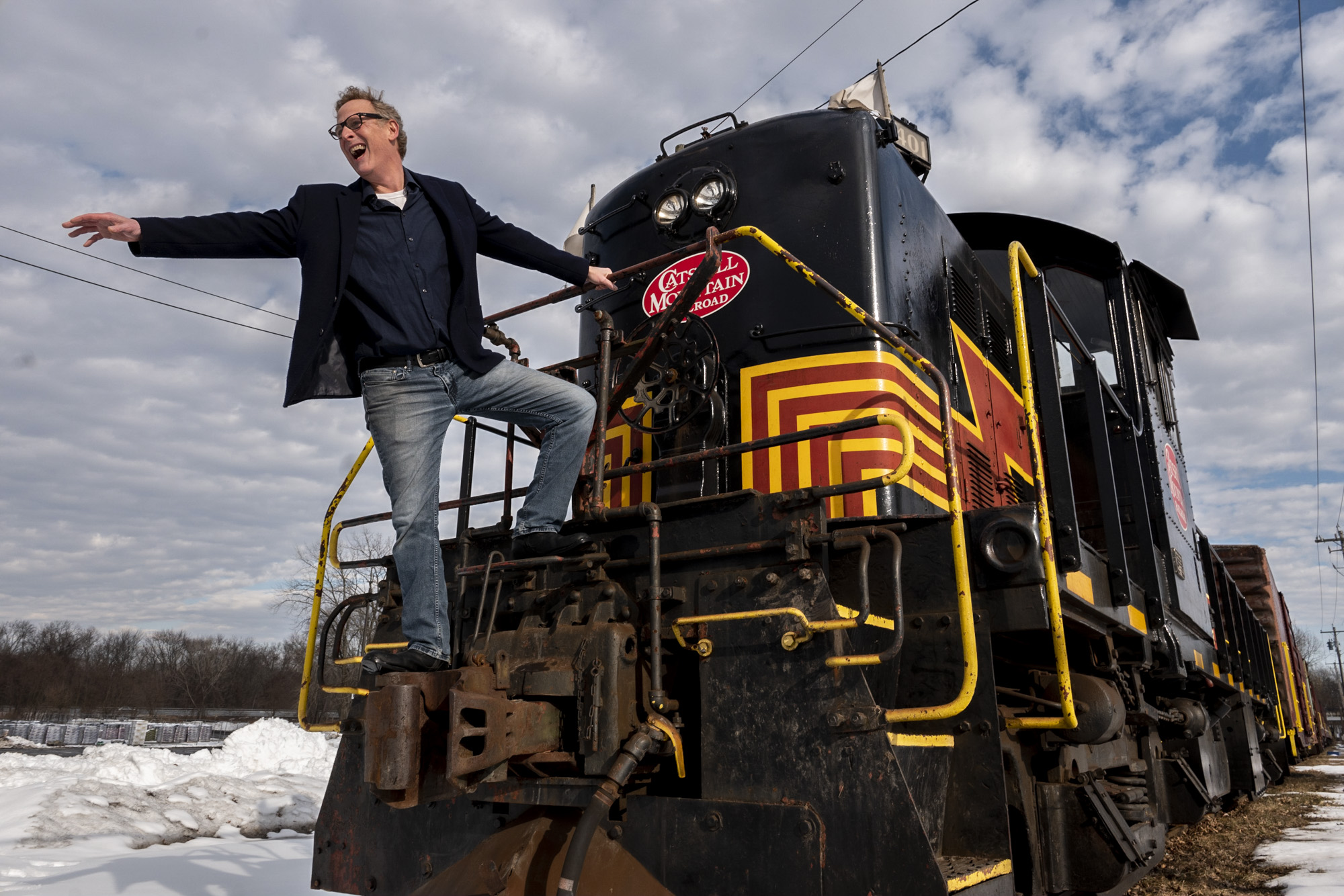
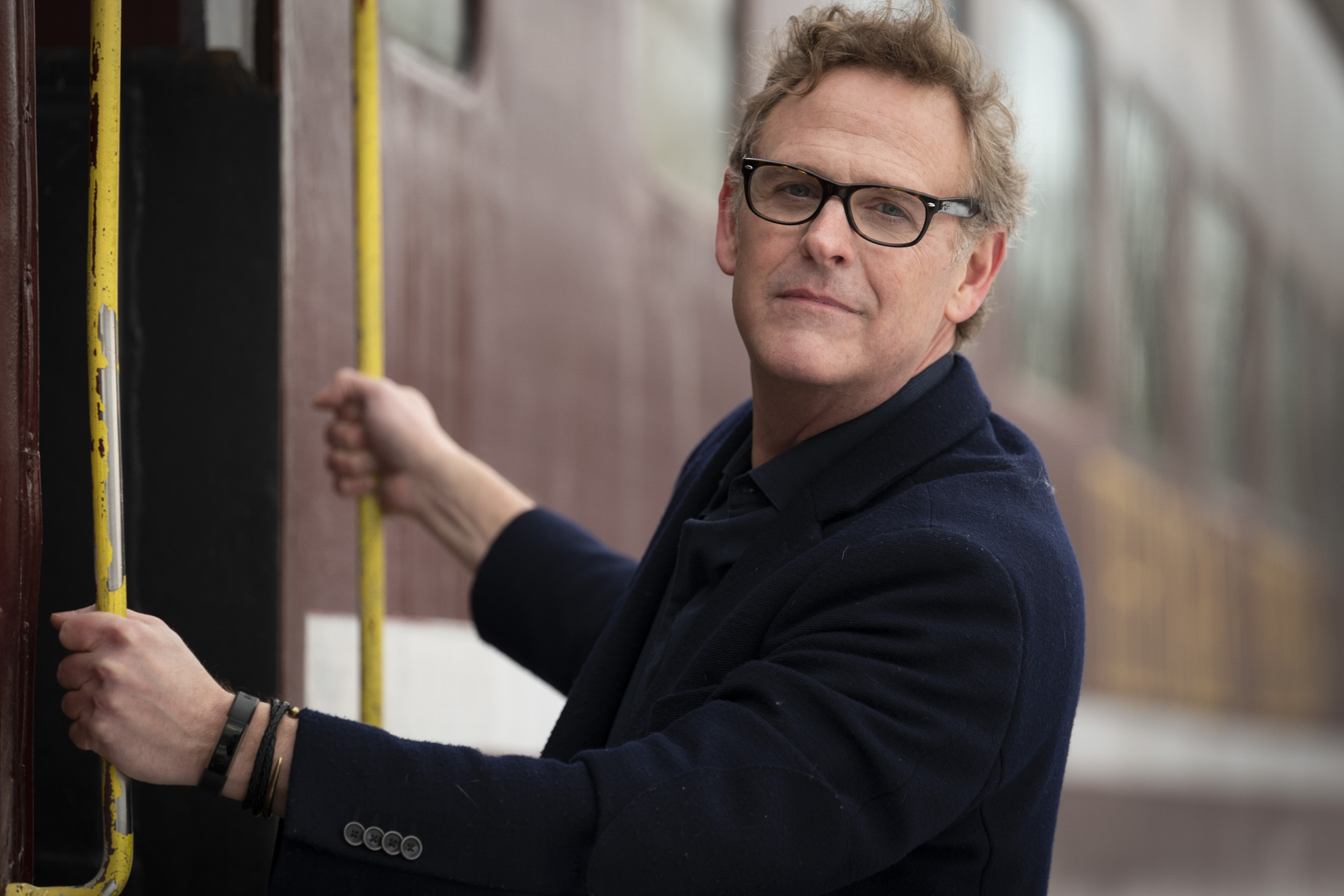
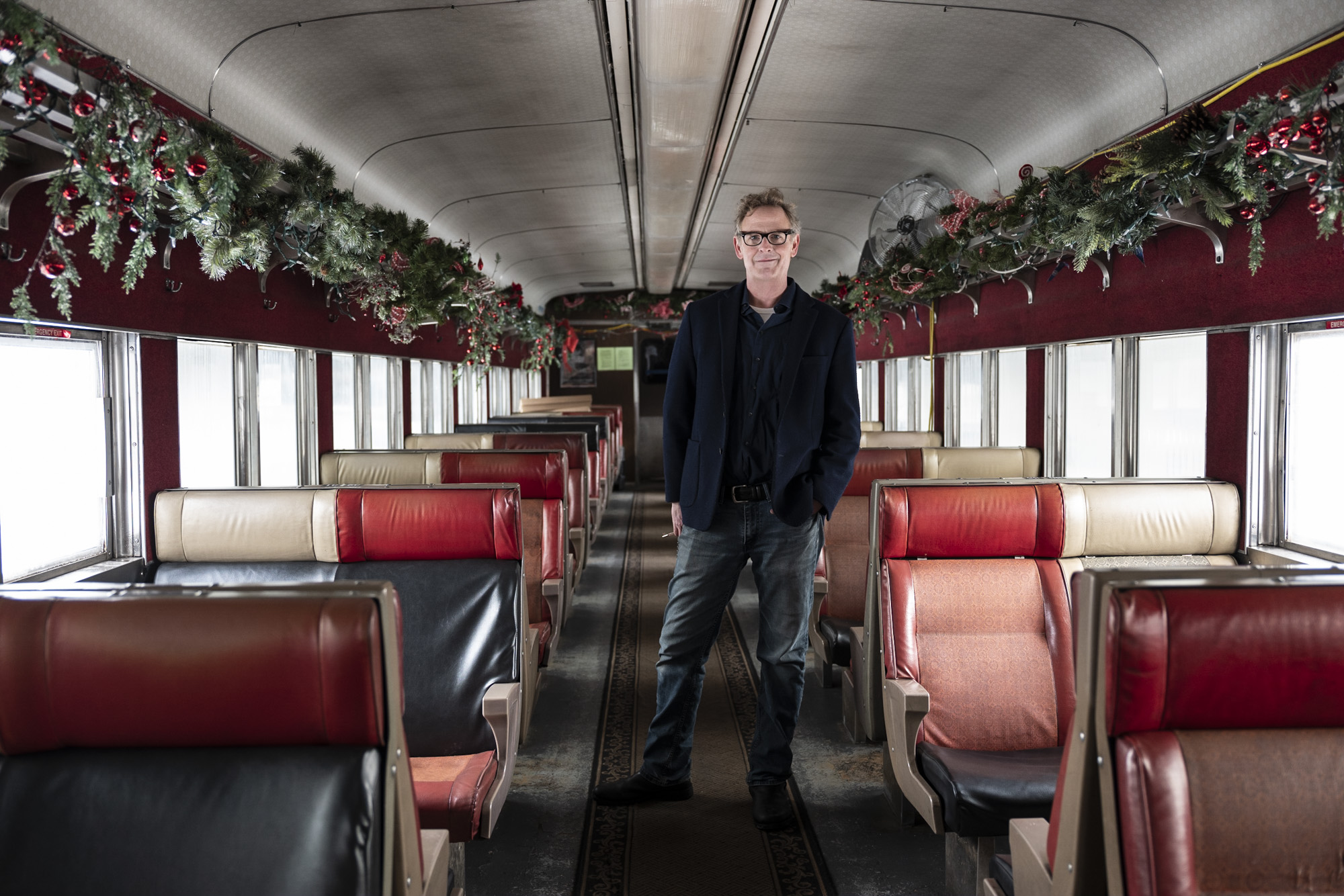
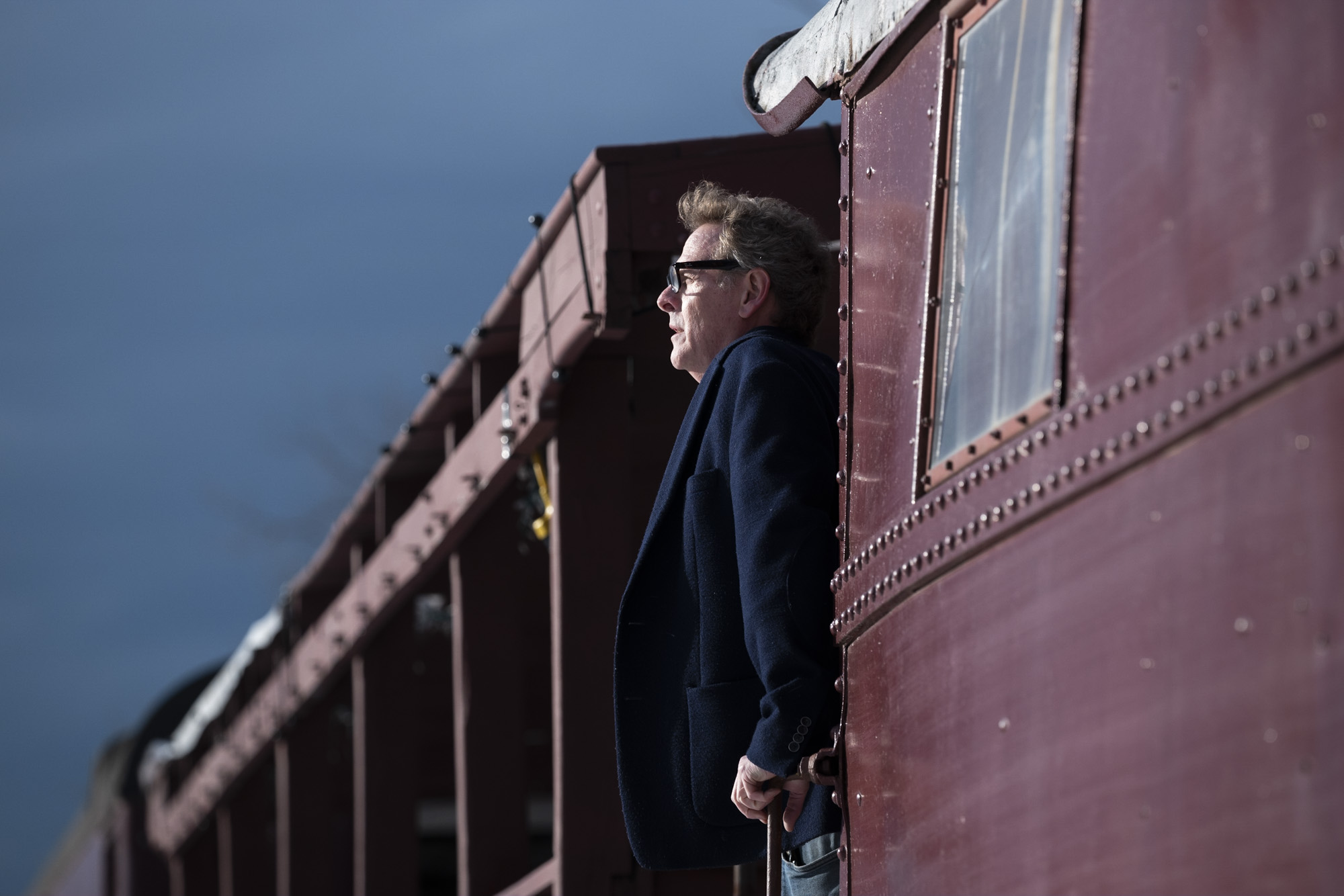
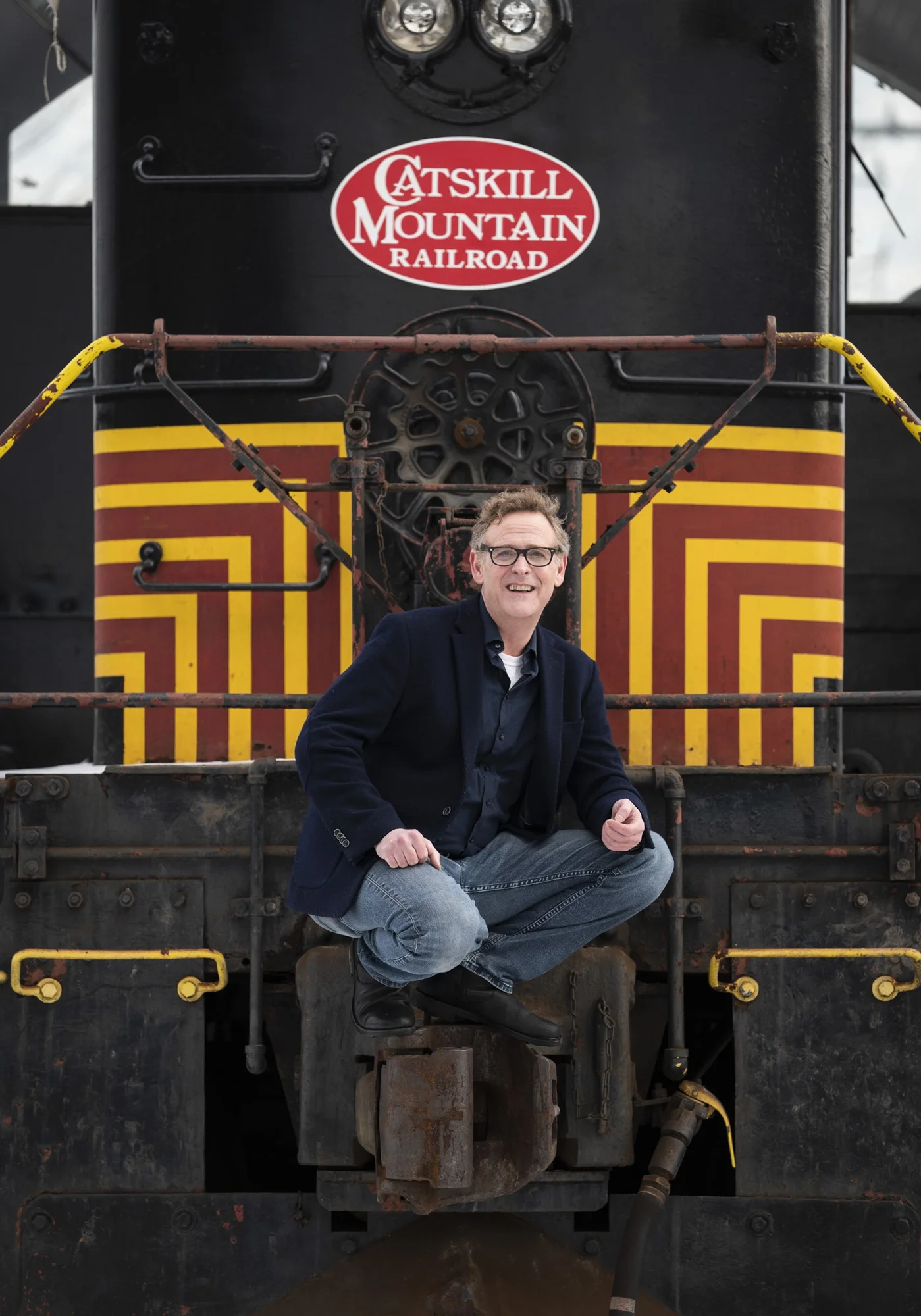
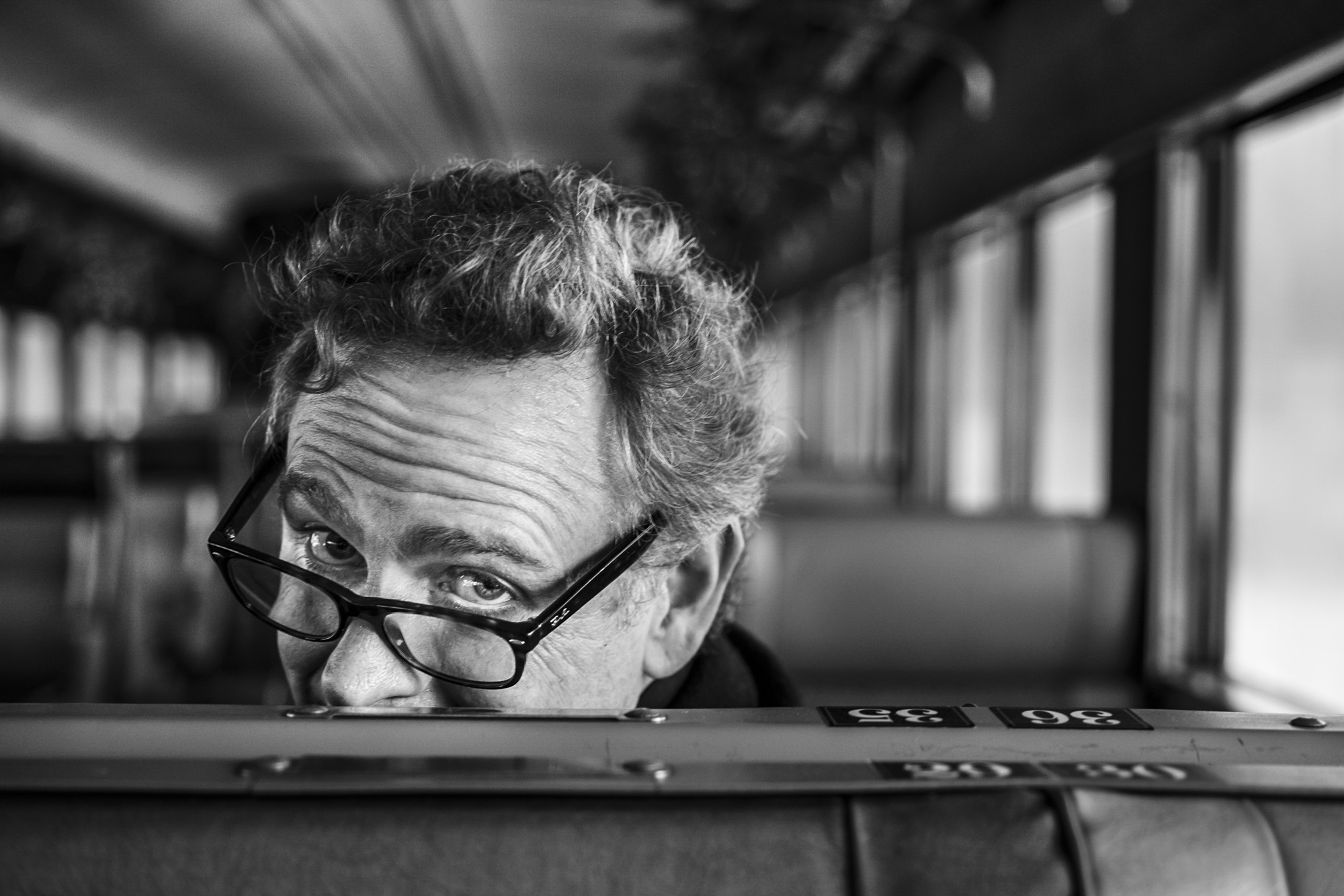
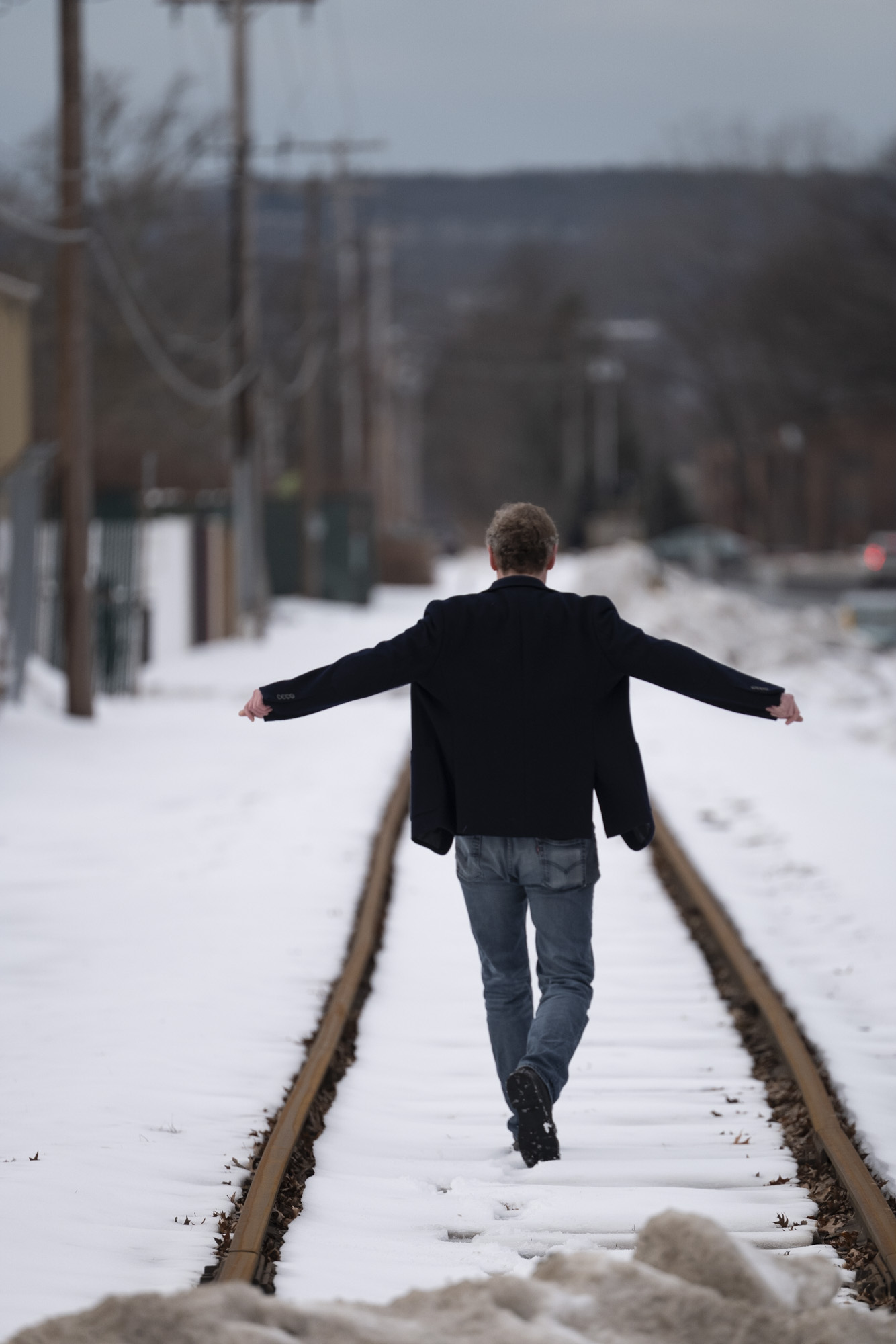
Who are you? My name is Robert Gaston and I work for the Catskill Mountain Railroad and I am the director, producer and events manager.
How long have you been in Kingston? I’ve been in Kingston about a year. I’ve been in the area coming up on three years.
What gives you joy in Kingston? I get joy from our community here in Kingston. Our customers on the train. Being able to make a slight difference in the world around me.
What, if anything, would you change about Kingston? Kingston is changing on its own beautifully. I love the diversity. I love the art. I love the food. I just want it to continue to grow and the community to continue to develop as it is.
What is your secret hope for your future? World Peace. A new president? I would like this train to get all the way down to the reservoir and beyond. I would like to have the Rail Trail and the train working together. I'd like to have a really successful year ahead and that we all work together as a community and continue to grow and thrive.
Find out more and book a trip on the Catskill Mountain Railroad
Maryline Damour
“When I moved up here, I found such a huge entrepreneurial spirit and population of people who were just creating things–I just felt really right at home.”
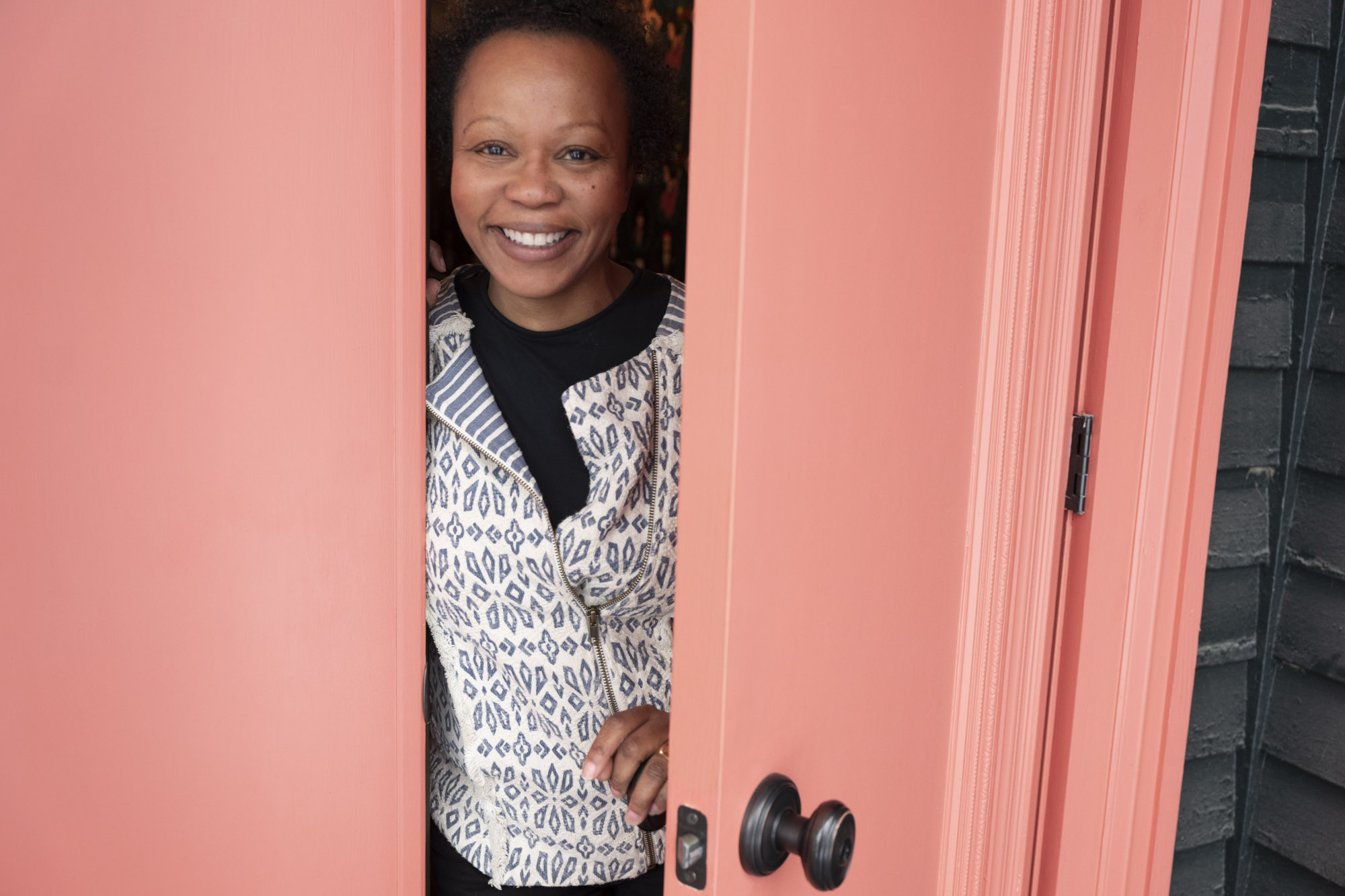
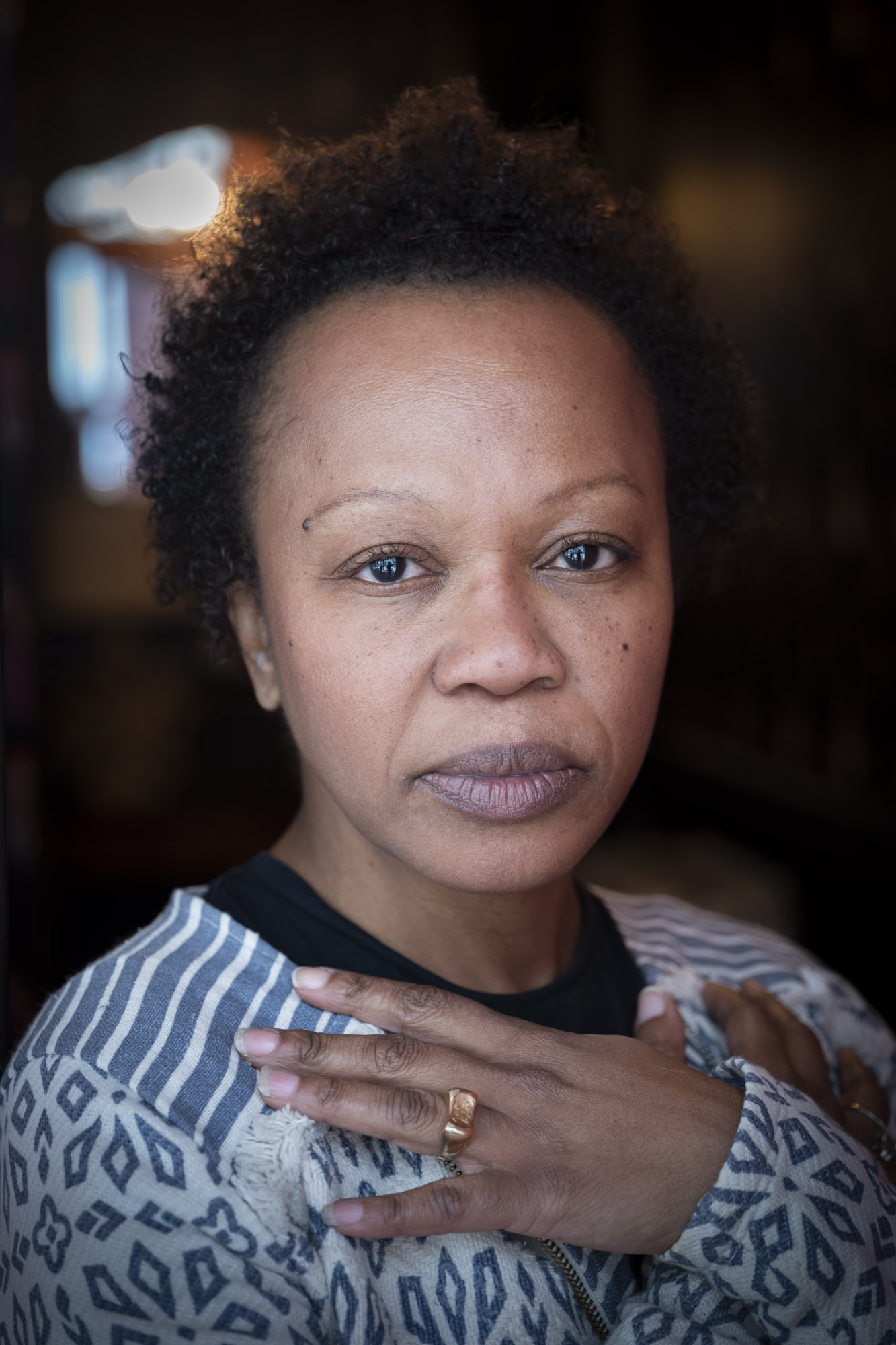
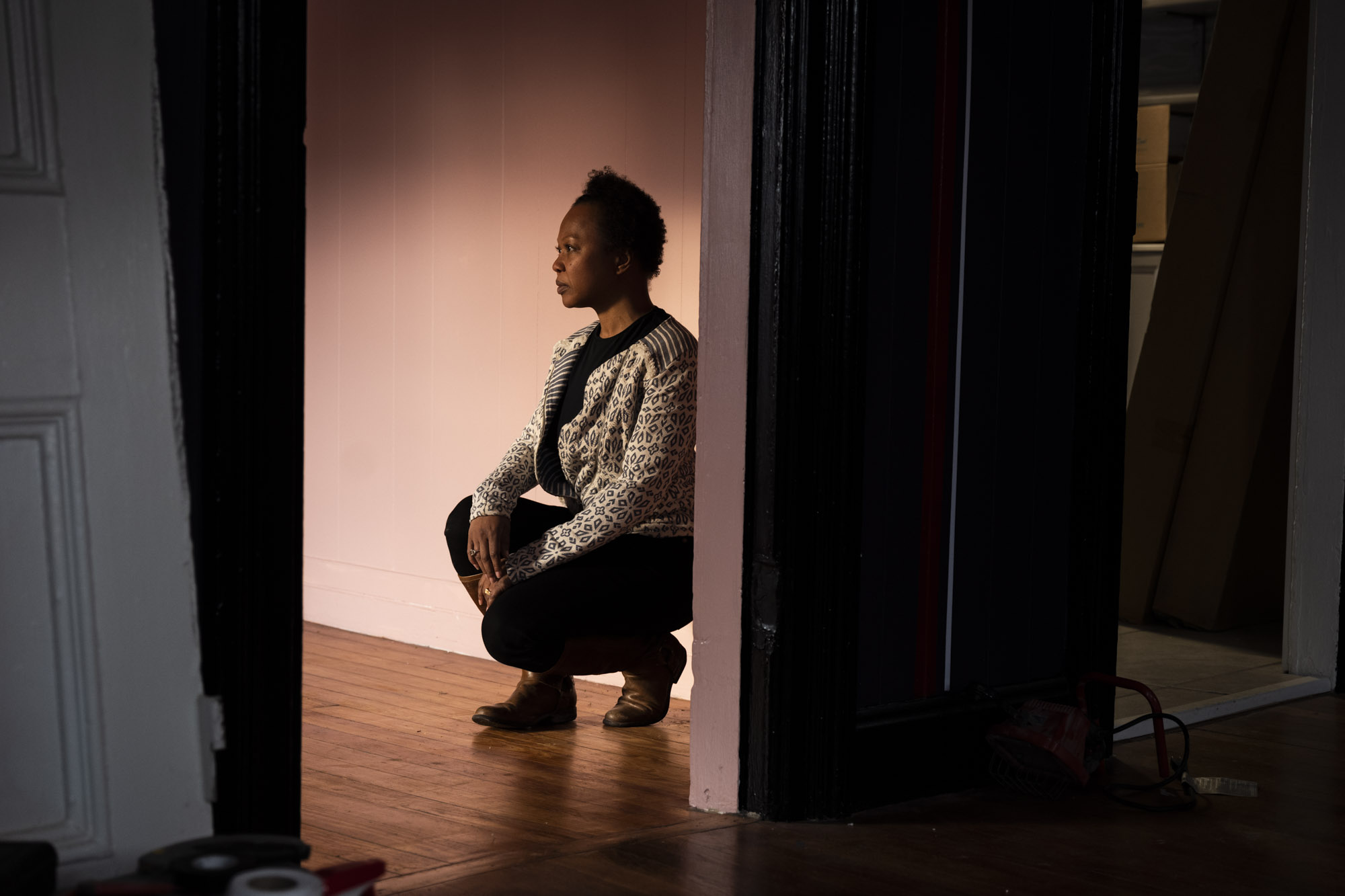
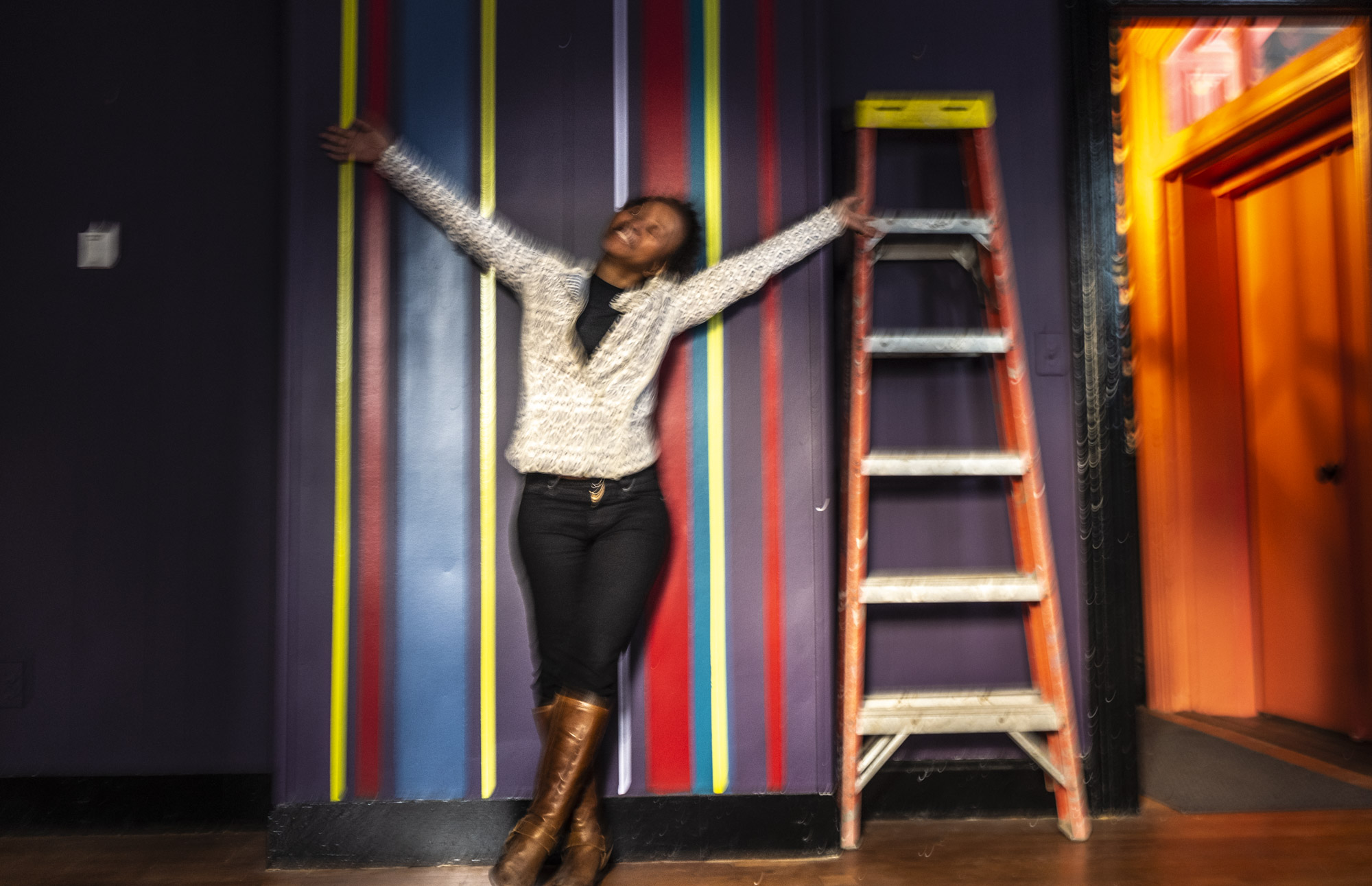
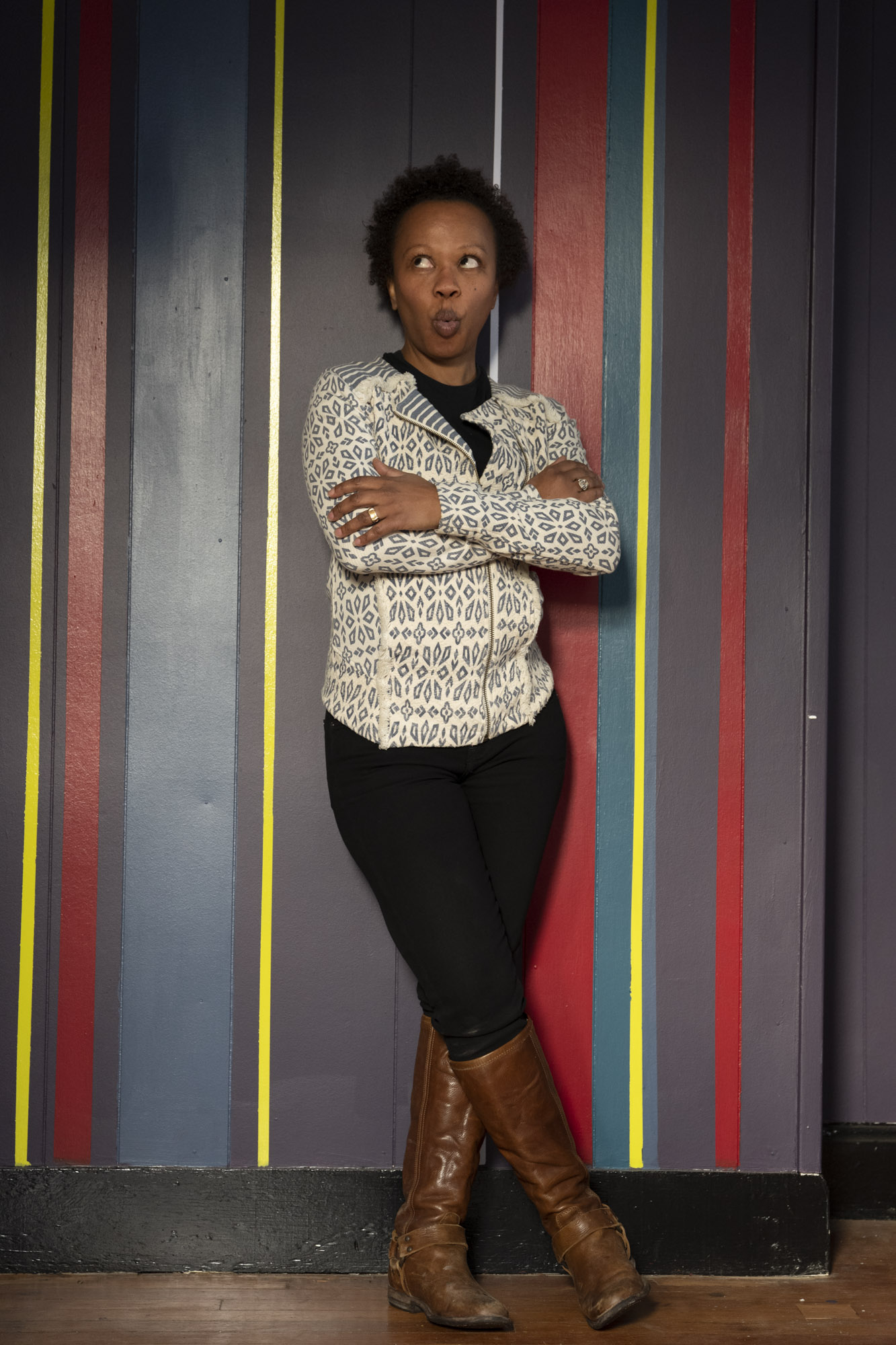
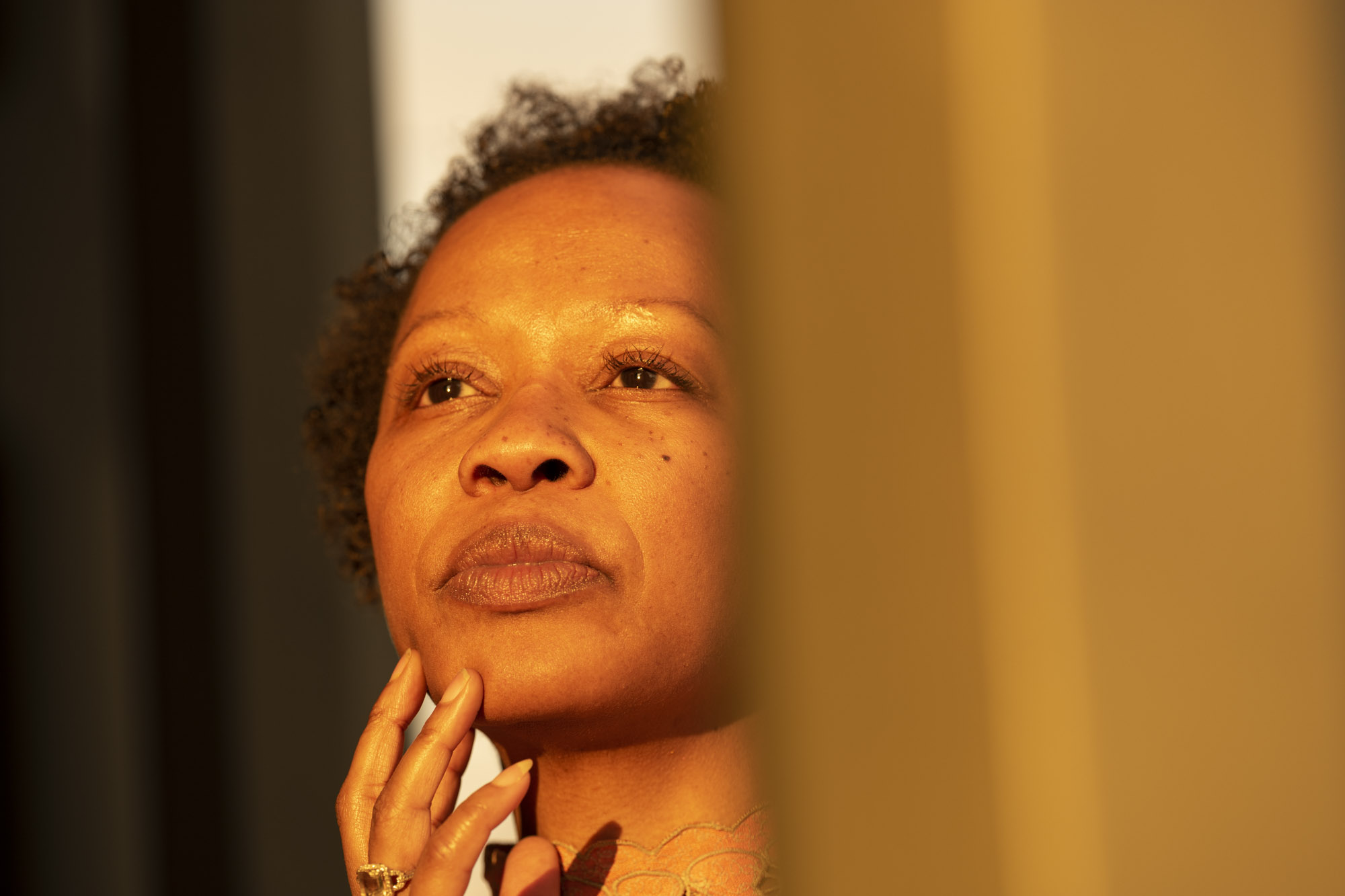
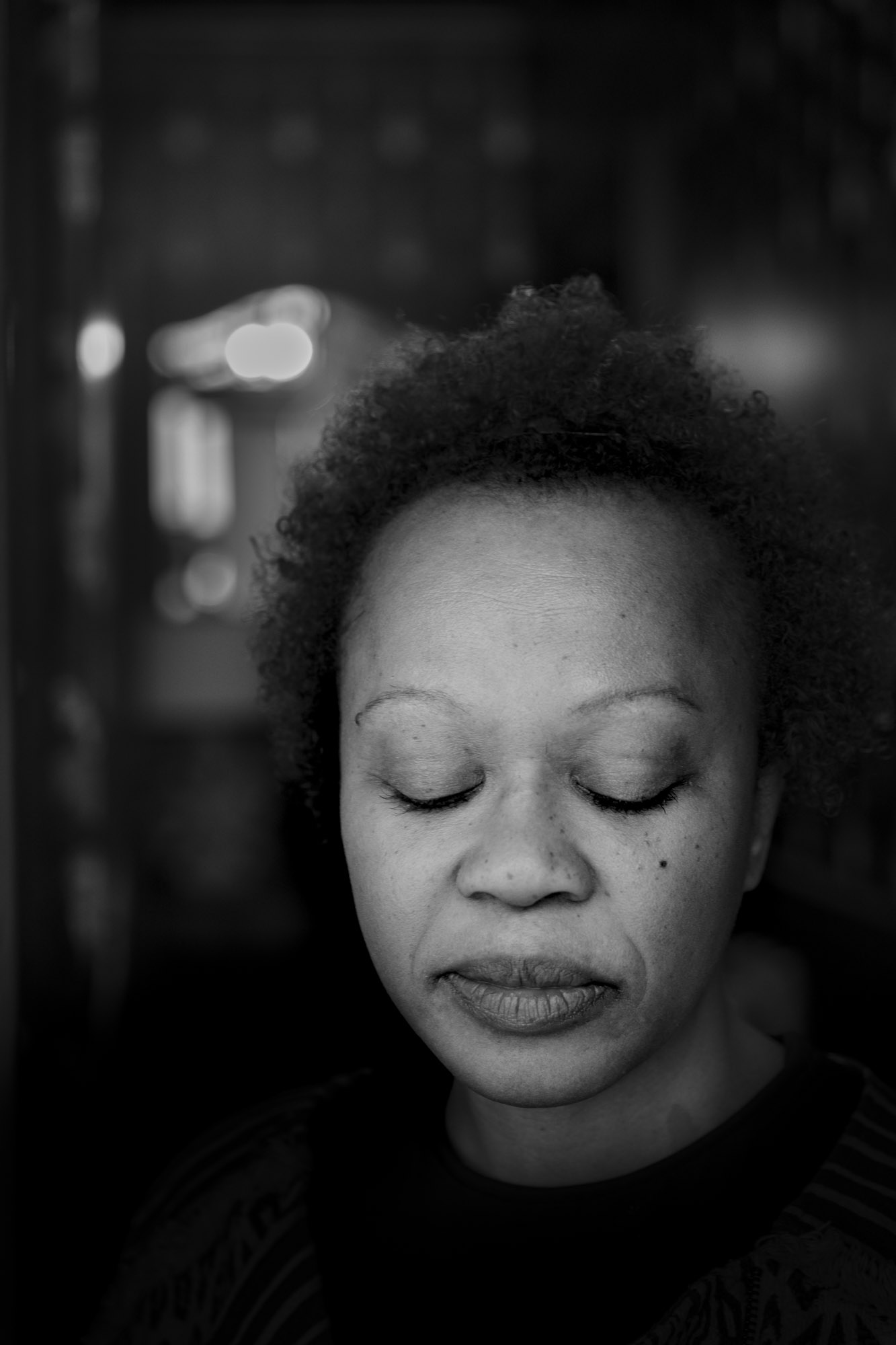
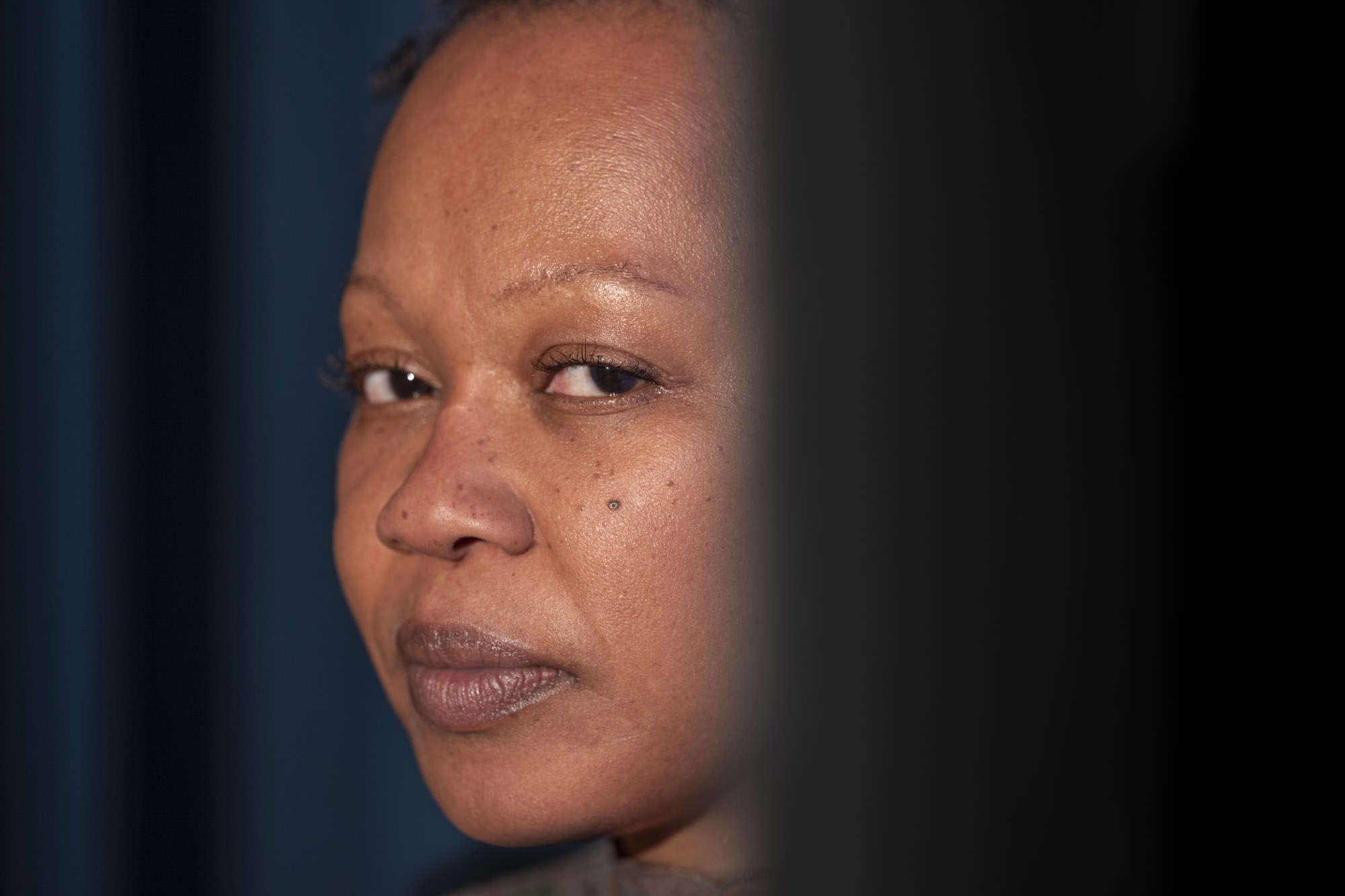
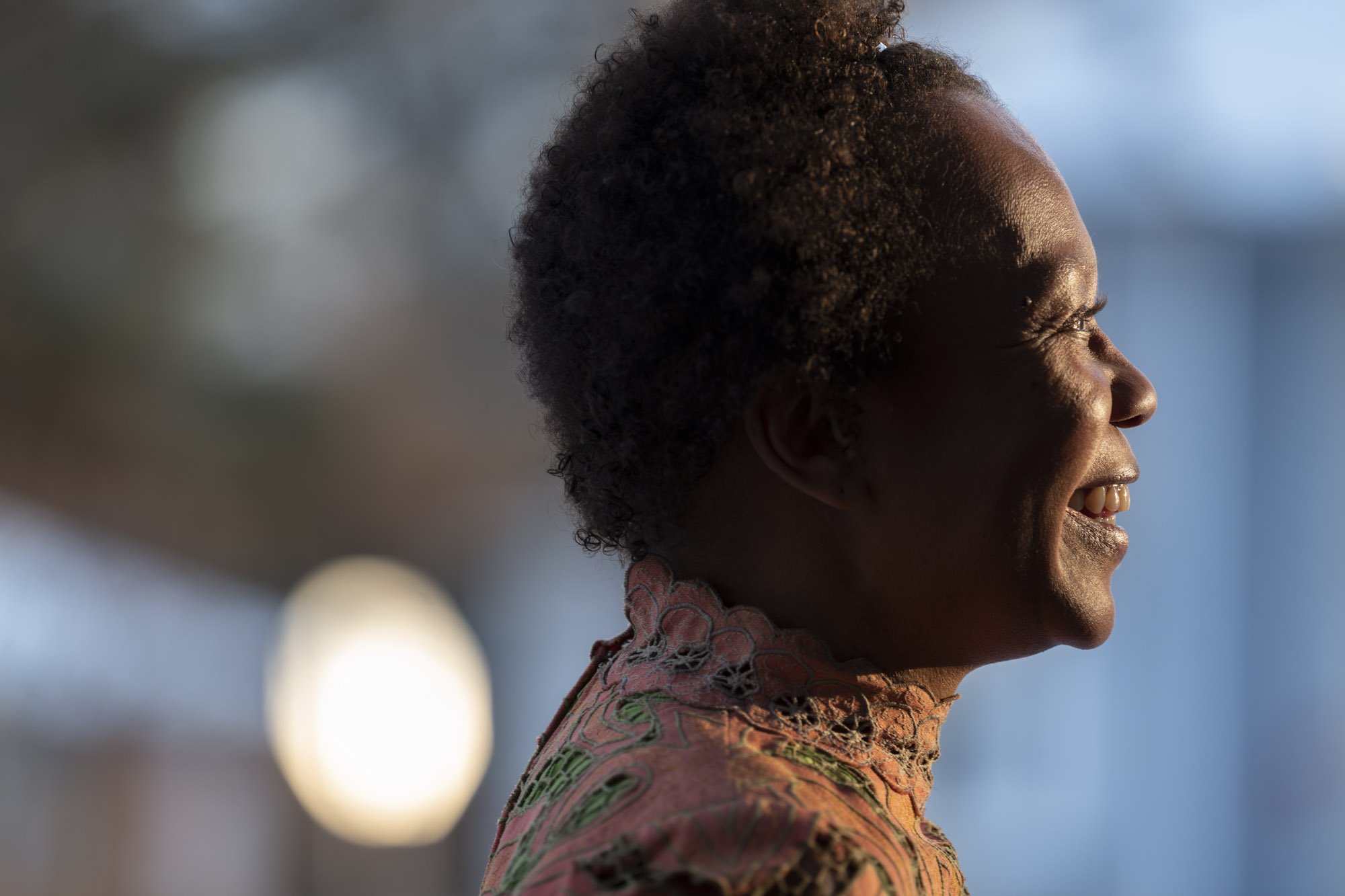
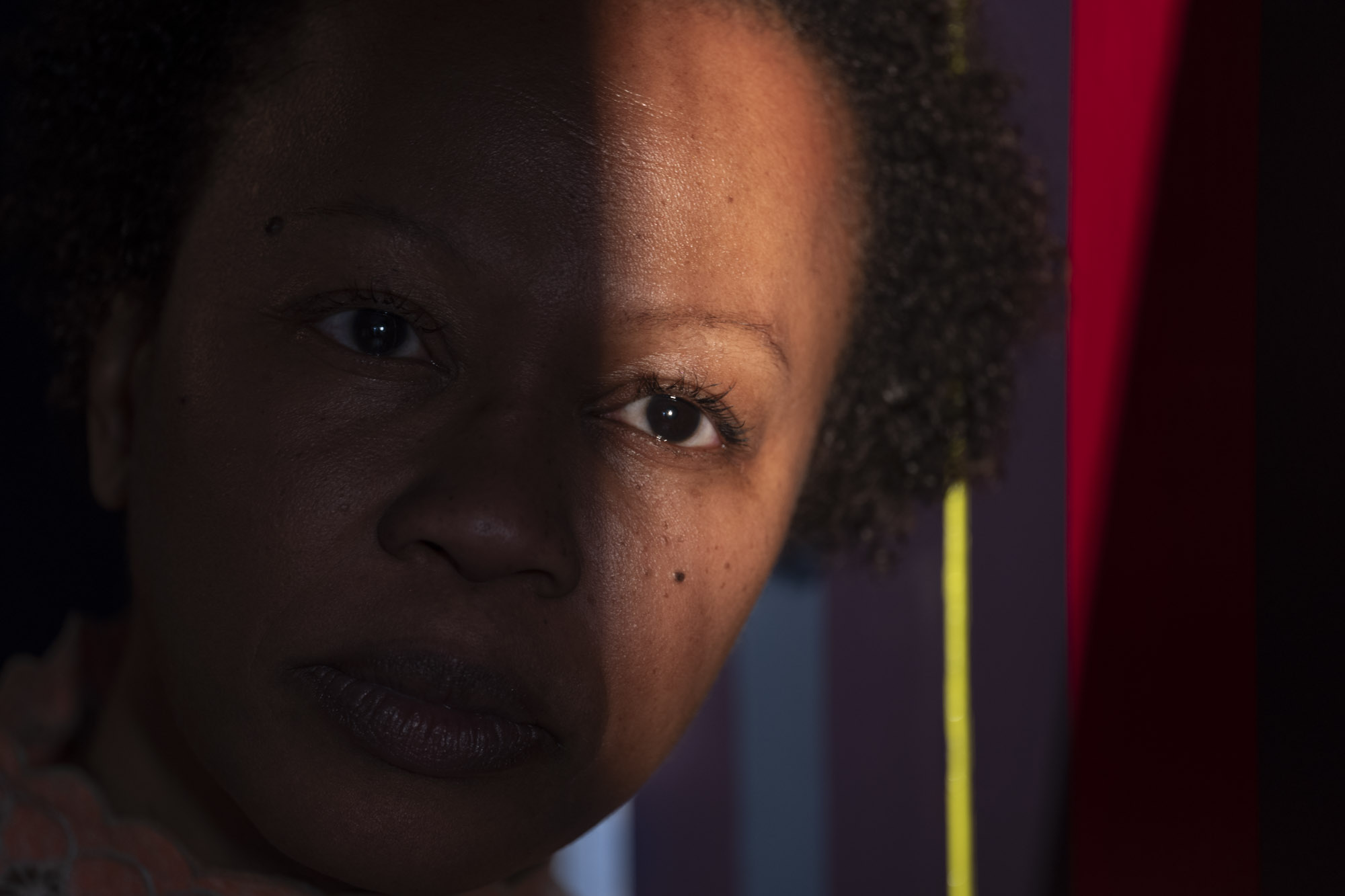
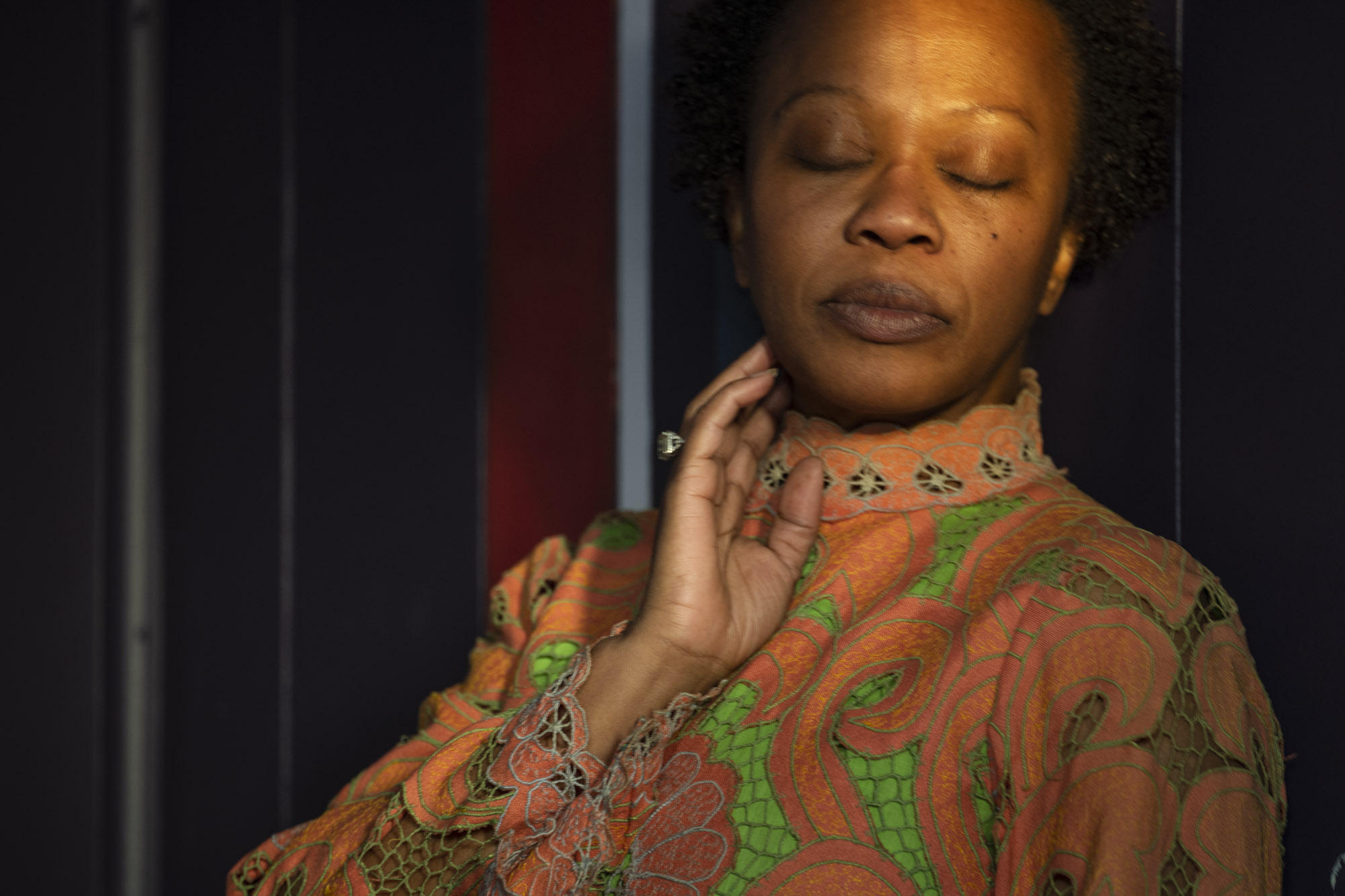
Who are you? My name is Marline Damour and I'm an interior designer. And it's my second career, so I've been an interior designer for about four years now.
How long have you been in Kingston? I've been in Kingston for four years. When I decided to move up from New York City was when I decided to make the big shift, leaving my old profession in Marketing and PR to Interior Design. So I moved up here to be an interior designer.
What about Kingston gives you joy? When I moved up here, I found such a huge entrepreneurial spirit. And I found such a huge population of people who were involved in just creating things. Whether they were makers, or people developing programs for the community to connect people, I just felt really right at home.
What, if anything, would you change about Kingston? I think one of the things that I try to do with my Kingston Design Connection Program is recognizing that there are so many designers and makers moving up here. I really try to create a mechanism for them to connect with each other. And I think that the more that we do that as a city, the more that we embrace the designers that are moving up here and create a pathway for them to connect with other creatives, I think the better off we will all be.
What is your secret secret hope for your future? Gosh, it's boundless, really. I tend to be one of those people. You know the Design House was meant to be a week long art project which turned into a month long thing, which now is an actual program with lots of different moving pieces. I just really like to explore new things. And if I'm interested in it, I will just move full steam ahead and just do it. So who knows what the future will bring? (Video interview below)
Follow Maryline on Instagram @kingston.design.connection and learn more about the Kingston Design Showhouse and her interior design firm Damour Drake here: https://linktr.ee/kingston.design.connection
Deborah Mills Thackrey
“I moved from Silicon Valley to Kingston about 6 and a half years ago, and it’s the best thing I ever did.”
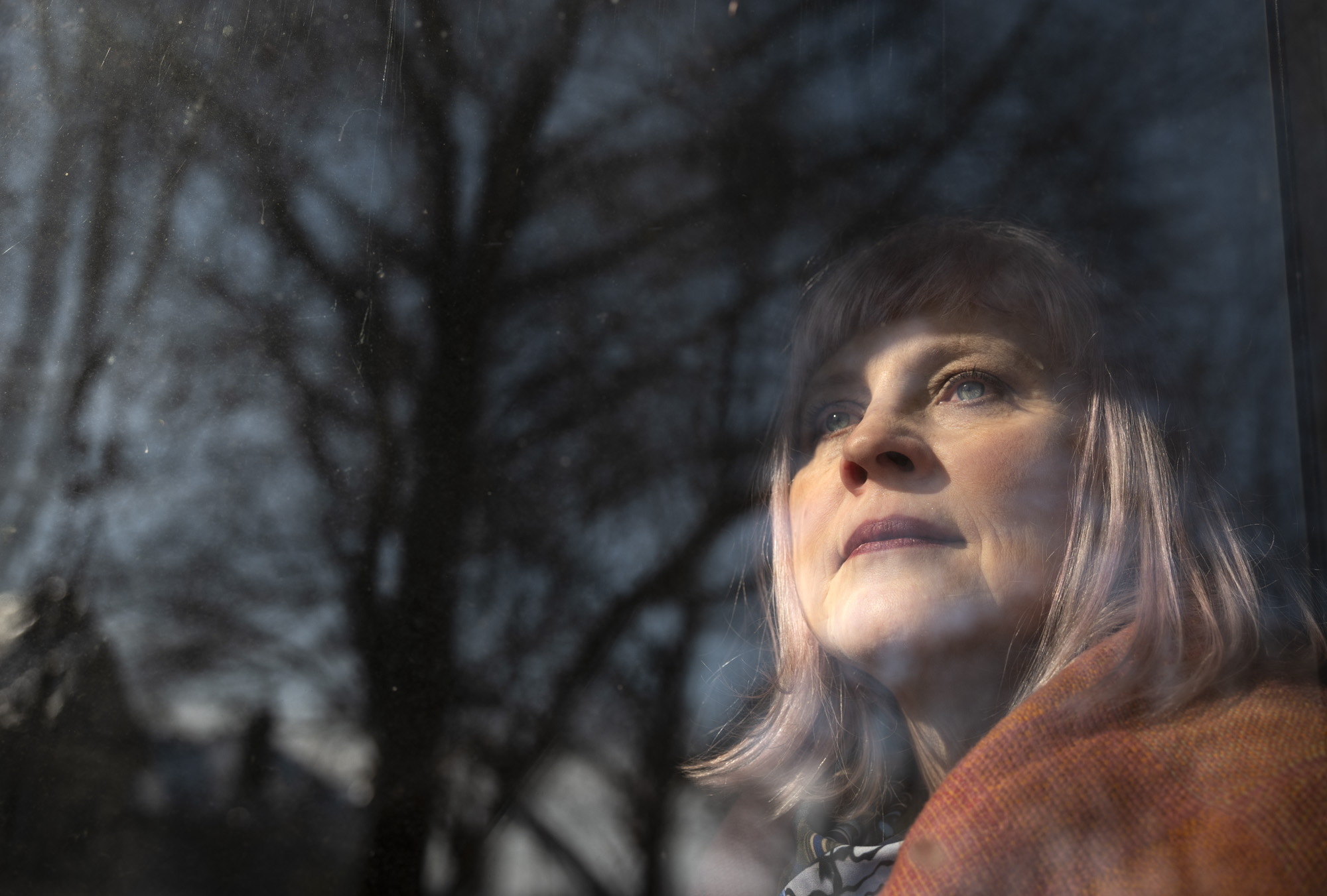
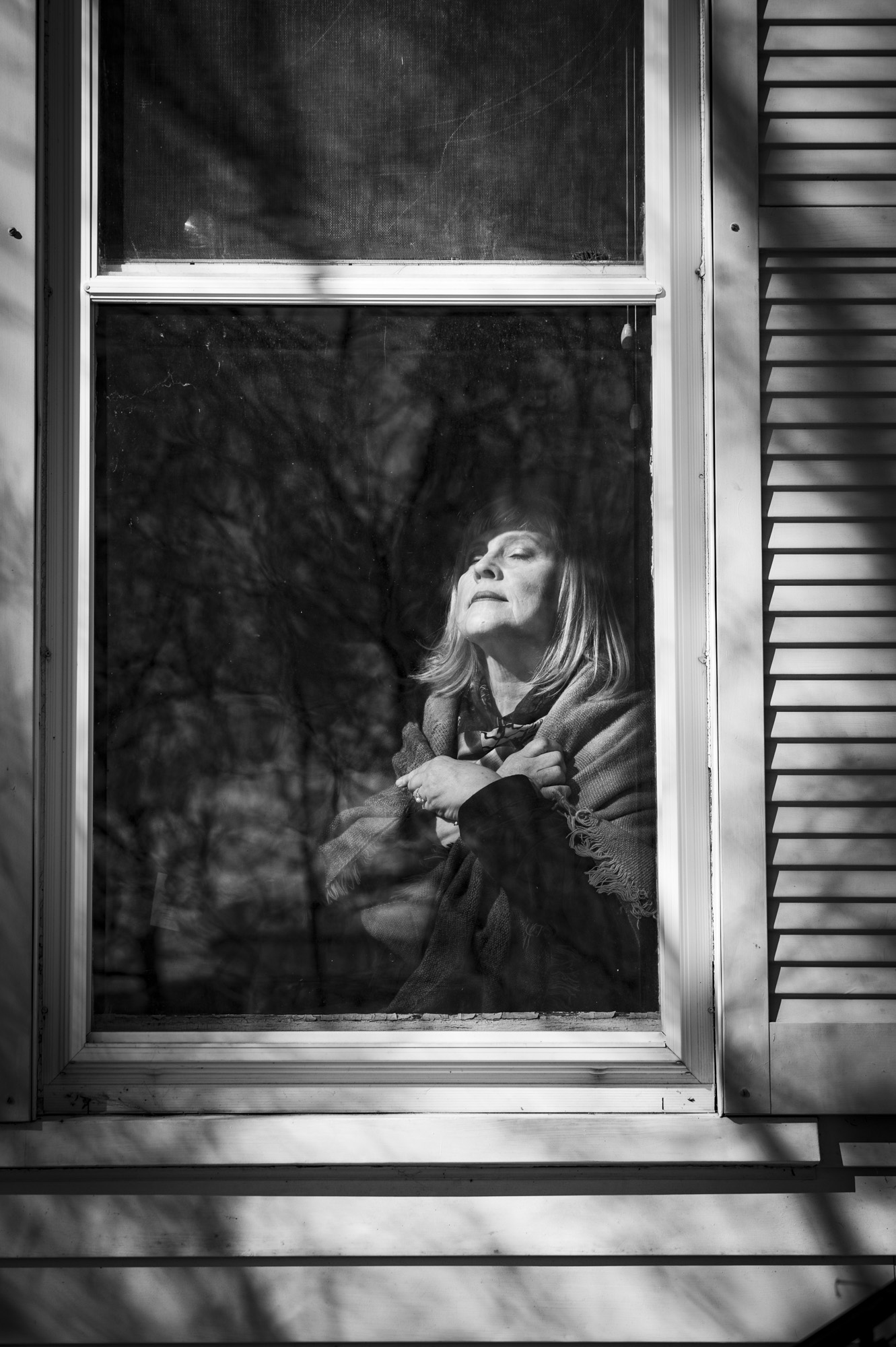
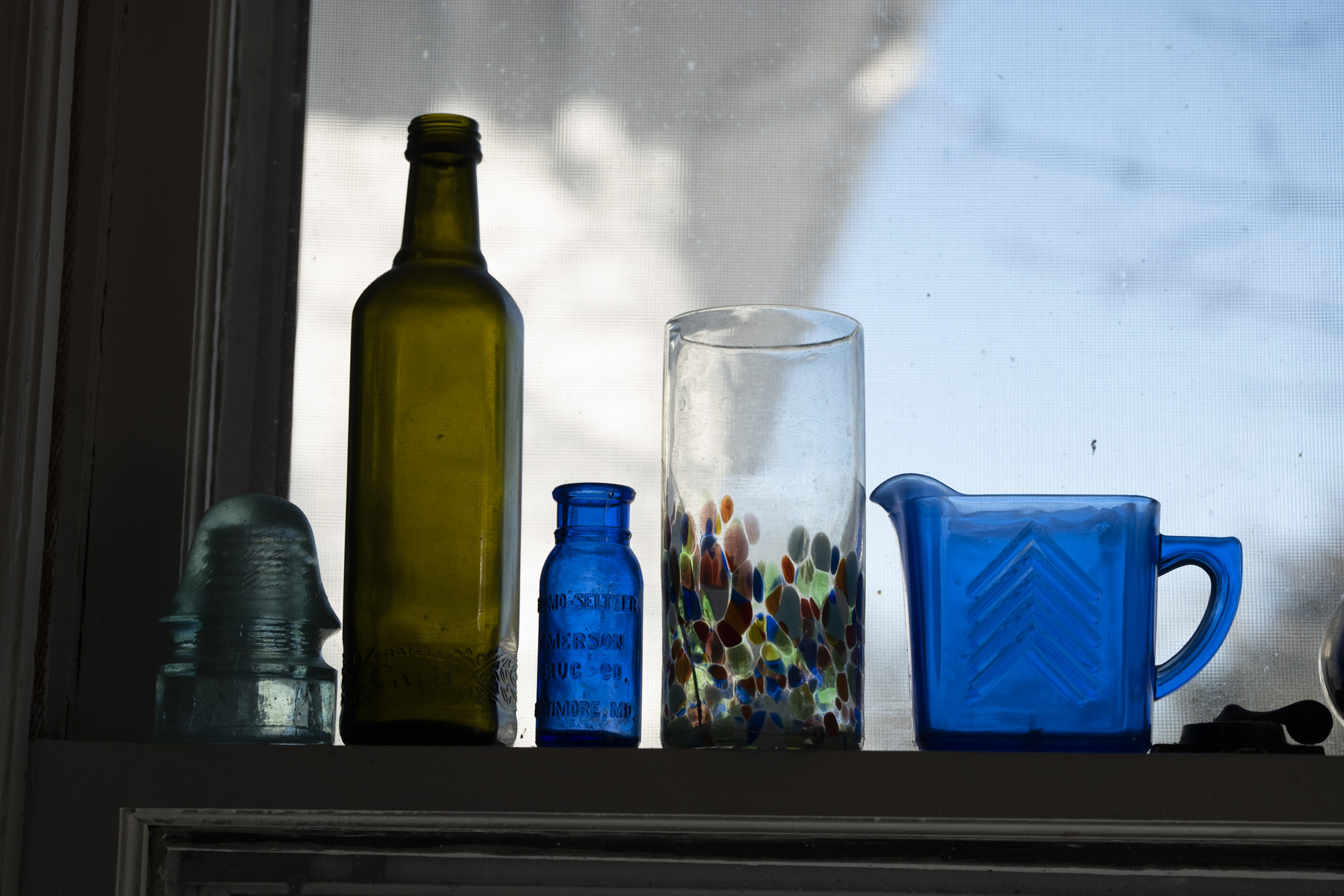
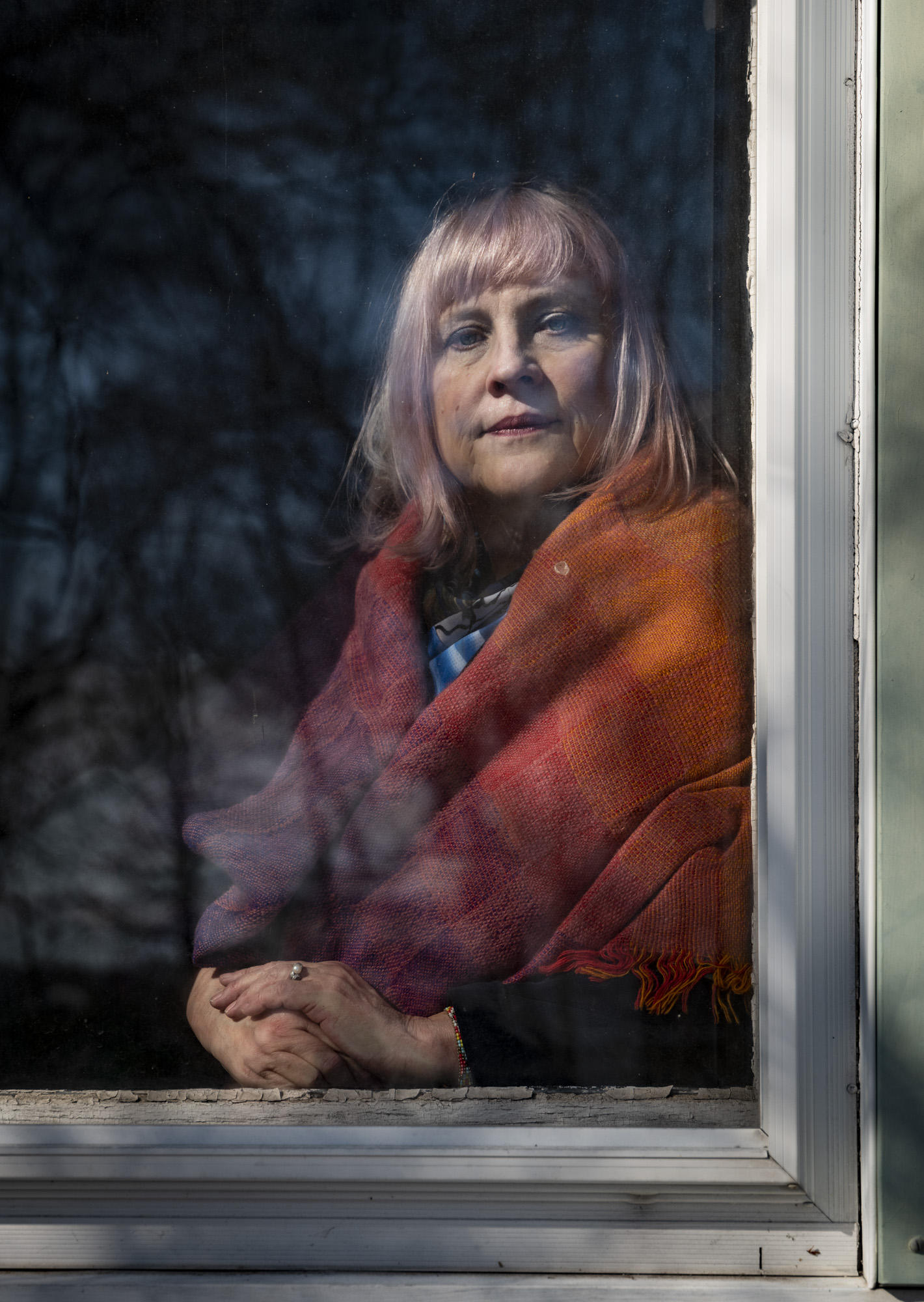
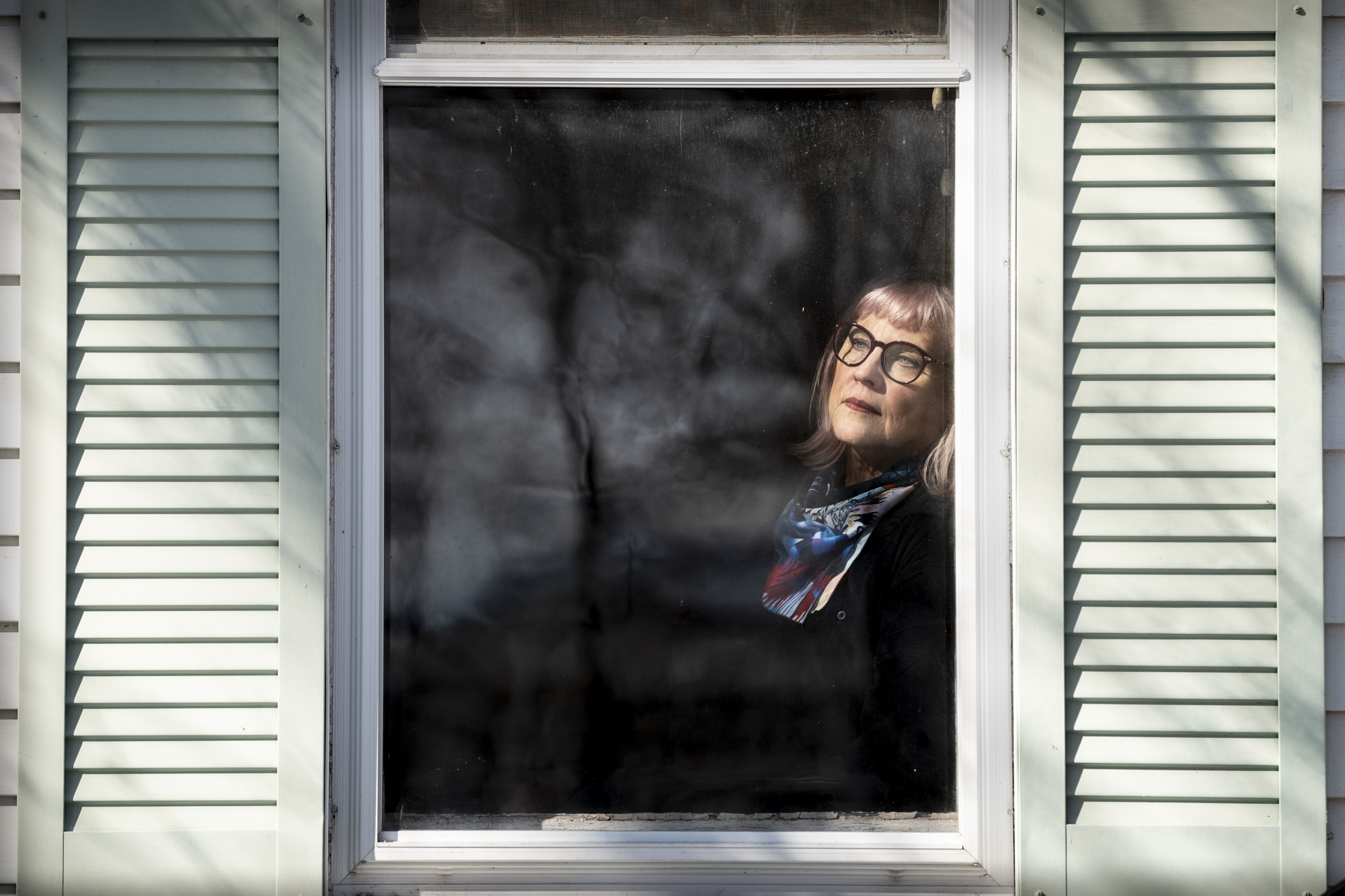
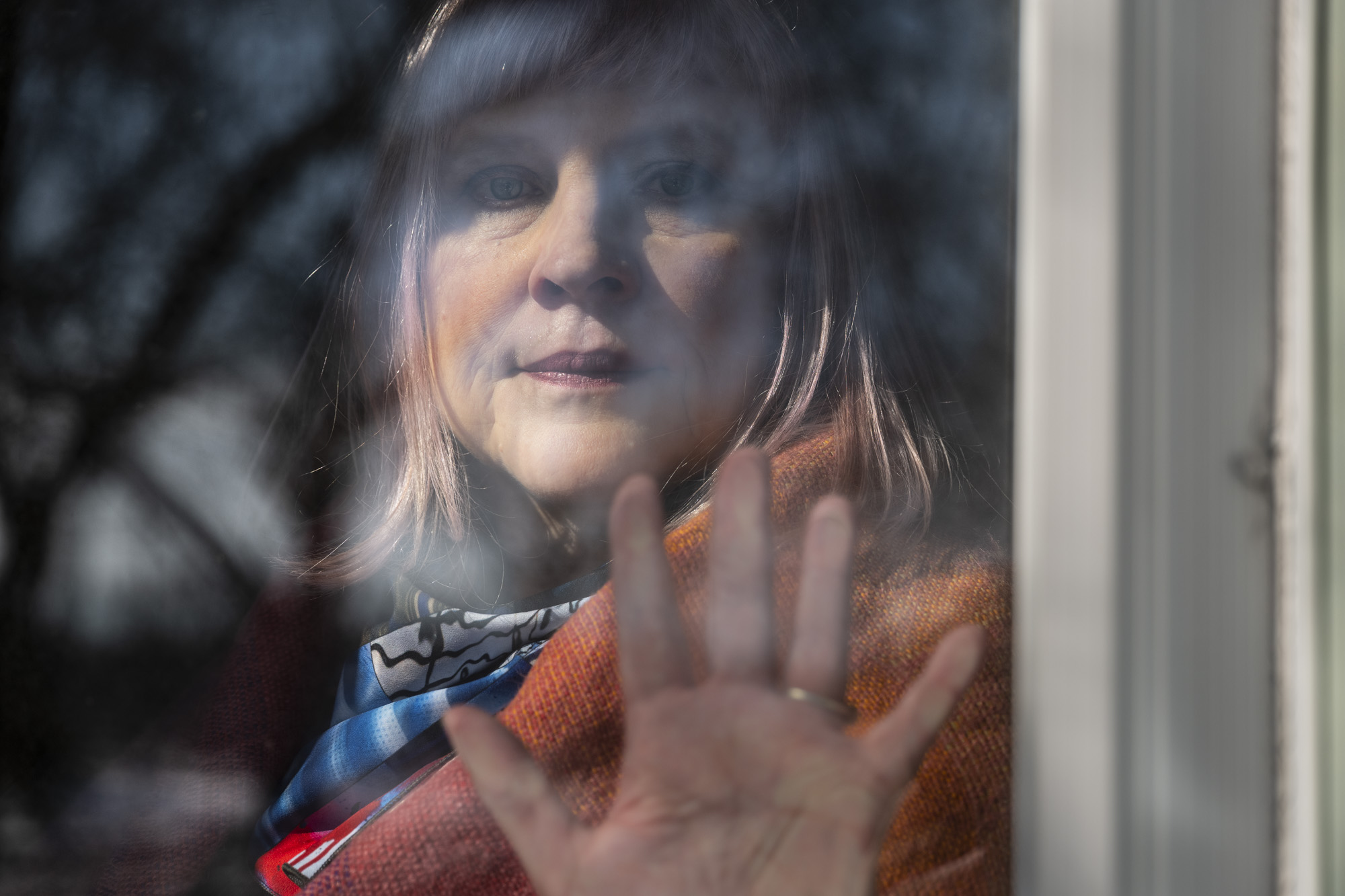
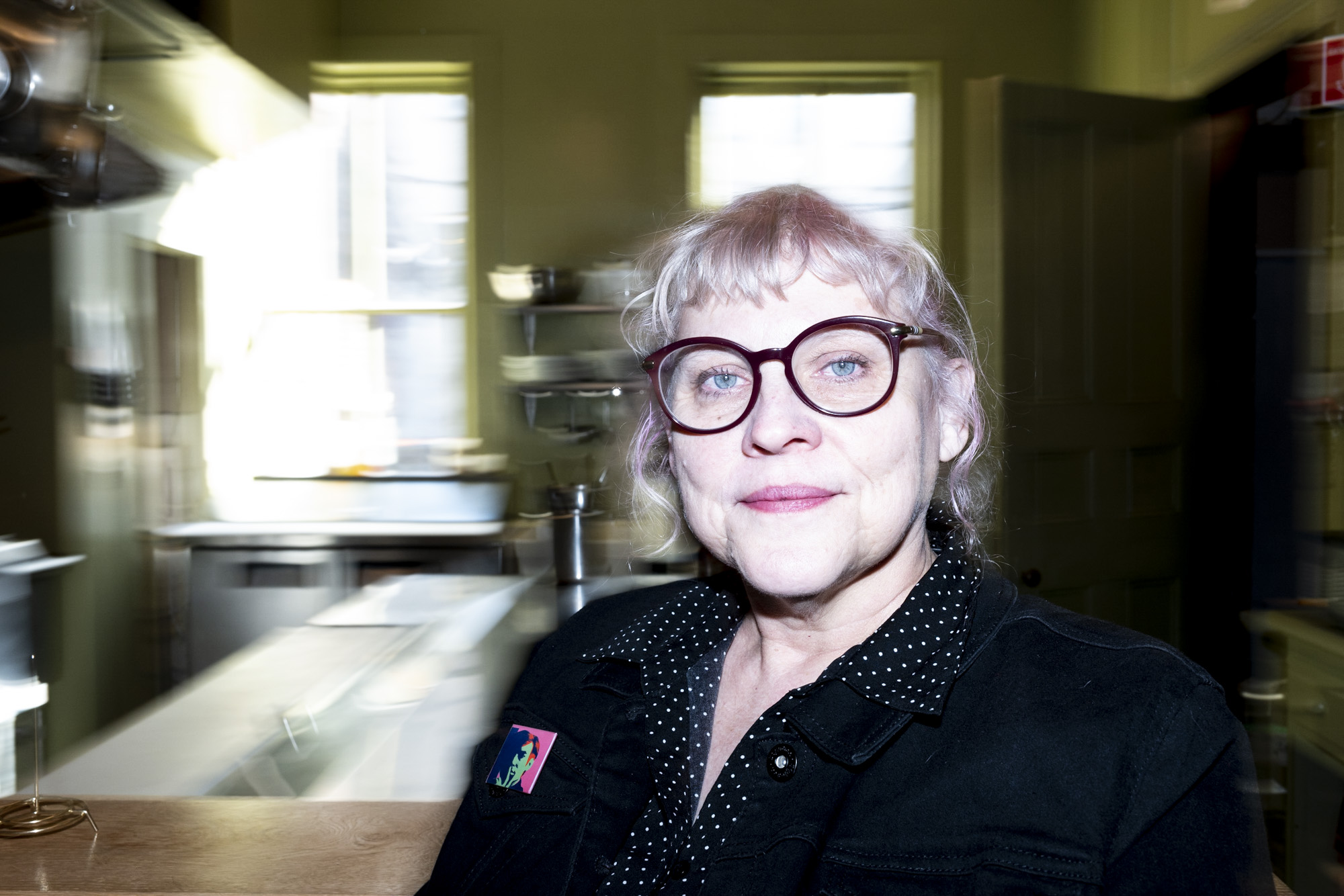
Who are you? I'm Deborah Mills Thackery. I'm a photographic artist, and I'm currently exploring printing my mostly abstract images on fabric and then doing all kinds of things with that.
How long have you been in Kingston? I moved from Silicon Valley to Kingston about 6 and a half years ago, and it's the best thing I ever did.
What gives you joy about Kingston? I love the atmosphere, the old houses, the history, the Hudson River is amazing, being close to the mountains, nature, but mostly the arts community here has just been amazing for me. I feel like I'm in my element.
What, if anything, would you change about Kingston? I don't know. Thinking about what I would change about Kingston is ... I'd have to put some thought into it. I do feel there are so many pluses, but maybe there are a little bit of distance between the different communities. And I think people are working on bringing people together and that's a part of the area that I really enjoy, but, you know, I don't like it when I feel like people are isolated into different camps.
What is your secret hope for the future? Gee, my secret hope for my future. I just want to continue to try to create beauty in the world, and find ways to experiment and explore, and find things that feed my soul, which I feel like I've been lucky to have a little bit a taste of that recently. (Video interview below)
Visit Deborah’s site: Deborah Mills Thackrey
Chris Turgeon
“My deep, heartfelt desire is to get to the point where I can start being part of the rare few that are innovating and adding something to the story of food somewhere, somehow.”
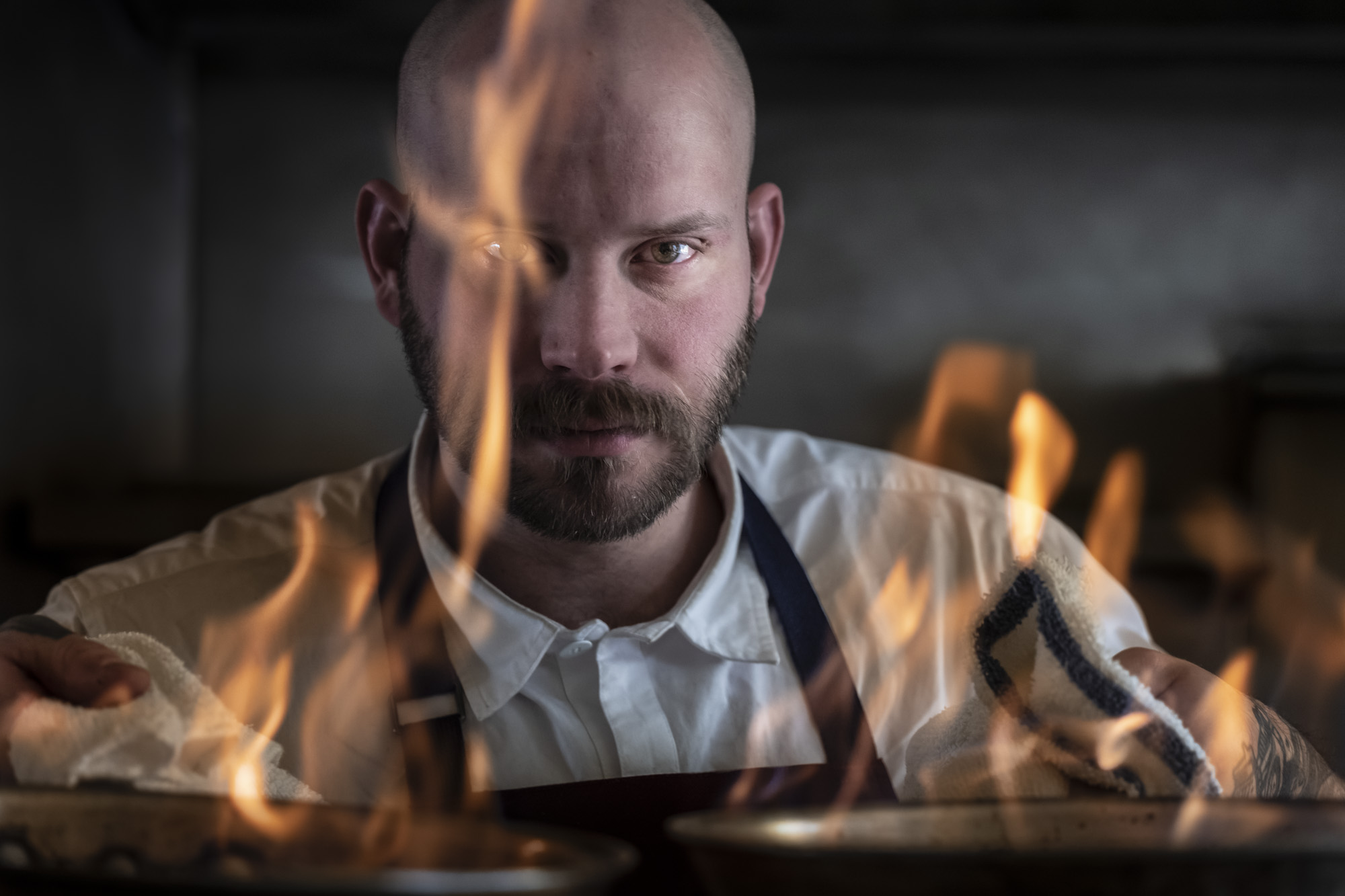
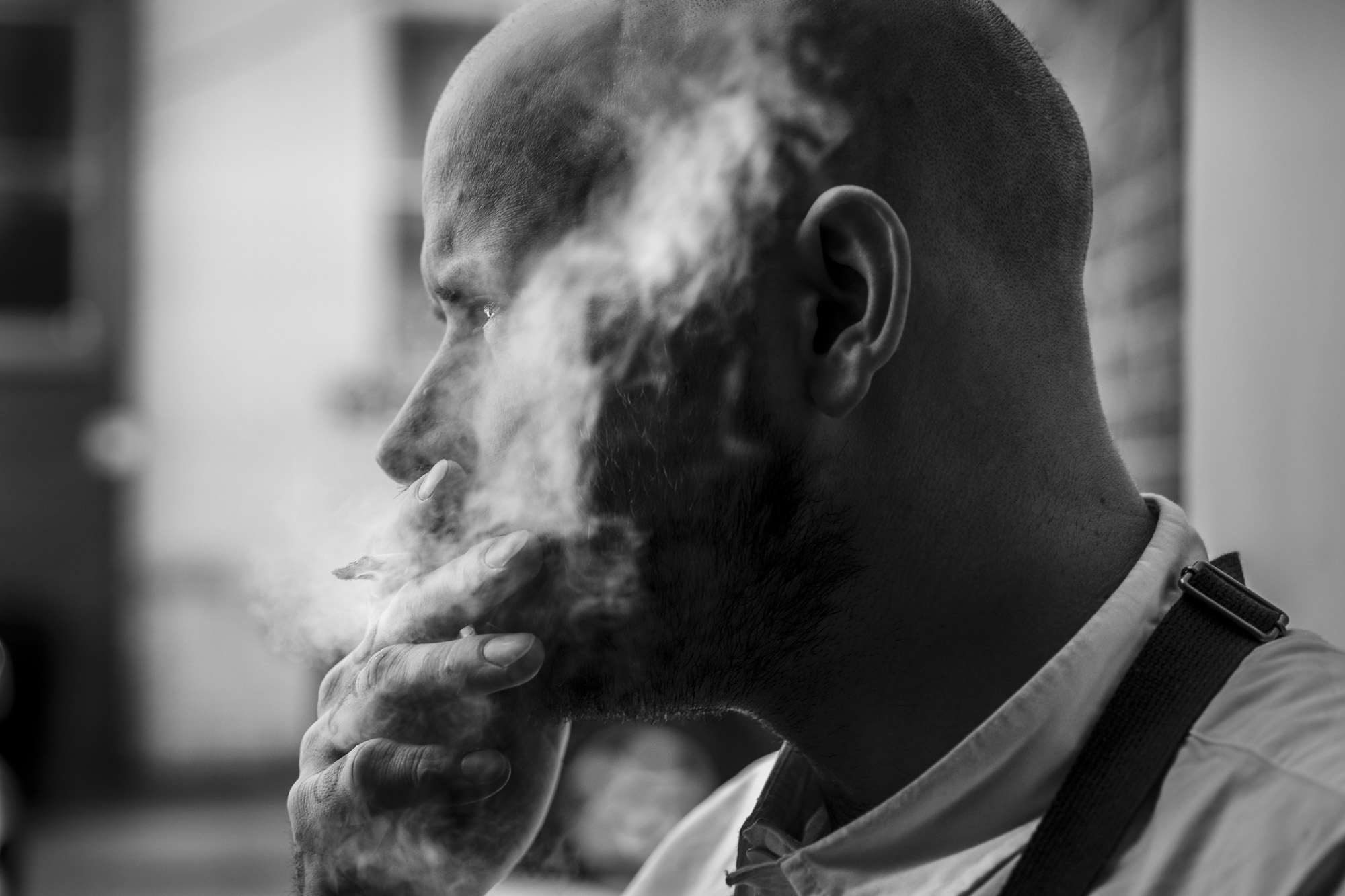
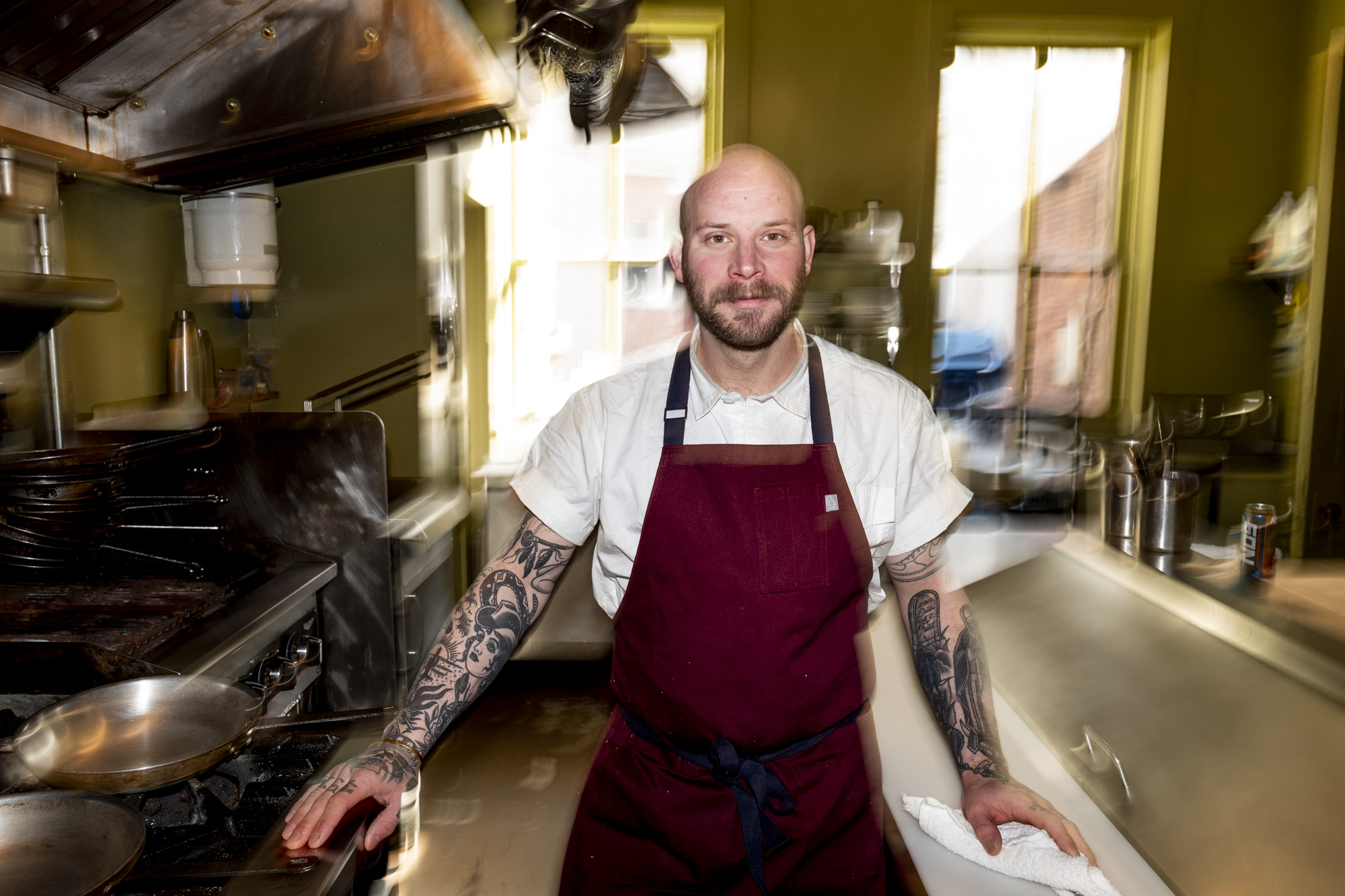
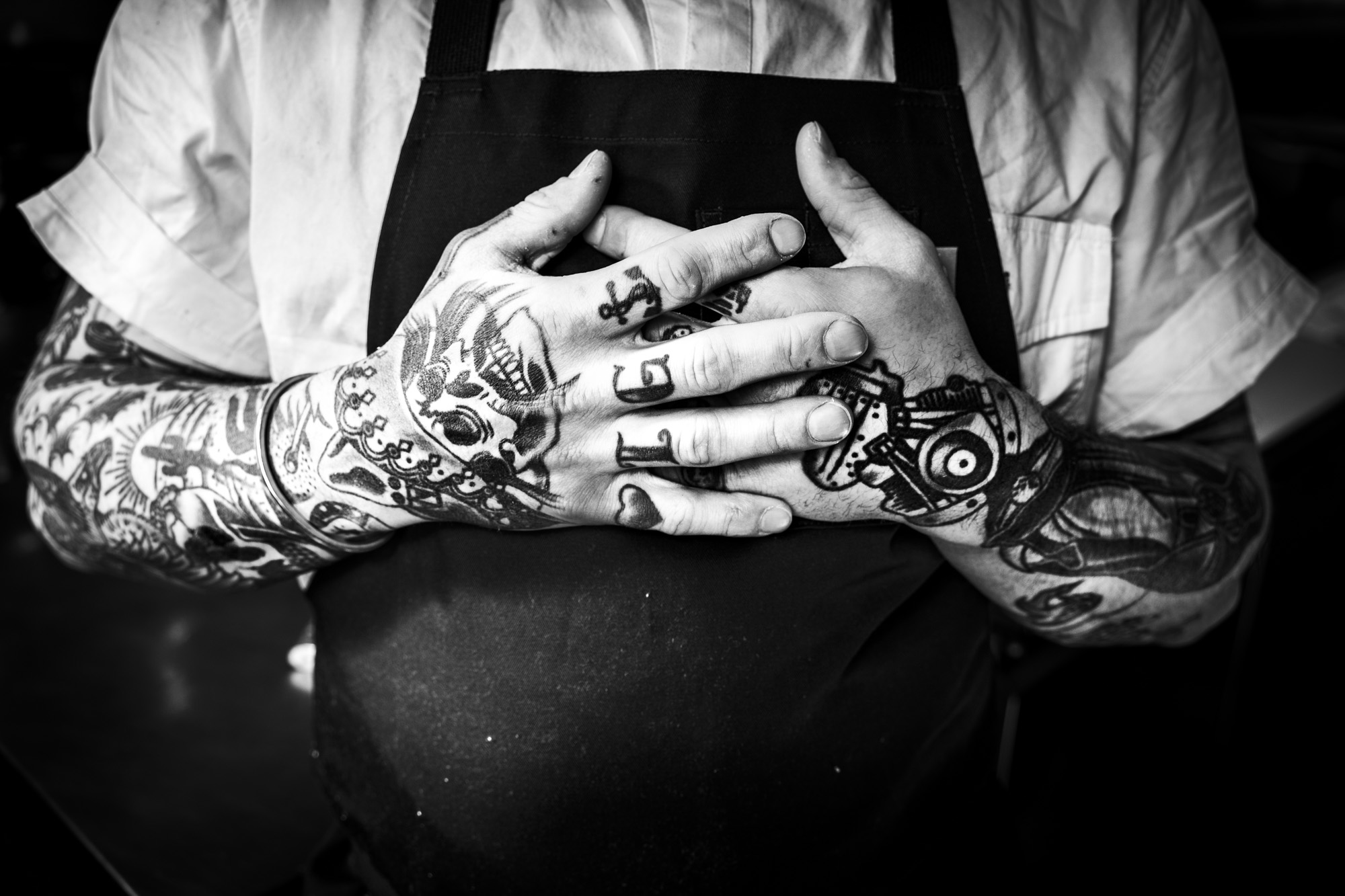
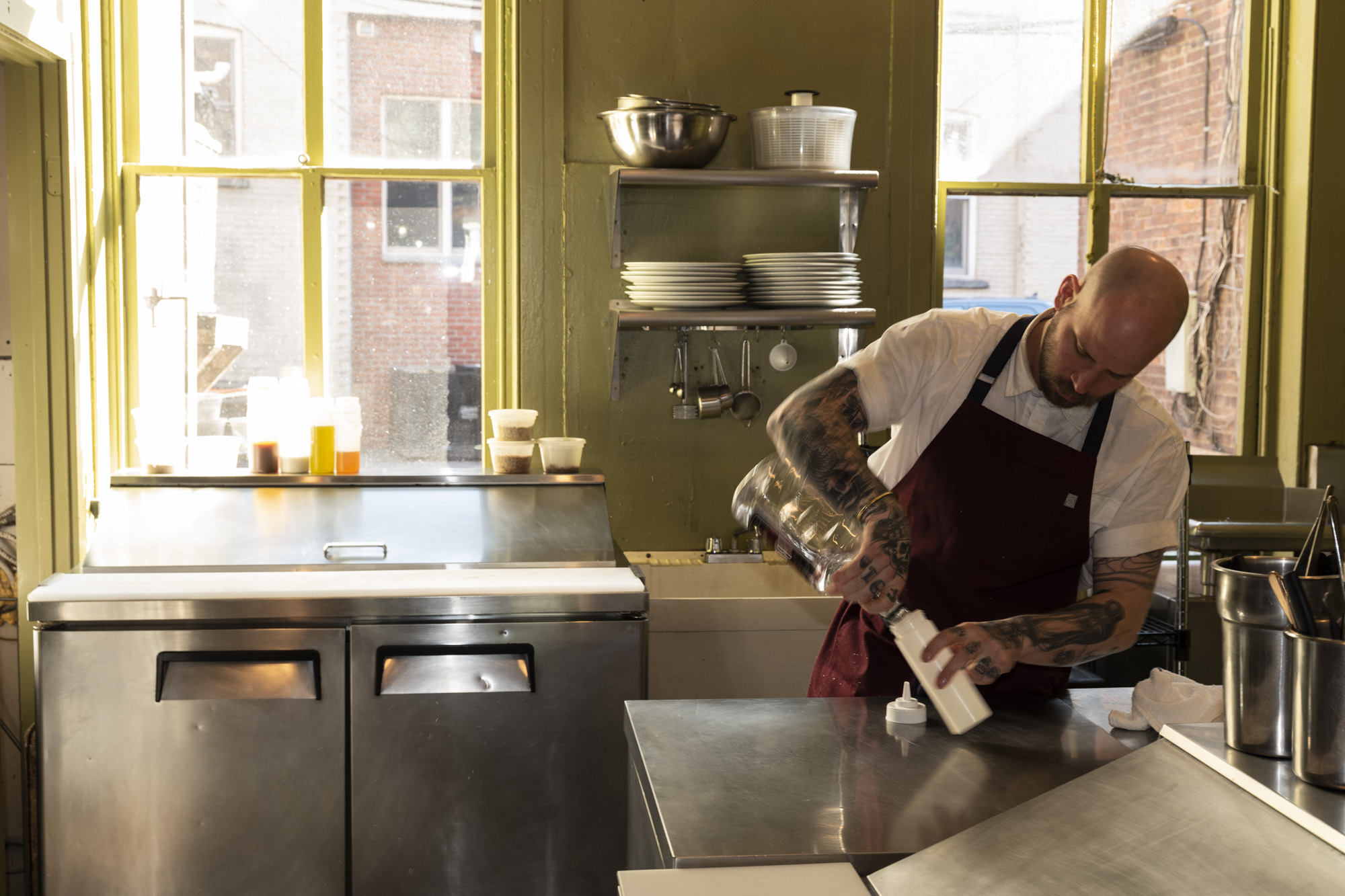
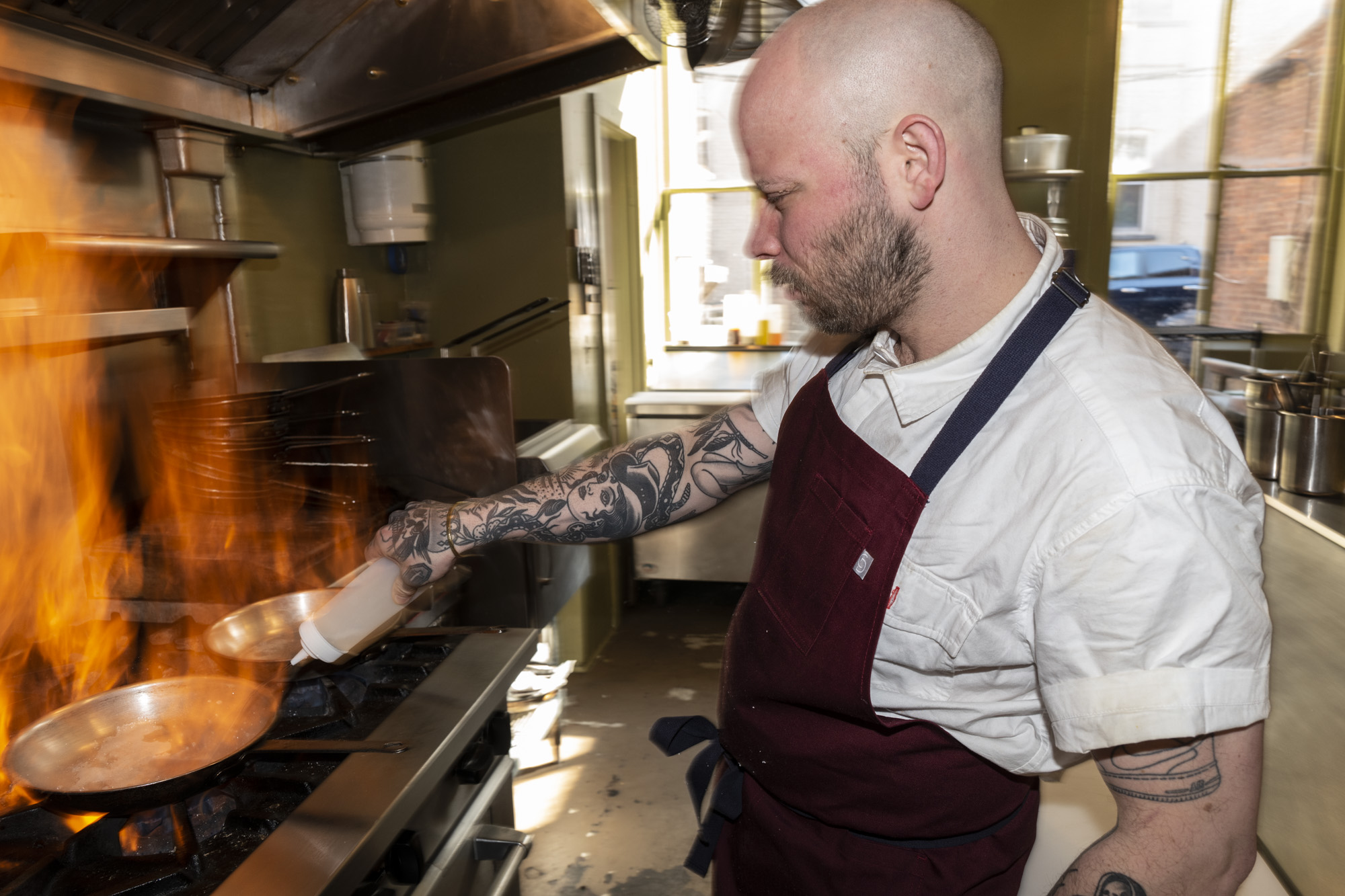
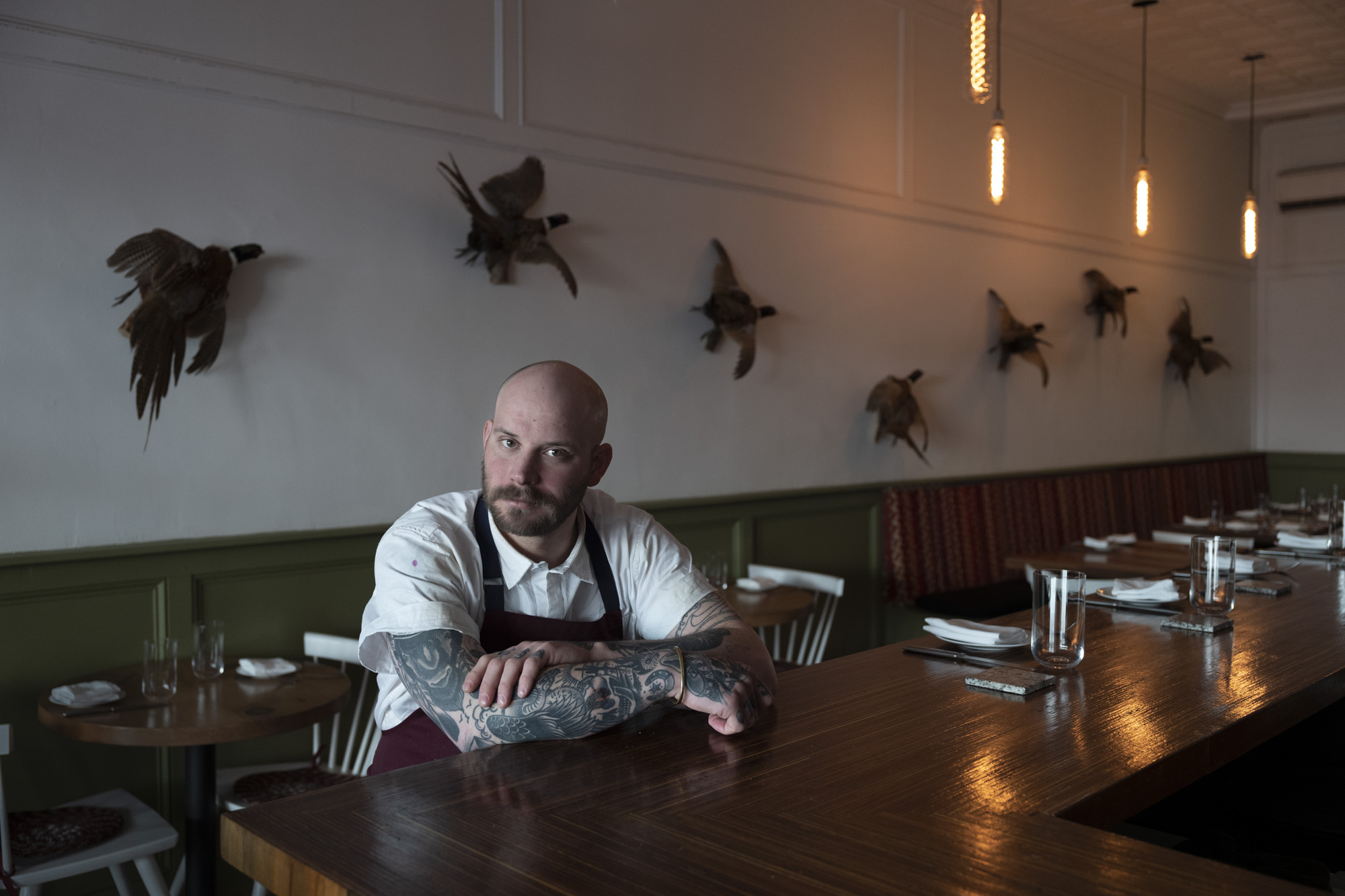
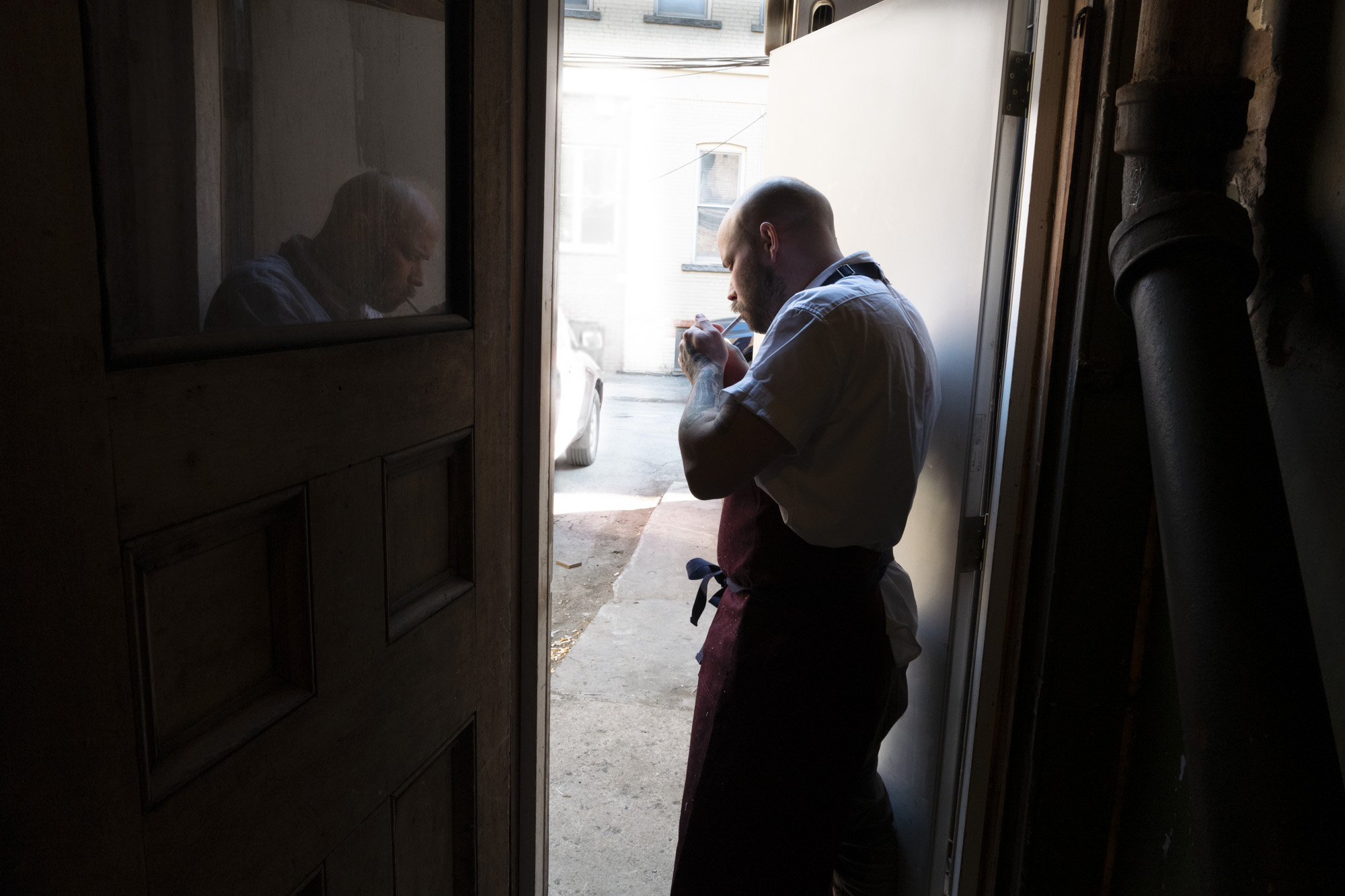
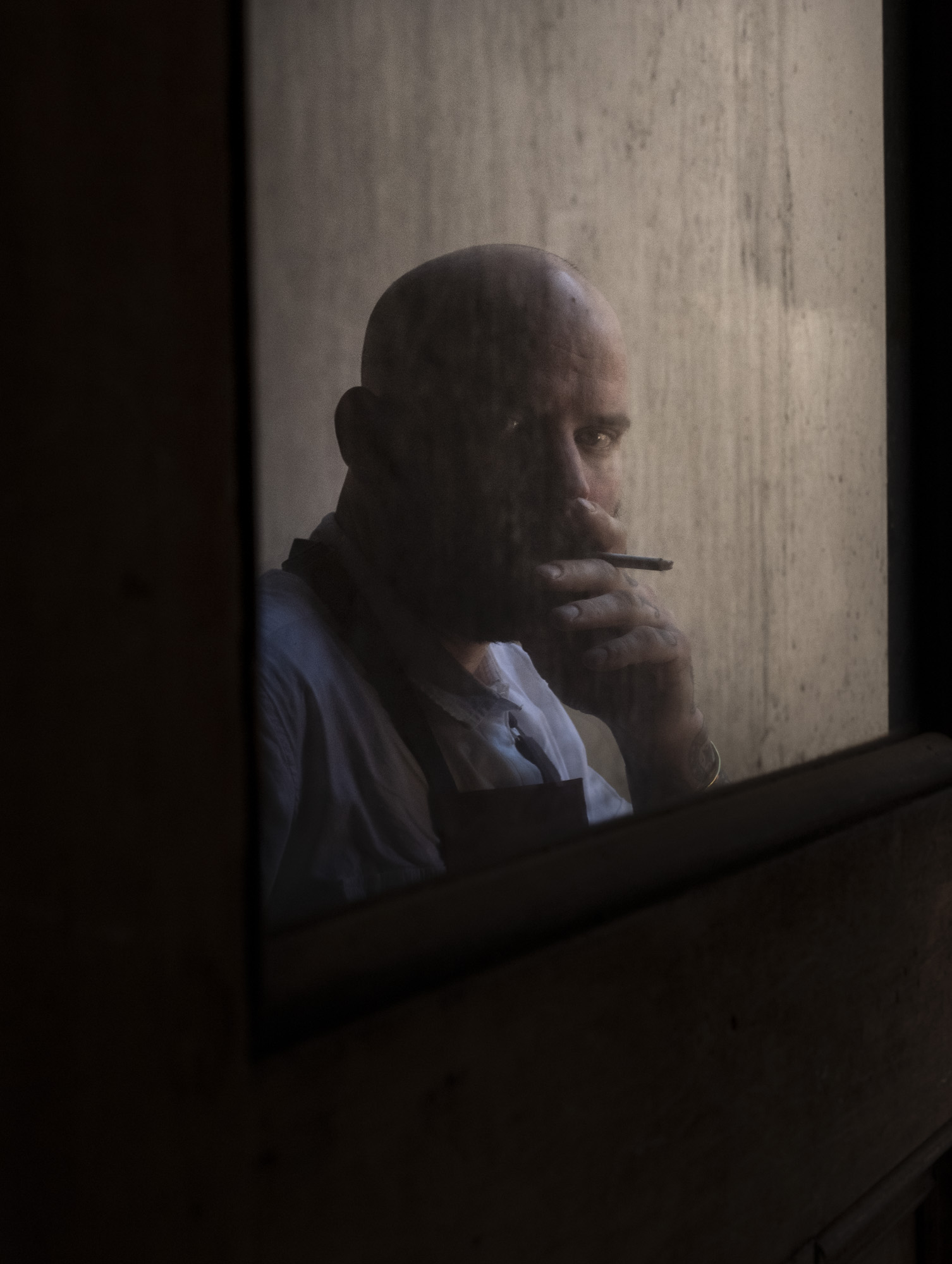
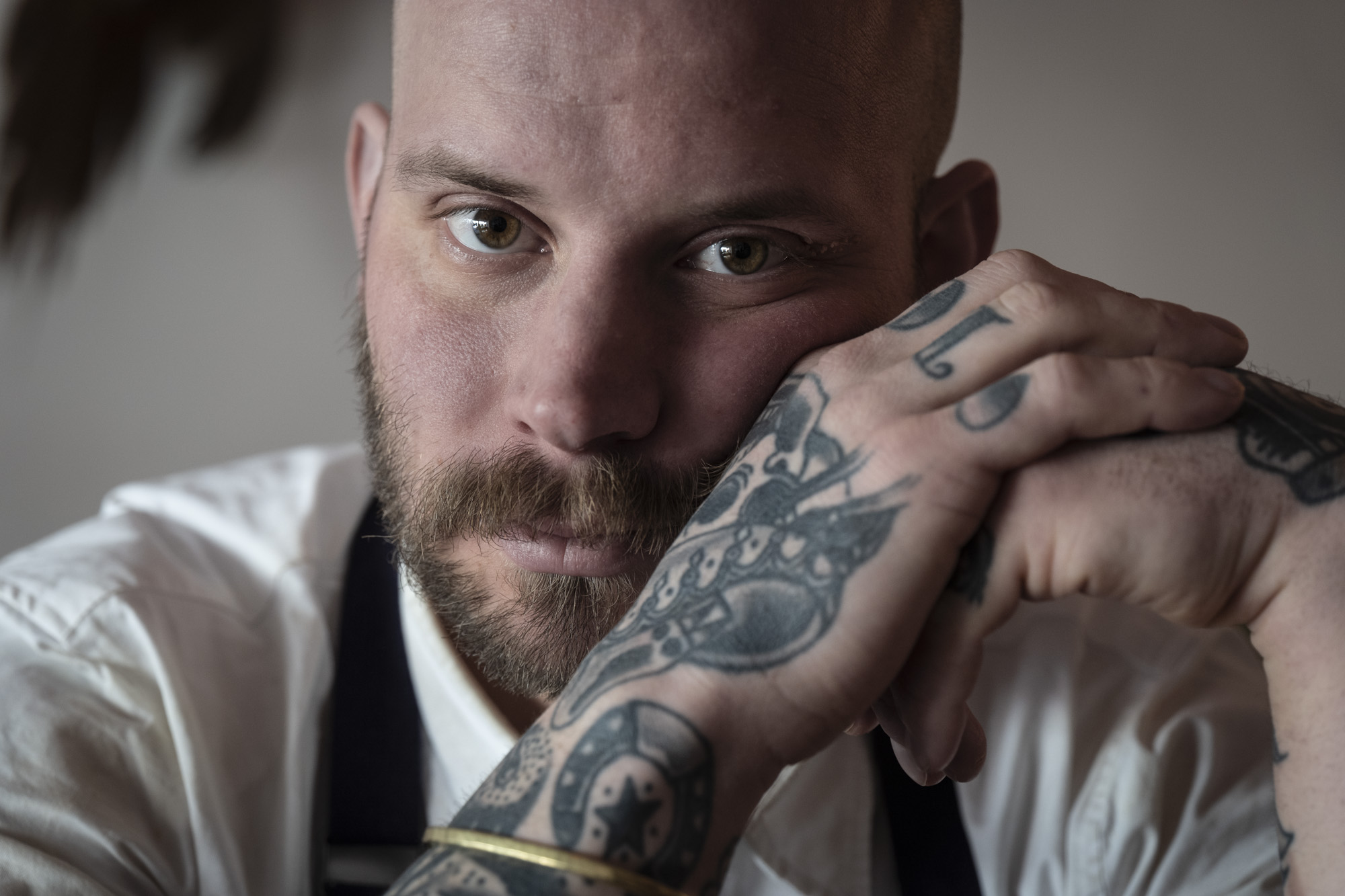
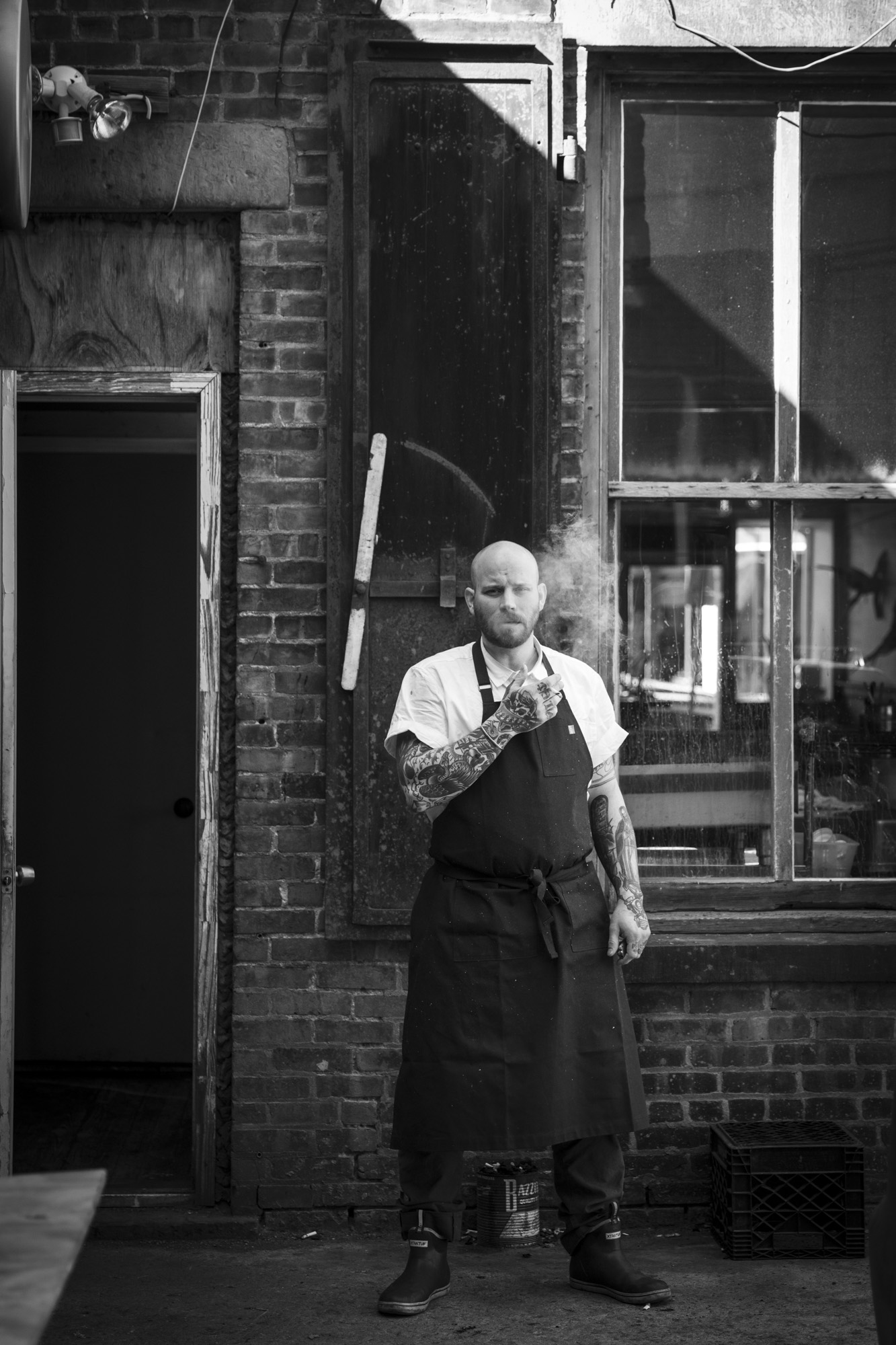
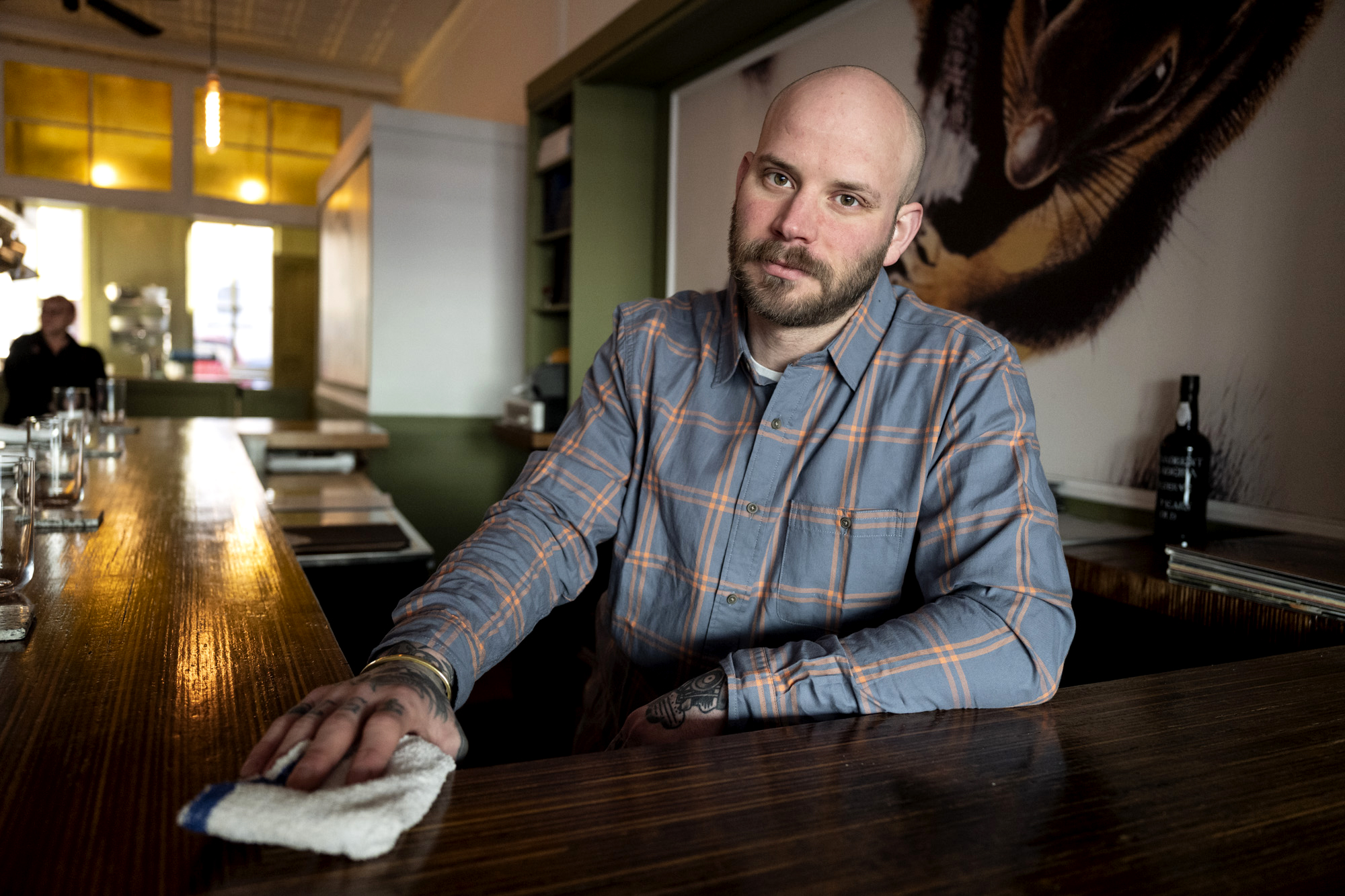
Who are you? My name is Chris Turgeon, and I'm the Executive Chef here at Wilde Beest.
How long have you been in Kingston? I've been in Kingston specifically for about eight months now. I am a habitual nomad. I really am from nowhere. I'm 35 years old and I've had 38 addresses, but I'm here by way of Chicago and Austin, Texas.
What gives you joy about Kingston? I like what's happening in Kingston right now. I like the intersection of culture. There's a lot of ex-patriots from the city and that's kind of running over a backbone of local folks. The way people seem to appreciate art in general here. There's kind of an unusual gathering of culture. Reminds me a lot of the way Austin felt when I first moved there in 2010. Kingston's got that same feeling. There's still opportunity here. You know, it's affordable for me, which is a big deal. And it's a cool place to be. And the longer I've been here, you know, it really is truly a small town. Folks know each other, and there's some surprising opportunities inherent to that, to how personal it can be. I think for me personally it's that I'll shine a little more than I might somewhere else. A little easier to stand out, a little harder to get lost in the mix. So, yeah, that's what I like about Kingston.
What, if anything, would you change about Kingston? I think there's an unfortunate number of open spaces in some areas. We're in the stockade district and there's some notably large holes in the street here. And I think there's some community anchor type businesses that could be a real asset to the community, and to anchoring, you know in particular Wall Street as a hub of the community. You know, I know a lot of that's been soaked up by outside investment. I'd love it if they became viable businesses and beautiful store front across the street that would be perfect for a local market of some kind. But Kingston's pretty cool, man. The parking situation could improve a little bit. How about that?
What is your secret hope for the future? When you start off your career as a cook, everything about what you do is dictation. You're being told exactly what now. And you cross a certain threshold with that understanding, and you start to get some points on the horizon to navigate by and you start to be able to learn by imitation. So you start imitating the people around you and ahead of you. And then if you're successful with that, then you start to understand enough of the puzzle to start to be able to build your own puzzles. So you start creation. And I think the vast majority of chefs in the world, end their careers there. My deep, heartfelt desire is to get to the point where I can start being part of the rare few that are innovating and adding something to the story of food somewhere, somehow. I'm in that process right now of actually saying my piece. And I think after a couple of years of listening to myself here, I'll hopefully have something to say that's relevant. So that's what I'm hoping. (Video interview below)
Visit Wilde Beest
Check back every week or so as we upload new interviews.
All photos and text ©Doug Menuez/Represented by Heather Elder: 314.931.7709 heather@heatherelder.com
Now Available: WILD PLACE: PEOPLE OF KINGSTON VOL. 1


